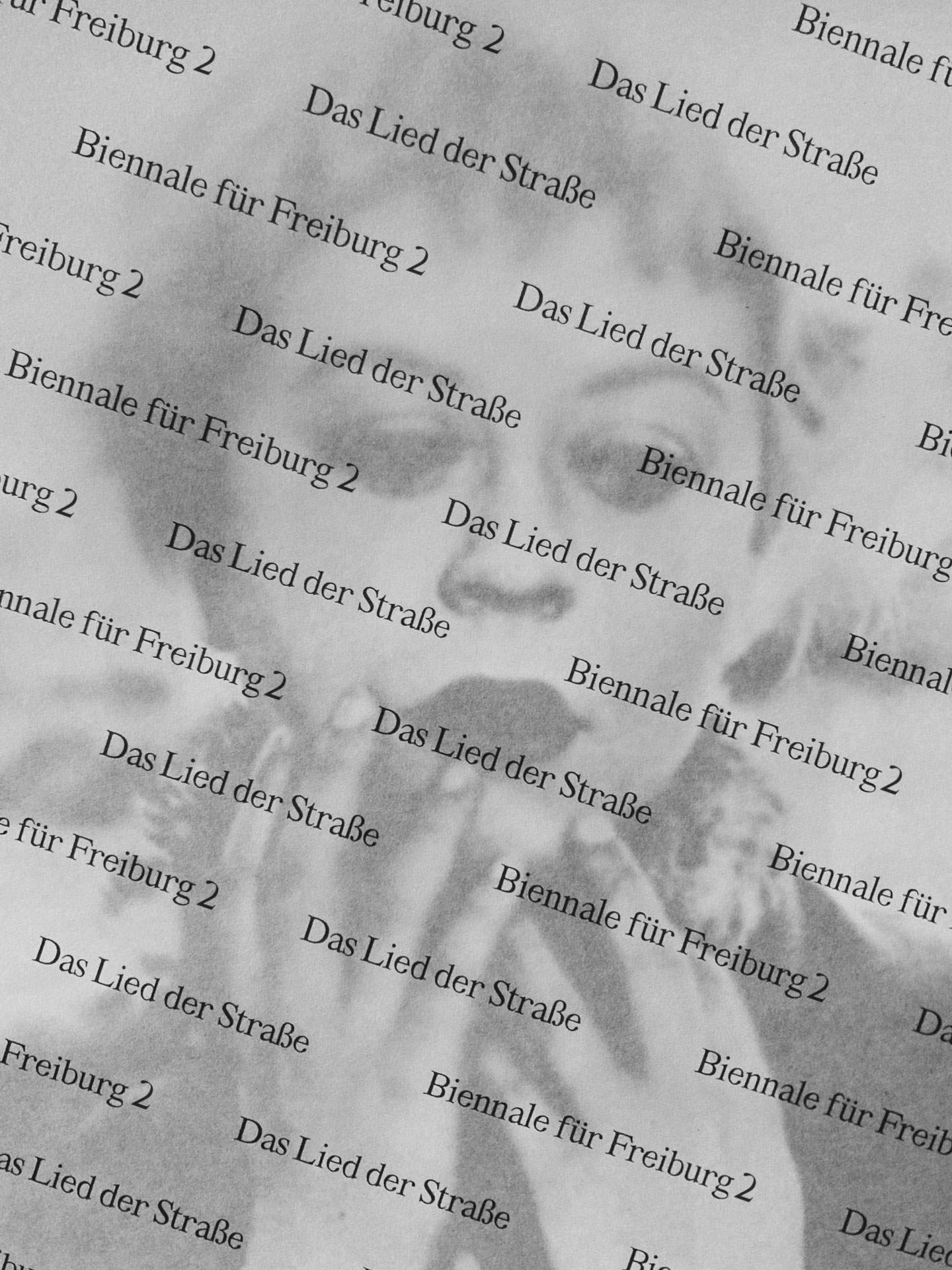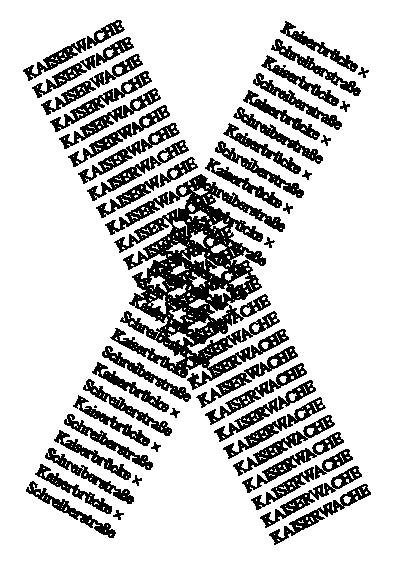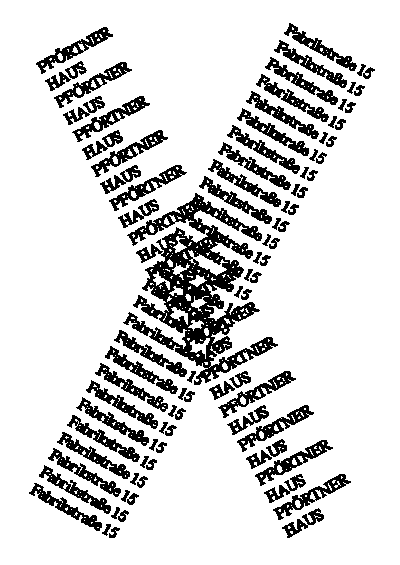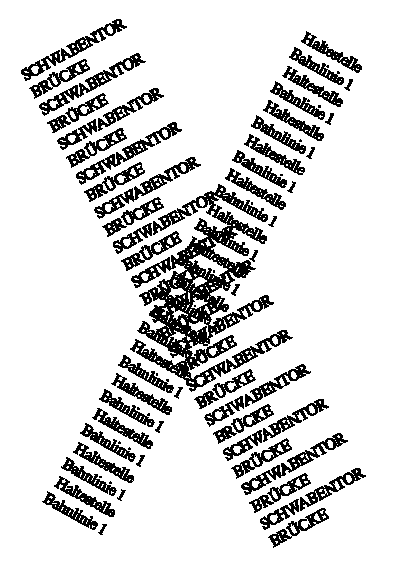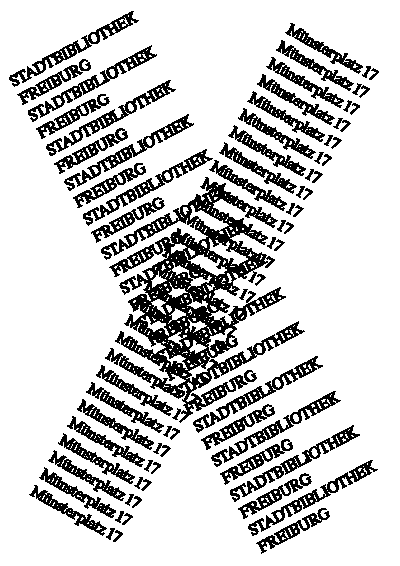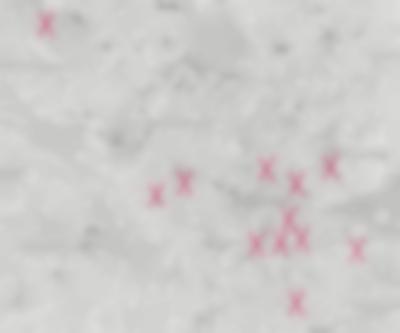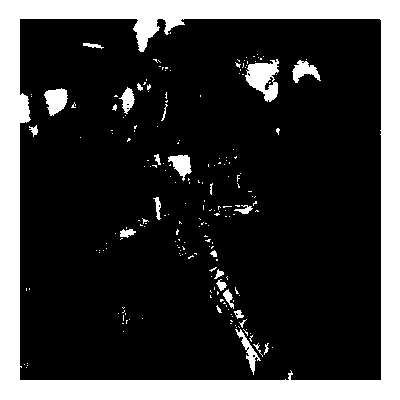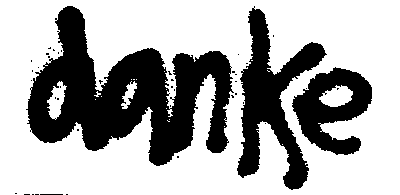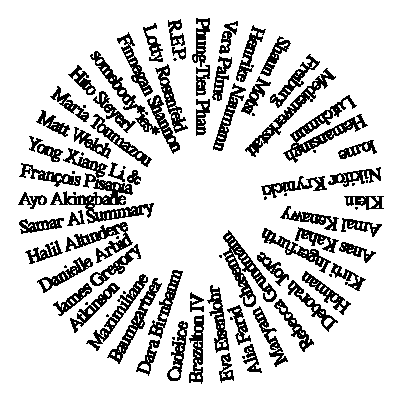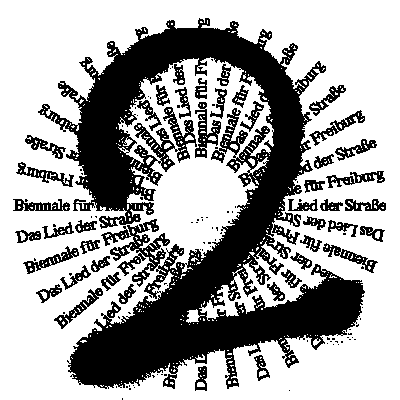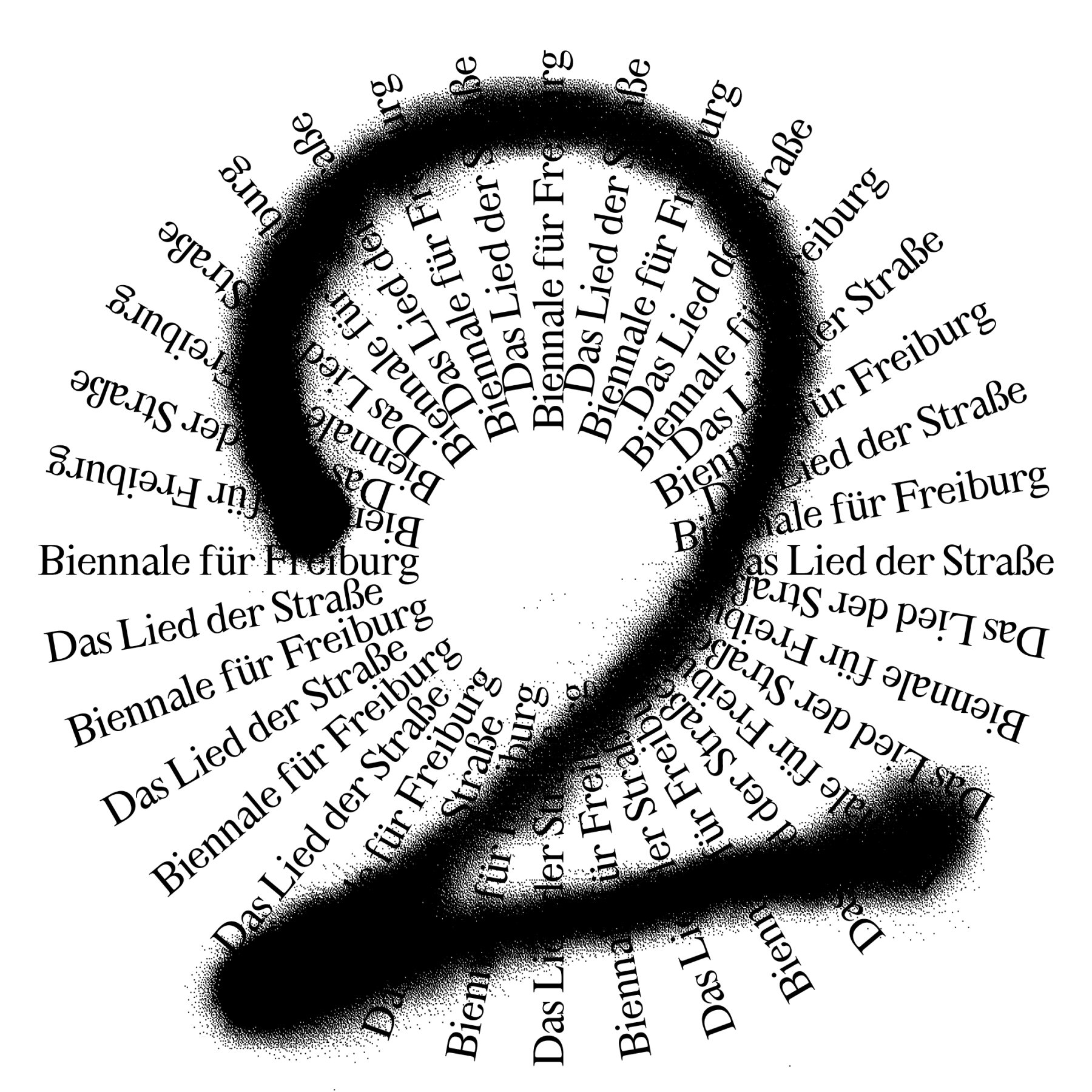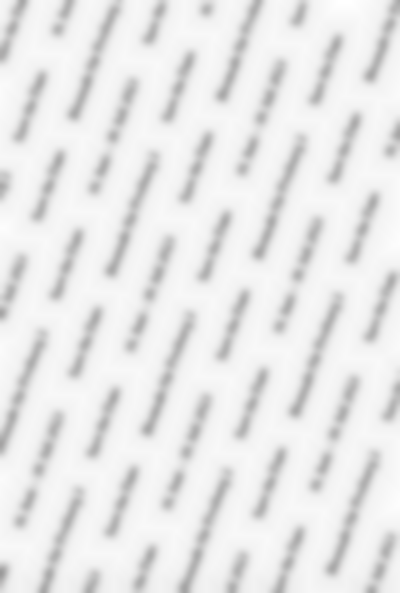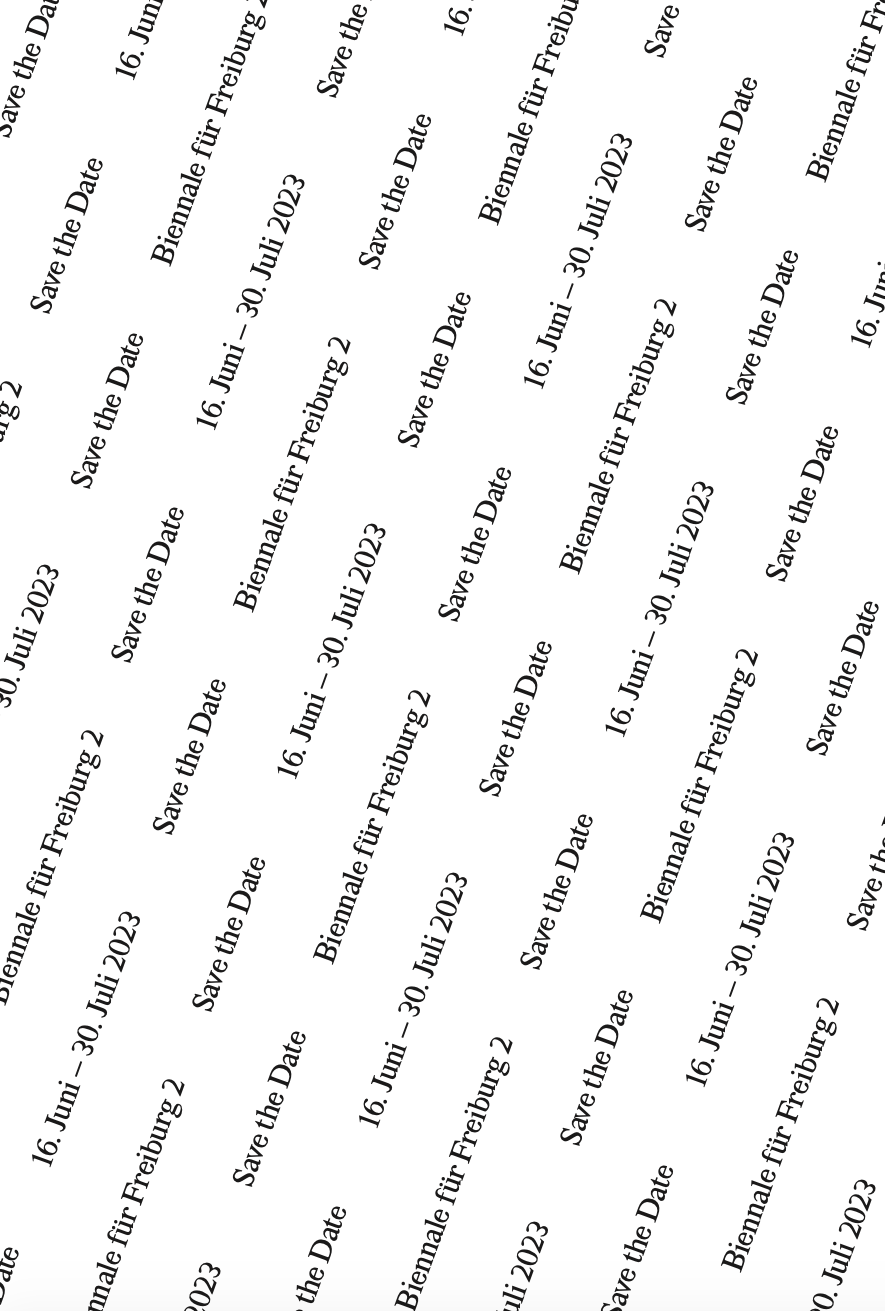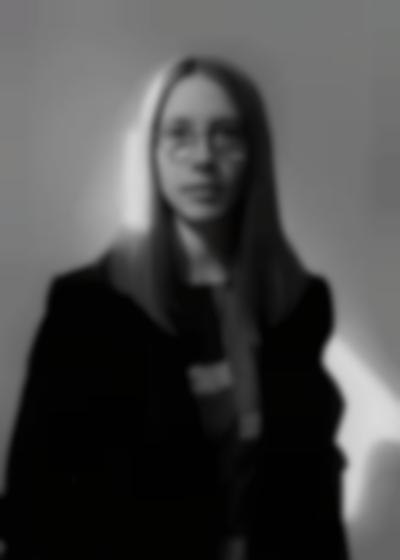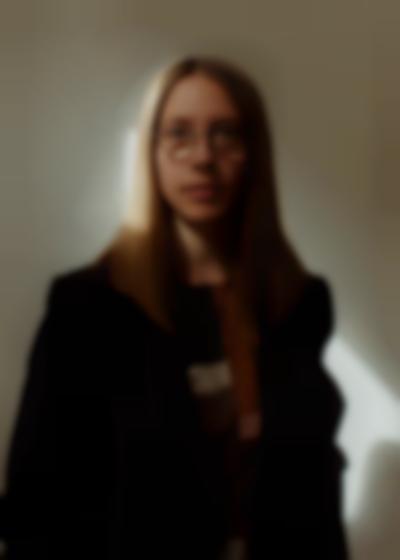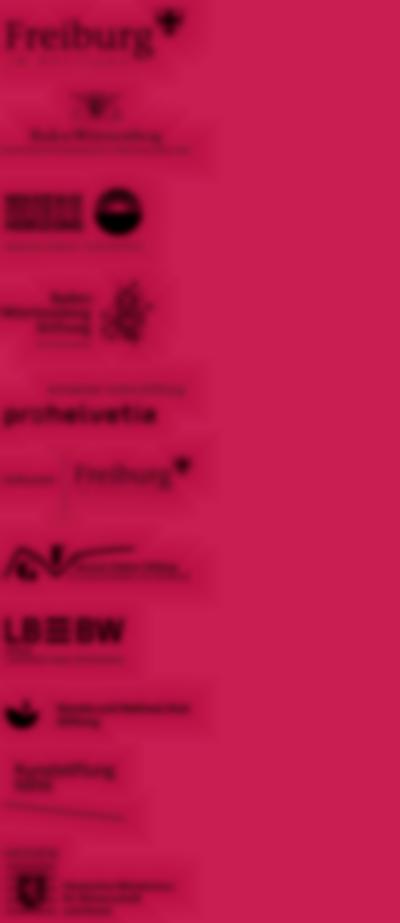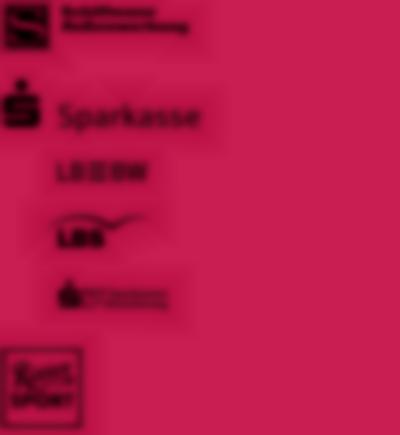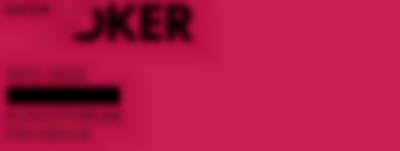Listening Session: Hip-Hop as communication tool and cultural heritage
Poolbar
29.07 / 20:00
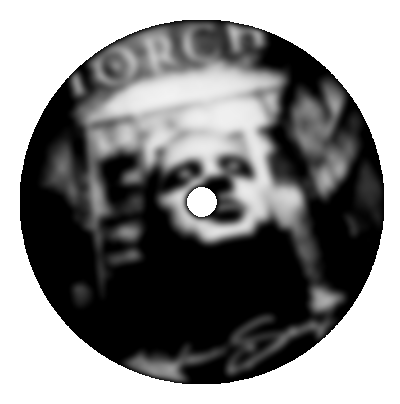
For the last Listening Session we travel to the beginnings of german hip-hop and talk about its social impact until today—with Torch!
… MoreListening Session: Hip-Hop as communication tool and cultural heritage
29.07.2023 / 20:00 / Poolbar

LISTENING SESSION with Torch at Poolbar.
Photo: Marc Doradzillo, © Biennale für Freiburg 2
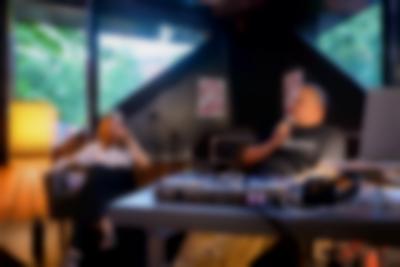
Paula Kommoss (Artistic Director, Biennale für Freiburg 2) in conversation with Torch.
Photo: Marc Doradzillo, © Biennale für Freiburg 2
LISTENING SESSION:
HIP-HOP AS COMMUNICATION TOOL AND CULTURAL HERITAGE WITH TORCH
Saturday, July 29, 2023, 8 p.m.
Poolbar, Faulerstraße 1, 79098 Freiburg
Hip-hop is more than just a music genre—hip-hop is a means of political expression, lifestyle, and attitude. As an artistic and musical medium, it began to influence music production and culture in Germany in the 1980s. For the final LISTENING SESSION, accompanied by Torch we will travel to the beginnings of German hip-hop and talk about its social impact to this day.
Torch was the first to freestyle in German. Together with the music group Advanced Chemistry, he laid the foundations of hip-hop culture in Germany. This year, Heidelberg hip-hop was declared a UNESCO cultural heritage site.
Torch is a central networking figure within the German hip-hop scene and is active as a rapper, musician, and author. He will provide insights into how hip-hop works as a language and means of communication and what intentions and visions open up within it—and there will be more to hear in the DJ set that follows!
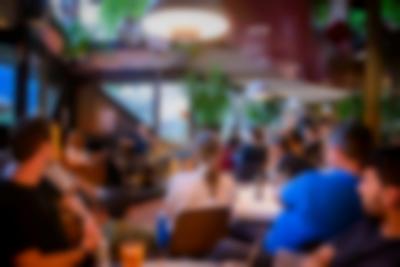
Photo: Marc Doradzillo, © Biennale für Freiburg 2
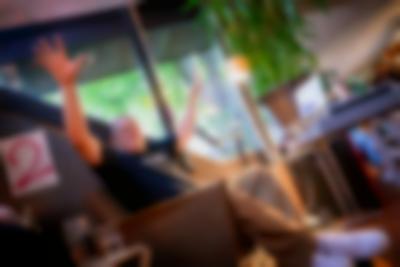
Photo: Marc Doradzillo, © Biennale für Freiburg 2
The LISTENING SESSIONS offer a framework for communally experiencing and reflecting on the relationship between the street and music. Invited artists and musicians bring selected pieces of music and share their knowledge about their genesis, composition, and cultural implications. Each event is dedicated to a different musical genre and temporal context—such as jazz, feminist punk, the beginnings of German hip-hop, or music in the context of Freiburg’s squatter scene.
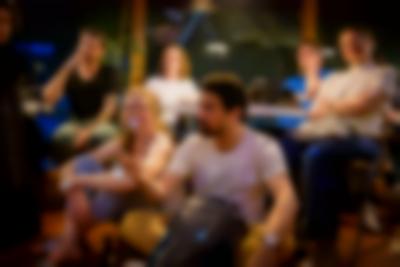
Photo: Marc Doradzillo, © Biennale für Freiburg 2
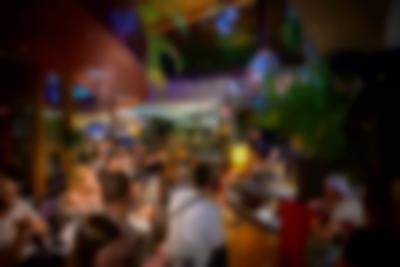
Photo: Marc Doradzillo, © Biennale für Freiburg 2

Photo: Marc Doradzillo, © Biennale für Freiburg 2
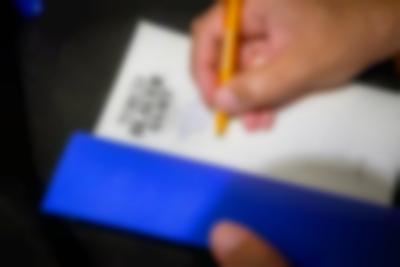
Photo: Marc Doradzillo, © Biennale für Freiburg 2

Photo: Marc Doradzillo, © Biennale für Freiburg 2
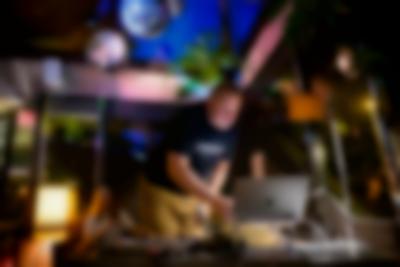
Photo: Marc Doradzillo, © Biennale für Freiburg 2

Photo: Marc Doradzillo, © Biennale für Freiburg 2

Photo: Marc Doradzillo, © Biennale für Freiburg 2
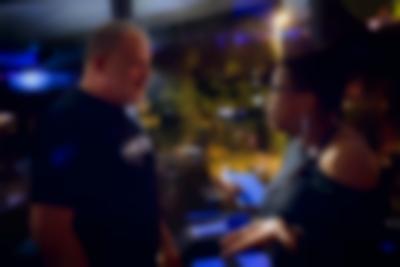
Photo: Marc Doradzillo, © Biennale für Freiburg 2

Photo: Marc Doradzillo, © Biennale für Freiburg 2
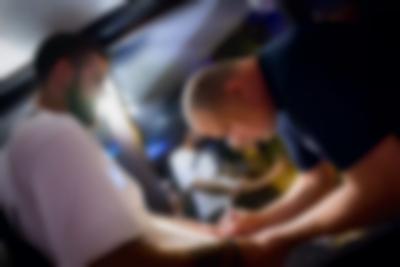
Photo: Marc Doradzillo, © Biennale für Freiburg 2
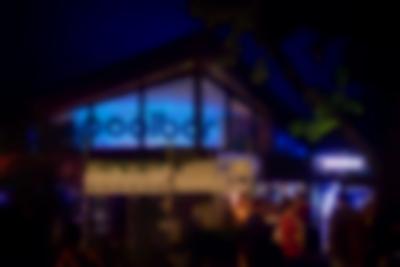
Photo: Marc Doradzillo, © Biennale für Freiburg 2
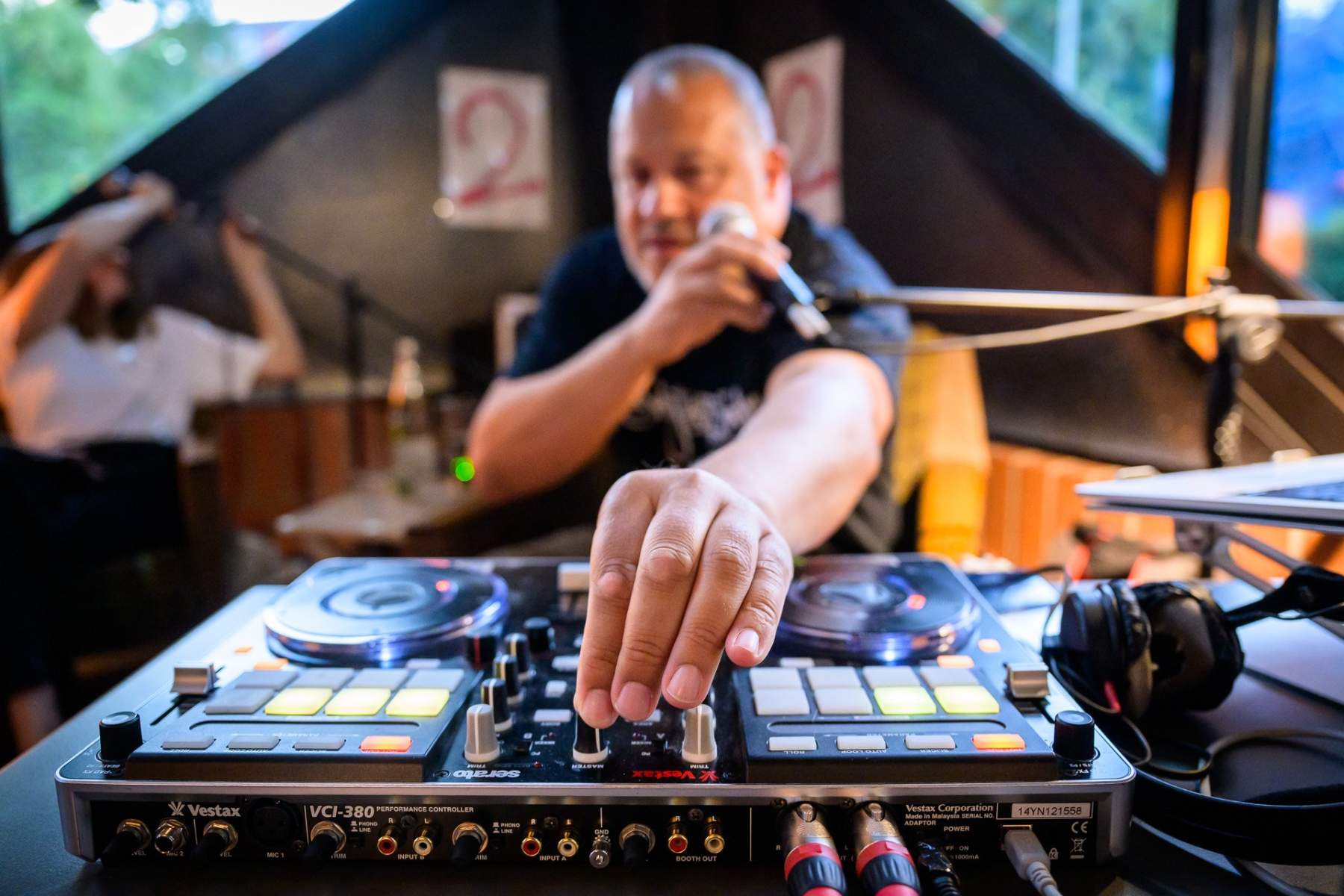

LISTENING SESSION with Torch at Poolbar.
Photo: Marc Doradzillo, © Biennale für Freiburg 2
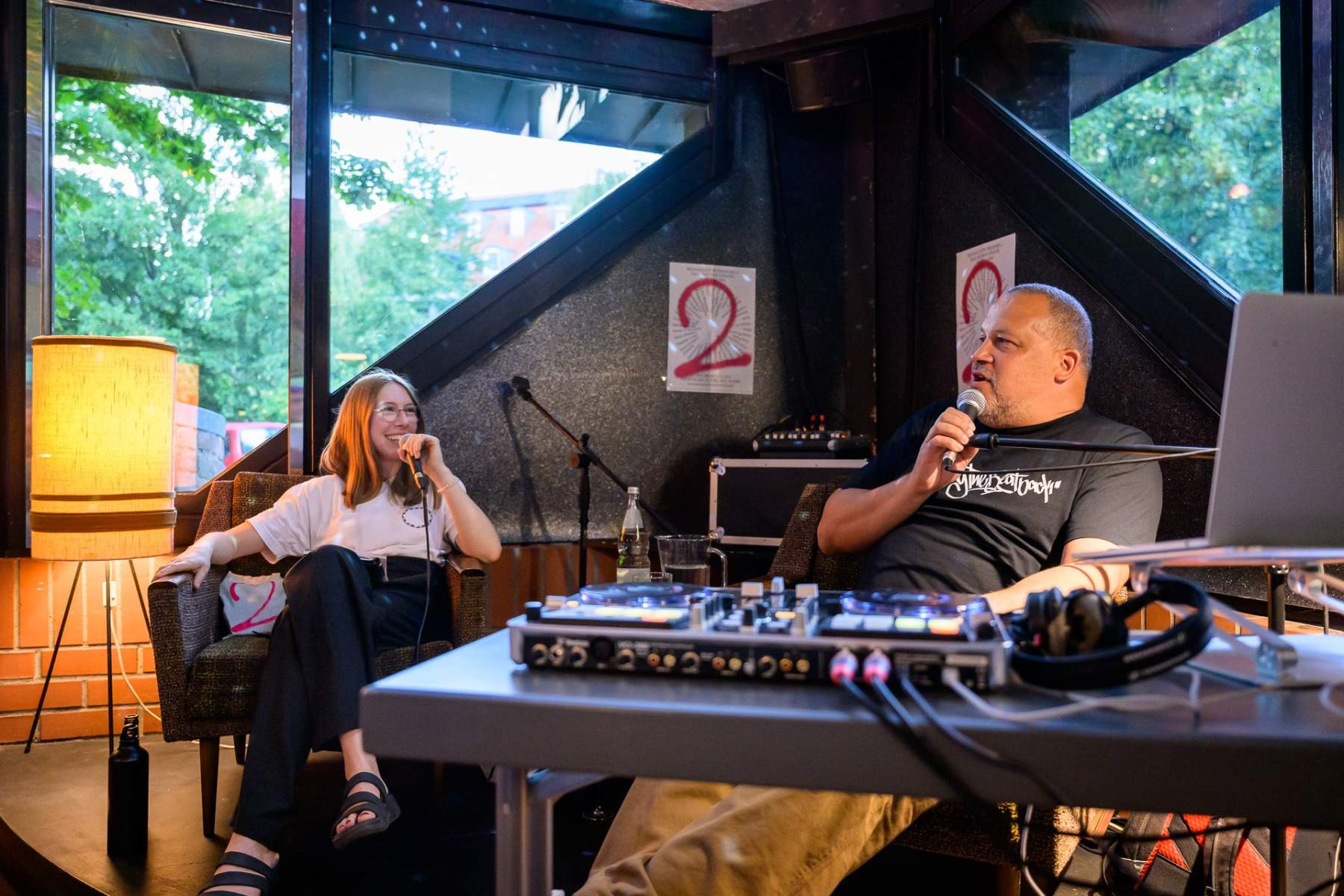

Paula Kommoss (Artistic Director, Biennale für Freiburg 2) in conversation with Torch.
Photo: Marc Doradzillo, © Biennale für Freiburg 2
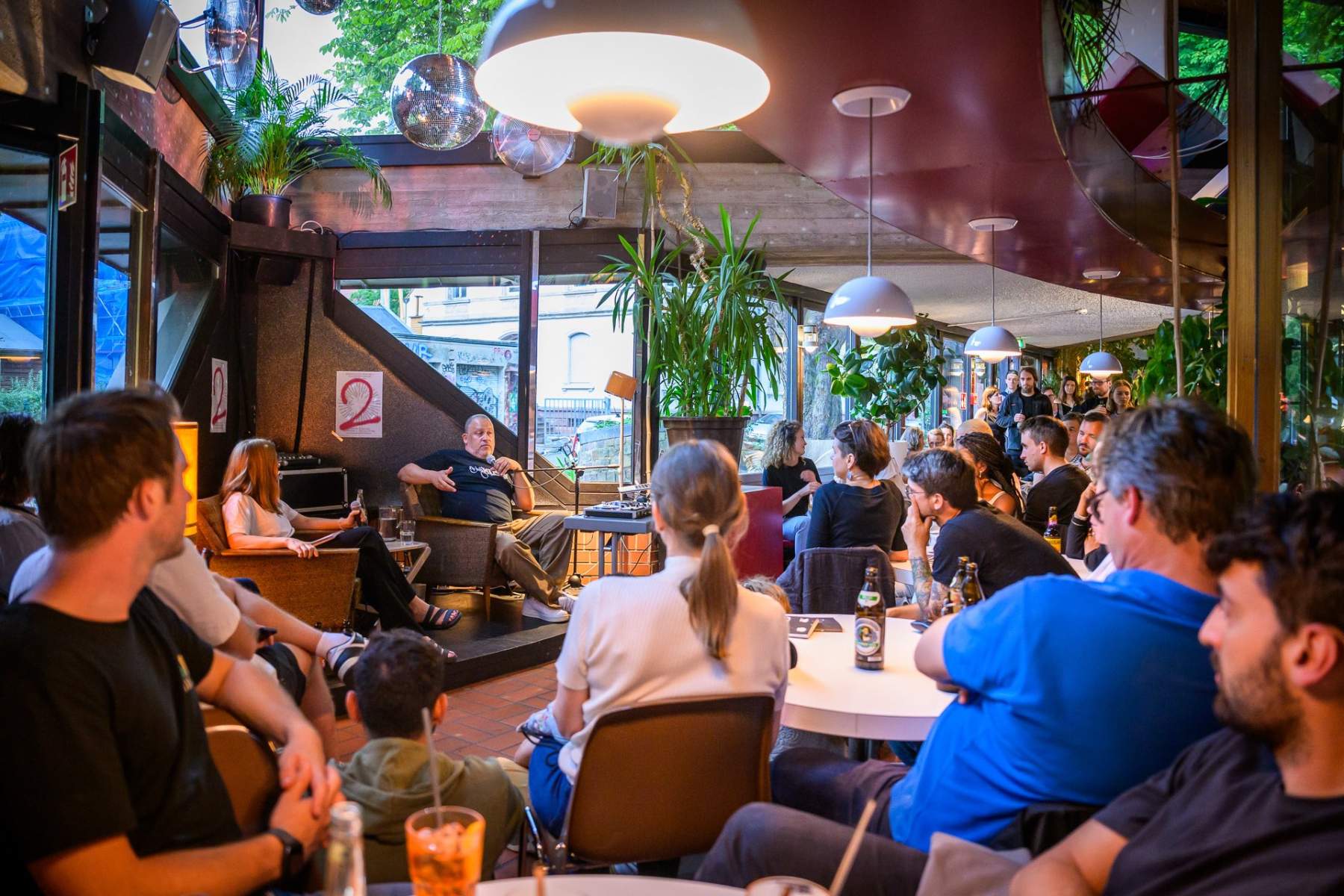

Photo: Marc Doradzillo, © Biennale für Freiburg 2
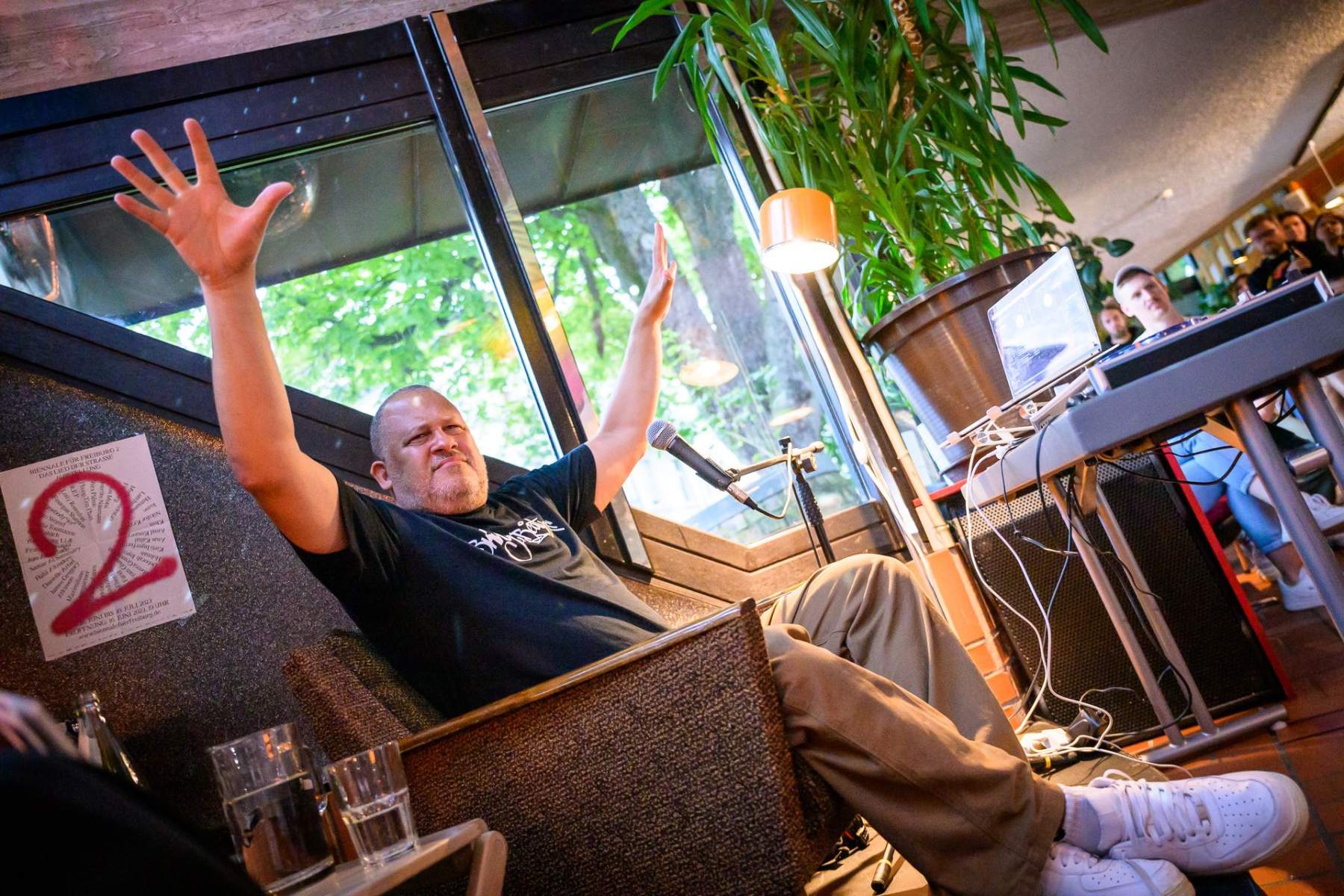

Photo: Marc Doradzillo, © Biennale für Freiburg 2
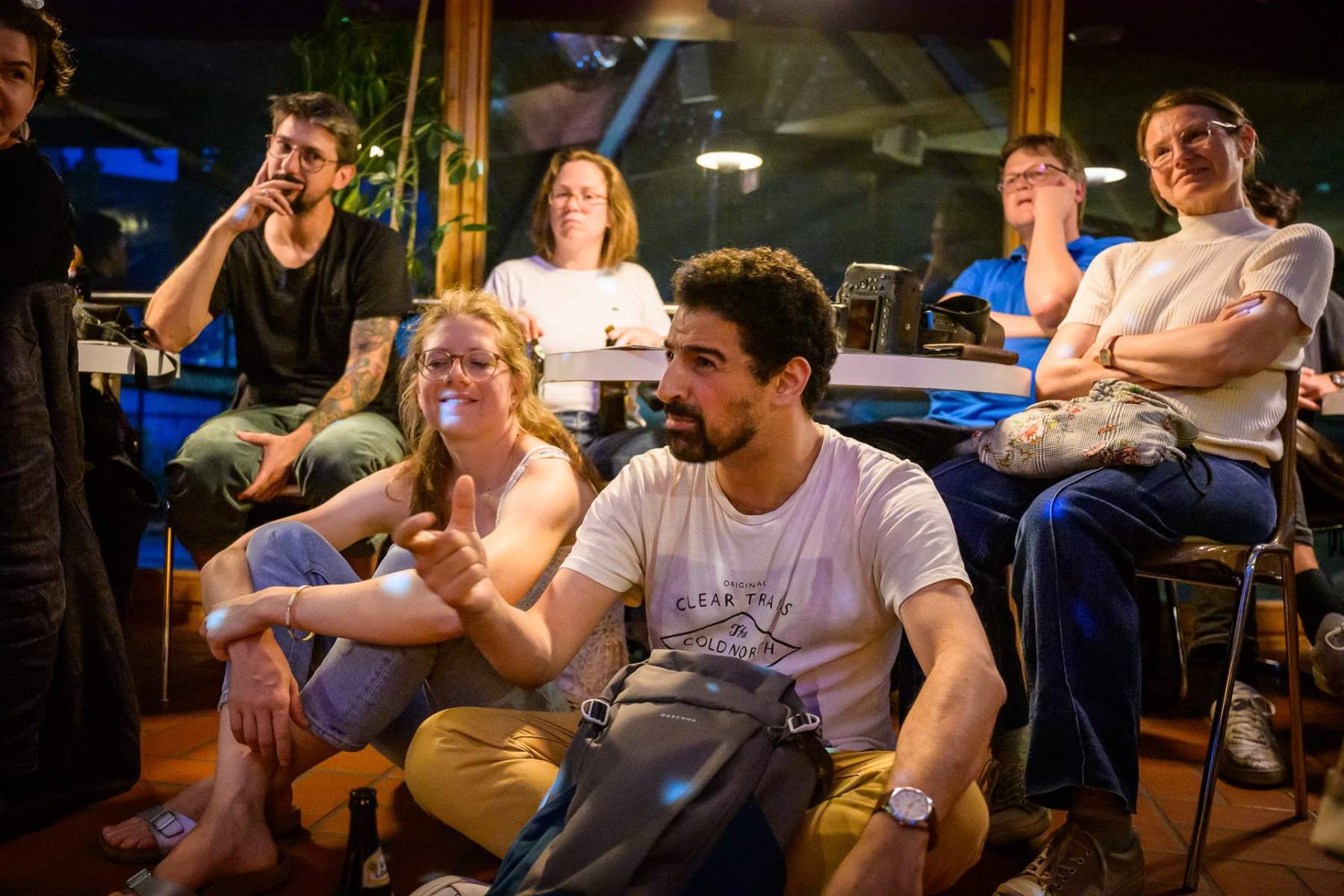

Photo: Marc Doradzillo, © Biennale für Freiburg 2
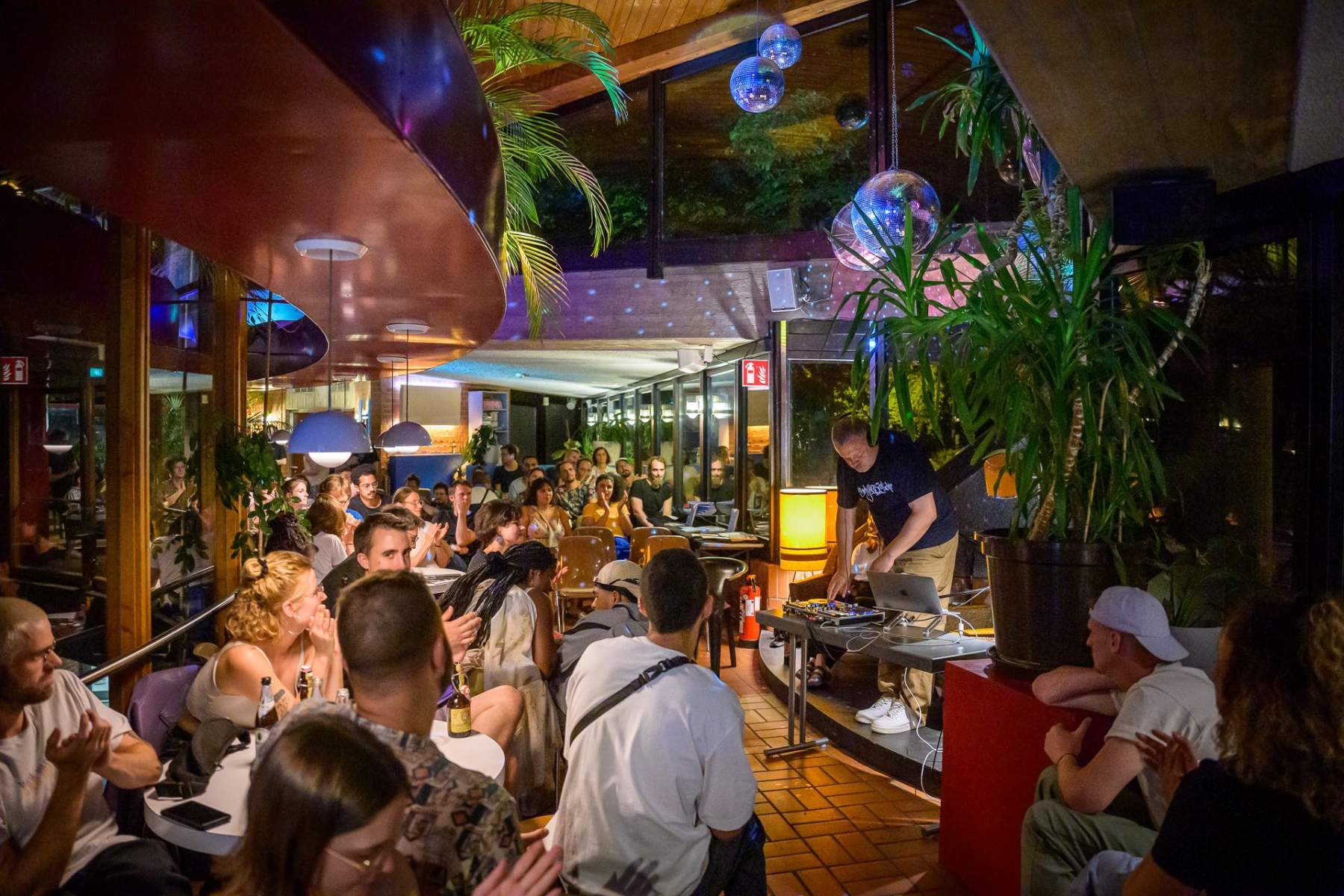

Photo: Marc Doradzillo, © Biennale für Freiburg 2
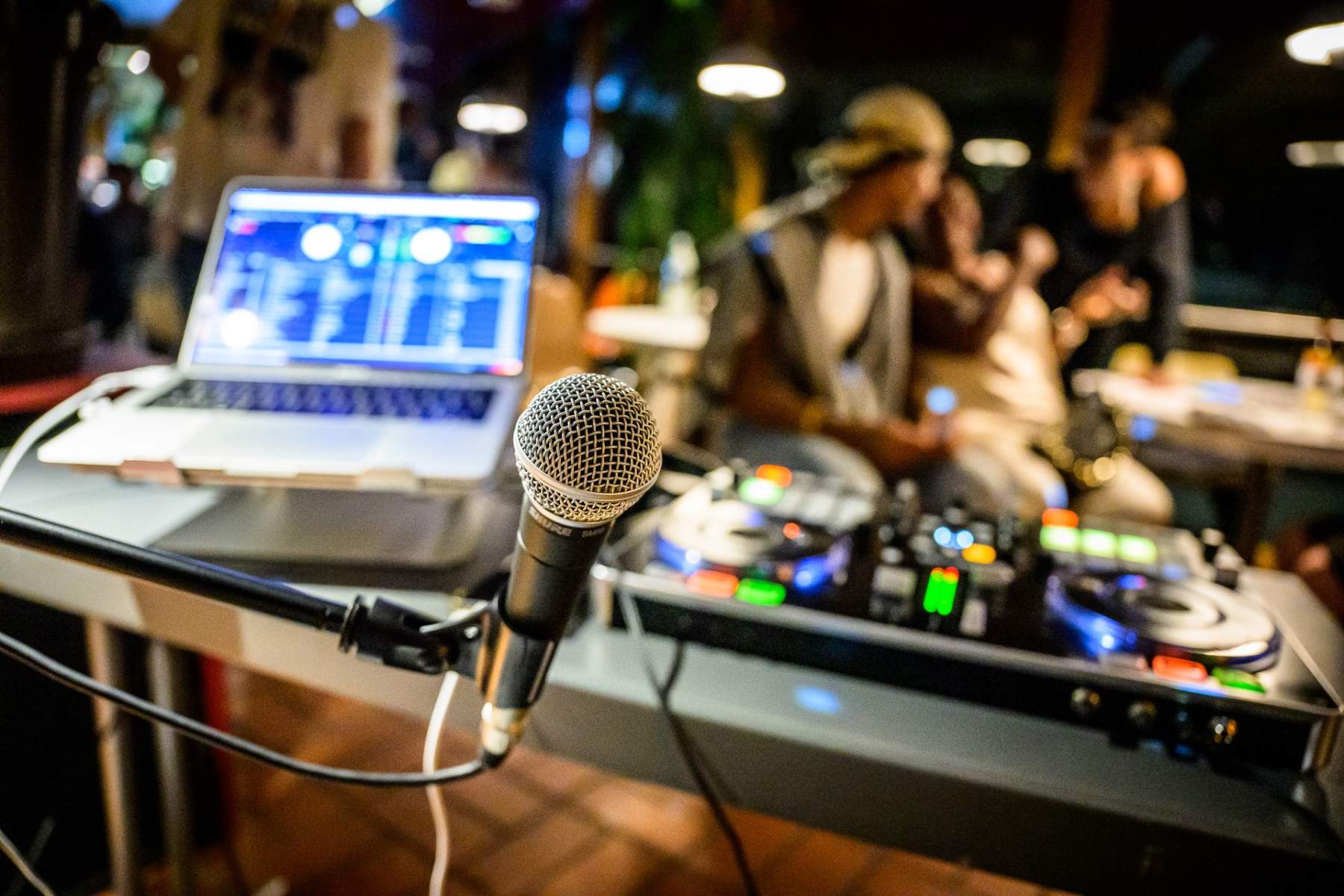

Photo: Marc Doradzillo, © Biennale für Freiburg 2
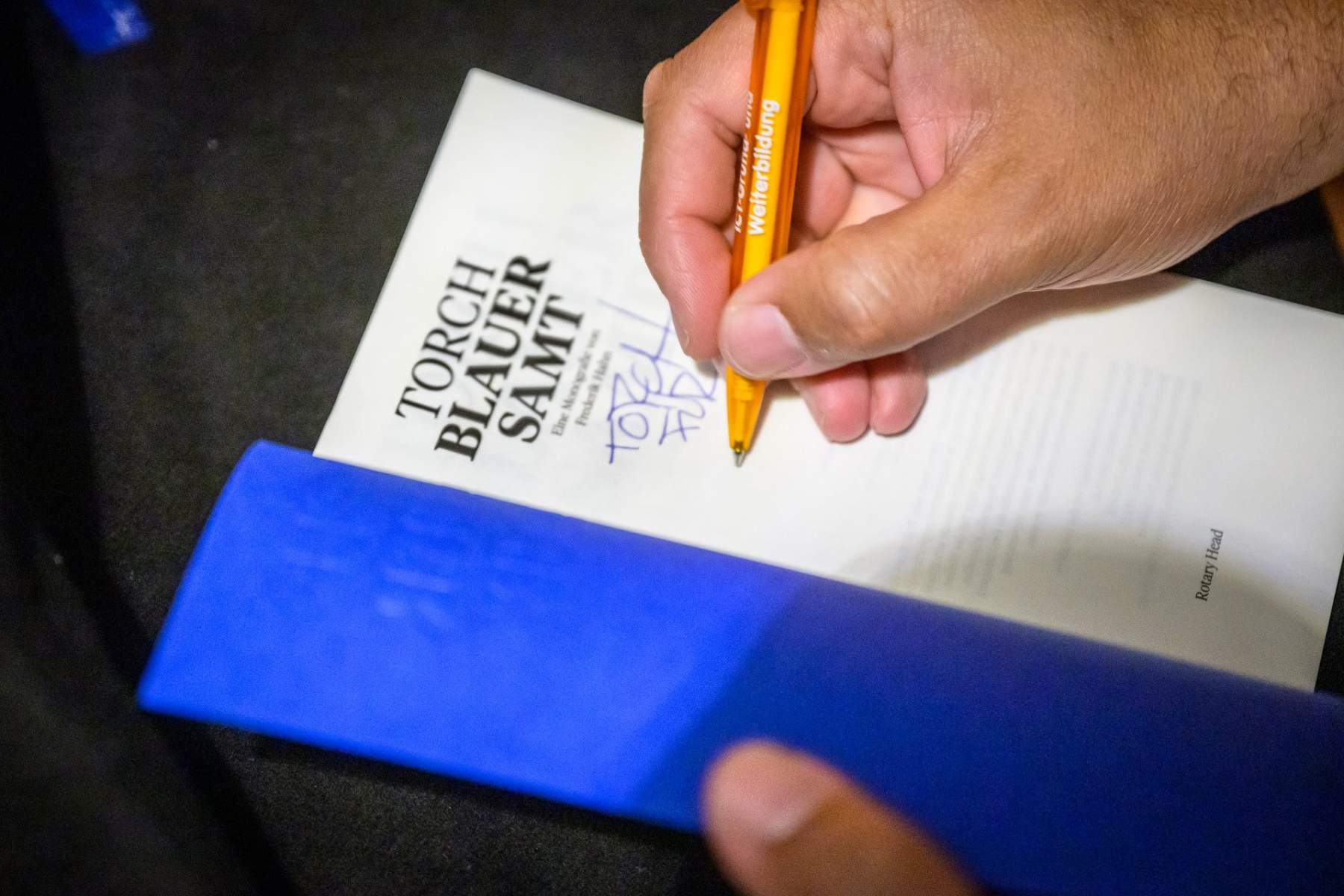

Photo: Marc Doradzillo, © Biennale für Freiburg 2
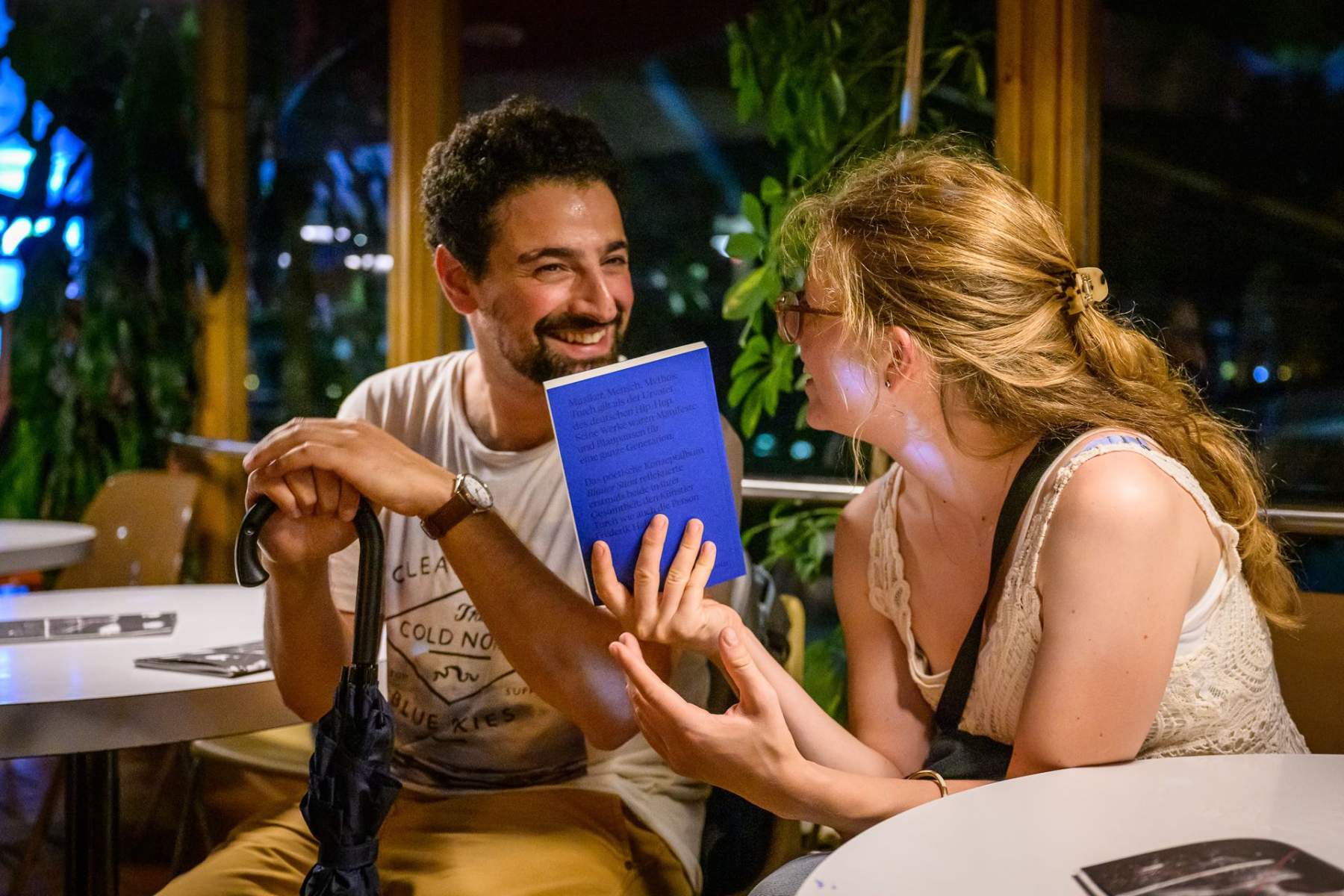

Photo: Marc Doradzillo, © Biennale für Freiburg 2
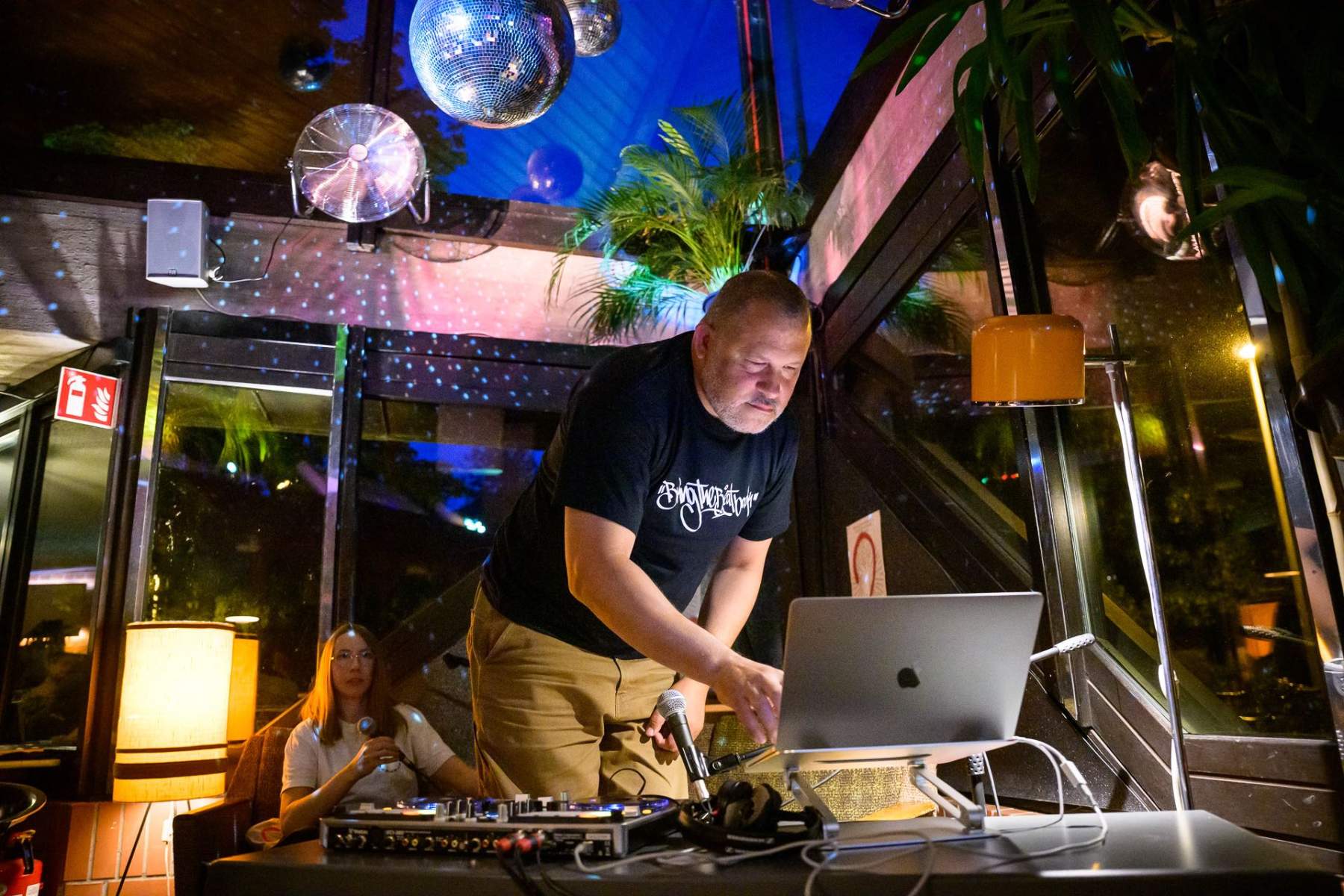

Photo: Marc Doradzillo, © Biennale für Freiburg 2
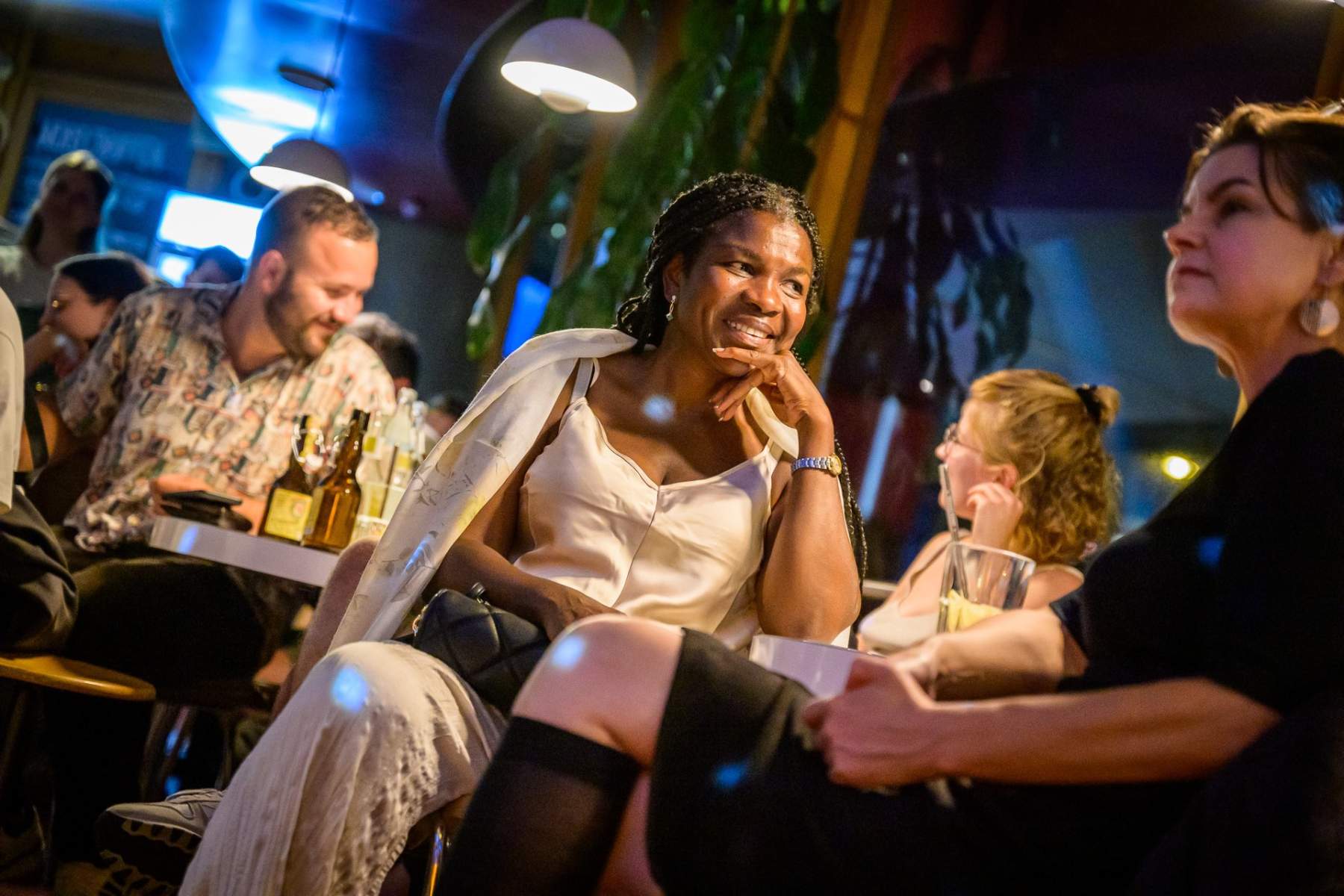

Photo: Marc Doradzillo, © Biennale für Freiburg 2
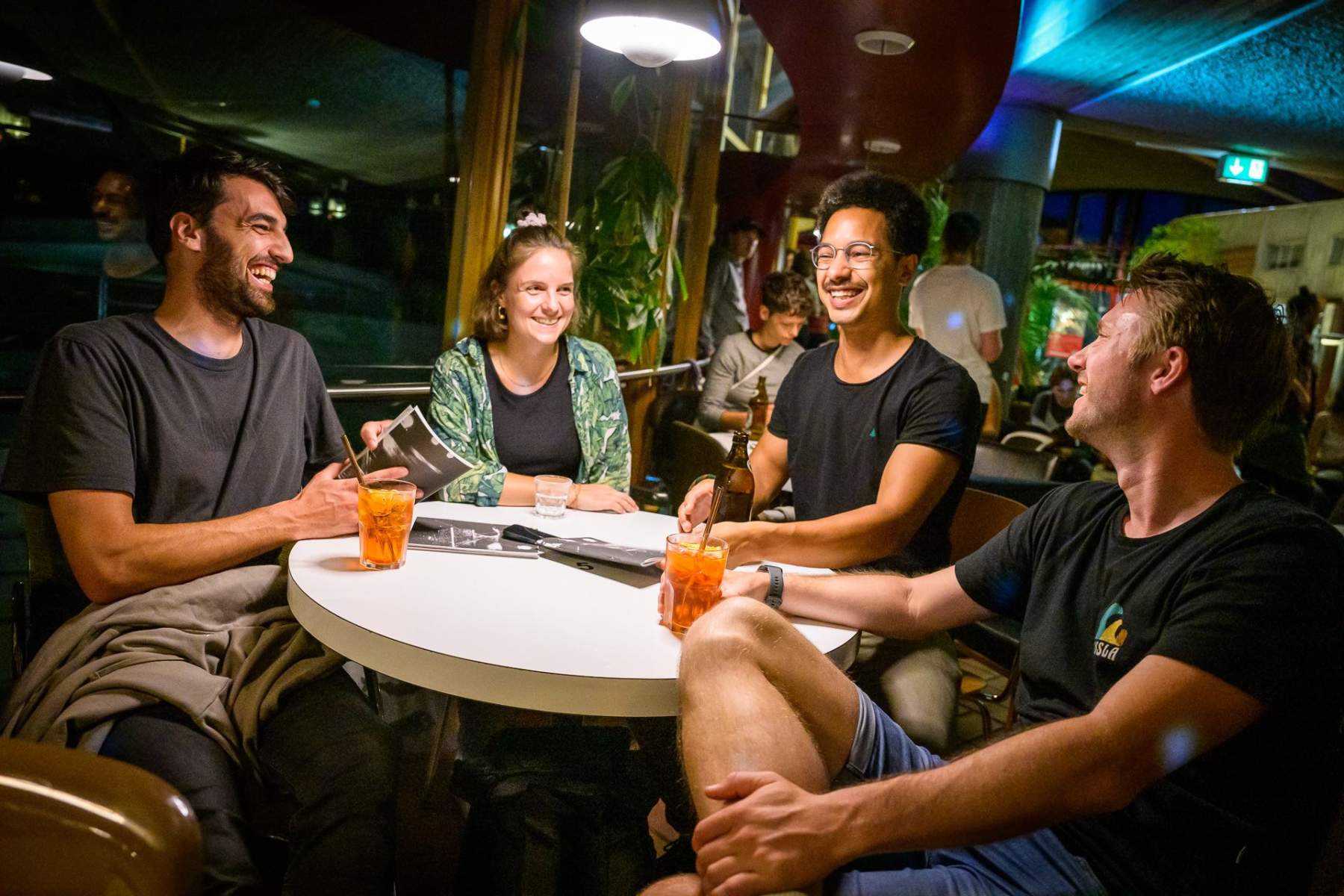

Photo: Marc Doradzillo, © Biennale für Freiburg 2
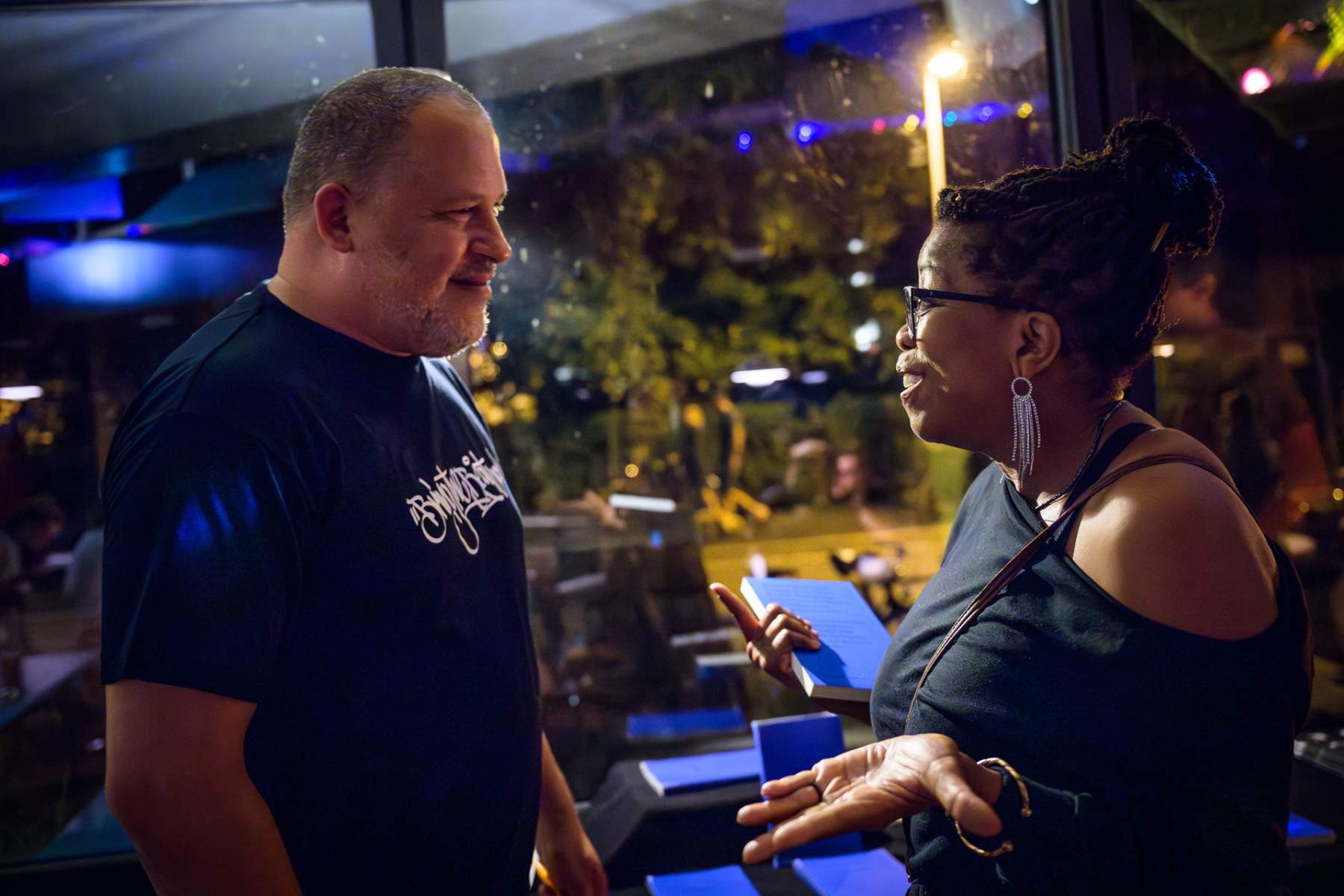

Photo: Marc Doradzillo, © Biennale für Freiburg 2


Photo: Marc Doradzillo, © Biennale für Freiburg 2
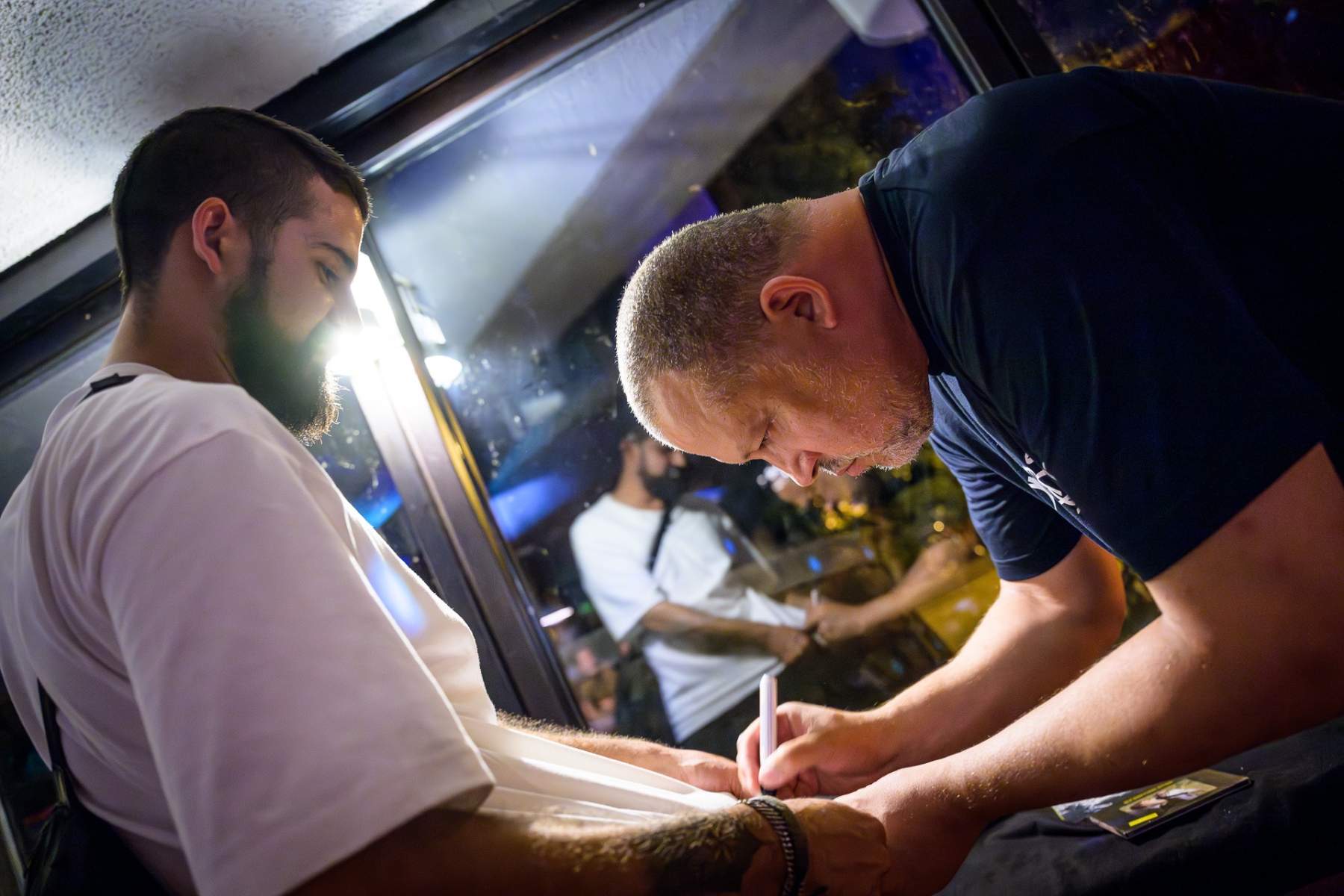

Photo: Marc Doradzillo, © Biennale für Freiburg 2
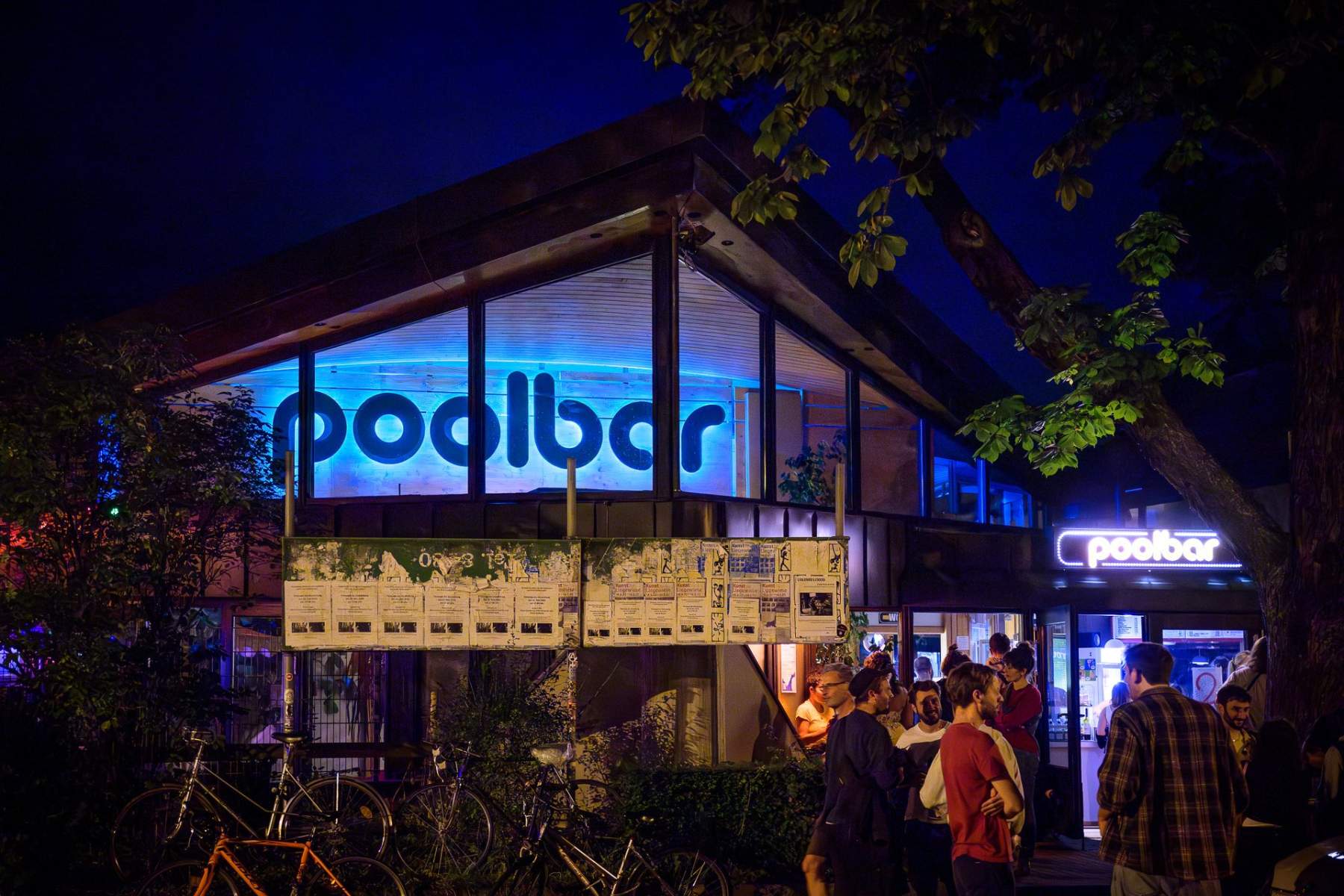

Photo: Marc Doradzillo, © Biennale für Freiburg 2
Public Tour
Kunstverein Freiburg
29.07 / 14:00
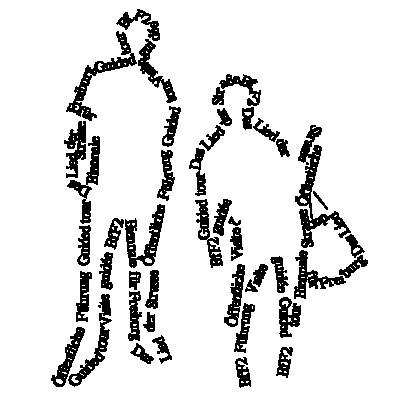
Public tour through the exhibition
… MorePublic Tour
29.07.2023 / 14:00 / Kunstverein Freiburg
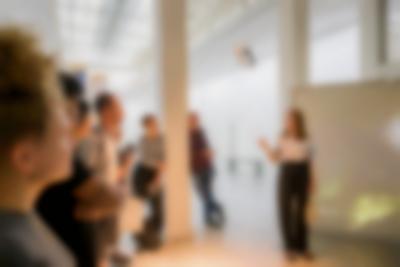
Paula Kommoss (Artistic Director, Biennale für Freiburg 2) guides through the exhibition at Kunstverein Freiburg.
Photo: Marc Doradzillo, © Biennale für Freiburg 2
Public tour through the exhibition
Saturday, July 29, 2023, 2 p.m.
Meeting point: Kunstverein Freiburg, Dreisamstr. 21, 79098 Freiburg
Participation is free of charge.
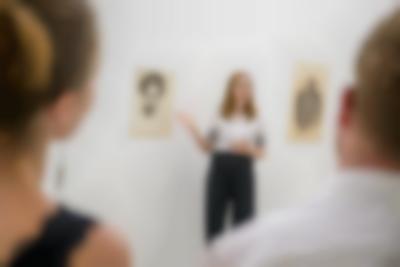
Paula Kommoss explains the work of Eva Eisenlohr.
Photo: Marc Doradzillo, © Biennale für Freiburg 2
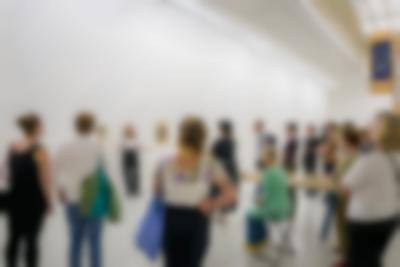
Photo: Marc Doradzillo, © Biennale für Freiburg 2
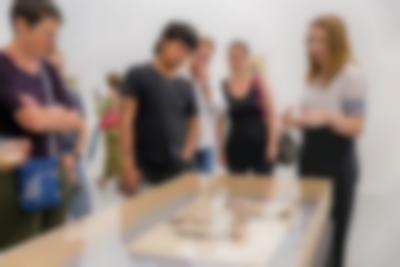
Photo: Marc Doradzillo, © Biennale für Freiburg 2
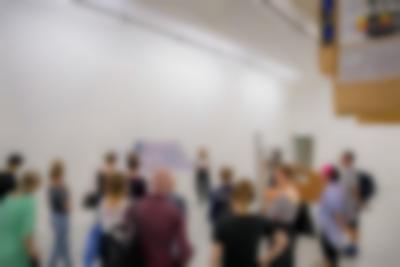
Photo: Marc Doradzillo, © Biennale für Freiburg 2
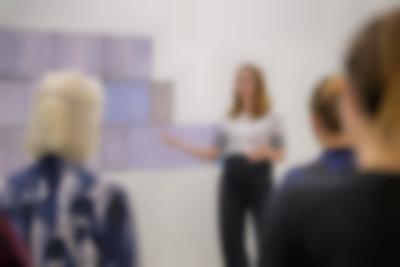
Paula Kommoss gives insights into the WALL NEWSPAPER by Maximiliane Baumgartner.
Photo: Marc Doradzillo, © Biennale für Freiburg 2
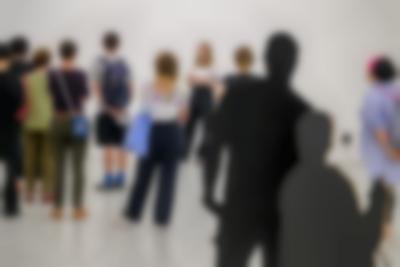
View of silhouettes by Deborah Joyce Holman.
Photo: Marc Doradzillo, © Biennale für Freiburg 2
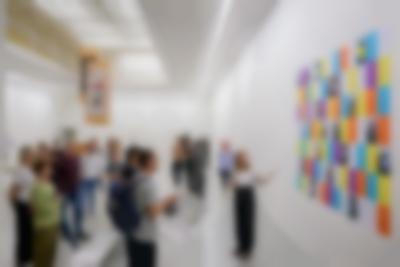
In front of Finnegan Shannon’s work.
Photo: Marc Doradzillo, © Biennale für Freiburg 2
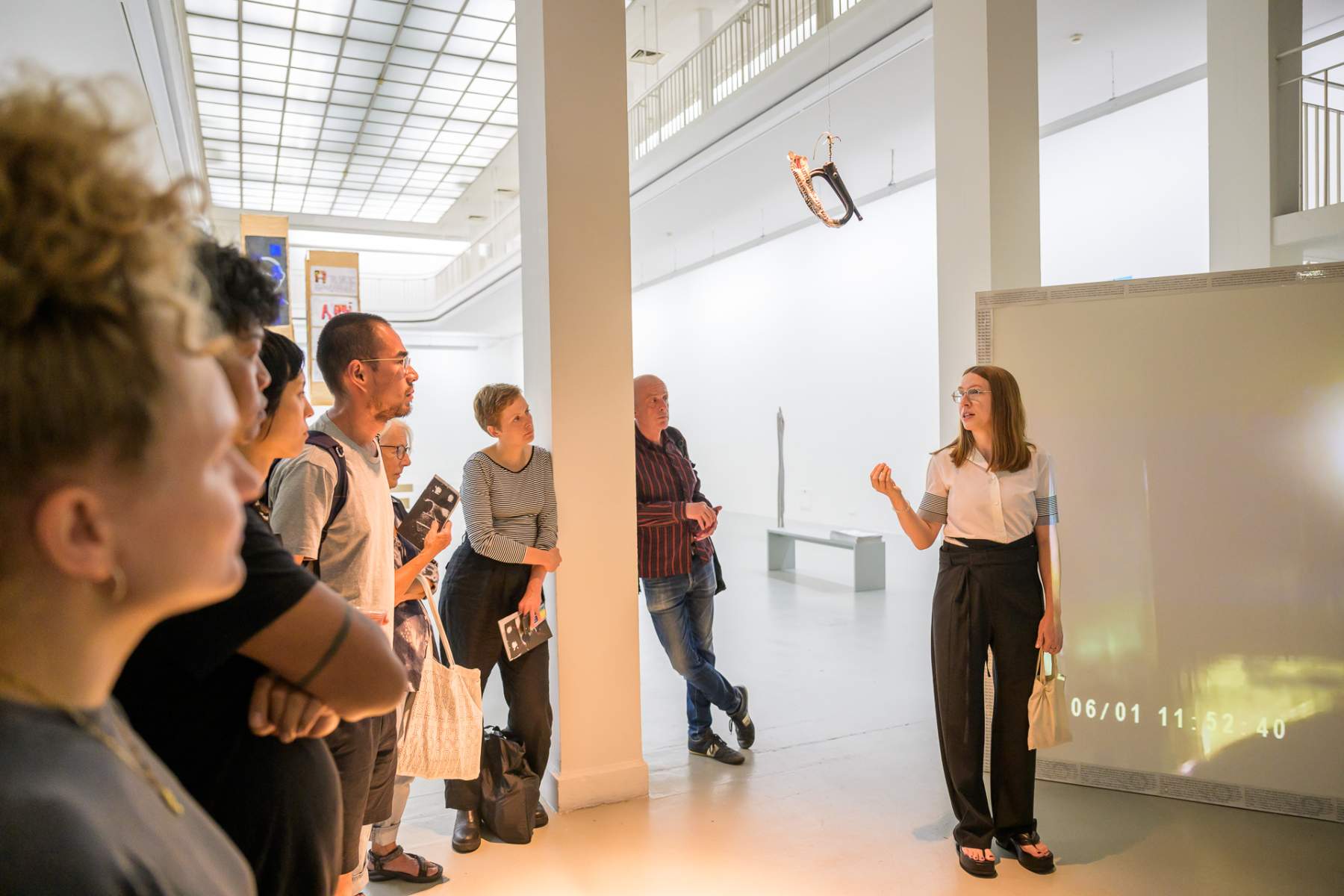

Paula Kommoss (Artistic Director, Biennale für Freiburg 2) guides through the exhibition at Kunstverein Freiburg.
Photo: Marc Doradzillo, © Biennale für Freiburg 2
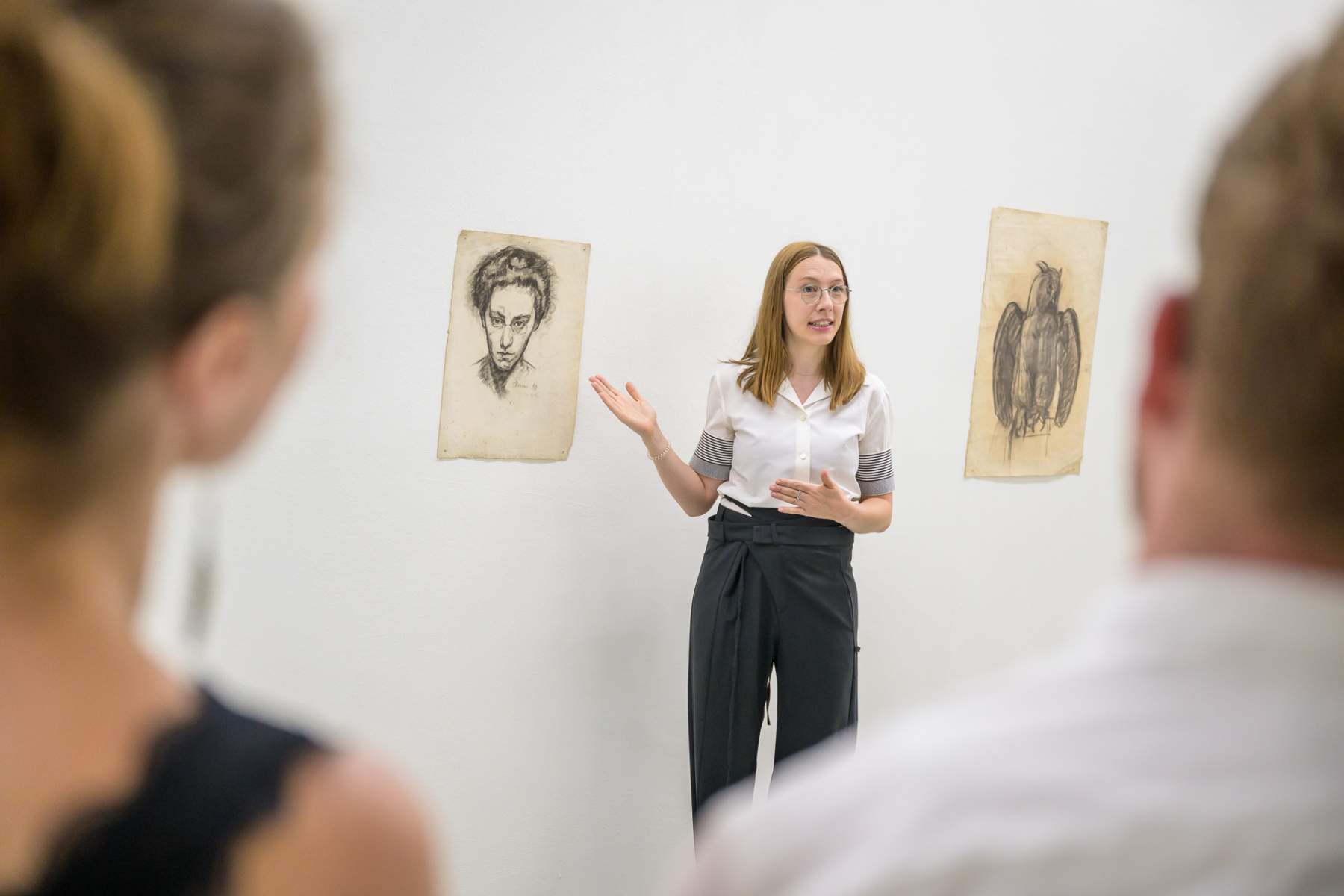

Paula Kommoss explains the work of Eva Eisenlohr.
Photo: Marc Doradzillo, © Biennale für Freiburg 2
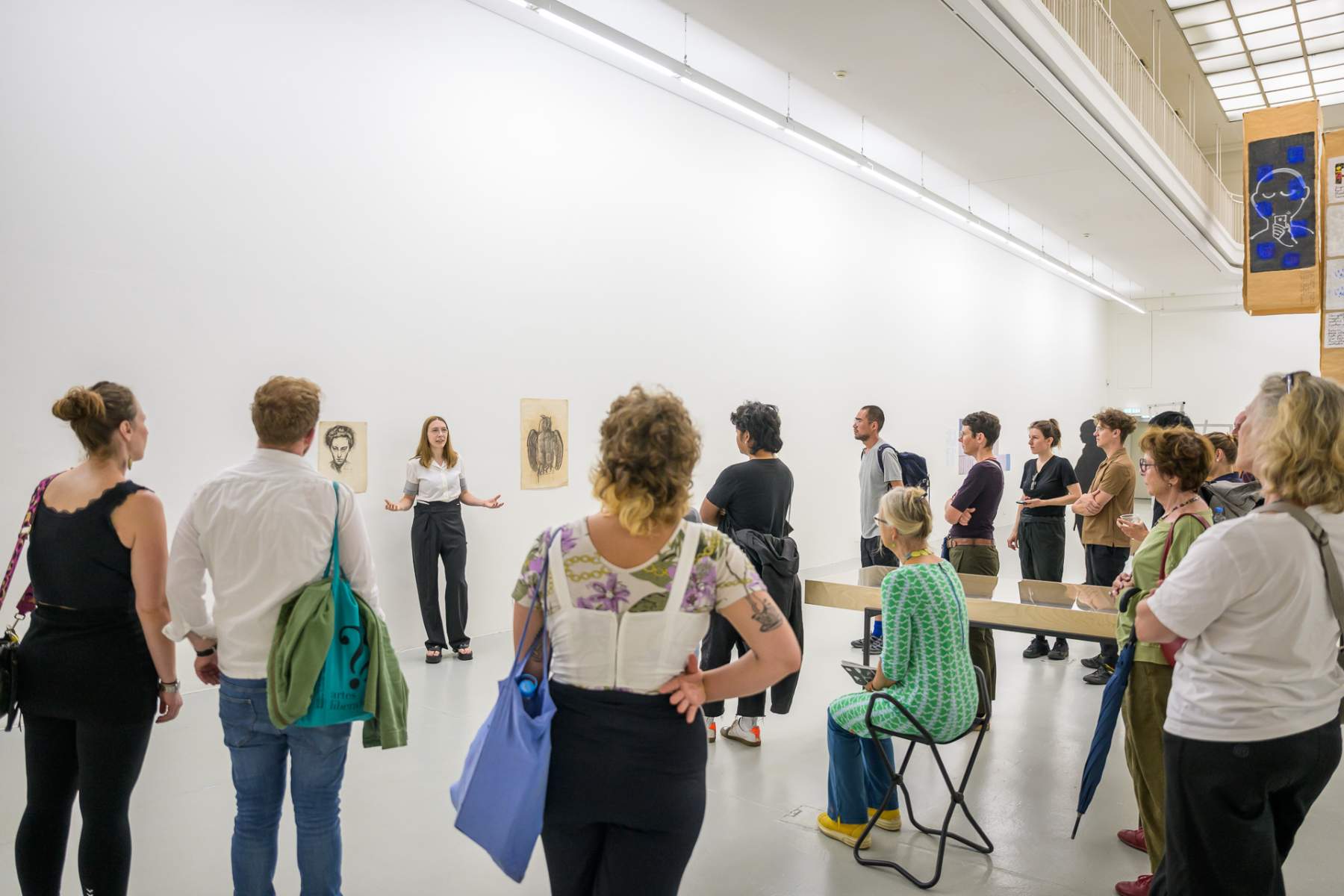

Photo: Marc Doradzillo, © Biennale für Freiburg 2
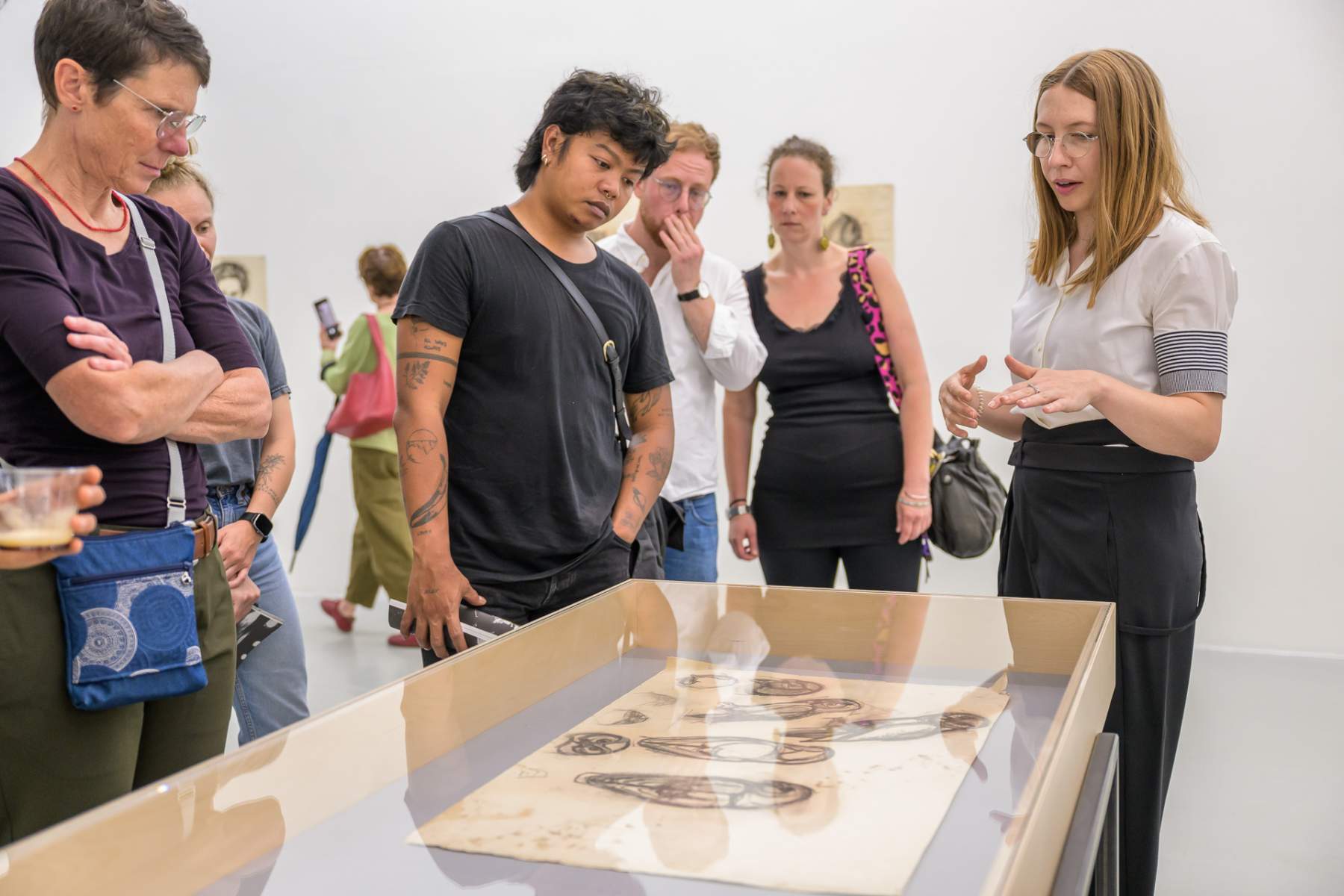

Photo: Marc Doradzillo, © Biennale für Freiburg 2
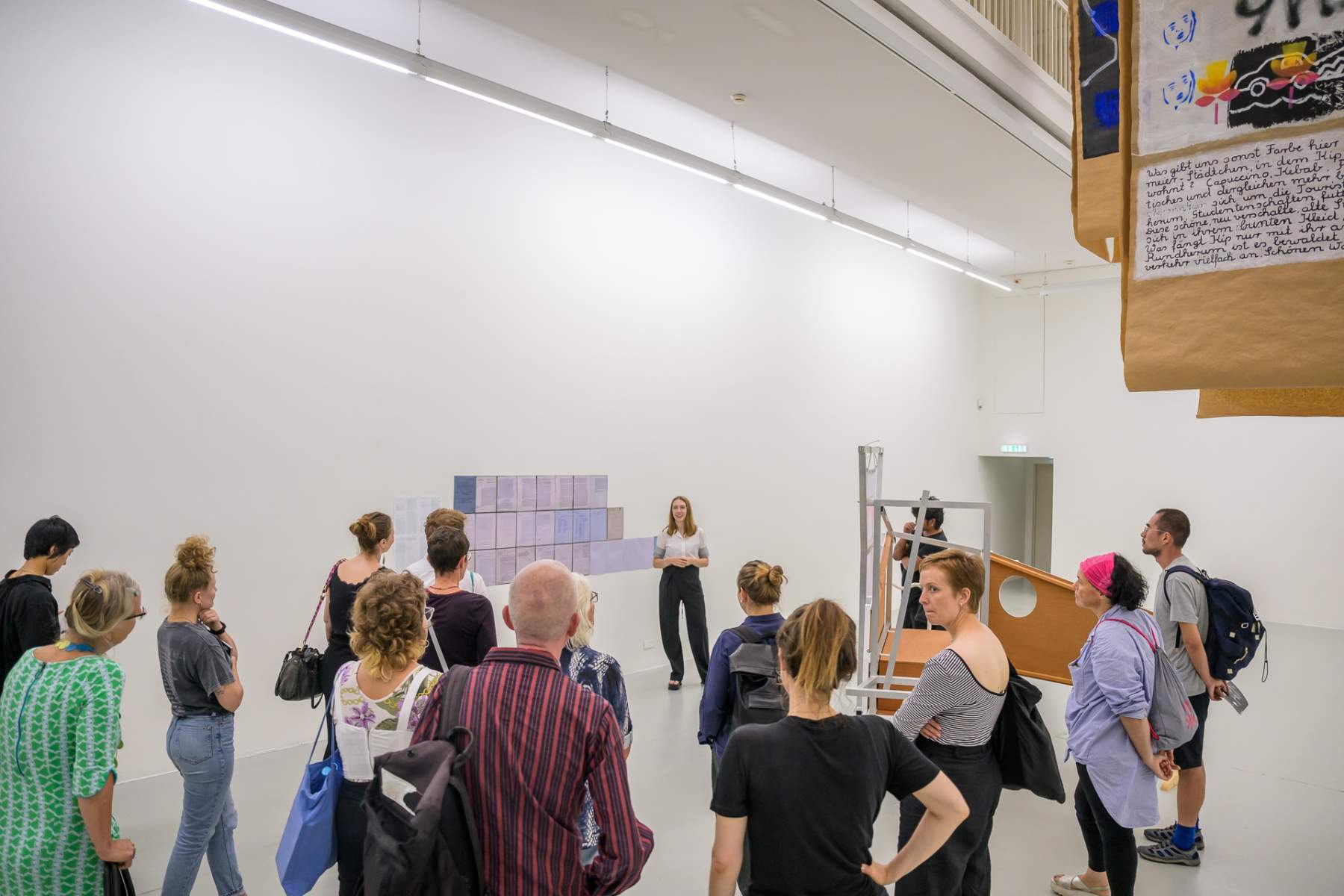

Photo: Marc Doradzillo, © Biennale für Freiburg 2
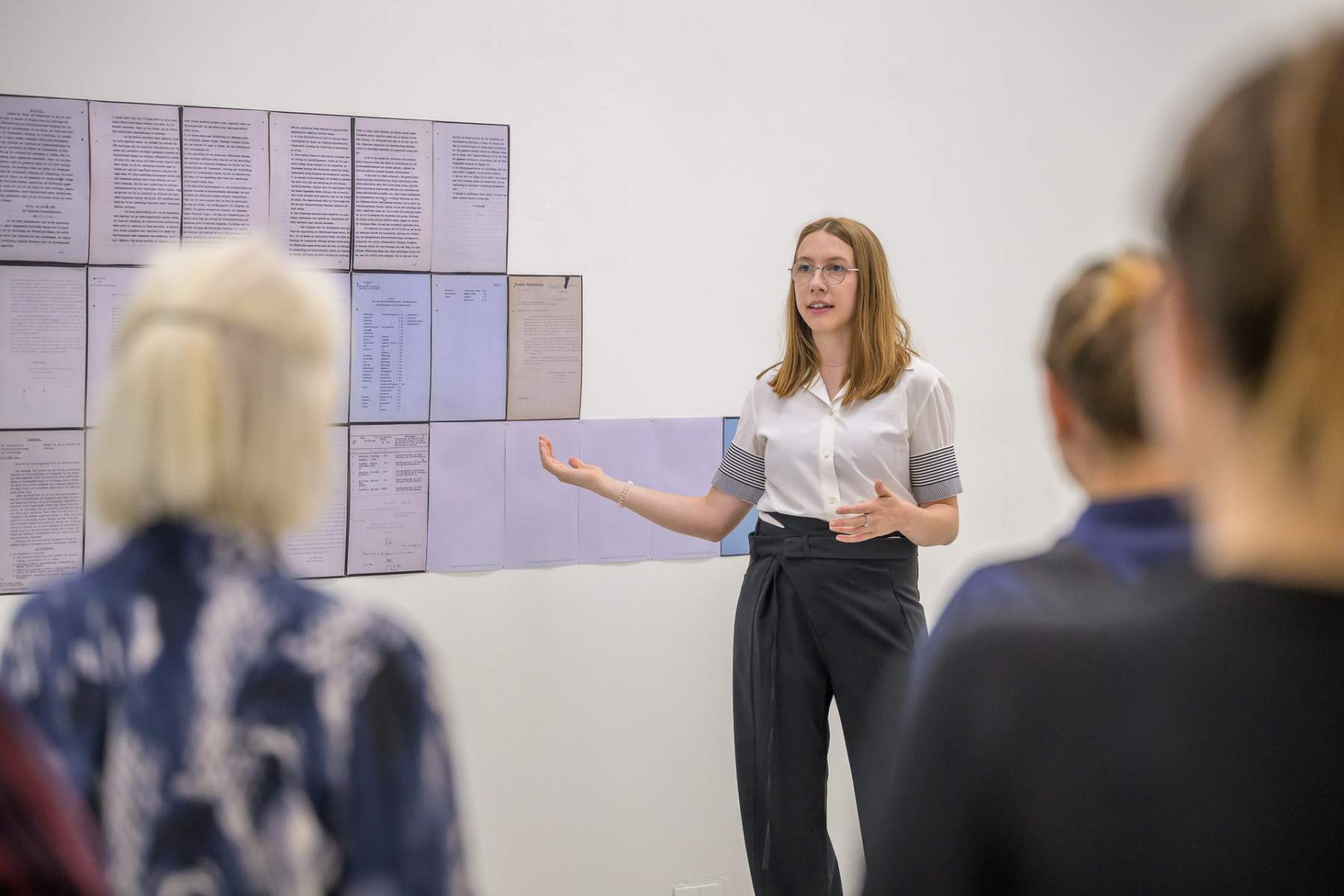

Paula Kommoss gives insights into the WALL NEWSPAPER by Maximiliane Baumgartner.
Photo: Marc Doradzillo, © Biennale für Freiburg 2
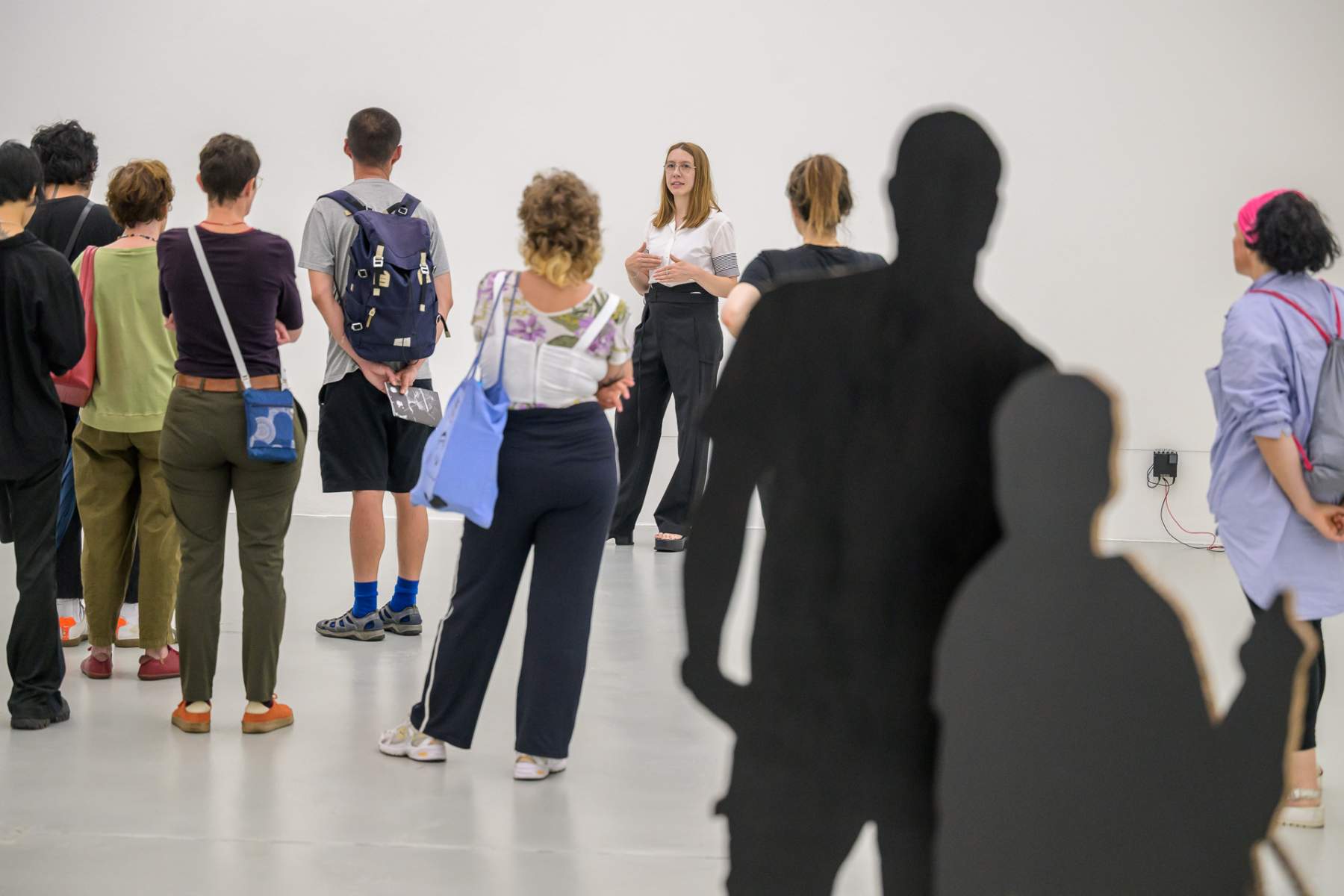

View of silhouettes by Deborah Joyce Holman.
Photo: Marc Doradzillo, © Biennale für Freiburg 2
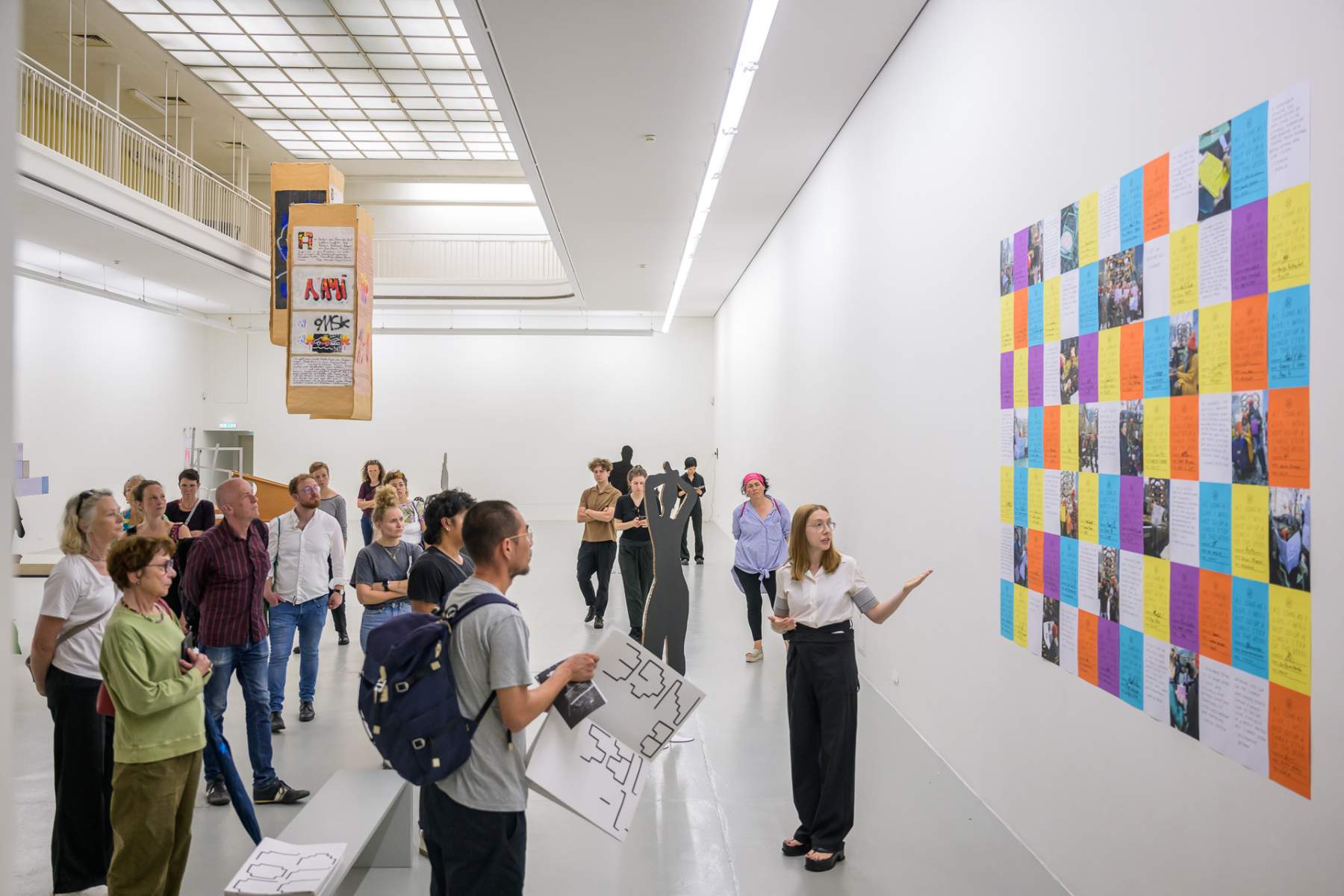

In front of Finnegan Shannon’s work.
Photo: Marc Doradzillo, © Biennale für Freiburg 2
Public Tour
Kunstverein Freiburg
22.07 / 19:00

Public tour through the exhibition as part of Freiburger Museumsnacht
… MorePublic Tour
22.07.2023 / 19:00 / Kunstverein Freiburg

Public tour through the exhibition with curator Paula Kommoss and curatorial assistant Valentina Ehnimb as part of Freiburger Museumsnacht
Saturday, July 22, 2023, 7. pm.
Meeting point: Kunstverein Freiburg, Dreisamstr. 21, 79098 Freiburg
Other dates public tours:
Saturday, July 29, 2 p.m.
Participation is free of charge.
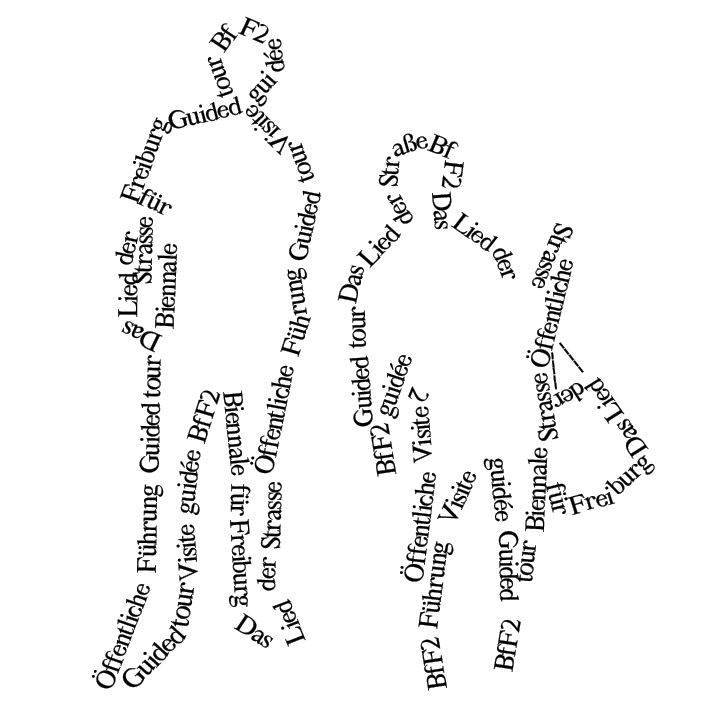

Street fest of the Biennale für Freiburg 2 x Kunstverein
Marienstraße
21.07 /
16:00 – 22:00
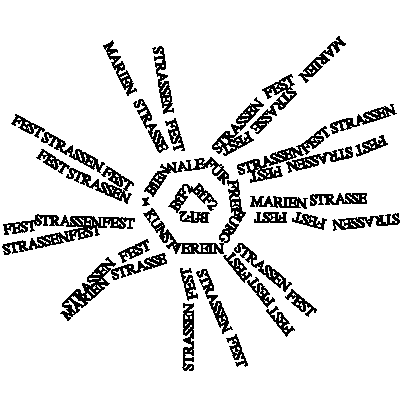
The Biennale für Freiburg 2 and the Kunstverein Freiburg invite you to a street fest.
… MoreStreet fest of the Biennale für Freiburg 2 x Kunstverein
21.07.2023 / 16:00 – 22:00 / Marienstraße
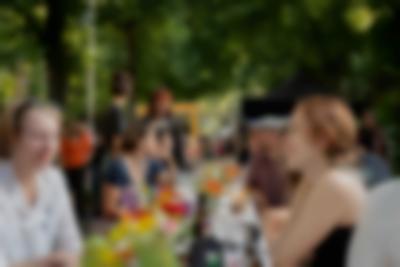
The street fest in Marienstraße of the Biennale für Freiburg 2 and Kunstverein Freiburg.
Photo: Sévérine Kpoti, © Biennale für Freiburg 2
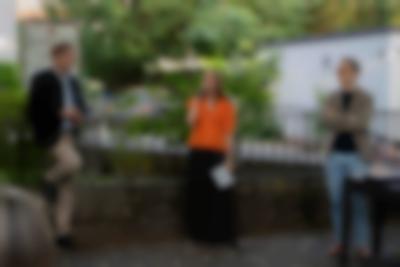
Welcome by Paula Kommoss (Artistic Director, Biennale für Freiburg 2), Ernst Ludwig Ganter (1st Chairman, Kunstverein Freiburg) and Heinrich Dietz (Director, Kunstverein Freiburg).
Photo: Sévérine Kpoti, © Biennale für Freiburg 2
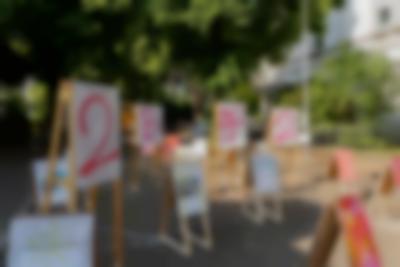
Photo: Sévérine Kpoti, © Biennale für Freiburg 2
STREET FEST: BIENNALE FÜR FREIBURG 2 X KUNSTVEREIN FREIBURG
Date: July 21, 2023, 4–10 p.m.
Location: Marienstraße, 79098 Freiburg
Together with Kunstverein Freiburg, the Biennale for Freiburg 2 invites you to a street fest. The street becomes a place of exchange and encounter, of expression and playful interaction. Anna Byskov and Hannah Kindler from the somebody*ies collective will activate the street as a stage and resonance chamber with their PERFORMANCE: THIS IS WHAT WE CAME FOR. Children and young people can create leaflets in Maximiliane Baumgartner’s FLUGBLATTWERKSTATT (LEAFLET WORKSHOP) and learn more about the work of Freiburg artist Eva Eisenlohr. There will be games, food, and drinks, and various Freiburg musicians will accompany the evening.
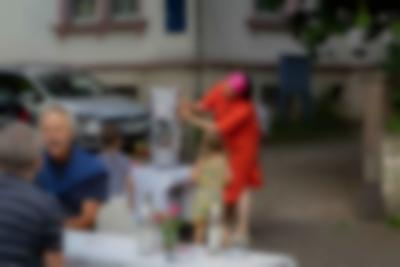
Photo: Sévérine Kpoti, © Biennale für Freiburg 2
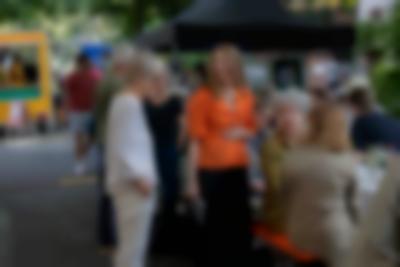
Photo: Sévérine Kpoti, © Biennale für Freiburg 2
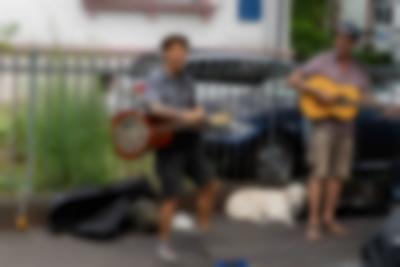
Music by street musicians from Freiburg.
Photo: Sévérine Kpoti, © Biennale für Freiburg 2
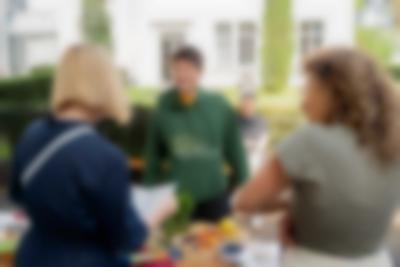
Lemonade Fermentation Workshop by Laurie Mlodzik.
Photo: Sévérine Kpoti, © Biennale für Freiburg 2
LEAFLET WORKSHOP BY MAXIMILIANE BAUMGARTNER AS PART OF THE BIENNALE FÜR FREIBURG 2 STREET FEST
Friday, July 21, 2023, 4–6 p.m.
Marienstraße, 79098 Freiburg
Taking the work of the Freiburg artist and art educator Eva Eisenlohr as a starting point, Baumgartner has developed an action space comprised of multi-part painterly interventions in Freiburg’s urban space, in which the boundaries between the production, presentation, and mediation of art dissolve and new positionings become possible.
The action vehicle VIELE VAMPIRE SIND VÖGEL (2019/2023) is one element of the action space and will become a collaborative stage for action. An enlarged reproduction of the woodcut FRIENDS (1956) by Eva Eisenlohr serves as a gateway onto a performative approach to, and examination of, her work. In the LEAFLET WORKSHOP, leaflets will be created in collaboration with children and young people in the Freiburg Stadtgarten.
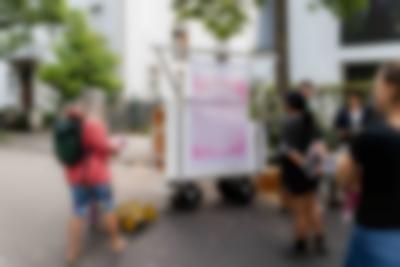
The LEAFLET WORKSHOP by Maximiliane Baumgartner with the action vehicle VIELE VAMPIRE SIND VÖGEL (2019/2023).
Foto: Sévérine Kpoti, © Biennale für Freiburg 2

Photo: Sévérine Kpoti, © Biennale für Freiburg 2
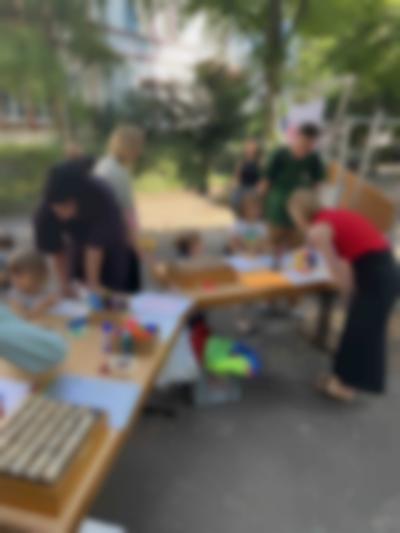
Photo: Sévérine Kpoti, © Biennale für Freiburg 2
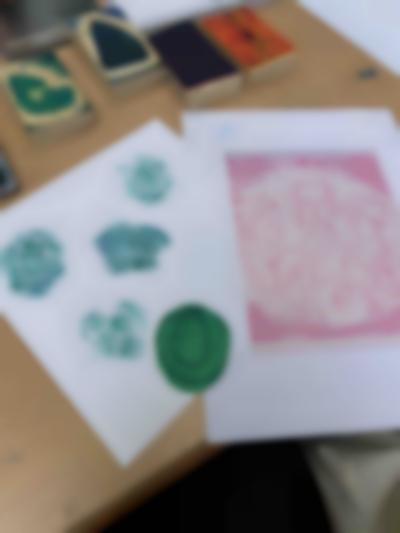
Photo: Sévérine Kpoti, © Biennale für Freiburg 2
PERFORMANCE BY SOMEBODY*IES: THIS IS WHAT WE CAME FOR
Anna Byskov, Hannah Kindler
Friday, July 21, 2023
4:30 p.m.: Klarastraße, meeting point: JC Café, Klarastraße 70, 79106 Freiburg
5 p.m.: Marienstraße, 79098 Freiburg
This performative intervention by somebody*ies activates the street as a stage, resonance chamber, and place of interaction. By appropriating different codes inherent within the street, Anna Byskov and Hannah Kindler center specific relations of gaze and speech. The acting body becomes the medium of communal reflection on the meaning of heroes in public space and the possibility of their collectivization.
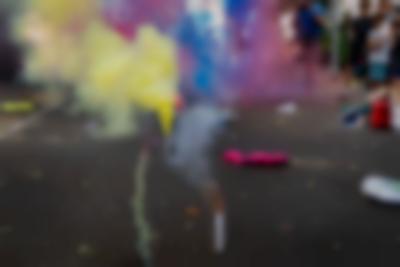
Photo: Sévérine Kpoti, © Biennale für Freiburg 2
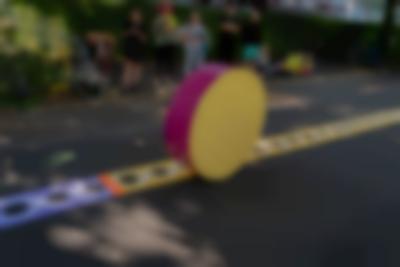
Photo: Sévérine Kpoti, © Biennale für Freiburg 2
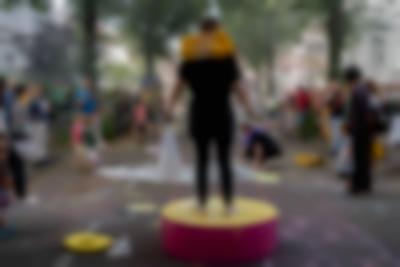
Photo: Sévérine Kpoti, © Biennale für Freiburg 2
The supervision of children and adolescents during the leaflet workshop as well as during the entire street fest is the responsibility of the accompanying person with legal guardianship or parental authority and is not assumed by the team of the leaflet workshop, the Biennale, or the Kunstverein.
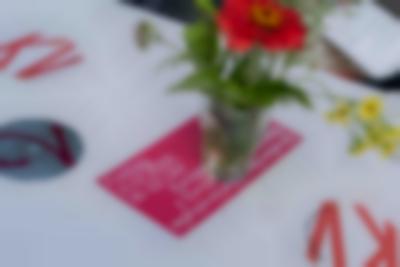
Photo: Sévérine Kpoti, © Biennale für Freiburg 2
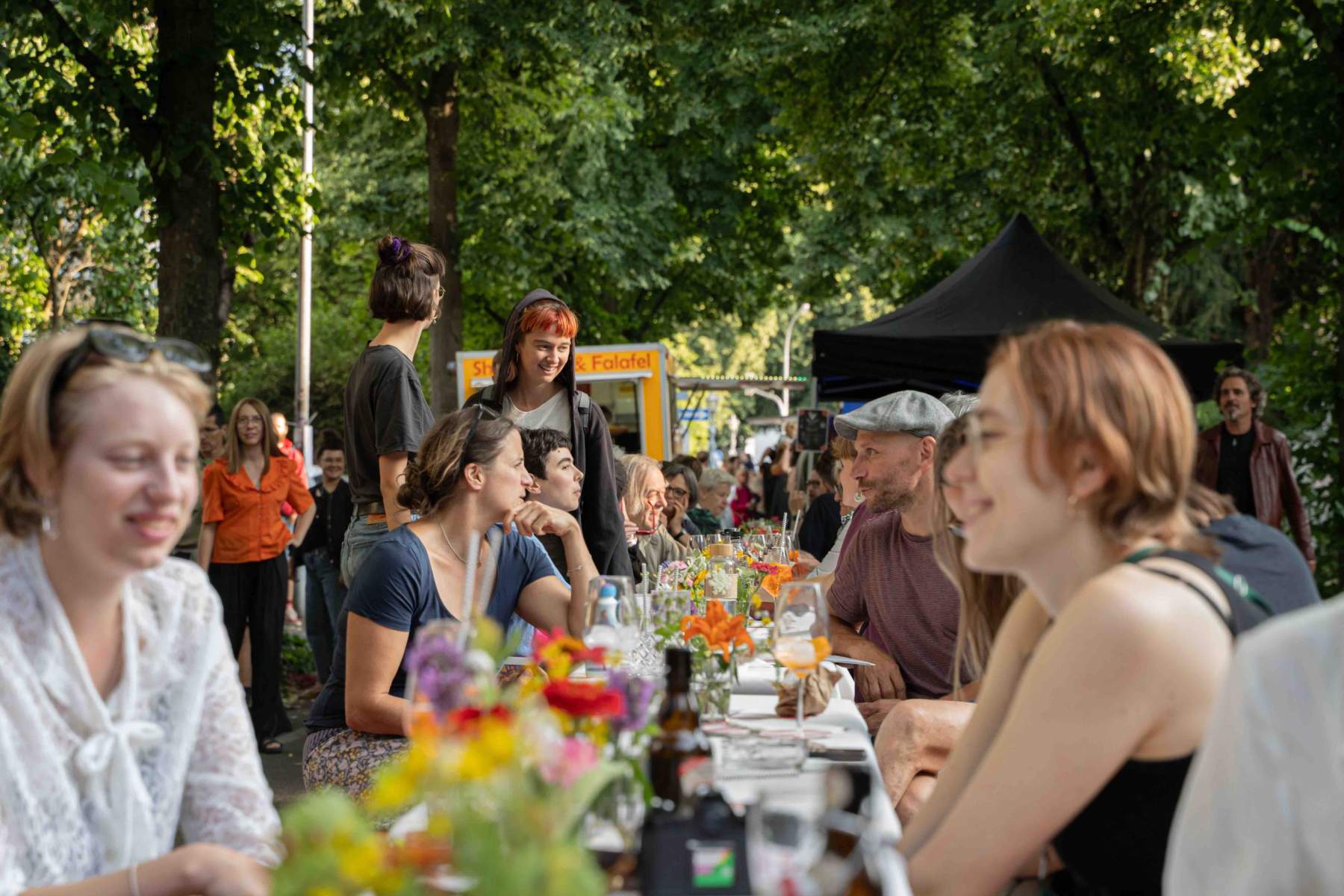

The street fest in Marienstraße of the Biennale für Freiburg 2 and Kunstverein Freiburg.
Photo: Sévérine Kpoti, © Biennale für Freiburg 2
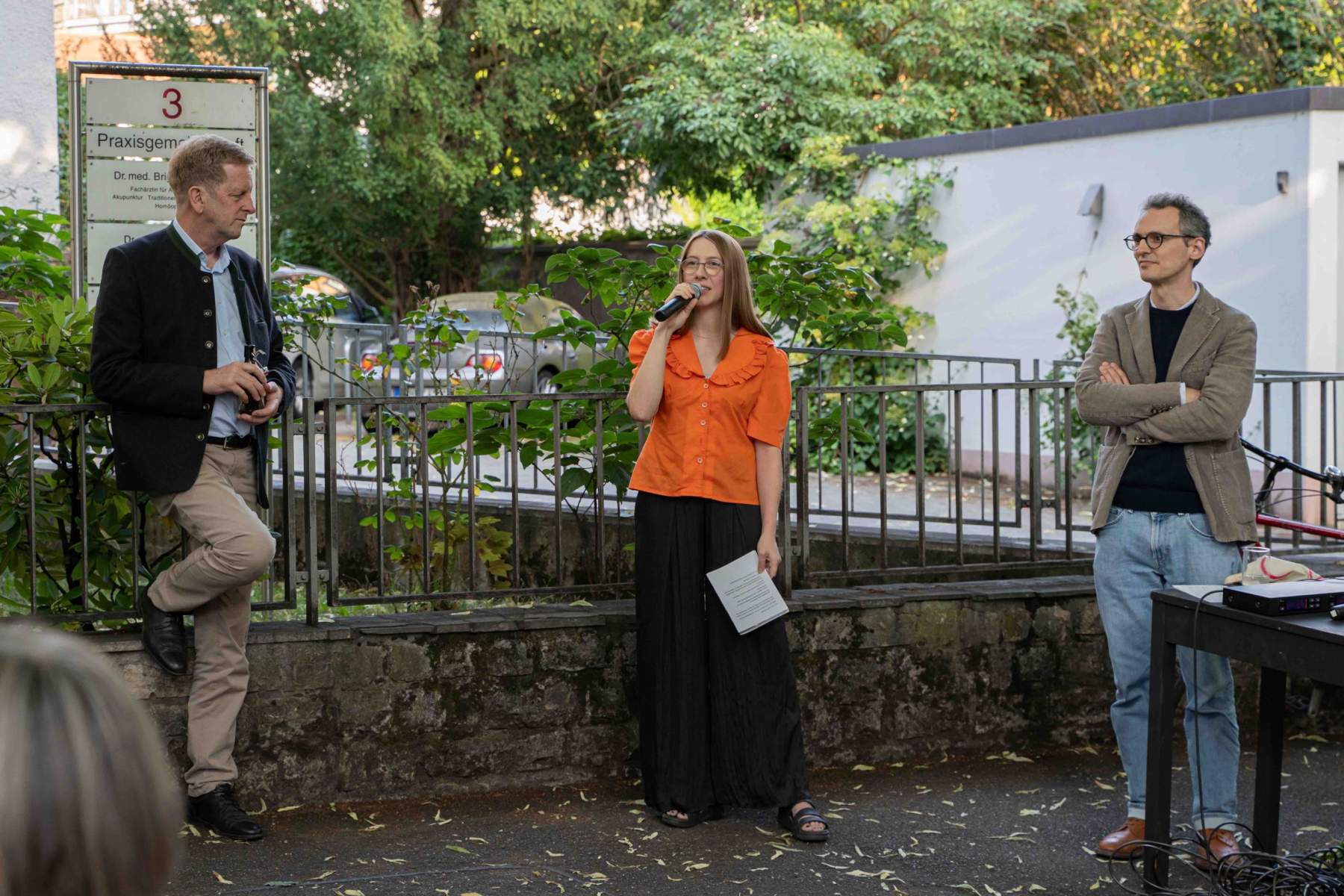

Welcome by Paula Kommoss (Artistic Director, Biennale für Freiburg 2), Ernst Ludwig Ganter (1st Chairman, Kunstverein Freiburg) and Heinrich Dietz (Director, Kunstverein Freiburg).
Photo: Sévérine Kpoti, © Biennale für Freiburg 2
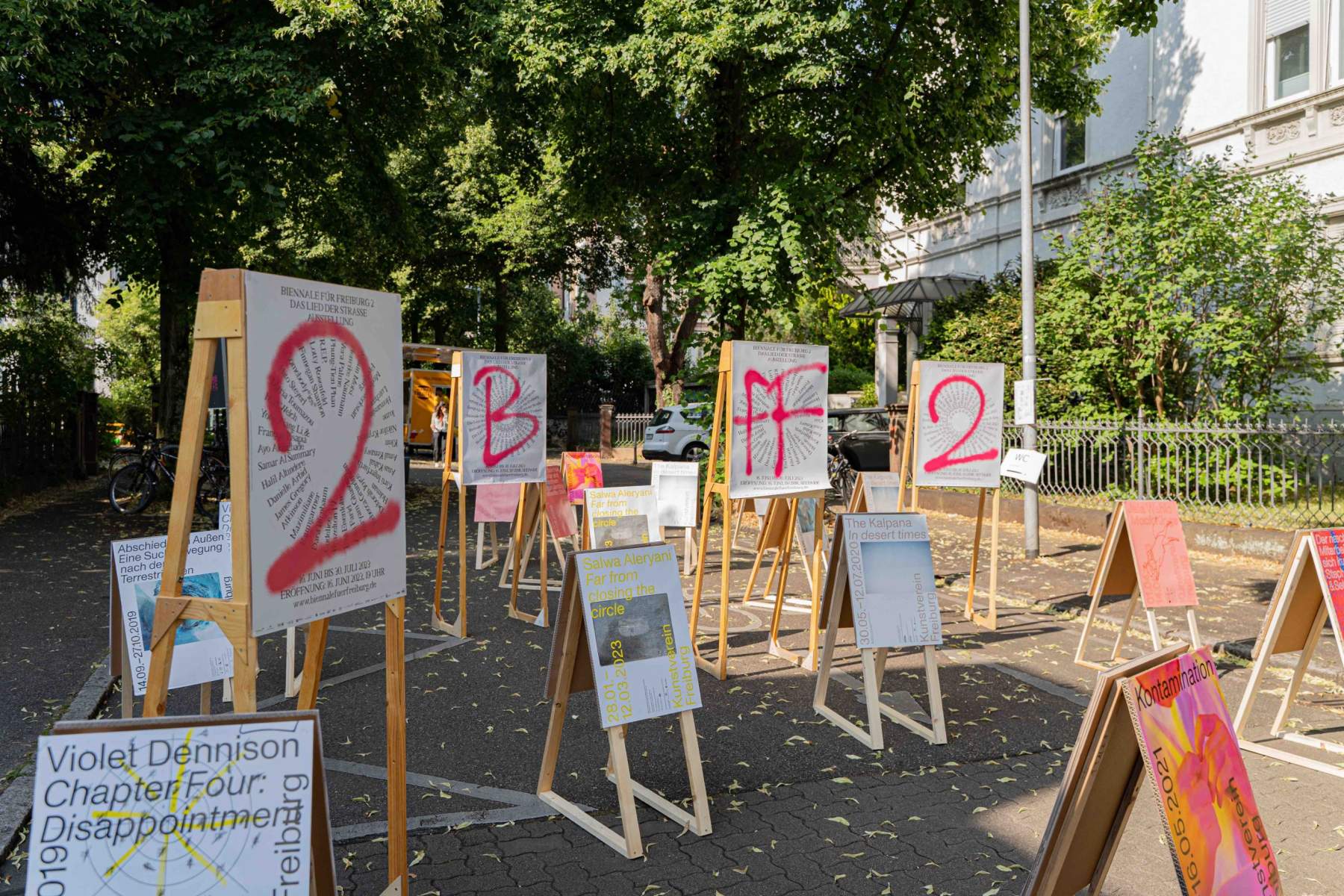

Photo: Sévérine Kpoti, © Biennale für Freiburg 2
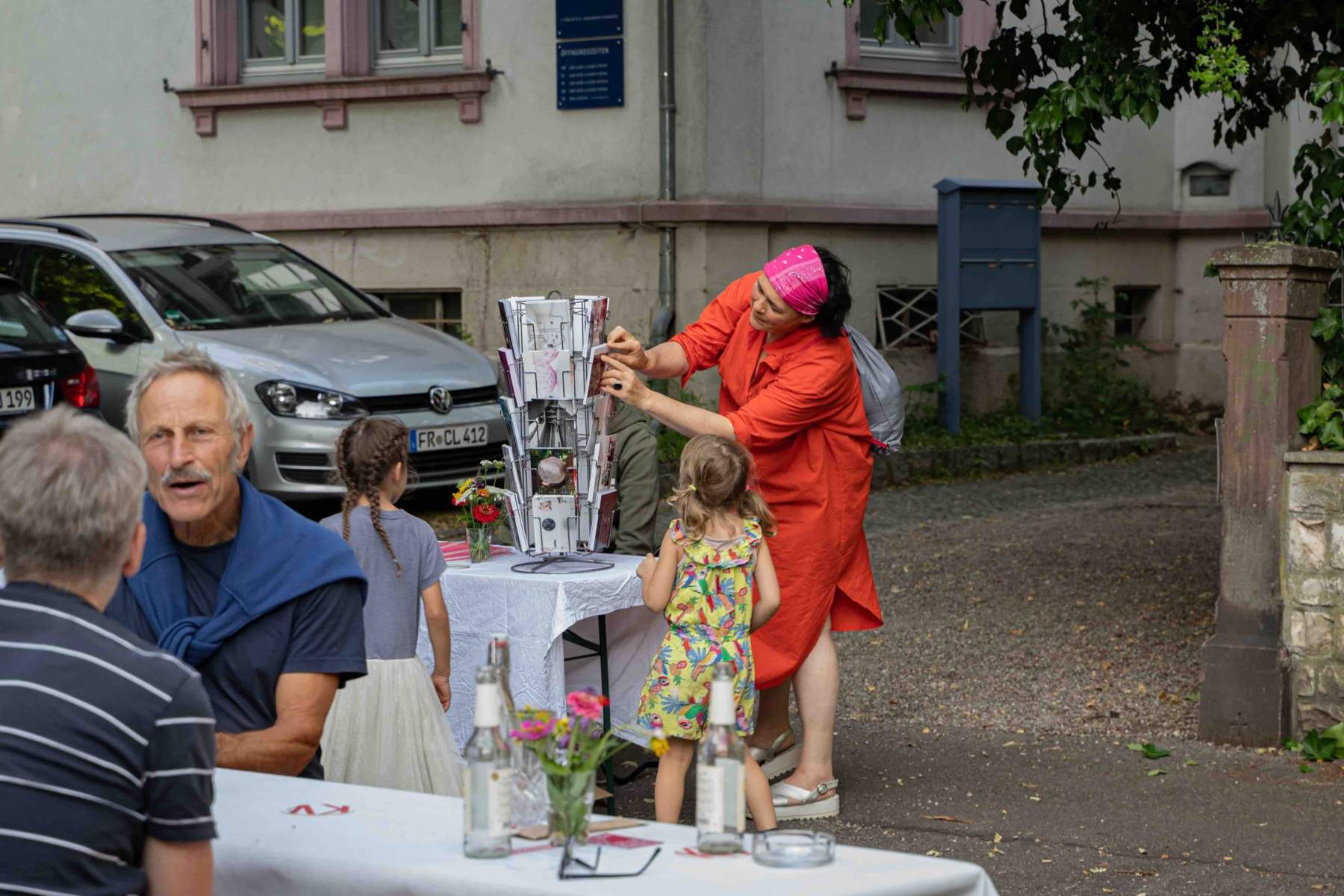

Photo: Sévérine Kpoti, © Biennale für Freiburg 2
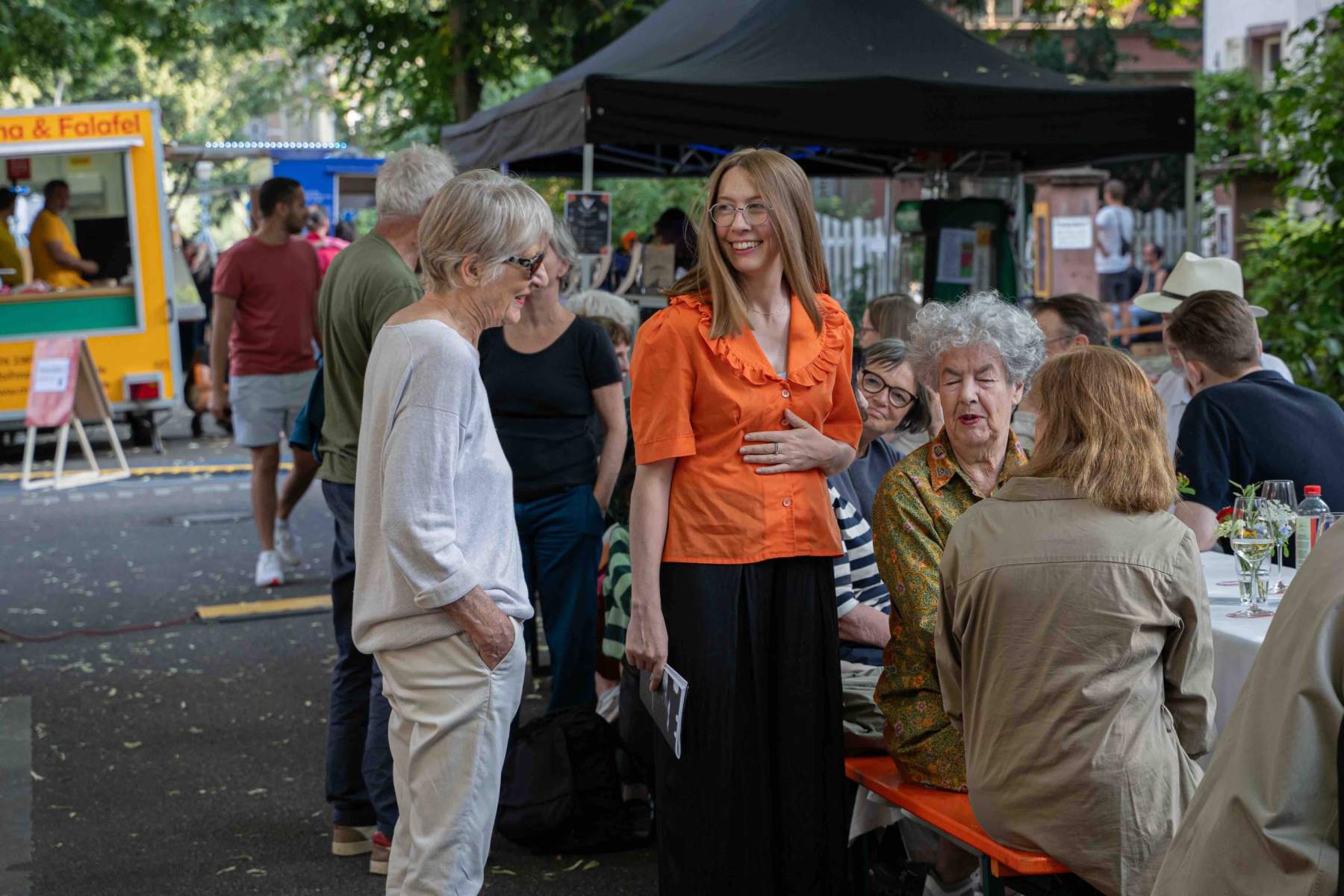

Photo: Sévérine Kpoti, © Biennale für Freiburg 2
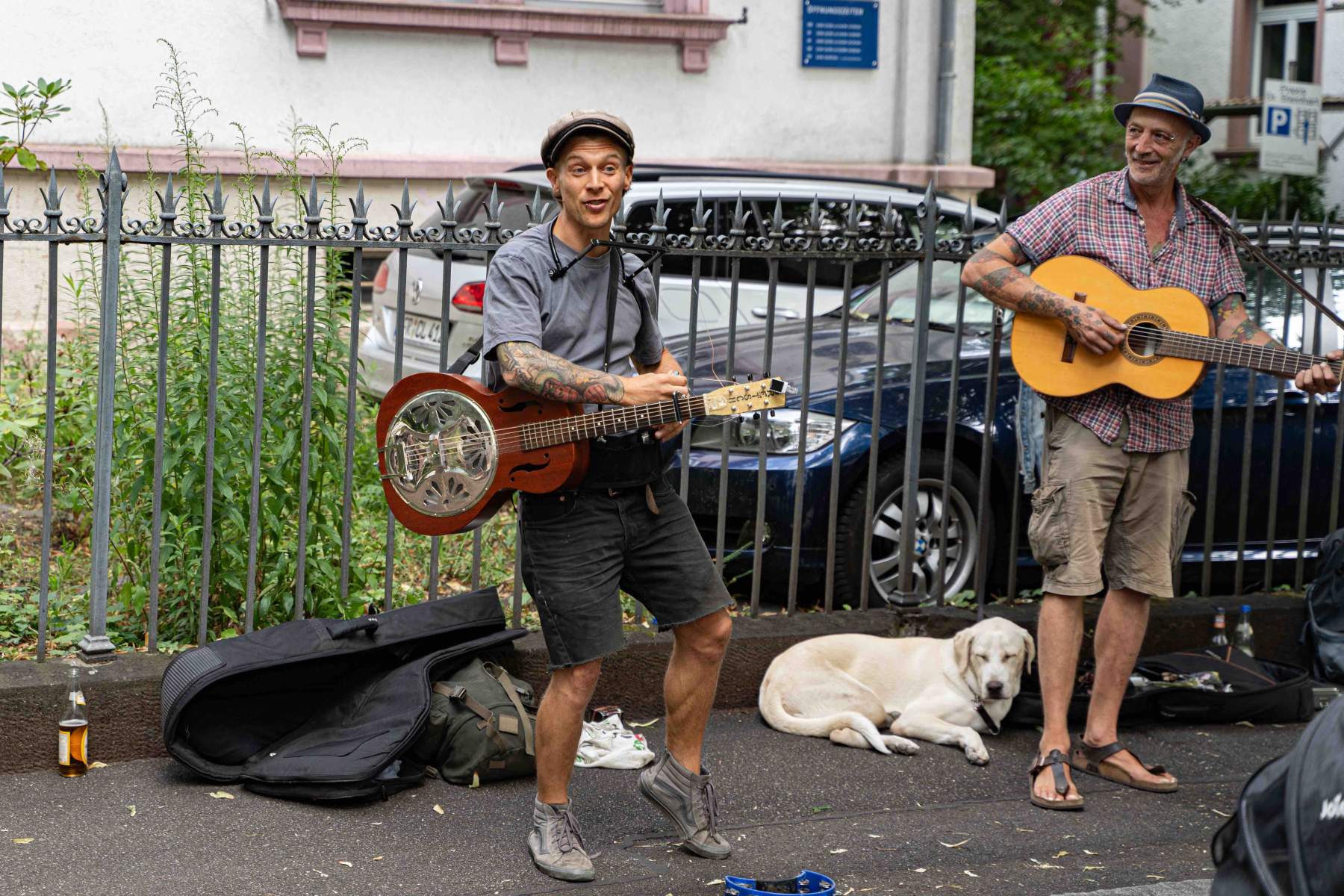

Music by street musicians from Freiburg.
Photo: Sévérine Kpoti, © Biennale für Freiburg 2
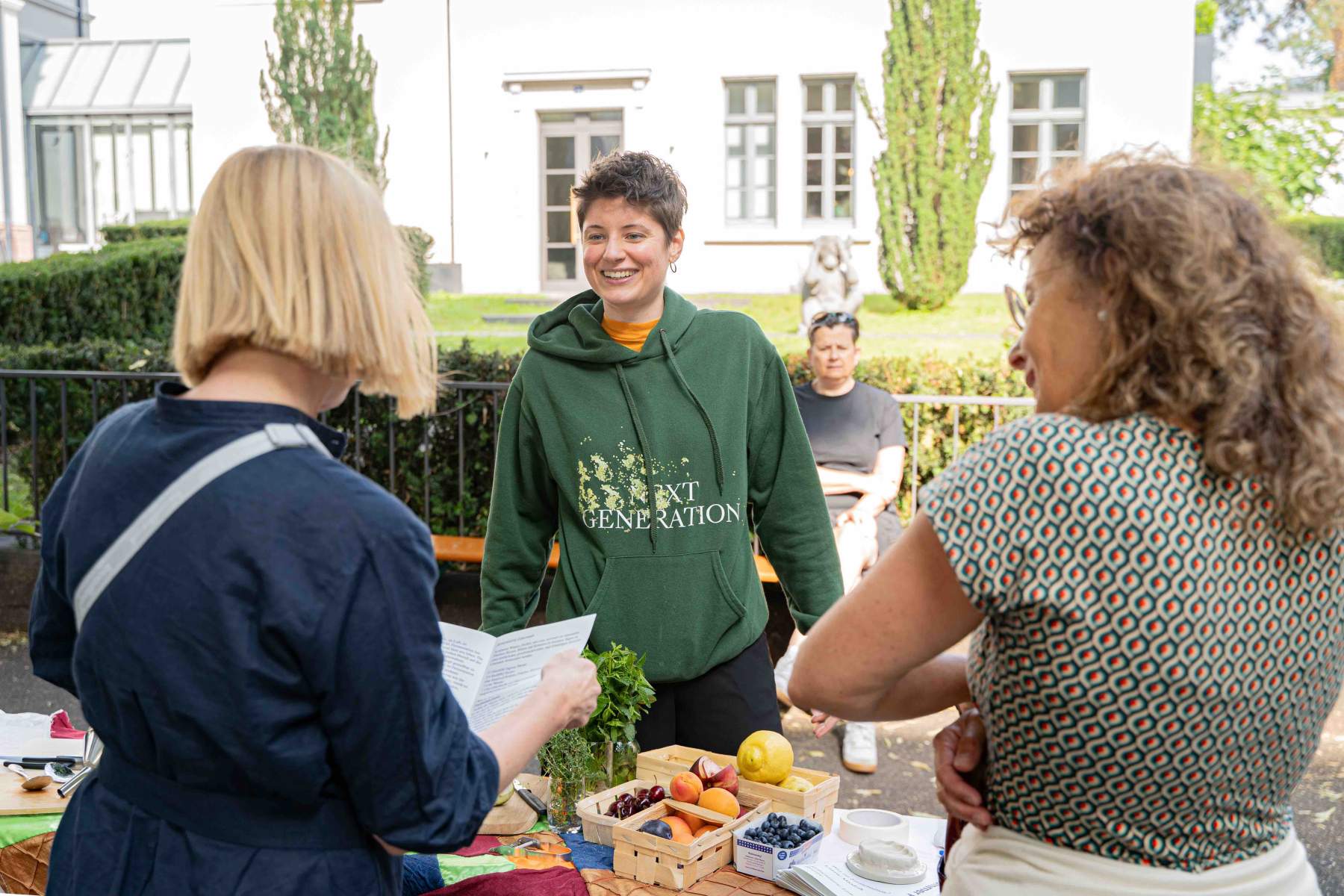

Lemonade Fermentation Workshop by Laurie Mlodzik.
Photo: Sévérine Kpoti, © Biennale für Freiburg 2
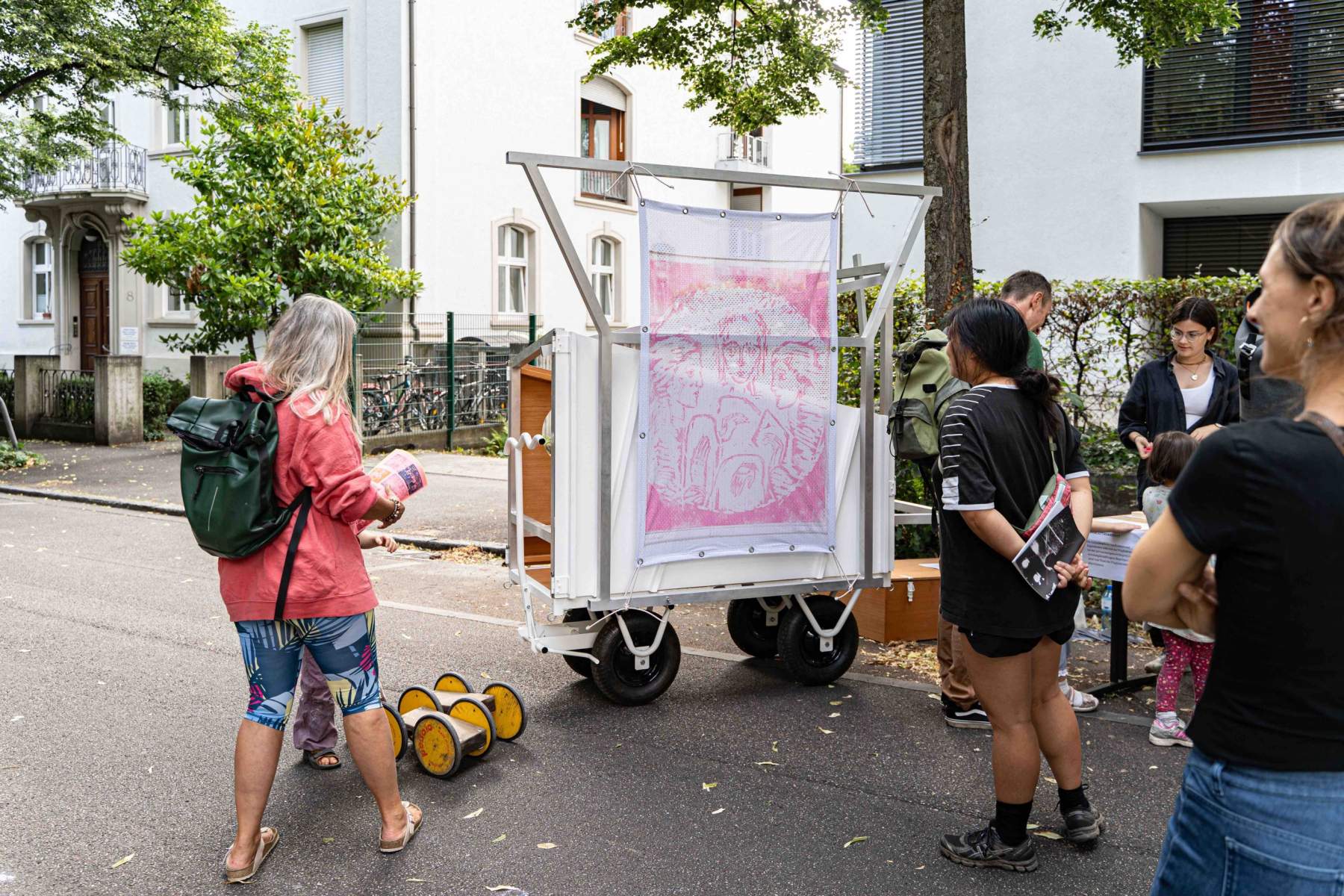

The LEAFLET WORKSHOP by Maximiliane Baumgartner with the action vehicle VIELE VAMPIRE SIND VÖGEL (2019/2023).
Foto: Sévérine Kpoti, © Biennale für Freiburg 2
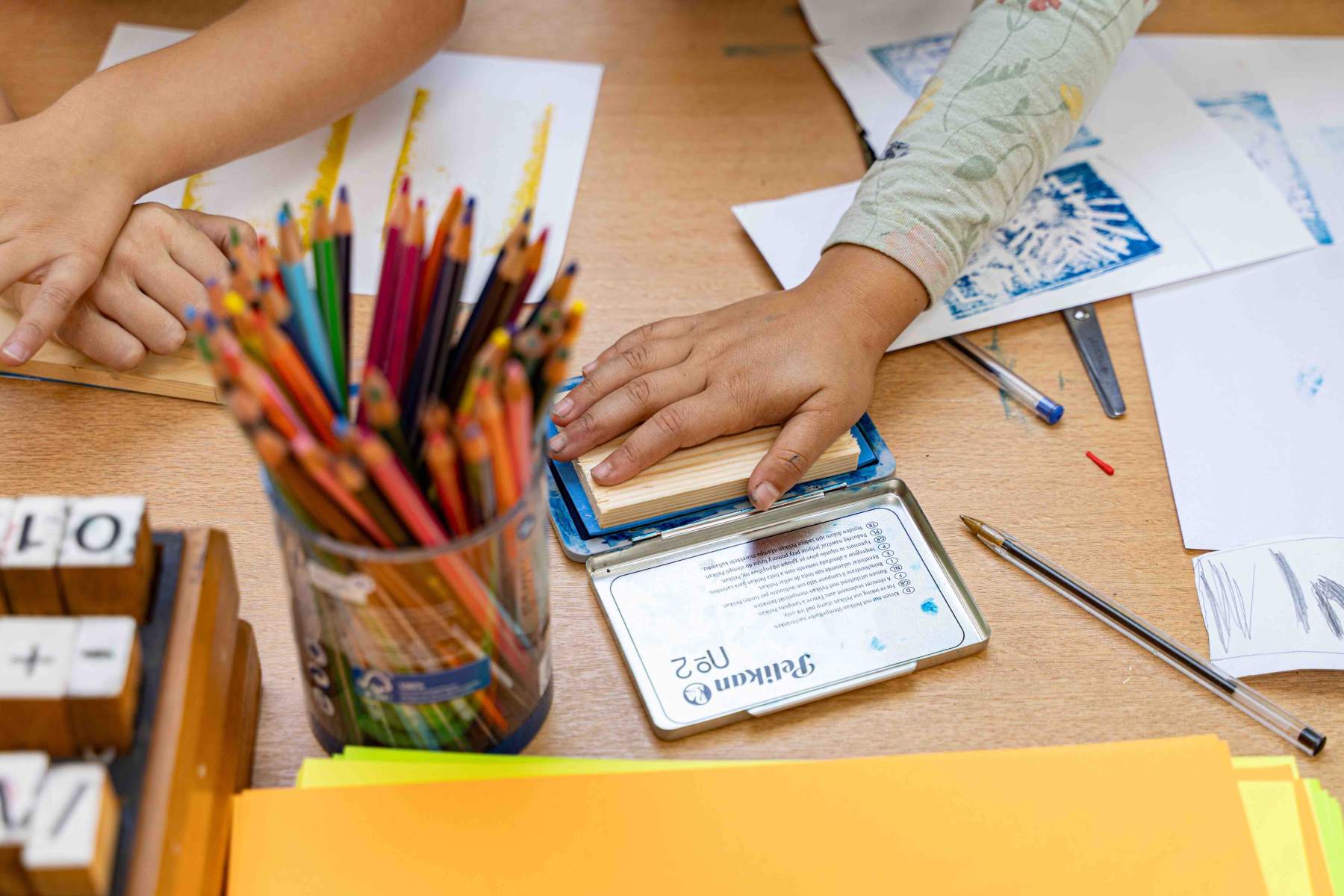

Photo: Sévérine Kpoti, © Biennale für Freiburg 2
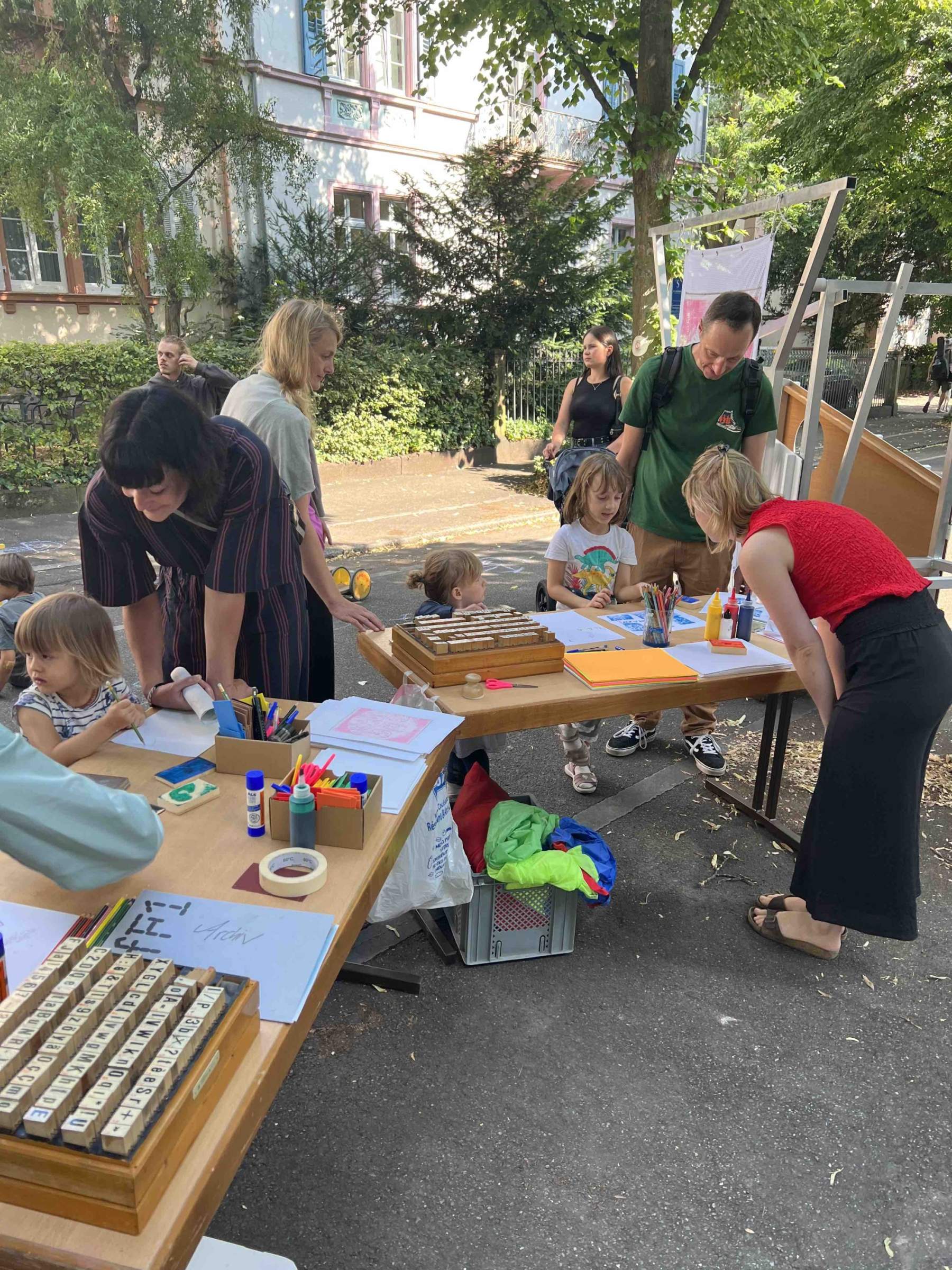

Photo: Sévérine Kpoti, © Biennale für Freiburg 2
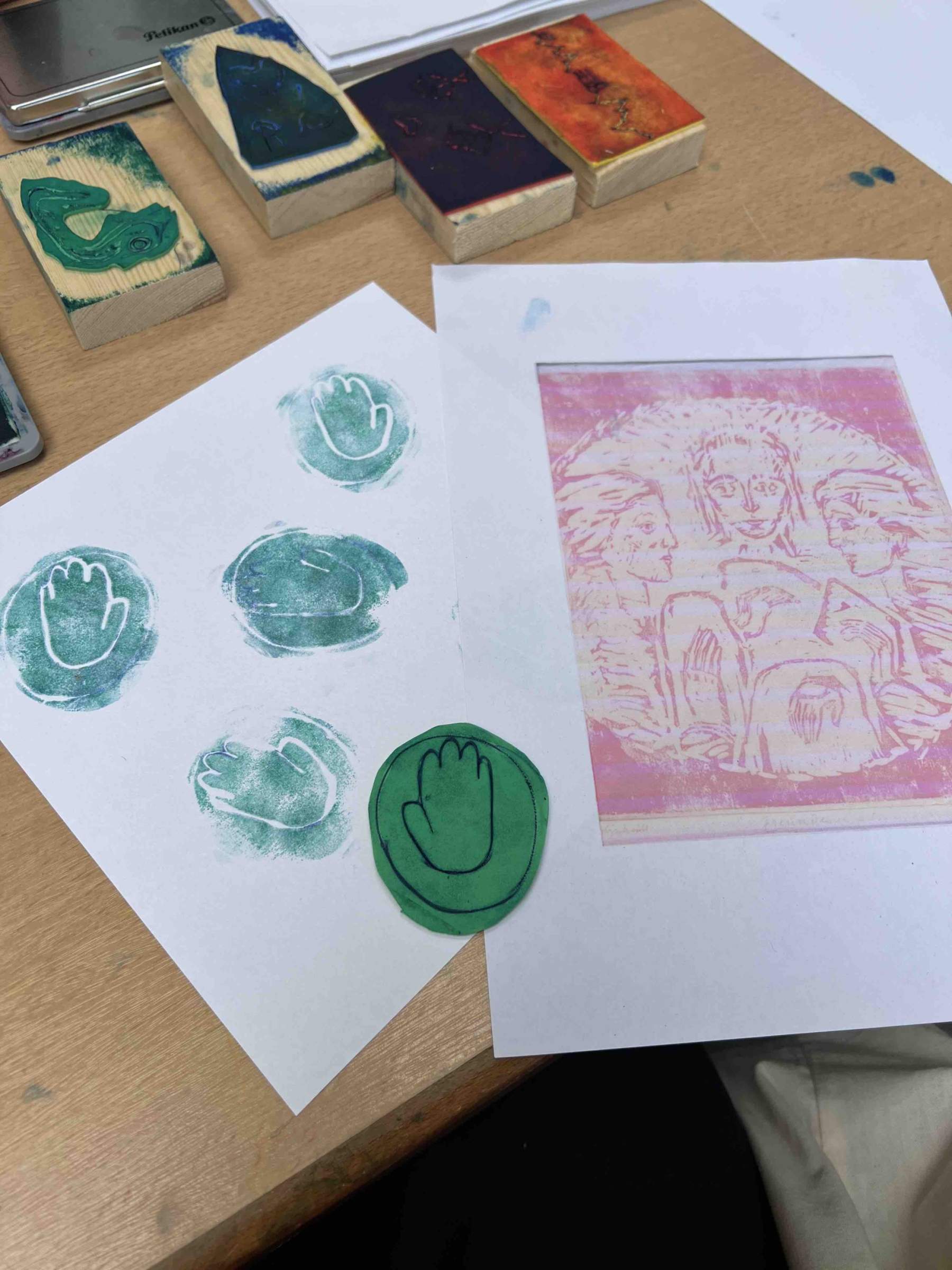

Photo: Sévérine Kpoti, © Biennale für Freiburg 2
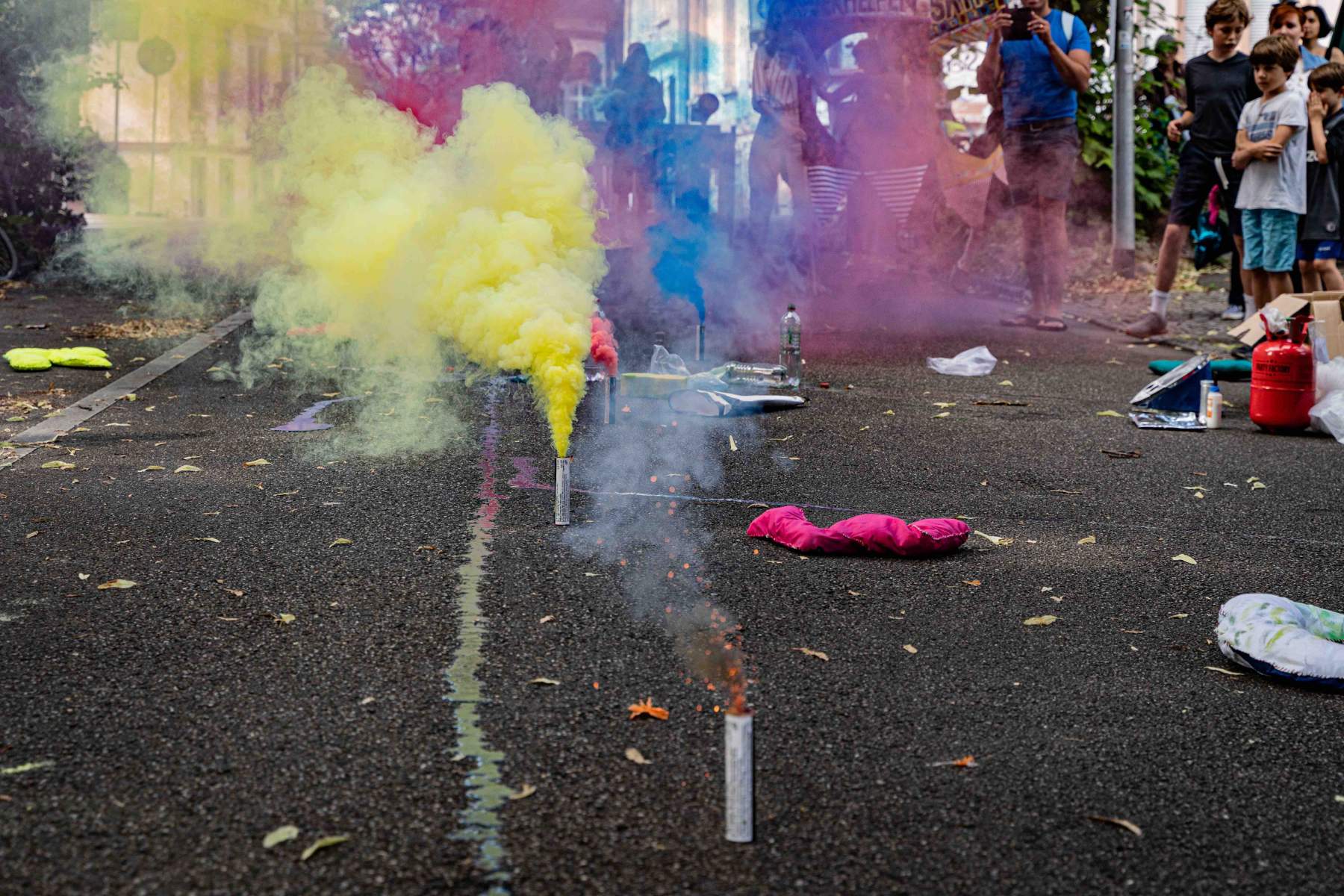

Photo: Sévérine Kpoti, © Biennale für Freiburg 2
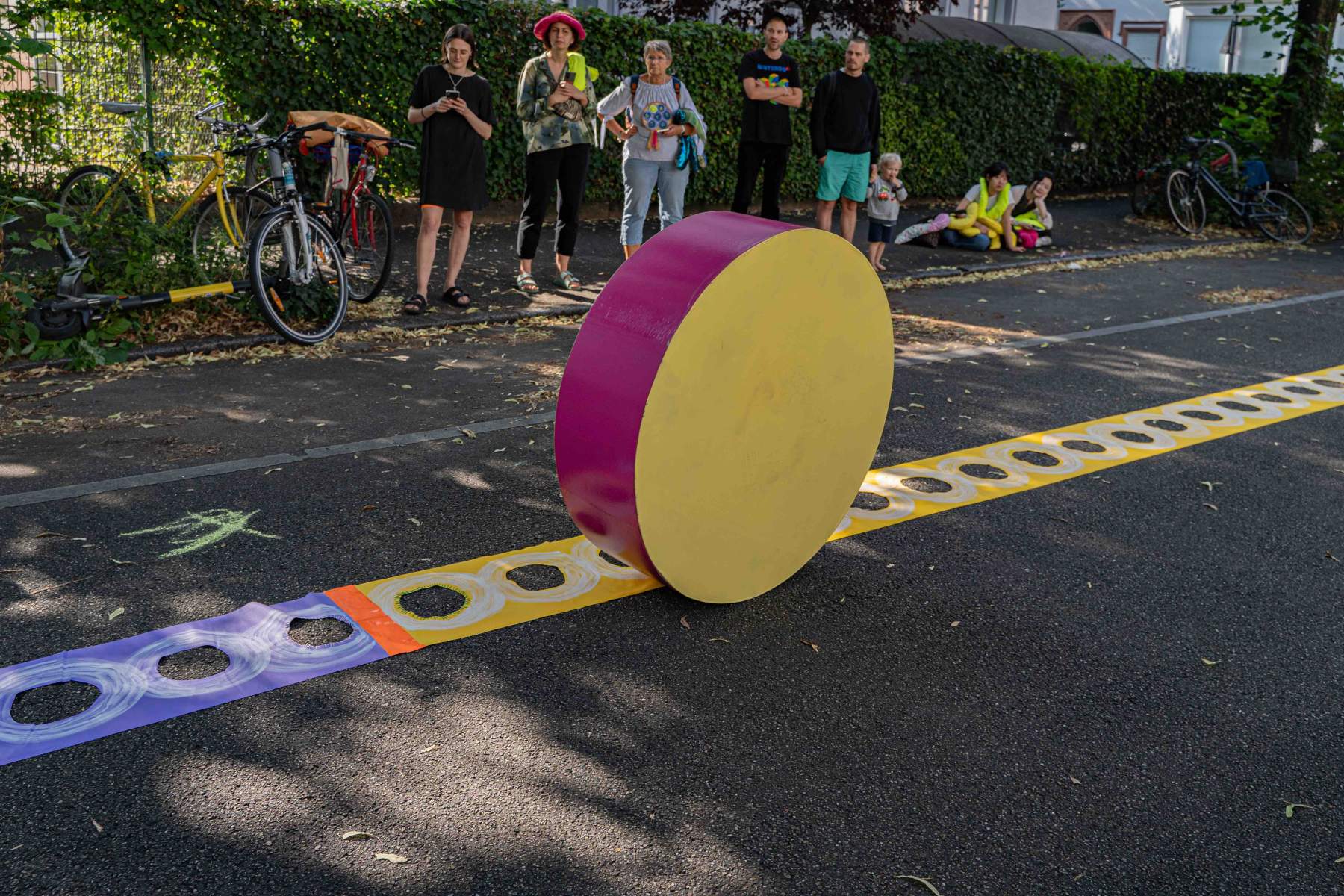

Photo: Sévérine Kpoti, © Biennale für Freiburg 2
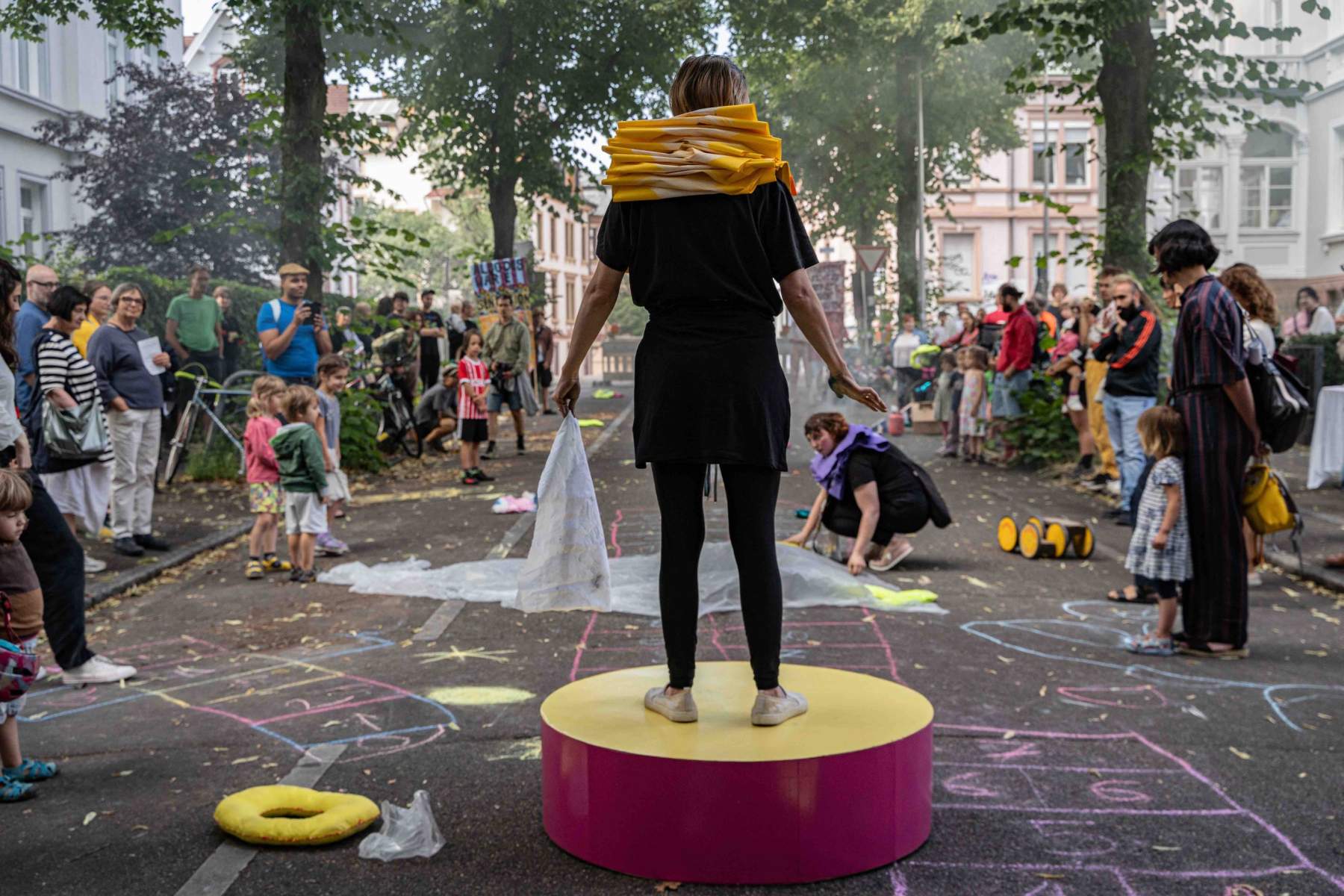

Photo: Sévérine Kpoti, © Biennale für Freiburg 2
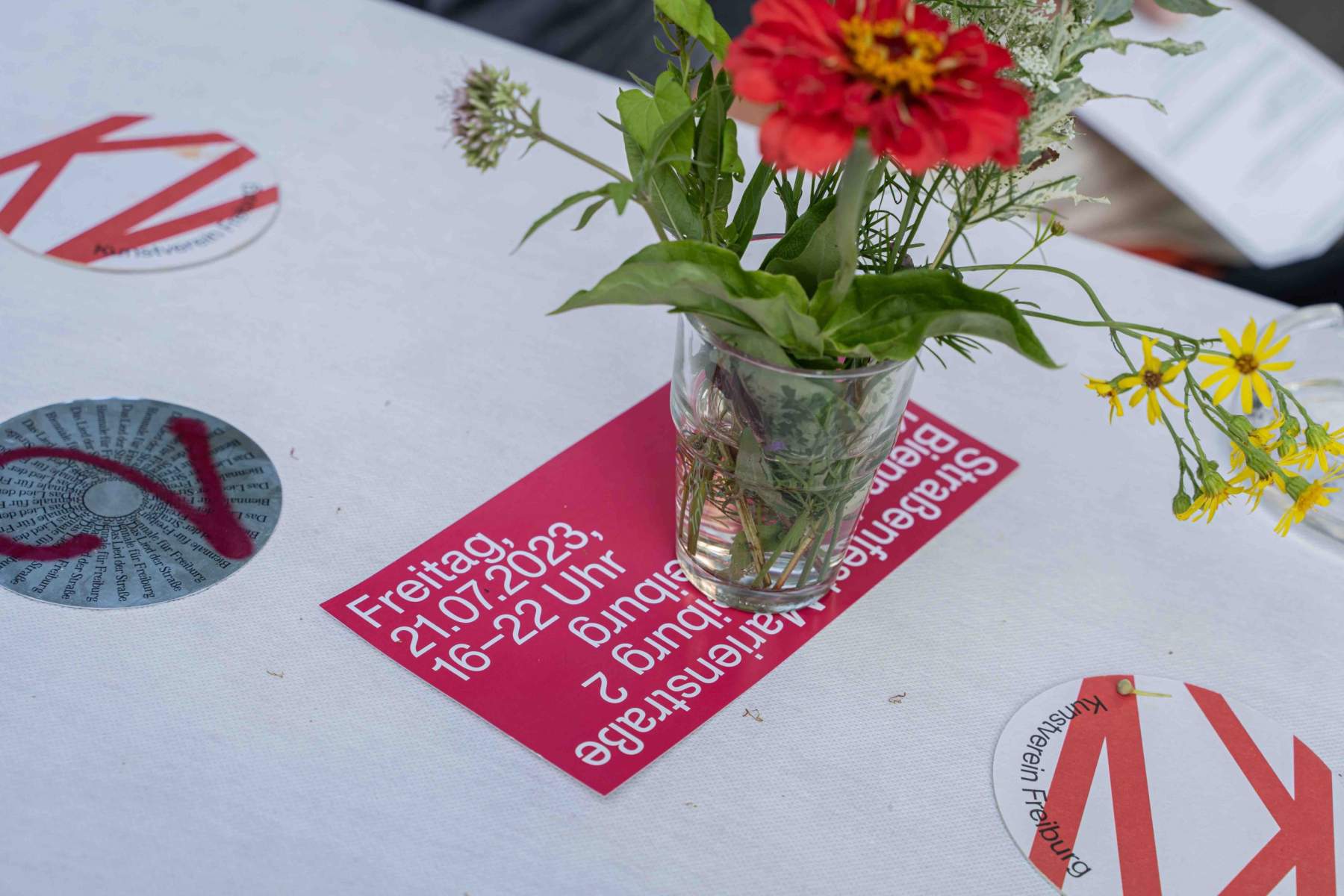

Photo: Sévérine Kpoti, © Biennale für Freiburg 2
Listening Session: Onetwothree: Feminist Punk
Slow Club Freiburg
20.07 / 19:00
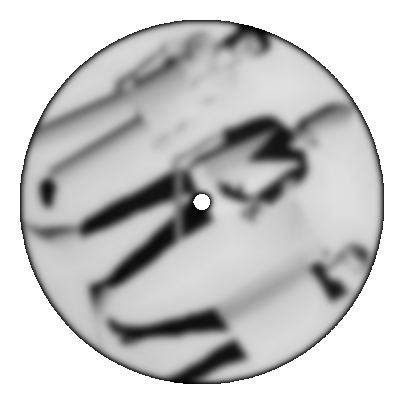
Together with Sévérine Kpoti we explore the question of how art and feminism come together in punk.
… MoreListening Session: Onetwothree: Feminist Punk
20.07.2023 / 19:00 / Slow Club Freiburg
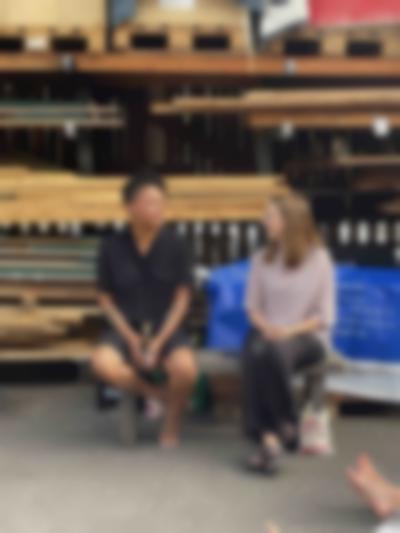
Paula Kommoss (Artistic Director, Biennale fr Freiburg 2) and Sévérine Kpoti start the LISTENING SESSION.
Photo: © Biennale für Freiburg 2
LISTENING SESSION:
ONETWOTHREE: FEMINIST PUNK WITH SÉVÉRINE KPOTI
Thursday, July 20, 2023, 7 p.m.
Slow Club, Haslacher Straße 25, 79115 Freiburg
Zurich artist and musician Klaudia Schifferle has been tearing down borders in changing constellations since the 1980s. Her various projects, including the bands Kleenex/LiLiPUT and most recently ONETWOTHREE, connect the worlds of punk, art, and feminism across Switzerland and beyond. Together with Sévérine Kpoti—herself active in the punk scene and author of the book PUNK AS F*CK (2022, Ventilverlag)—we will play a variety of songs and talk about subcultures, social structures, and different approaches to punk. Afterward, at the Slow Club, there will be a concert with Breanna Barbara and the band Tulips.
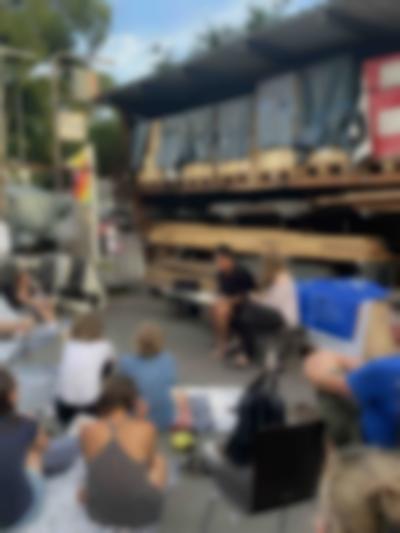
Sévérine Kpoti reads from the book PUNK AS F*CK (2022).
Photo: © Biennale für Freiburg 2
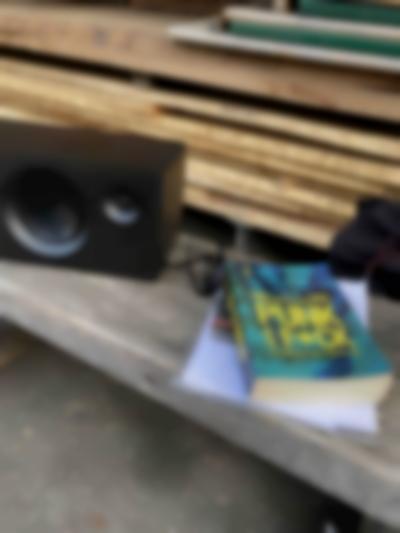
Photo: © Biennale für Freiburg 2
The LISTENING SESSIONS offer a framework for communally experiencing and reflecting on the relationship between the street and music. Invited artists and musicians bring selected pieces of music and share their knowledge about their genesis, composition, and cultural implications. Each event is dedicated to a different musical genre and temporal context—such as jazz, feminist punk, the beginnings of German hip-hop, or music in the context of Freiburg’s squatter scene.
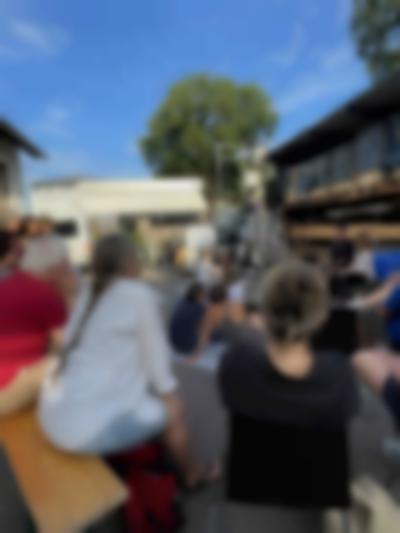
Photo: © Biennale für Freiburg 2
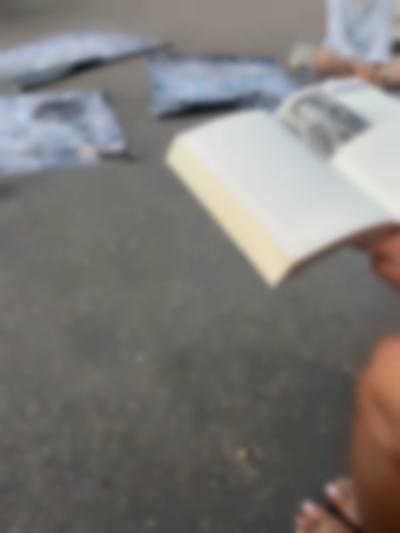
Photo: © Biennale für Freiburg 2
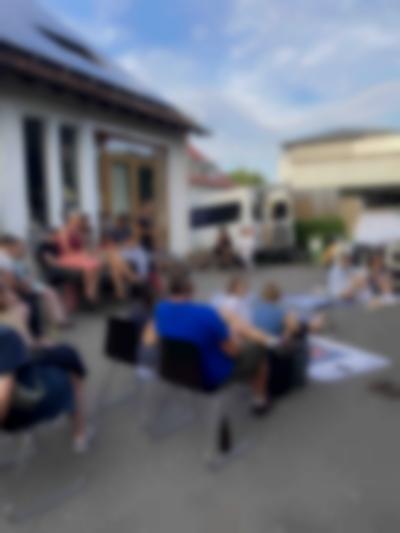
Photo: © Biennale für Freiburg 2
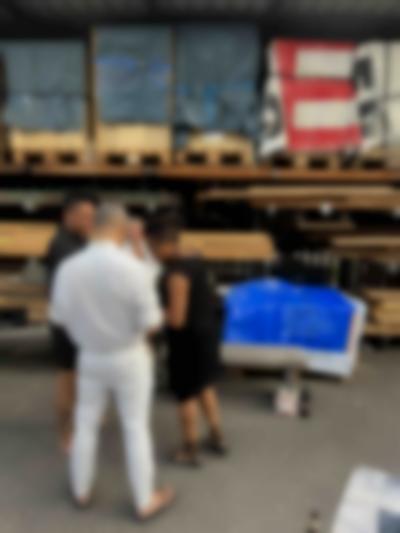
Photo: © Biennale für Freiburg 2
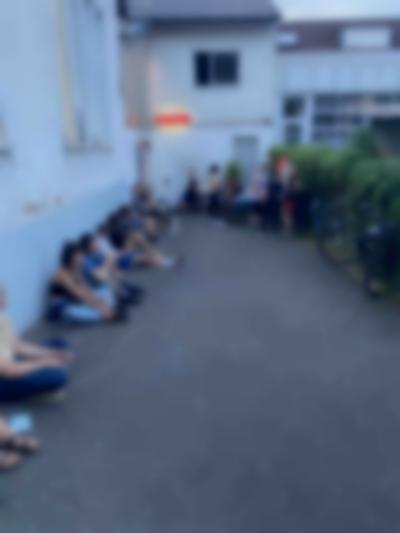
In front of the Slow Club Freiburg.
Photo: © Biennale für Freiburg 2
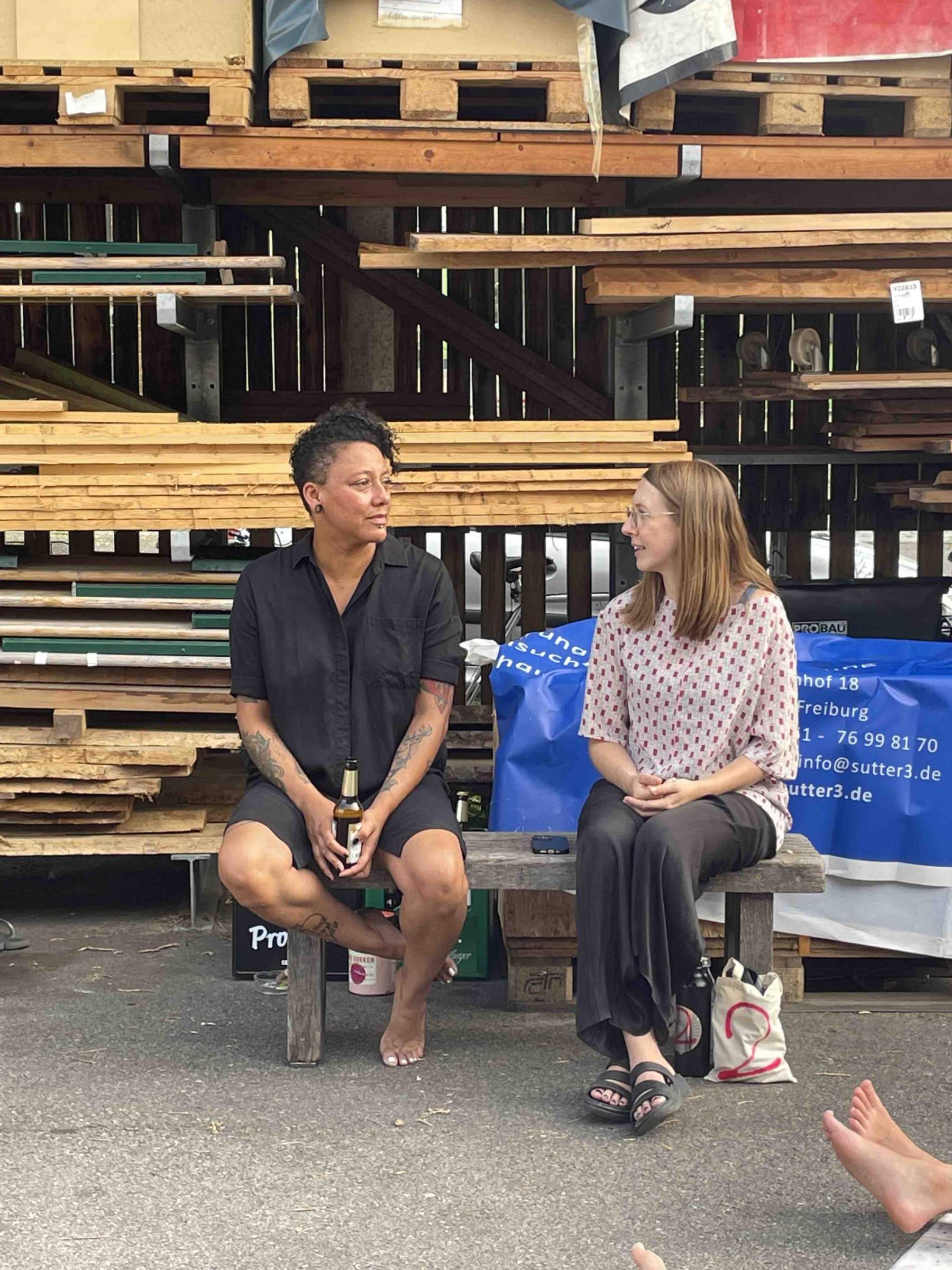

Paula Kommoss (Artistic Director, Biennale fr Freiburg 2) and Sévérine Kpoti start the LISTENING SESSION.
Photo: © Biennale für Freiburg 2
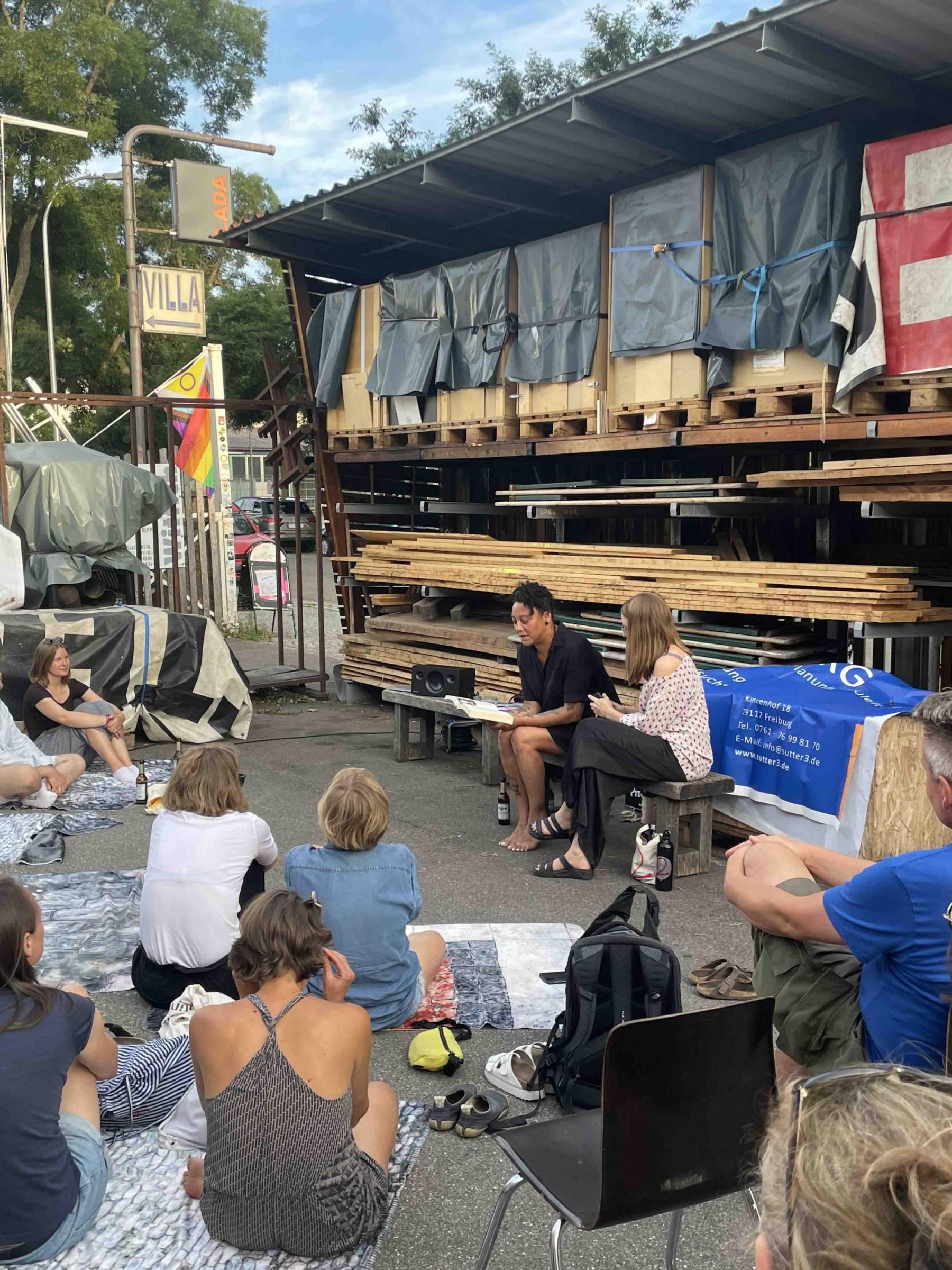

Sévérine Kpoti reads from the book PUNK AS F*CK (2022).
Photo: © Biennale für Freiburg 2
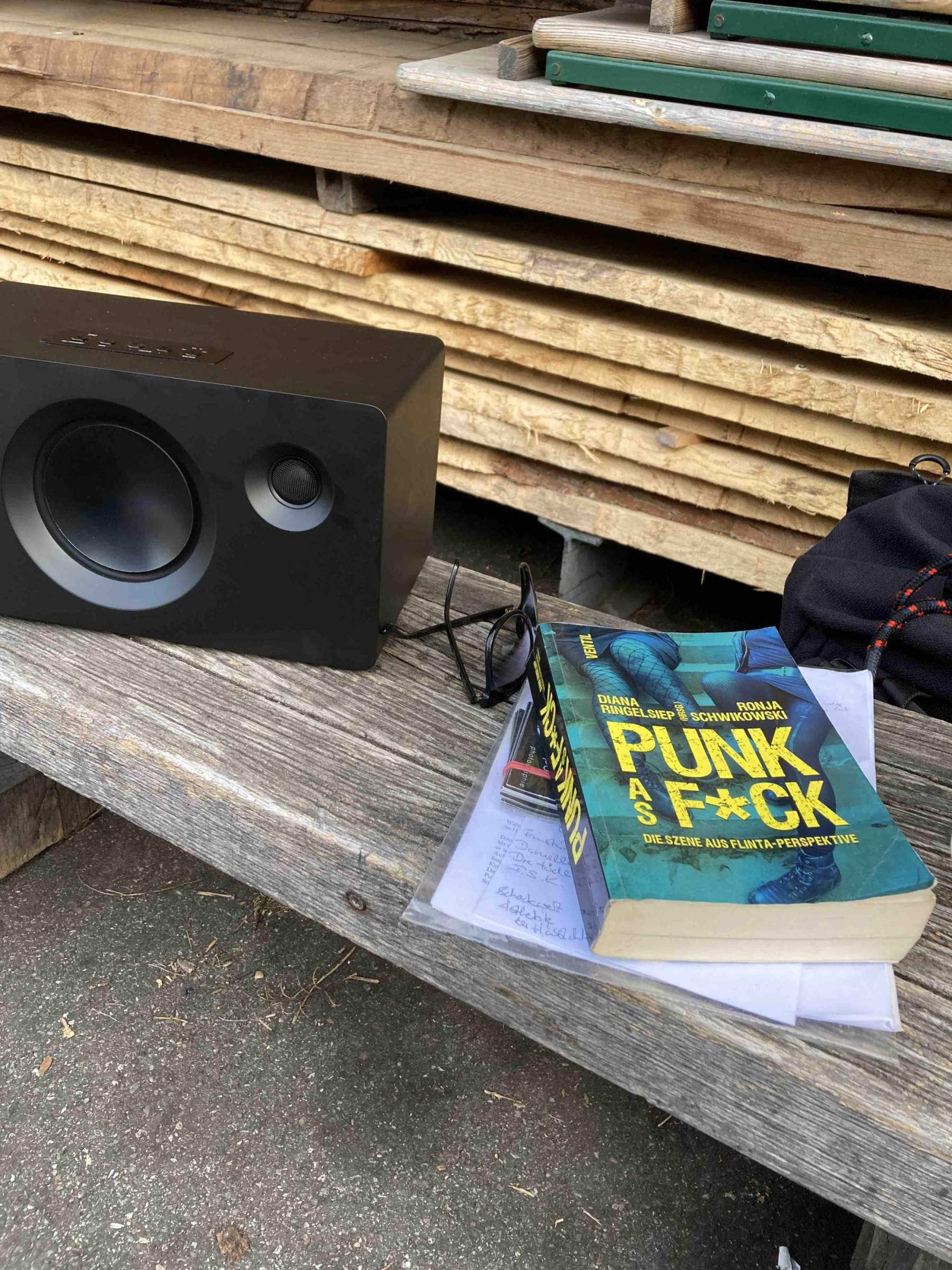

Photo: © Biennale für Freiburg 2
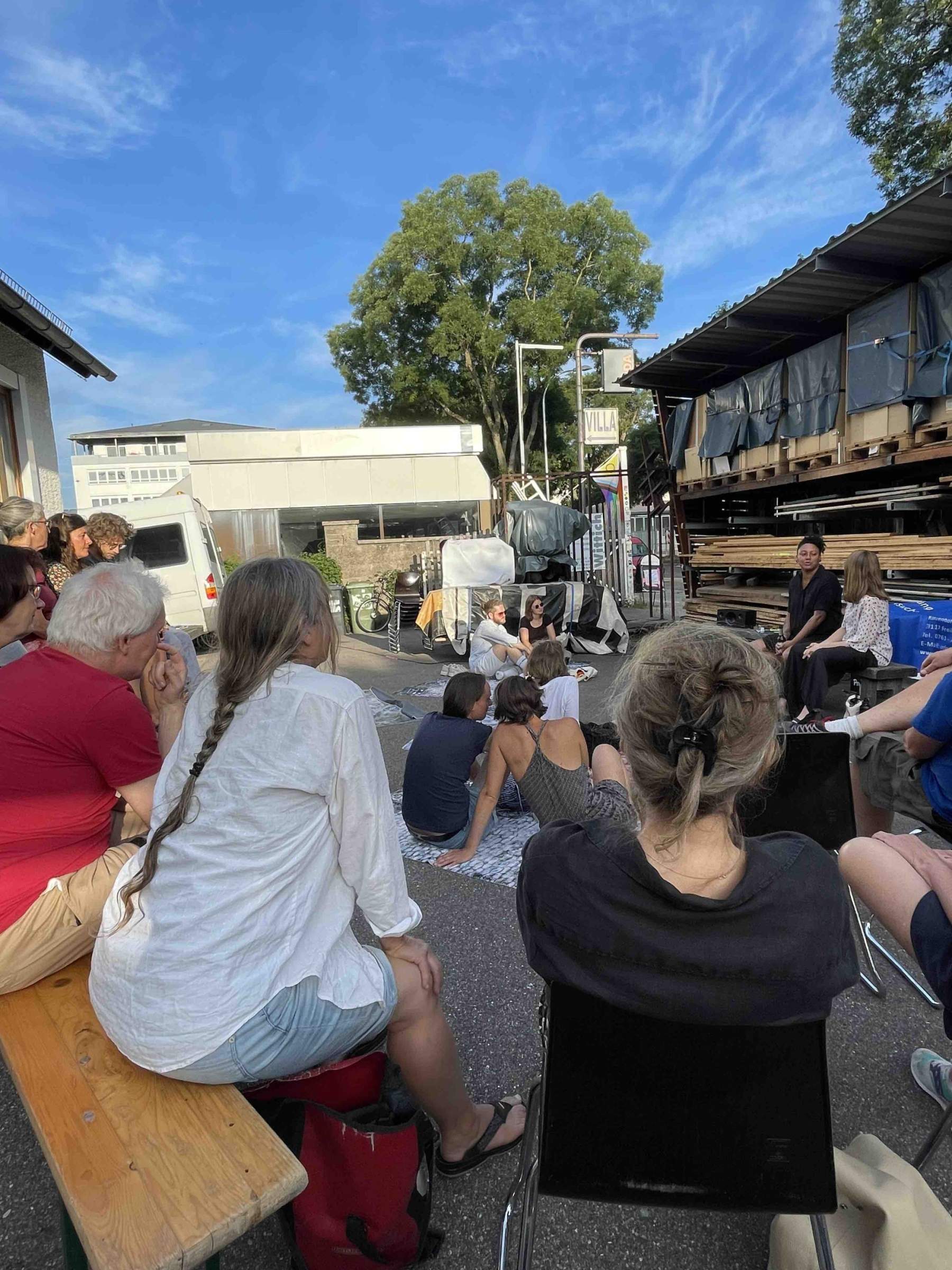

Photo: © Biennale für Freiburg 2
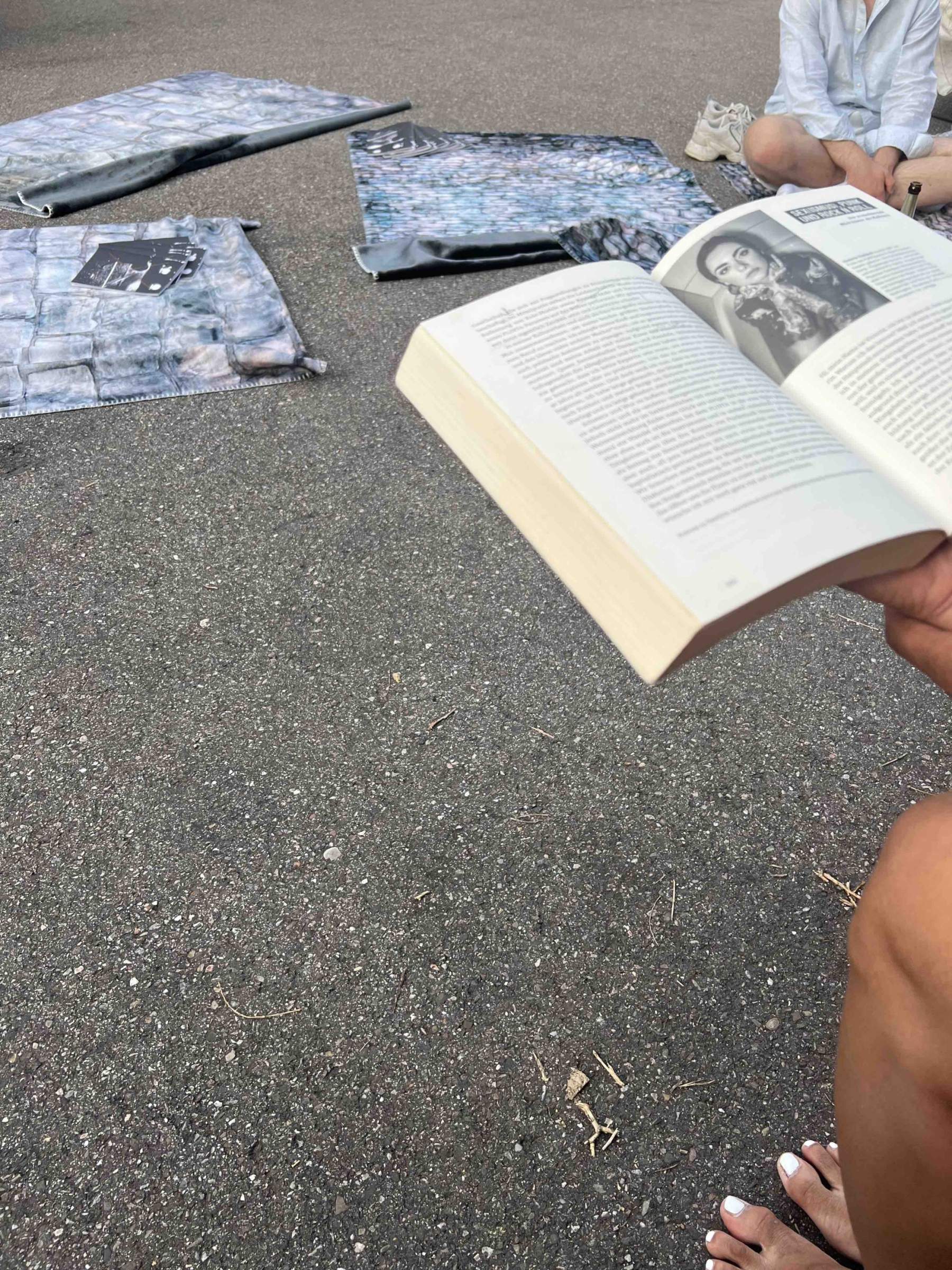

Photo: © Biennale für Freiburg 2
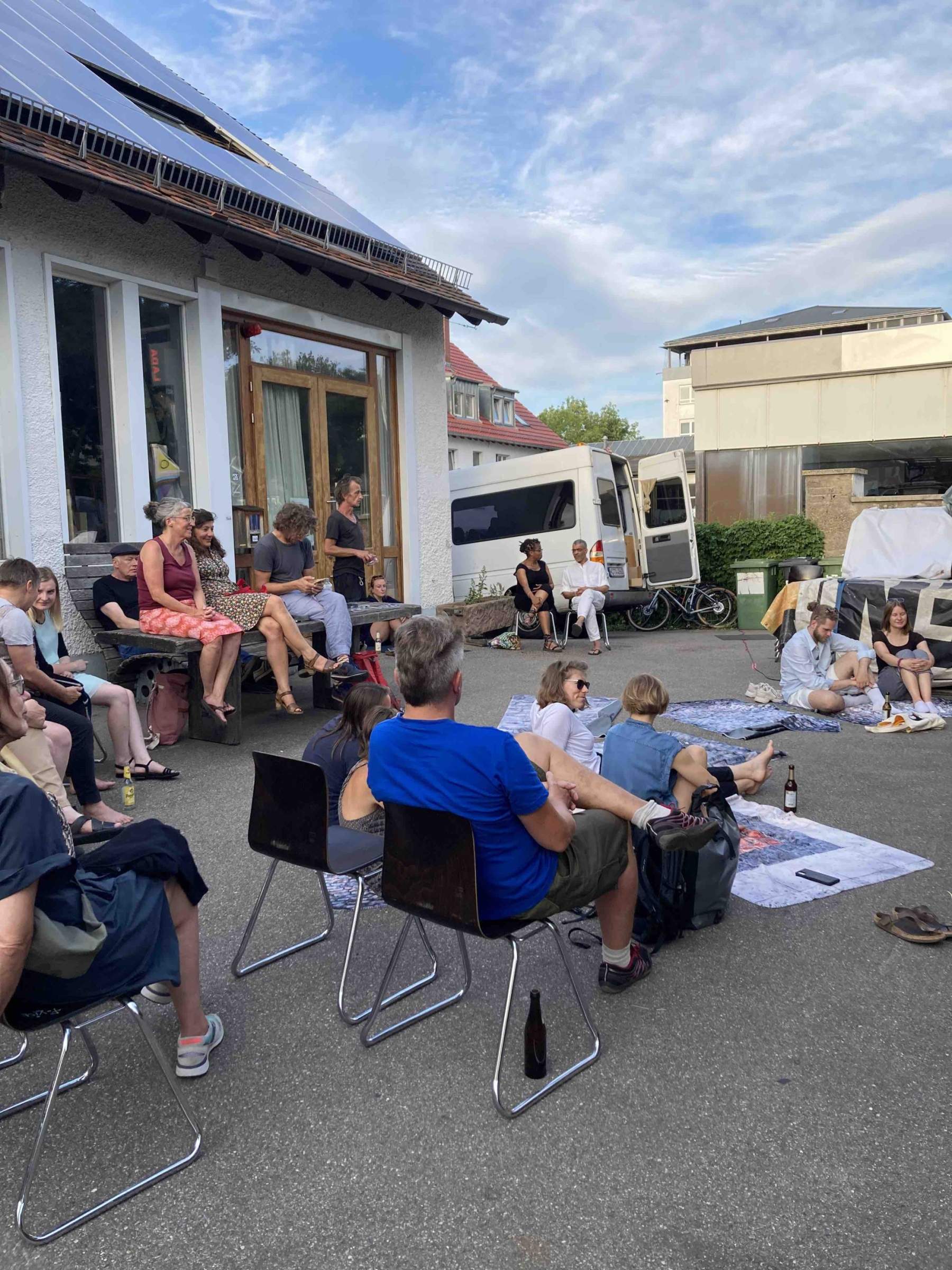

Photo: © Biennale für Freiburg 2
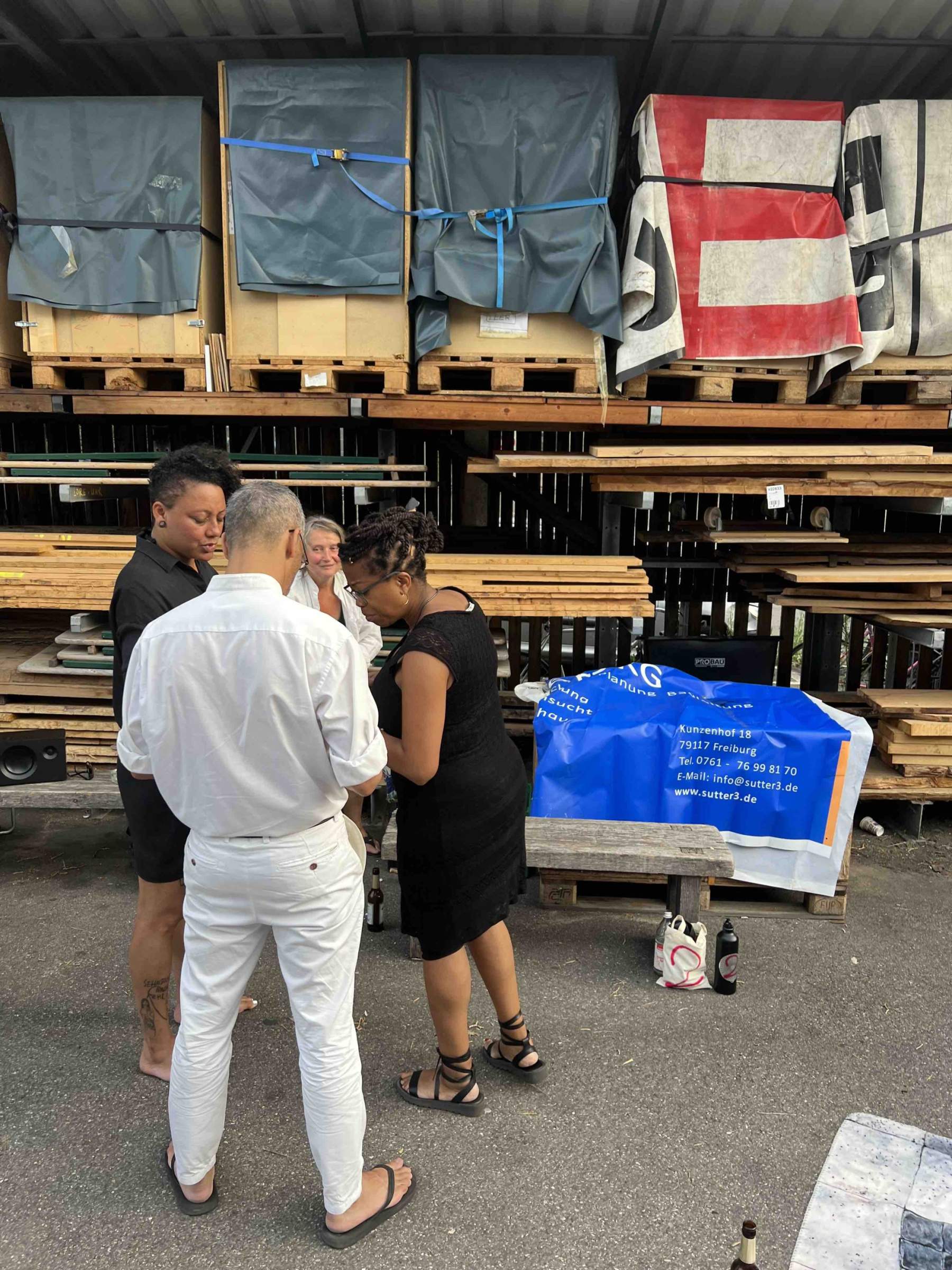

Photo: © Biennale für Freiburg 2
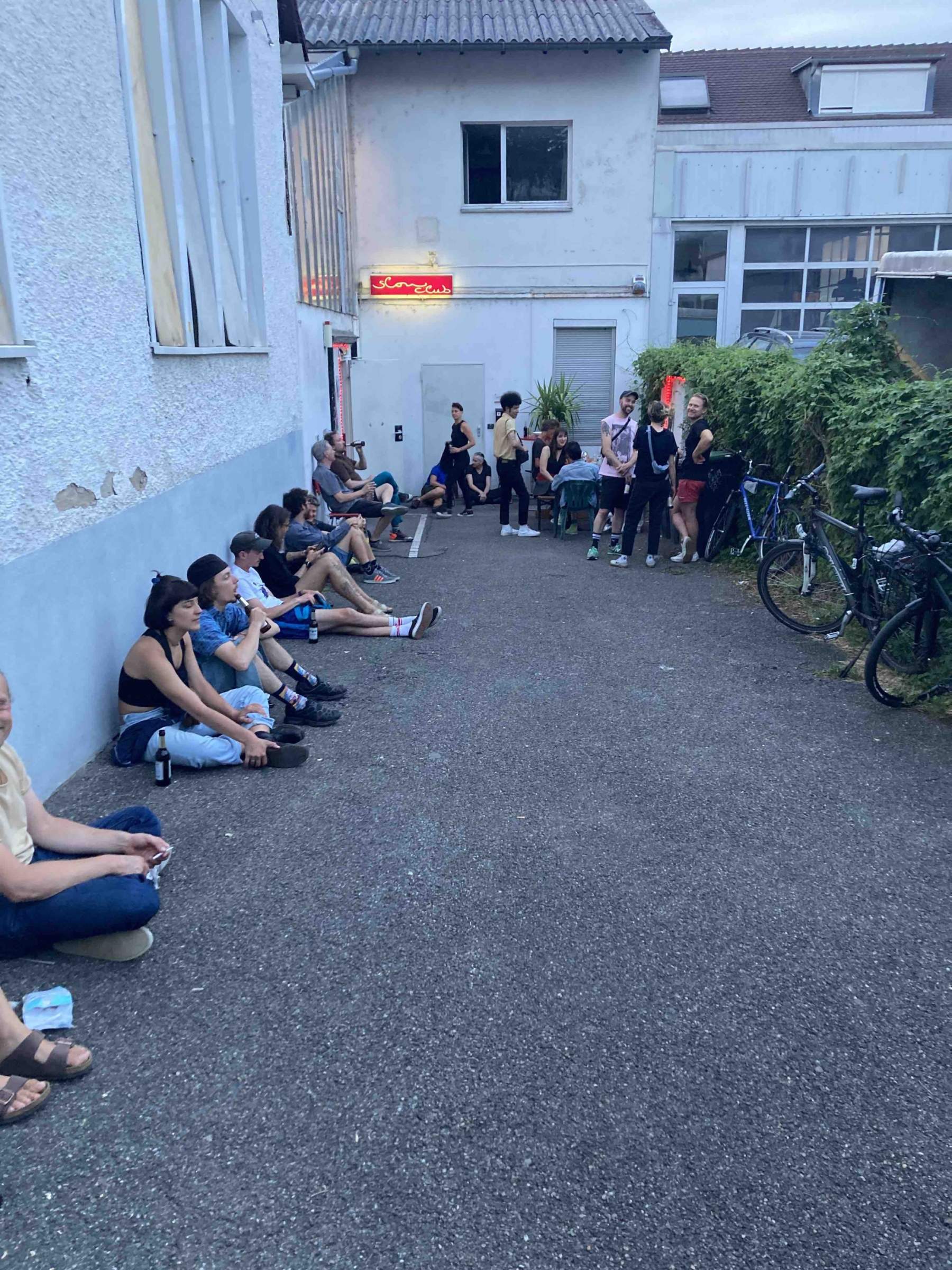

In front of the Slow Club Freiburg.
Photo: © Biennale für Freiburg 2
Leaflet Workshop by Maximiliane Baumgartner
Musikpavillon, Stadtgarten
14.07 /
13:00 – 16:00
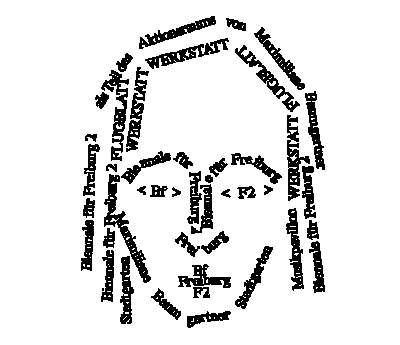
In the LEAFLET WORKSHOP by Maximiliane Baumgartner leaflets will be created in collaboration with children and young people.
… MoreLeaflet Workshop by Maximiliane Baumgartner
14.07.2023 / 13:00 – 16:00 / Musikpavillon, Stadtgarten
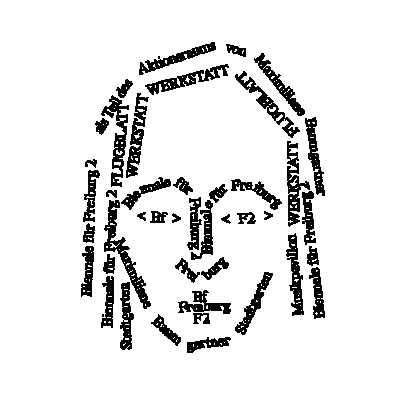
LEAFLET WORKSHOP BY MAXIMILIANE BAUMGARTNER
Date: Friday, July 14, 2023, 1–4 p.m.
Location: to be announced
Based around the Freiburg artist and art educator Eva Eisenlohr (1891–1977), Maximiliane Baumgartner will develop an action space comprised of multi-part painterly interventions in Freiburg’s urban space, in which the production, presentation, and mediation of art dissolve and new positionings become possible.
The action vehicle VIELE VAMPIRE SIND VÖGEL (2019/2023) is one element of the action space and will become a collaborative stage for action. An enlarged reproduction of Eisenlohr’s print FRIENDS (1956) takes the form of a banner, mounted on the cart. It serves as direct illustrative material, as well as a gateway onto a performative approach to and examination of Eisenlohr’s work. In a LEAFLET WORKSHOP leaflets will be created in collaboration with children and young people.
The supervision of children and young people during the leaflet workshop is the responsibility of their parents or guardians and cannot be left to the leaflet workshop team.
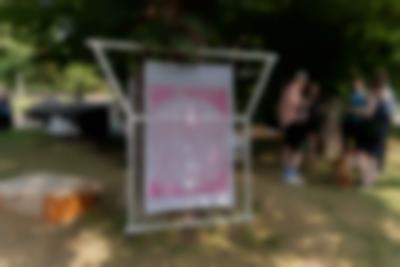
LEAFLET WORKSHOP by Maximiliane Baumgartner at Stadtgarten.
Photo: Sévérine Kpoti, © Biennale für Freiburg 2
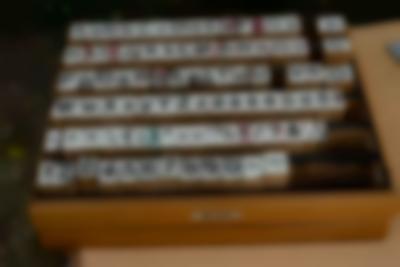
Photo: Sévérine Kpoti, © Biennale für Freiburg 2
LEAFLET WORKSHOP
Friday, July 14, 2023, 1–4 p.m.
Location to be announced
LEAFLET WORKSHOP BY MAXIMILIANE BAUMGARTNER AS PART OF THE BIENNALE FÜR FREIBURG 2 STREET FEST
Friday, July 21, 2023, 4–6 p.m.
Marienstraße, 79098 Freiburg
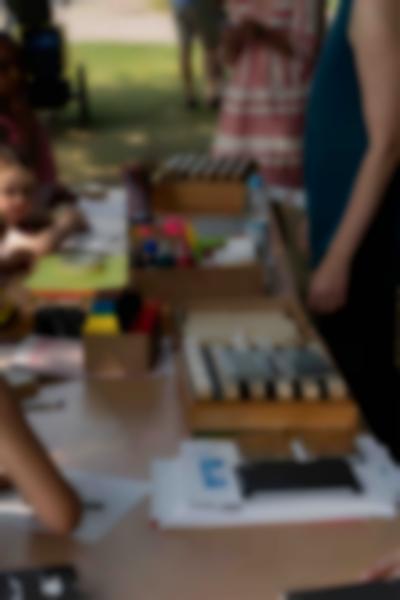
Photo: Sévérine Kpoti, © Biennale für Freiburg 2
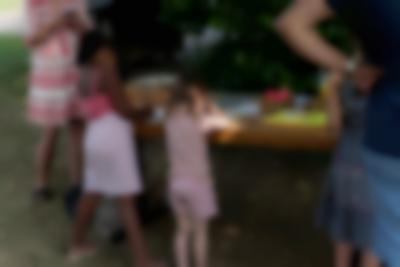
Photo: Sévérine Kpoti, © Biennale für Freiburg 2
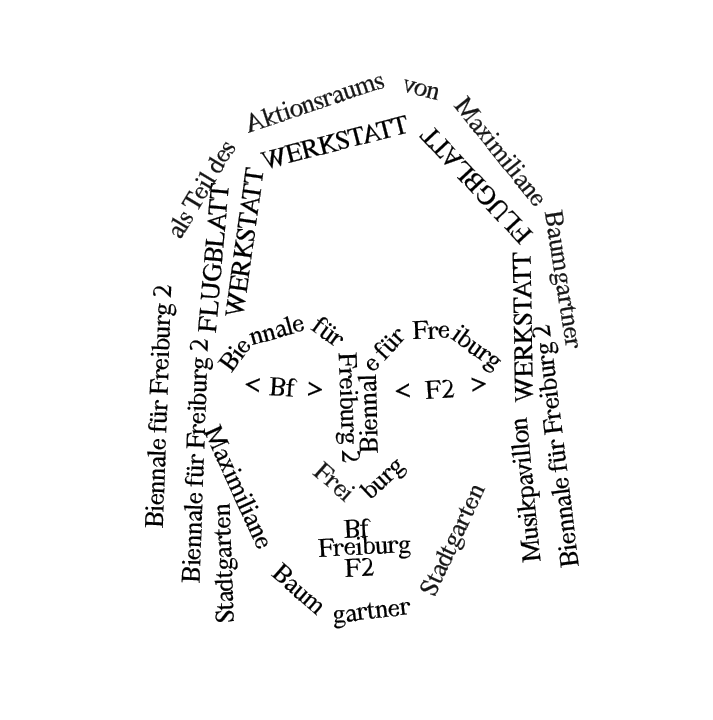

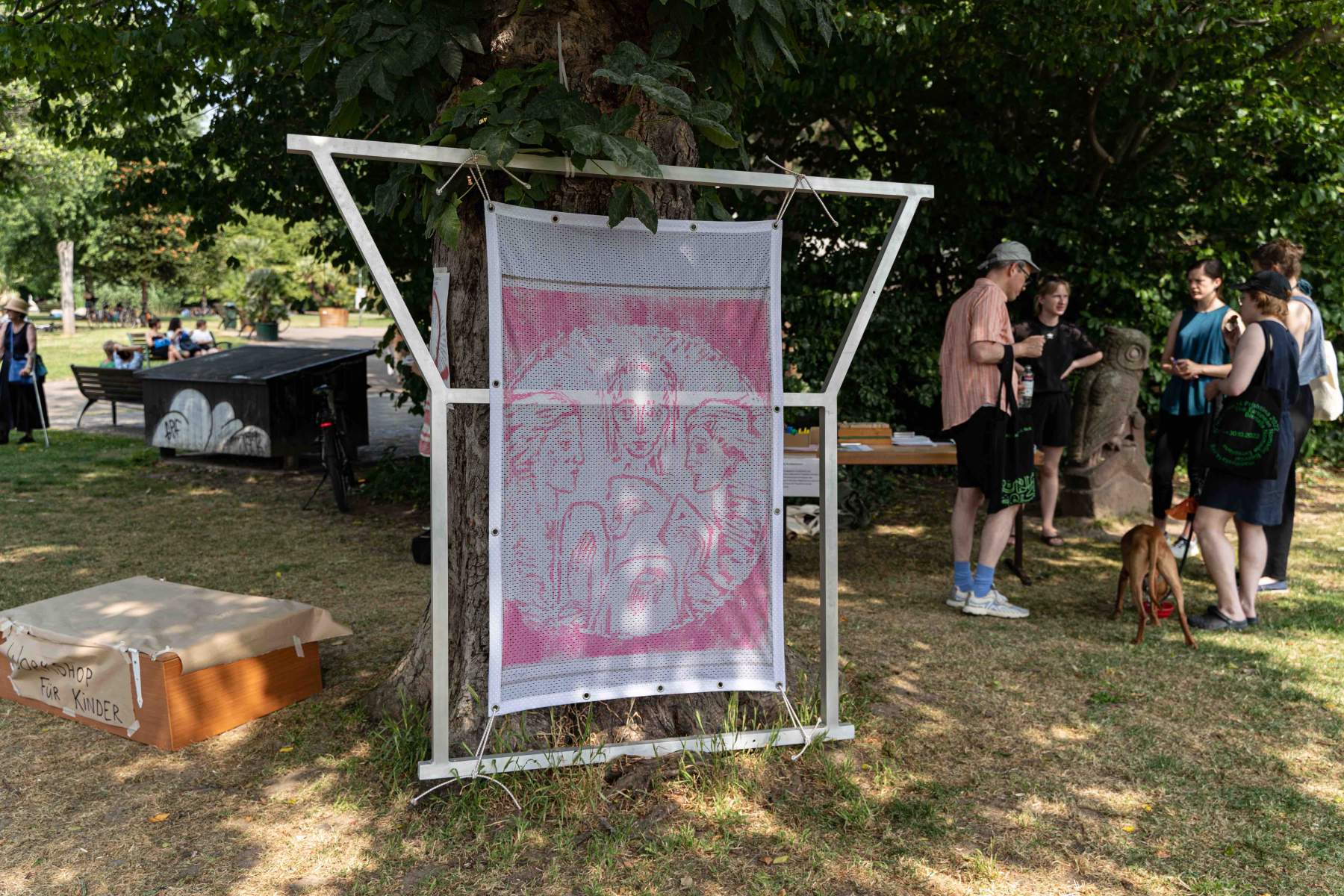

LEAFLET WORKSHOP by Maximiliane Baumgartner at Stadtgarten.
Photo: Sévérine Kpoti, © Biennale für Freiburg 2
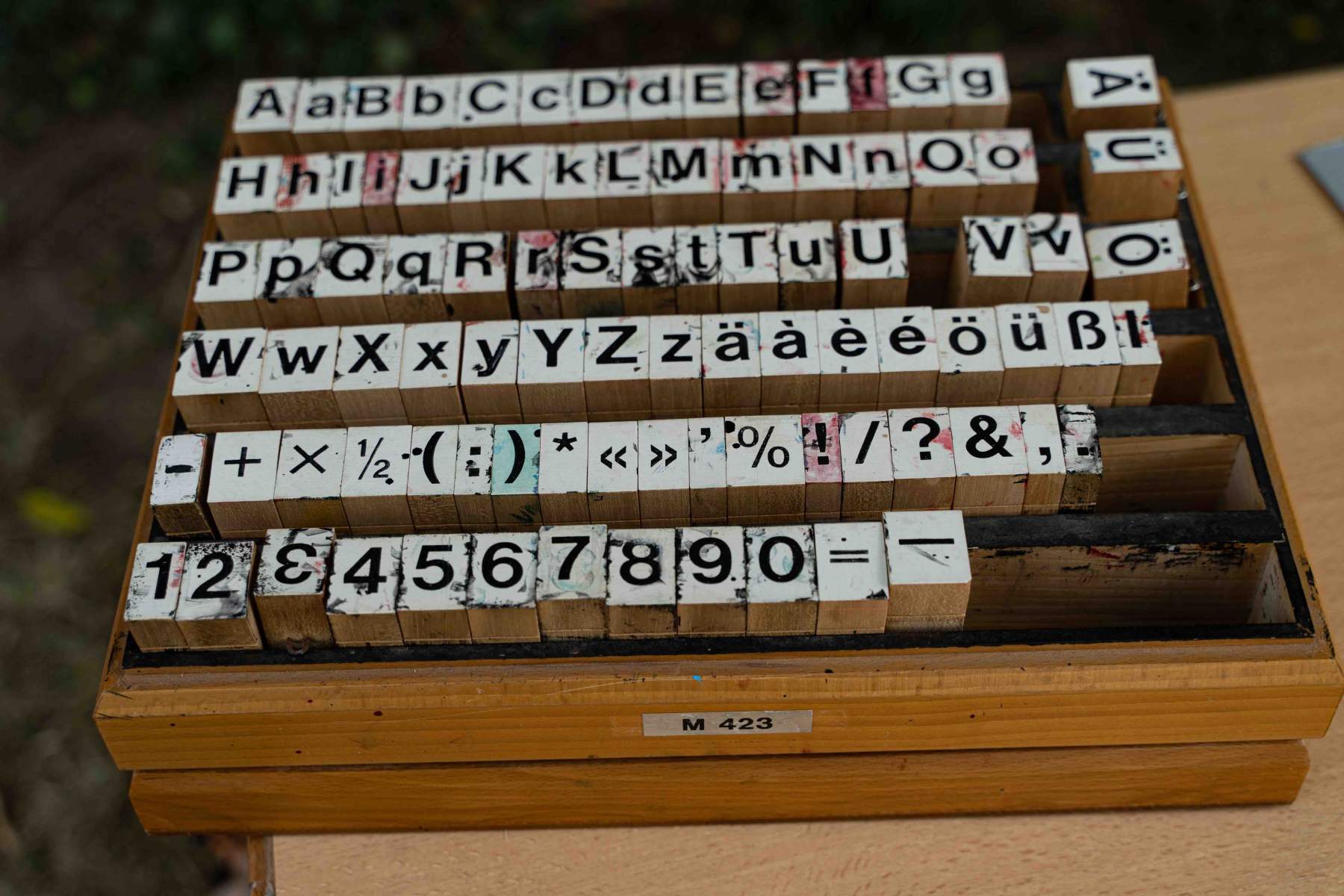

Photo: Sévérine Kpoti, © Biennale für Freiburg 2
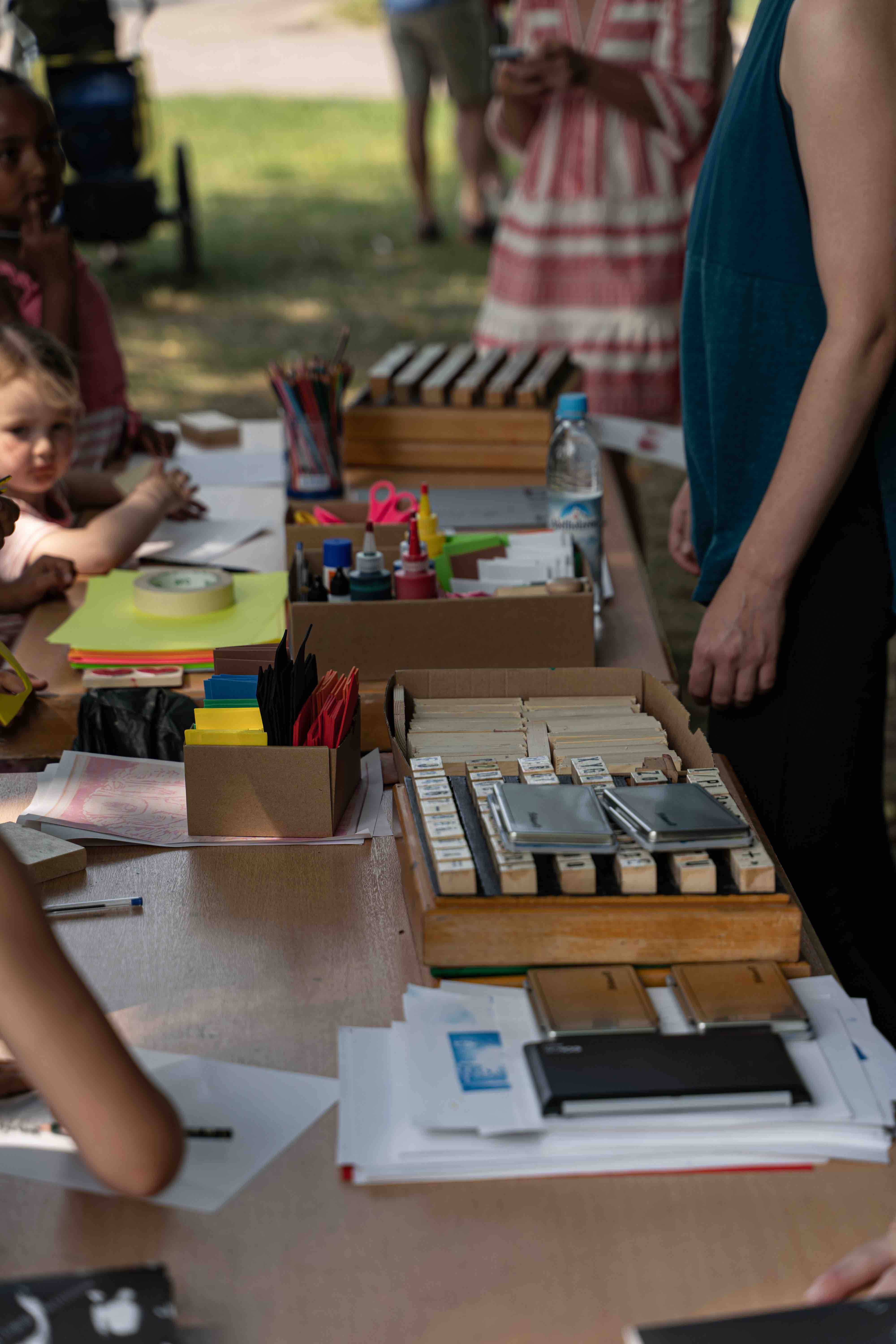

Photo: Sévérine Kpoti, © Biennale für Freiburg 2
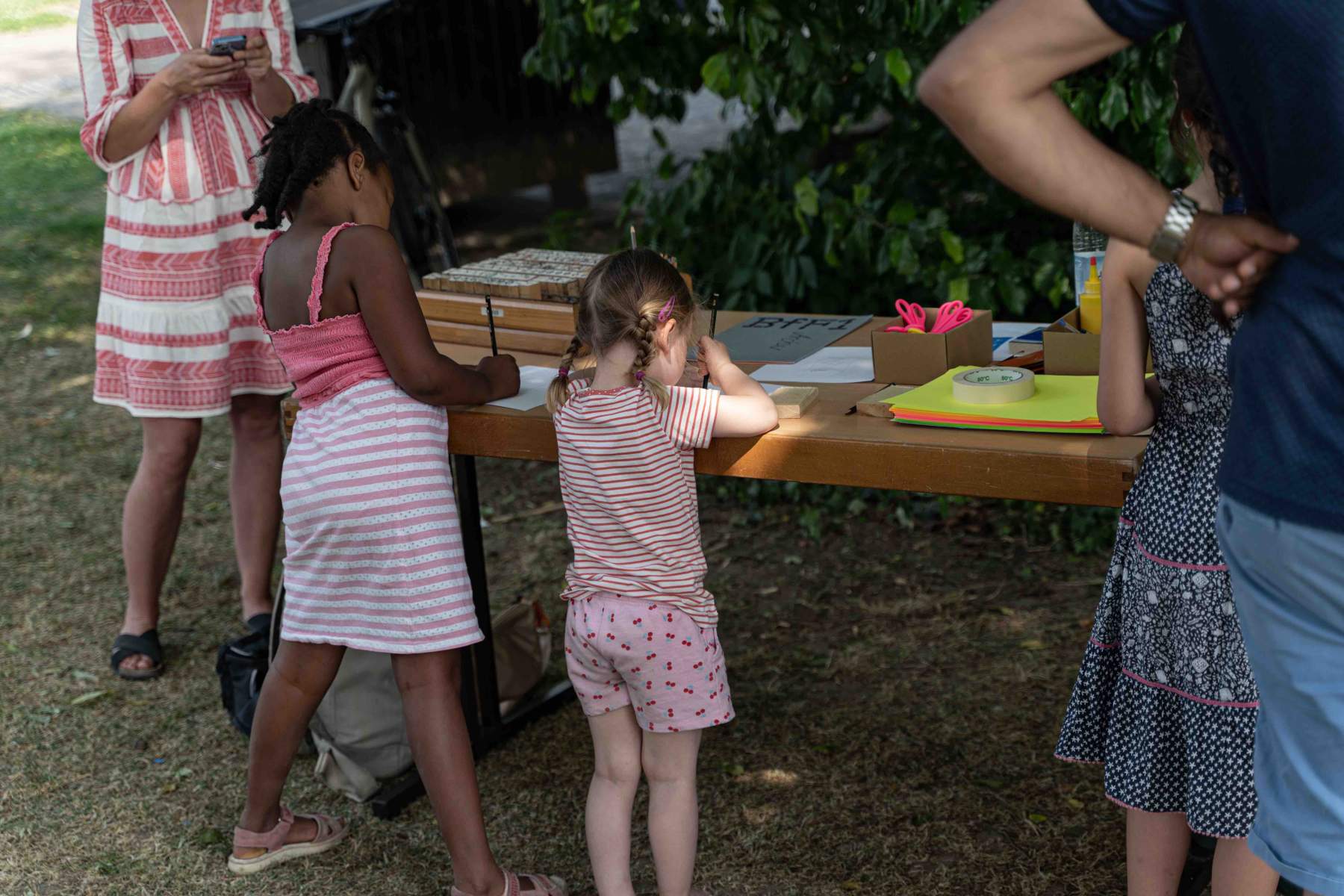

Photo: Sévérine Kpoti, © Biennale für Freiburg 2
Pflaster:
Resistant Streets
Platz der Alten Synagoge
13.07 / 19:00
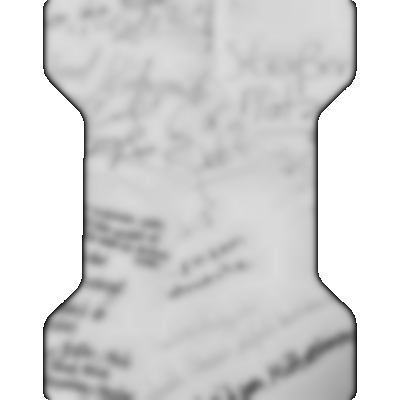
Together with the social worker Dorothee Annette Kreuzer, the participants of this PFLASTER are encouraged to focus their attention on places that are characterized by contradictions
… MorePflaster:
Resistant Streets
13.07.2023 / 19:00 / Platz der Alten Synagoge
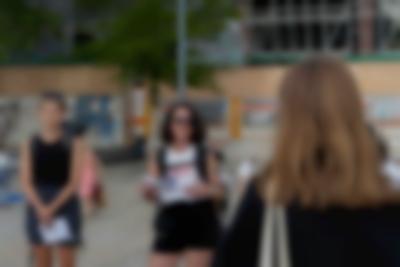
Social worker Dorothee Annette Kreuzer begins the Pflaster.
Photo: Sévérine Kpoti, © Biennale für Freiburg 2
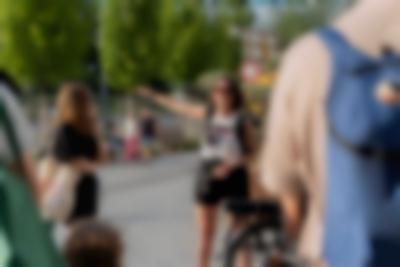
Paula Kommoss (Artistic Director, Biennale für Freiburg 2) and Dorothee Annette Kreuzer welcome the participants.
Photo: Sévérine Kpoti, © Biennale für Freiburg 2
PFLASTER:
RESISTANT STREETS WITH DOROTHEE ANNETTE KREUZER
Thursday, July 13, 2023, 7 p.m.
Meeting place: Platz der Alten Synagoge, 79098 Freiburg
Participants are invited to accompany social worker Dorothee Annette Kreuzer and broaden their perspective as they move through the city, directing their gaze to places that are characterized by contradictions. The streets of a city mark its centers, delimit them, and guide people through them. As public spaces, they are equally contested sites of political disputes. This raises the question of who owns these spaces and how the city can be shaped and lived in.
Participants are encouraged to bring their own backpack and blanket.
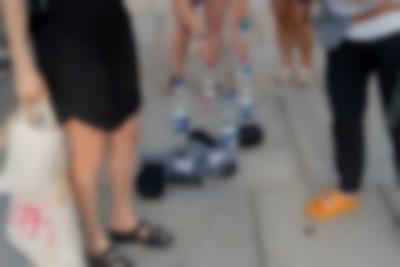
Water and sleeping bags.
Photo: Sévérine Kpoti, © Biennale für Freiburg 2
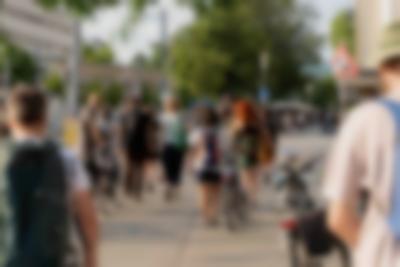
Photo: Sévérine Kpoti, © Biennale für Freiburg 2
In the PFLASTER series, the Biennale für Freiburg 2 invites experts from different fields to examine the circumstances and stories of specific urban contexts during guided walks. While walking through Freiburg, the street talks open up a space to reflect together on the potentials of social movements: how, for example, does feminist representation manifest itself in public space? Furthermore, the conversations will critically reflect upon aspects of Freiburg’s colonial urban history and examine the current realities of life on the street. Using existing resources and expert knowledge from within the city, PFLASTER aims to sharpen the focus on the historical and contemporary layers of meaning, (in)visibility and (in)accessibility of urban space. Participation in the street talks is free of charge.
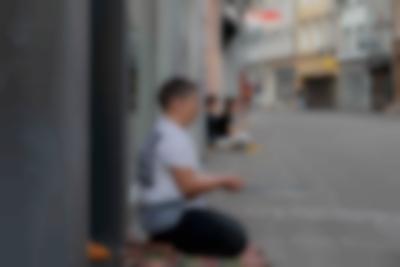
Photo: Sévérine Kpoti, © Biennale für Freiburg 2
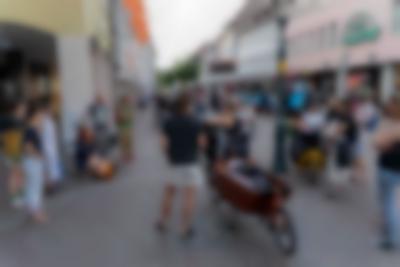
At Bertoldsbrunnen.
Photo: Sévérine Kpoti, © Biennale für Freiburg 2
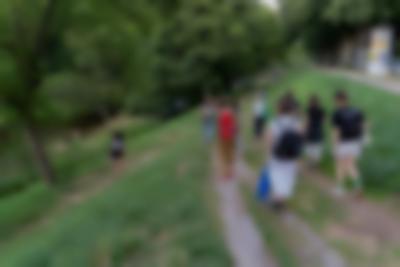
Photo: Sévérine Kpoti, © Biennale für Freiburg 2
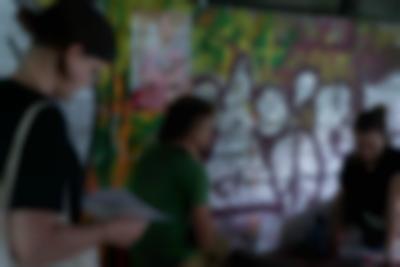
Photo: Sévérine Kpoti, © Biennale für Freiburg 2
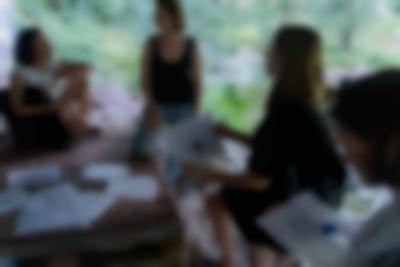
Photo: Sévérine Kpoti, © Biennale für Freiburg 2
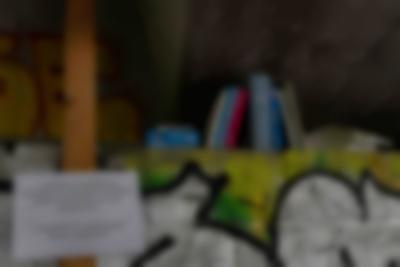
Photo: Sévérine Kpoti, © Biennale für Freiburg 2
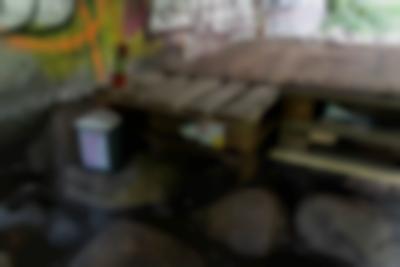
Photo: Sévérine Kpoti, © Biennale für Freiburg 2
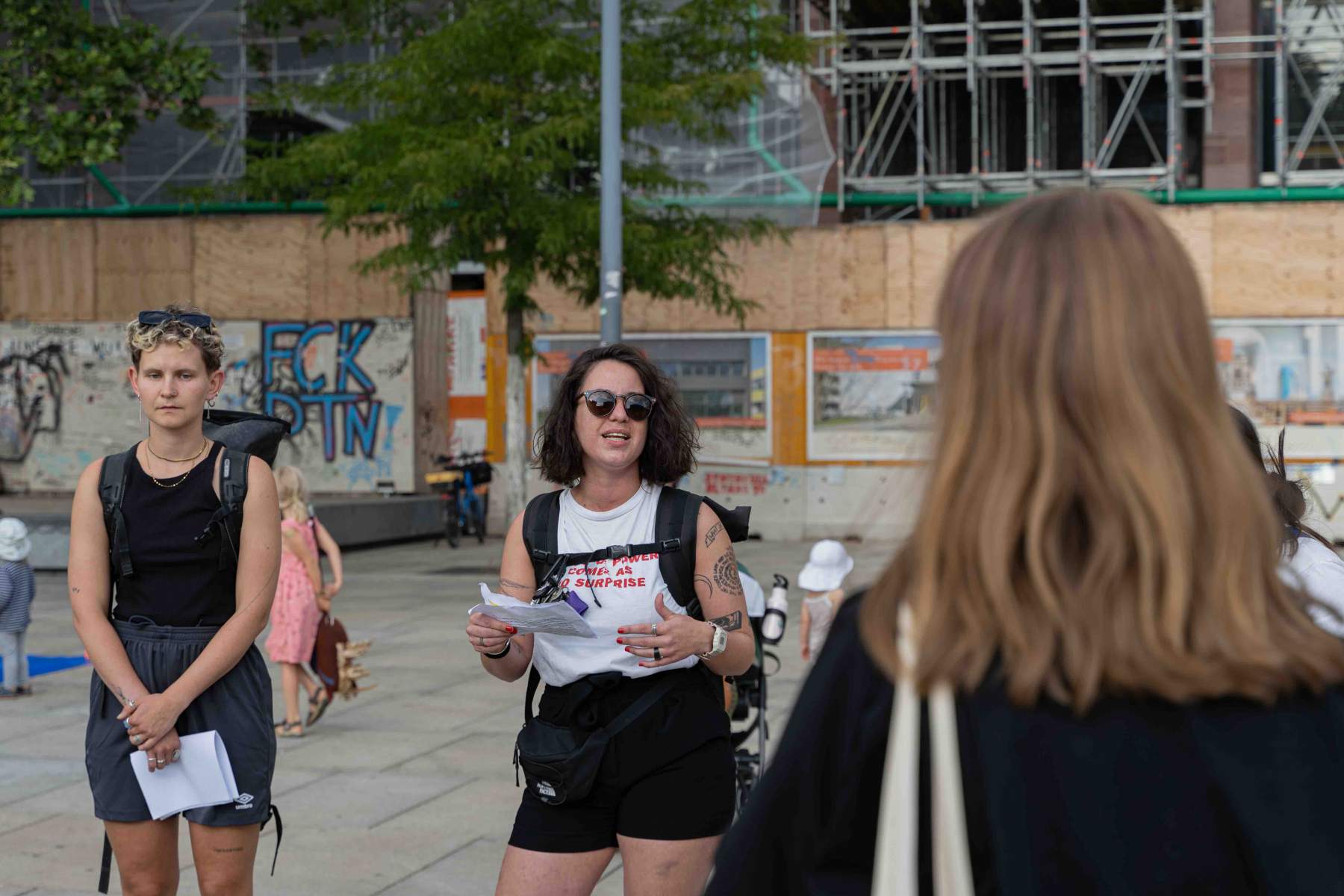

Social worker Dorothee Annette Kreuzer begins the Pflaster.
Photo: Sévérine Kpoti, © Biennale für Freiburg 2
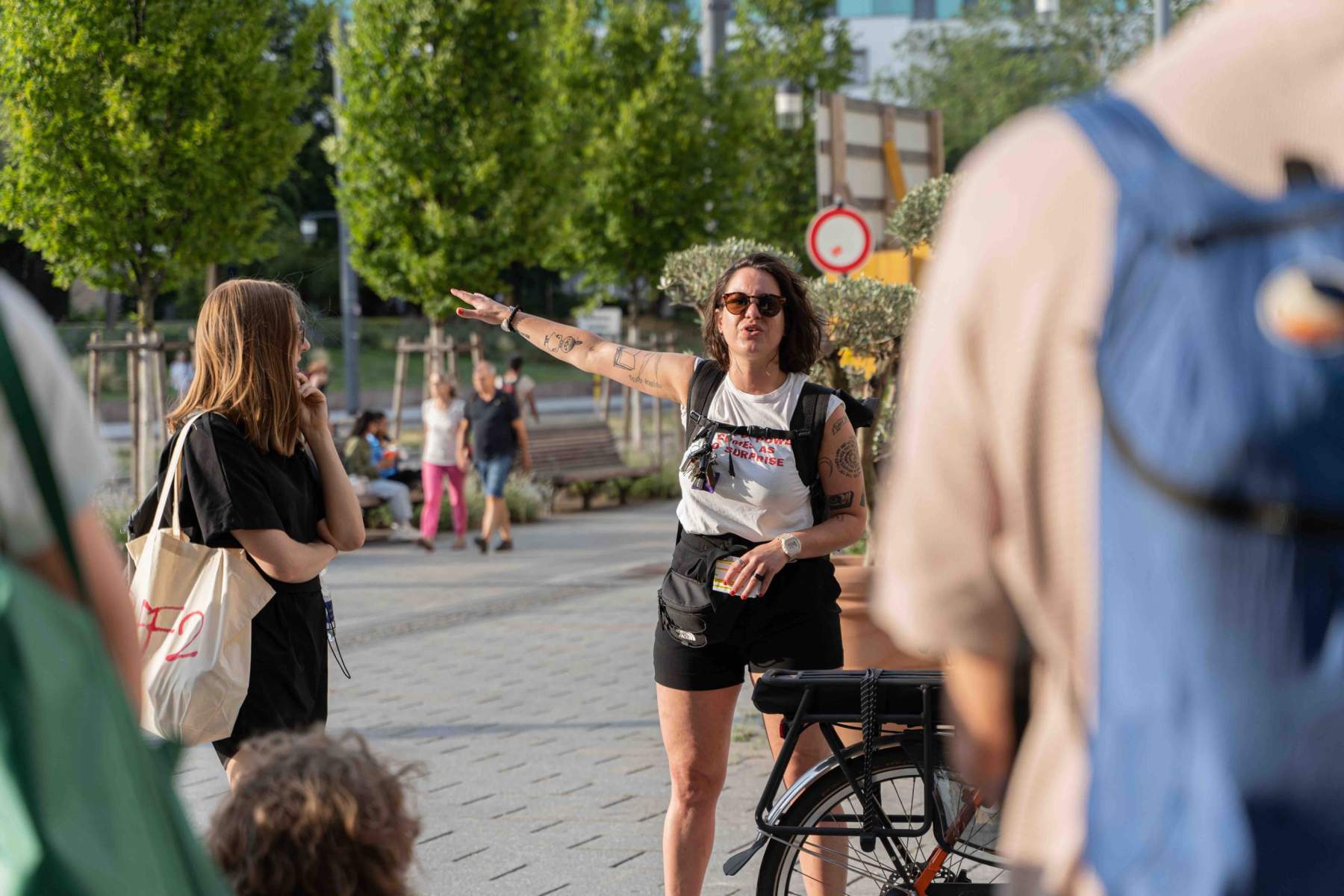

Paula Kommoss (Artistic Director, Biennale für Freiburg 2) and Dorothee Annette Kreuzer welcome the participants.
Photo: Sévérine Kpoti, © Biennale für Freiburg 2
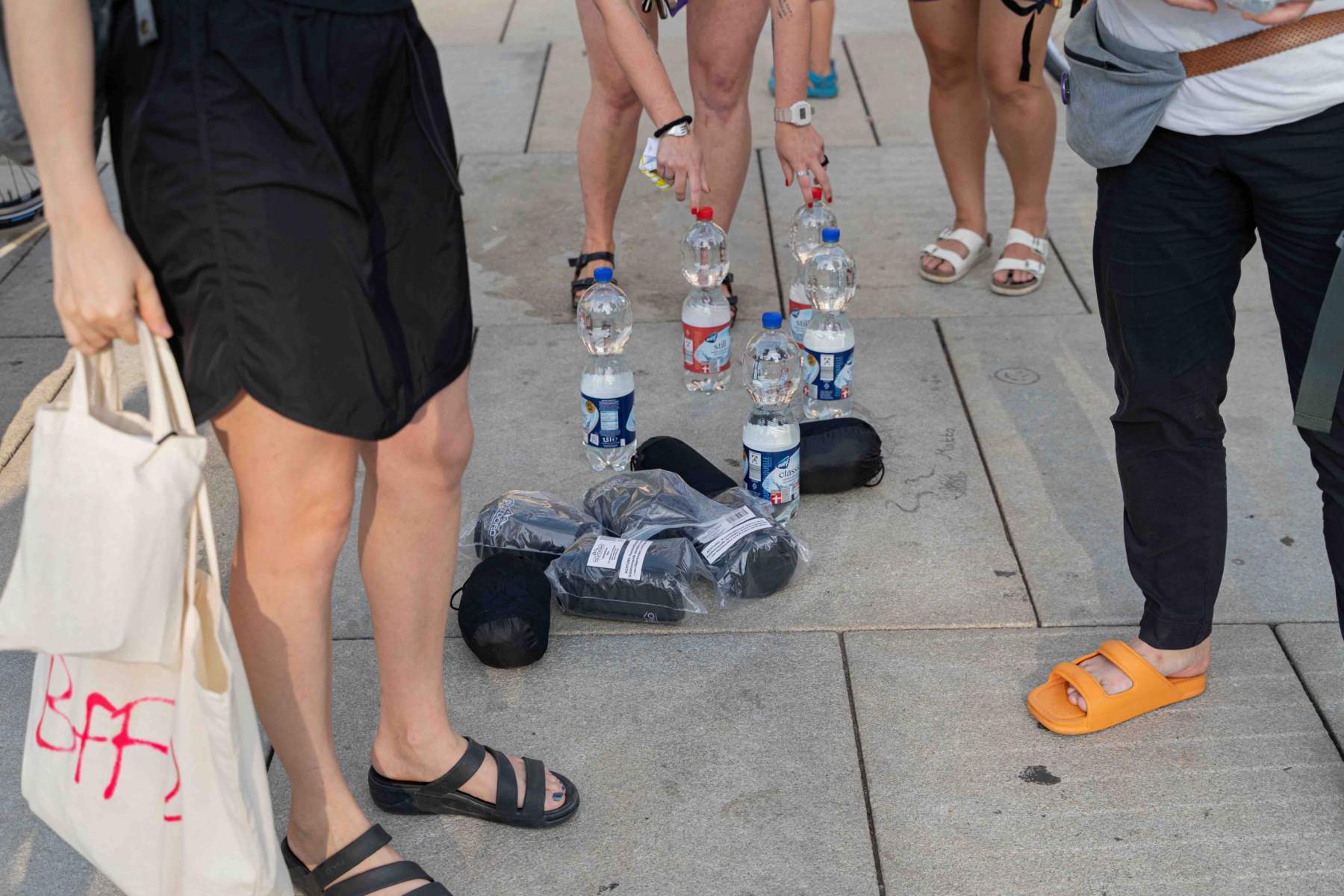

Water and sleeping bags.
Photo: Sévérine Kpoti, © Biennale für Freiburg 2
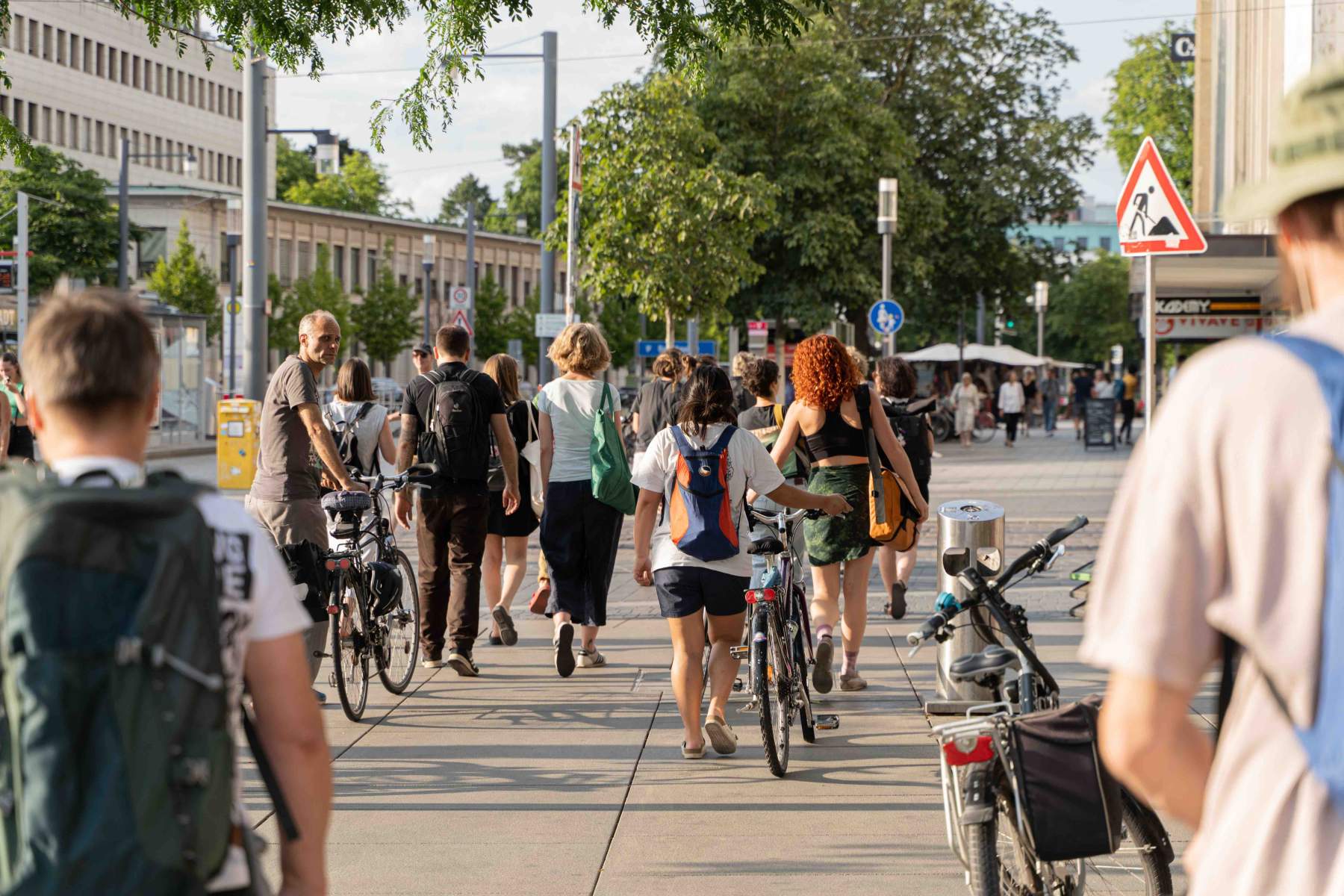

Photo: Sévérine Kpoti, © Biennale für Freiburg 2
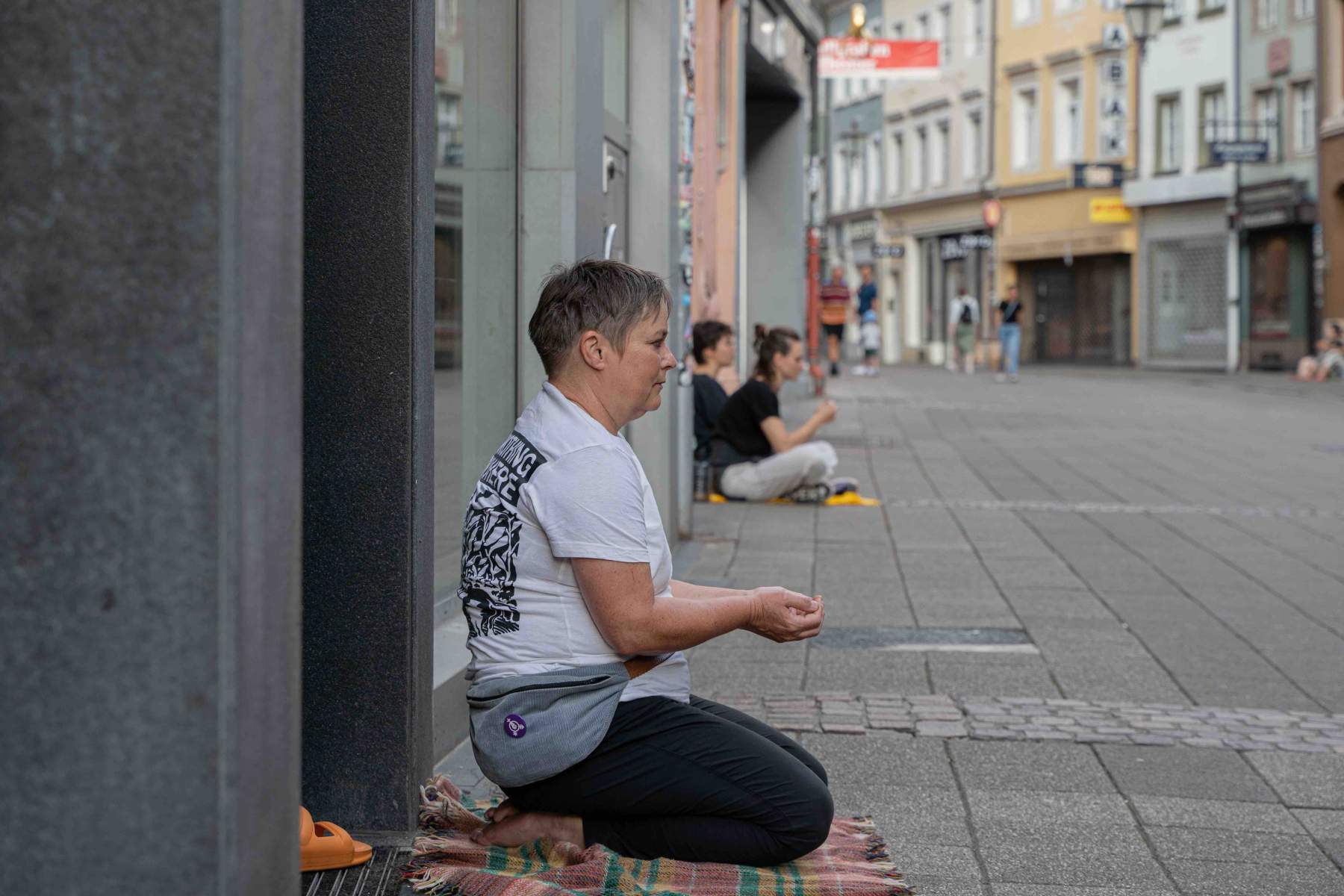

Photo: Sévérine Kpoti, © Biennale für Freiburg 2
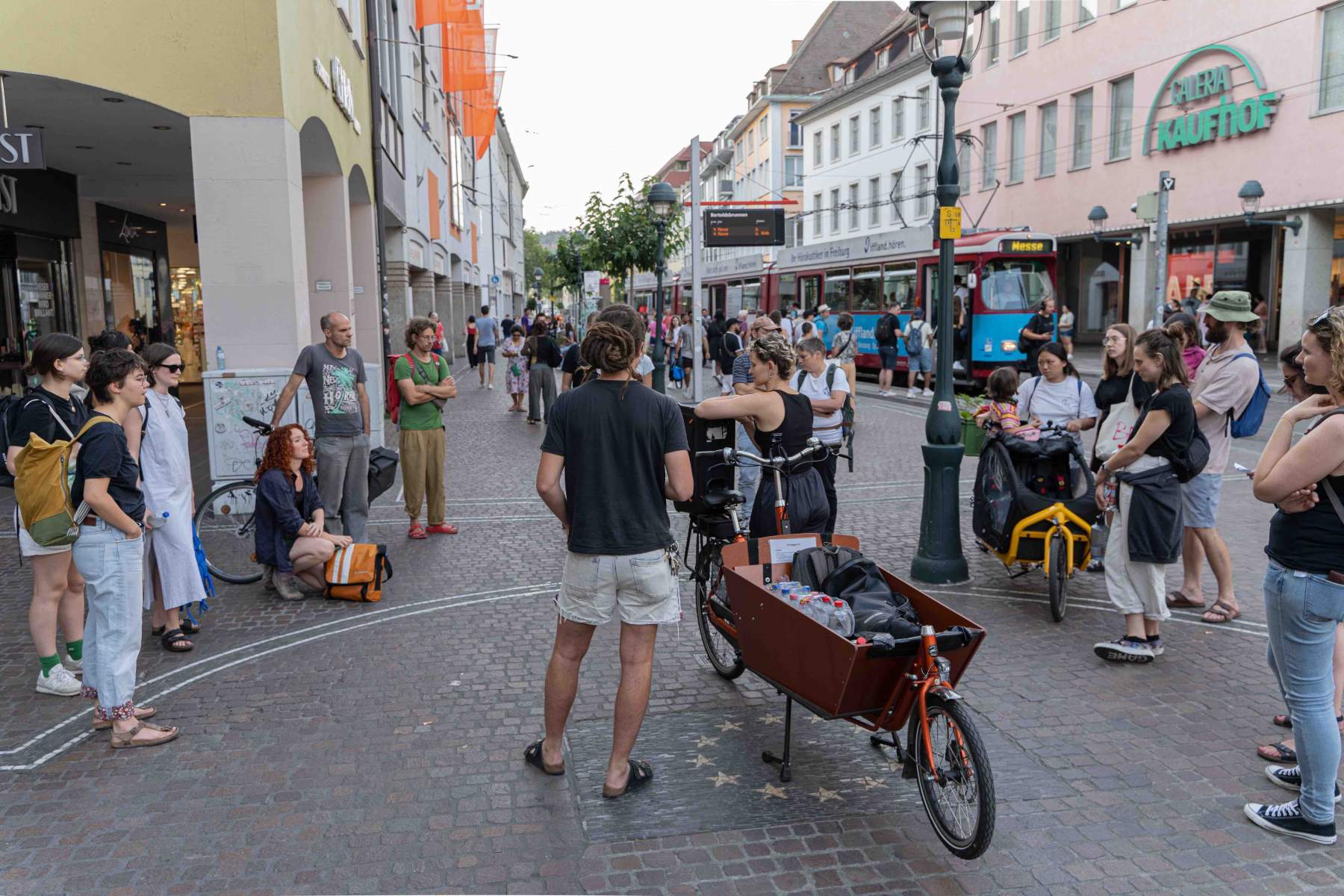

At Bertoldsbrunnen.
Photo: Sévérine Kpoti, © Biennale für Freiburg 2
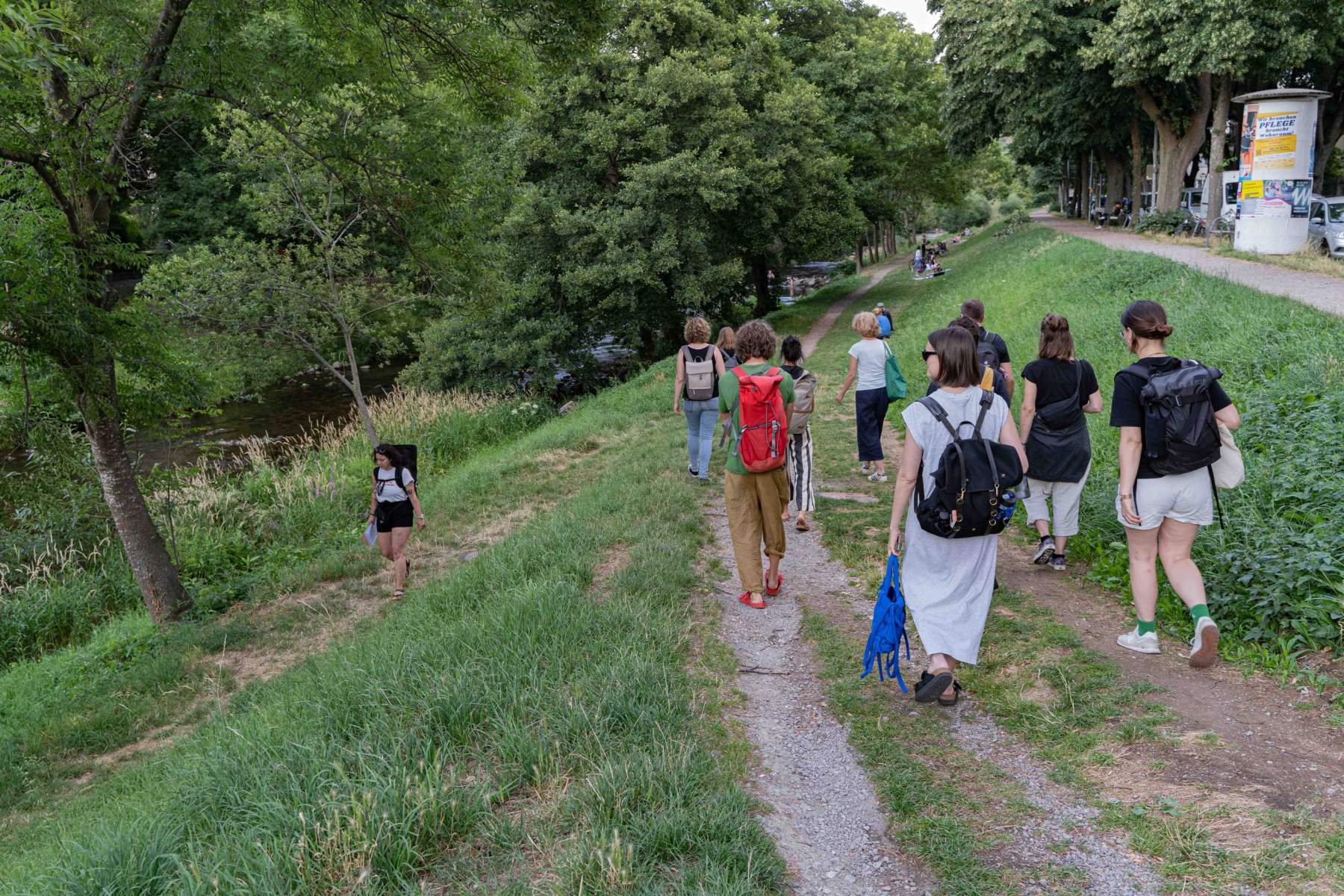

Photo: Sévérine Kpoti, © Biennale für Freiburg 2
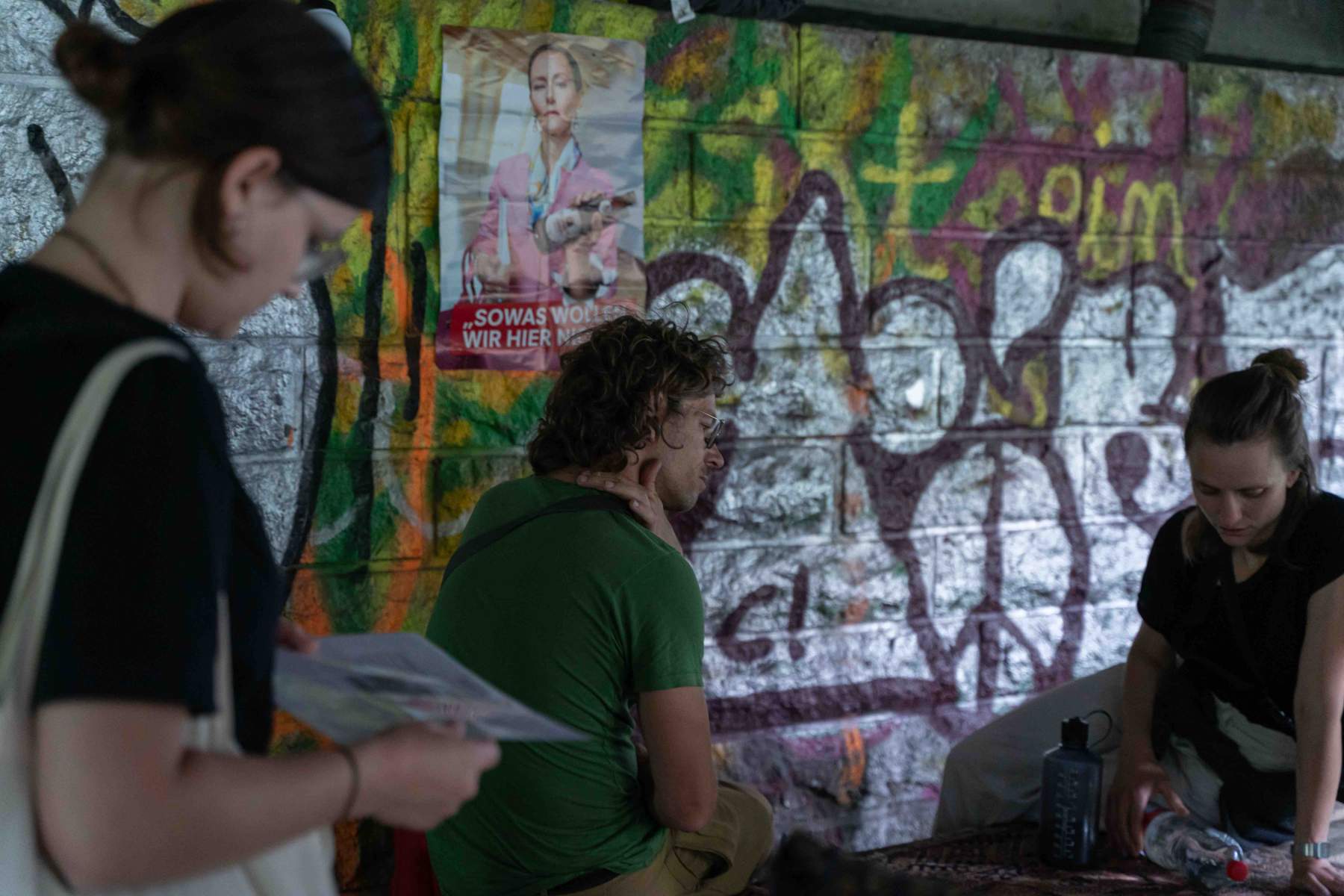

Photo: Sévérine Kpoti, © Biennale für Freiburg 2
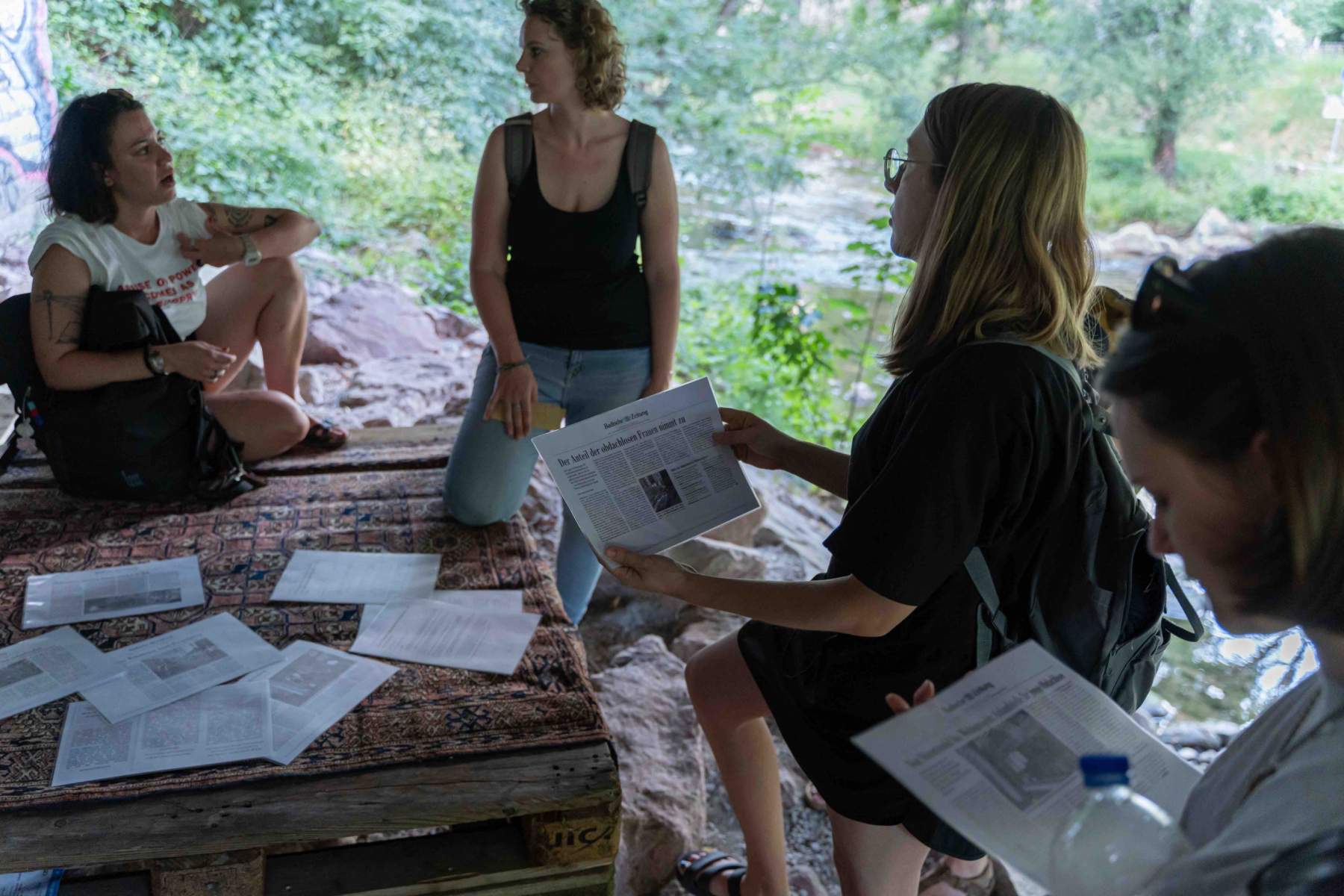

Photo: Sévérine Kpoti, © Biennale für Freiburg 2
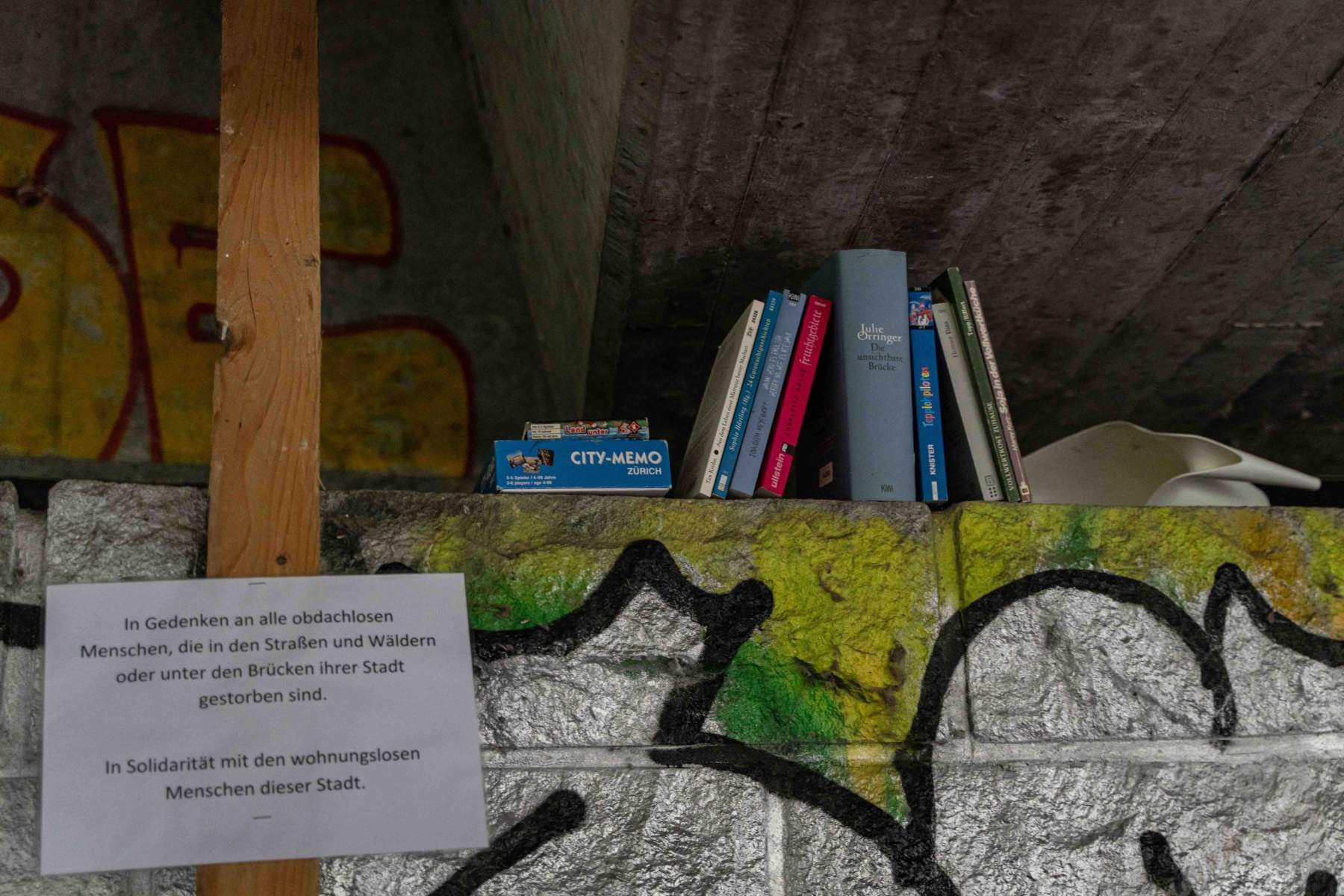

Photo: Sévérine Kpoti, © Biennale für Freiburg 2
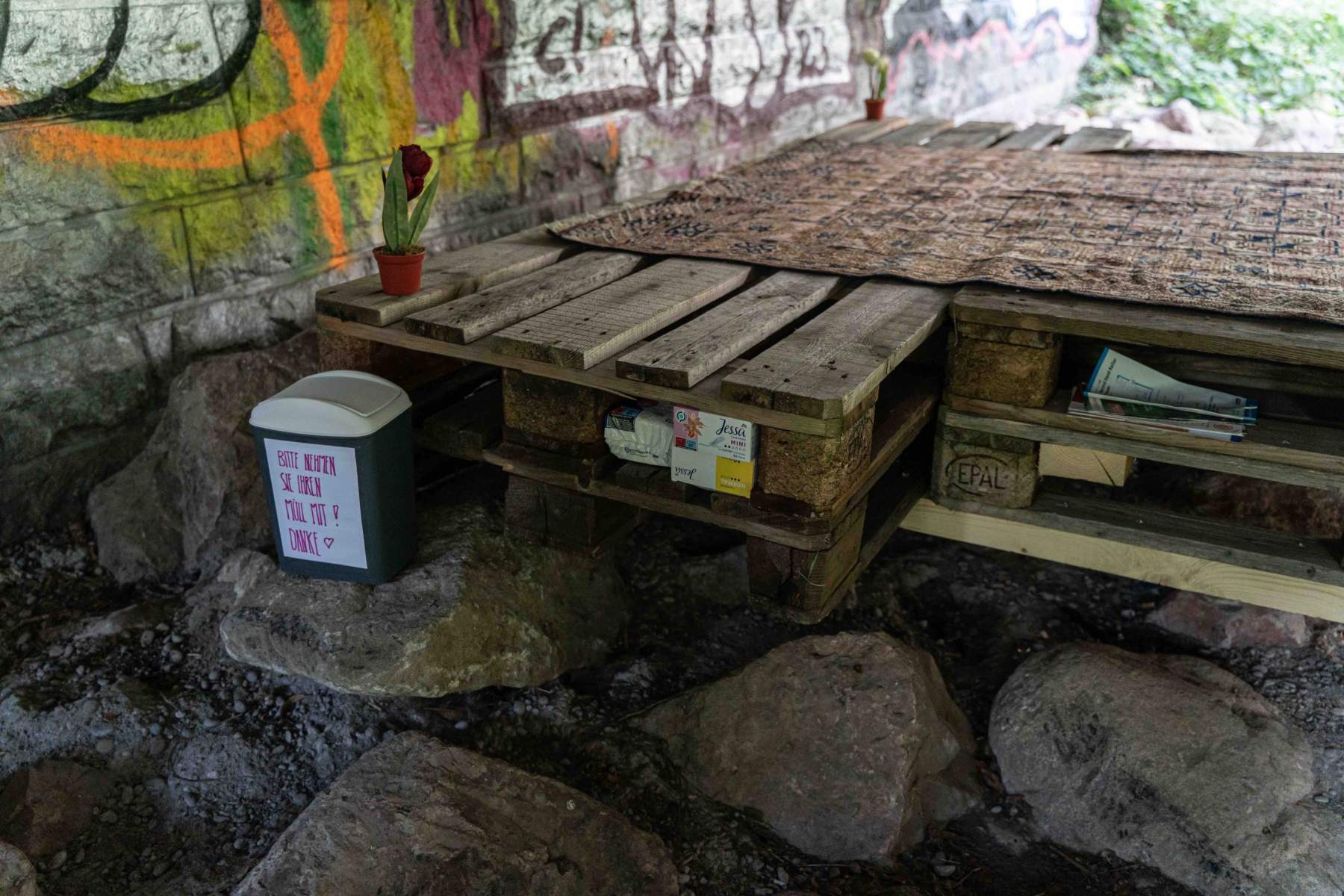

Photo: Sévérine Kpoti, © Biennale für Freiburg 2
Leaflet Workshop by Maximiliane Baumgartner
Kunstverein Freiburg
09.07 /
13:00 – 16:00

NEW LOCATION: Due to the weather forecast the LEAFLET WORKSHOP will take place at the Kunstverein
… MoreLeaflet Workshop by Maximiliane Baumgartner
09.07.2023 / 13:00 – 16:00 / Kunstverein Freiburg

LEAFLET WORKSHOP BY MAXIMILIANE BAUMGARTNER
Date: Sunday, July 9, 2023, 1–4 p.m.
NEW Location: Kunstverein Freiburg, Dreisamstraße 21, 79098 Freiburg
Based around the Freiburg artist and art educator Eva Eisenlohr (1891–1977), Maximiliane Baumgartner will develop an action space comprised of multi-part painterly interventions in Freiburg’s urban space, in which the production, presentation, and mediation of art dissolve and new positionings become possible.
The action vehicle VIELE VAMPIRE SIND VÖGEL (2019/2023) is one element of the action space and will become a collaborative stage for action. An enlarged reproduction of Eisenlohr’s print FRIENDS (1956) takes the form of a banner, mounted on the cart. It serves as direct illustrative material, as well as a gateway onto a performative approach to and examination of Eisenlohr’s work. In a LEAFLET WORKSHOP leaflets will be created in collaboration with children and young people.
The supervision of children and young people during the leaflet workshop is the responsibility of their parents or guardians and cannot be left to the leaflet workshop team.

LEAFLET WORKSHOP by Maximiliane Baumgartner at Stadtgarten.
Photo: Sévérine Kpoti, © Biennale für Freiburg 2

Photo: Sévérine Kpoti, © Biennale für Freiburg 2
LEAFLET WORKSHOP
Sunday, July 9, 2023, 1–4 p.m.
Kunstverein Freiburg, Dreisamstraße 21, 79098 Freiburg
Friday, July 14, 2023, 1–4 p.m.
TO BE ANNOUNCED
LEAFLET WORKSHOP BY MAXIMILIANE BAUMGARTNER AS PART OF THE BIENNALE FÜR FREIBURG 2 STREET FEST
Friday, July 21, 2023, 4–6 p.m.
Marienstraße, 79098 Freiburg

Photo: Sévérine Kpoti, © Biennale für Freiburg 2

Photo: Sévérine Kpoti, © Biennale für Freiburg 2




LEAFLET WORKSHOP by Maximiliane Baumgartner at Stadtgarten.
Photo: Sévérine Kpoti, © Biennale für Freiburg 2


Photo: Sévérine Kpoti, © Biennale für Freiburg 2


Photo: Sévérine Kpoti, © Biennale für Freiburg 2


Photo: Sévérine Kpoti, © Biennale für Freiburg 2
Symposium
Kommunales Kino
08.07 /
10:00 – 17:00
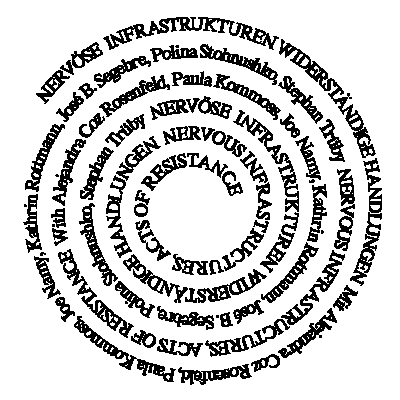
The Biennale für Freiburg 2 invites you to the symposium NERVOUS INFRASTRUCTURES, ACTS OF RESISTANCE
… MoreSymposium
08.07.2023 / 10:00 – 17:00 / Kommunales Kino
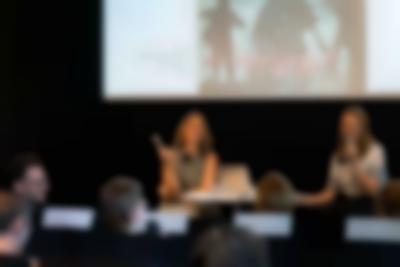
Paula Kommoss (Artistic Director, Biennale für Freiburg 2) and Alejandra Coz Rosenfeld start with the first talk of the Symposium.
Photo: Sévérine Kpoti, © Biennale für Freiburg 2
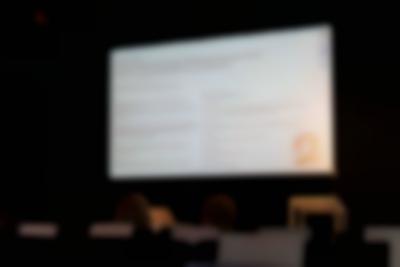
Photo: Sévérine Kpoti, © Biennale für Freiburg 2
SYMPOSIUM:
NERVOUS INFRASTRUCTURES, ACTS OF RESISTANCE
Date: July 8, 2023, 10 a.m.–5 p.m.
Location: Kommunales Kino, Urachstraße 40, 79102 Freiburg
With Alejandra Coz Rosenfeld, Paula Kommoss, Joe Namy, Dr. Kathrin Rottmann, Dr. des. José B. Segebre, Polina Stohnushko, and Prof. Dr. Stephan Trüby.
Infrastructures are more than just the foundations of our day-to-day lives; they set the parameters for how daily life takes place. Within them, a dispositif materializes that is determined by principles such as efficiency, development, and growth. Written and unwritten rules shape our perception, regulate our behavior, and guide our movements. As the central nervous system of a society, infrastructures unite the flows of traffic and information, the circulation of goods, people, and data.
Social life takes place within and upon them—but not without irregularities, fluctuations, and frictions. In this way, infrastructures like the street also provide the framework for individual and collective actions. A minimal intervention can have a maximal impact: Bodies join together, stop, make a statement, and interrupt the smooth functioning of normativity. Spontaneous or planned, a counter-public is formed that gives rise to a new space: A space for acts of resistance and solidarity.
At the NERVOUS INFRASTRUCTURES, ACTS OF RESISTANCE symposium, the Biennale für Freiburg 2 invites you to trace the different conditions and spaces of action within the street as infrastructure. The invited speakers will focus on different layers of meaning spanning architecture, sociology, activism, and artistic appropriation.
The symposium includes contributions in German and in English.
SCHEDULE
10 a.m.:
Welcome by Neriman Bayram (Artistic Director, Kommunales Kino)
Introduction by Paula Kommoss (Artistic Director, Biennale für Freiburg 2)
10:15 a.m.:
Alejandra Coz Rosenfeld in Conversation with Paula Kommoss: Marking the Street—Creating a Public. On the Interventions of Lotty Rosenfeld in Public Space
11 a.m.:
Prof. Dr. Stephan Trüby: Kurze Architekturgeschichte der modernen Straße
11:45 a.m.:
Polina Stohnushko: Spray Democracy: Voices of Resistance
12:30–1:30 p.m.:
Lunch Break
1:30 p.m.:
Dr. des. José B. Segebre and Paula Kommoss: What Are We Waiting For? A Conversation on Resistance and Interruption
2:15 p.m.:
Dr. Kathrin Rottmann: Pflaster und Asphalt. Wem gehört die Öffentlichkeit?
3 p.m.:
Joe Namy: All In Clashes, All In Distortion
4–5 p.m.:
Discussion
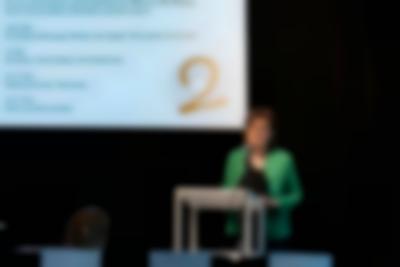
Neriman Bayram (Artistic Director, Kommunales Kino) welcomes the participants.
Photo: Sévérine Kpoti, © Biennale für Freiburg 2
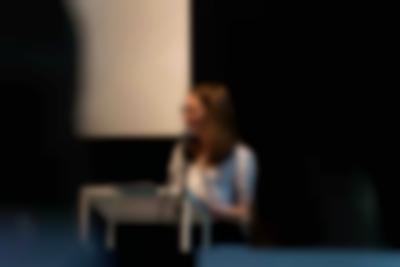
Paula Kommoss gives an introduction.
Foto: Sévérine Kpoti, © Biennale für Freiburg 2
ABOUT THE SPEAKERS
Alejandra Coz Rosenfeld:
With her actions, the Chilean artist Lotty Rosenfeld (1943–2020) intervened directly on the street. She placed markings that interrupted the flow of traffic and at the same time created a new, public place. As a founding member of the CADA collective, Rosenfeld expanded the field of intervention with the slogan NO+. Supplemented by individual words and signs, it spread throughout the urban fabric on banners and in demonstrations. Thus, in the midst of the political repression of Pinochet’s military regime, a counter-public was formed.
Alejandra Coz Rosenfeld (b. 1972, CL) is a poet, writer, artist, and astrologer in constant training. She studied Letters and Aesthetics at the Pontificia Universidad Católica de Chile and Art at Palazzo Spinelli, Florence. She has published two collections of poems “Marea baja” (2017) and “La jabalina” (2019) as well as a novel “La lava” (2021). From 1994 to 2020, she worked as a production assistant for her mother, the visual artist Lotty Rosenfeld, and now holds the position of director at the Fundación Lotty Rosenfeld.
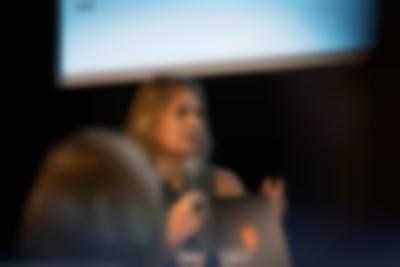
Alejandra Coz Rosenfeld: Marking the Street - Creating a Public. On the Interventions of Lotty Rosenfeld.
Photo: Sévérine Kpoti, © Biennale für Freiburg 2
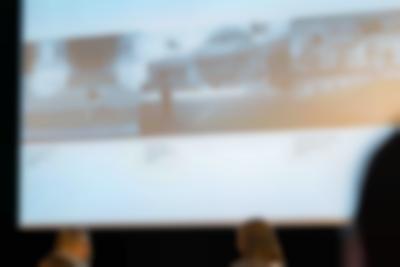
Alejandra Coz Rosenfeld in conversation with Paula Kommoss.
Photo: Sévérine Kpoti, © Biennale für Freiburg 2
Prof. Dr. Stephan Trüby:
Based on his book “The History of the Corridor” (2018), architectural theorist Stephan Trüby will present a brief architectural history of the modern street. In part, this draws on urban planning discussions that took place around hundred years ago, in which modernists as Le Corbusier and Sigfried Giedion opposed the “donkey roads” of the traditional city. Today, in the context of discussions around mobility and climate protection, urbanism is faced with comparable fronts. But now the future seems to exist only in the variants of “a better past” and dystopia.
Stephan Trüby (b. 1970, DE) is professor at and director of the Institut Grundlagen moderner Architektur und Entwerfen (IGmA) at the University of Stuttgart and previously taught at the HfG Karlsruhe (2007–2009), the Zurich University of the Arts (2009–2014), Harvard University (2012–2014), and the TU Munich (2014–2018). His books include “Exit Architecture. Design between War and Peace” (2008), “The History of the Corridor” (2018), and “Right-Wing Spaces. Political Essays and Conversations” (2020).
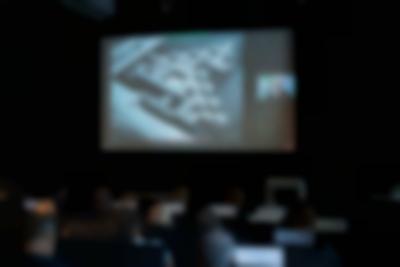
Prof. Dr. Stephan Trüby: Brief Architectural History of the Modern Street.
Photo: Sévérine Kpoti, © Biennale für Freiburg 2
Polina Stohnushko:
Drawing upon analysis of socially and politically themed graffiti in Berlin, this talk will examine how graffiti can transform walls into platforms of communication, resistance, and solidarity. The discussion will delve into the emergence of the anti-solidarity graffiti campaign “DAS IST NICHT UNSER KRIEG” (English: “THIS IS NOT OUR WAR”) in Berlin—examining its impact on public opinion and group solidarity amidst the Russian invasion of Ukraine.
Polina Stohnushko (b. 1994, UA) is a graffiti researcher based in Berlin and Friedrich-Ebert-Stiftung PhD Scholar at the University of Passau. She was a DAAD scholarship holder at the University of Tübingen (2017–2019) and engages in politically and socially motivated urban interventions alongside her academic work. Stohnushko’s publications include “‘Das ist unser Krieg.’ Anti-Ukraine-Graffiti in Berlin” (2023) and “Dove of Peace – Pigeon of War” (2022).
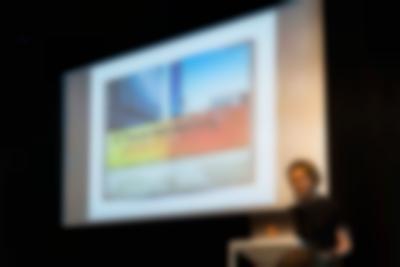
Polina Stohnushko: Spray Democracy: Voices of Resistance.
Photo: Sévérine Kpoti, © Biennale für Freiburg 2
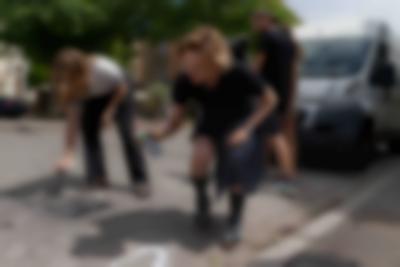
Photo: Sévérine Kpoti, © Biennale für Freiburg 2
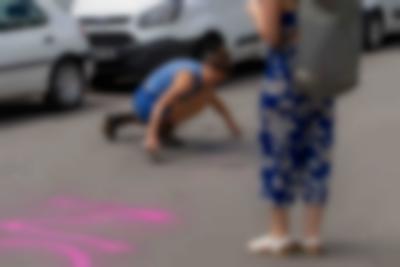
Photo: Sévérine Kpoti, © Biennale für Freiburg 2
Dr. des. José B. Segebre & Paula Kommoss:
Interruptions make us wait. For the most part, interruptions in our daily lives and waiting are perceived as delays. But don’t these negatively connoted experiences also conceal the possibility that everything will be different? From this perspective, interruptions and the resulting waiting experiences exhibit a resilience. With a focus on contemporary art and based on the curatorial concept of the Biennale for Freiburg 2, José B. Segebre and Paula Kommoss talk about the implicit and explicit parameters of waiting and interruption, as well as their potential for resistance as aesthetic experiences and artistic strategies.
José Segebre (b. 1987, MX/HN) works in Berlin as a writer and theorist. His doctoral dissertation on “The Time of Waiting” explores aesthetic experience and unfreedom in contemporary art, with a focus on critical, queer, feminist, and decolonial theories. Since 2019, he has co-curated the film series “Full Moon Screenings” with artist François Pisapia. He also writes fiction, exhibition, and catalog texts that have been published in the journals of the Association of Historians of American Art (AHA) and the College Art Association (CAA), among others.
Paula Kommoss (b. 1989, DE) is a curator and artistic director of the Biennale for Freiburg 2. Her research focuses on theories of the public sphere and the visualization of power dispositives. She has realized numerous exhibitions, founded the exhibition space ELVIRA in 2021, and published the “Städelschule Lectures 1 / 2” (2019 / 2021). As an art historian, she most recently compiled the biographies and exhibition listings as part of the publication “26 Artists. Works from the Zander Collection” (2023). Previously, she worked as a research assistant at the Städelschule and as a curatorial assistant at the German Pavilion of the 57th Biennale di Venezia as well as at the Fridericianum in Kassel.
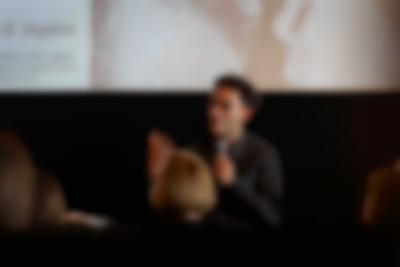
Dr. des. José B. Segebre talks about Resistance and Interruption in public space.
Photo: Sévérine Kpoti, © Biennale für Freiburg 2
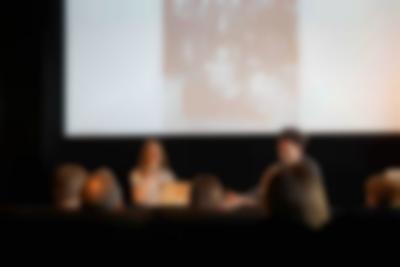
Paula Kommoss talks about the student protest “Gleich wird’s grün” 1968 at Bertoldsbrunnen in Freiburg
Photo: Sévérine Kpoti, © Biennale für Freiburg 2
Dr. Kathrin Rottmann:
Pavement and asphalt define urban space visually, functionally, politically, and socially; the use of these materials works so smoothly that it goes almost unnoticed on an everyday basis. The lecture is dedicated to exemplary artistic works that make these different codes of street surfaces visible.
Kathrin Rottmann is editor of “kritische berichte” and heads the research project “Industrial Modes of Production in the Art of the Global North in the 20th and 21st Centuries. Studies in Art and Factories” at the Institute of Art History at the Ruhr-University Bochum. Before that, she was a research assistant for the exhibition project “Sigmar Polke: Wir Kleinbürger” at the Hamburger Kunsthalle and a research assistant at MoMA for the retrospective “Alibis: Sigmar Polke 1963-2010.” She received her doctorate with a thesis on “Aesthetics from Below. Pavement and Asphalt in Modernist Visual Art” (Silke Schreiber Verlag, Munich 2016), which was awarded the Aby Warburg-grant award of the Senate of the Free and Hanseatic City of Hamburg.
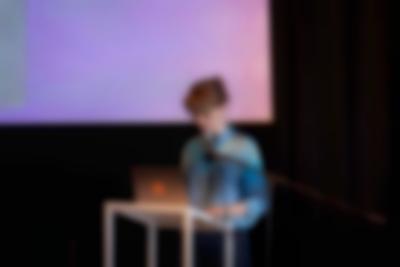
Dr. Kathrin Rottmann: Pavement and Asphalt. Who owns the street?
Photo: Sévérine Kpoti, © Biennale für Freiburg 2
Joe Namy:
Joe Namy (b. 1978, US) is an artist, composer, and educator often working collaboratively through the intersections of sound, video, performance, and sculpture. Their projects focus on the politics of music and organized sound, such as the pageantry and power of opera, the noise laws and gender dynamics of bass, the colors and tones of militarization, the migration patterns of instruments and songs, and the complexities of translation in all this—from language to language, from score to sound, from drum to dance. Joe Namy holds a monthly DJ residency called Rhythm x Rhythm on Radio Alhara, is a Sundance Institute/Time Studios/Kendeda Funds fellow, the artist in residence for the London Borough of Barking & Dagenham, and a PhD researcher at the Ruskin School of Art at Oxford University.
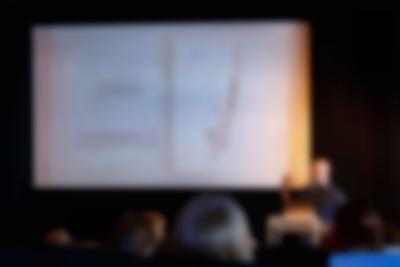
Joe Namy: All In Clashes, All In Distortion.
Photo: Sévérine Kpoti, © Biennale für Freiburg 2
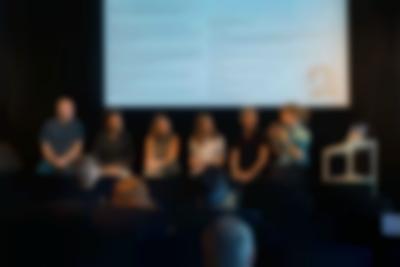
The final discussion.
Photo: Sévérine Kpoti, © Biennale für Freiburg 2
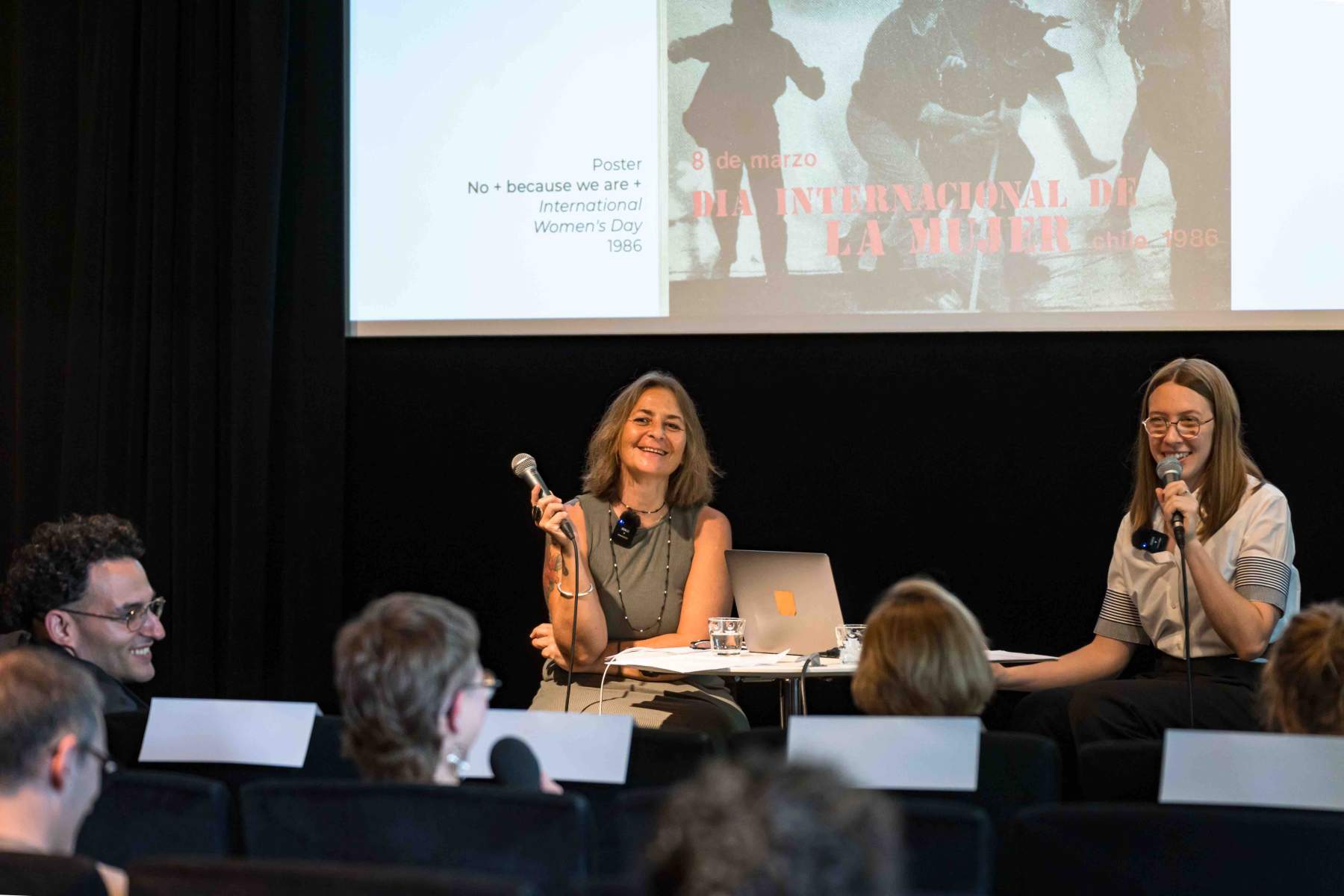

Paula Kommoss (Artistic Director, Biennale für Freiburg 2) and Alejandra Coz Rosenfeld start with the first talk of the Symposium.
Photo: Sévérine Kpoti, © Biennale für Freiburg 2
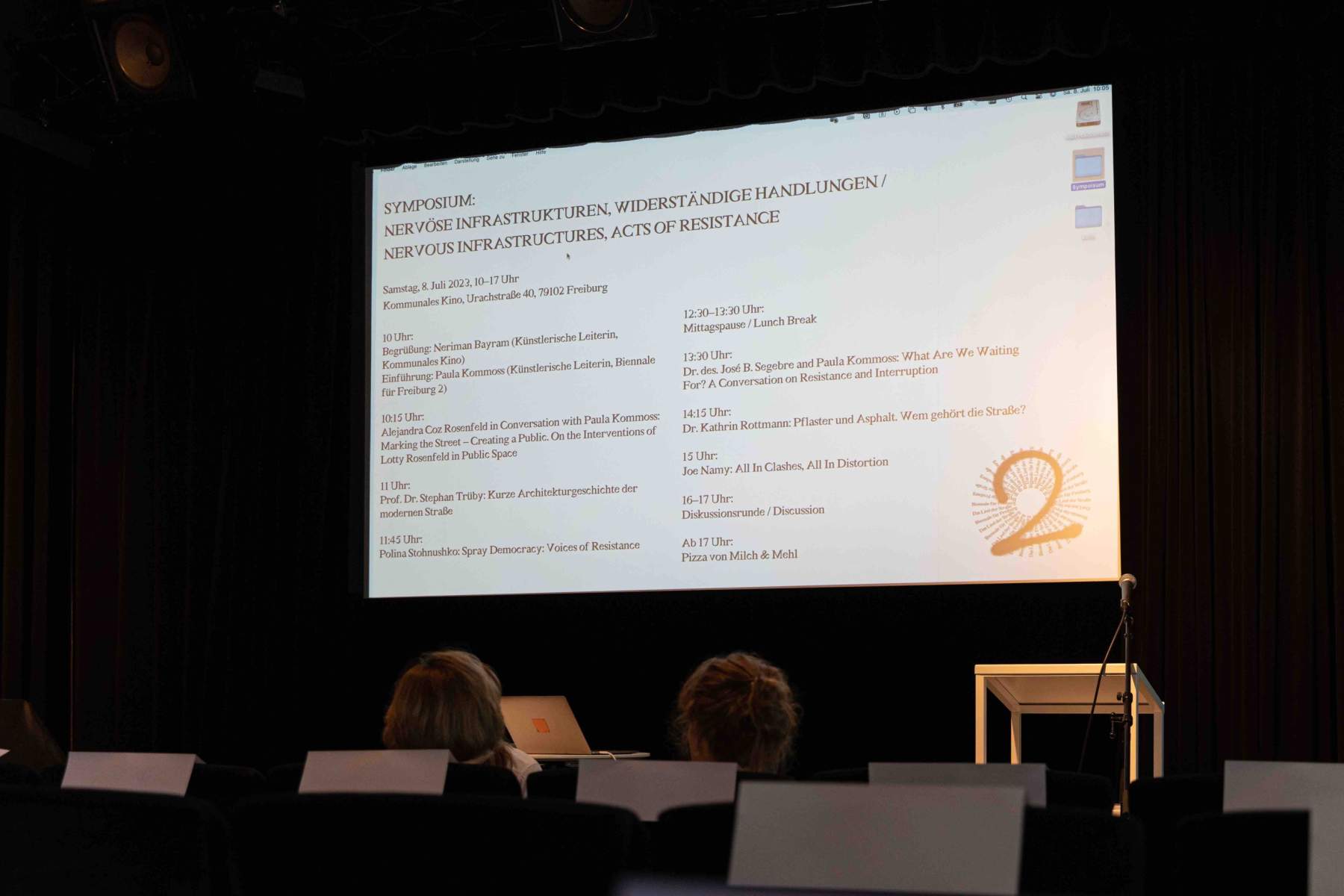

Photo: Sévérine Kpoti, © Biennale für Freiburg 2
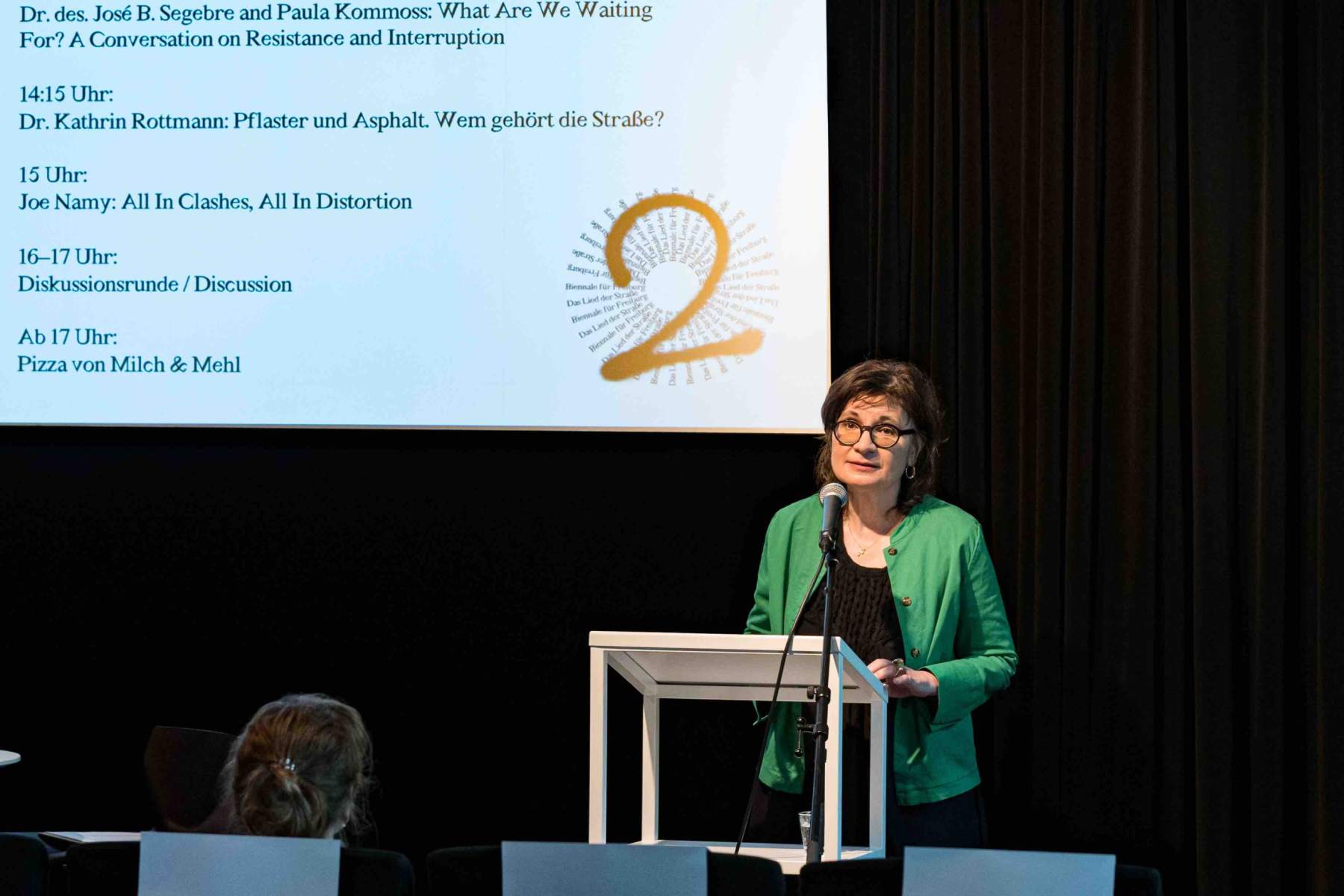

Neriman Bayram (Artistic Director, Kommunales Kino) welcomes the participants.
Photo: Sévérine Kpoti, © Biennale für Freiburg 2
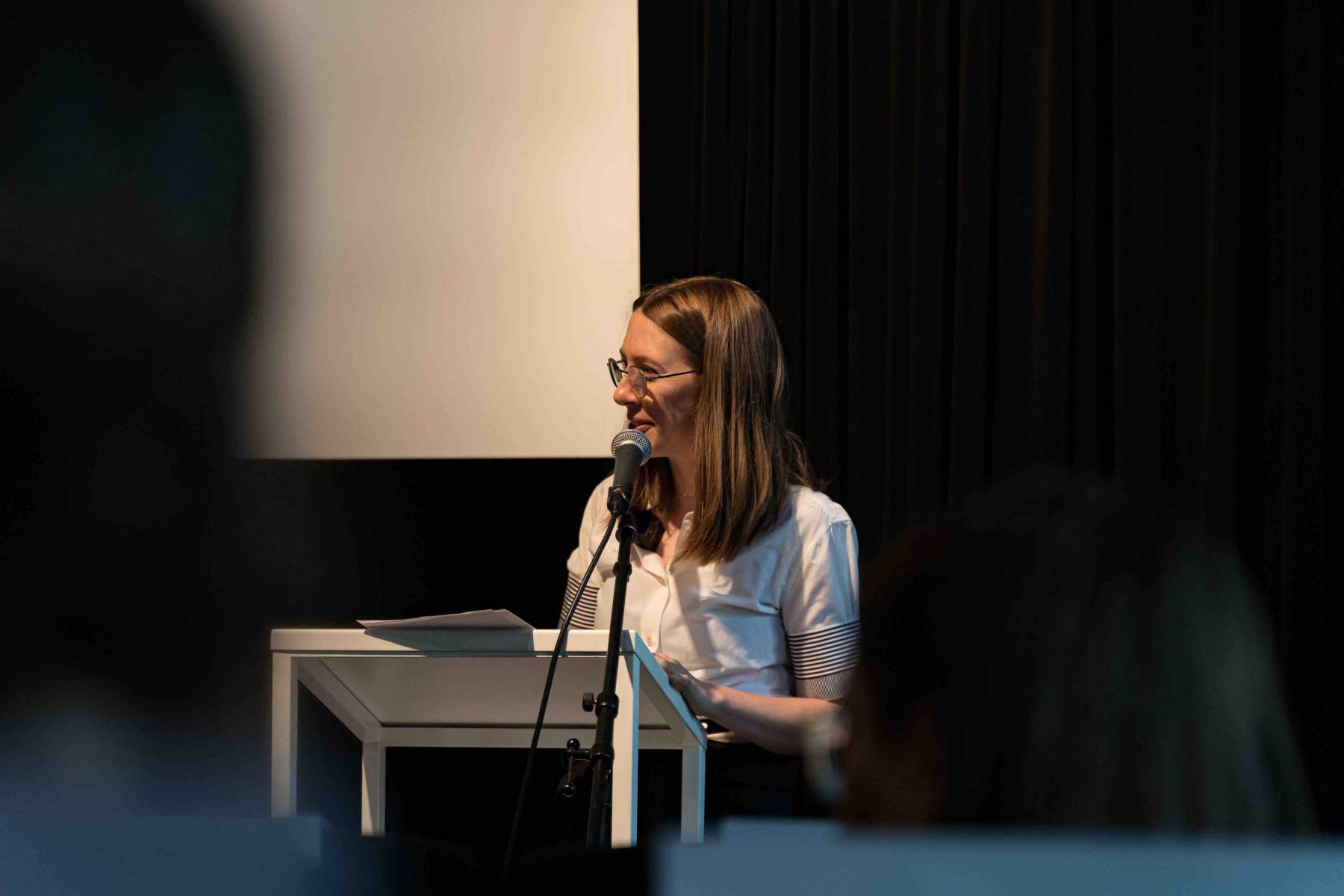

Paula Kommoss gives an introduction.
Foto: Sévérine Kpoti, © Biennale für Freiburg 2
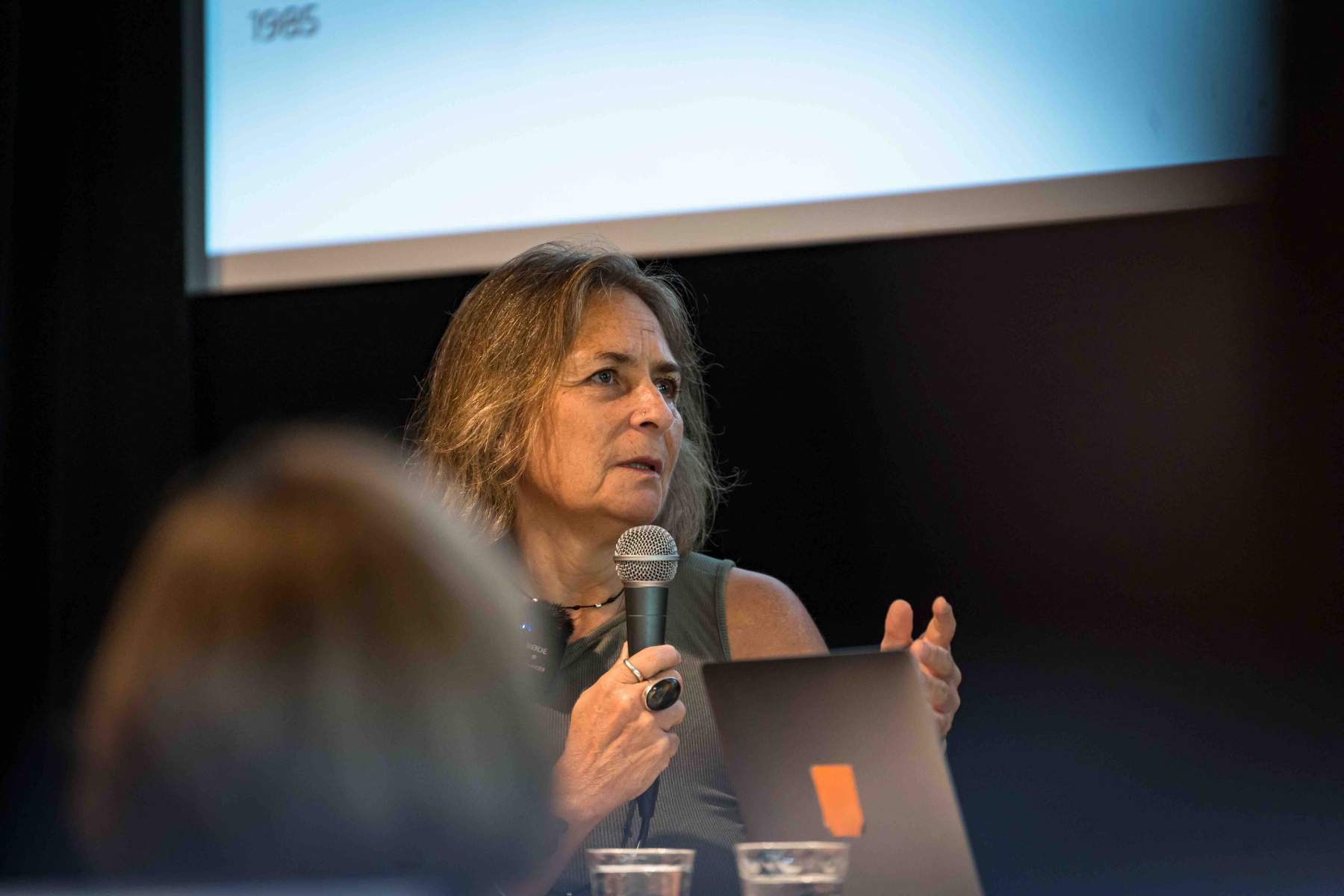

Alejandra Coz Rosenfeld: Marking the Street - Creating a Public. On the Interventions of Lotty Rosenfeld.
Photo: Sévérine Kpoti, © Biennale für Freiburg 2
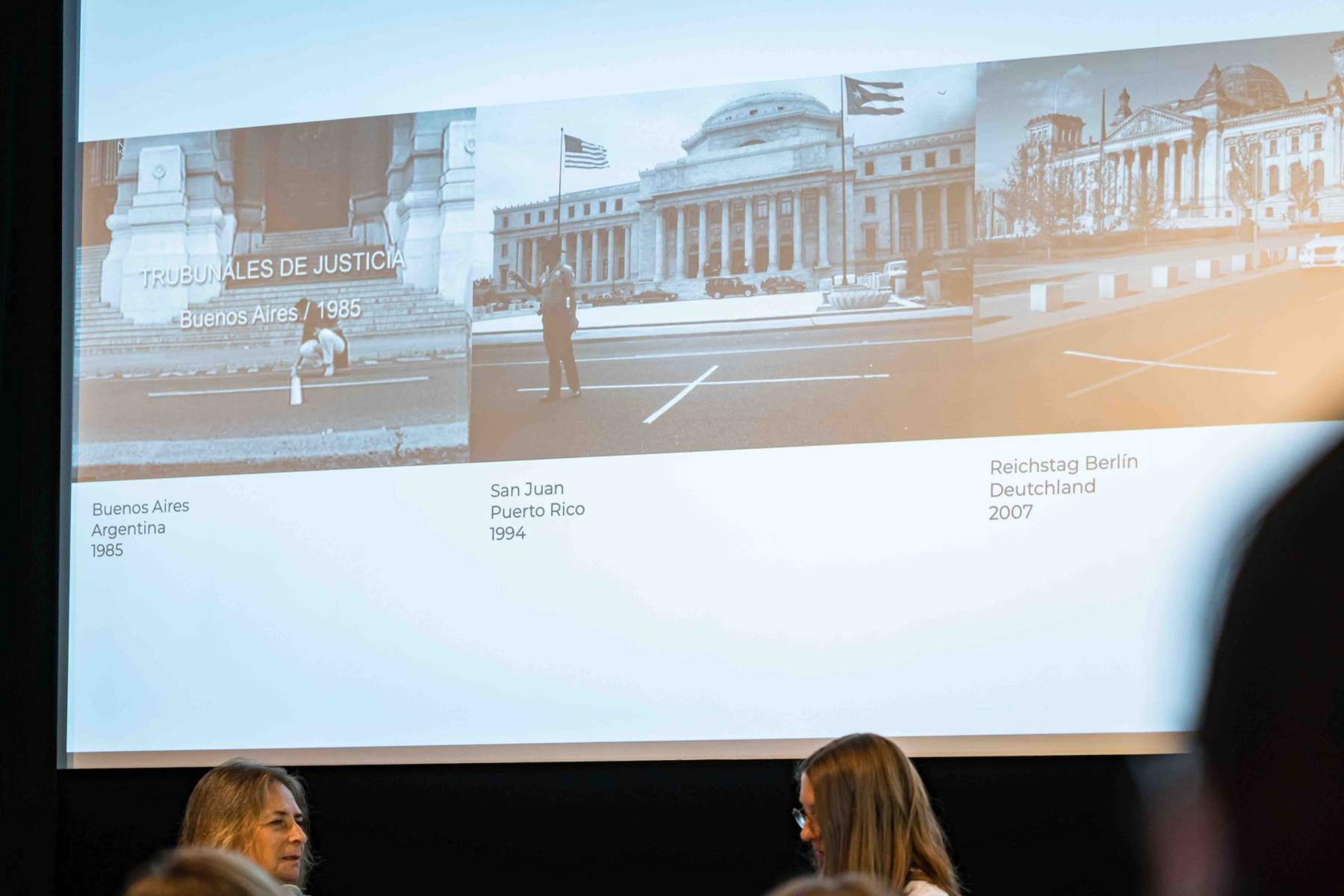

Alejandra Coz Rosenfeld in conversation with Paula Kommoss.
Photo: Sévérine Kpoti, © Biennale für Freiburg 2
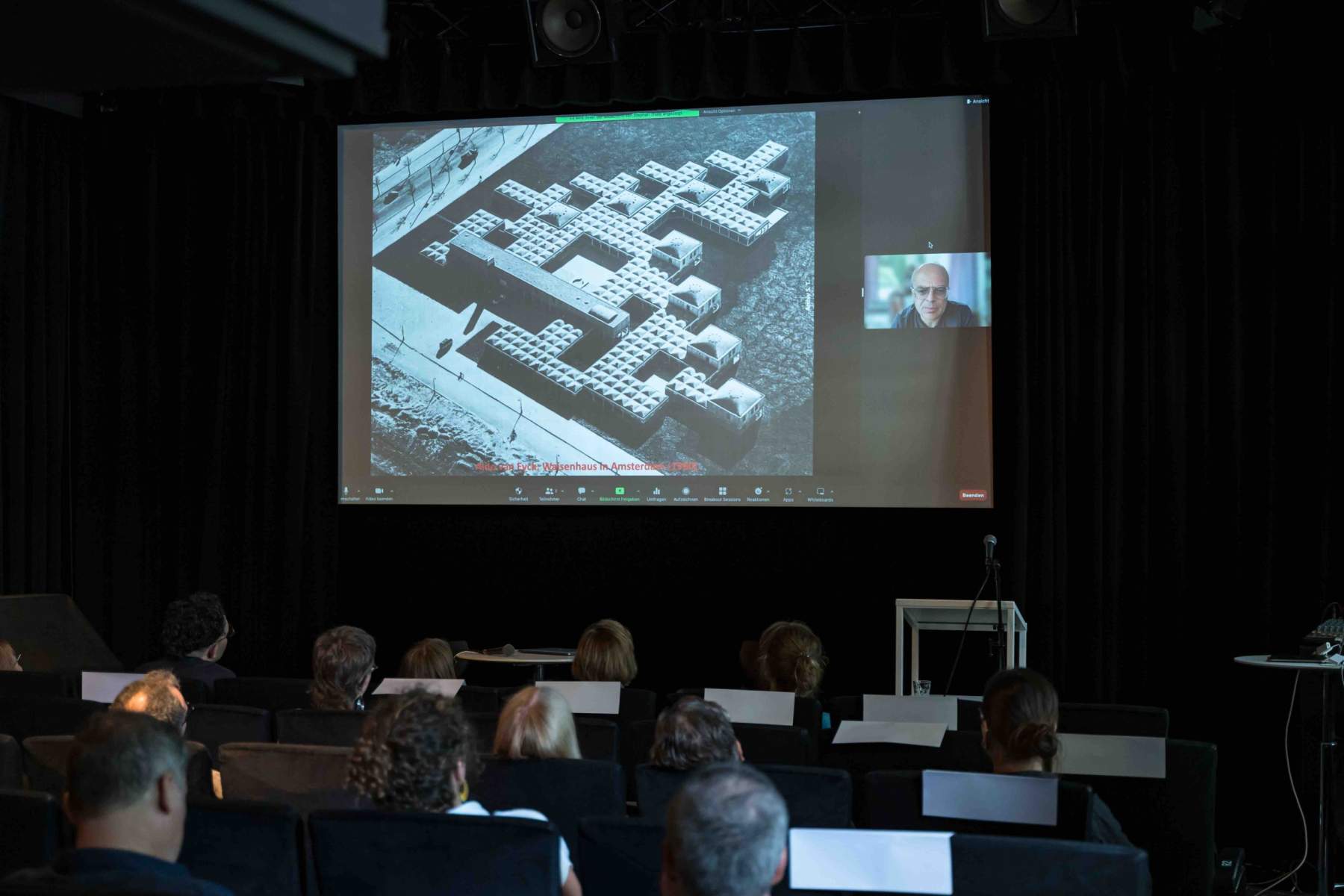

Prof. Dr. Stephan Trüby: Brief Architectural History of the Modern Street.
Photo: Sévérine Kpoti, © Biennale für Freiburg 2
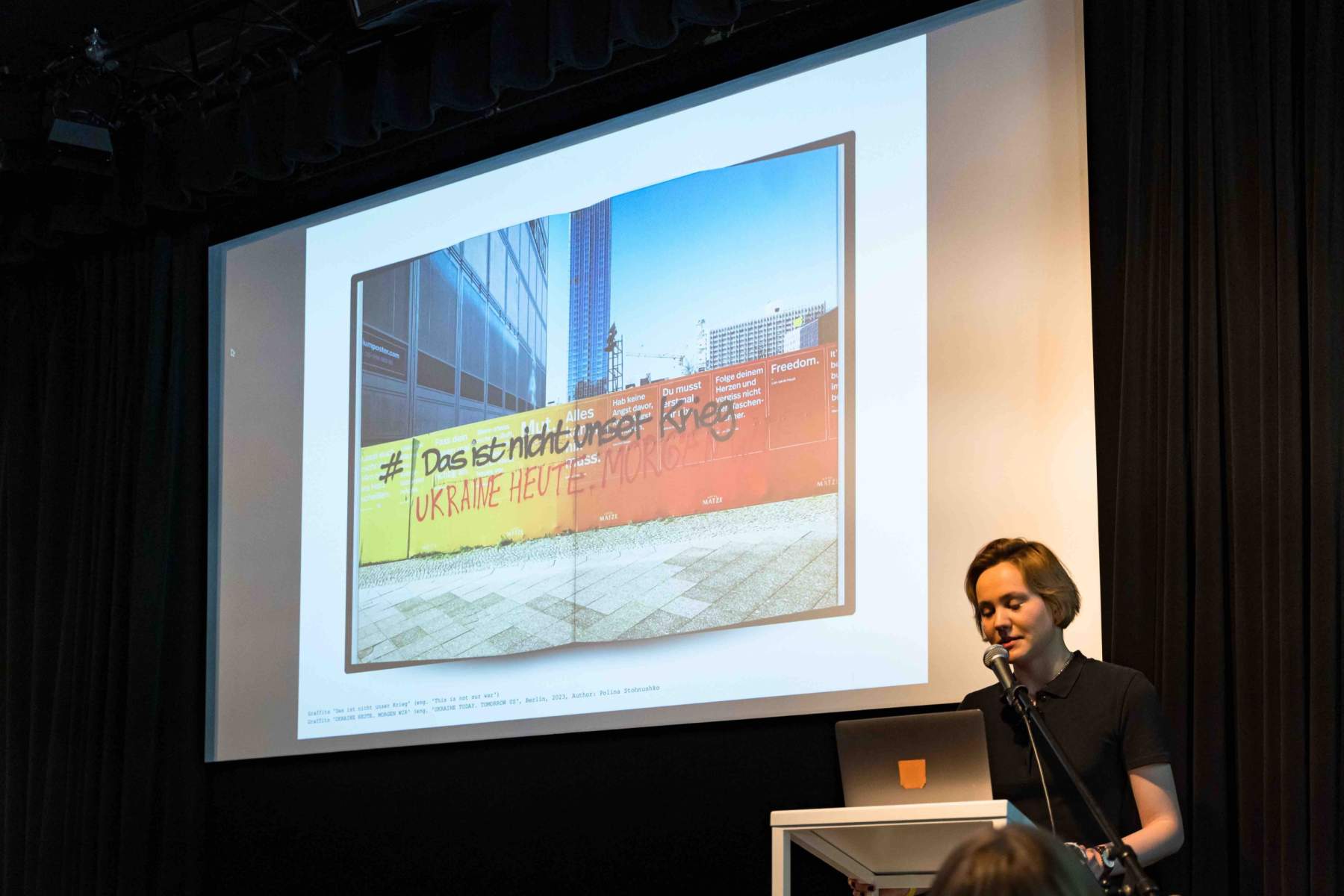

Polina Stohnushko: Spray Democracy: Voices of Resistance.
Photo: Sévérine Kpoti, © Biennale für Freiburg 2
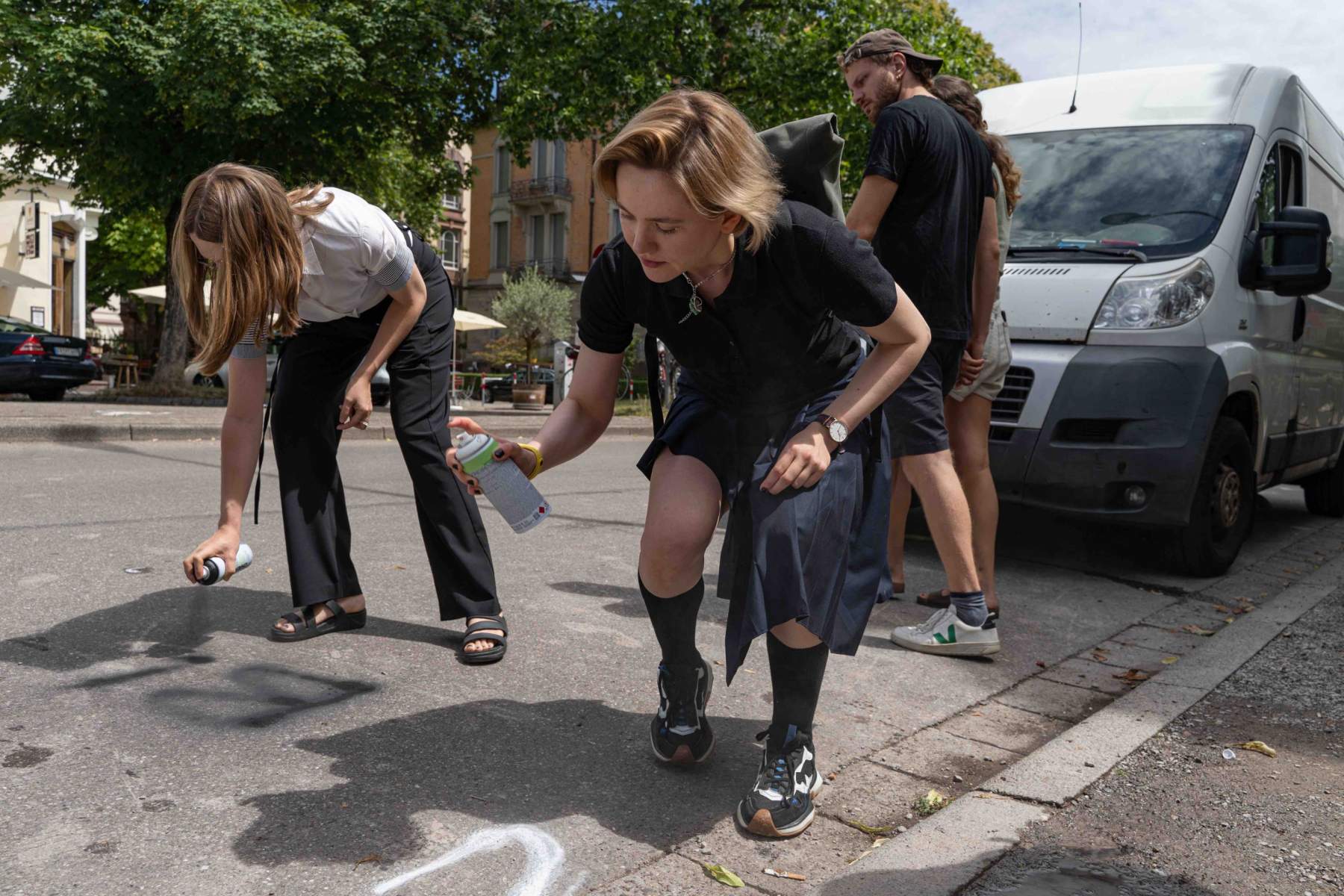

Photo: Sévérine Kpoti, © Biennale für Freiburg 2
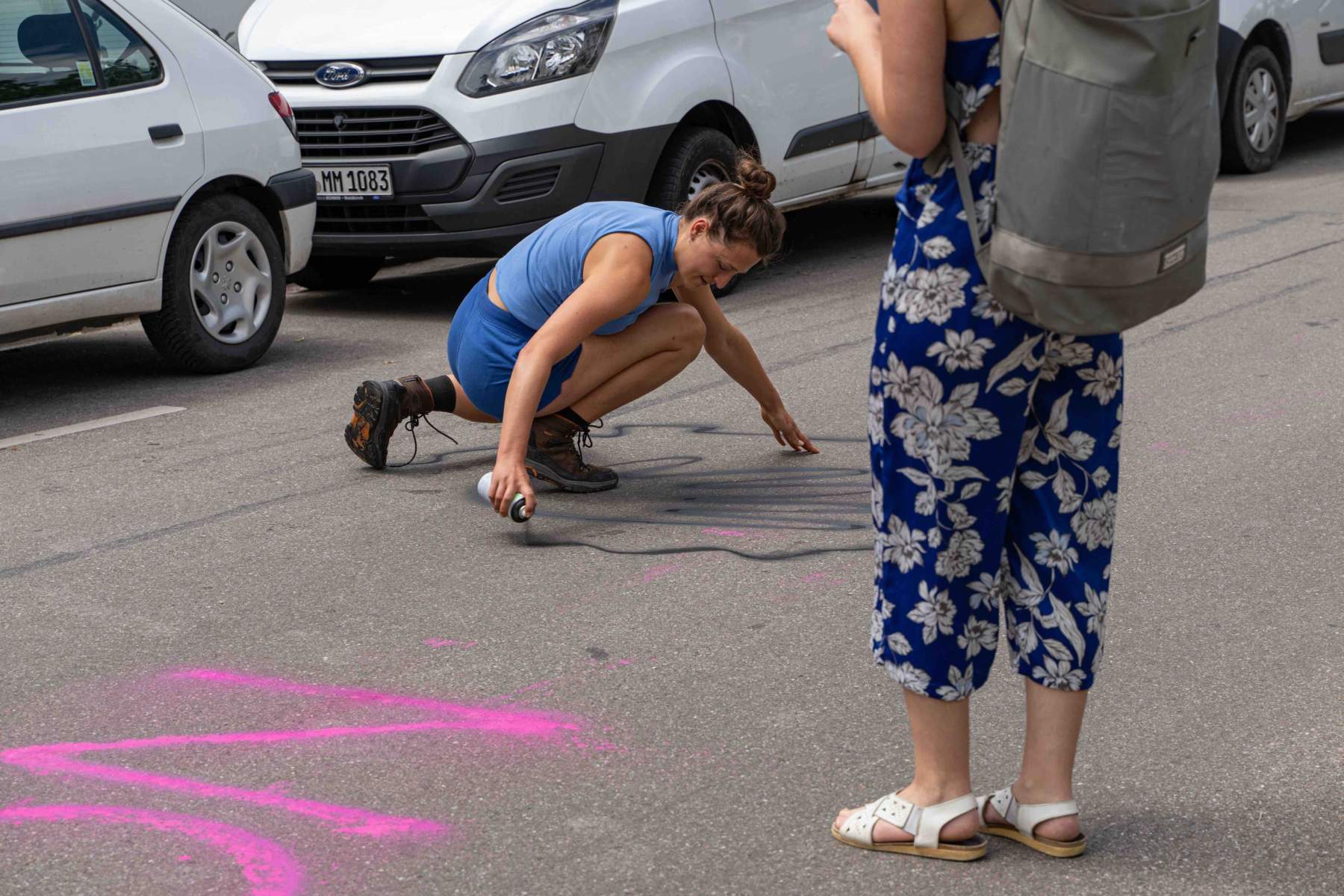

Photo: Sévérine Kpoti, © Biennale für Freiburg 2
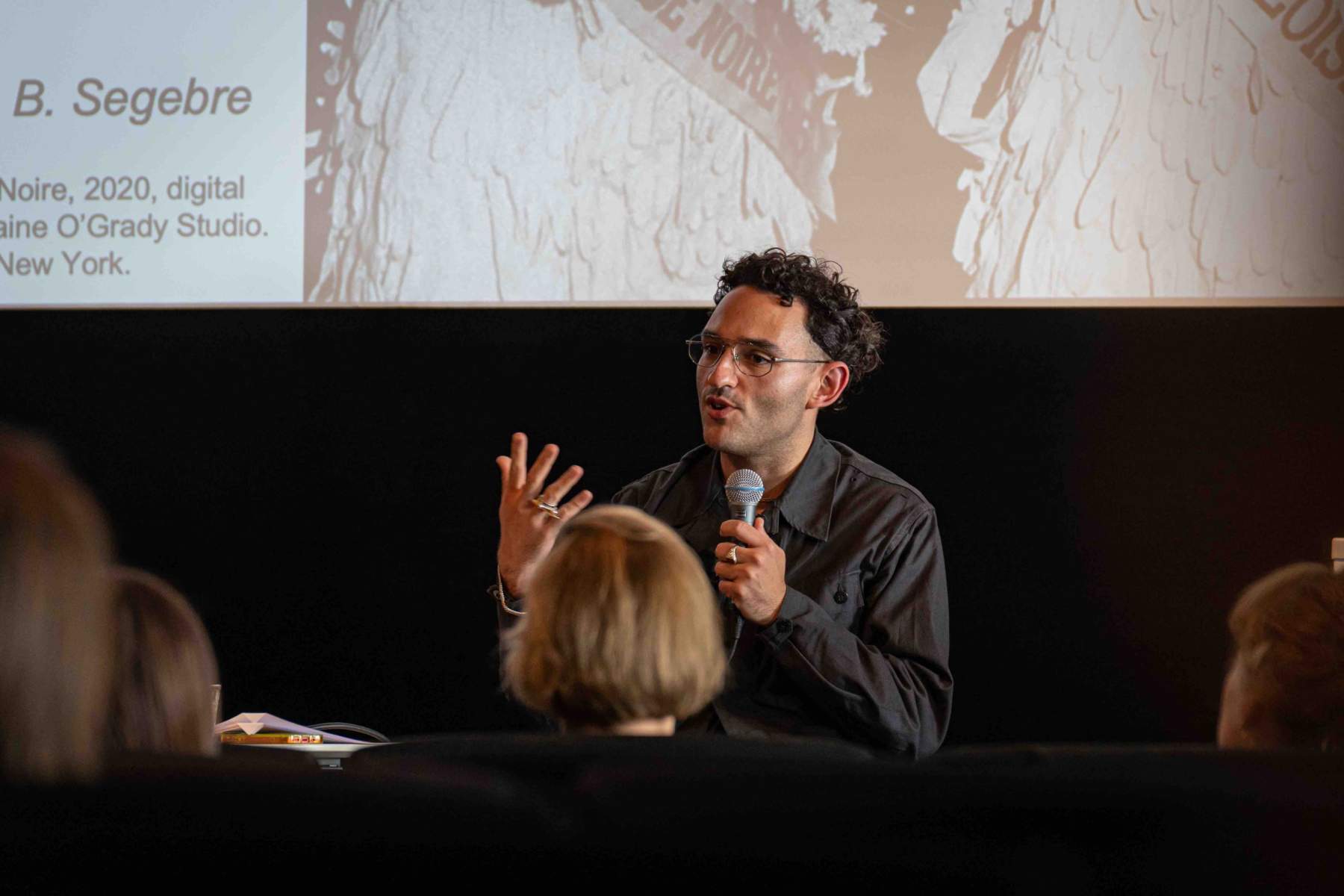

Dr. des. José B. Segebre talks about Resistance and Interruption in public space.
Photo: Sévérine Kpoti, © Biennale für Freiburg 2
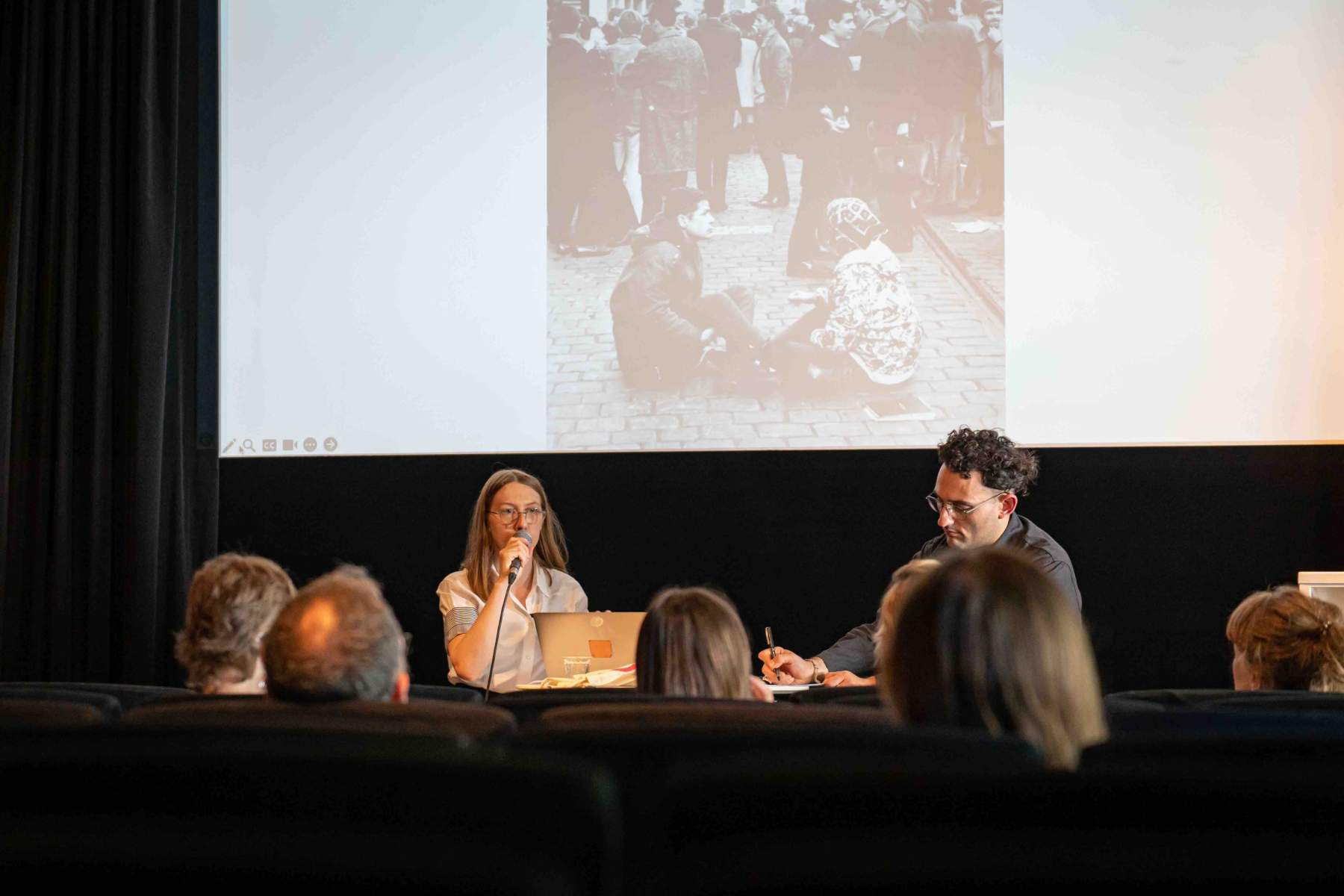

Paula Kommoss talks about the student protest “Gleich wird’s grün” 1968 at Bertoldsbrunnen in Freiburg
Photo: Sévérine Kpoti, © Biennale für Freiburg 2
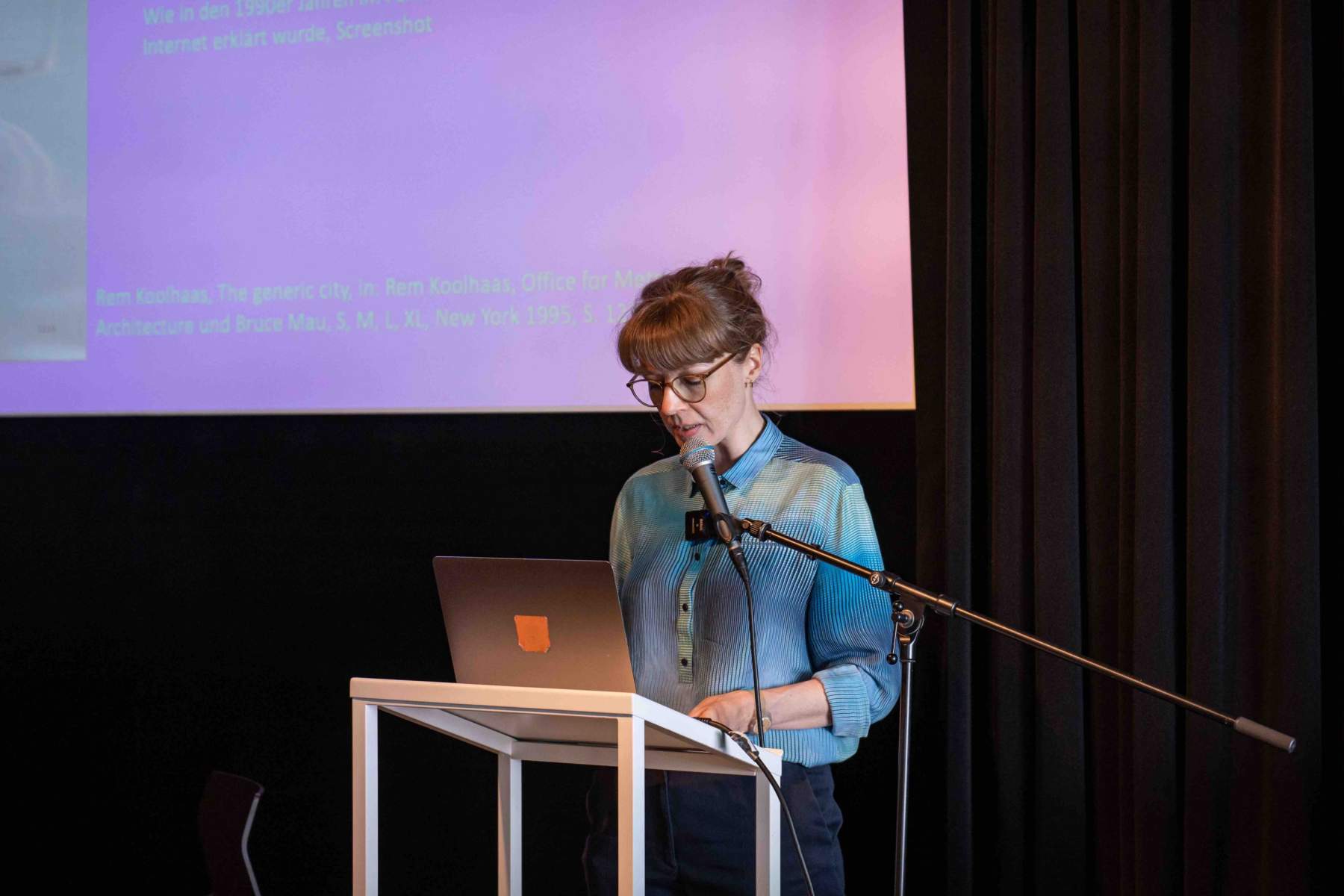

Dr. Kathrin Rottmann: Pavement and Asphalt. Who owns the street?
Photo: Sévérine Kpoti, © Biennale für Freiburg 2
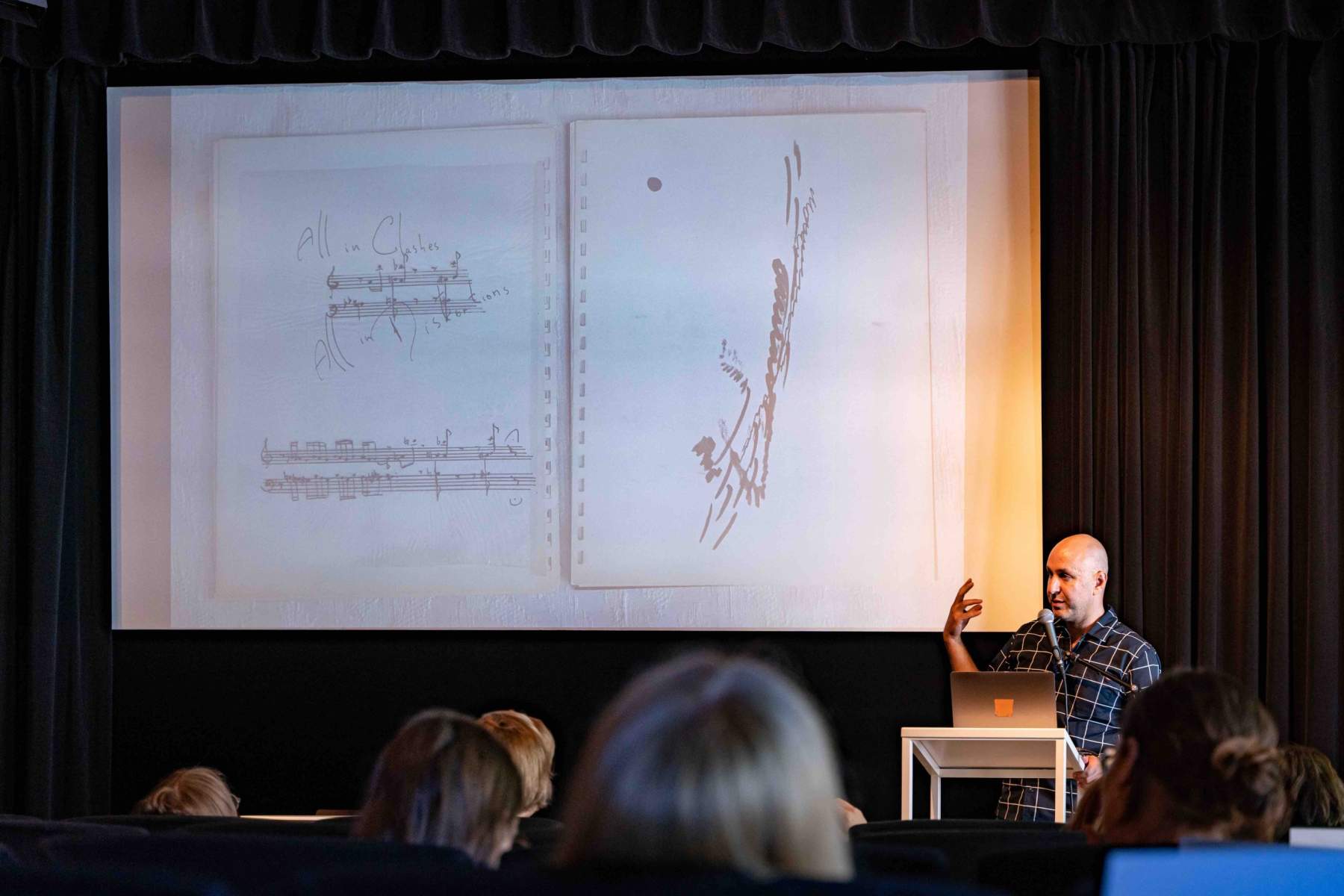

Joe Namy: All In Clashes, All In Distortion.
Photo: Sévérine Kpoti, © Biennale für Freiburg 2
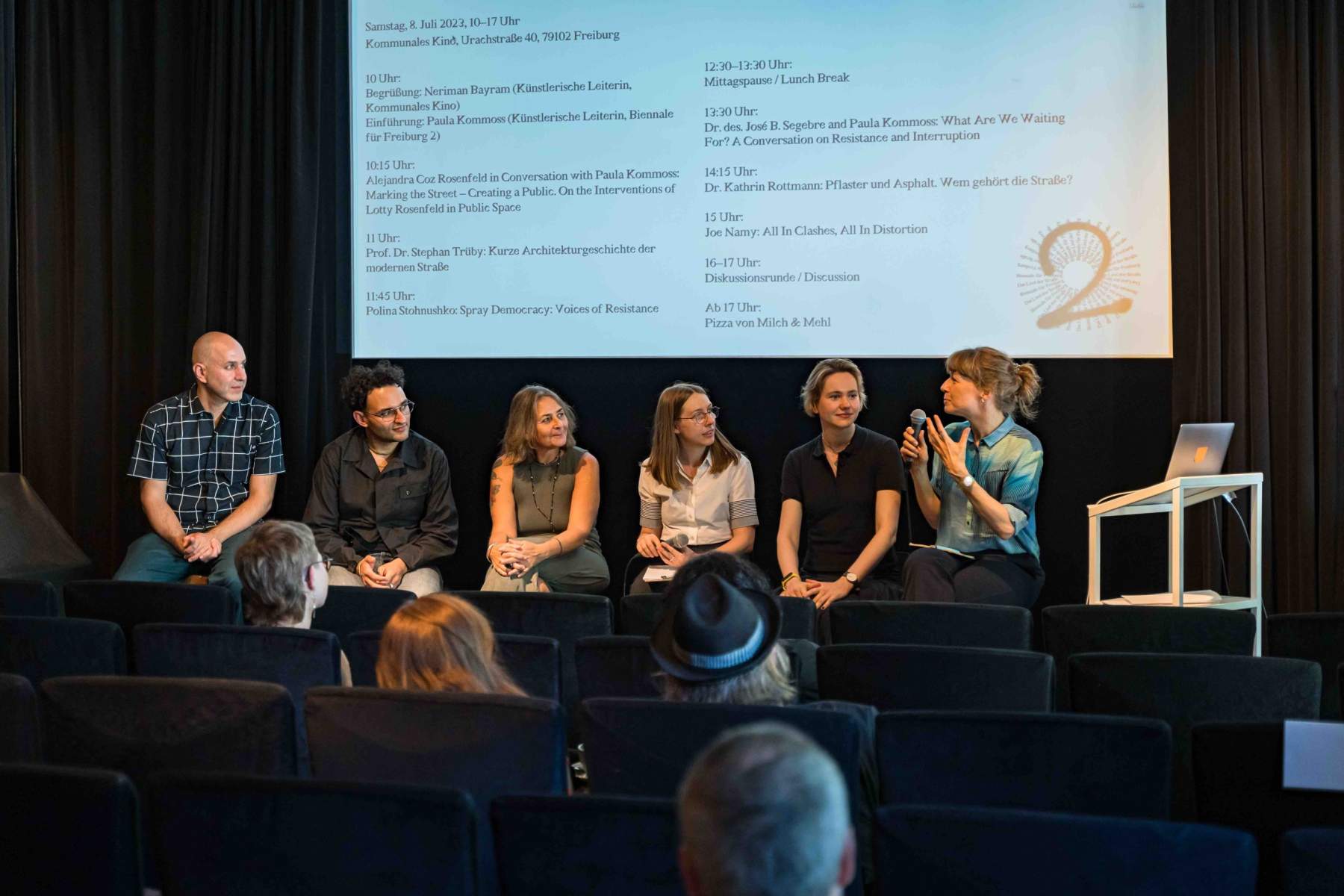

The final discussion.
Photo: Sévérine Kpoti, © Biennale für Freiburg 2
Public Tour
Kunstverein Freiburg
07.07 / 18:00

Public tour through the exhibition with Thomas Patier (in French)
… MorePublic Tour
07.07.2023 / 18:00 / Kunstverein Freiburg
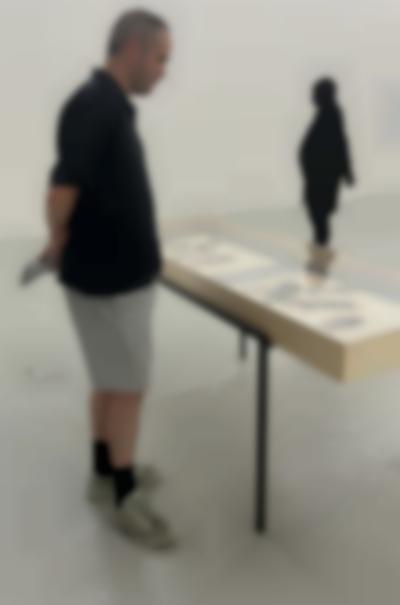
Photo: © Biennale für Freiburg 2
Public tour through the exhibition with Thomas Patier
The tour will be held in French
Friday, July 7, 2023, 6 p.m.
Meeting point: Kunstverein Freiburg, Dreisamstr. 21, 79098 Freiburg
Other dates public tours:
Saturday, July 22, 2023, 7 p.m.
Saturday, July 29, 2 p.m.
Participation is free of charge.
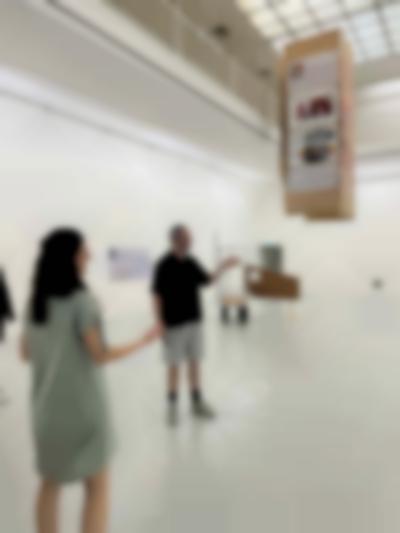
Photo: © Biennale für Freiburg 2
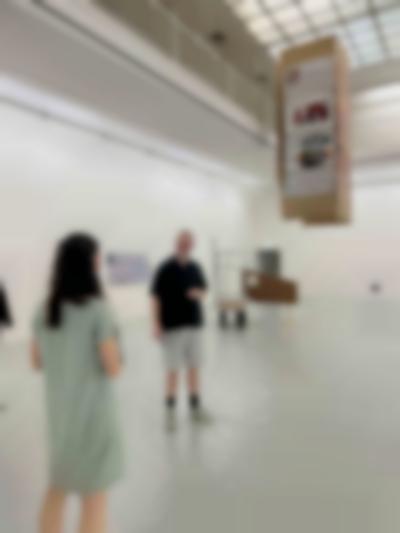
Photo: © Biennale für Freiburg 2
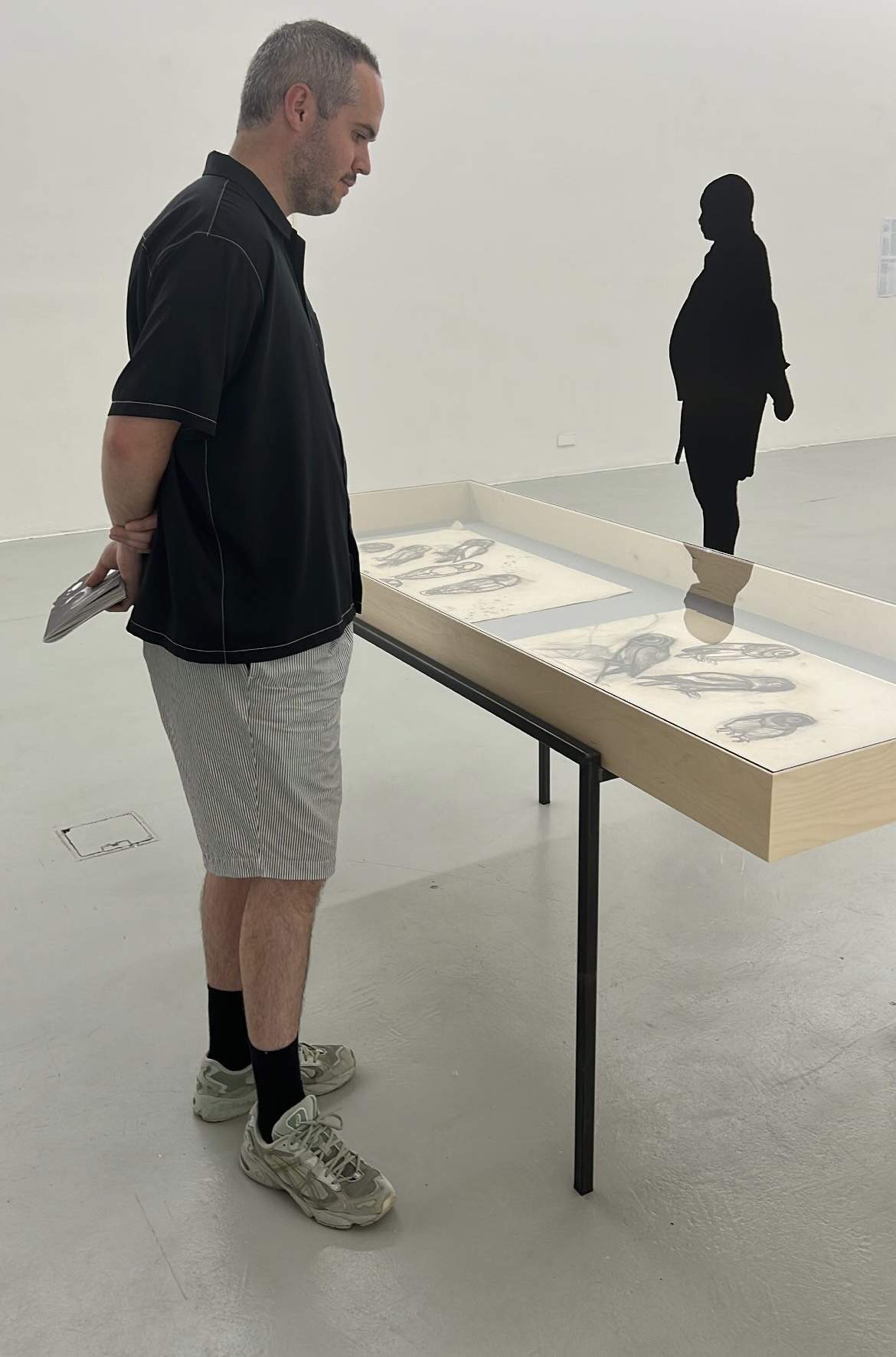

Photo: © Biennale für Freiburg 2
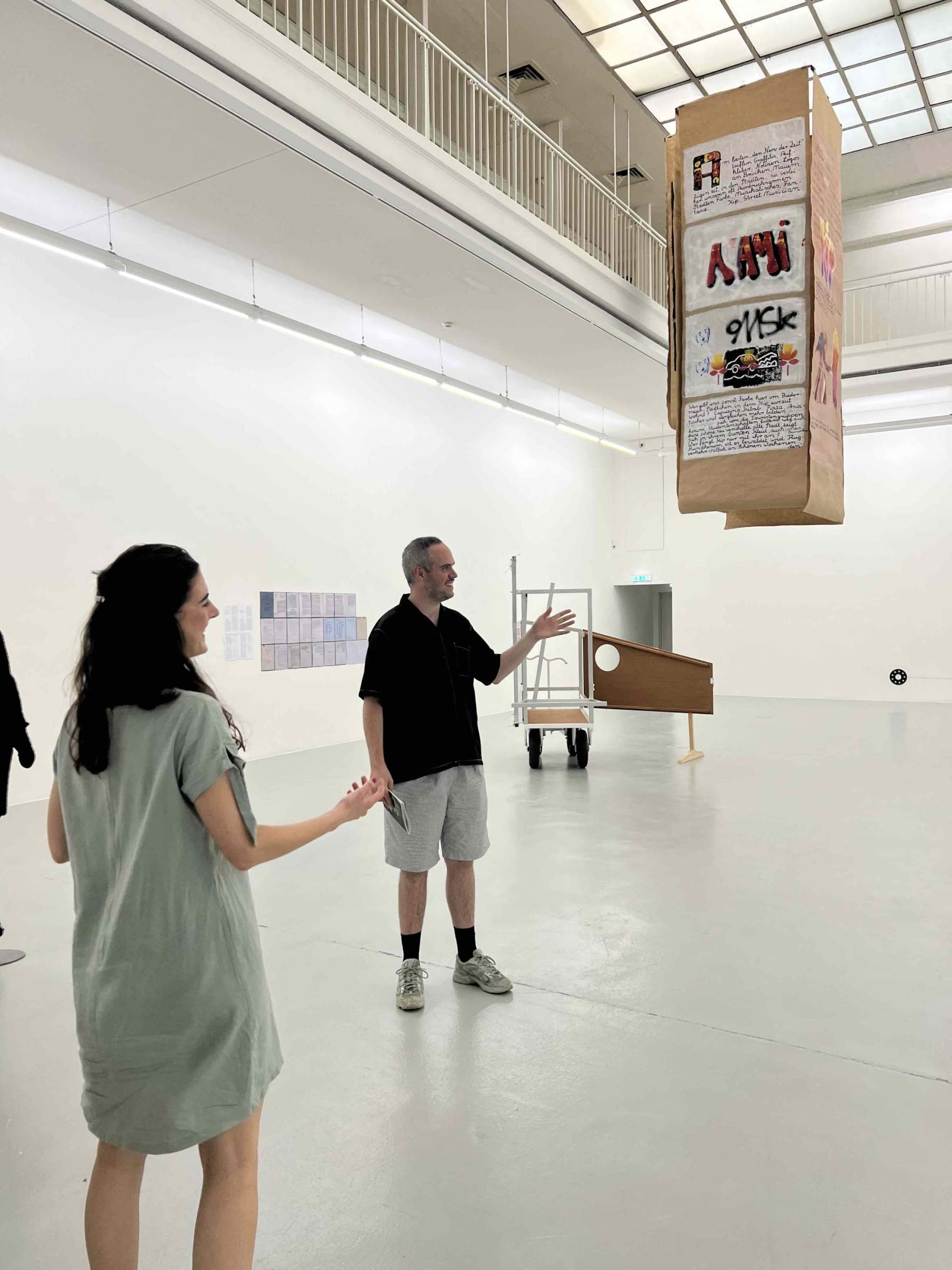

Photo: © Biennale für Freiburg 2
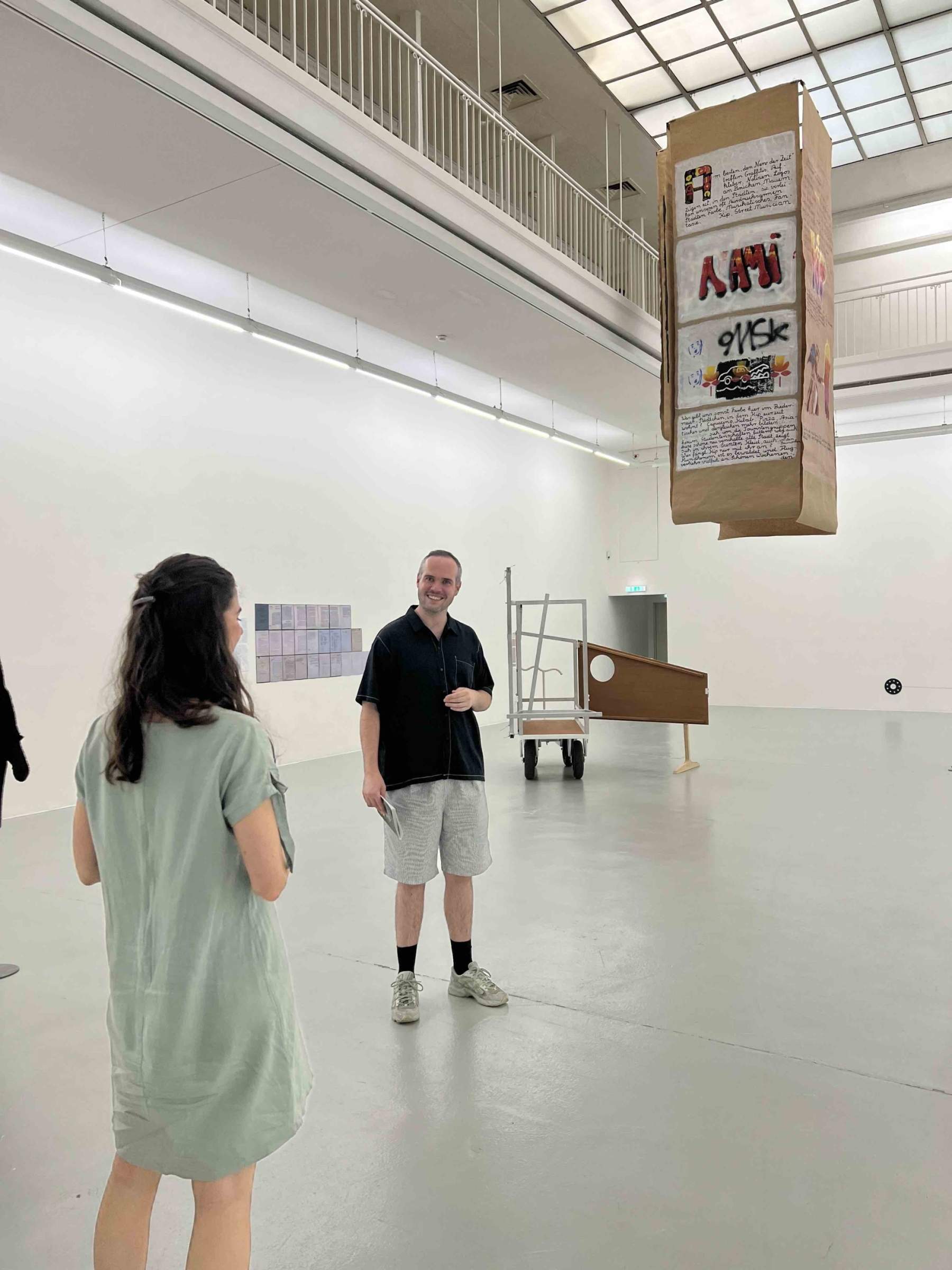

Photo: © Biennale für Freiburg 2
Listening Session: Percussive Attack
Kunstverein Freiburg
29.06 / 20:00
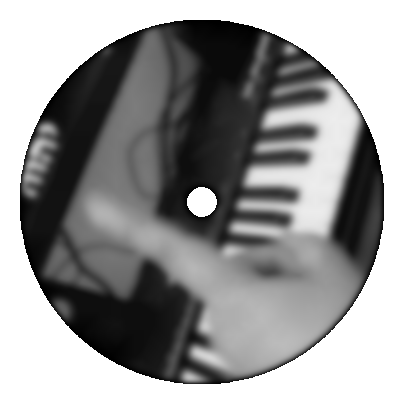
In this Listening Session we will explore Jazz and the term “DREAD” together with Cudelice Brazelton IV.
… MoreListening Session: Percussive Attack
29.06.2023 / 20:00 / Kunstverein Freiburg
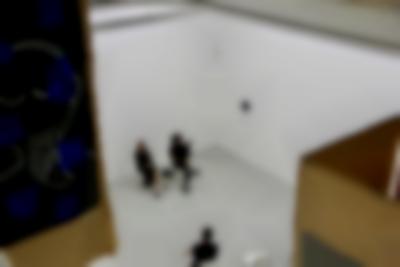
Paula Kommoss (Artistic Director, Biennale für Freiburg 2) and Cudelice Brazelton IV.
Photo: Valentina Ehnimb, © Biennale für Freiburg 2
LISTENING SESSION:
PERCUSSIVE ATTACK: WITH PAULA KOMMOSS X CUDELICE BRAZELTON IV
Thursday, June 29, 2023, 8 p.m.
Kunstverein Freiburg, Dreisamstraße 21, 79098 Freiburg
In his installation APART-PLAYING (2022), on view during the Biennale at Kunstverein Freiburg, Cudelice Brazelton IV works with sound as a means of both immersion and disruption. Together with the artist we will dive into the soundscape of the work and investigate the background of the composition, which was written, played, and sampled by the Chicago jazz musician Angel Bat Dawid in collaboration with Brazelton IV. Dawid describes her work as a sonic response to deeply frightening events and social injustices, located in a moment of self-empowerment. Based on these experiences, we will also explore the term “DREAD,” its implications and the ways it touches lived reality.
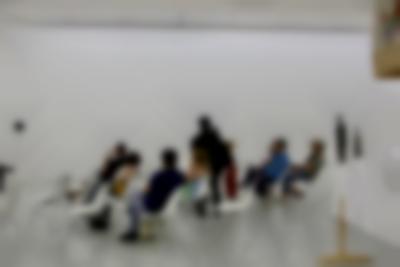
Photo: Valentina Ehnimb, © Biennale für Freiburg 2
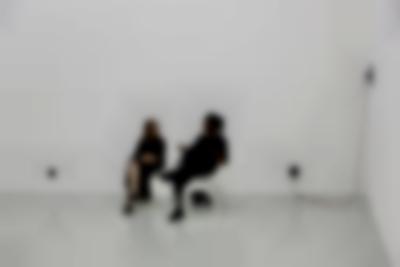
Photo: Valentina Ehnimb, © Biennale für Freiburg 2
The LISTENING SESSIONS offer a framework for communally experiencing and reflecting on the relationship between the street and music. Invited artists and musicians bring selected pieces of music and share their knowledge about their genesis, composition, and cultural implications. Each event is dedicated to a different musical genre and temporal context—such as jazz, feminist punk, the beginnings of German hip-hop, or music in the context of Freiburg’s squatter scene.
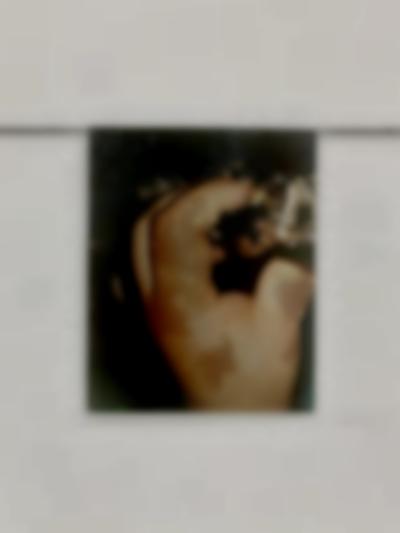
Installationview Cudelice Brazelton IV, APART-PLAYING
Photo: Valentina Ehnimb, © Biennale für Freiburg 2
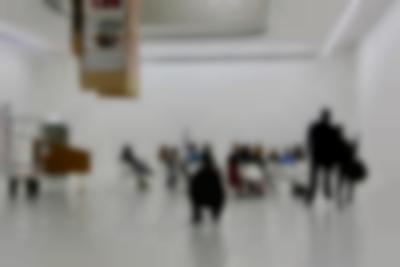
Photo: Valentina Ehnimb, © Biennale für Freiburg 2
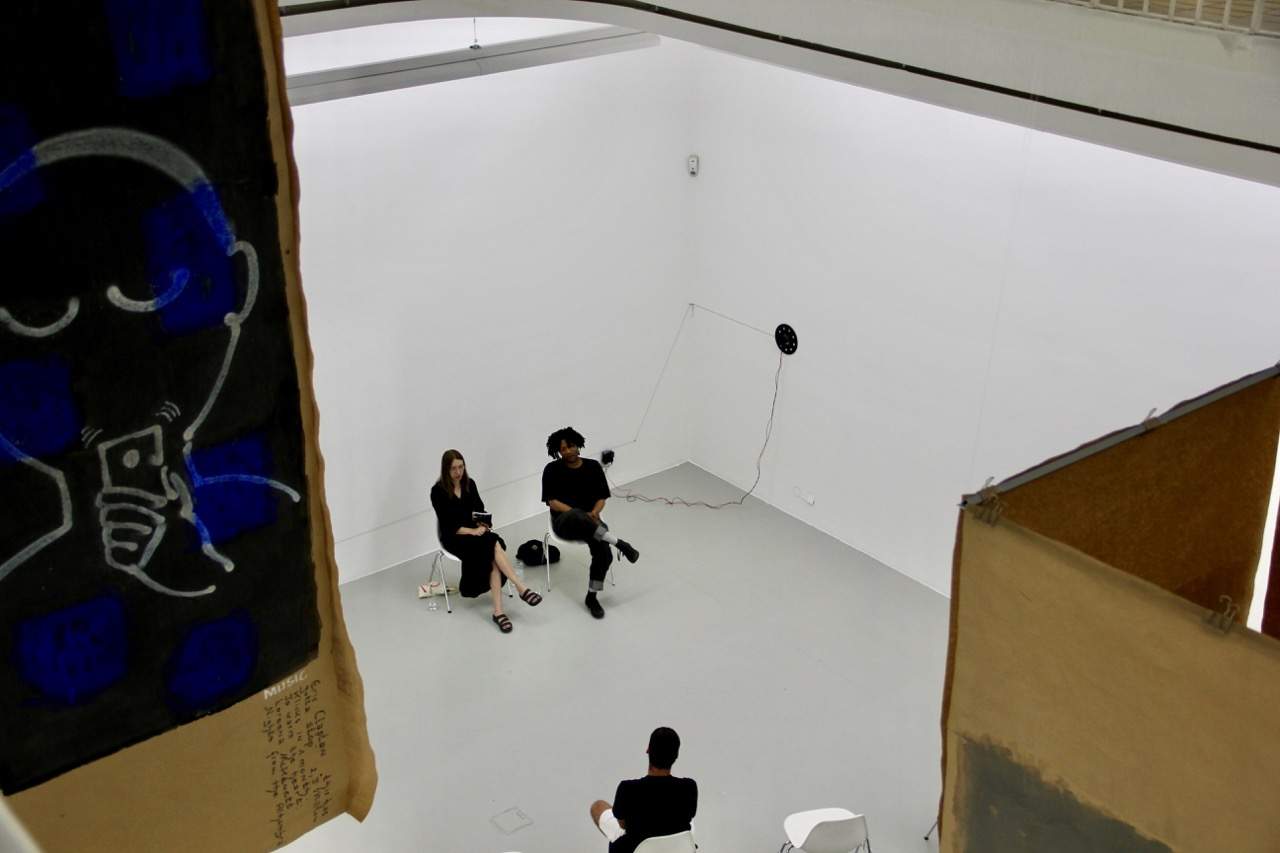

Paula Kommoss (Artistic Director, Biennale für Freiburg 2) and Cudelice Brazelton IV.
Photo: Valentina Ehnimb, © Biennale für Freiburg 2
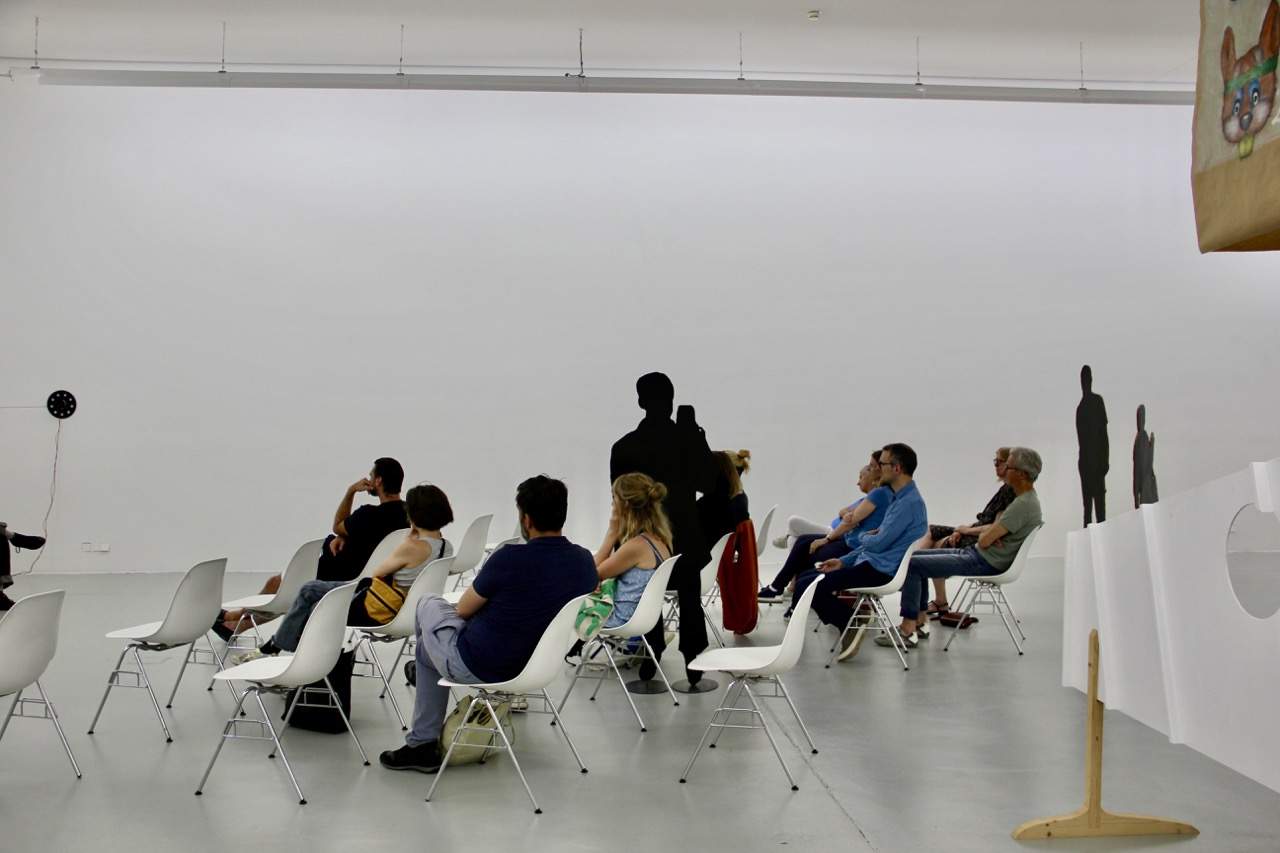

Photo: Valentina Ehnimb, © Biennale für Freiburg 2
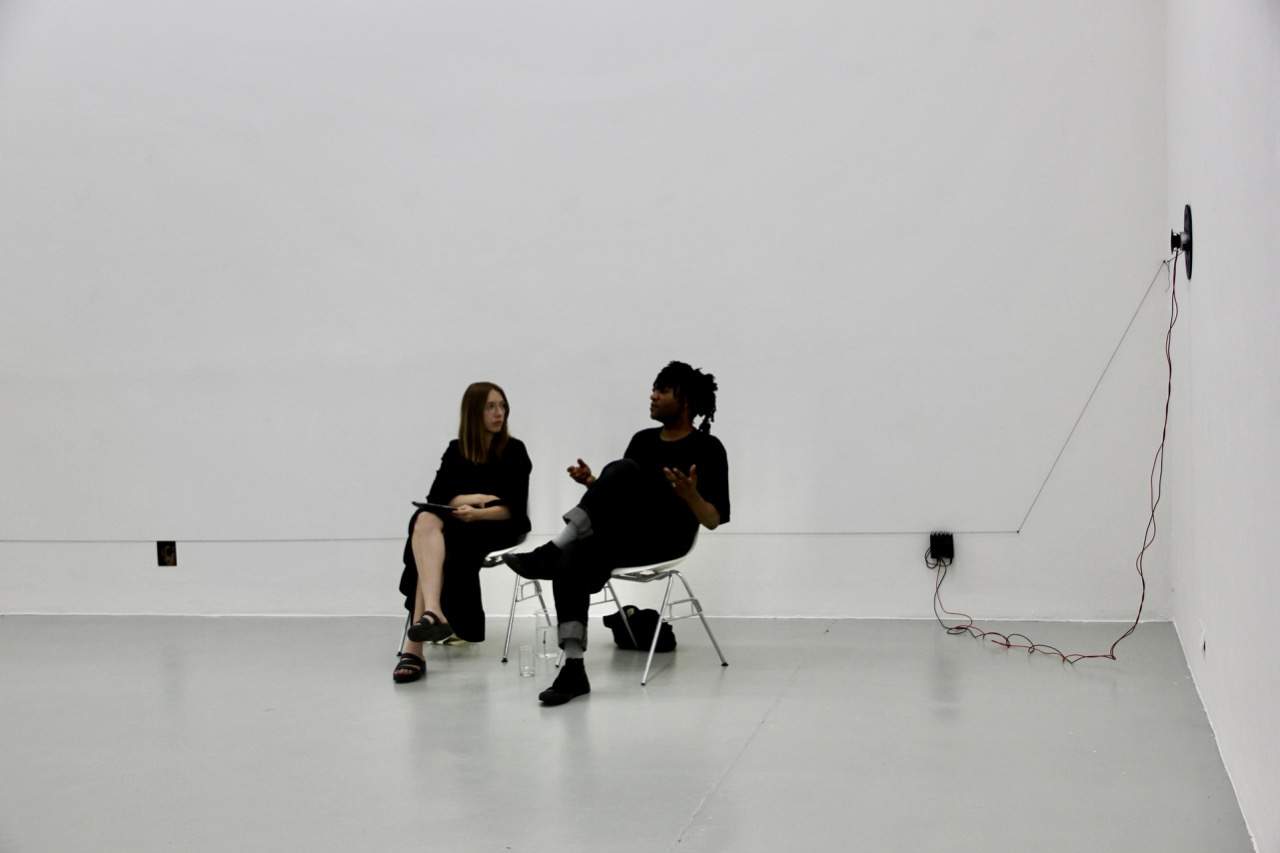

Photo: Valentina Ehnimb, © Biennale für Freiburg 2
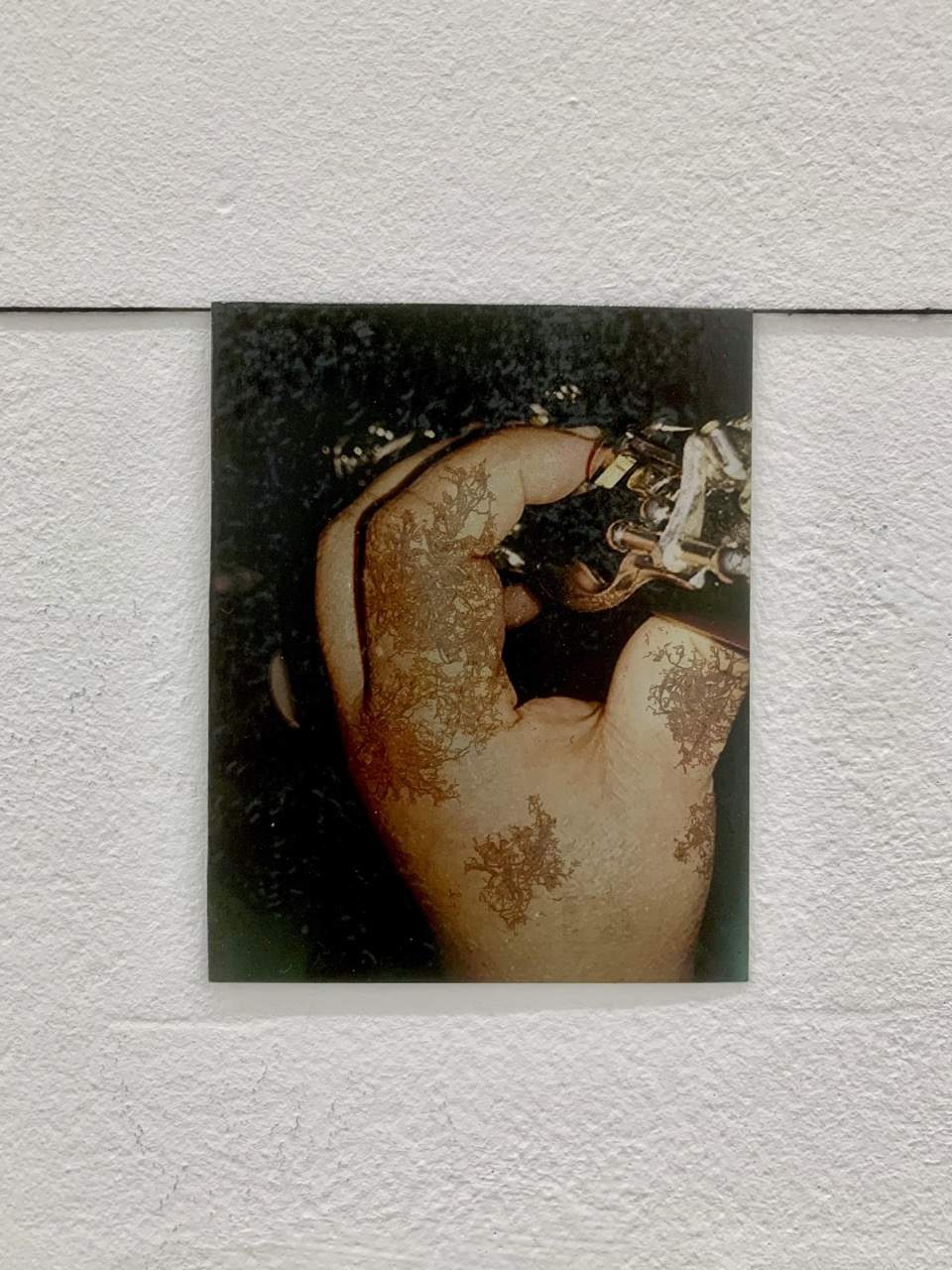

Installationview Cudelice Brazelton IV, APART-PLAYING
Photo: Valentina Ehnimb, © Biennale für Freiburg 2
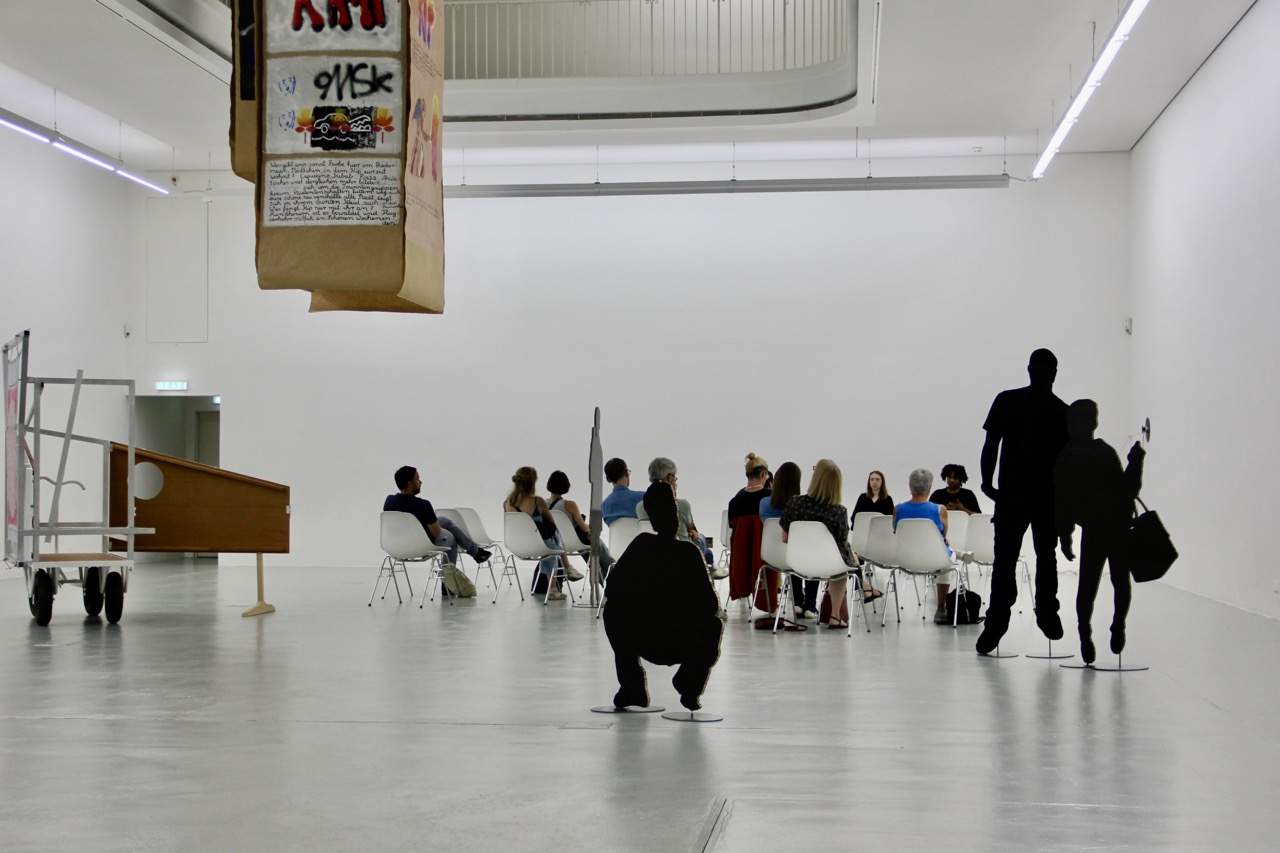

Photo: Valentina Ehnimb, © Biennale für Freiburg 2
Workshop: somebody*ies
CRAC Alsace
28.06 /
14:00 – 18:00
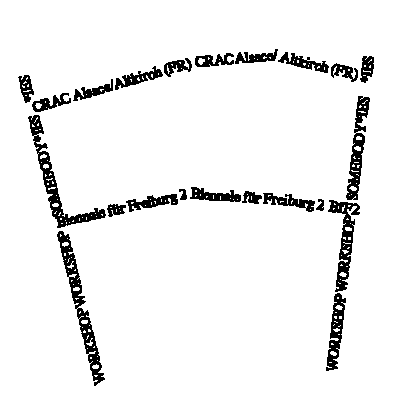
Workshop: somebody*ies
28.06.2023 / 14:00 – 18:00 / CRAC Alsace
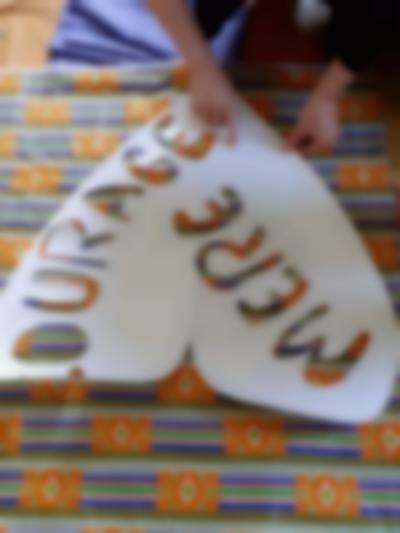
Photo: © Biennale für Freiburg 2 / CRAC Alsace
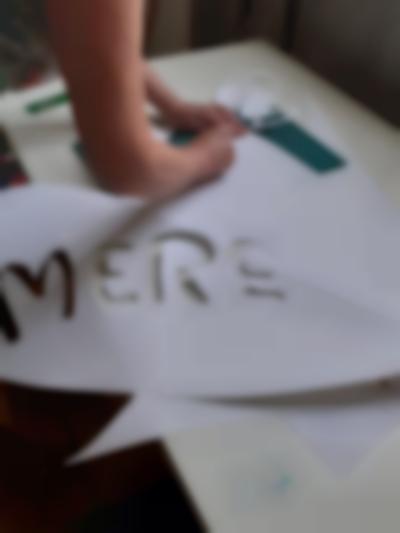
Photo: © Biennale für Freiburg 2 / CRAC Alsace
WORKSHOP WITH SOMEBODY*IES
Anna Byskov, Hannah Kindler
Date: Wednesday, June 28, 2023, 2-6 p.m.
Location: CRAC Alsace, 18 Rue du Château, 68130 Altkirch, FR
As a prelude to their performance in Freiburg, somebody*ies (Anna Byskov and Hannah Kindler) have planned a practical workshop at CRAC Alsace in Altkirch. The biographies of three women from Stühlinger form the contentual framework of the workshop. They are a starting point for thinking about issues such as freedom of speech and protest, and about the role that individuals and groups can play in social movements. Participants from Altkirch, Freiburg, and the region are invited to take part in an exchange about forms of remembrance culture in public space, and also to produce capes that will be used as props in a performance in July.
PERFORMANCE: Friday, July 21, 2023
4:30 p.m.: Klarastraße, meeting point: JC Café, Klarastraße 70, 79106 Freiburg
5:00 p.m.: Marienstraße, 79098 Freiburg
Within the WORKSHOPS, interested people can enter into a direct exchange with the artists of the Biennale für Freiburg 2. The workshops allow an intensive examination of the themes of the artistic works as well as direct participation in artistic research and production processes.
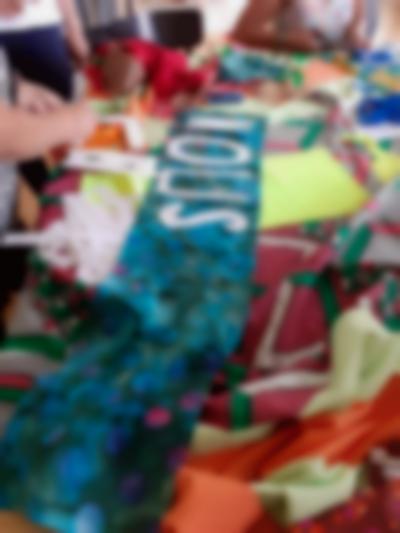
Photo: © Biennale für Freiburg 2 / CRAC Alsace
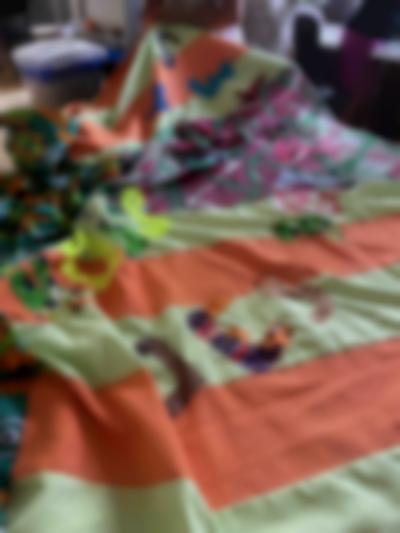
Photo: © Biennale für Freiburg 2 / CRAC Alsace
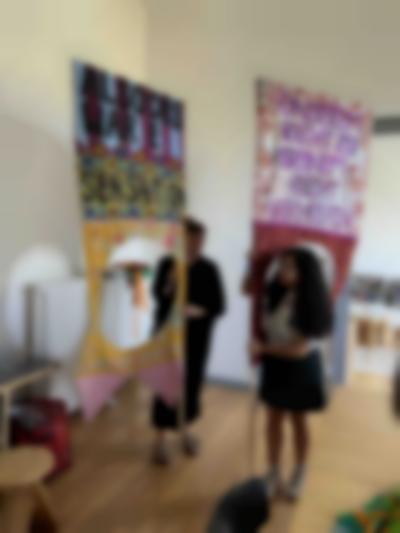
Photo: © Biennale für Freiburg 2 / CRAC Alsace
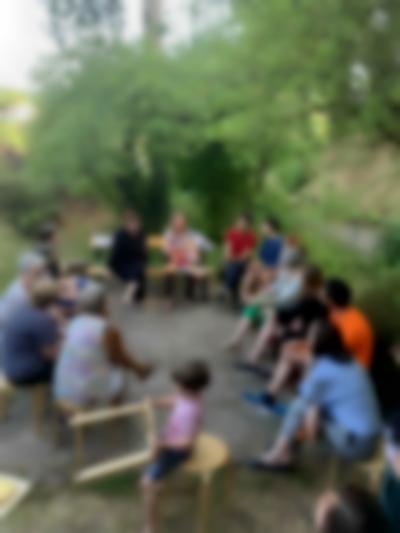
Photo: © Biennale für Freiburg 2 / CRAC Alsace
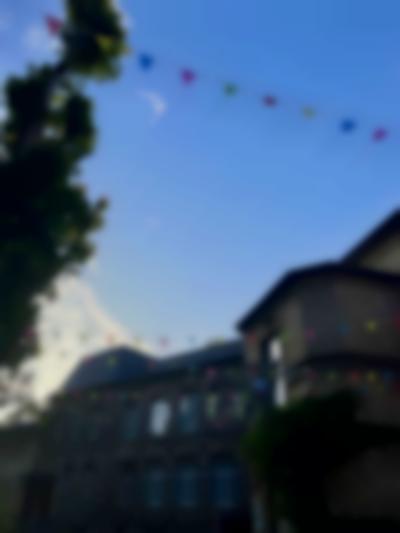
Photo: © Biennale für Freiburg 2 / CRAC Alsace
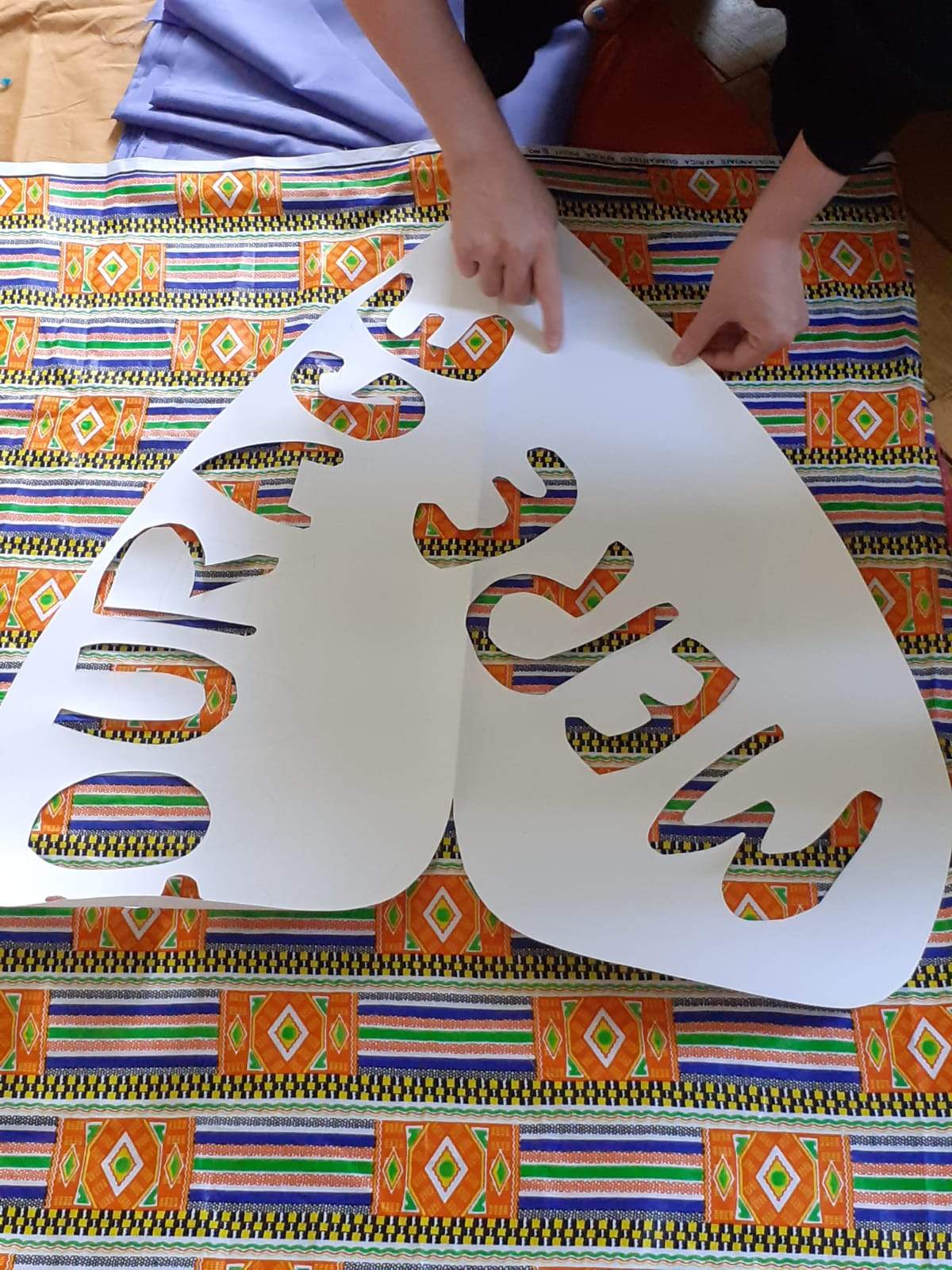

Photo: © Biennale für Freiburg 2 / CRAC Alsace
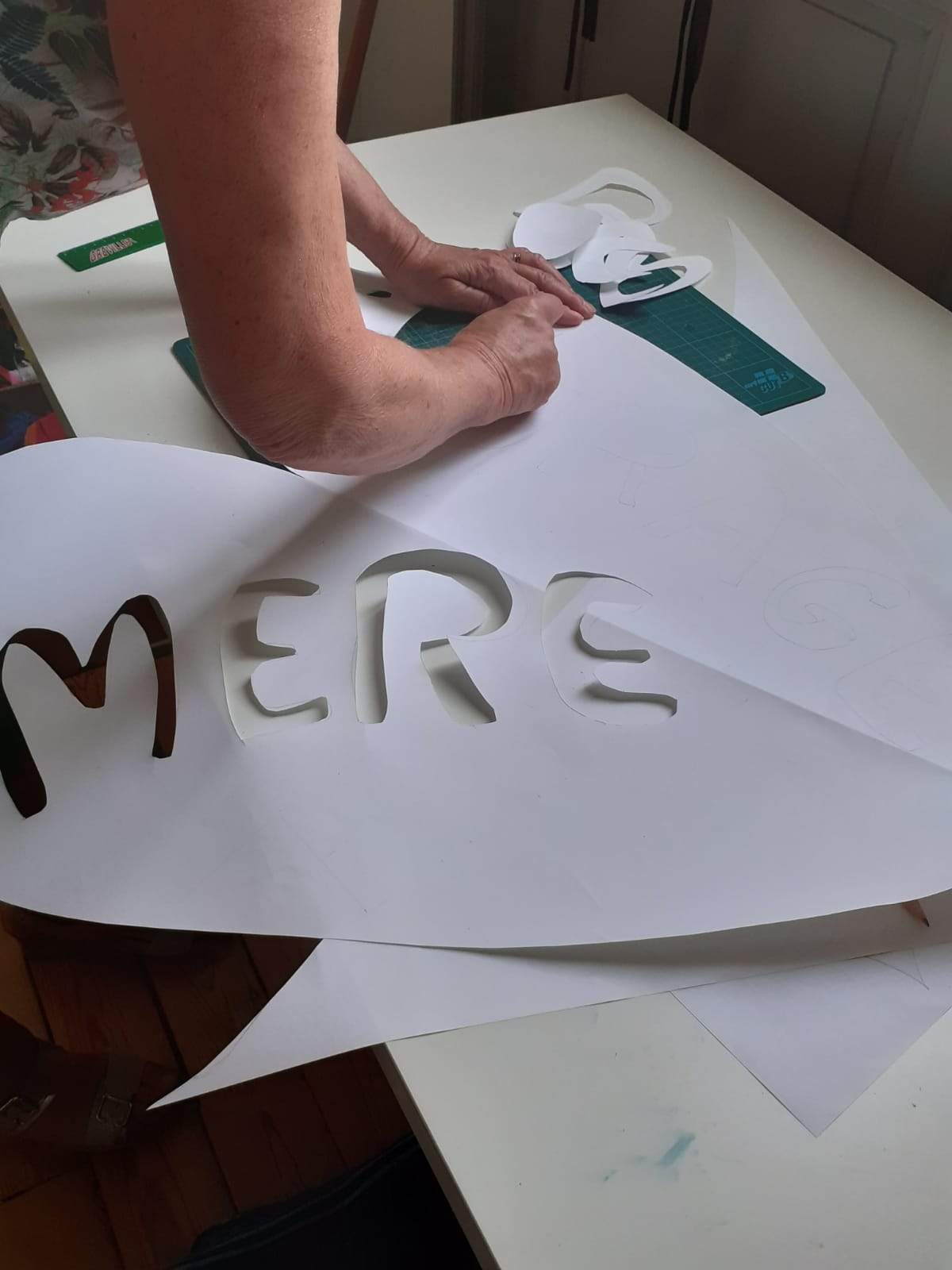

Photo: © Biennale für Freiburg 2 / CRAC Alsace
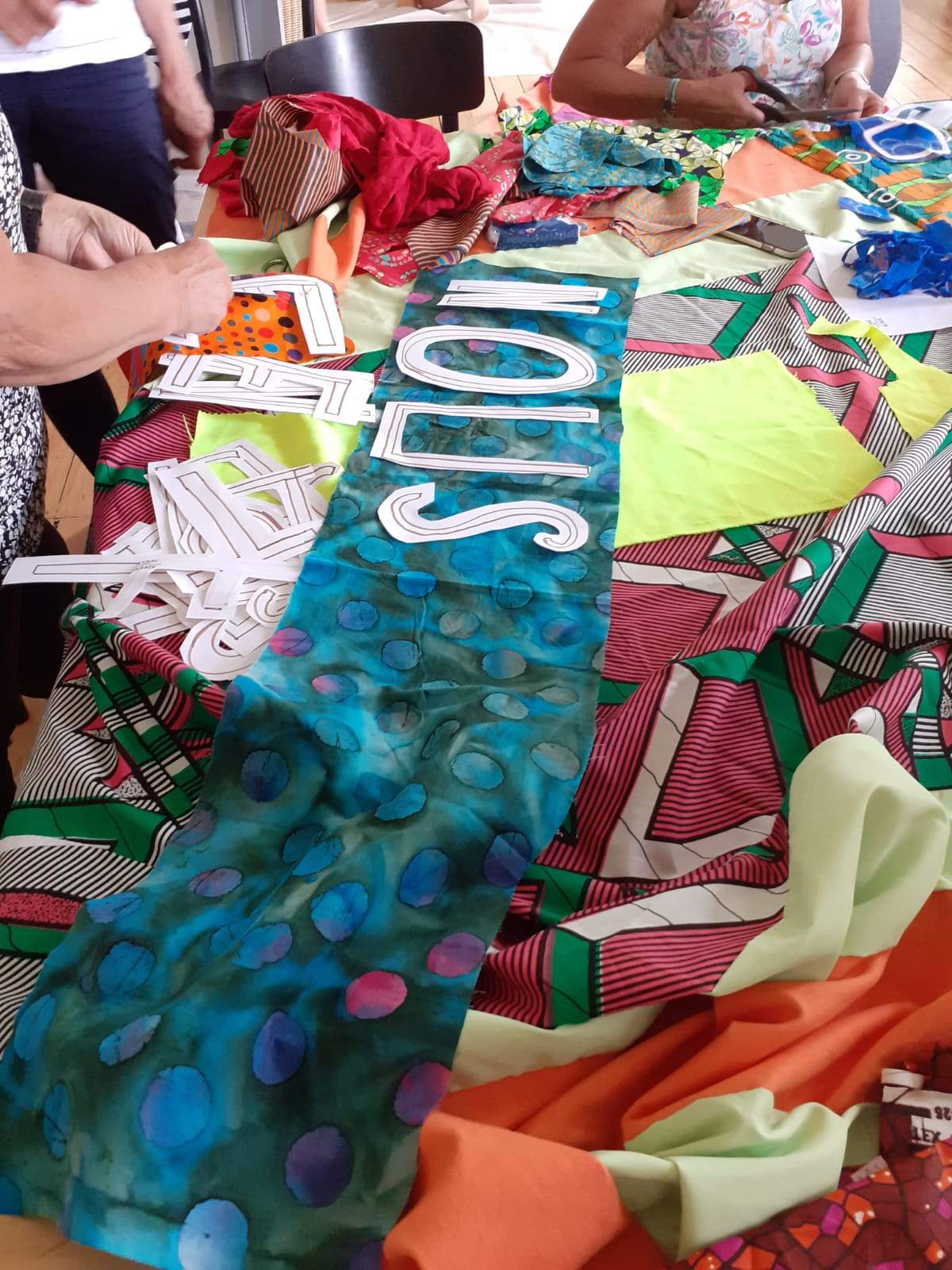

Photo: © Biennale für Freiburg 2 / CRAC Alsace
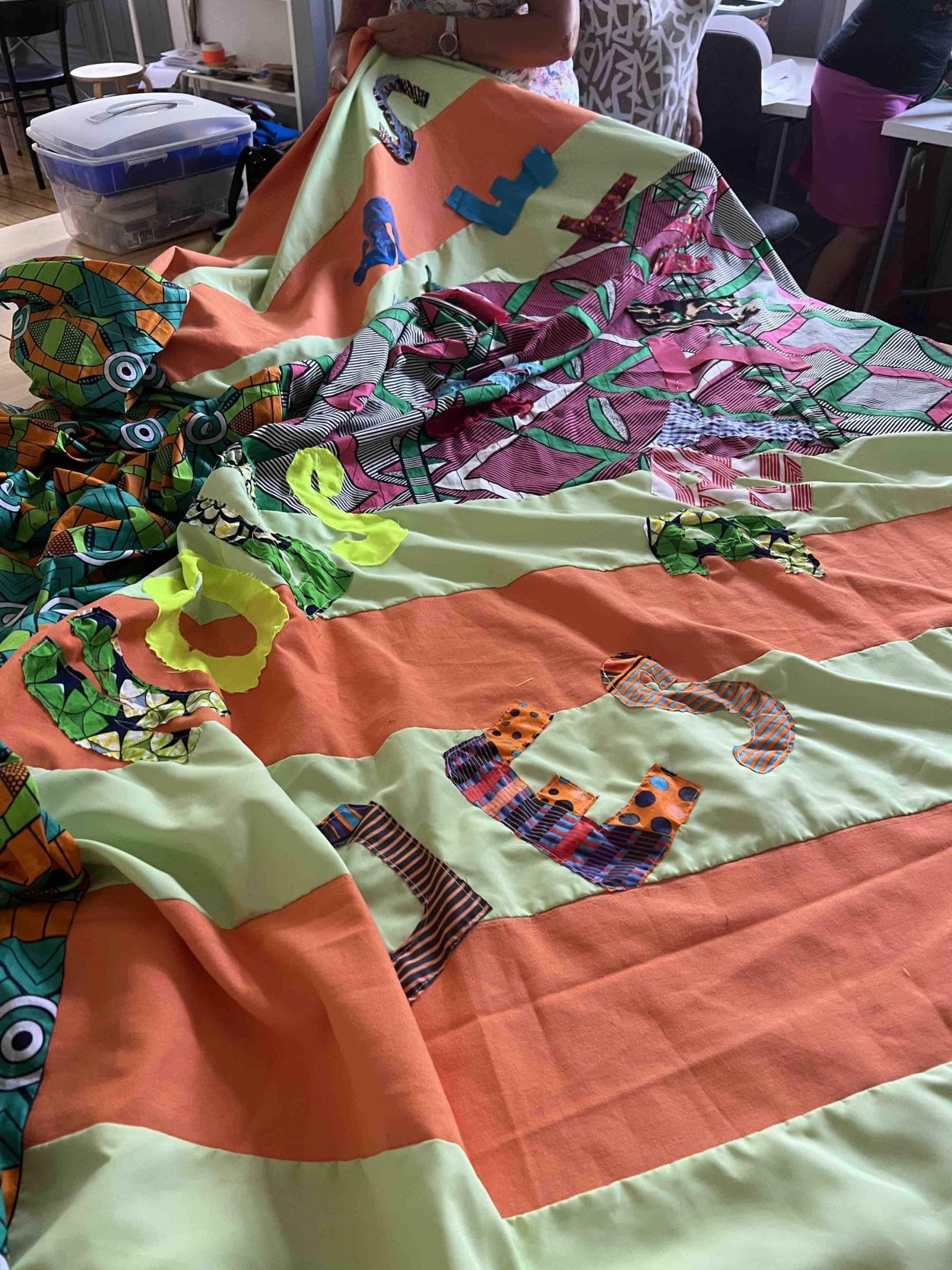

Photo: © Biennale für Freiburg 2 / CRAC Alsace
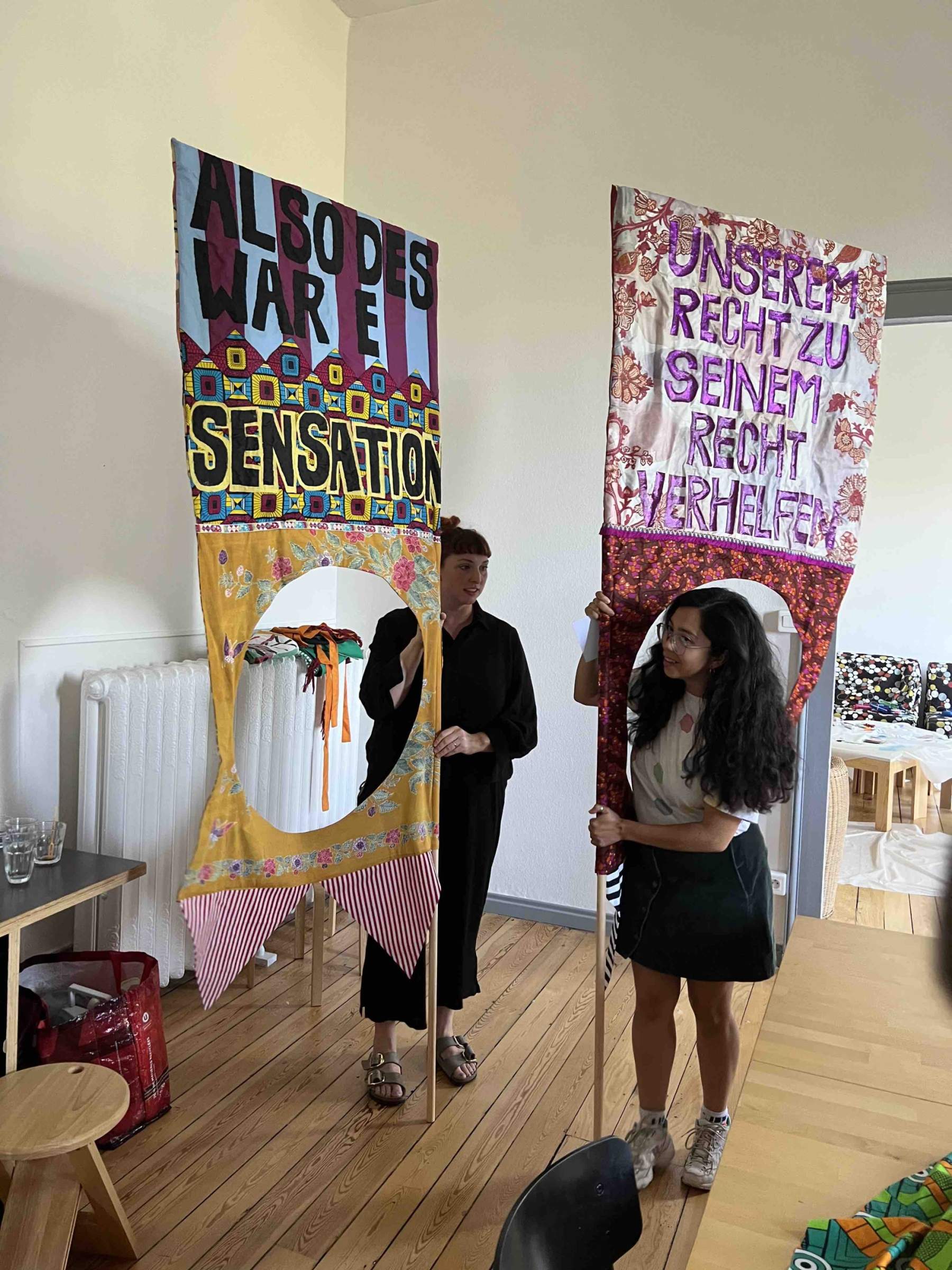

Photo: © Biennale für Freiburg 2 / CRAC Alsace
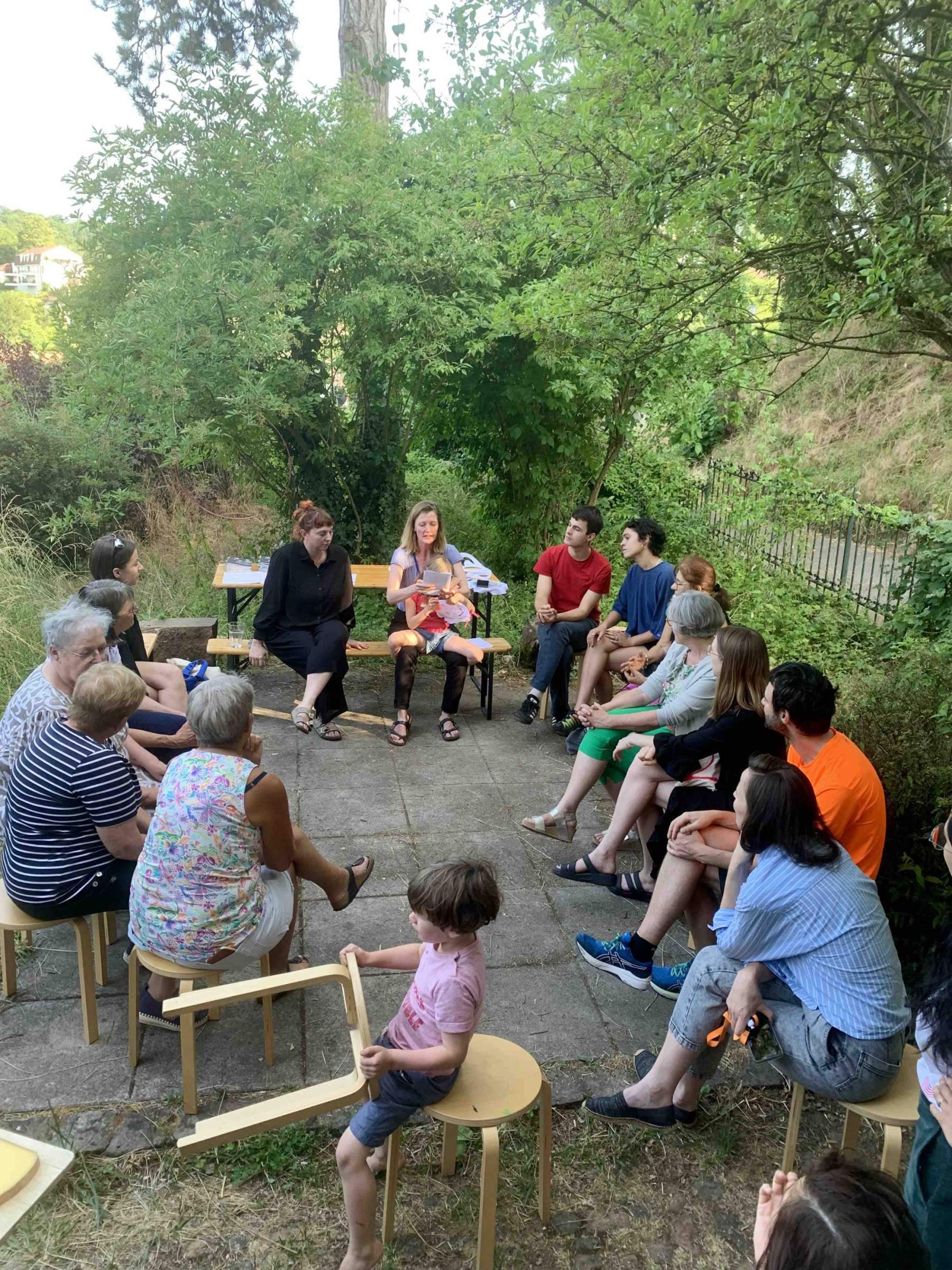

Photo: © Biennale für Freiburg 2 / CRAC Alsace
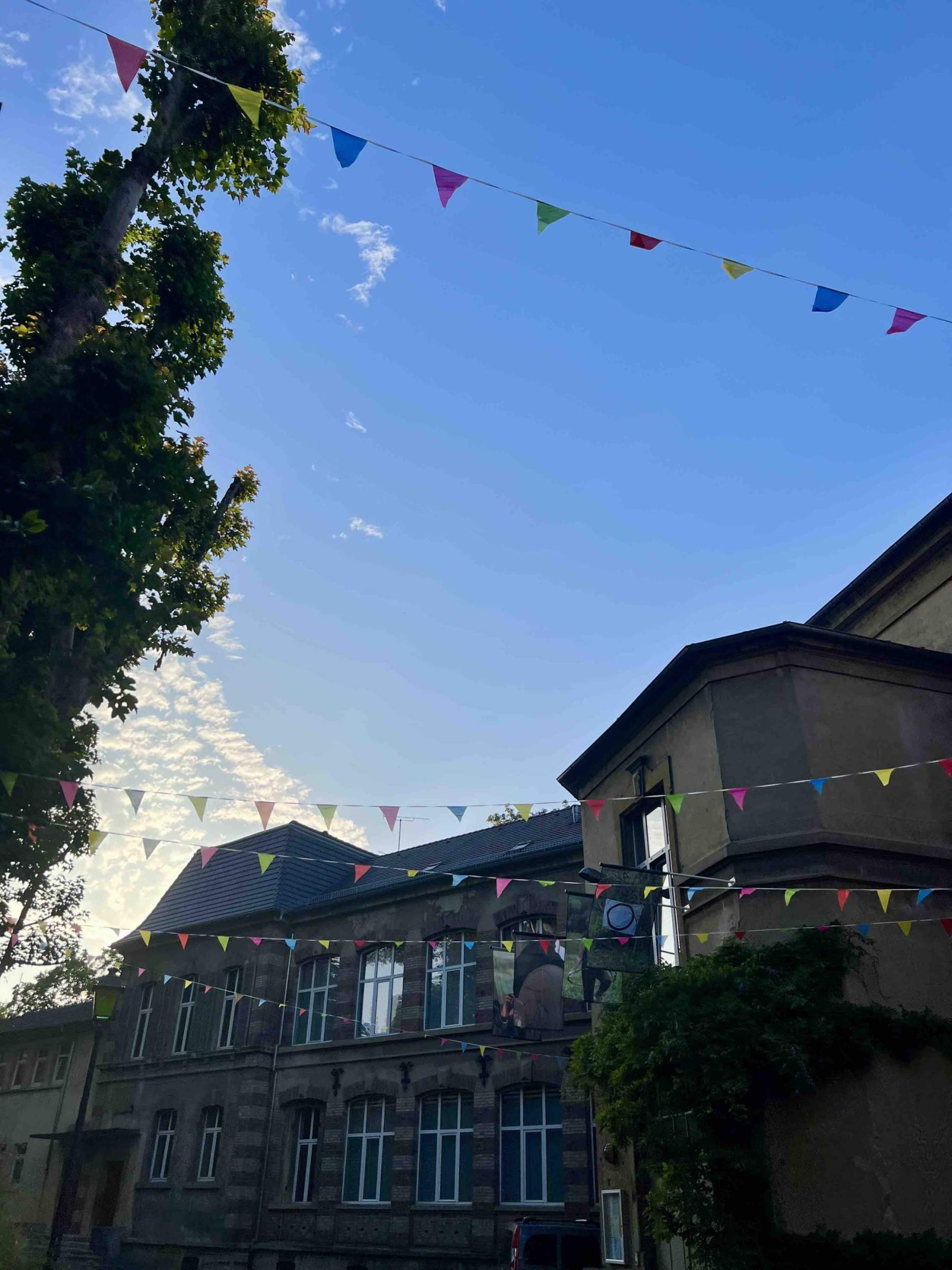

Photo: © Biennale für Freiburg 2 / CRAC Alsace
Public Tour
Kunstverein Freiburg
18.06 / 14:00
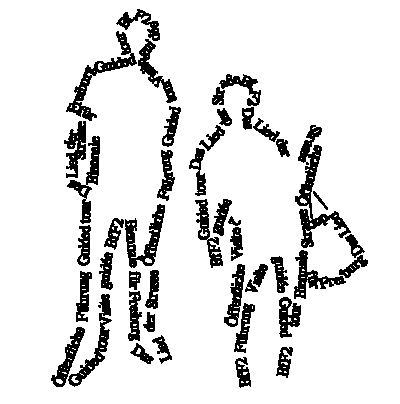
Public tour through the exhibition with curator Paula Kommoss
… MorePublic Tour
18.06.2023 / 14:00 / Kunstverein Freiburg
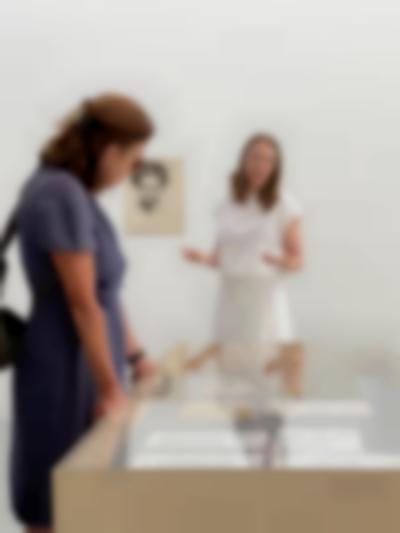
Curator Paula Kommoss guides through the exhibition at the Kunstverein Freiburg.
Photo: © Biennale für Freiburg 2
Public tour through the exhibition with curator Paula Kommoss
Sunday, June 18, 2 p.m.
Meeting point: Kunstverein Freiburg, Dreisamstr. 21, 79098 Freiburg
Other dates public tours:
Friday, July 7, 2023, 6 p.m. (in French)
Saturday, July 22, 2023, 7 p.m.
Saturday, July 29, 2 p.m.
Participation is free of charge.
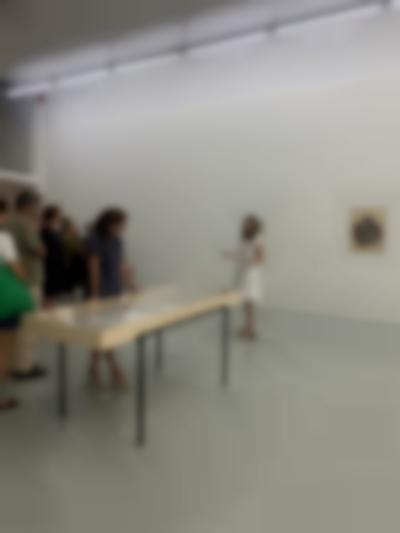
In front of Eva Eisenlohr’s art.
Photo: © Biennale für Freiburg 2
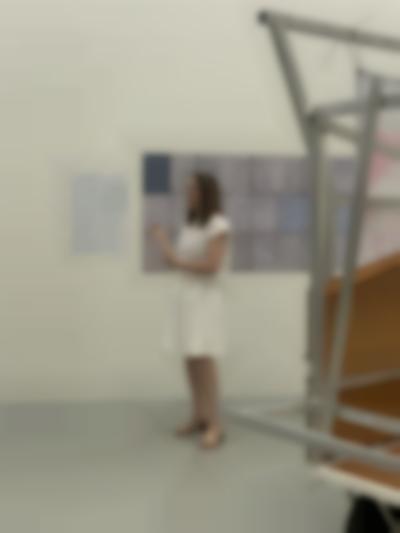
Paula Kommoss (Artistic Director, Biennale für Freiburg 2) gives insights into the works of Maximiliane Baumgartner.
Photo: © Biennale für Freiburg 2
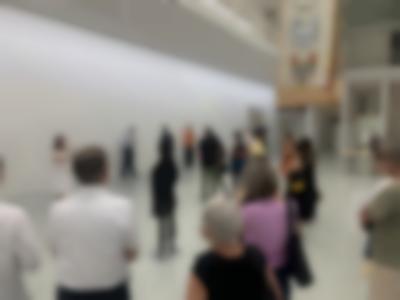
View of the works of Deborah Joyce Holman and Kirthi Ingerfurth.
Photo: © Biennale für Freiburg 2
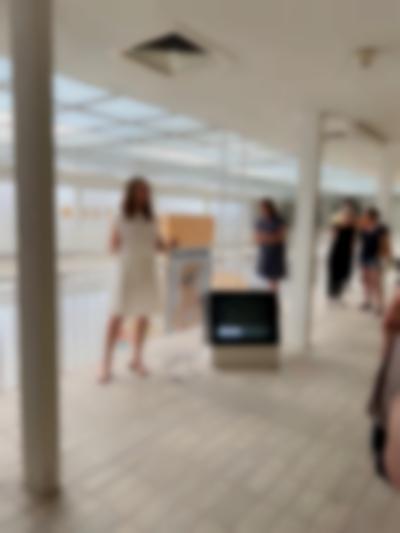
In front of the work of Hito Steyerl.
Photo: © Biennale für Freiburg 2
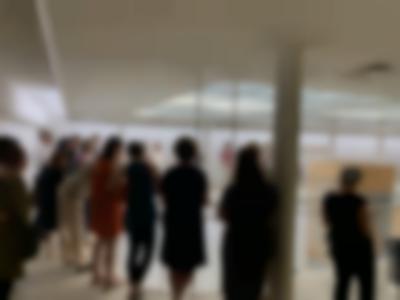
Photo: © Biennale für Freiburg 2
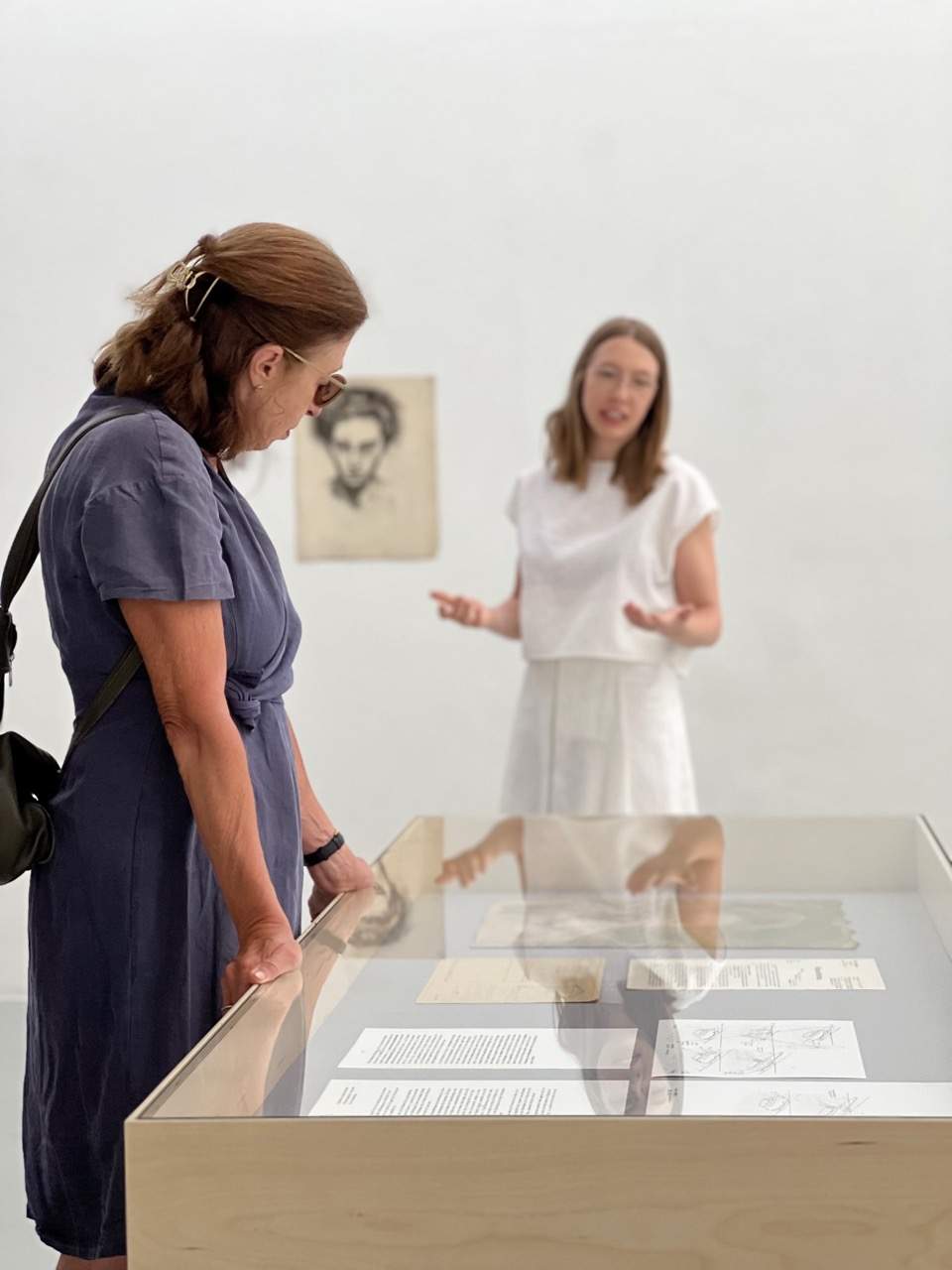

Curator Paula Kommoss guides through the exhibition at the Kunstverein Freiburg.
Photo: © Biennale für Freiburg 2
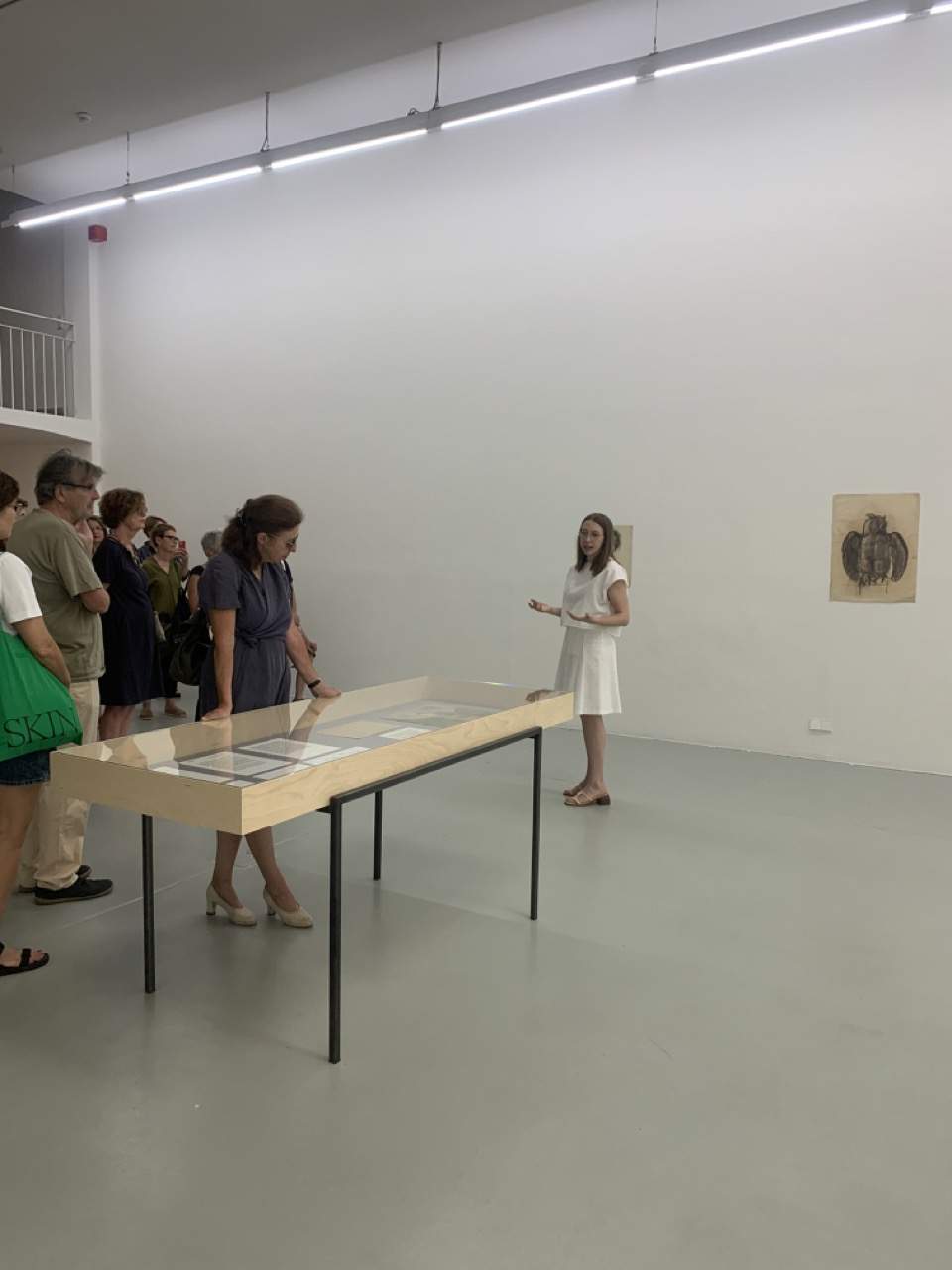

In front of Eva Eisenlohr’s art.
Photo: © Biennale für Freiburg 2
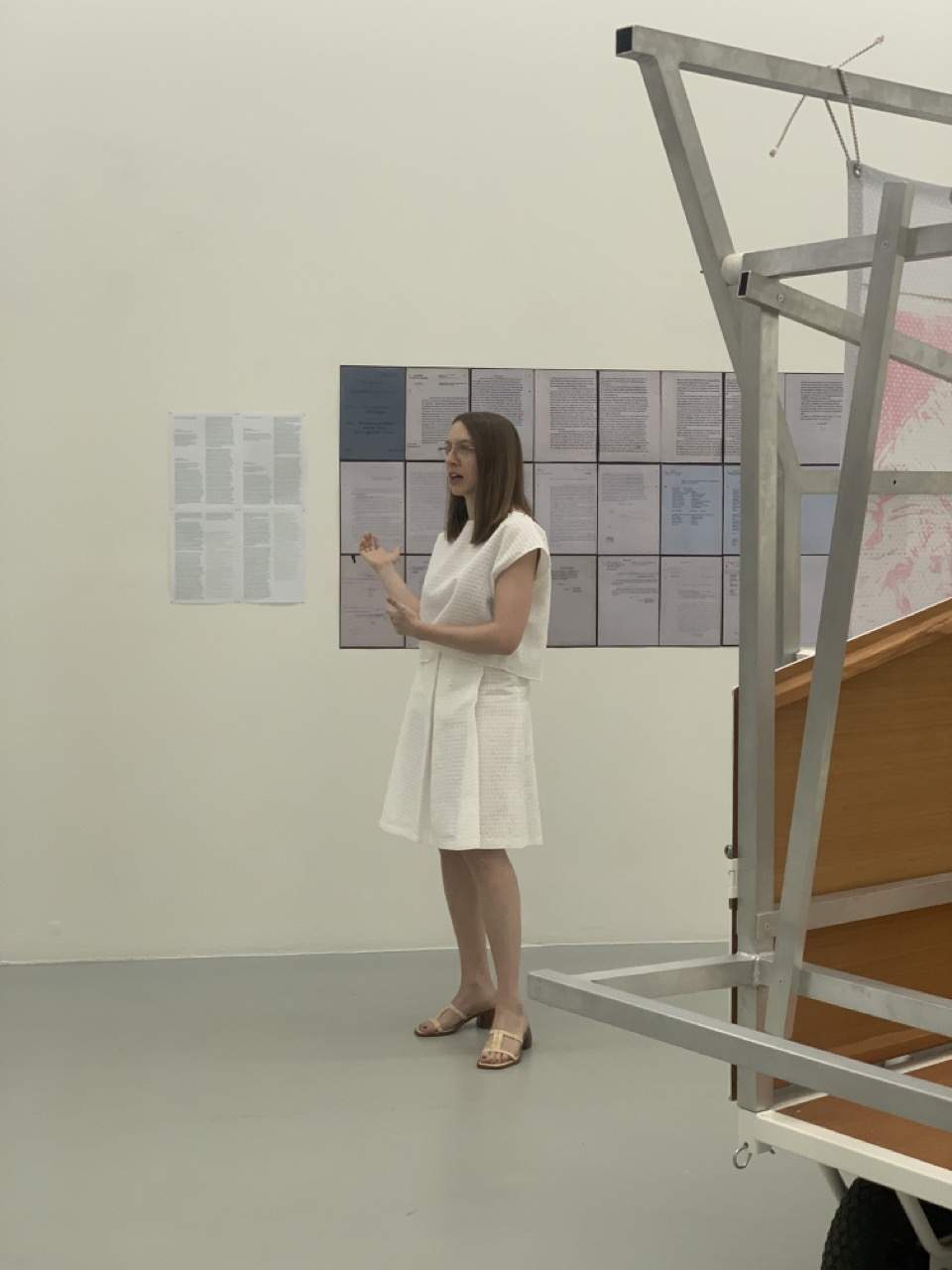

Paula Kommoss (Artistic Director, Biennale für Freiburg 2) gives insights into the works of Maximiliane Baumgartner.
Photo: © Biennale für Freiburg 2
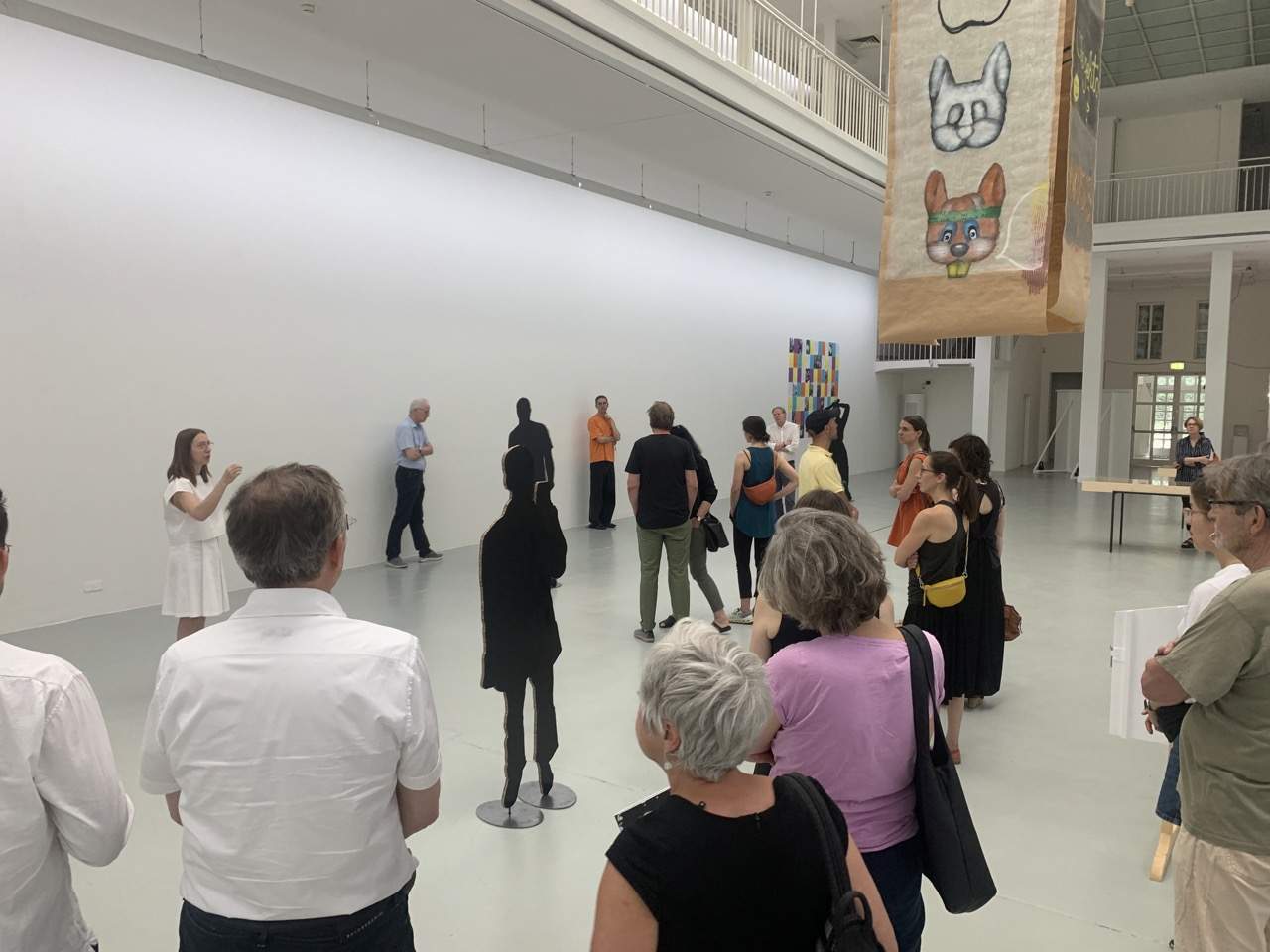

View of the works of Deborah Joyce Holman and Kirthi Ingerfurth.
Photo: © Biennale für Freiburg 2
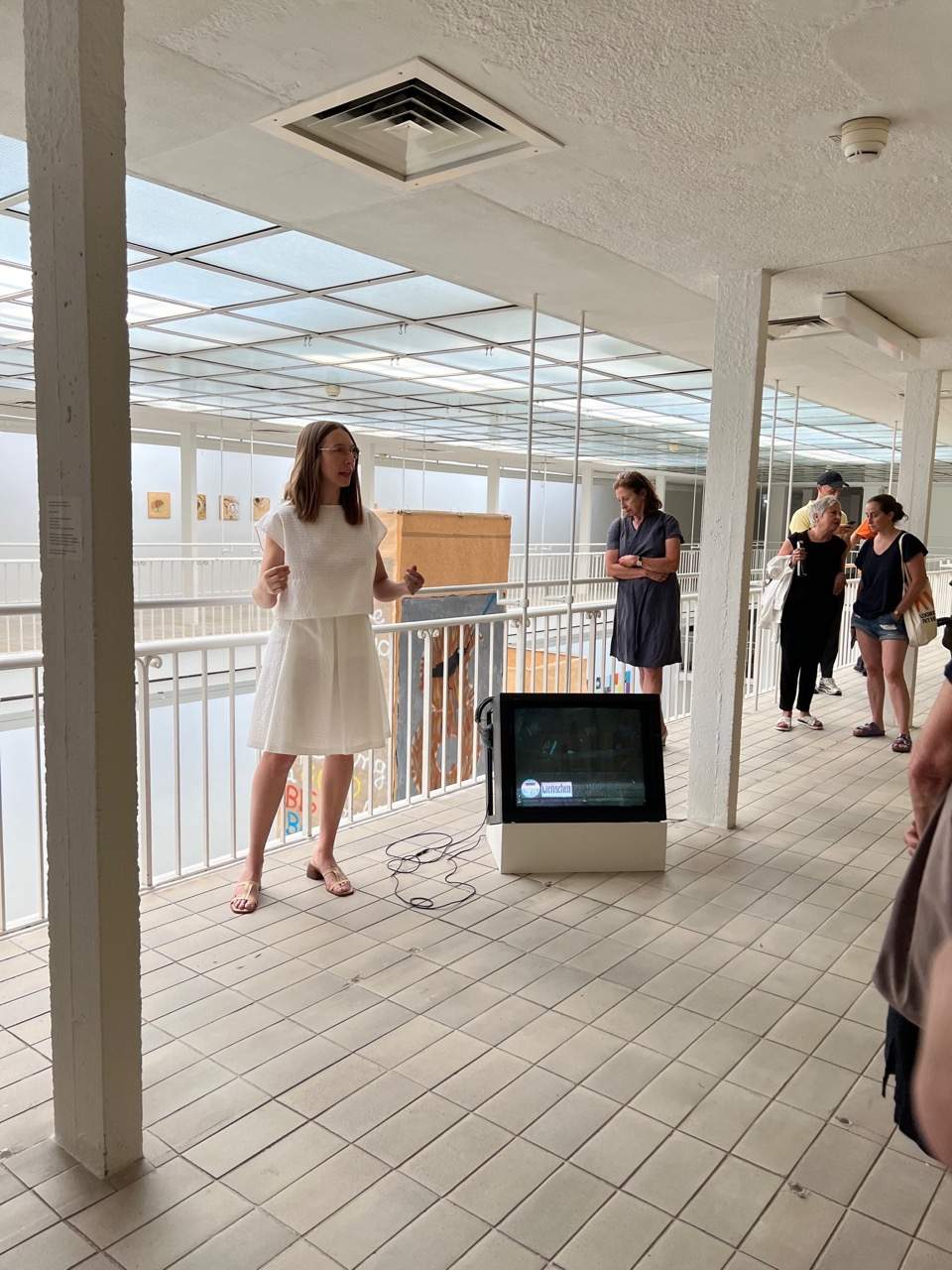

In front of the work of Hito Steyerl.
Photo: © Biennale für Freiburg 2
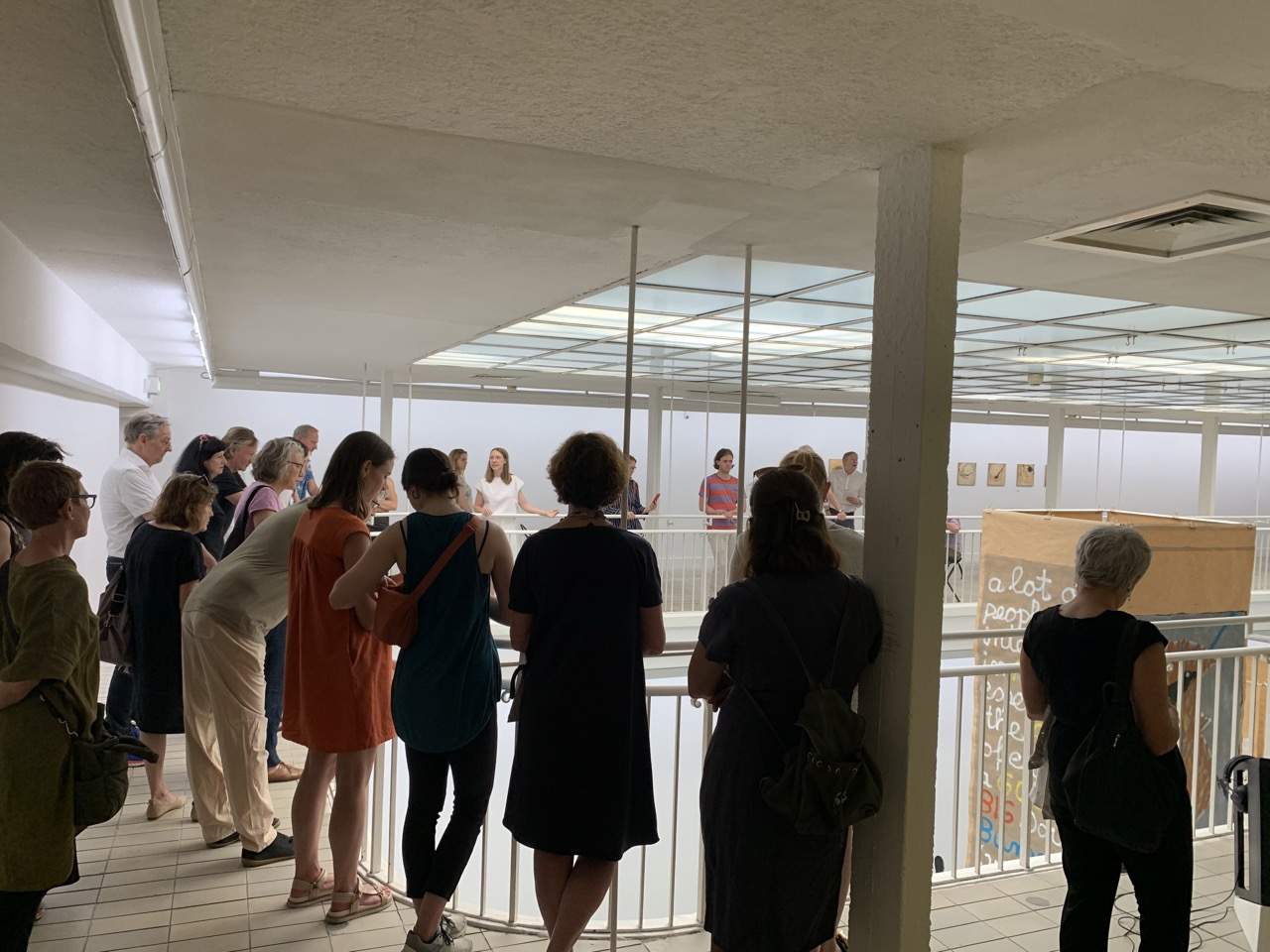

Photo: © Biennale für Freiburg 2
Listening Session: Schneller Wohnen/Live Faster: The Music of the Squatters in Freiburg
Musikpavillon, Stadtgarten
17.06 / 16:00
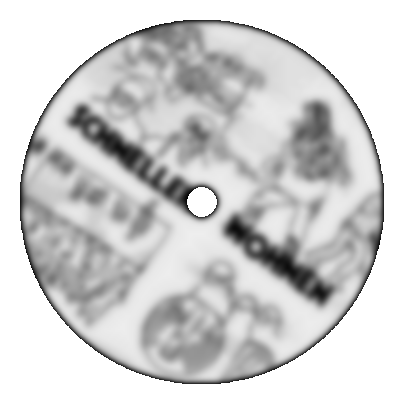
At the first listening session Gudrun Leser shows us the music of the squatters scene.
… MoreListening Session: Schneller Wohnen/Live Faster: The Music of the Squatters in Freiburg
17.06.2023 / 16:00 / Musikpavillon, Stadtgarten
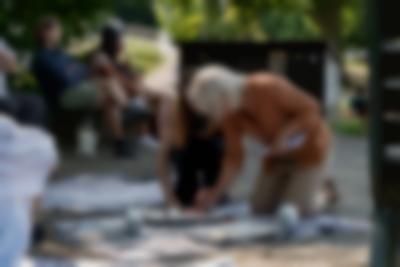
Paula Kommoss (Artistic Director, Biennale für Freiburg 2) and Gudrun Leser start the LISTENING SESSION.
Photo: Sévérine Kpoti, © Biennale für Freiburg 2
LISTENING SESSION
SCHNELLER WOHNEN/LIVE FASTER: THE MUSIC OF THE SQUATTERS IN FREIBURG WITH GUDRUN LESER X GUESTS
Saturday, June 17, 2023, 4 p.m.
Musikpavillon, Stadtgarten, 79098 Freiburg
Schwarzwaldhof—that was the name of the area of a former button factory in the Wiehre neighborhood, which was occupied for three quarters of a year between 1980 and 1981: In that short time, squatters created a non-commercial center in the space, with a theater, bar, communal kitchen, and living quarters. In the process, many concerts were staged and numerous bands formed, such as Soldiers of Fortune and many more. Bookseller Gudrun Leser was part of the scene—with her, we will listen in on the songs that were written back then and ask what happens when political idealism comes to face economic aspirations and social realities.
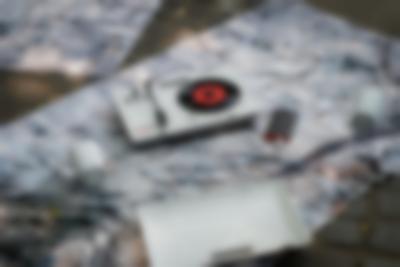
Photo: Sévérine Kpoti, © Biennale für Freiburg 2
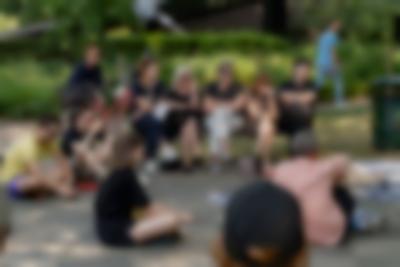
Photo: Sévérine Kpoti, © Biennale für Freiburg 2
The LISTENING SESSIONS offer a framework for communally experiencing and reflecting on the relationship between the street and music. Invited artists and musicians bring selected pieces of music and share their knowledge about their genesis, composition, and cultural implications. Each event is dedicated to a different musical genre and temporal context—such as jazz, feminist punk, the beginnings of German hip-hop, or music in the context of Freiburg’s squatter scene.
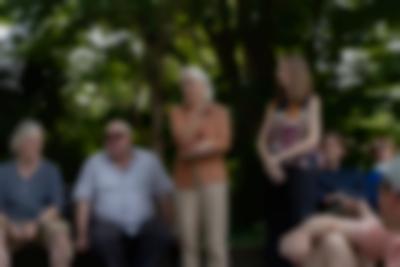
Photo: Sévérine Kpoti, © Biennale für Freiburg 2
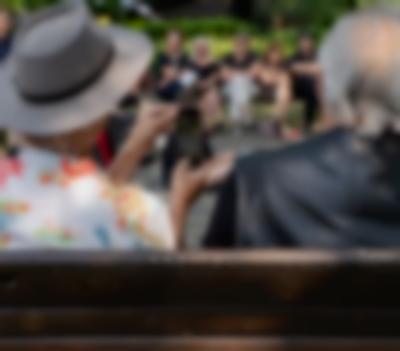
Photo: Sévérine Kpoti, © Biennale für Freiburg 2
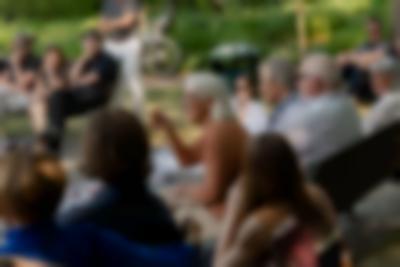
Photo: Sévérine Kpoti, © Biennale für Freiburg 2
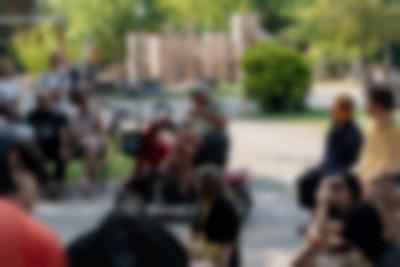
Other participants also offered insights into the living conditions and music production of the squatter scene at the time.
Photo: Sévérine Kpoti, © Biennale für Freiburg 2
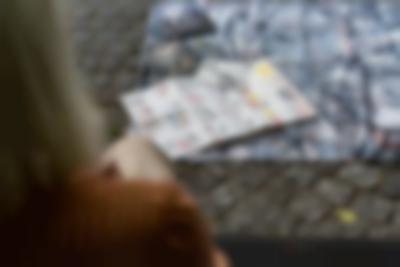
Photo: Sévérine Kpoti, © Biennale für Freiburg 2
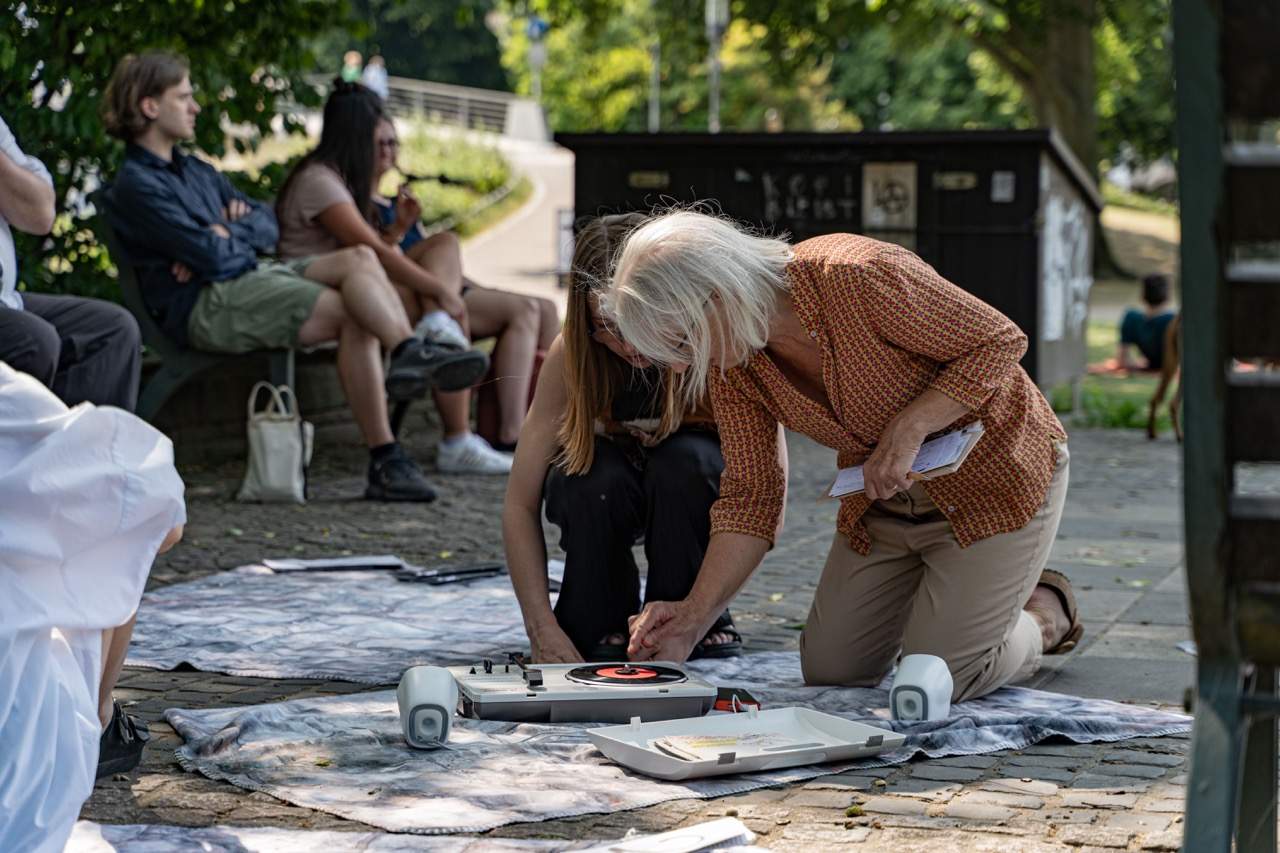

Paula Kommoss (Artistic Director, Biennale für Freiburg 2) and Gudrun Leser start the LISTENING SESSION.
Photo: Sévérine Kpoti, © Biennale für Freiburg 2
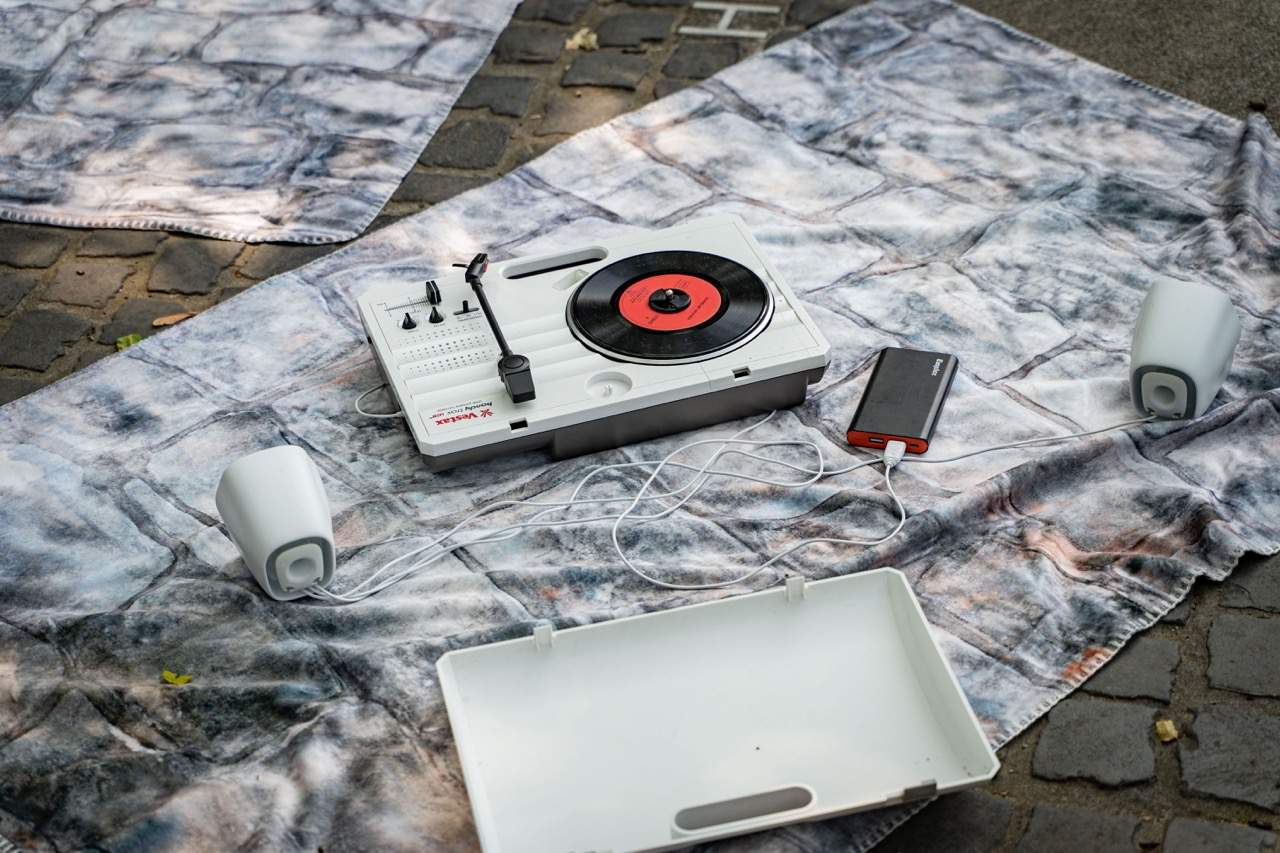

Photo: Sévérine Kpoti, © Biennale für Freiburg 2
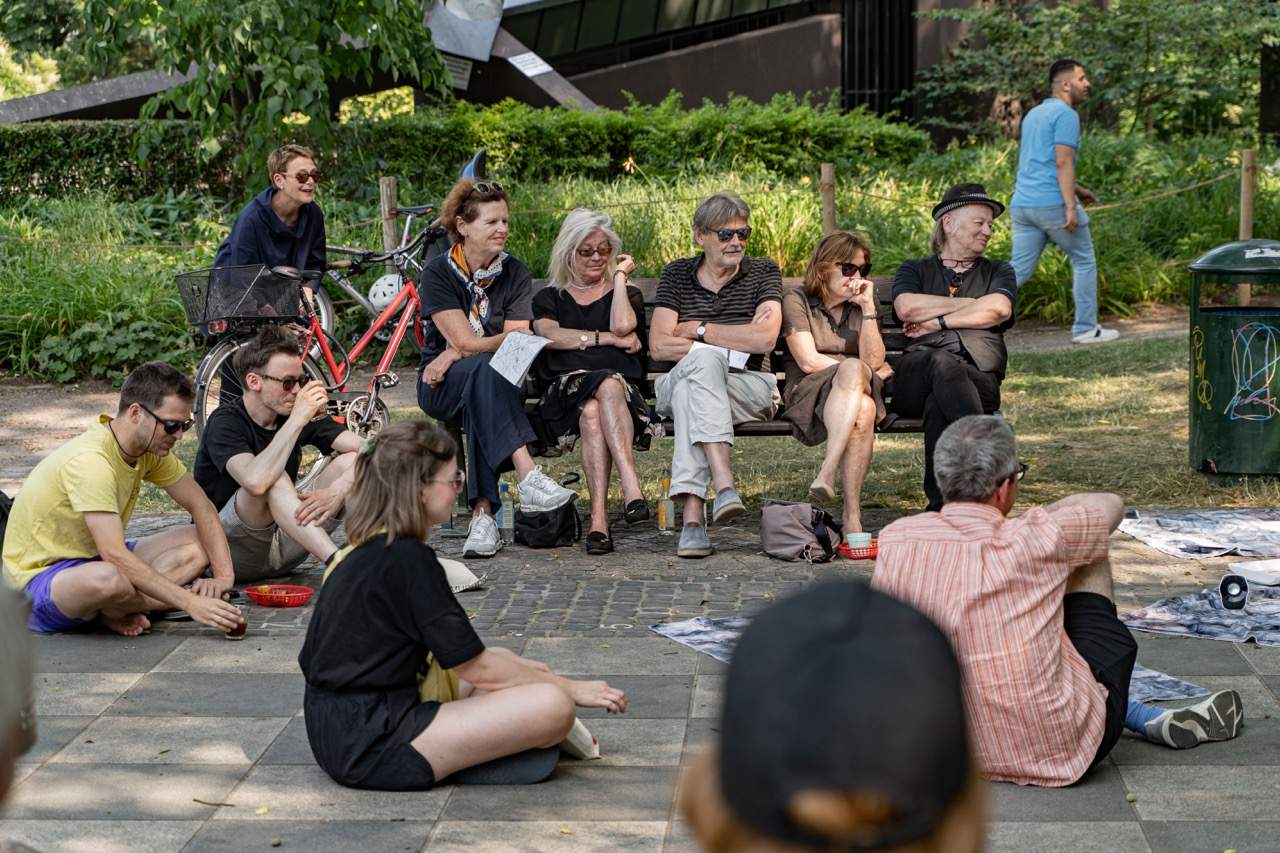

Photo: Sévérine Kpoti, © Biennale für Freiburg 2
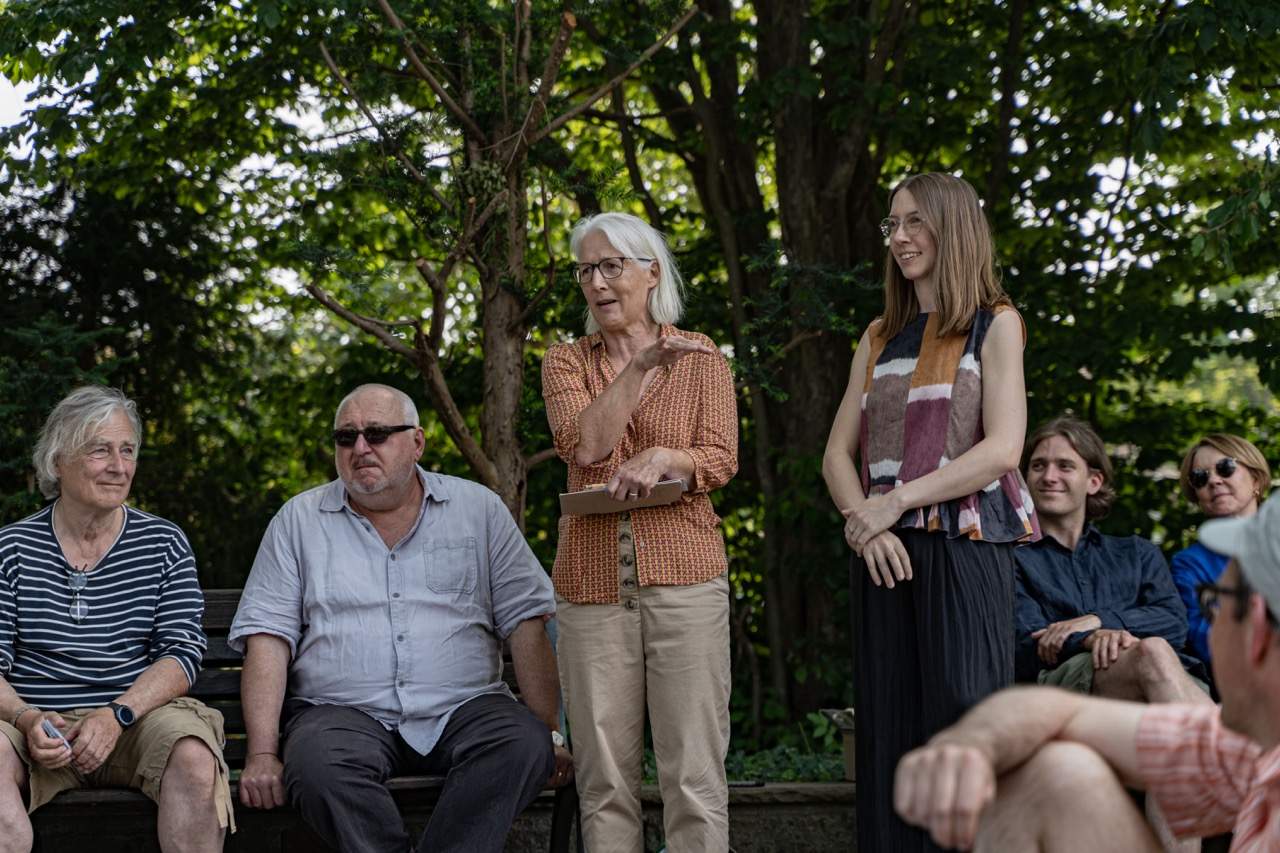

Photo: Sévérine Kpoti, © Biennale für Freiburg 2
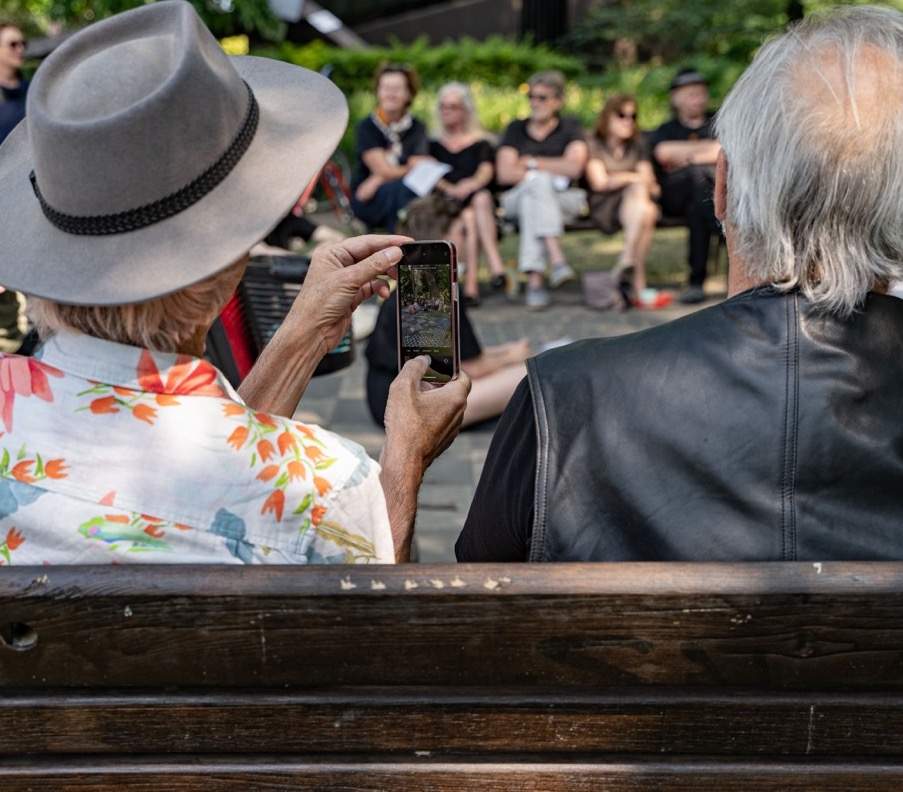

Photo: Sévérine Kpoti, © Biennale für Freiburg 2
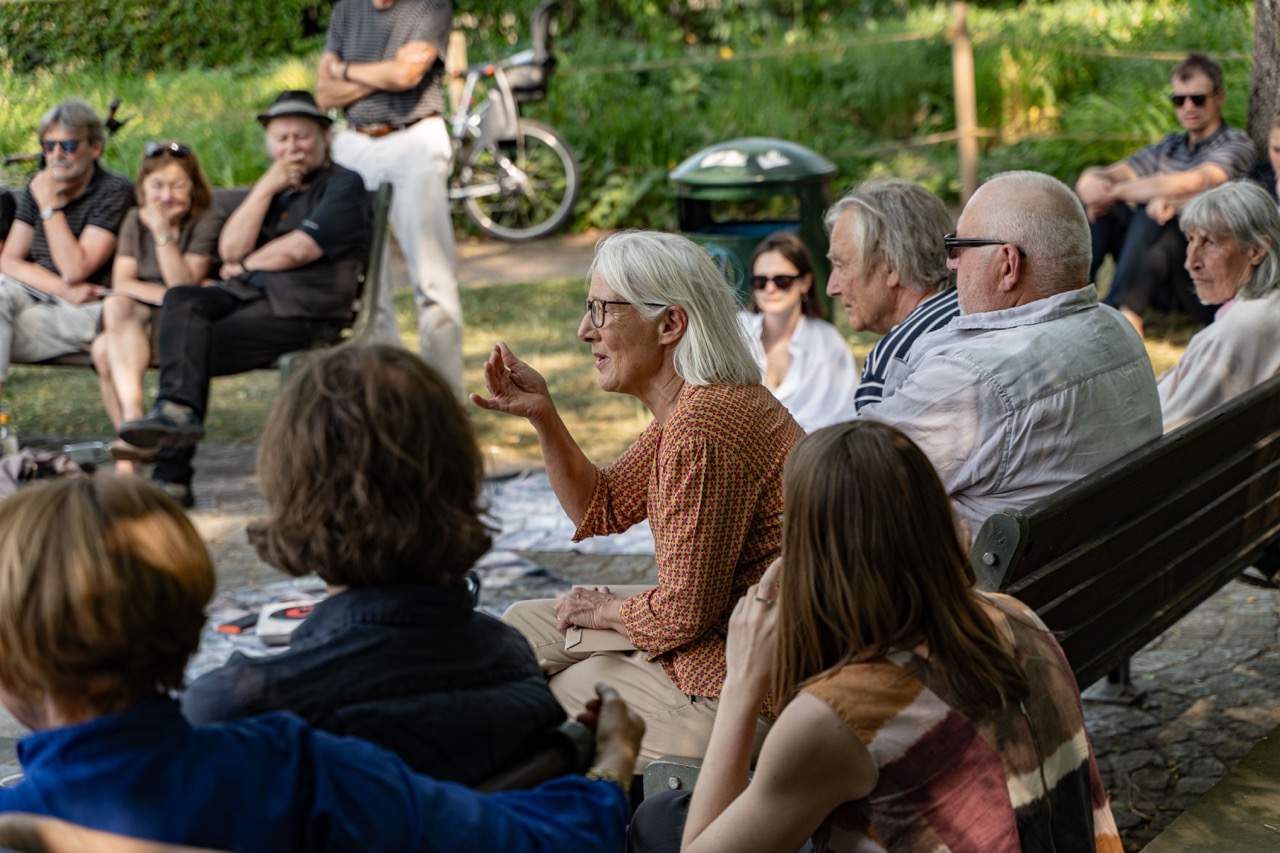

Photo: Sévérine Kpoti, © Biennale für Freiburg 2
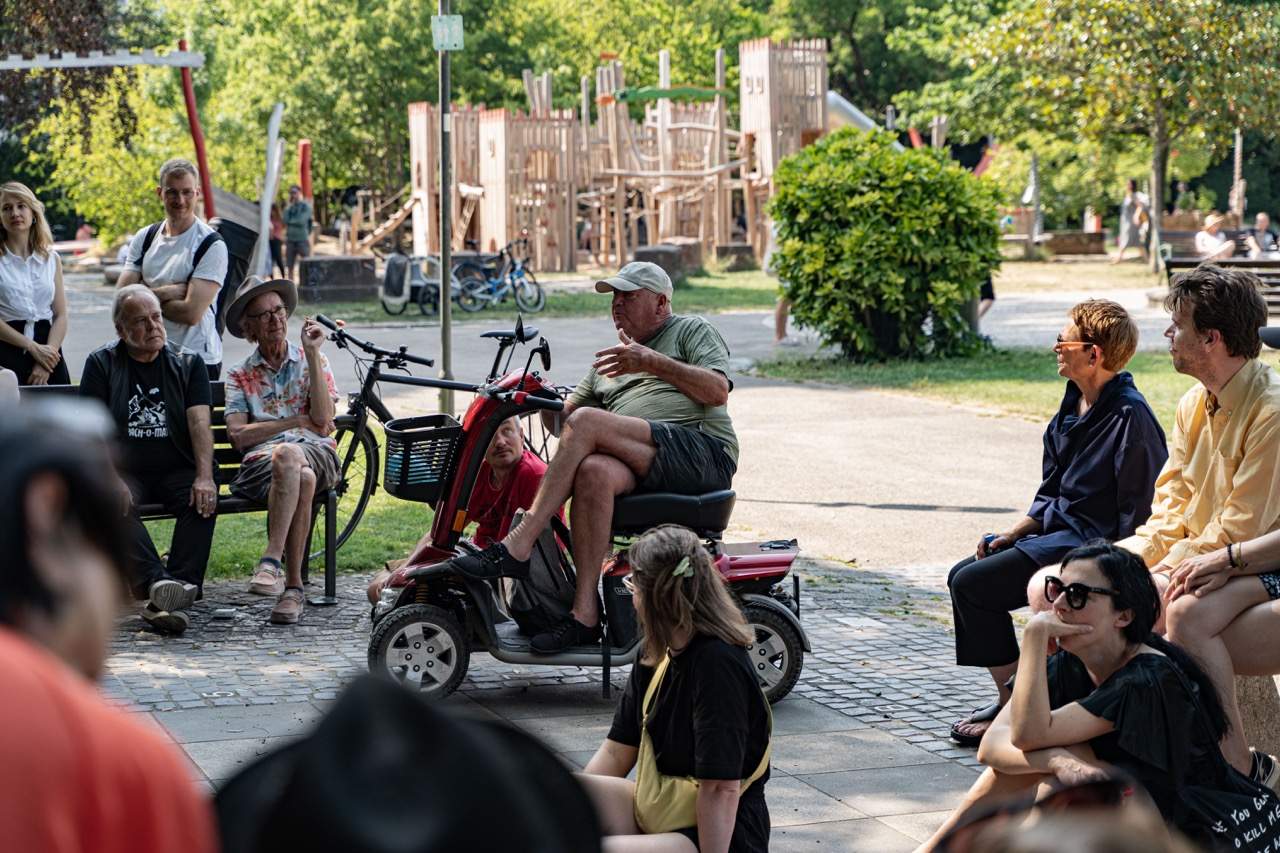

Other participants also offered insights into the living conditions and music production of the squatter scene at the time.
Photo: Sévérine Kpoti, © Biennale für Freiburg 2
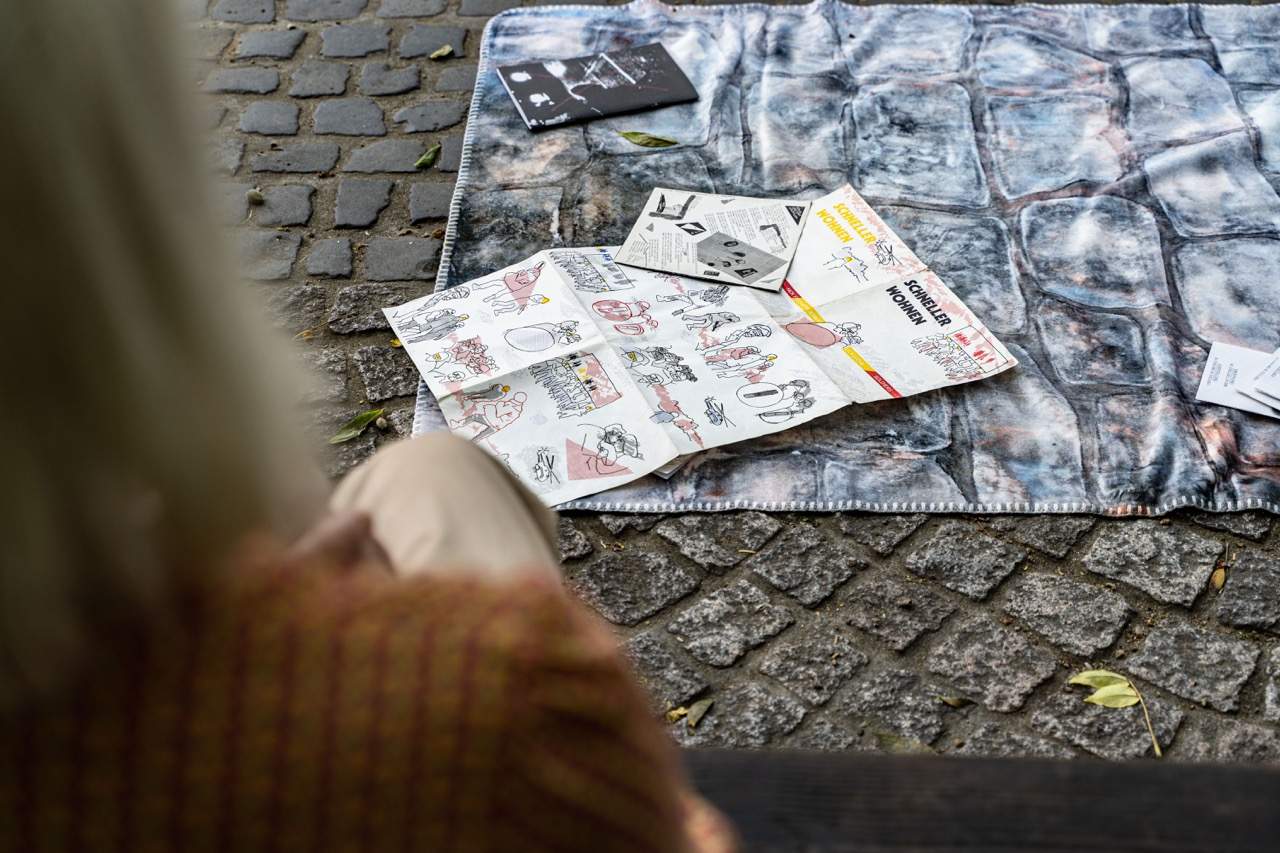

Photo: Sévérine Kpoti, © Biennale für Freiburg 2
Leaflet Workshop by Maximiliane Baumgartner
Musikpavillon, Stadtgarten
17.06 /
13:00 – 16:00

In the LEAFLET WORKSHOP by Maximiliane Baumgartner leaflets will be created in collaboration with children and young people.
… MoreLeaflet Workshop by Maximiliane Baumgartner
17.06.2023 / 13:00 – 16:00 / Musikpavillon, Stadtgarten

LEAFLET WORKSHOP BY MAXIMILIANE BAUMGARTNER
Date: Saturday, June 17, 2023, 1–4 p.m.
Location: Musikpavillon in the Stadtgarten, Mozartstraße side, 79104 Freiburg
Based around the Freiburg artist and art educator Eva Eisenlohr (1891–1977), Maximiliane Baumgartner will develop an action space comprised of multi-part painterly interventions in Freiburg’s urban space, in which the production, presentation, and mediation of art dissolve and new positionings become possible.
The action vehicle VIELE VAMPIRE SIND VÖGEL (2019/2023) is one element of the action space and will become a collaborative stage for action. An enlarged reproduction of Eisenlohr’s print FRIENDS (1956) takes the form of a banner, mounted on the cart. It serves as direct illustrative material, as well as a gateway onto a performative approach to and examination of Eisenlohr’s work. In a LEAFLET WORKSHOP leaflets will be created in collaboration with children and young people.
The supervision of children and young people during the leaflet workshop is the responsibility of their parents or guardians and cannot be left to the leaflet workshop team.
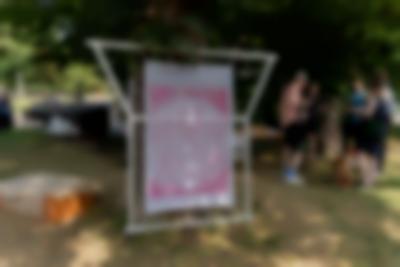
LEAFLET WORKSHOP by Maximilane Baumgartner at Stadtgarten.
Photo: Sévérine Kpoti, © Biennale für Freiburg 2
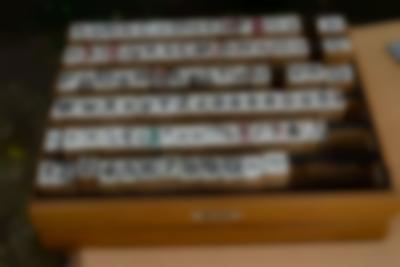
Poto: Sévérine Kpoti, © Biennale für Freiburg 2
LEAFLET WORKSHOP
Friday, June 16, 2023, 1–4 p.m.
Saturday, June 17, 2023, 1–4 p.m.
Musikpavillon in the Stadtgarten, Mozartstraße side, 79104 Freiburg
LEAFLET WORKSHOP
Sunday, July 9, 2023, 1–4 p.m.
Friday, July 14, 2023, 1–4 p.m.
Behind the Musikpavillon in the Stadtgarten, Mozartstraße side, 79104 Freiburg
LEAFLET WORKSHOP BY MAXIMILIANE BAUMGARTNER AS PART OF THE BIENNALE FÜR FREIBURG 2 STREET FEST
Friday, July 21, 2023, 4–6 p.m.
Marienstraße, 79098 Freiburg
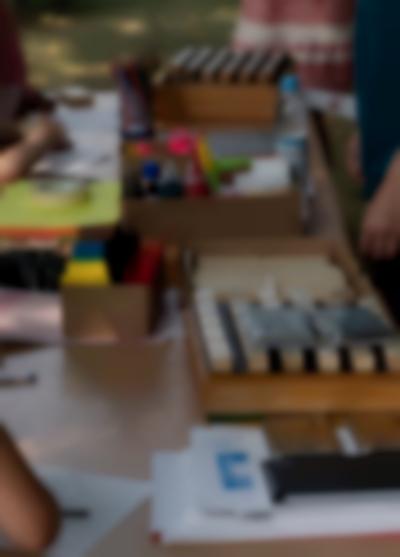
Photo: Sévérine Kpoti, © Biennale für Freiburg 2
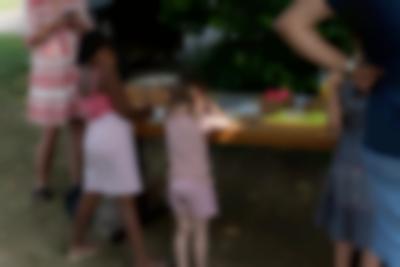
Photo: Sévérine Kpoti, © Biennale für Freiburg 2


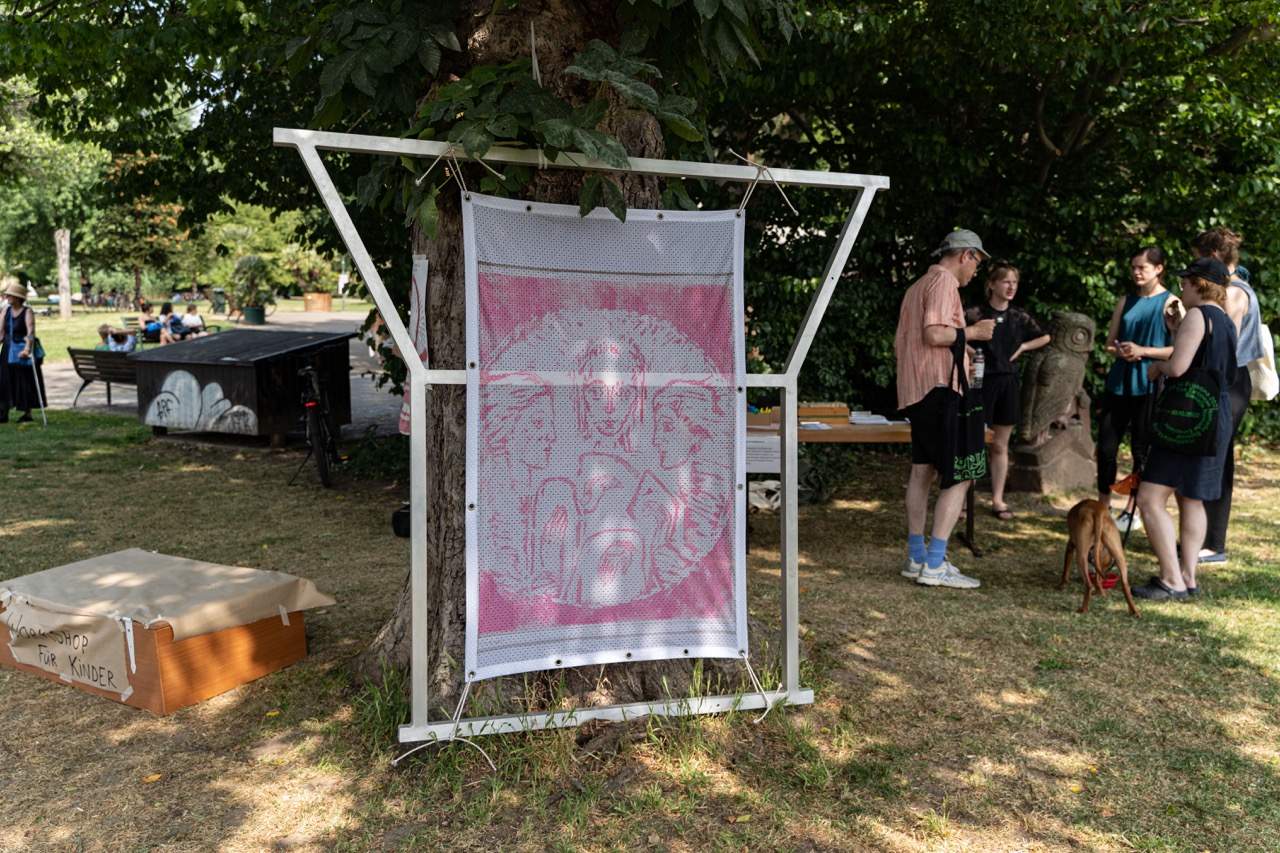

LEAFLET WORKSHOP by Maximilane Baumgartner at Stadtgarten.
Photo: Sévérine Kpoti, © Biennale für Freiburg 2
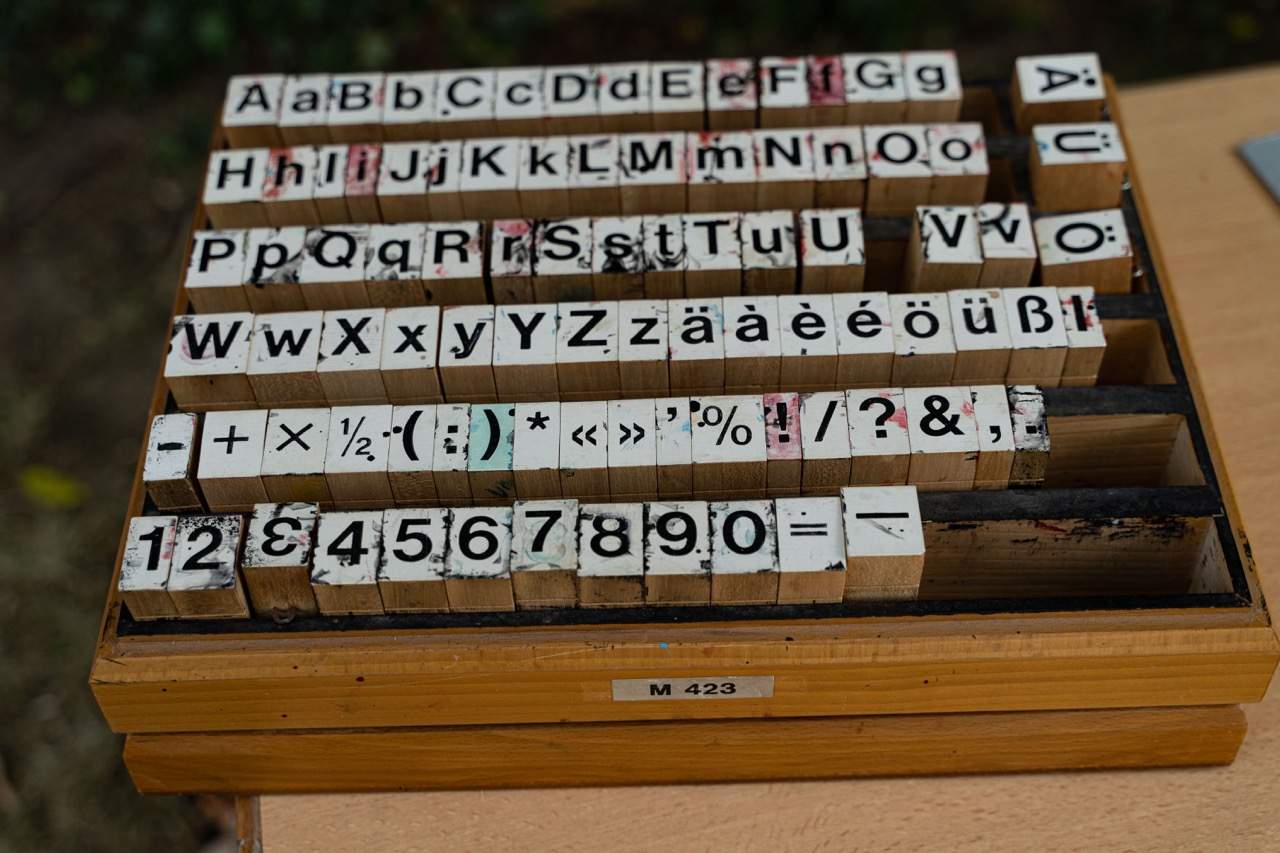

Poto: Sévérine Kpoti, © Biennale für Freiburg 2
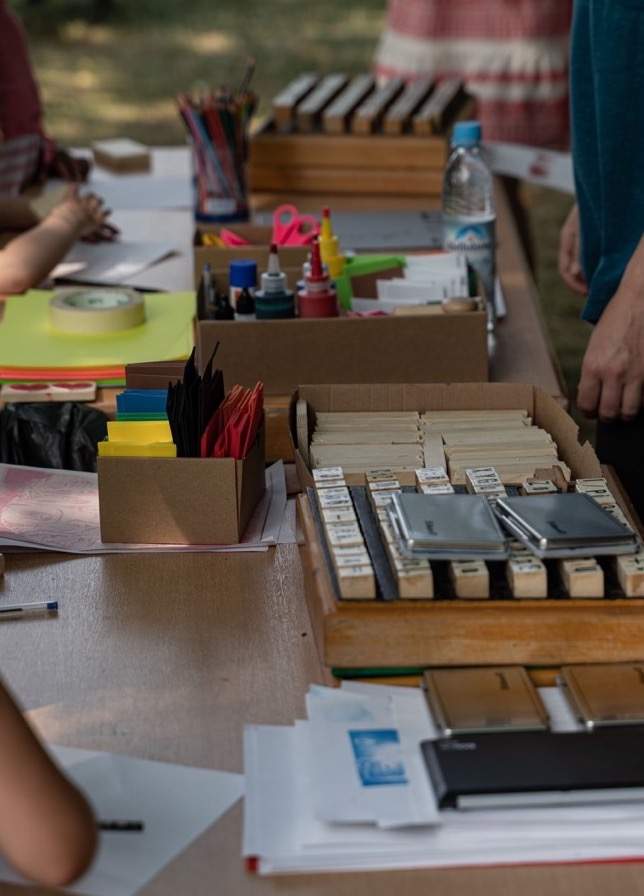

Photo: Sévérine Kpoti, © Biennale für Freiburg 2
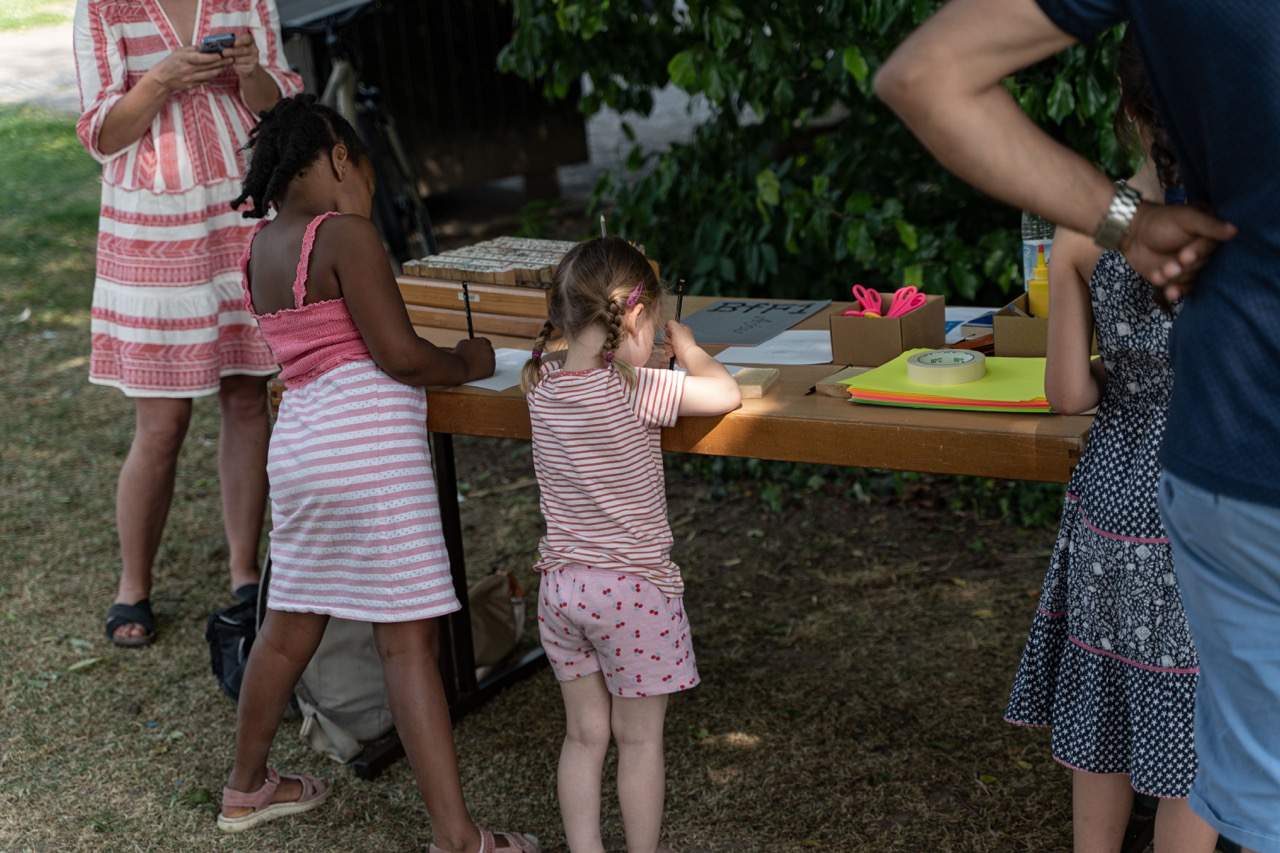

Photo: Sévérine Kpoti, © Biennale für Freiburg 2
Pflaster: Utopias at Flückiger See
Seepark
17.06 / 12:00
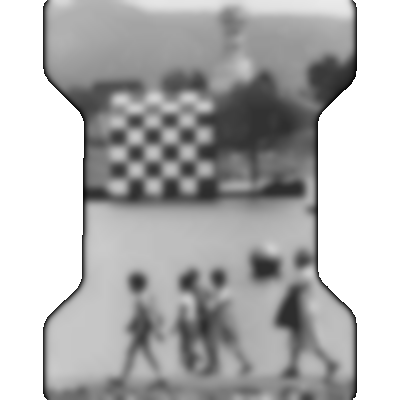
Explore the history of the origin and transformation of the Seepark with Werner Hertleif and artist and architect Hartmann Litschel.
… MorePflaster: Utopias at Flückiger See
17.06.2023 / 12:00 / Seepark
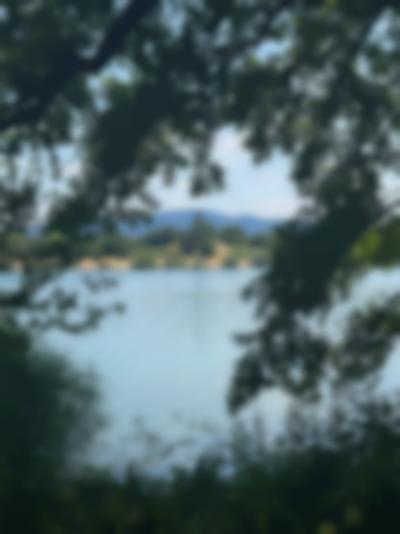
The Flückiger See.
Photo: © Biennale für Freiburg 2
PFLASTER: STREET TALKS IN AND ABOUT FREIBURG
UTOPIAS AT FLÜCKIGER SEE WITH WERNER HERTLEIF X HARTMANN LITSCHEL
Date: Saturday, June 17, 2023, 12 p.m.
Meeting point: Bürgerhaus, Seepark, 79110 Freiburg
Explore the history of the origin and transformation of the Seepark with Werner Hertleif and artist and architect Hartmann Litschel. Between 1947 and 1949, the rubble of a destroyed Freiburg was dumped into the former lake, southeast of the current location, by means of a specially built railroad connection, the “Trümmerexpress” (Rubble Express). The new and current site was used for recreational activities in addition to gravel and sand mining by the Flückiger company. It also became the site of the art competition “Park, Art and Utopia” in 1986. Beginning with the numerous architectures and works of art that were created at that time and still populate the Seepark today, we will place their stories and utopias in relation to the present day.
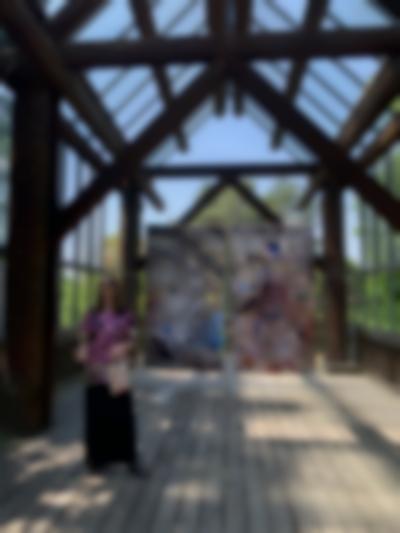
Paula Kommoss (Artistic Director, Biennale für Freiburg 2) contextualizes the works of Maryam Ghasemi in the Forsthaus.
Photo: © Biennale für Freiburg 2
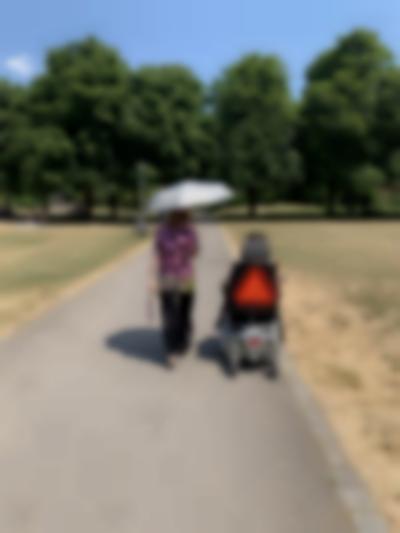
Photo: © Biennale für Freiburg 2
In the PFLASTER series, the Biennale für Freiburg 2 invites experts from different fields to examine the circumstances and stories of specific urban contexts during guided walks. While walking through Freiburg, the street talks open up a space to reflect on the potentials of social movements. Using actors, experts, and knowledge from within the city, the PFLASTER series aims to sharpen the focus on the historical and contemporary layers of meaning, (in)visibility, and (in)accessibility of urban space.
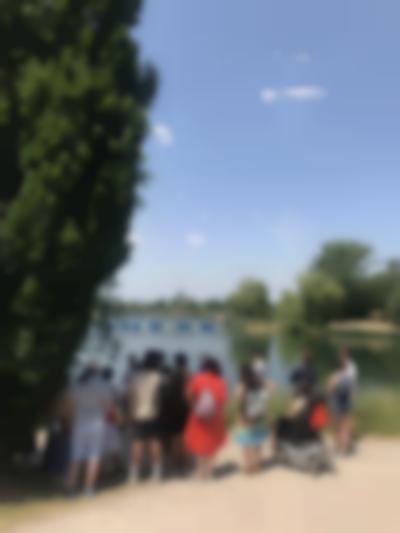
Photo: © Biennale für Freiburg 2
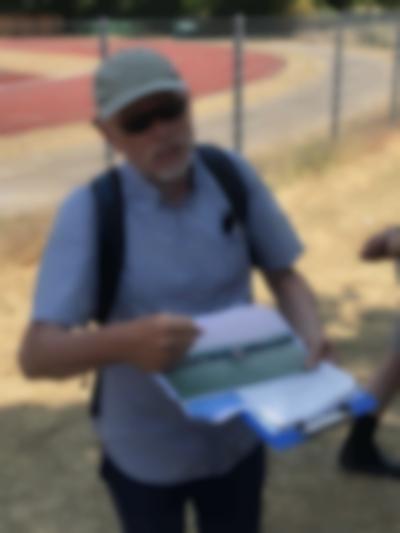
Werner Hertleif gives an insight into the history of the Seepark.
Photo: © Biennale für Freiburg 2
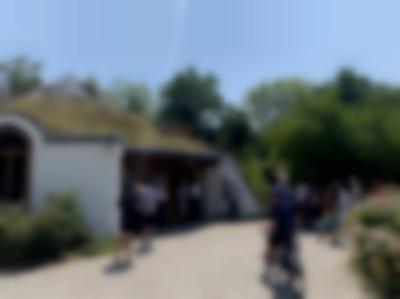
The participants of the PFLASTER in front of the Ecostation, which was built as part of the art competition “Park, Art and Utopia” in 1986.
Photo: © Biennale für Freiburg 2
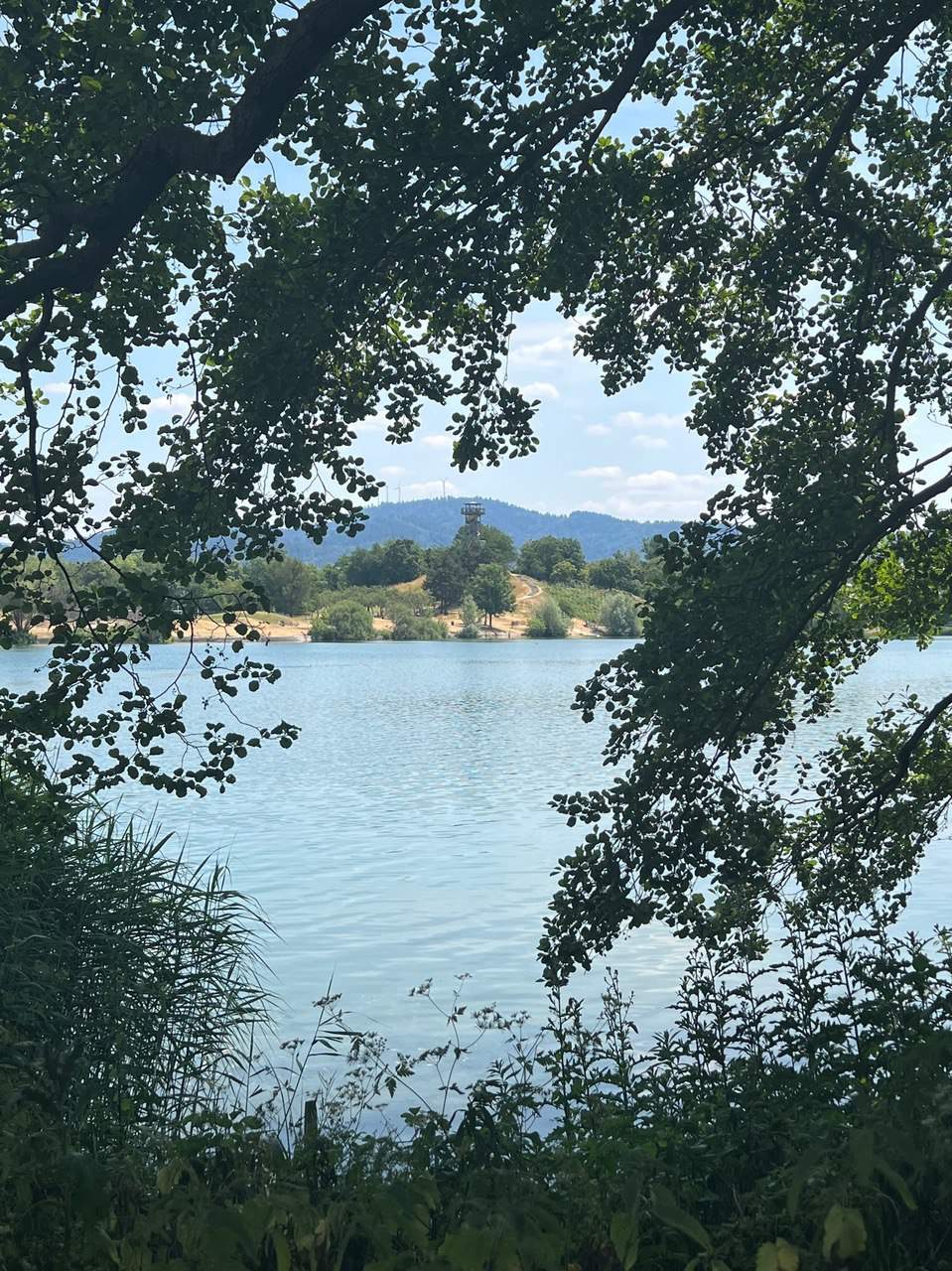

The Flückiger See.
Photo: © Biennale für Freiburg 2
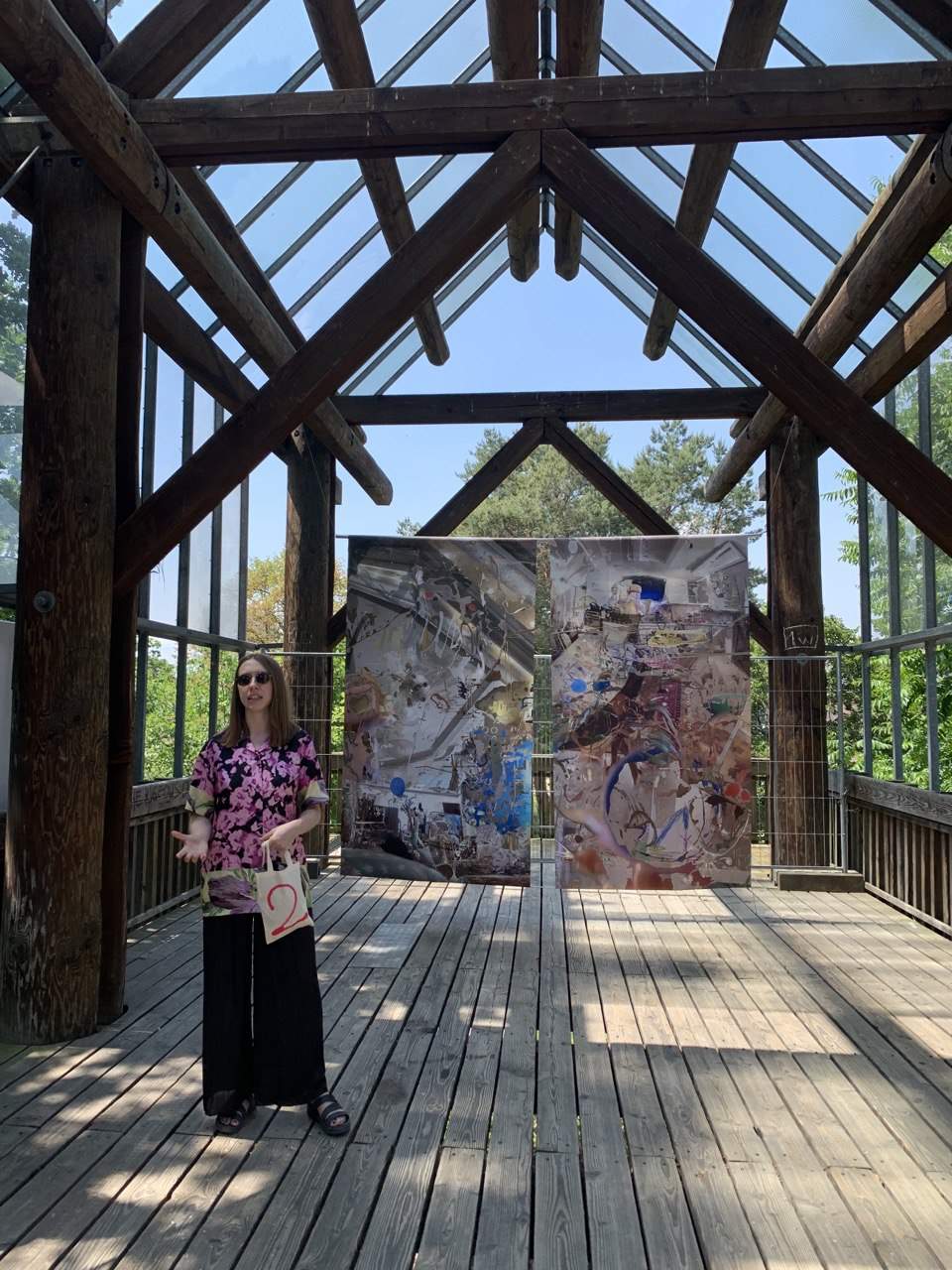

Paula Kommoss (Artistic Director, Biennale für Freiburg 2) contextualizes the works of Maryam Ghasemi in the Forsthaus.
Photo: © Biennale für Freiburg 2
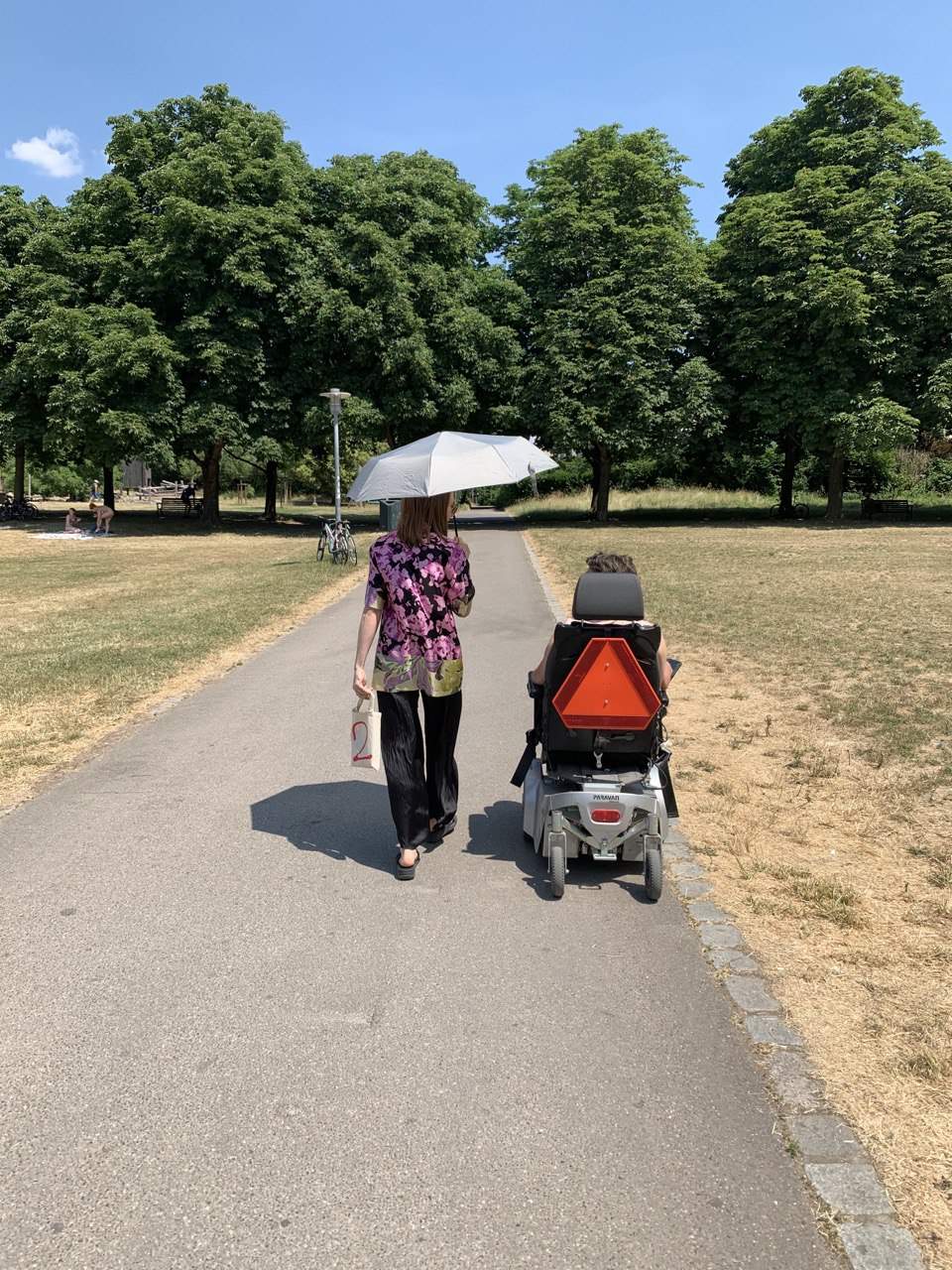

Photo: © Biennale für Freiburg 2
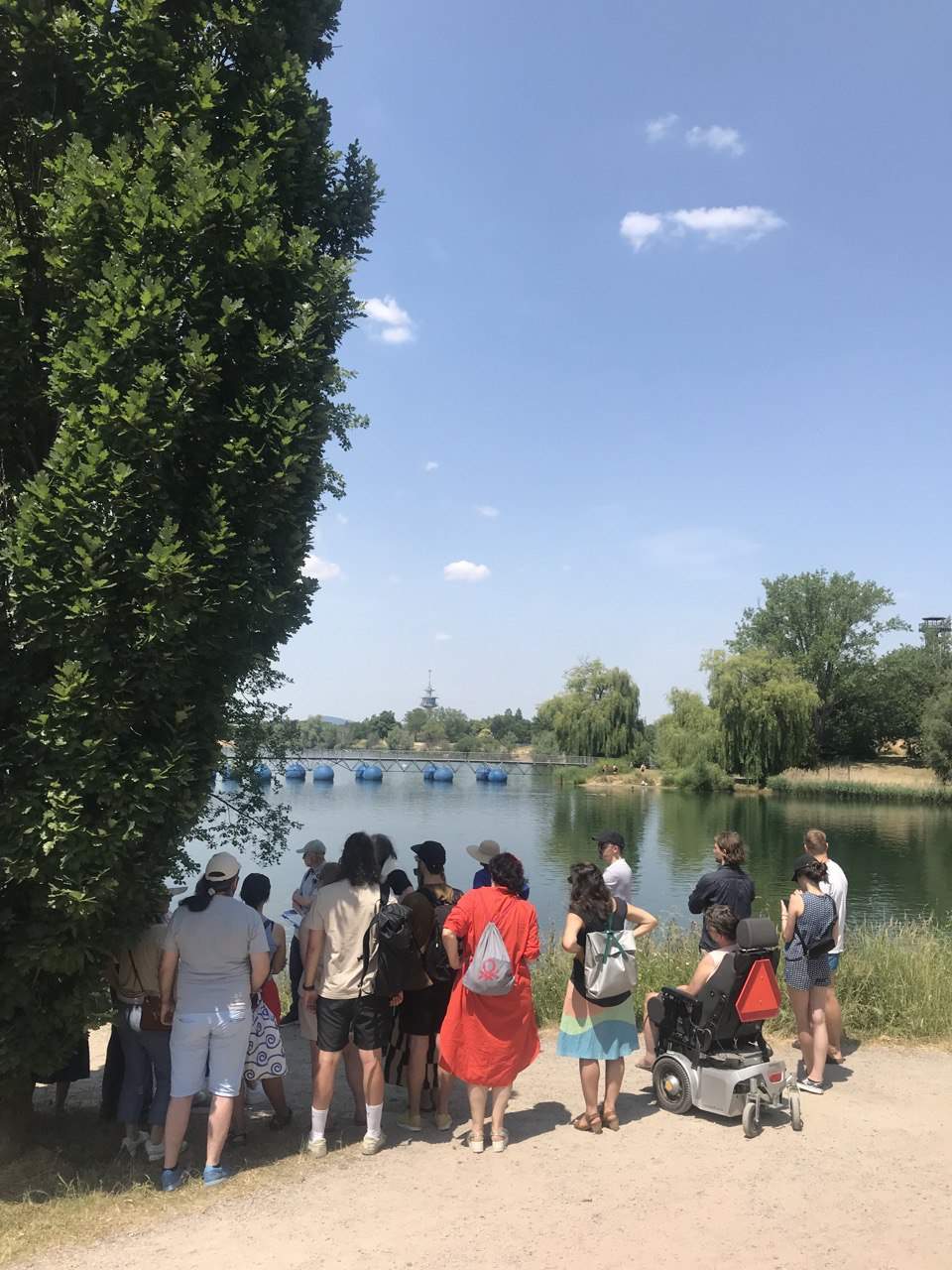

Photo: © Biennale für Freiburg 2
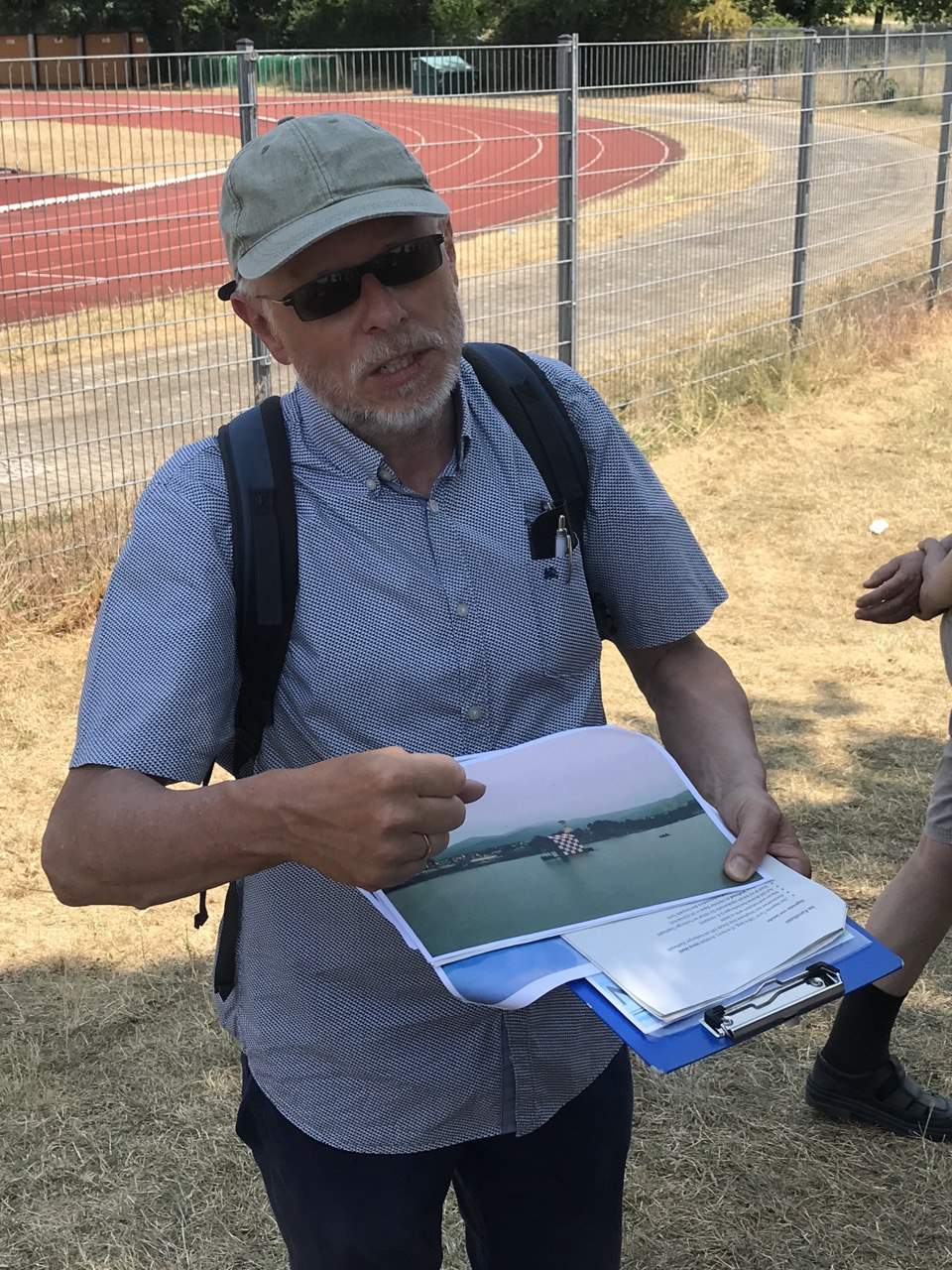

Werner Hertleif gives an insight into the history of the Seepark.
Photo: © Biennale für Freiburg 2
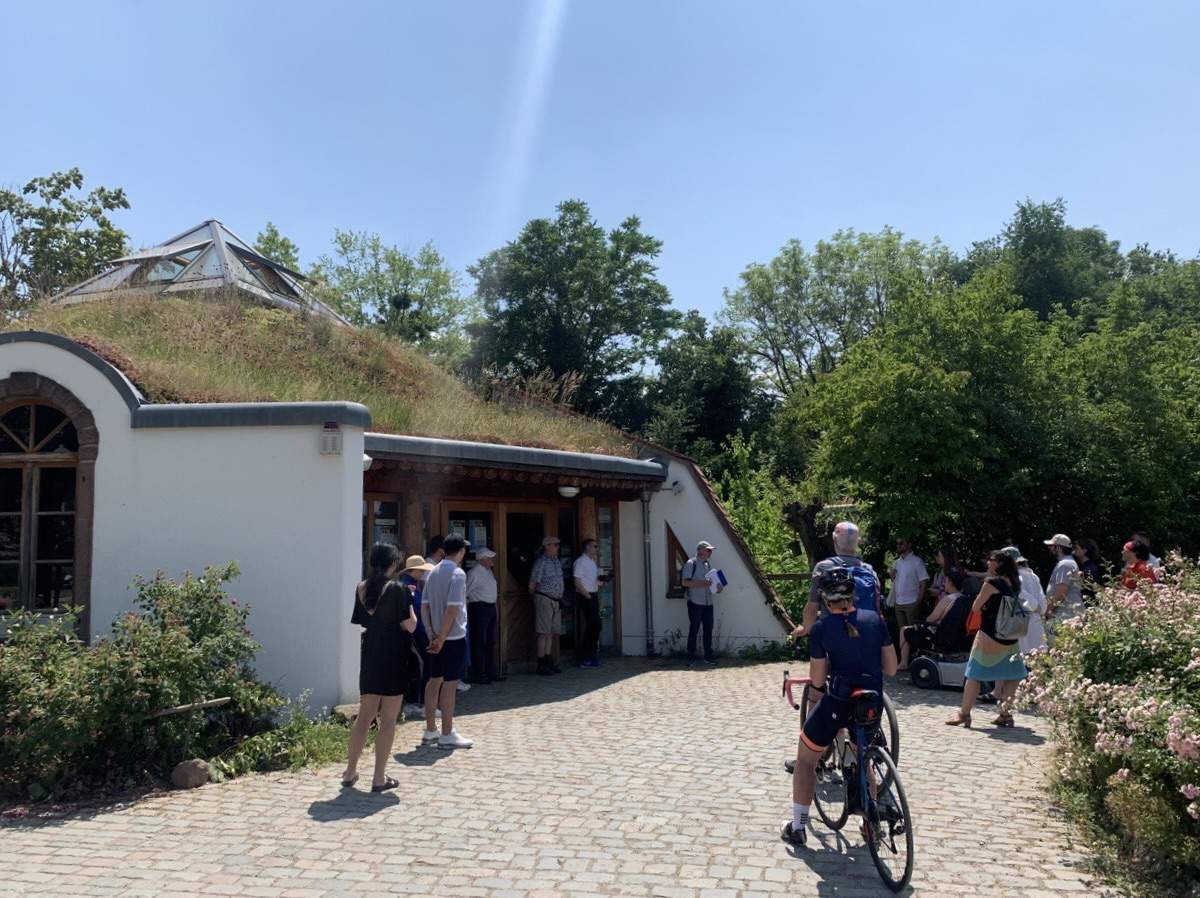

The participants of the PFLASTER in front of the Ecostation, which was built as part of the art competition “Park, Art and Utopia” in 1986.
Photo: © Biennale für Freiburg 2
Eröffnung
Seepark
16.06 / 19:00
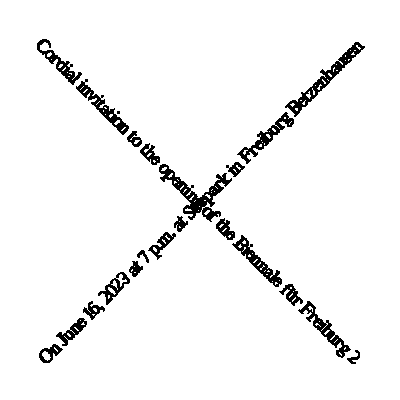
The Biennale für Freiburg 2 invites you to the opening
… MoreEröffnung
16.06.2023 / 19:00 / Seepark
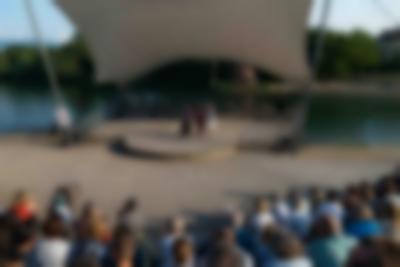
Felicia Maier (Head of the Cultural Office, City of Freiburg), Julia Galandi-Pascual (2nd Chairwoman of the Board, Perspektiven für Kunst in Freiburg e.V.) and Paula Kommoss (Artistic Director, Biennale für Freiburg 2) on the Seebühne in the Seepark.
Photo: Sévérine Kpoti, © Biennale für Freiburg 2
OPENING: FRIDAY, June 16, 2023
The exhibition venues of the Biennale für Freiburg 2 are open from 12–6 p.m. on the opening day.
1–4 p.m.: LEAFLET WORKSHOP by Maximiliane Baumgartner, Musikpavillon in the Stadtgarten
7 p.m.: OPENING CELEBRATION, Seebühne in the Seepark
Welcome by Felicia Maier (Head of the Cultural Office, City of Freiburg) and Julia Galandi-Pascual (2nd Chairwoman of the Board, Perspektiven für Kunst in Freiburg e.V.)
Introduction by Paula Kommoss (Curator and Artistic Director, Biennale for Freiburg 2)
followed by a PERFORMANCE by lo.me
10 p.m.: Party at the BAR am Funkeneck with DJ TAX and DJ LATHE
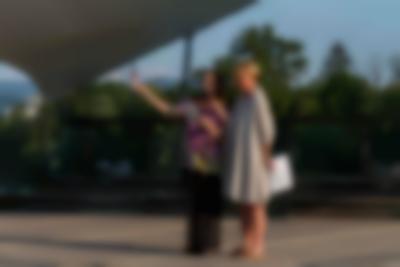
Paula Kommoss gives an introduction into the exhibition.
Photo: Sévérine Kpoti, © Biennale für Freiburg 2
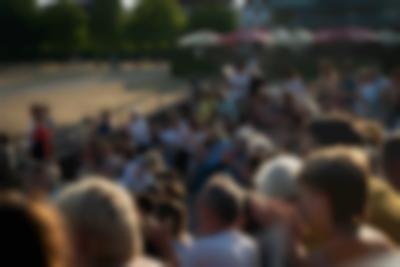
Photo: Sévérine Kpoti, © Biennale für Freiburg 2
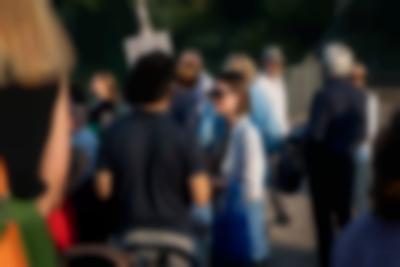
Photo: Sévérine Kpoti, © Biennale für Freiburg 2
PERFORMANCE BY LO.ME: ULTRA
Seebühne at the Seepark (opening)
Seepark Freiburg, north-eastern shore (performance)
Between two stage-like structures on the northeastern shore of Freiburg’s Seepark, a choreography of relations of gaze, action, and identification unfolds. In its ambivalent handling of the viewer’s attention, lo.me blurs the boundaries between beginning and end, between object and subject of observation, between docility and mastery. Formal elements such as duration, blurriness, reduction, and repetition meet spontaneity and unpredictability—with the aim of challenging and potentially shifting supposedly stable power relations and expectations.
The performance is realized in cooperation with Perrrformat (Luca Büchler, Paula Thomaka, Martina Morger, and Carolina Misztela).
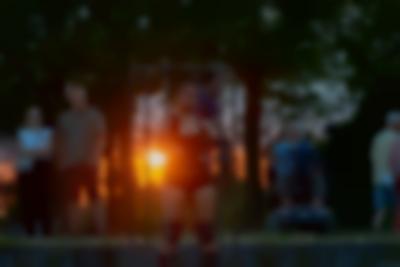
Performance by lo.me: ULTRA
Photo: Sévérine Kpoti, © Biennale für Freiburg 2
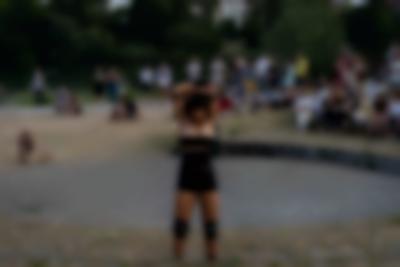
Photo: Sévérine Kpoti, © Biennale für Freiburg 2
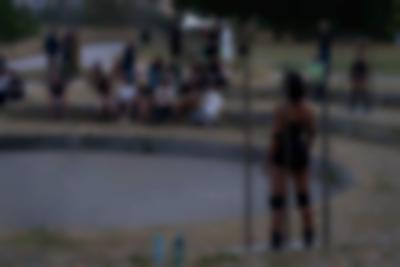
Photo: Sévérine Kpoti, © Biennale für Freiburg 2
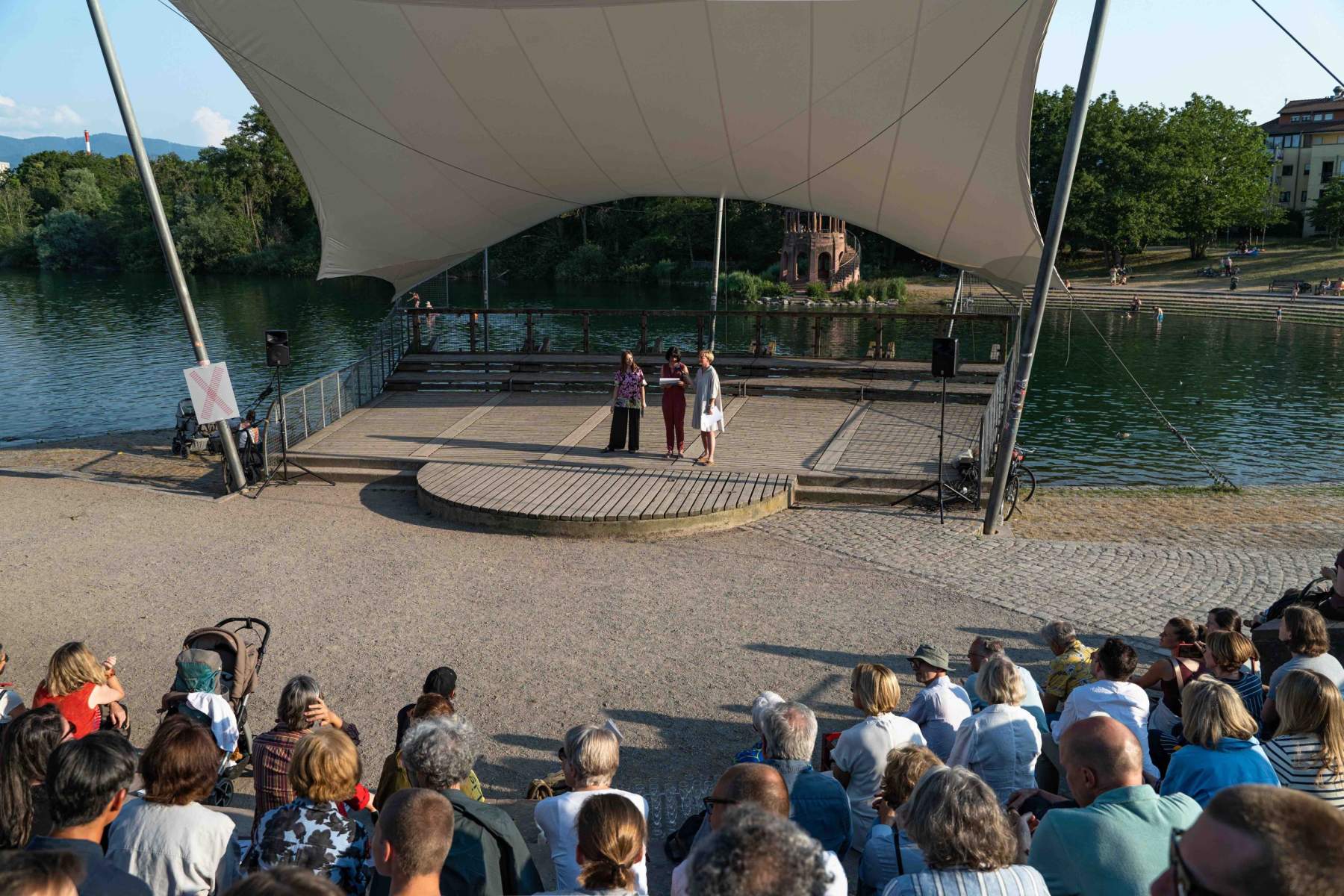

Felicia Maier (Head of the Cultural Office, City of Freiburg), Julia Galandi-Pascual (2nd Chairwoman of the Board, Perspektiven für Kunst in Freiburg e.V.) and Paula Kommoss (Artistic Director, Biennale für Freiburg 2) on the Seebühne in the Seepark.
Photo: Sévérine Kpoti, © Biennale für Freiburg 2
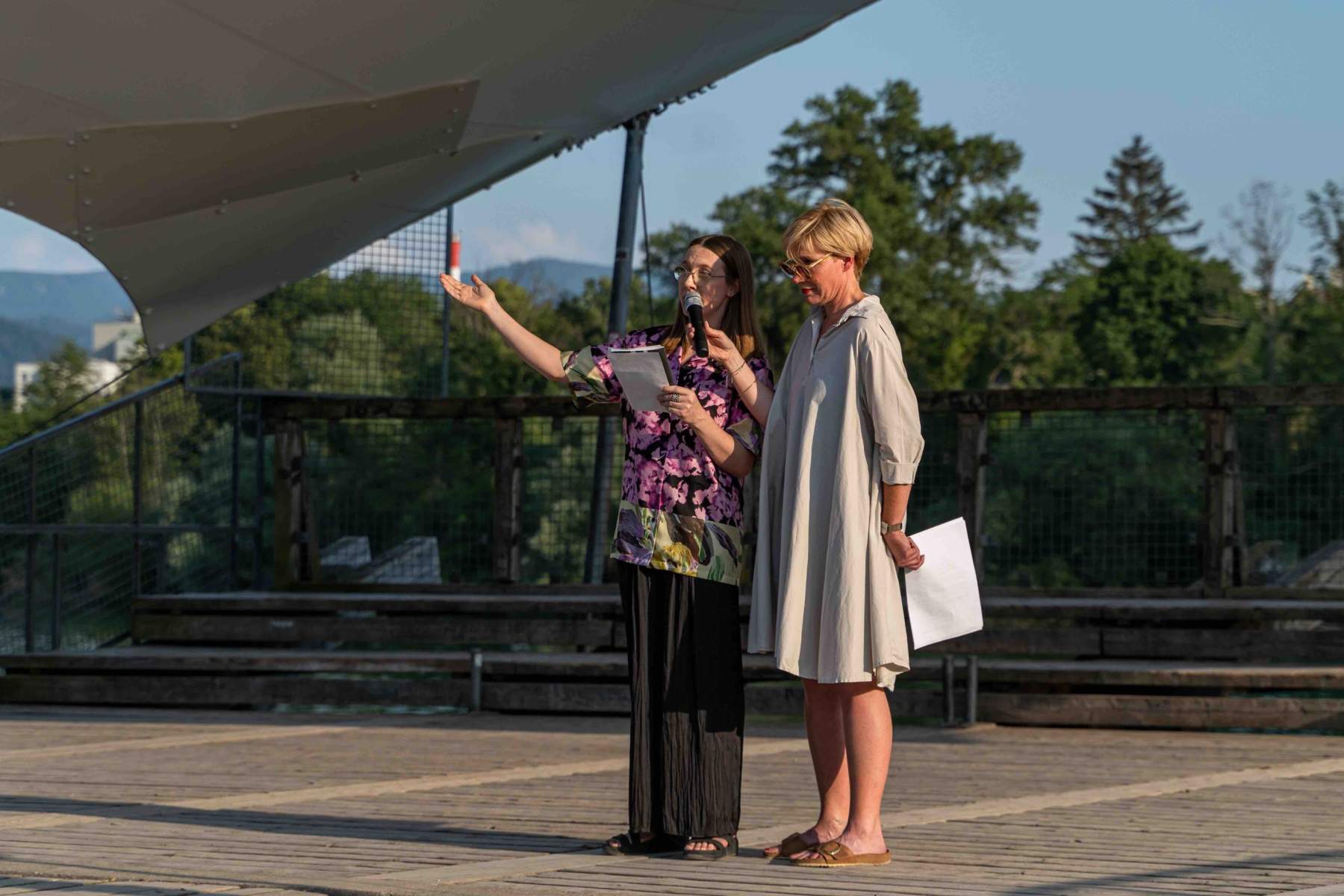

Paula Kommoss gives an introduction into the exhibition.
Photo: Sévérine Kpoti, © Biennale für Freiburg 2
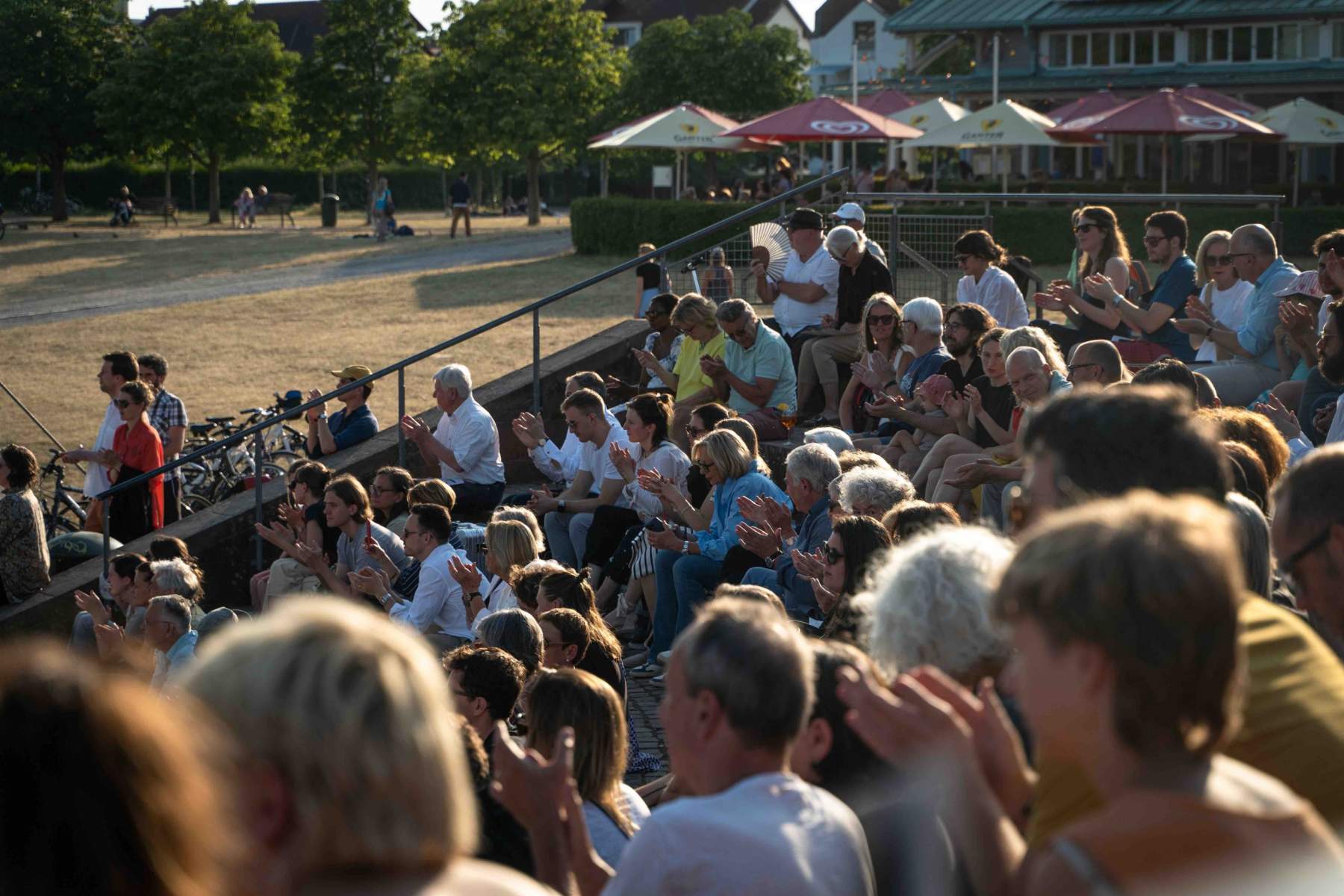

Photo: Sévérine Kpoti, © Biennale für Freiburg 2
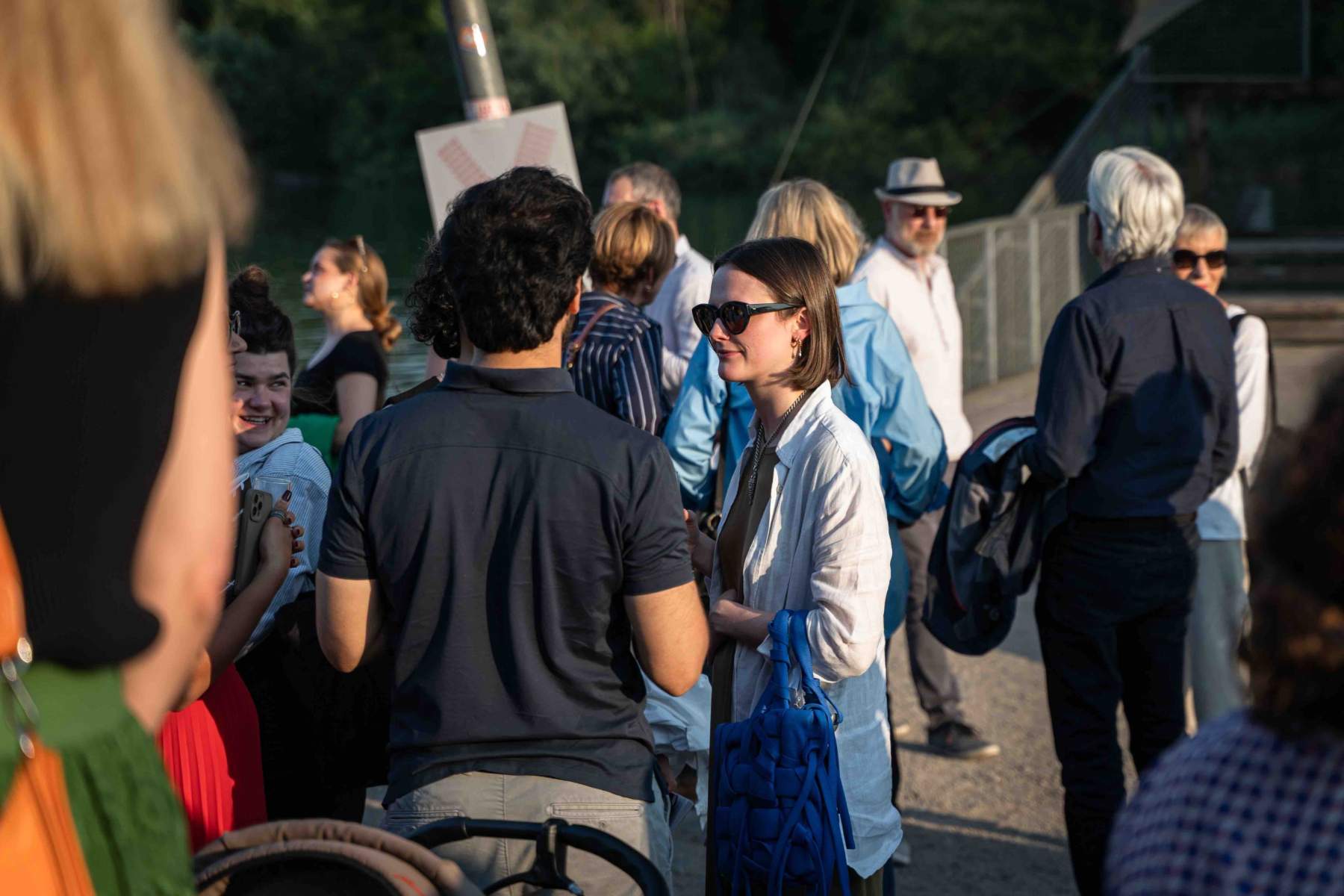

Photo: Sévérine Kpoti, © Biennale für Freiburg 2
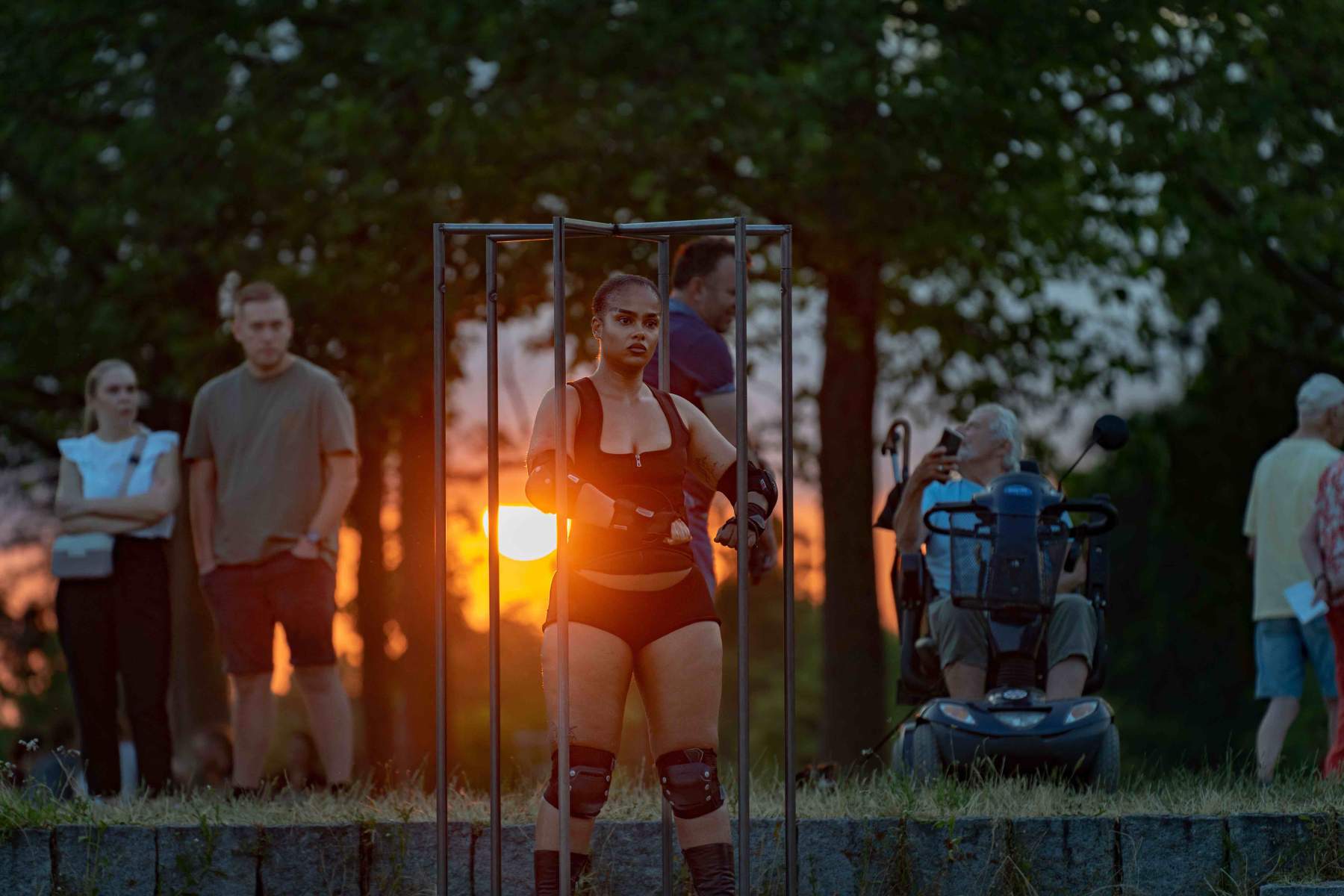

Performance by lo.me: ULTRA
Photo: Sévérine Kpoti, © Biennale für Freiburg 2
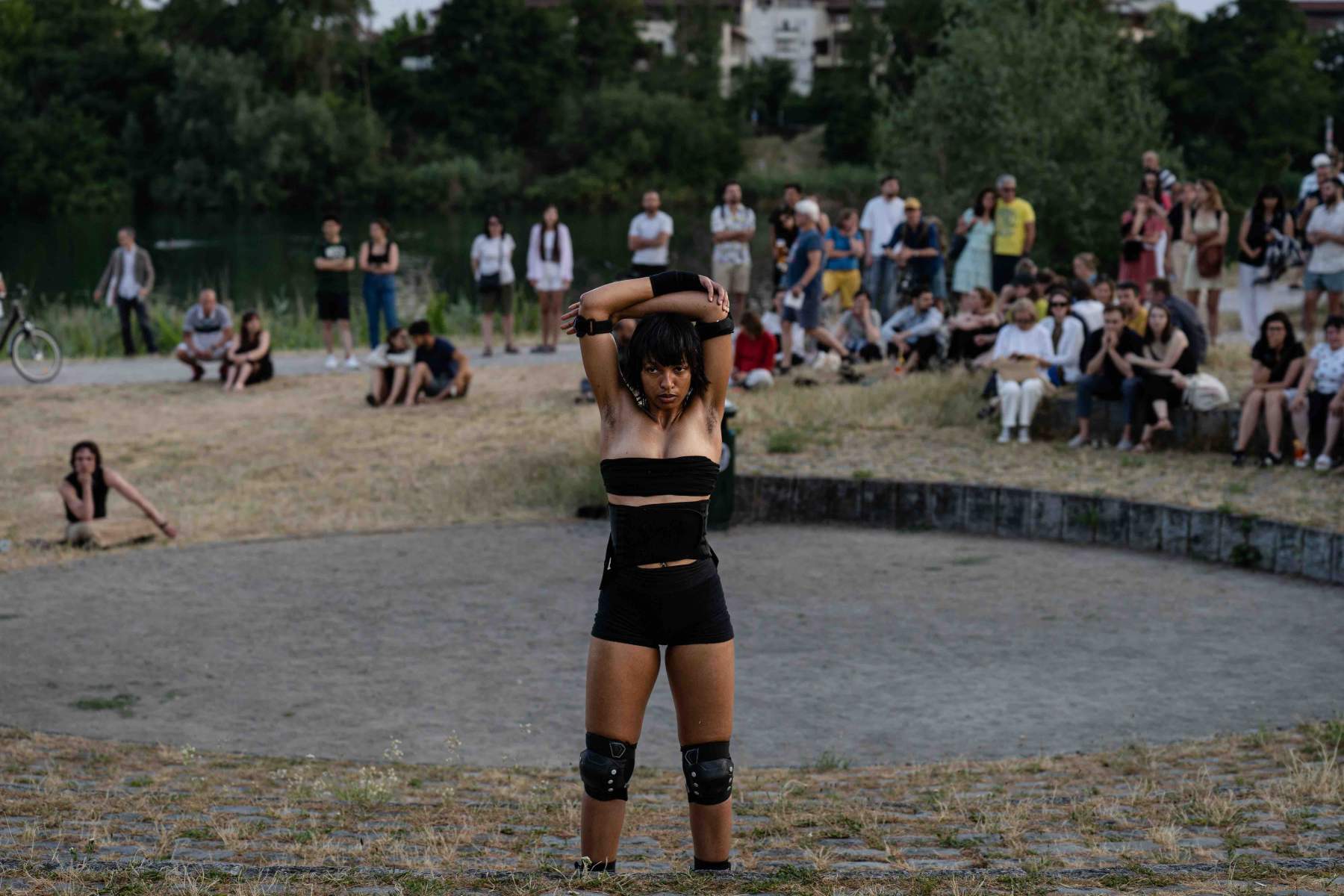

Photo: Sévérine Kpoti, © Biennale für Freiburg 2
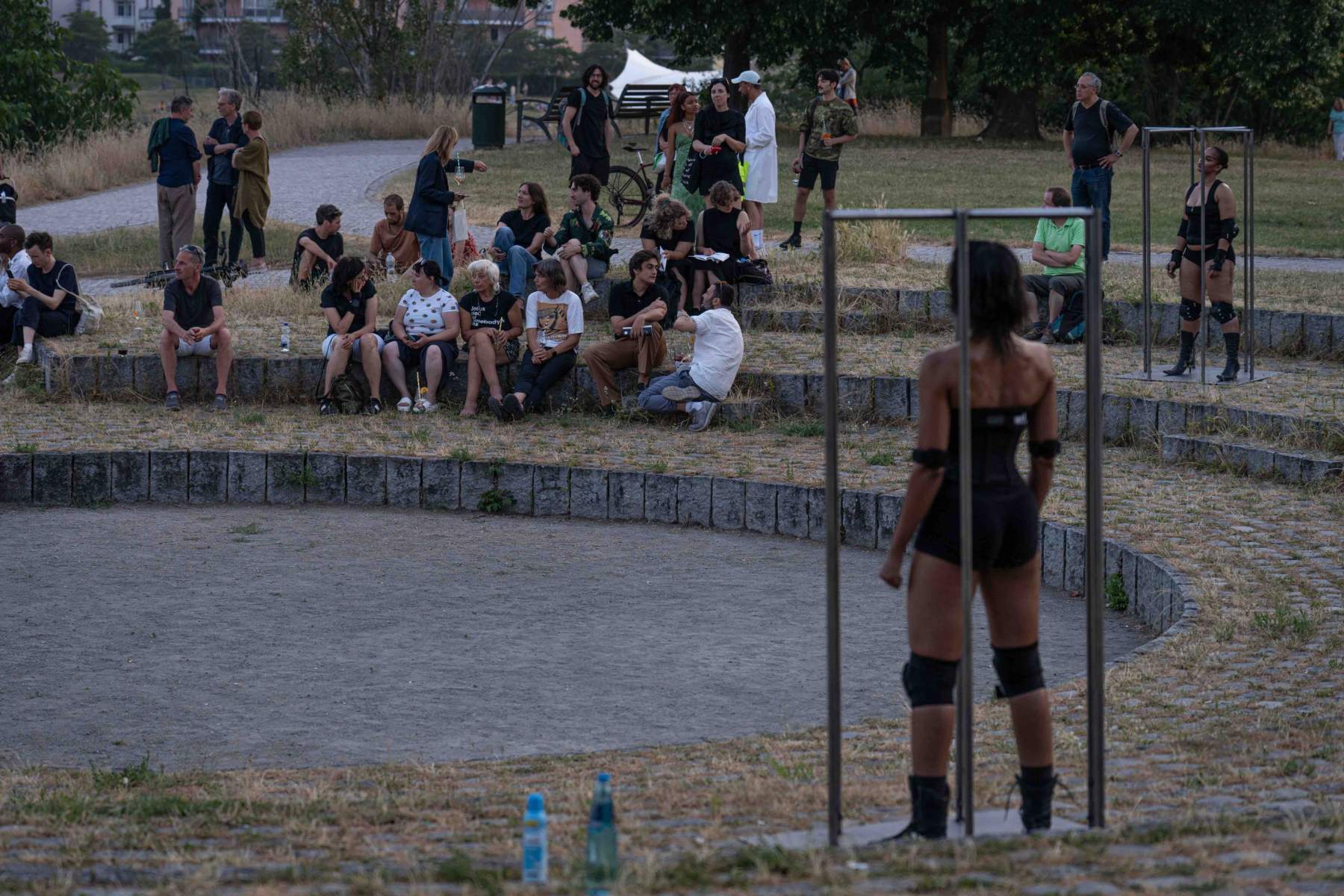

Photo: Sévérine Kpoti, © Biennale für Freiburg 2
Film Program:
The Street As a Metaphor for Life
GHS Biologie
11.05 / 20:00
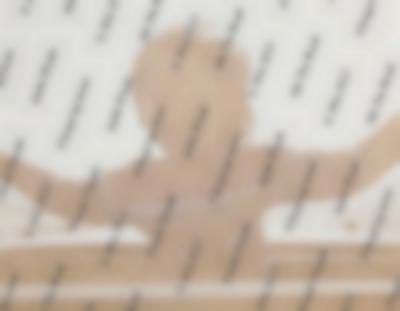
The last evening of the film program belongs to JADDE KHAKI — HIT THE ROAD by Panah Panahi
… MoreFilm Program:
The Street As a Metaphor for Life
11.05.2023 / 20:00 / GHS Biologie

BFF 2 X AKA-FILMCLUB PRESENT: PANAH PANAHI
Thursday, May 11, 2023, 8 p.m.
Location: Faculty of Biology large lecture hall, Institute for Biology II/III, Schänzlestraße 1, 79104 Freiburg
JADDE KHAKI – HIT THE ROAD
Director: Panah Panahi, 2021, 93 min., Farsi with English subtitles
In a rented car, a family of four travels through a rugged landscape in northern Iran. Where they are headed remains unclear. The aimlessness of the road trip is reflected in the film’s imagery: the roads blend into the landscape more and more until they seem to dissolve into each other completely. Panah Panahi contrasts the noticeably growing tension with moments of situational comedy. This finally snaps with full force. Accompanied by the pop songs of Shahram Shabpareh, past and present collide.
Introductory lecture by Neriman Bayram, Kommunales Kino
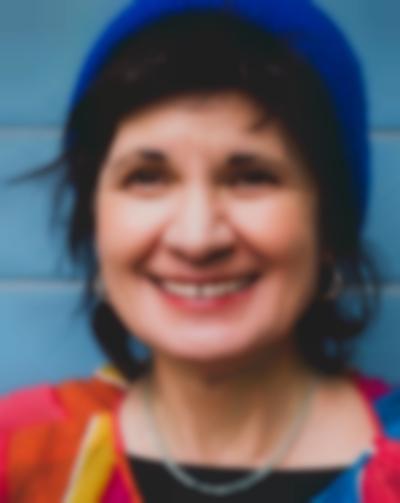
Photo: Lea Kühne
Neriman Bayram studied sociology and Islamic studies. She is the artistic director/managing director of the Kommunales Kino and the Galerie im Alten Wiehrebahnhof in Freiburg, as well as curator for international film and for interdisciplinary projects (exhibitions, literature, performance, video art, music, and photography). Bayram realized numerous events and projects on cultural-political, transcultural and socially relevant topics and held jury memberships for transcultural and interdisciplinary projects. For 15 years, she has been part of the cultural committee of the municipal council in Freiburg. She is a founding member of the BIPoC Künstler*innen network in Baden-Württemberg. For many years, Bayram has been involved with Iranian films and works by Iranian artists in Iran and in exile. She received invitations to the “Fadjr International Film Festival” in Tehran and to the Children and Youth Film Festival in Isfahan.
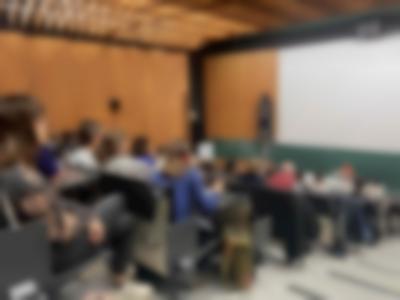
Introductory lecture by Neriman Bayram in the biology lecture hall.
Photo: © Biennale für Freiburg 2
The collaboration between the Biennale für Freiburg 2 and the aka-Filmclub forms the cinematic prologue to the Biennale exhibition taking place in summer 2023. Across five dates, the curated series comprises screenings of selected films surrounding the thematic focus of the Biennale, accompanied by introductory lectures. The films will be shown in chronological order, providing insight into the history of cinematic explorations of the street as motif, backdrop, and metaphor from the 1950s to the present day.
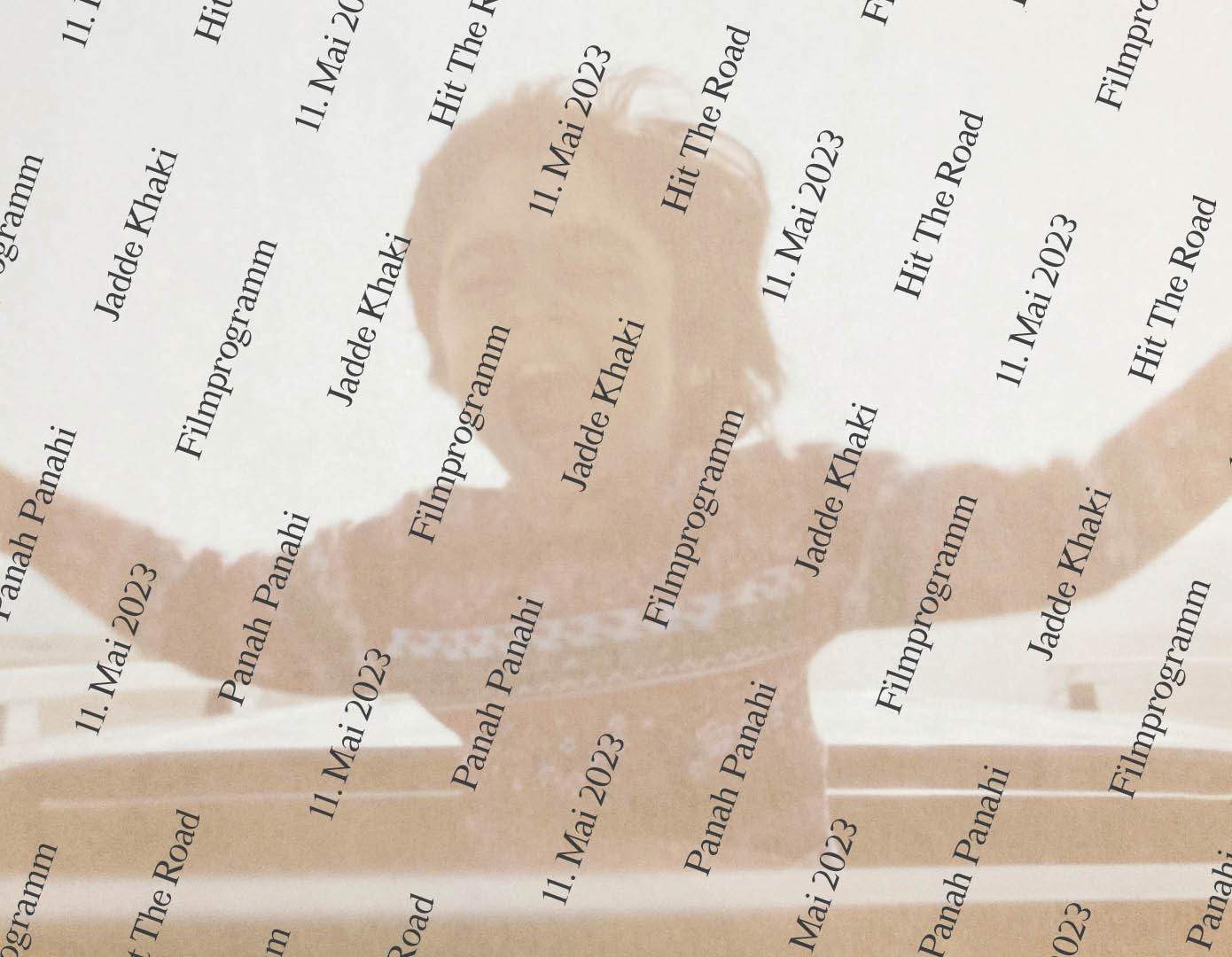

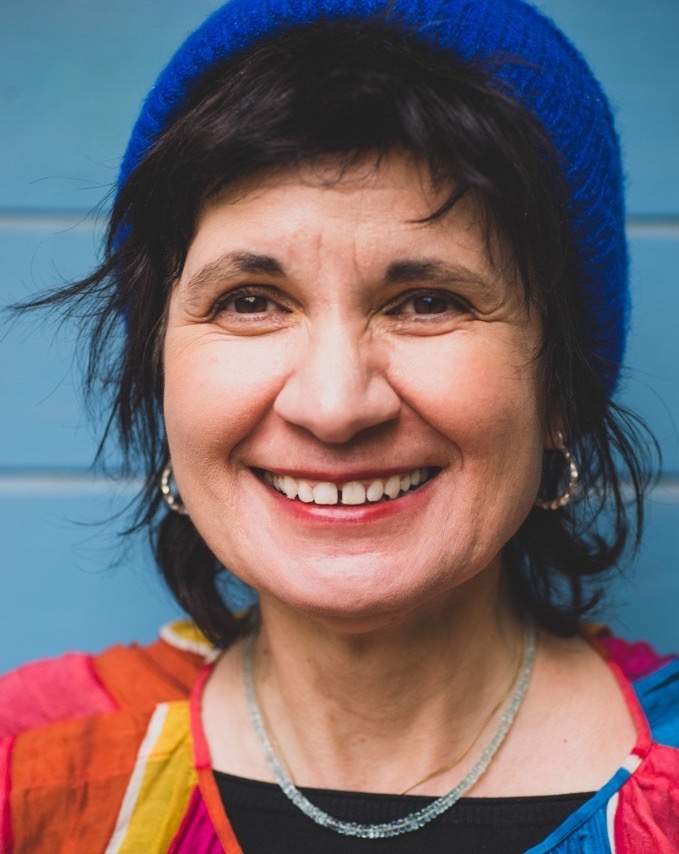

Photo: Lea Kühne
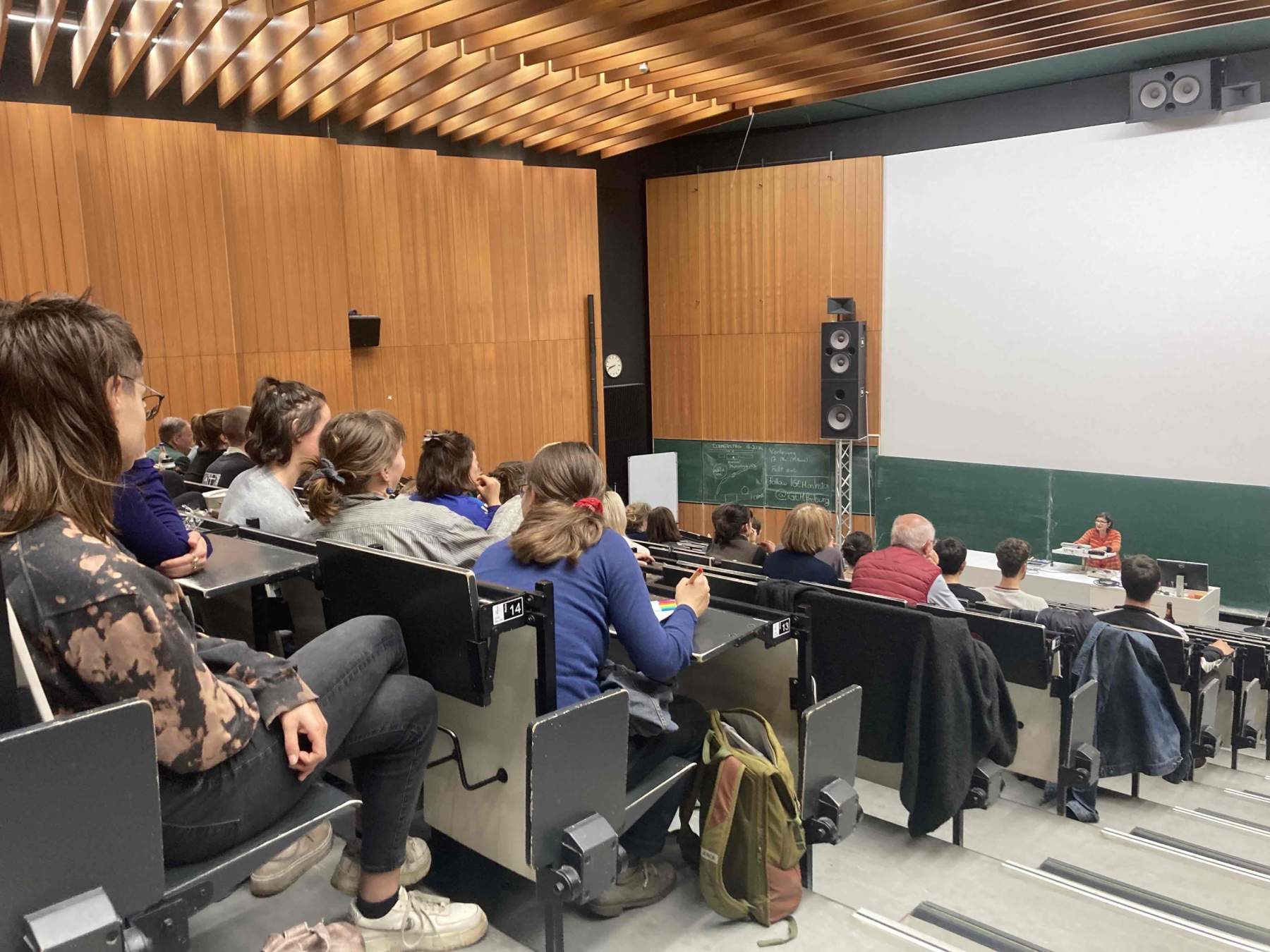

Introductory lecture by Neriman Bayram in the biology lecture hall.
Photo: © Biennale für Freiburg 2
Film Program:
Berlin. Aspects
GHS Biologie
04.05 / 20:00
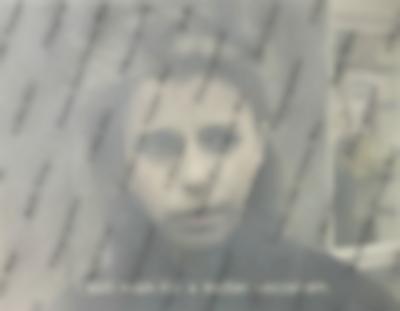
The fourth evening of the film program is dedicated to FORMER EAST / FORMER WEST by Shelly Silver and THIS AIN’T CALIFORNIA by Marten Persiel
… MoreFilm Program:
Berlin. Aspects
04.05.2023 / 20:00 / GHS Biologie

BFF 2 X AKA-FILMCLUB PRESENT: SHELLY SILVER UND MARTEN PERSIEL
Thursday, May 4, 2023, 8 p.m.
Location: Faculty of Biology large lecture hall, Institute for Biology II/III, Schänzlestraße 1, 79104 Freiburg
FORMER EAST / FORMER WEST
Director: Shelly Silver, 1994, 62 min., German
Shortly after the fall of the Wall, artist Shelly Silver takes to the streets of Berlin to ask passers-by from East and West for their personal opinions on the pressing issues of the time. What is their sense of ‘home,’ for example, what do they think about the antagonism between socialism and capitalism, or the welcome money that the FRG pays to former GDR citizens entering the country? Silver creates a portrait of a city in transition: supposedly insurmountable prejudices, resurgent right-wing populist tendencies, and a spreading fatigue with democracy come to the surface—despite or precisely because of the need for mutual reconciliation.
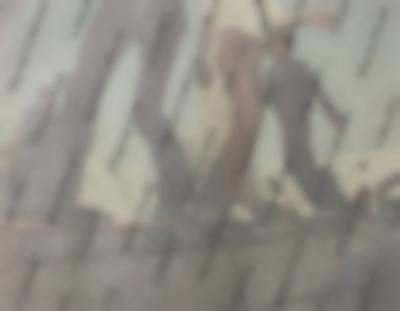
THIS AIN’T CALIFORNIA
Director: Marten Persiel, 2012, 96 min., German
In the 80s, neighborhood kids Denis, Dirk, and Nico conquer the streets of Magdeburg-Olvenstedt on homemade skateboards. As teenagers in Berlin, they are in with the skater scene, using the concrete plazas and architecture of the GDR as their playground. When GDR officials sense success on this new phenomenon, some of the clique are sent to Euroskate ’88. After the fall of the Wall, the group lose touch with each other, until a tragic death brings them back together in 2011. The fictional documentary is comprised of Super-8 film sequences, interviews, and archive material, as well as animations.
Introductory lecture by Dr. Sabine Rollberg, former professor, Academy of Media Arts Cologne (until 2019); former editorial director WDR/Arte (until 2018)
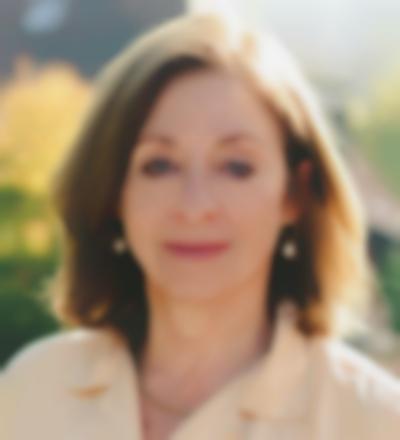
Photo: Sandra Meyndt, Universität Freiburg
The first film of the evening is FROMER EAST / FORMER WEST by New York artist Shelly Silver. Two years after the fall of the Berlin Wall, she interviews hundreds of passers-by on Berlin’s streets about their identity: what does it mean for them to be German at this moment of great historical change? In doing so, she uses her gaze as a tourist from abroad as a burning glass on the newly forming society. The second film, Marten Persiel’s THIS AIN’T CALIFORNIA, was announced as a documentary at the Berlinale 2012, triggering heated discussions. The director broke almost all the rules of documentary work: the film mixes fact and fiction, contains historical and posed shots without identifying them as such. Persiel, who made commercials and mockumentaries before this film, sidesteps the debate about authenticity in documentary. Rather, he says, he is concerned with capturing a certain sense of life, a zeitgeist—in the words of Soviet director Sergei Eisenstein, who wrote in 1925: “For me, it doesn’t matter what means a film uses, whether it is an actor’s film, with staged images, or a documentary. Good films are about truth, not reality.”
Sabine Rollberg studied and received her doctorate in history, German studies, and political science in Freiburg and Bonn. Among many other activities and mandates, she was an editor in public television. She supervised the development and realization of documentaries at WDR and ARTE. Many of the productions she supervised were awarded prizes. From 2008 to 2019 Sabine Rollberg taught as professor for television formats and documentary film at the Kunsthochschule für Medien in Cologne. In 2014 she was appointed to the University Council and the Freiburg University College by the Albert-Ludwigs-Universität Freiburg. She lives in Freiburg.
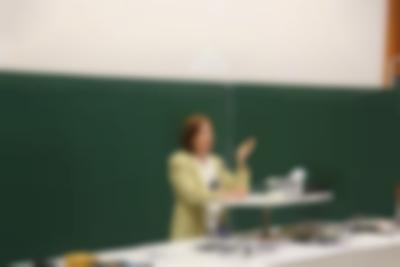
Introductory lecture by Dr. Sabine Rollberg in the biology lecture hall.
Photo: © Biennale für Freiburg 2
The collaboration between the Biennale für Freiburg 2 and the aka-Filmclub forms the cinematic prologue to the Biennale exhibition taking place in summer 2023. Across five dates, the curated series comprises screenings of selected films surrounding the thematic focus of the Biennale, accompanied by introductory lectures. The films will be shown in chronological order, providing insight into the history of cinematic explorations of the street as motif, backdrop, and metaphor from the 1950s to the present day.
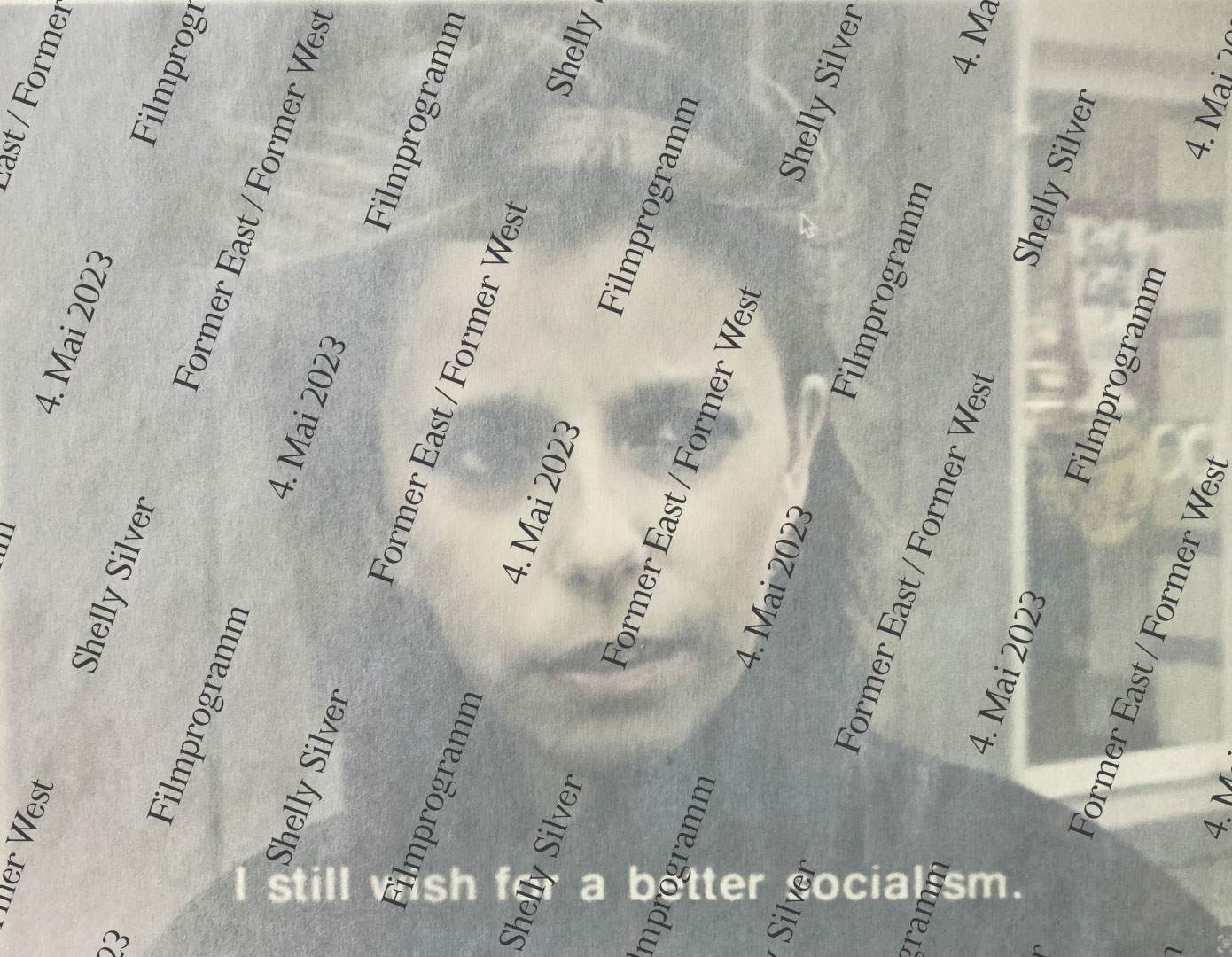

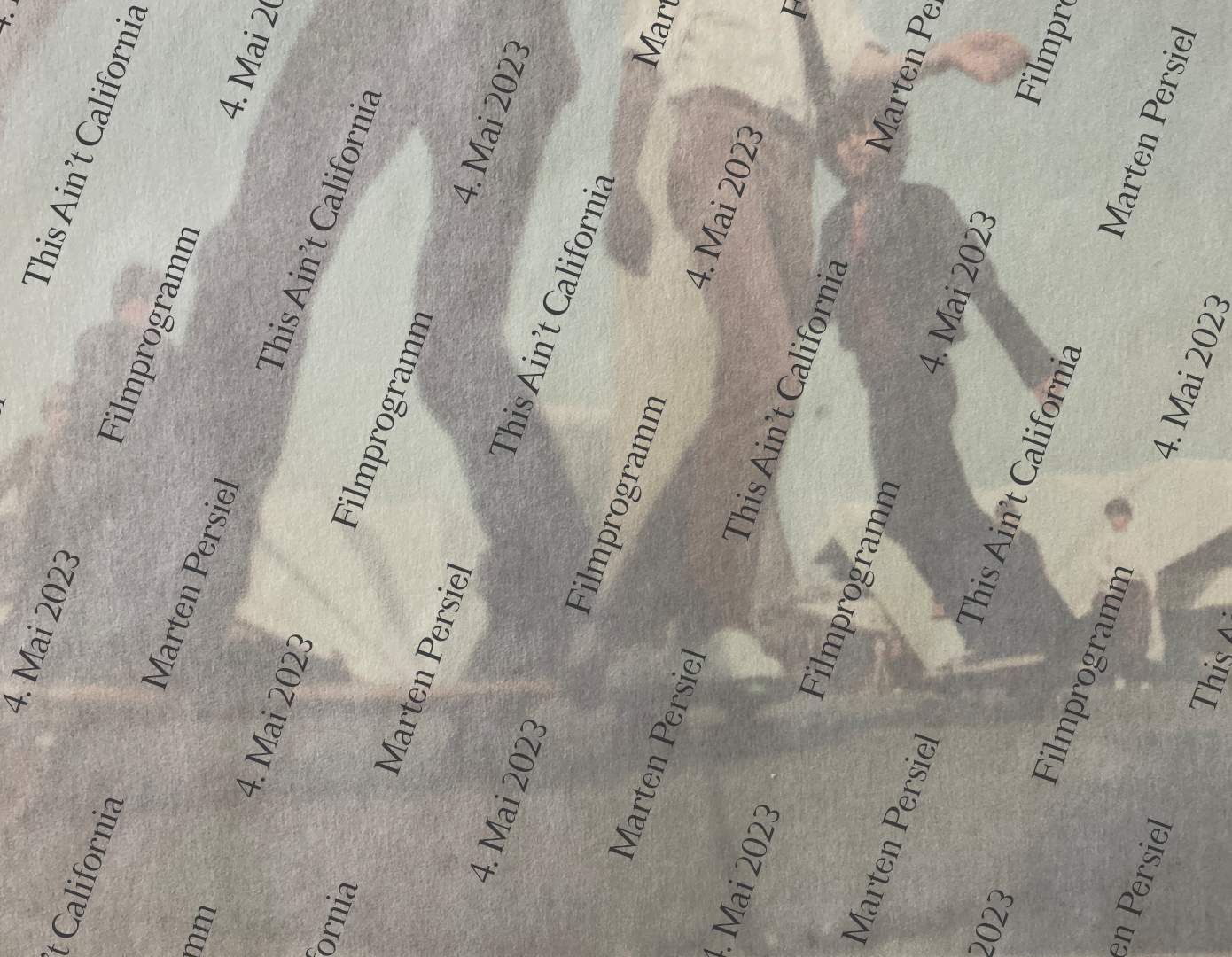

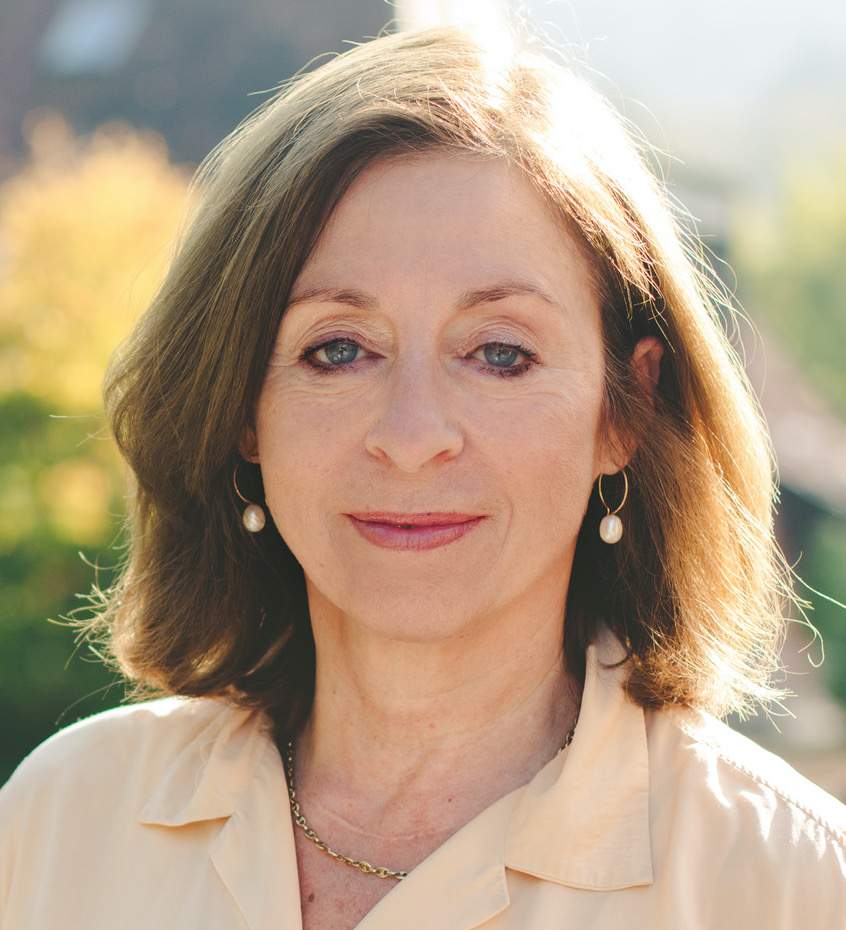

Photo: Sandra Meyndt, Universität Freiburg
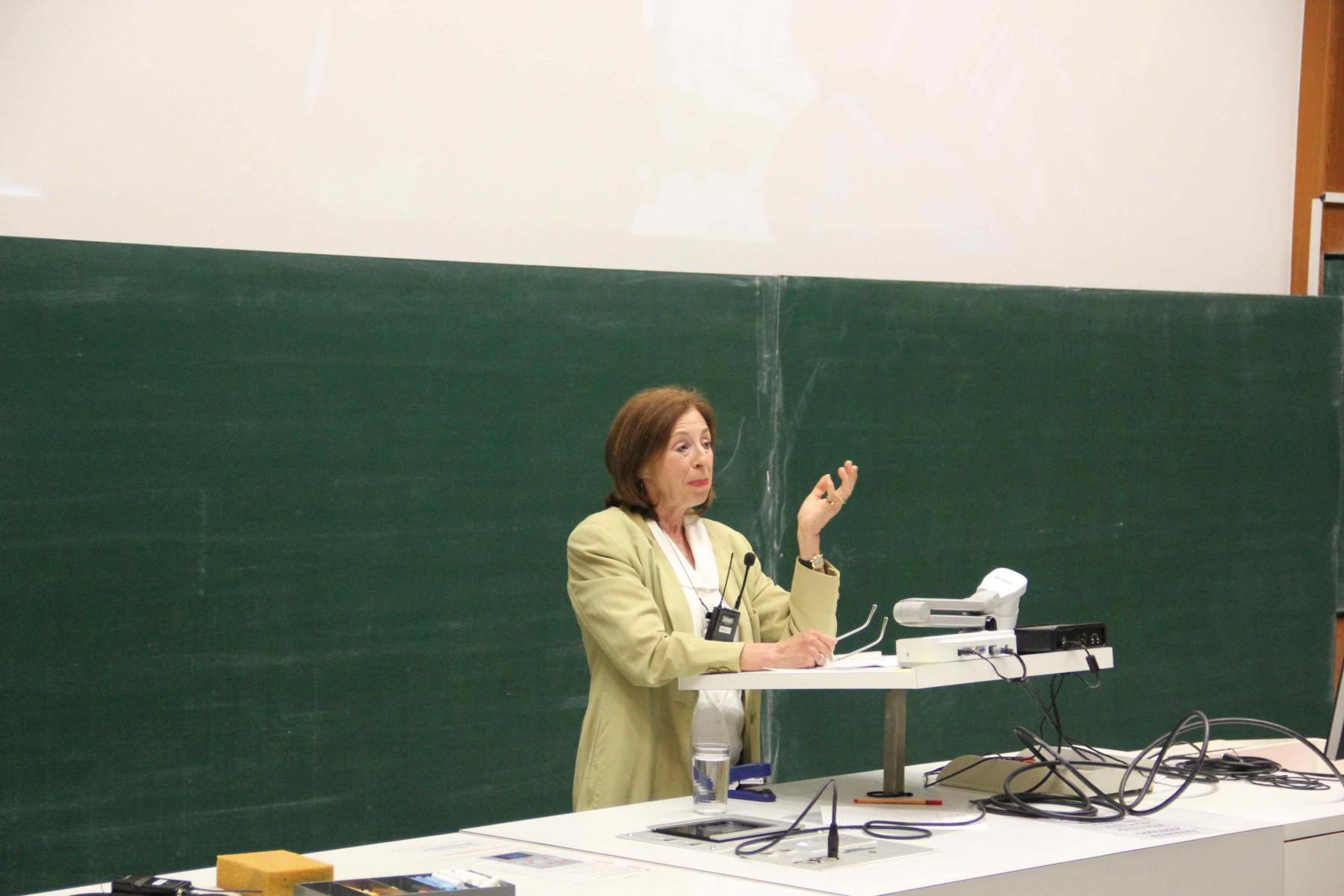

Introductory lecture by Dr. Sabine Rollberg in the biology lecture hall.
Photo: © Biennale für Freiburg 2
Workshop:
somebody*ies
DELPHI_space/außenstelle
29.04 / 14:00
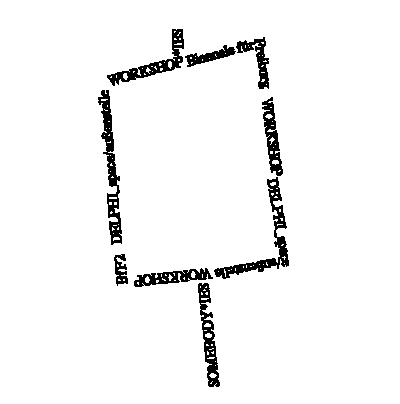
In their workshop somebody*ies give an insight into their working methods and research
… MoreWorkshop:
somebody*ies
29.04.2023 / 14:00 / DELPHI_space/außenstelle
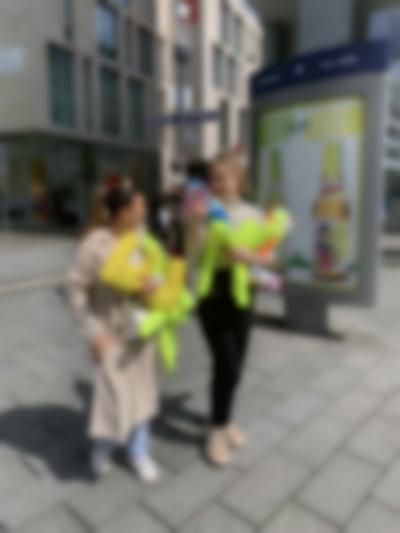
On the way from DELPHI_space/außenstelle to Klarastraße.
Photo: © Biennale für Freiburg 2
WORKSHOP WITH SOMEBODY*IES
Anna Byskov, Christina Krys Huber, Hannah Kindler, Stella Meris, Nika Timashkova
Saturday, April 29, 2023, 2 p.m.
Location: DELPHI_space/außenstelle, Unterlinden 10, 79098 Freiburg
In their workshop, somebody*ies give an insight into their working methods and research. The artists will share different aspects of their work – from performance, painting, and textile objects to zine, posters, and historical research. Starting indoors we will gradually move to the outdoor space: the first part of the workshop will take place in DELPHI_space/außenstelle, the second part in Klarastraße, which the collective will activate with different artistic and performative interventions during the Biennale exhibition.
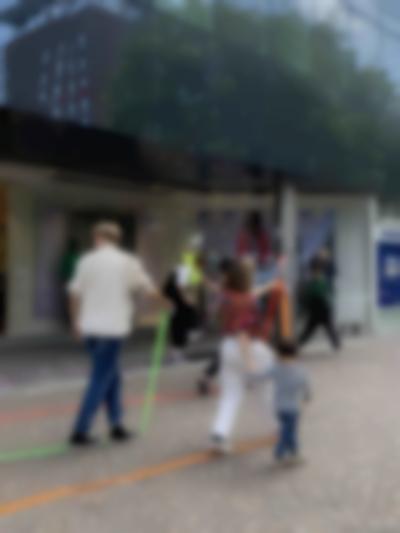
In their workshop somebody*ies presented different ways of interacting with the street.
Photo: © Biennale für Freiburg 2
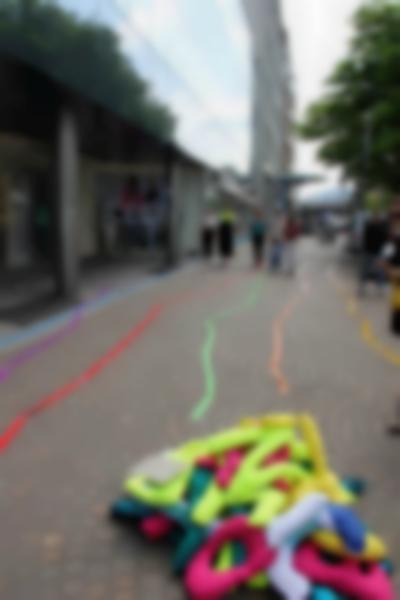
Photo: © Biennale für Freiburg 2
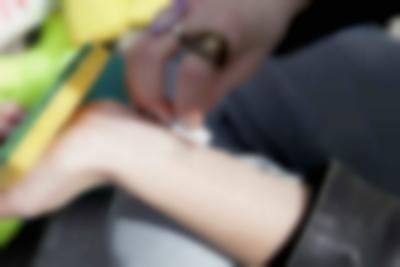
Photo: Guadalupe Salgado
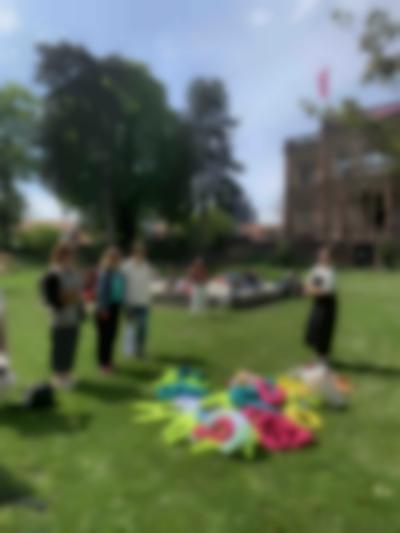
At Colombipark, somebody*ies (Anna Byskov, Christina Krys Huber, Hannah Kindler, Stella Meris and Nika Timashkova) gave insight into their artistic practice.
Photo: © Biennale für Freiburg 2
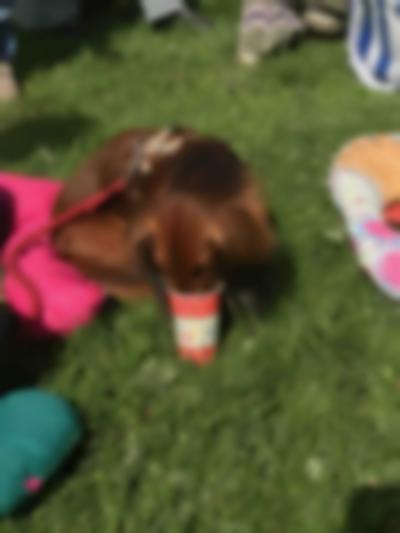
At the concluding picnic in Stühlinger.
Photo: © Biennale für Freiburg 2
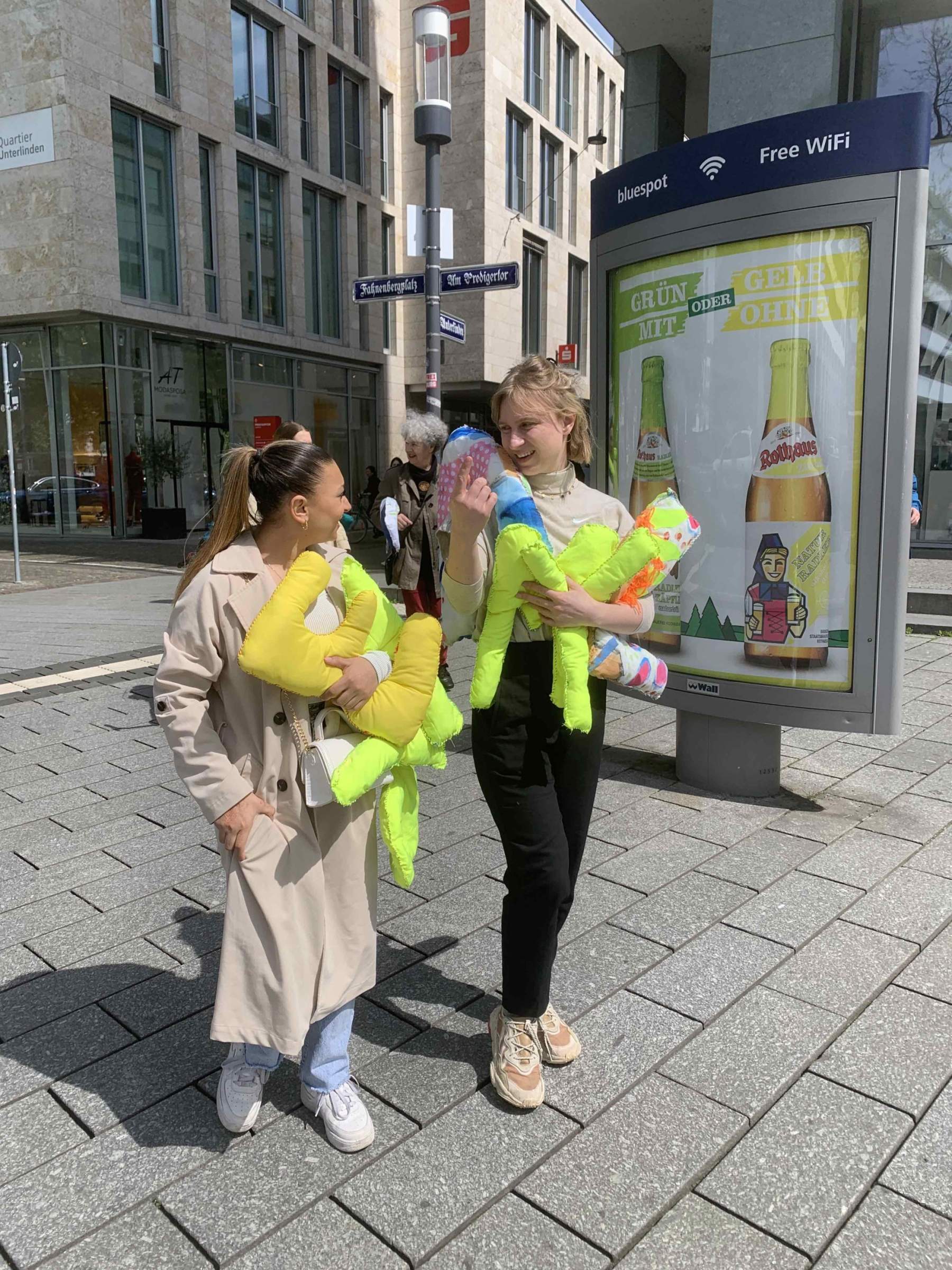

On the way from DELPHI_space/außenstelle to Klarastraße.
Photo: © Biennale für Freiburg 2
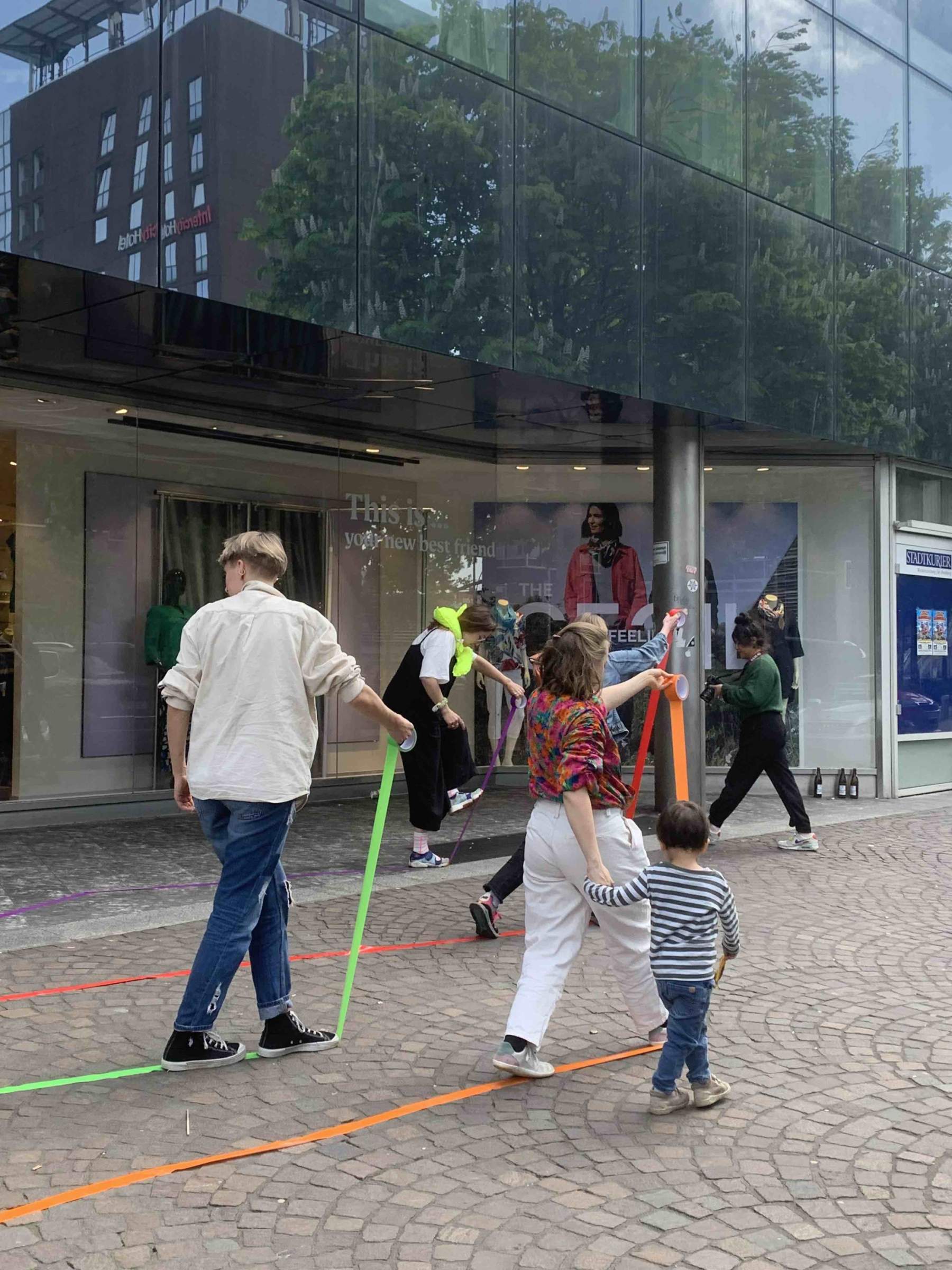

In their workshop somebody*ies presented different ways of interacting with the street.
Photo: © Biennale für Freiburg 2
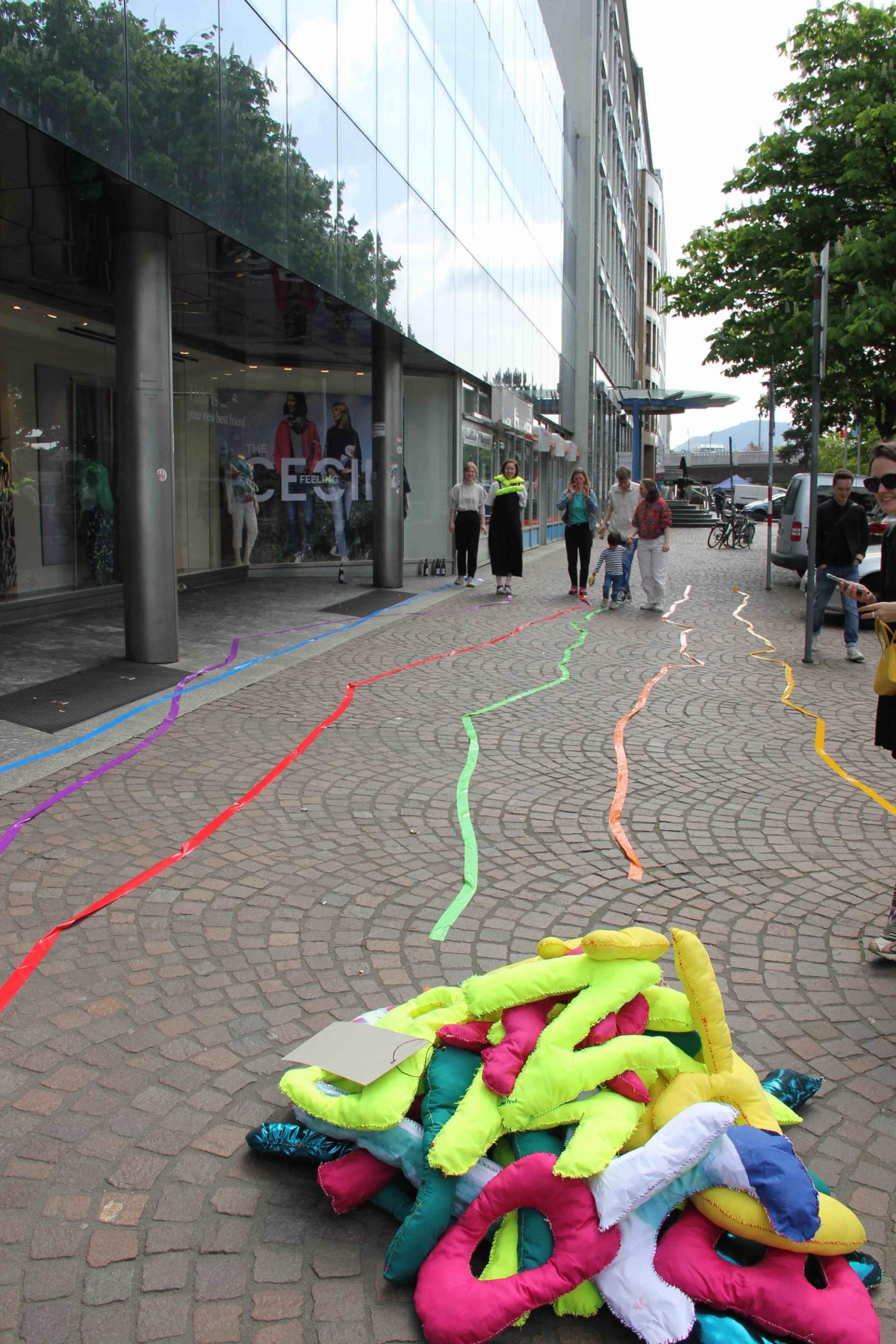

Photo: © Biennale für Freiburg 2
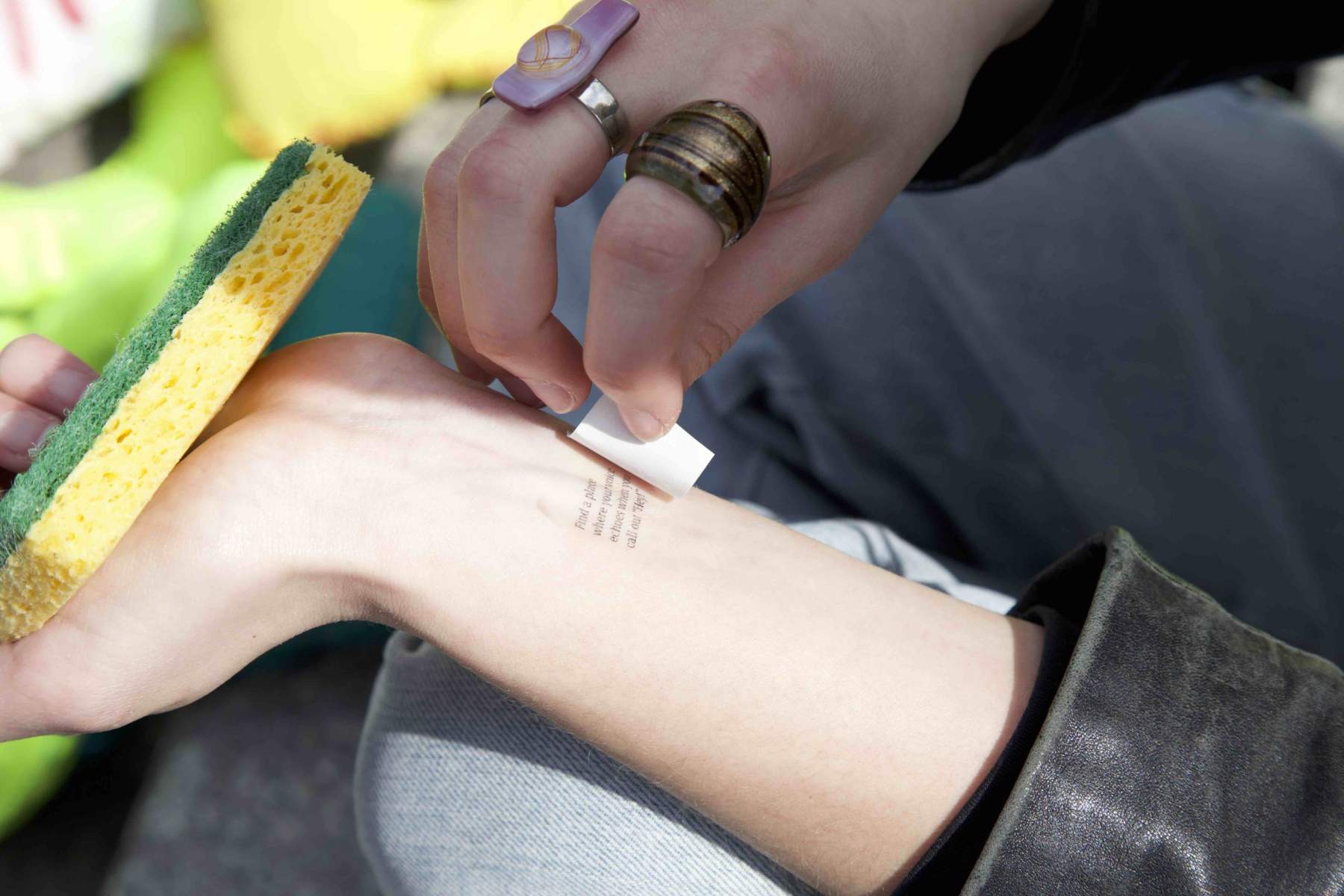

Photo: Guadalupe Salgado
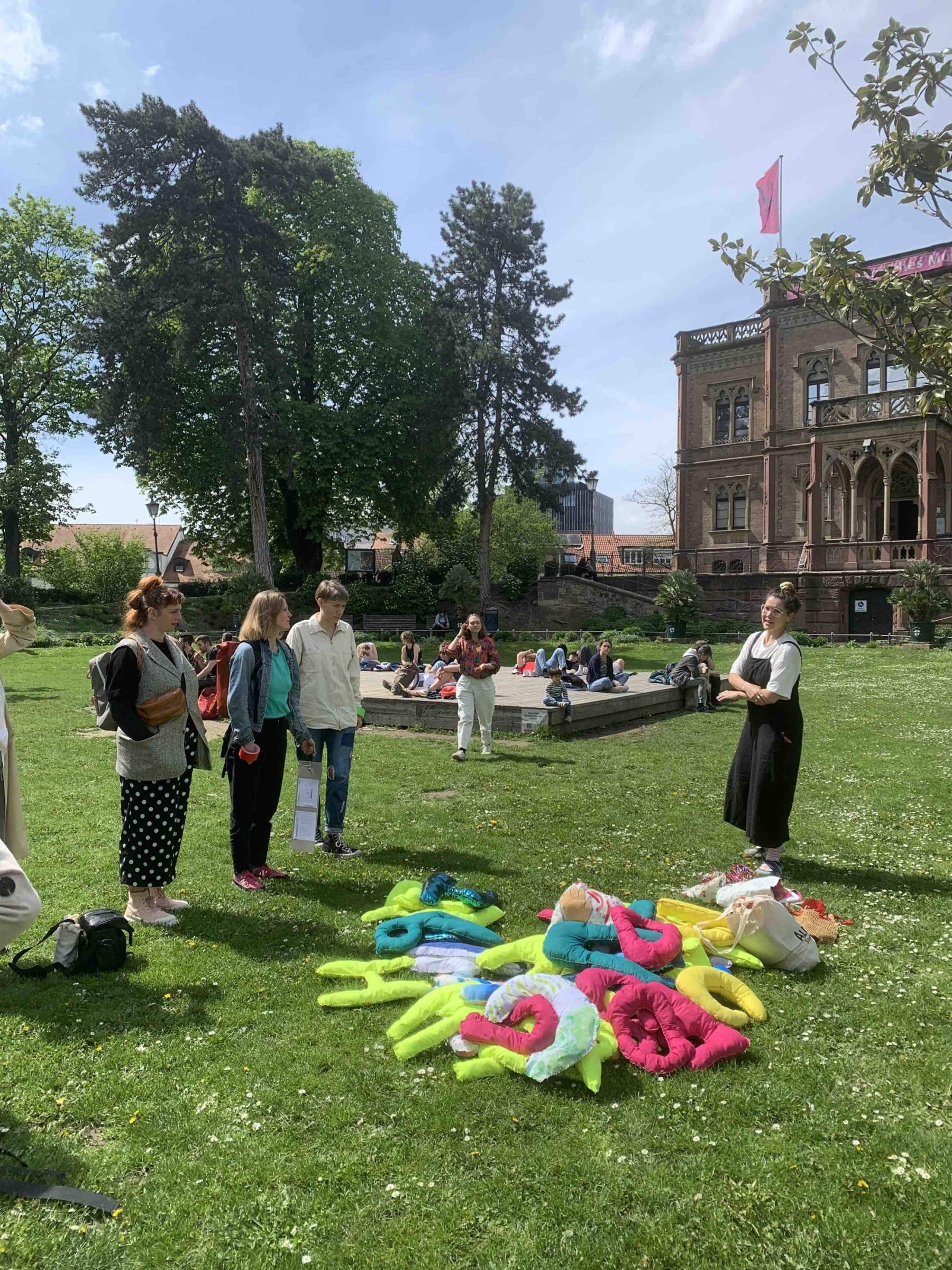

At Colombipark, somebody*ies (Anna Byskov, Christina Krys Huber, Hannah Kindler, Stella Meris and Nika Timashkova) gave insight into their artistic practice.
Photo: © Biennale für Freiburg 2
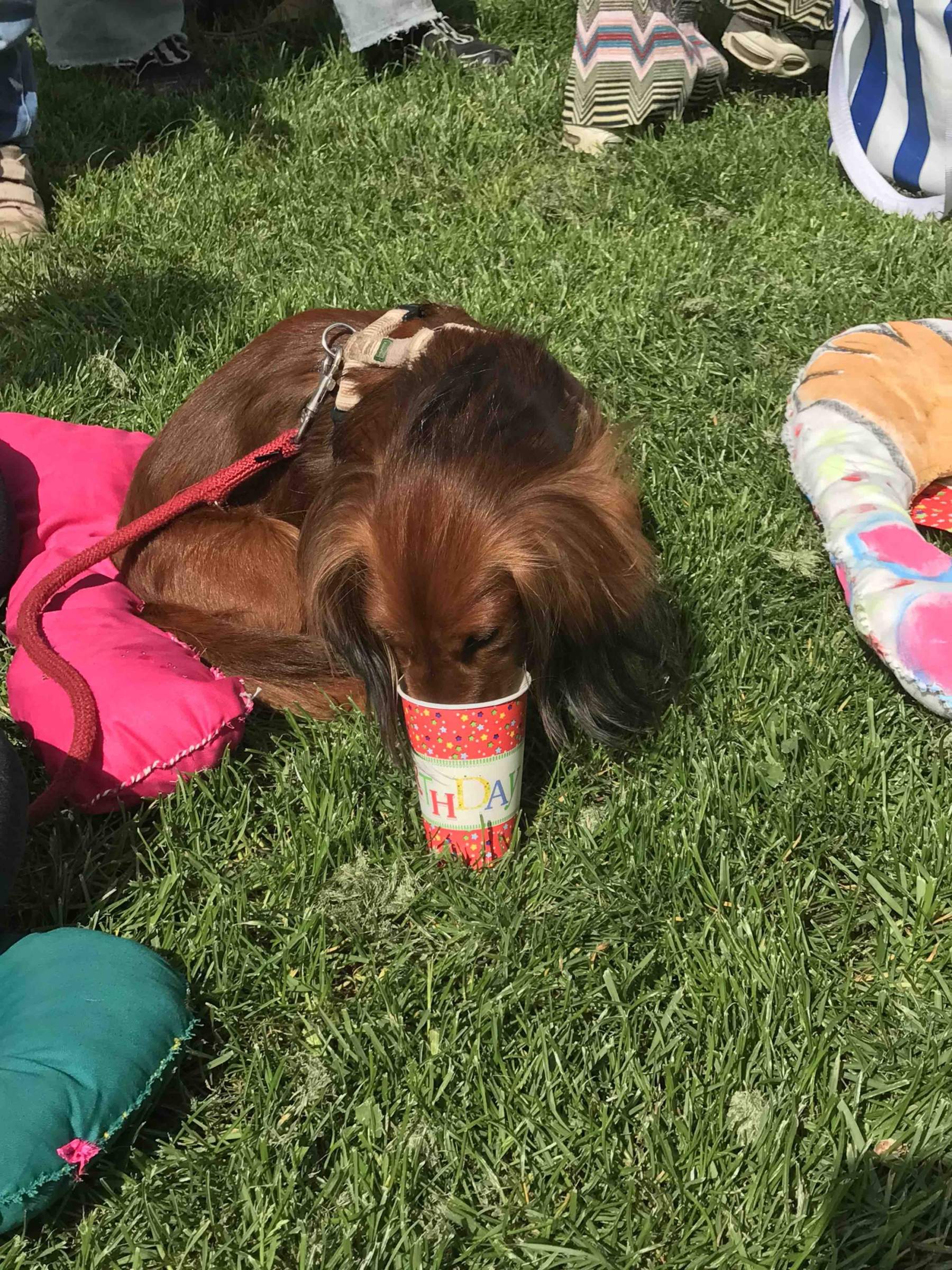

At the concluding picnic in Stühlinger.
Photo: © Biennale für Freiburg 2
Film Program:
Youth / Transgressions
GHS Biologie
27.04 / 20:00
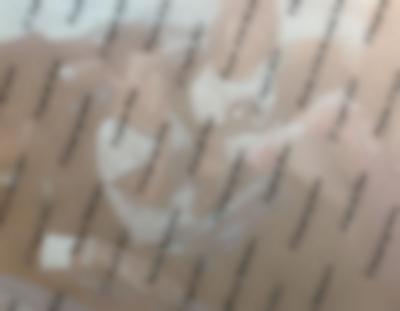
On the third evening of the film program we will show PIXOTE: A LEI DO MAIS FRACO - ASPHALT-HAIE by Héctor Babenco
… MoreFilm Program:
Youth / Transgressions
27.04.2023 / 20:00 / GHS Biologie

BFF 2 X AKA-FILMCLUB PRESENT: HÉCTOR BABENCO
Thursday, April 27, 2023, 8 p.m.
Location: Faculty of Biology large lecture hall, Institute for Biology II/III, Schänzlestraße 1, 79104 Freiburg
PIXOTE: A LEI DO MAIS FRACO – ASPHALT SHARKS
Director: Héctor Babenco, 1980, 128 min., Portuguese with English subtitles
Pixote, a ten-year-old boy, is picked up by the police on the streets of São Paulo and taken to a juvenile detention center where violence and corruption are the order of the day. The institution’s criminal and sadistic guards abuse the children from the streets using torture and humiliation tactics. Two runaways are murdered by police officers, who turn the blame on Lilica, a 17-year-old trans woman. Together with Lilica, Pixote and friends manage to escape. Back on the streets, they fight a constant battle for survival.
Introductury lecture by Hella Wiedmer-Newman, PhD Candidate at eikones – Center for the Theory and History of the Image, University of Basel
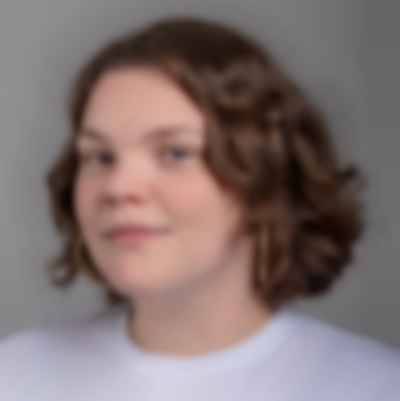
Photo: Alessandro Frigerio
From “Oliver Twist” to “Wir Kinder vom Bahnhof Zoo” to films of the 2000s like “Slumdog Millionaire” and “City of God,” depictions of children forced to live on the streets have been employed in culture for centuries as a measure of our society, holding up a mirror to it. Whether bearing implications of a moral nature or criticism of our social systems, the ‘street kid’ plays an important role in both literature and film. The film PIXOTE: A LEI DO MAIS FRACO by the Argentine-Brazilian director Héctor Babenco was released in 1980. It shows the Latin American debt crisis and military dictatorships of the early 1980s—spanning strict austerity measures, labor strikes, and an untouchable upper class—in alternating oppressive shades of gray and vivid color. Through the character of ten-year-old Pixote and the people he encounters, the country’s corruption and existential hardship, as well as its cultural and artistic diversity, are ingeniously made visible. The film raises a number of questions about social injustice, religion, gender, race, labor, and the public and private institutions that structure our lives. Viewed from a contemporary global perspective, we must ask whether the solution to precarity might lie in revising the function of the street itself and re-evaluating its public spheres.
Hella Wiedmer-Newman is a PhD candidate at the eikones Graduate School at the University of Basel. Her dissertation relates to art, memory, and politics in Bosnia and Herzegovina. She recently published an essay in ArtMargins and her work is forthcoming in an anthology from Palgrave Macmillan. She also writes art and exhibition reviews in English and German for Reading Rämistrasse and Spike Art Magazine.
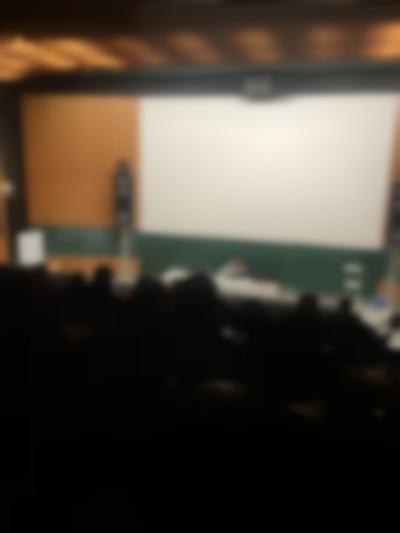
Introductury lecture by Hella Wiedmer-Newman in the biology lecture hall.
Foto: © Biennale für Freiburg
The collaboration between the Biennale für Freiburg 2 and the aka-Filmclub forms the cinematic prologue to the Biennale exhibition taking place in summer 2023. Across five dates, the curated series comprises screenings of selected films surrounding the thematic focus of the Biennale, accompanied by introductory lectures. The films will be shown in chronological order, providing insight into the history of cinematic explorations of the street as motif, backdrop, and metaphor from the 1950s to the present day.
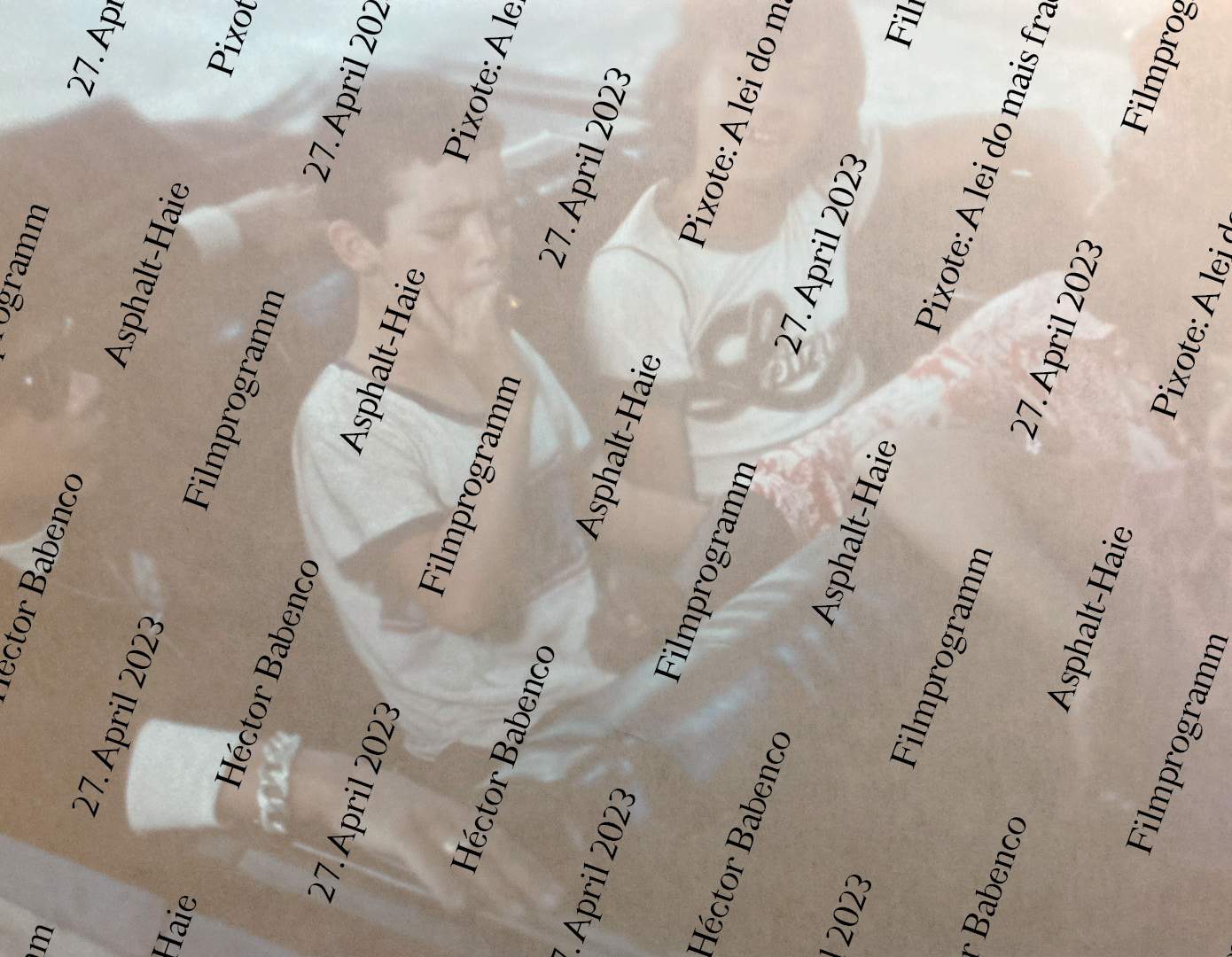

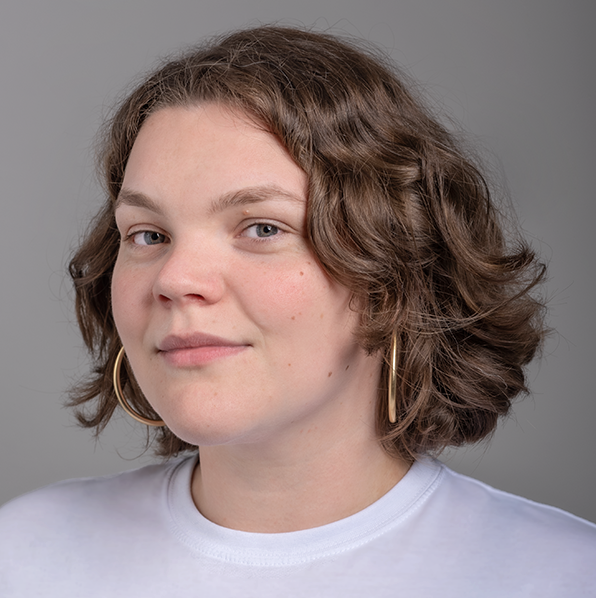

Photo: Alessandro Frigerio
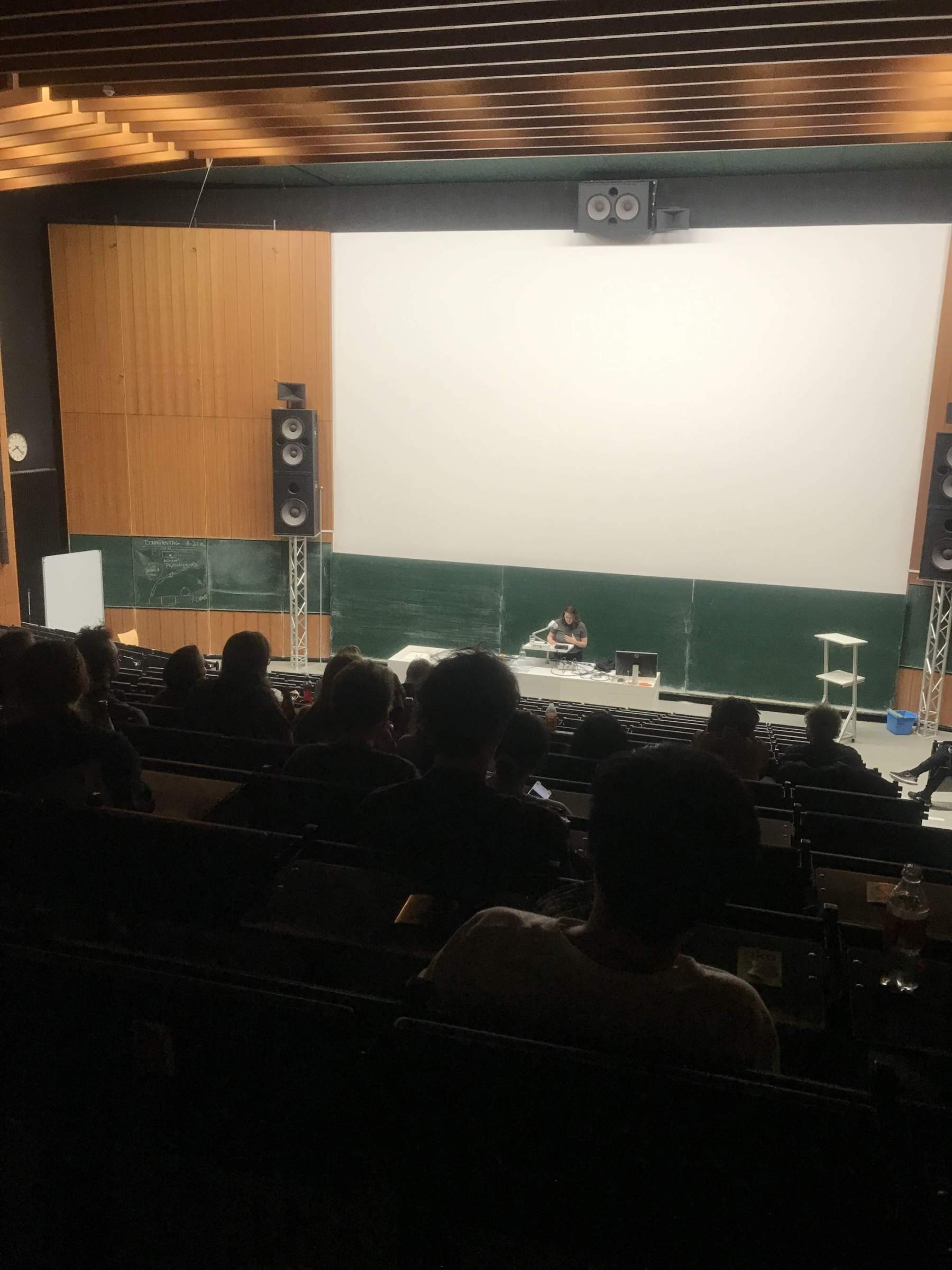

Introductury lecture by Hella Wiedmer-Newman in the biology lecture hall.
Foto: © Biennale für Freiburg
Film Program:
Whose Public?
GHS Biologie
20.04 / 20:00
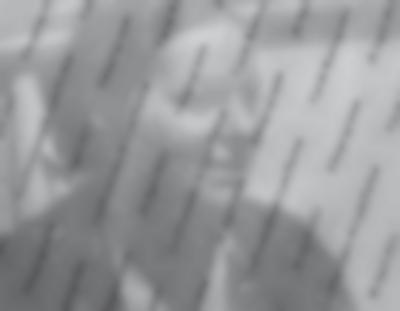
The film program continues with Carole Roussopoulos LES PROSTITUÉES DE LYON PARLENT and Chantal Akerman’s NEWS FROM HOME
… MoreFilm Program:
Whose Public?
20.04.2023 / 20:00 / GHS Biologie

BFF 2 X AKA-FILMCLUB PRESENT: CAROLE ROUSSOPOULOS UND CHANTAL AKERMAN
Thursday, April 20, 2023, 8 p.m.
Location: Faculty of Biology large lecture hall, Institute for Biology II/III, Schänzlestraße 1, 79104 Freiburg
LES PROSTITUÉES DE LYON PARLENT
Director: Carole Roussopoulos, 1975, 46 min., French with English subtitles
On June 2, 1975, nearly 200 sex workers occupied the Saint-Nizier Church in Lyon for eight days to draw attention to their precarious working and living conditions, which were characterized by (police) violence, exploitation, and social exclusion. In LES PROSTITUÉES DE LYON PARLENT, Carole Roussopoulos contributes towards the self-determined audibility and visibility of sex workers, broadcasting the interviews in real time on monitors and confronting people passing on the street. June 2, 1975 is still commemorated today as “International Whore Day,” recalling the sex workers’ continually relevant demands.
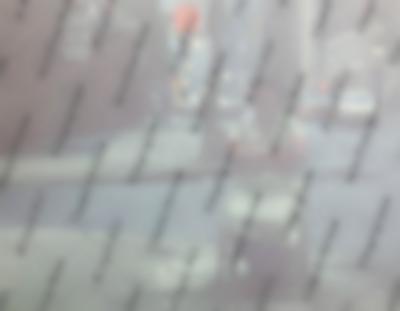
NEWS FROM HOME
Director: Chantal Akerman, 1977, 85 min., French with English subtitles
Shots of streets both lively and lifeless condense into a snapshot of New York City; some lie empty, in others, people push and shove along densely crowded sidewalks. From subways and cars, the film follows the never-ending tunnels and streets until the city becomes a picture postcard of itself viewed from a boat. The shots are accompanied by Chantal Akerman’s voice reading letters that the director received from her mother during her stay in New York between 1971 and 1973. Thus, in NEWS FROM HOME, Akerman interweaves image and voice as well as autobiographical and documentary elements into a cinematic dialogue.
Introductory lecture by Dr. Eva Kuhn, Art and Film scholar, Leuphana University Lüneburg
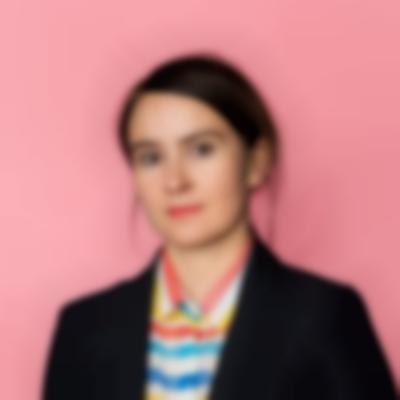
The introductory lecture places the two films in conversation with the activist video collective Les Muses Insoumises (Defiant Muses) and examines their juxtaposition under the prescient guiding principle of the second-wave feminist movement: “The Private is Political.” In what ways can this maxim be understood, and what does it have to do with the street? What about the mother, the daughter, the prostitute, the filmmaker, the feminist collective? By thematizing the interface between visibility and invisibility in different ways, the two films become media reflections on the relationship between private and public space, personal interiors and exteriors, between film poetics/art and politics.
Eva Kuhn is an art and film scholar working with (queer) feminist and postcolonial perspectives at the intersections of art and cinema. She has been a visiting professor at the Universität der Künste, Berlin and currently teaches and researches at Leuphana University at Leuphana University Lüneburg. From January 2024, she will hold the Chair of Modern and Contemporary Art at the Humboldt University Berlin.
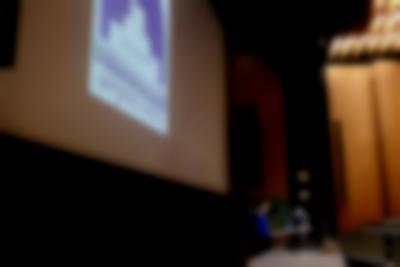
Dr. Eva Kuhn during her Introductory lecture in the biology lecture hall.
Photo: aka-Filmclub © Biennale für Freiburg 2
The collaboration between the Biennale für Freiburg 2 and the aka-Filmclub forms the cinematic prologue to the Biennale exhibition taking place in summer 2023. Across five dates, the curated series comprises screenings of selected films surrounding the thematic focus of the Biennale, accompanied by introductory lectures. The films will be shown in chronological order, providing insight into the history of cinematic explorations of the street as motif, backdrop, and metaphor from the 1950s to the present day.
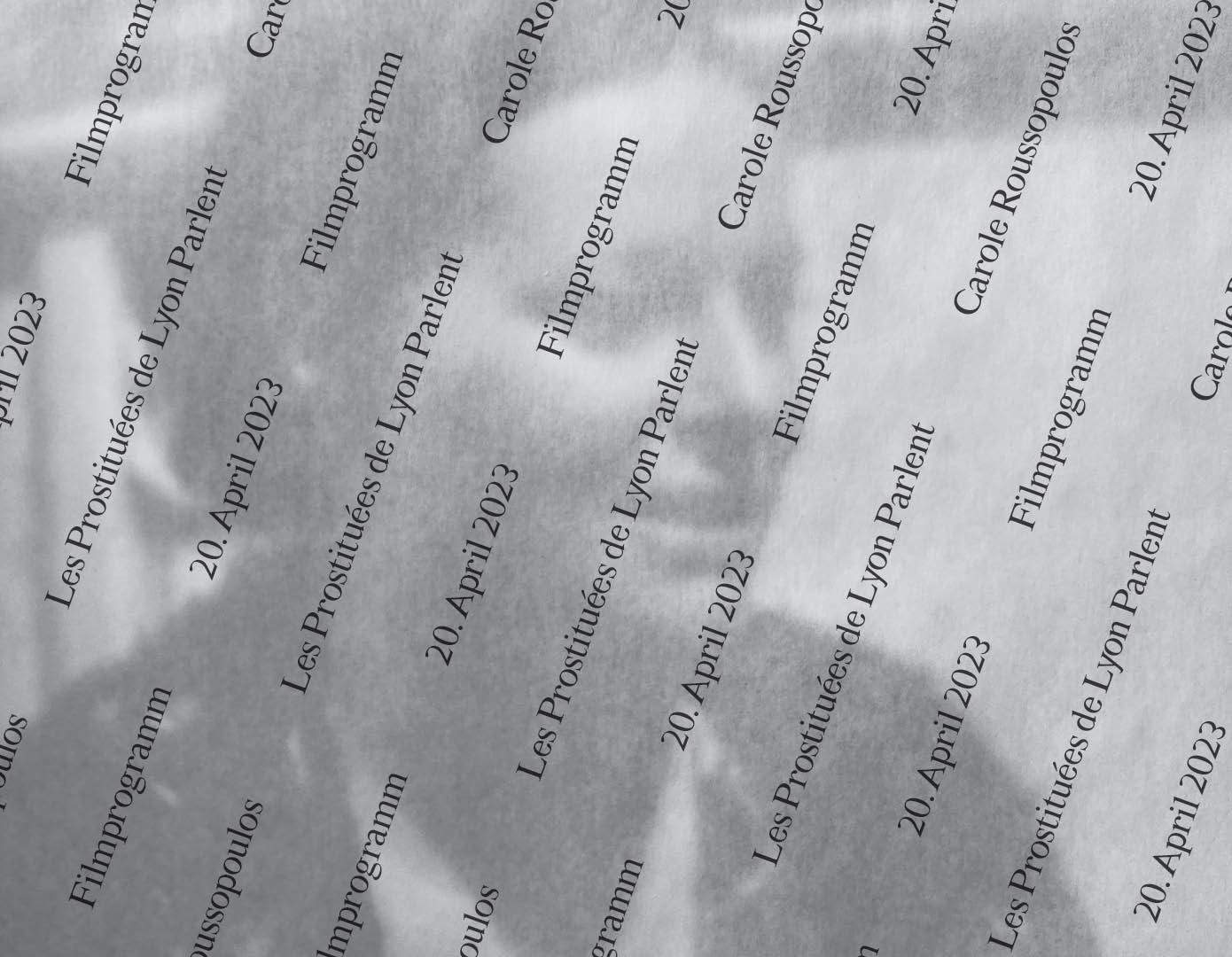

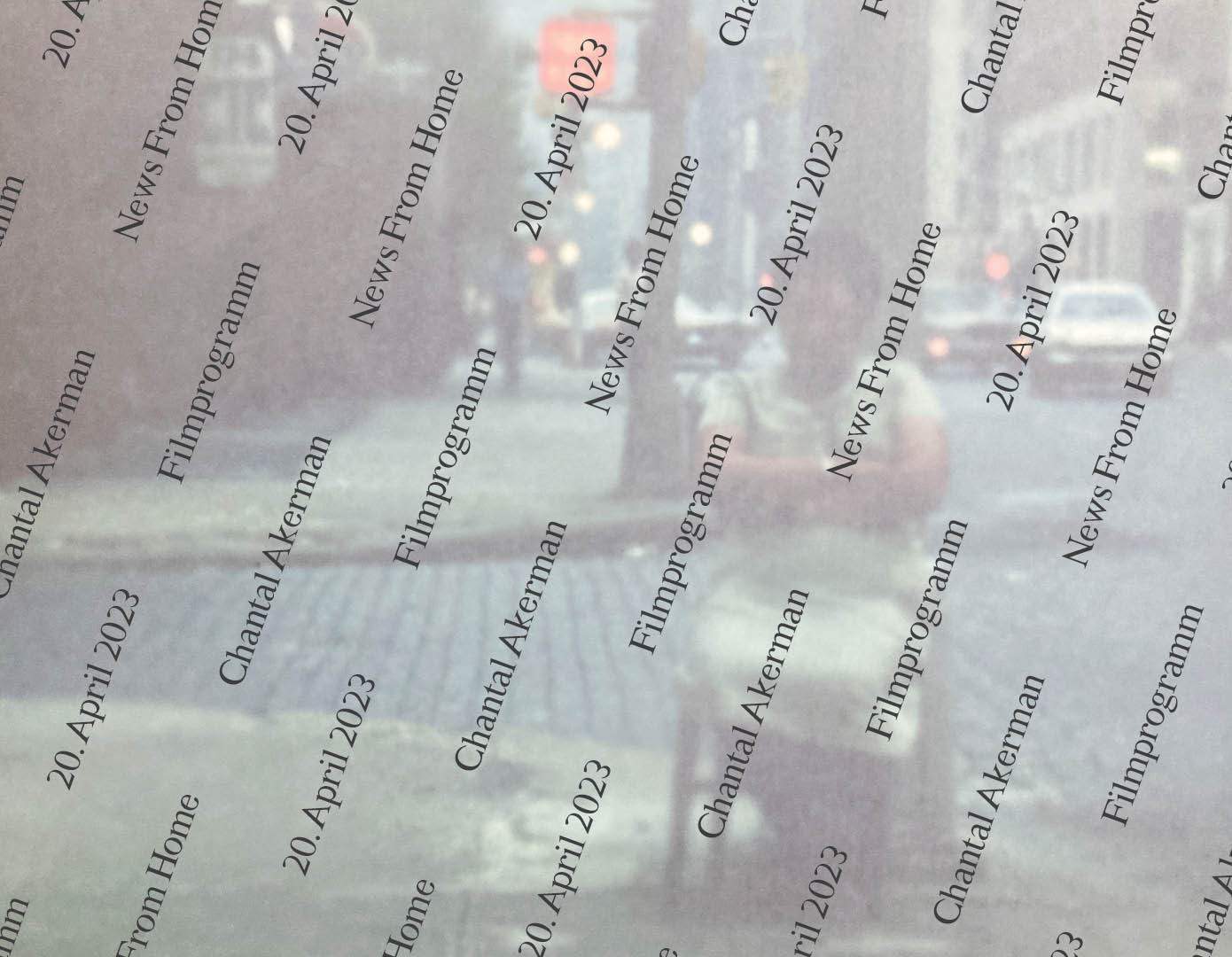

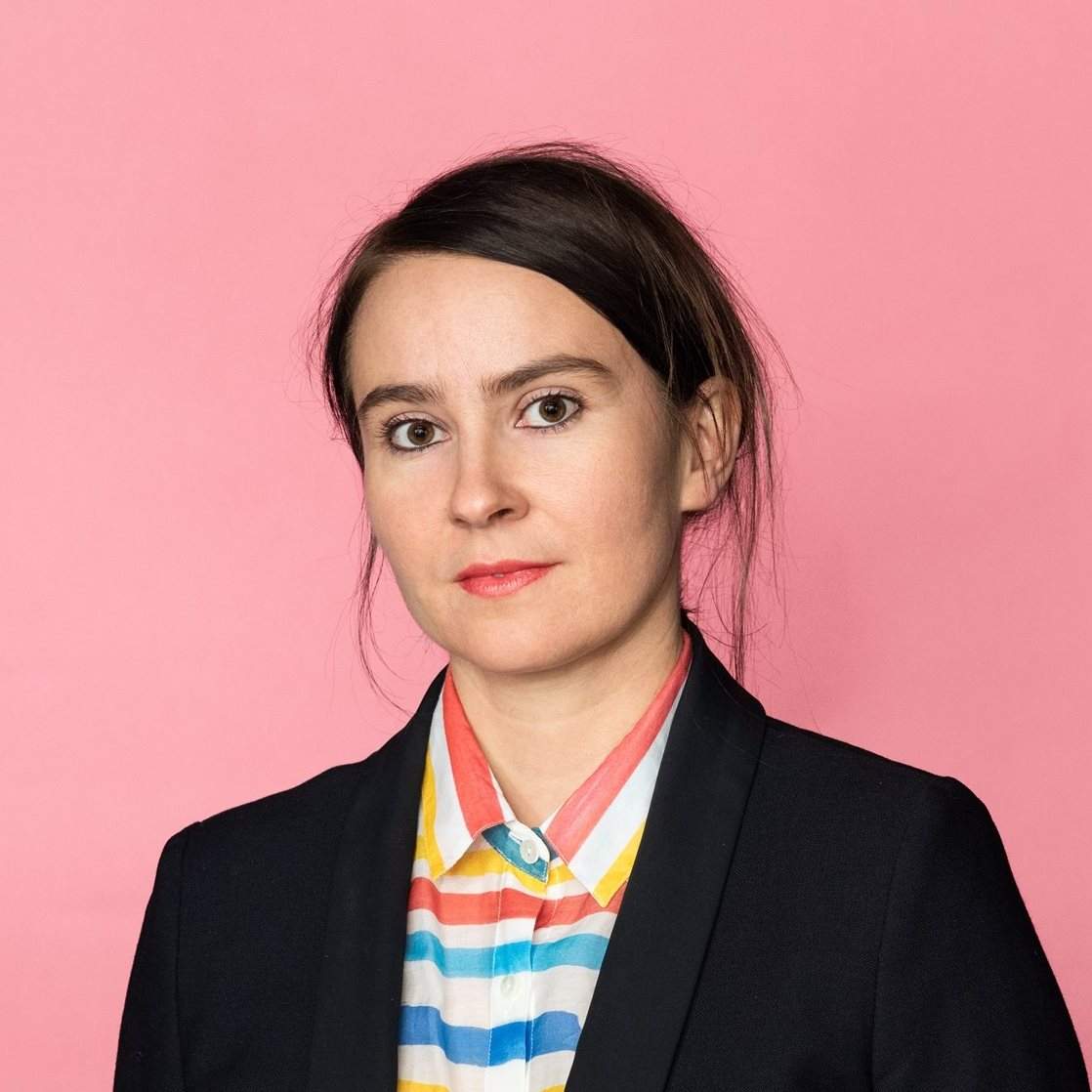

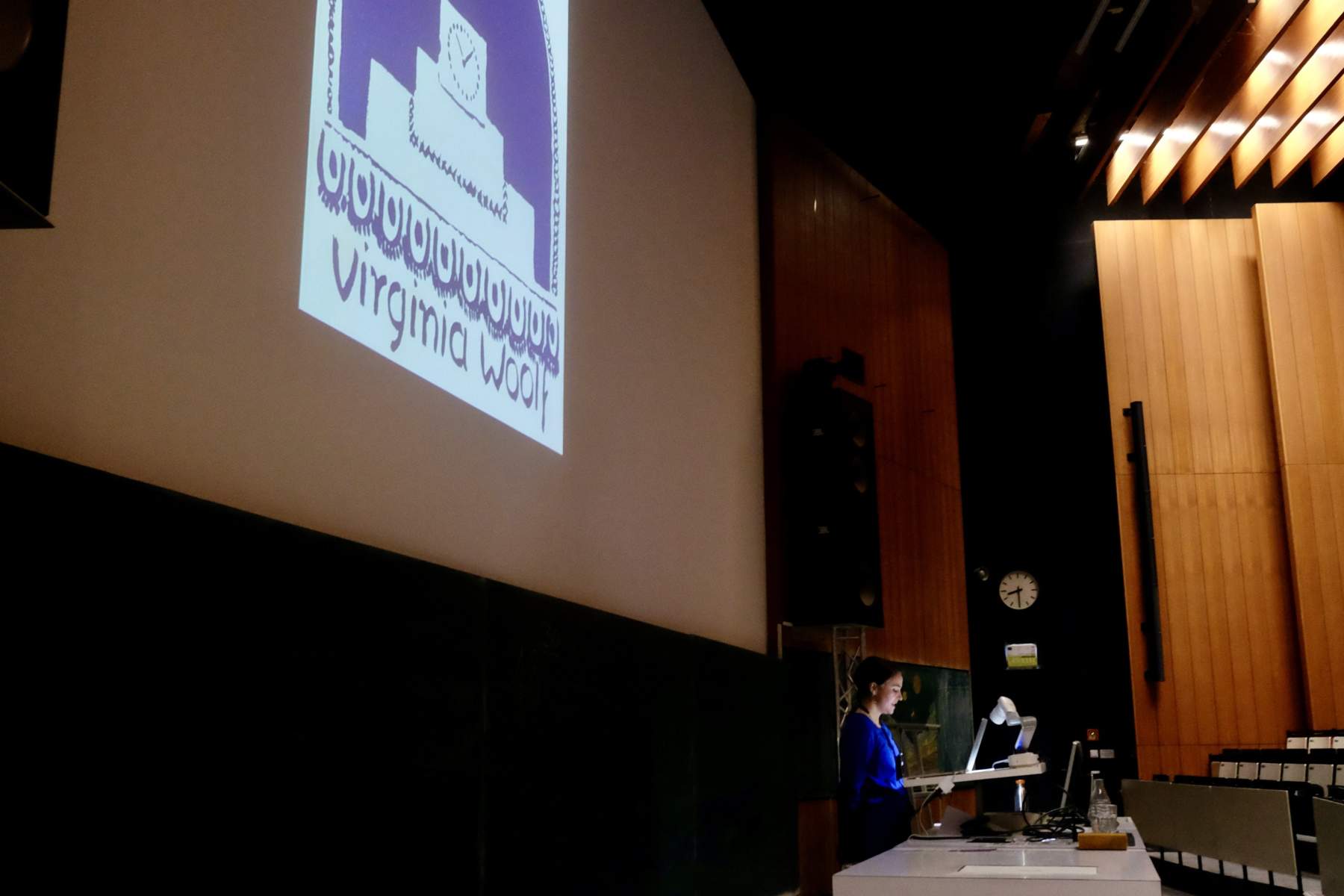

Dr. Eva Kuhn during her Introductory lecture in the biology lecture hall.
Photo: aka-Filmclub © Biennale für Freiburg 2
Workshop:
James Gregory Atkinson
CRAC Alsace
13.04 / 19:00
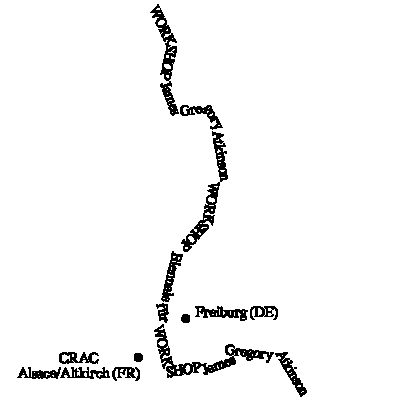
In his workshop, Atkinson uses his interdisciplinary approach to bring traces of history into dialogue with contemporary conditions
… MoreWorkshop:
James Gregory Atkinson
13.04.2023 / 19:00 / CRAC Alsace
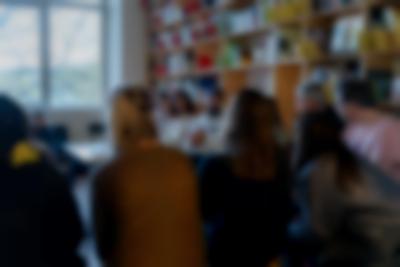
Artist James Gregory Atkinson starts the Workshop.
Photo: Sévérine Kpoti, © Biennale für Freiburg 2
WORKSHOP WITH JAMES GREGORY ATKINSON
Thursday, April 13, 2023, 7 p.m.
Location: CRAC Alsace, 18 Rue du Château, 68130 Altkirch (France)
In his research-based exhibition projects, artist James Gregory Atkinson combines autobiographical with political history and responds to the extreme gaps in records of Afro-German life in Germany’s official archives. In doing so, Atkinson draws on transnational queer and Black narratives, modifying them and bringing them into dialogue with the present. In this way, he creates alternative ways of confronting the past.
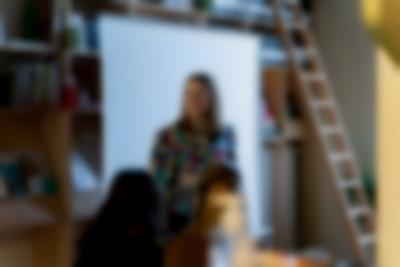
Paula Kommoss (Artistic Director, Biennale für Freiburg 2) welcomes the participants.
Photo: Sévérine Kpoti, © Biennale für Freiburg 2
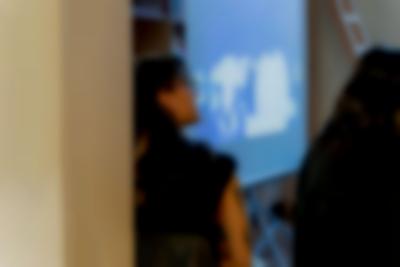
Photo: Sévérine Kpoti, © Biennale für Freiburg 2
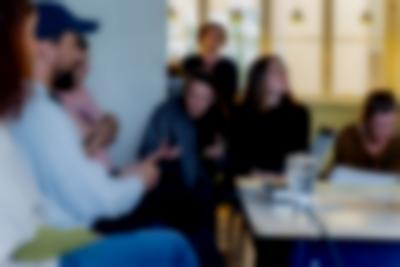
Photo: Sévérine Kpoti, © Biennale für Freiburg 2
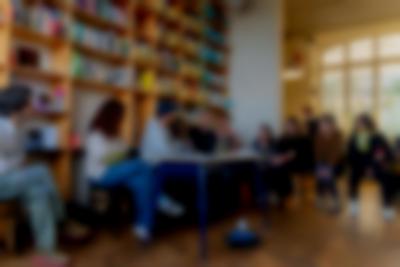
Photo: Sévérine Kpoti, © Biennale für Freiburg 2
During his residency at CRAC Alsace in April 2023, Atkinson will research “Schwarze Schmach” propaganda in local archives, libraries, and various locations along the Rhine. The focus of his research is on French colonial troops deployed along the Rhine and at Franco-German borders points during the First and Second World Wars. Tracing the footsteps of these troops, Atkinson charts their legacies and impact on (Afro)Franco-German life in the region.
In his workshop, Atkinson uses his interdisciplinary approach to bring these stories into dialogue with contemporary conditions.
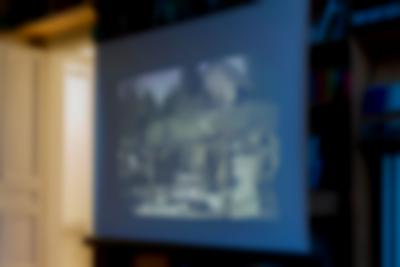
French Colonial troops deployed in Saint-Ulrich (FR) during the First World War.
Photo: Sévérine Kpoti, © Biennale für Freiburg 2
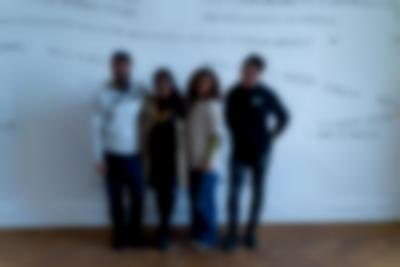
Photo: Sévérine Kpoti, © Biennale für Freiburg 2
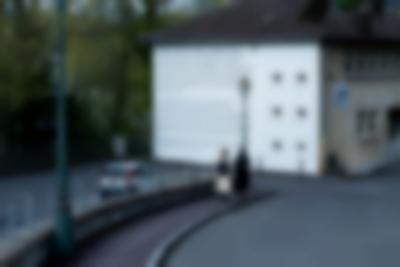
On the way to CRAC Alsace.
Photo: Sévérine Kpoti, © Biennale für Freiburg 2
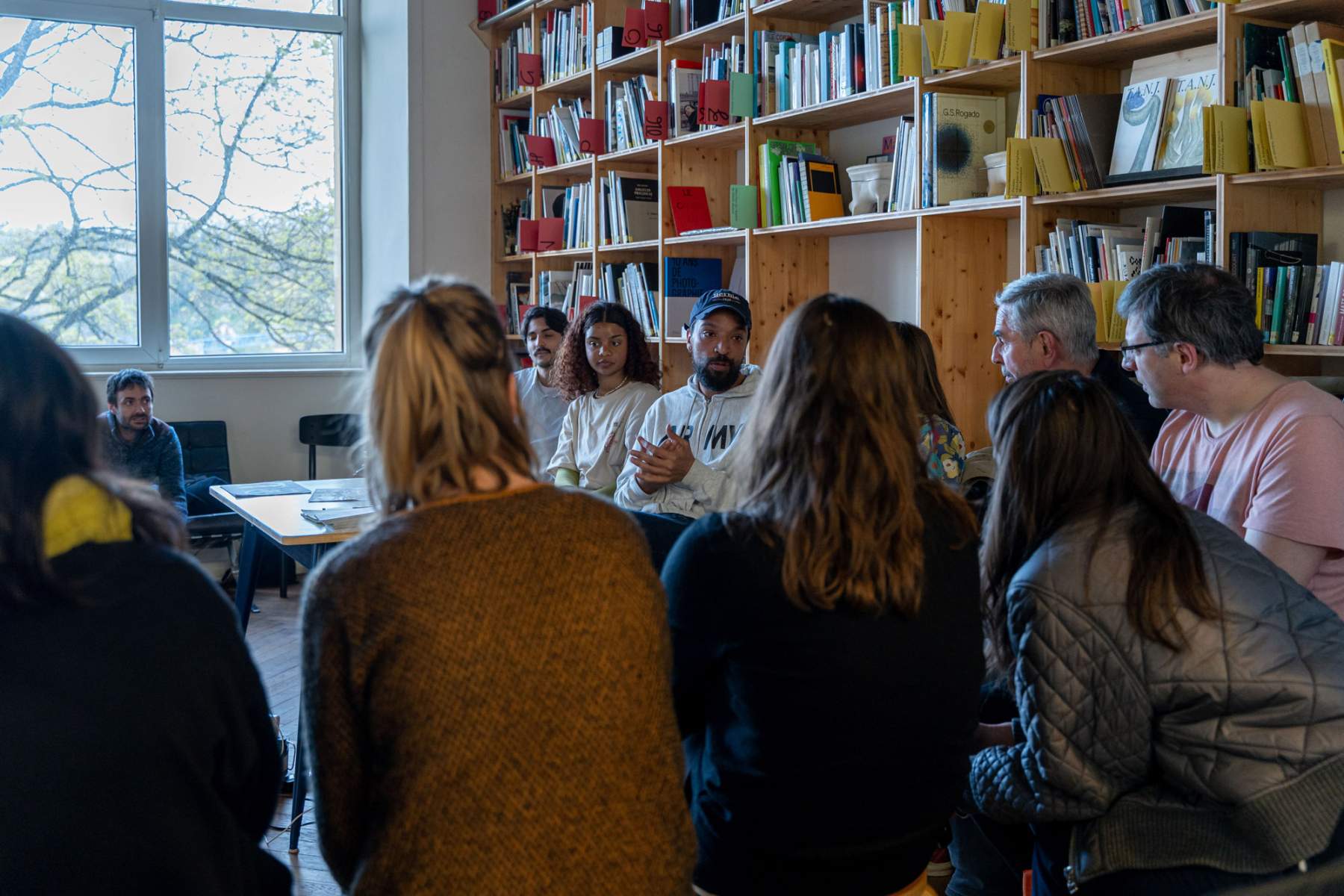

Artist James Gregory Atkinson starts the Workshop.
Photo: Sévérine Kpoti, © Biennale für Freiburg 2
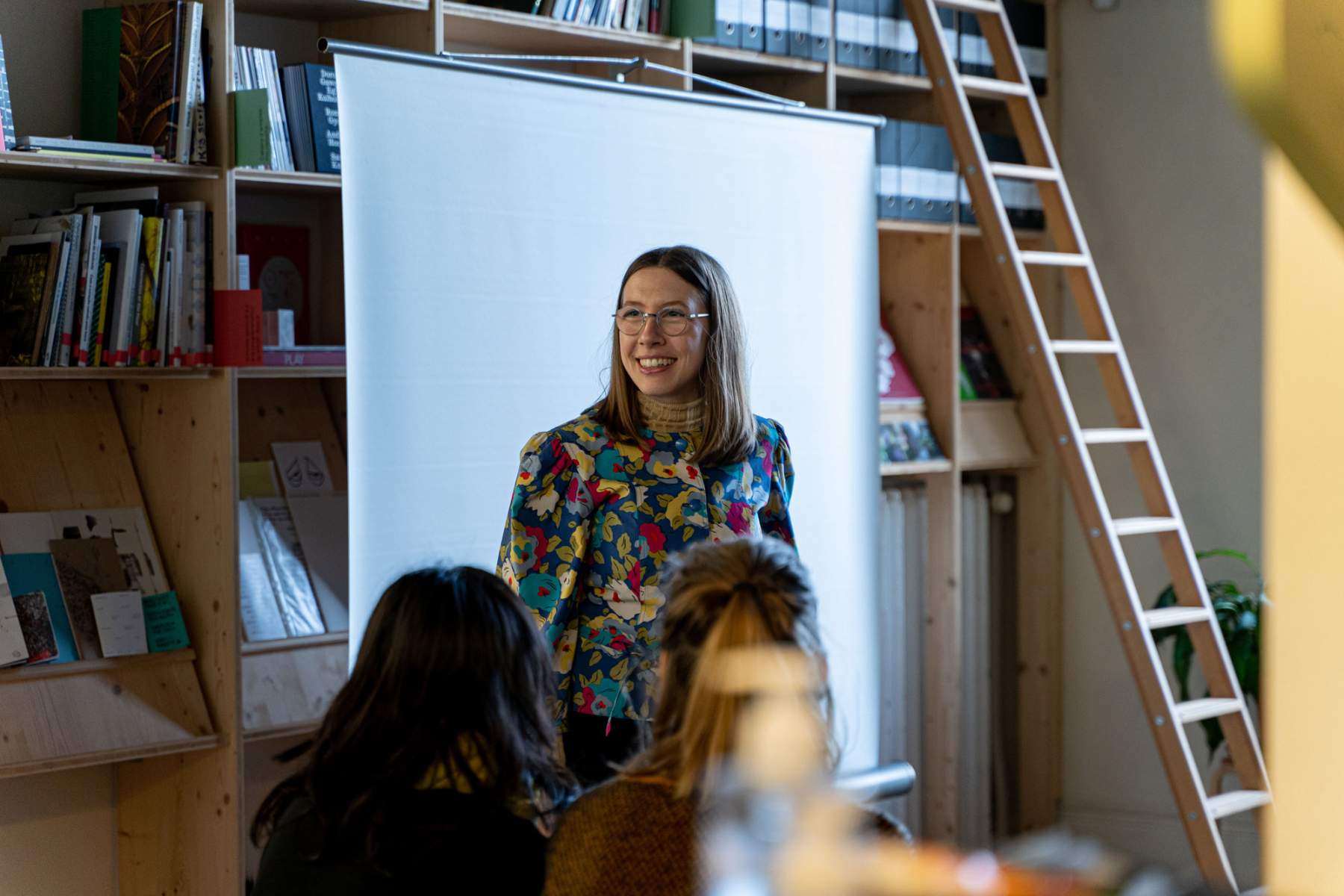

Paula Kommoss (Artistic Director, Biennale für Freiburg 2) welcomes the participants.
Photo: Sévérine Kpoti, © Biennale für Freiburg 2
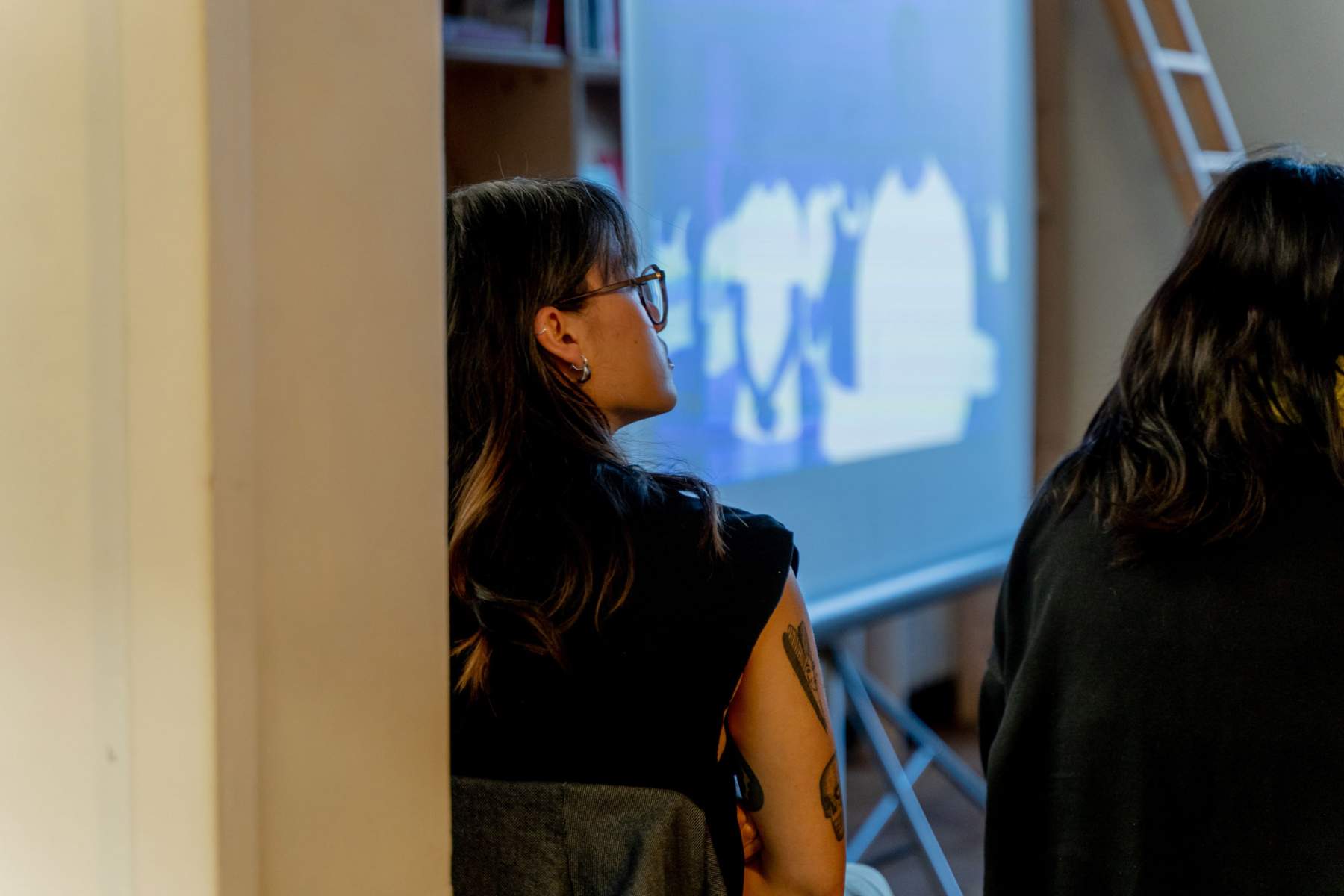

Photo: Sévérine Kpoti, © Biennale für Freiburg 2
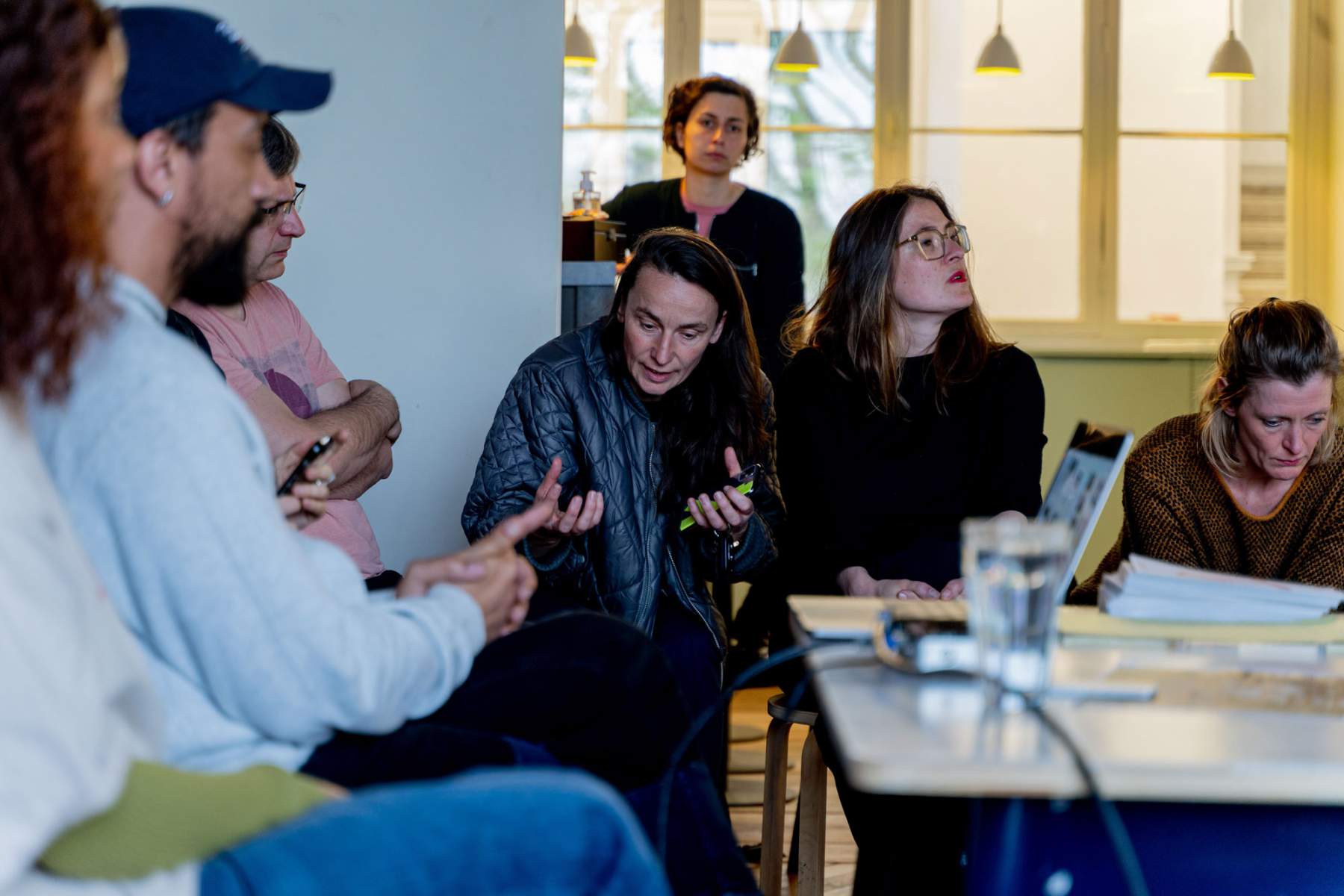

Photo: Sévérine Kpoti, © Biennale für Freiburg 2
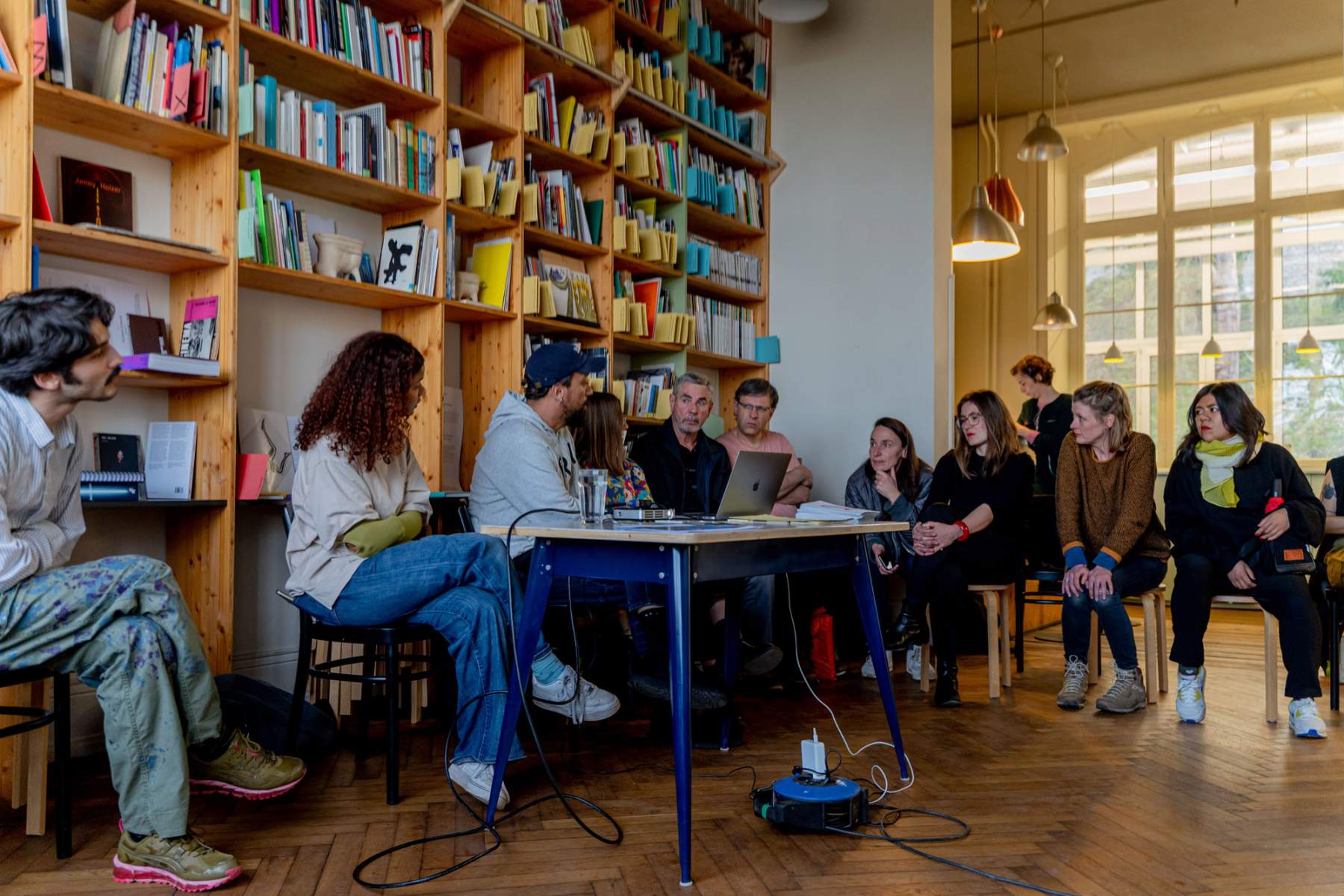

Photo: Sévérine Kpoti, © Biennale für Freiburg 2
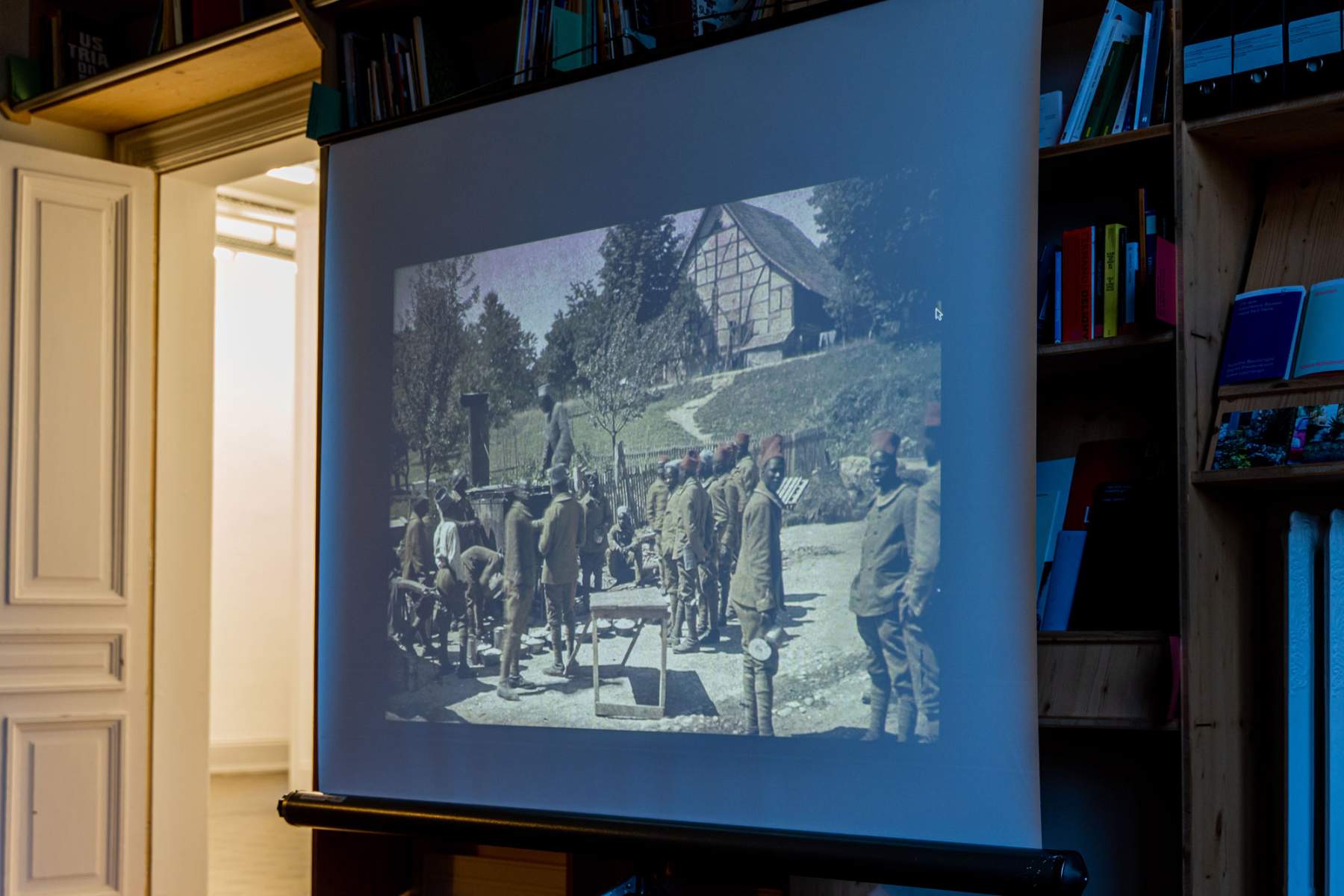

French Colonial troops deployed in Saint-Ulrich (FR) during the First World War.
Photo: Sévérine Kpoti, © Biennale für Freiburg 2
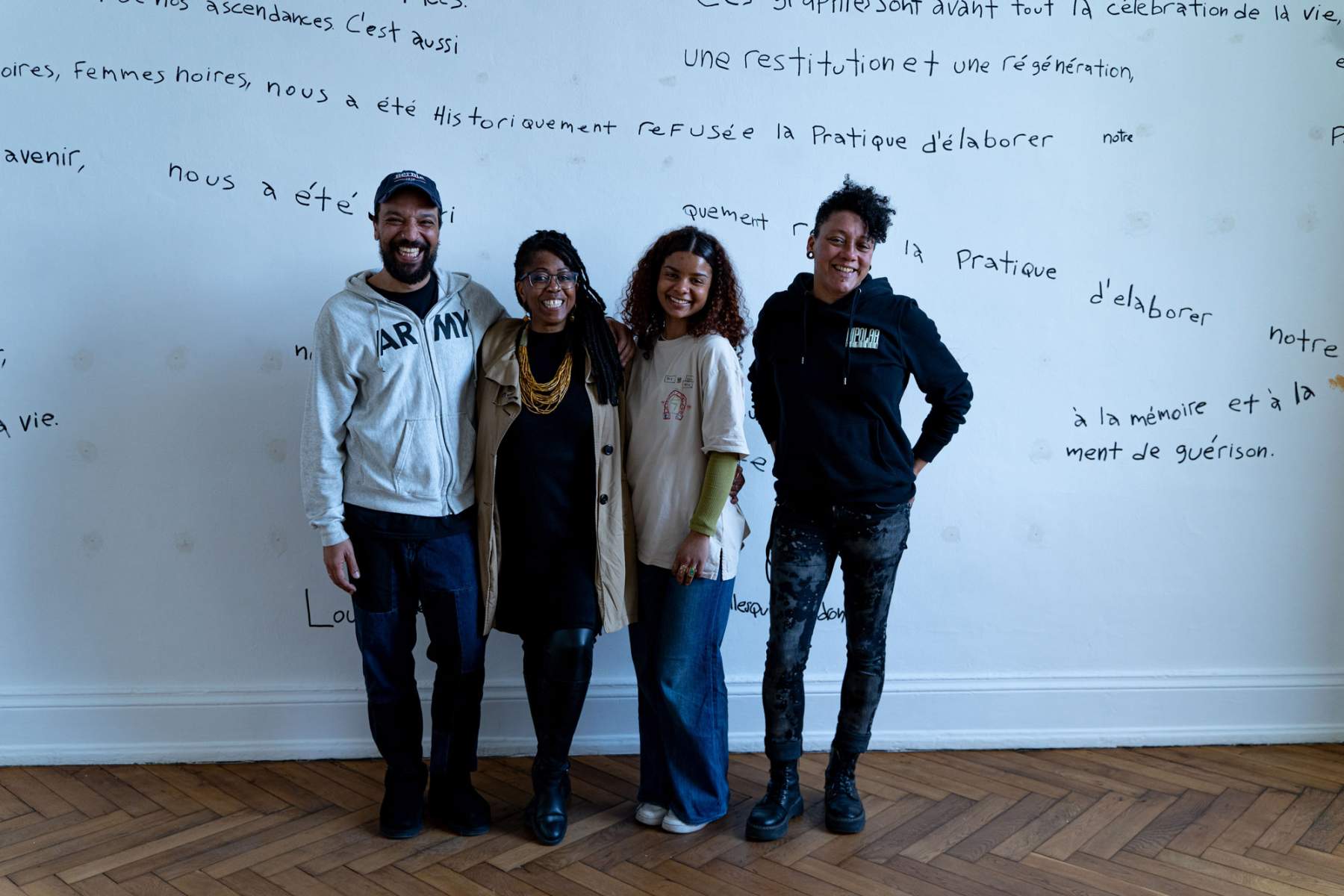

Photo: Sévérine Kpoti, © Biennale für Freiburg 2
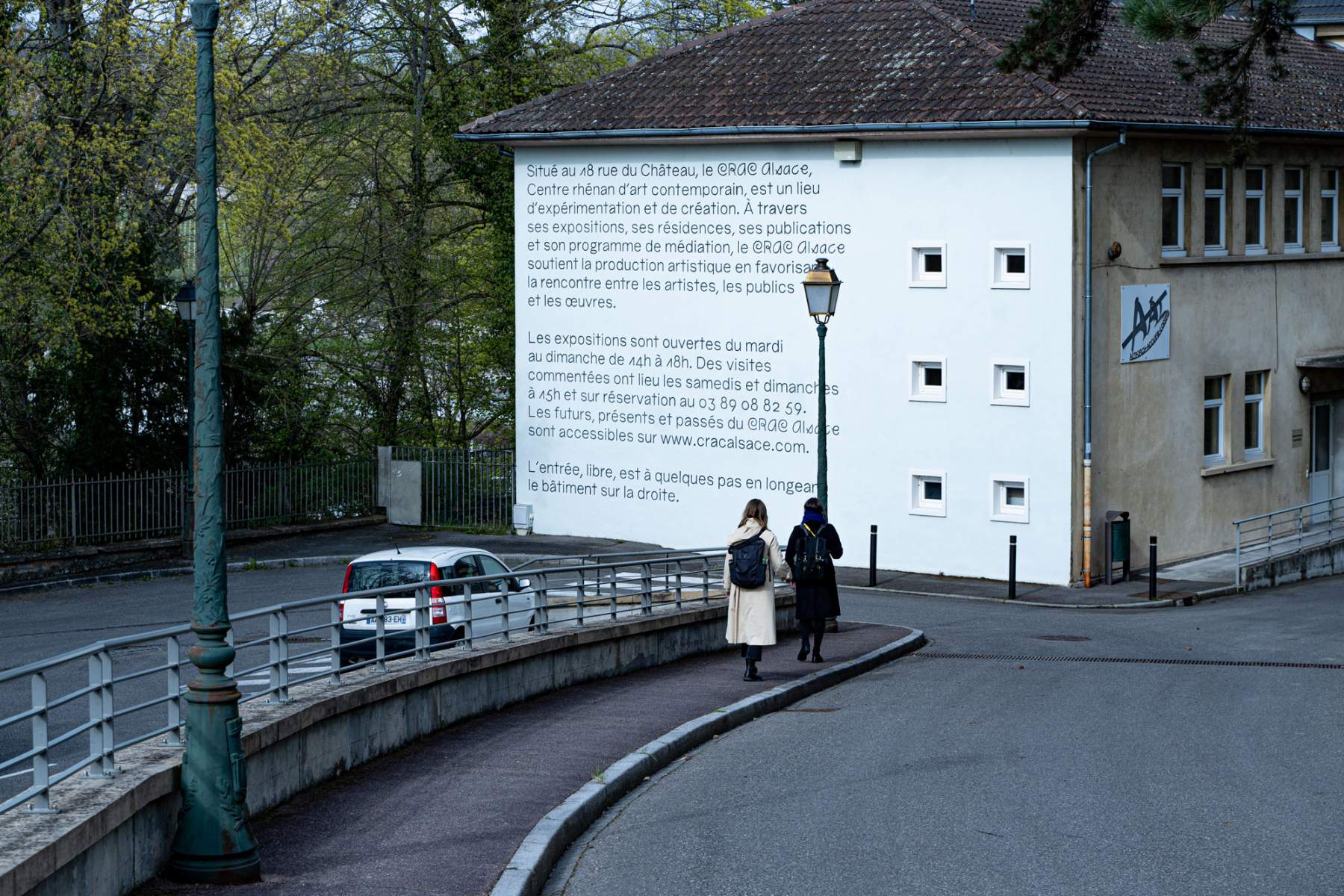

On the way to CRAC Alsace.
Photo: Sévérine Kpoti, © Biennale für Freiburg 2
Pflaster:
Dietenbach
Dietenbach
30.03 / 18:00
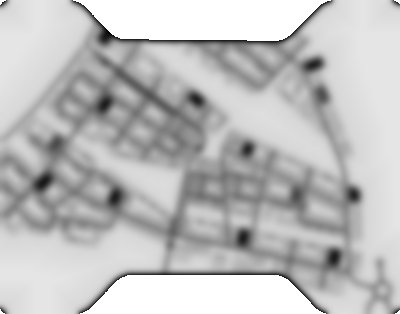
What all has to happen before a street is built? Architect Wolfgang Borgards and artist Ben Hübsch take a closer look at this question on the Dietenbach site
… MorePflaster:
Dietenbach
30.03.2023 / 18:00 / Dietenbach
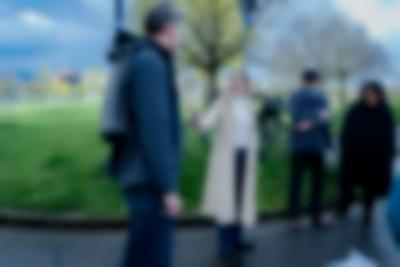
Wolfgang Borgards (K9 Architects) and Paula Kommoss (Artistic Director, Biennale für Freiburg 2) welcome the participants.
Photo: Sévérine Kpoti, © Biennale für Freiburg 2
PFLASTER: STREET TALKS IN AND ABOUT FREIBURG
DIETENBACH WITH WOLFGANG BORGARDS (INDEPENDENT ARCHITECT BDA)
Thursday, March 30, 2023, 6 p.m.
Meeting point: corner of Carl-von-Ossietzky-Strasse / Mundenhofer Strasse, 79111 Freiburg.
On our fourth PFLASTER we discovered the grounds of Dietenbach together with architect Wolfgang Borgards, where a new district will emerge in the coming years. We looked at the plans of the K9 architects and Borgards gave insights into the design and functional elements which are important for the development of a future city.
The streets will be in line with the existing ones from Rieselfeld and are orientated towards fixpoints in the surrounding nature. Furthermore, the future streets are mainly dedicated to pedestrians, so the neighborhood is experienced through walking and biking.
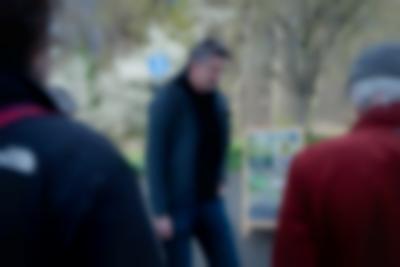
Wolfgang Borgards starts the Pflaster.
Photo: Sévérine Kpoti, © Biennale für Freiburg 2
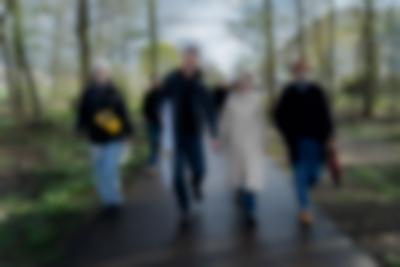
Photo: Sévérine Kpoti, © Biennale für Freiburg 2
We learned more about the processes and decisions going into the development of a city. Before the architecture planning started, there were several initiatives by the public of Freiburg. In 2019 the referendum voted for the realization of the project – yet it remains controversial. Some of Freiburgs citizens are protesting the removal of a part of the Dietenbach forest in order to build a tram line. Representants of the protests and the city were present at the street talk and contributed to the discussion.
A dialogue group of Freiburg citizens discussed from 2019 to 2021 the ecological and social cohabitation of the space and the question: “Who builds Dietenbach for whom?” Development goals and rules were set in preparation of the city’s marketing concept. The city goal is to sell by concept not by price.
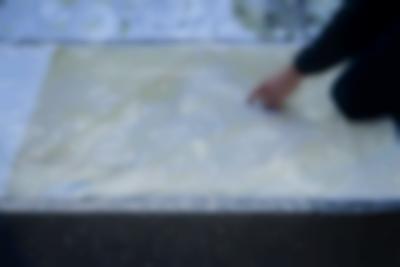
Urban plans of Dietenbach.
Photo: Sévérine Kpoti, © Biennale für Freiburg 2
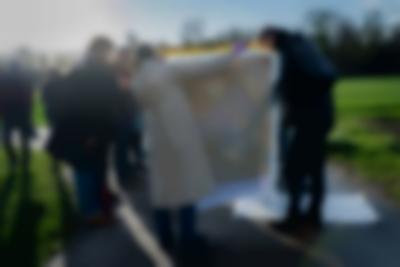
Photo: Sévérine Kpoti, © Biennale für Freiburg 2
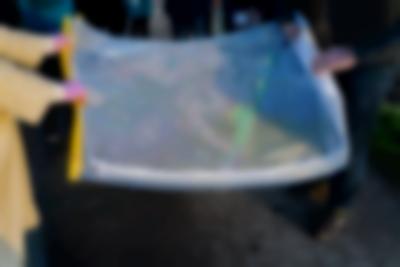
Photo: Sévérine Kpoti, © Biennale für Freiburg 2
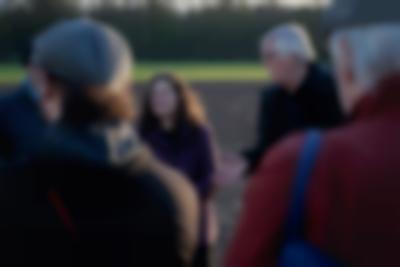
Photo: Sévérine Kpoti, © Biennale für Freiburg 2
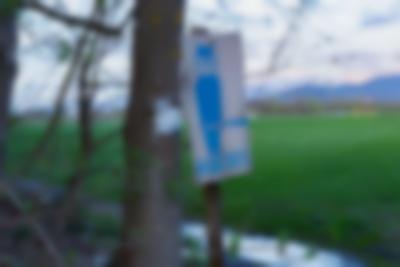
Photo: Sévérine Kpoti, © Biennale für Freiburg 2
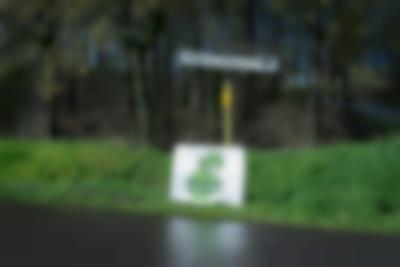
Photo: Sévérine Kpoti, © Biennale für Freiburg 2
In the PFLASTER series, the Biennale für Freiburg 2 invites experts from different fields to examine the circumstances and stories of specific urban contexts during guided walks. While walking through Freiburg, the street talks open up a space to reflect together on the potentials of social movements: how, for example, does feminist representation manifest itself in public space? Furthermore, the conversations will critically reflect upon aspects of Freiburg’s colonial urban history and examine the current realities of life on the street. Using existing resources and expert knowledge from within the city, PFLASTER aims to sharpen the focus on the historical and contemporary layers of meaning, (in)visibility and (in)accessibility of urban space. Participation in the street talks is free of charge.
The PFLASTER series is spart of the prologue of the Biennale für Freiburg 2, taking place from February to May 2023. The prologue events, including a film program, street talks, performative interventions, and workshops set impulses for the exhibition, which will be on view at various locations in Freiburg from June 16 to July 30, 2023.

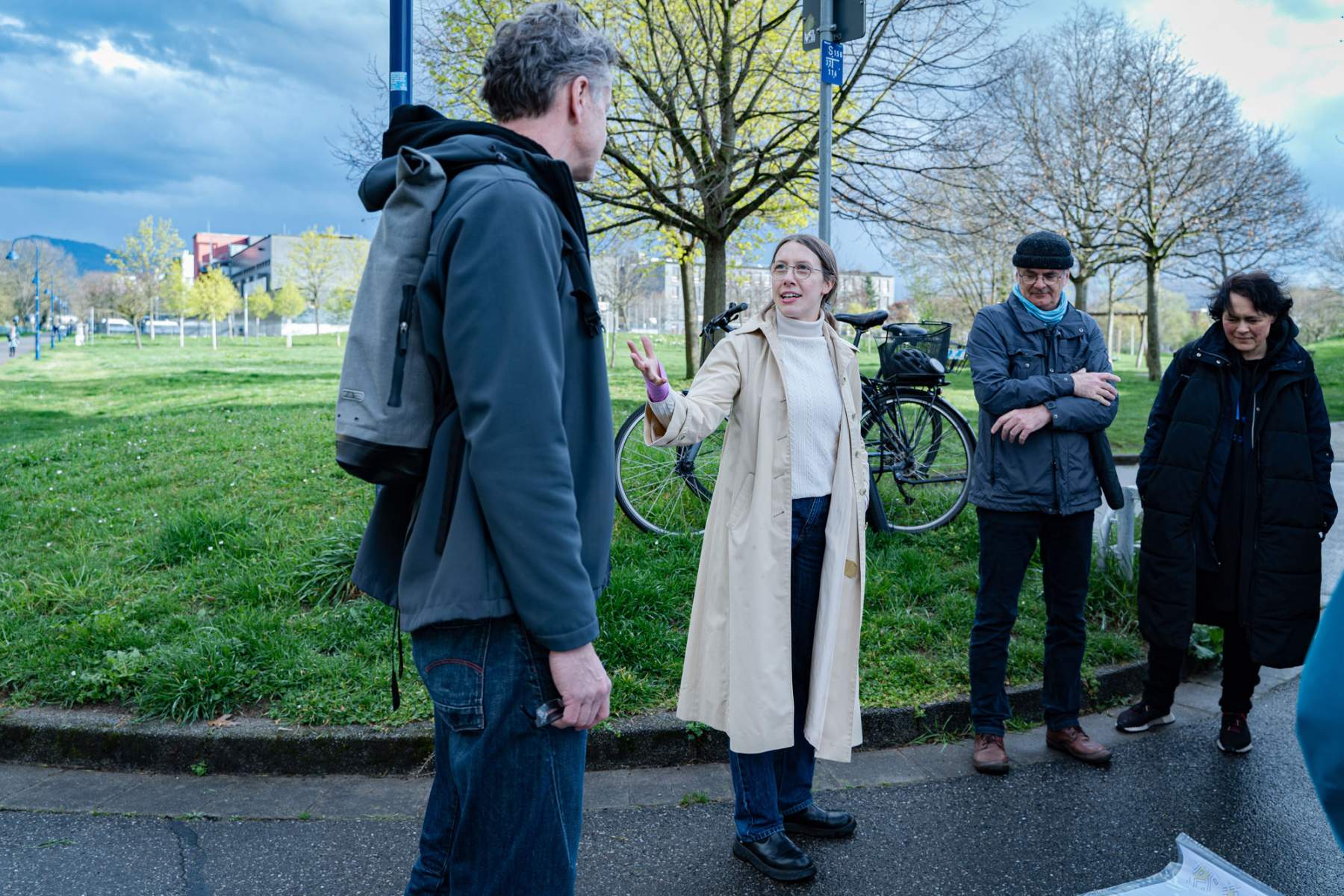

Wolfgang Borgards (K9 Architects) and Paula Kommoss (Artistic Director, Biennale für Freiburg 2) welcome the participants.
Photo: Sévérine Kpoti, © Biennale für Freiburg 2
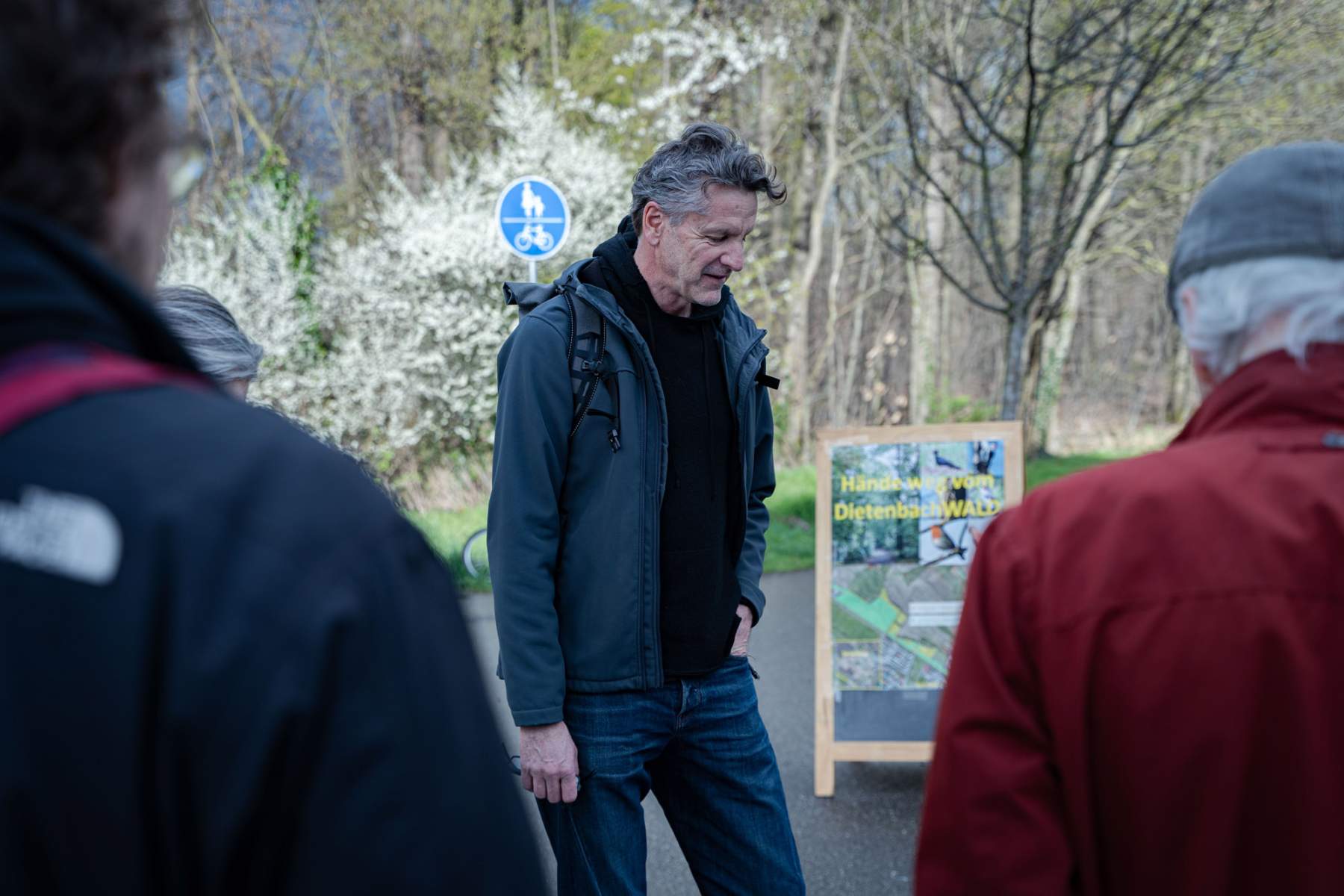

Wolfgang Borgards starts the Pflaster.
Photo: Sévérine Kpoti, © Biennale für Freiburg 2
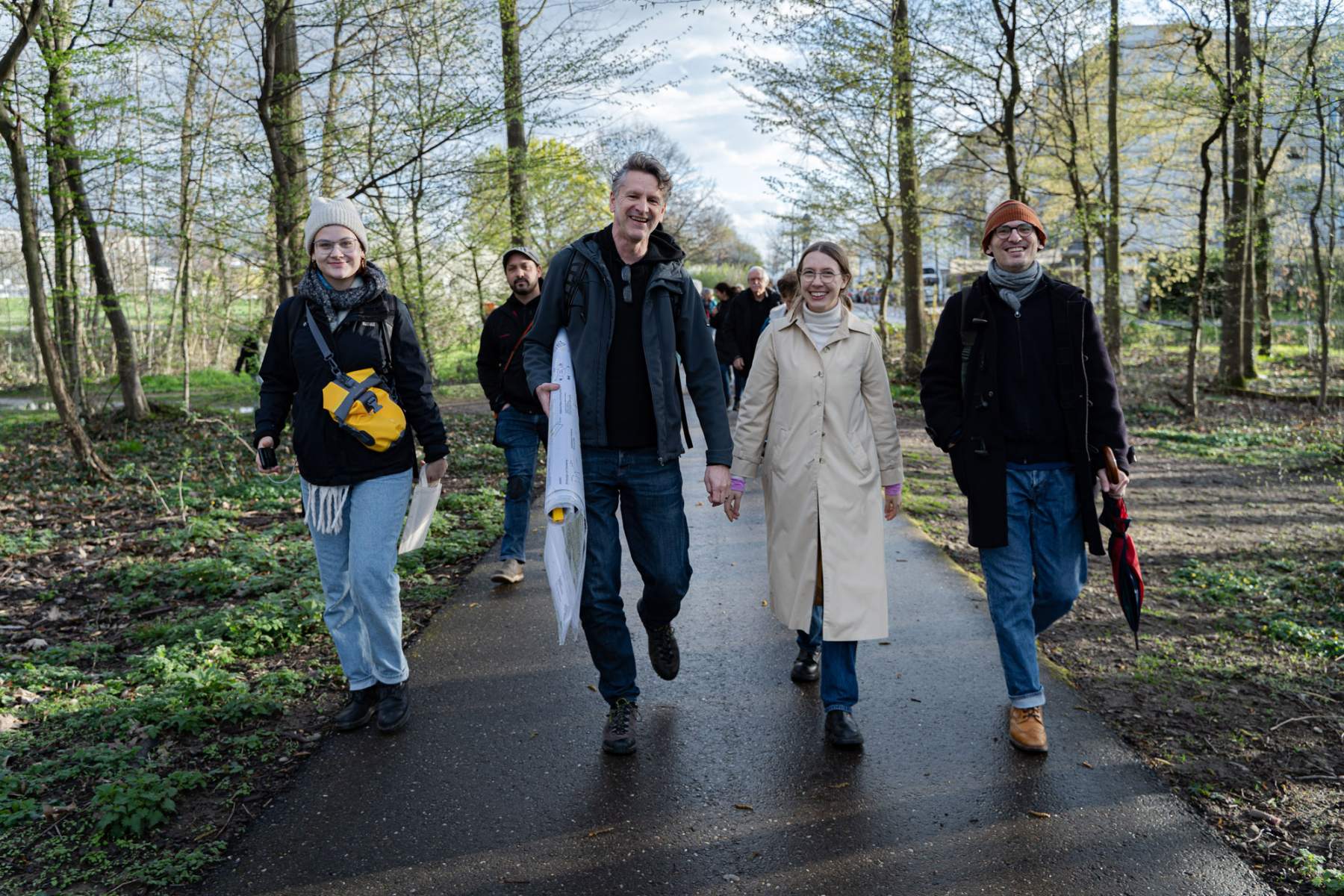

Photo: Sévérine Kpoti, © Biennale für Freiburg 2
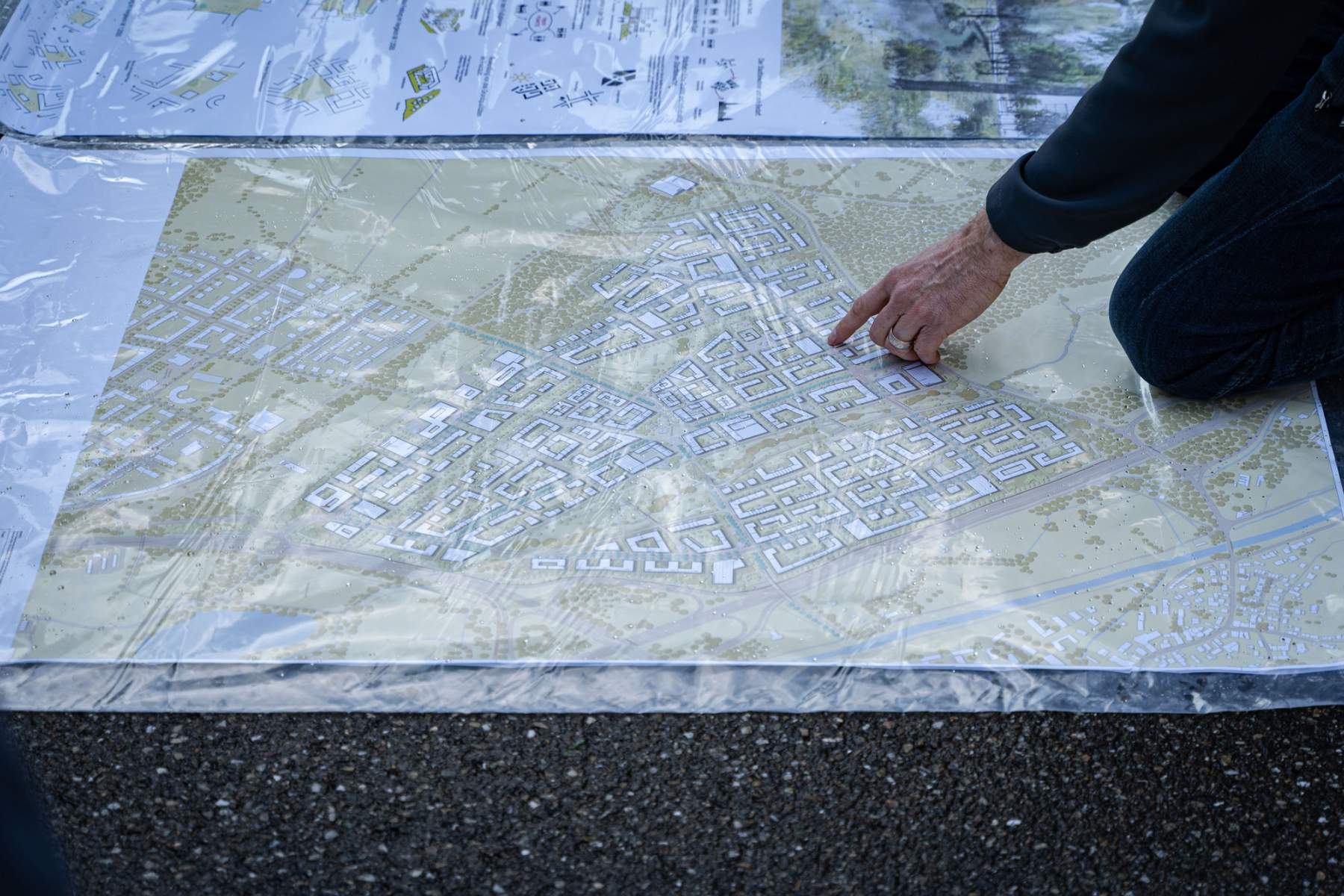

Urban plans of Dietenbach.
Photo: Sévérine Kpoti, © Biennale für Freiburg 2
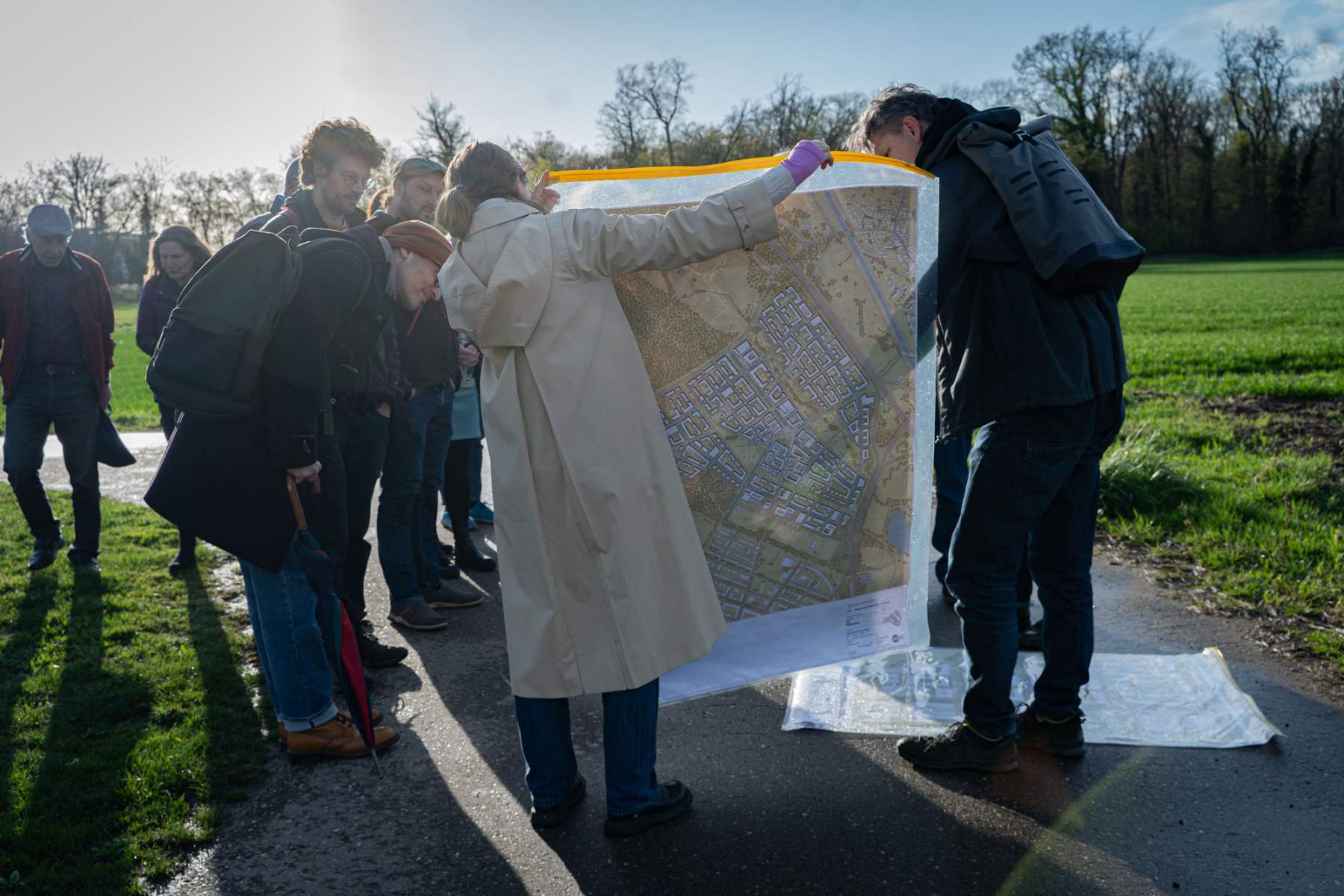

Photo: Sévérine Kpoti, © Biennale für Freiburg 2
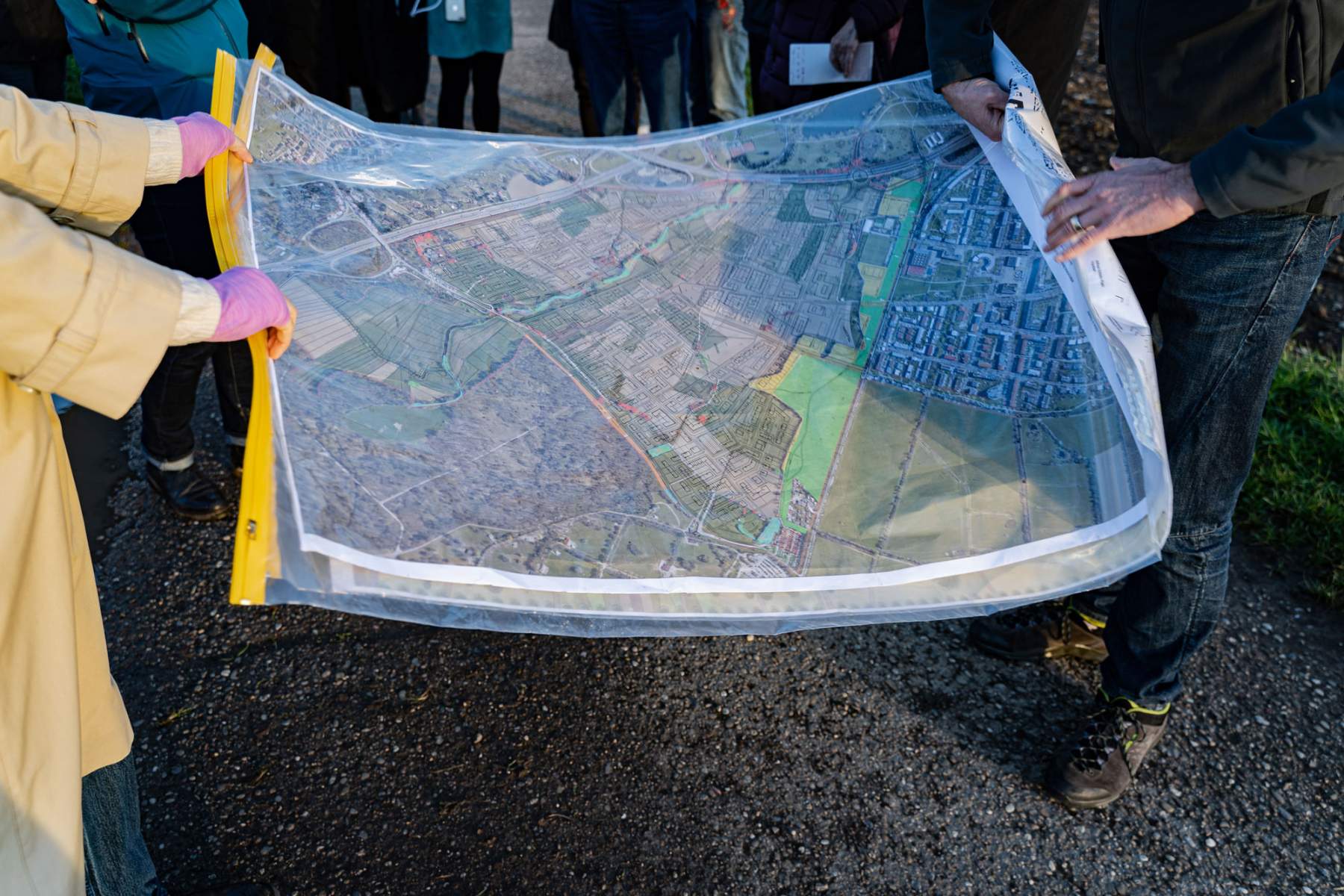

Photo: Sévérine Kpoti, © Biennale für Freiburg 2
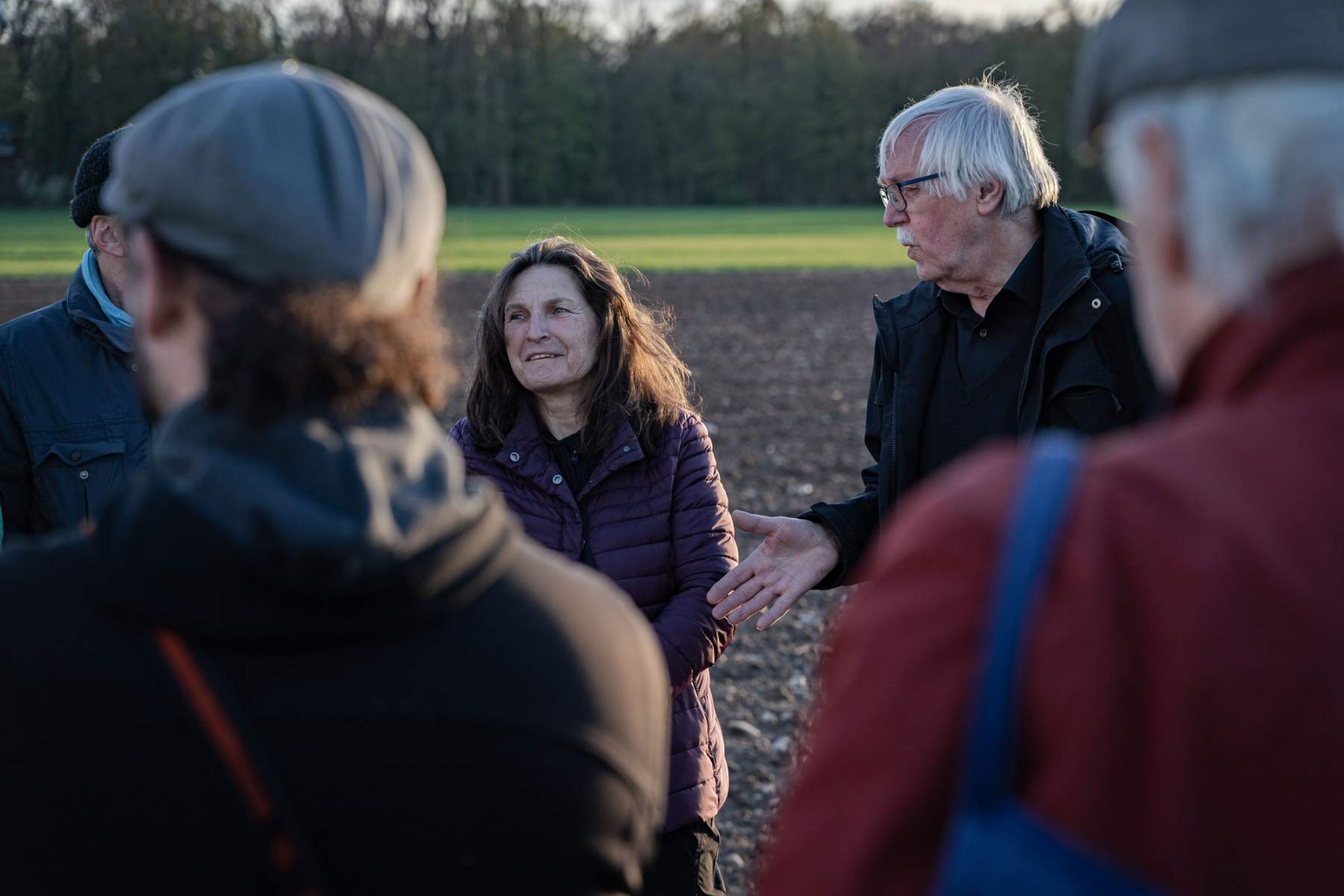

Photo: Sévérine Kpoti, © Biennale für Freiburg 2
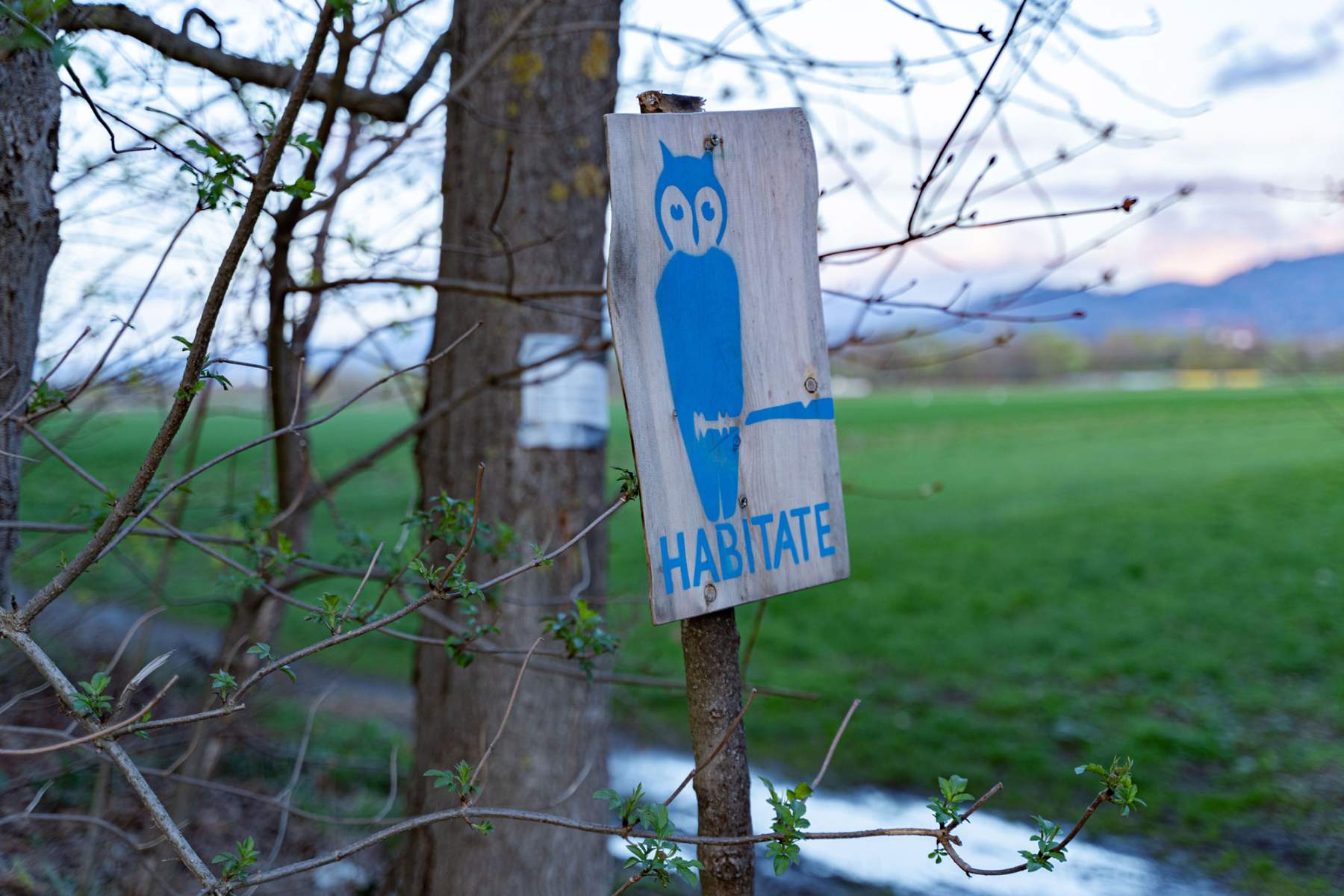

Photo: Sévérine Kpoti, © Biennale für Freiburg 2
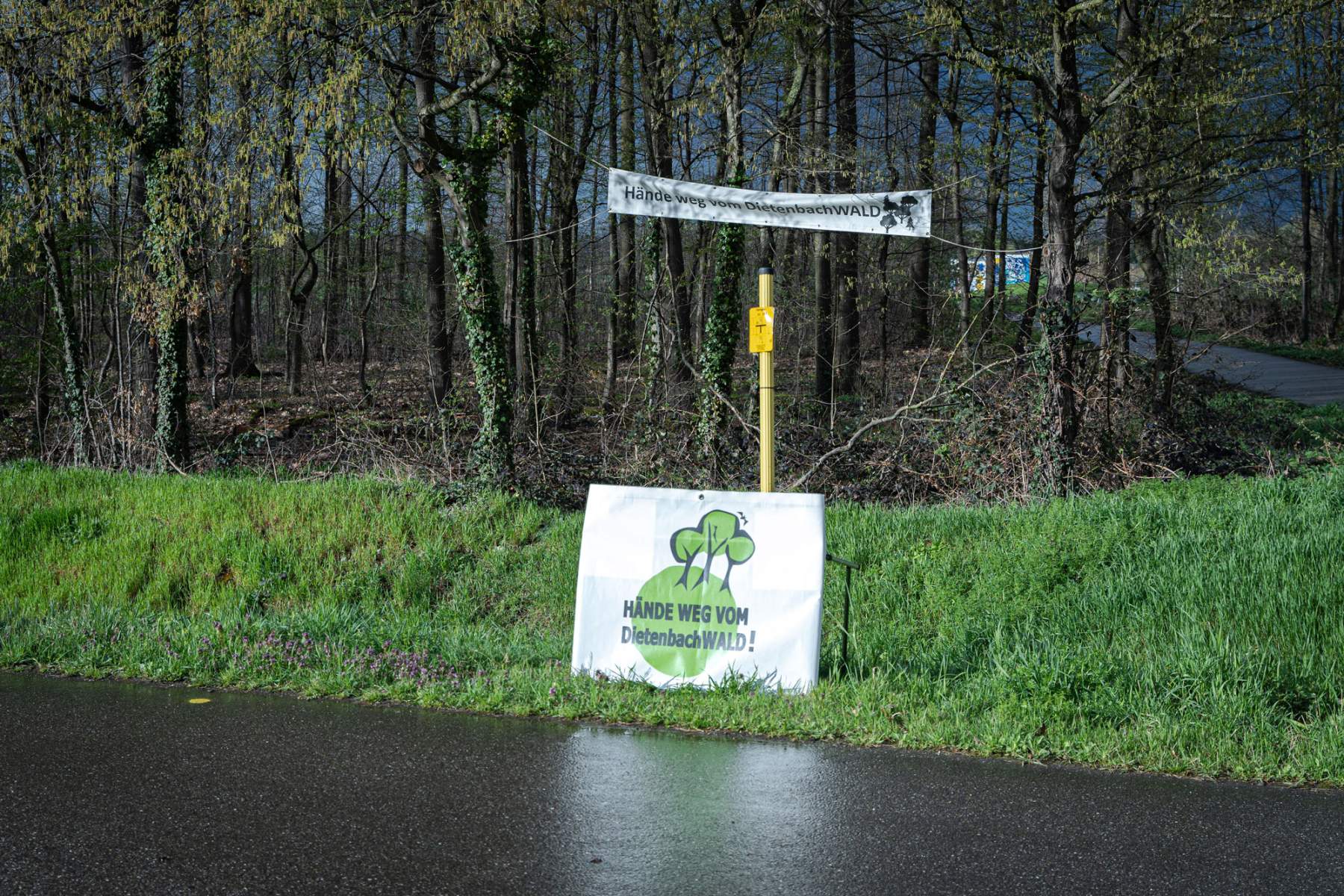

Photo: Sévérine Kpoti, © Biennale für Freiburg 2
Pflaster:
Postcolonial Urban History
Hörsaal Anatomie Universität Freiburg
22.03 / 18:00
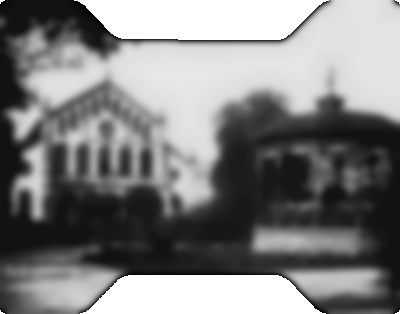
In this street talk, Heiko Wegmann, the founder of freiburg-postkolonial, shows how closely Freiburg’s inner city is interwoven with the history of colonialism
… MorePflaster:
Postcolonial Urban History
22.03.2023 / 18:00 / Hörsaal Anatomie Universität Freiburg
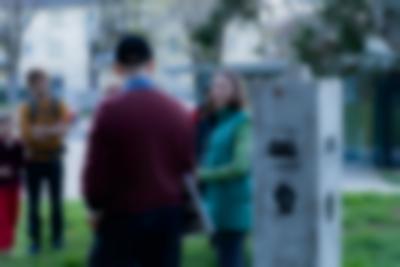
Heiko Wegmann (Freiburg Postkolonial) and Paula Kommoss (Artistic Director, Biennale für Freiburg 2) begin the Pflaster in front of the fragmentary Alexander Ecker memorial.
Photo: Sévérine Kpoti, © Biennale für Freiburg 2
PFLASTER: STREET TALKS IN AND ABOUT FREIBURG
POSTCOLONIAL URBAN HISTORY WITH HEIKO WEGMANN (FREIBURG-POSTKOLONIAL)
Wednesday, 22. March 2023, 6 p.m.
Meeting point: Anatomy Lecture Hall, University of Freiburg, Albertstraße 17, 79104 Freiburg
How closely Freiburg’s inner city is interwoven with the history of colonialism is a question that Heiko Wegmann, the founder of freiburg-postkolonial, will reflect in this street talk. Today, these complicated relations are only visible in a few places. However, for many locations and monuments, their entanglement with colonial history can be traced back through photographic evidence, daily newspapers, and other contemporary historical documents.
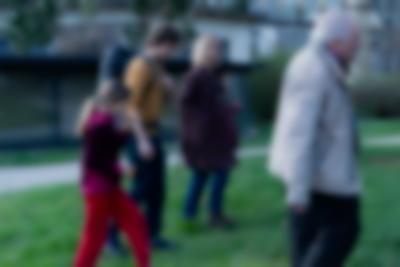
Photo: Sévérine Kpoti, © Biennale für Freiburg 2
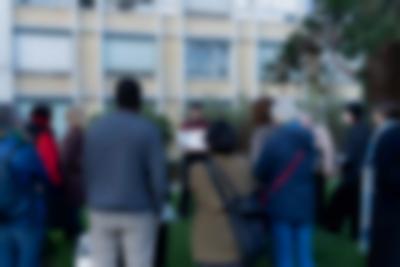
Photo: Sévérine Kpoti, © Biennale für Freiburg 2
In the PFLASTER series, the Biennale für Freiburg 2 invites experts from different fields to examine the circumstances and stories of specific urban contexts during guided walks. While walking through Freiburg, the street talks open up a space to reflect together on the potentials of social movements: how, for example, does feminist representation manifest itself in public space? Furthermore, the conversations will critically reflect upon aspects of Freiburg’s colonial urban history and examine the current realities of life on the street. Using existing resources and expert knowledge from within the city, PFLASTER aims to sharpen the focus on the historical and contemporary layers of meaning, (in)visibility and (in)accessibility of urban space. Participation in the street talks is free of charge.
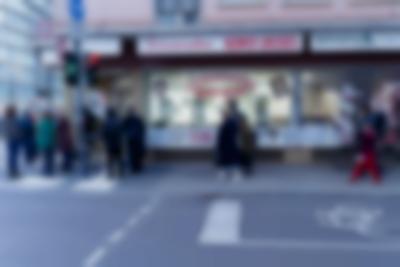
Photo: Sévérine Kpoti, © Biennale für Freiburg 2
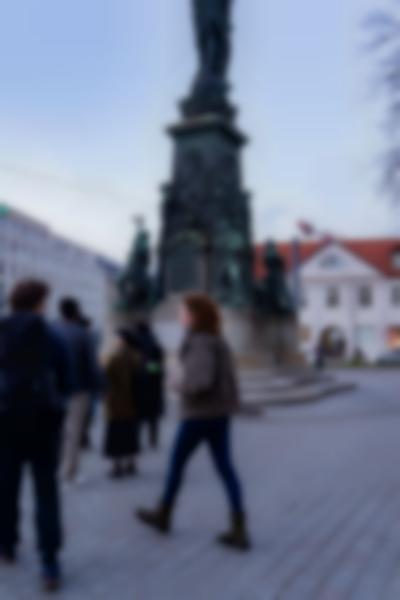
In front of the Victory Monument commemorating the Franco-Prussian War of 1870/71.
Photo: Sévérine Kpoti, © Biennale für Freiburg 2
The PFLASTER series is spart of the prologue of the Biennale für Freiburg 2, taking place from February to May 2023. The prologue events, including a film program, street talks, performative interventions, and workshops set impulses for the exhibition, which will be on view at various locations in Freiburg from June 16 to July 30, 2023.
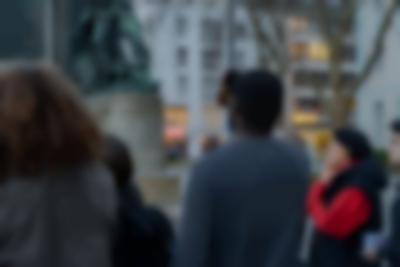
Photo: Sévérine Kpoti, © Biennale für Freiburg 2
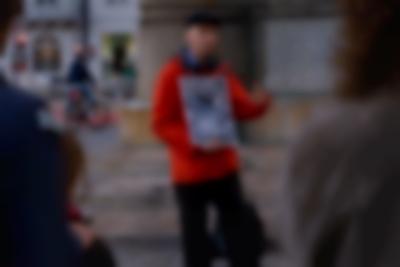
Photo: Sévérine Kpoti, © Biennale für Freiburg 2
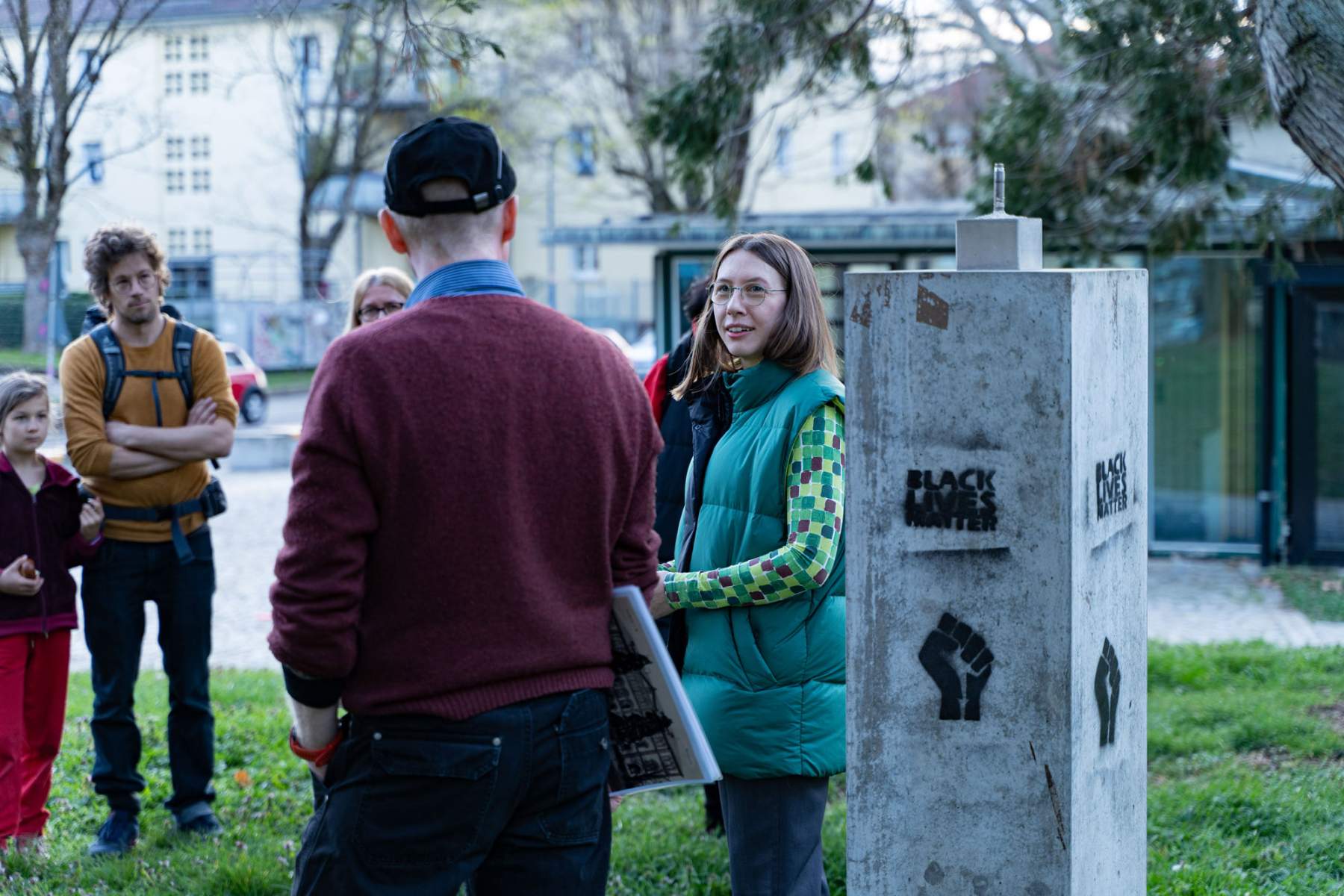

Heiko Wegmann (Freiburg Postkolonial) and Paula Kommoss (Artistic Director, Biennale für Freiburg 2) begin the Pflaster in front of the fragmentary Alexander Ecker memorial.
Photo: Sévérine Kpoti, © Biennale für Freiburg 2
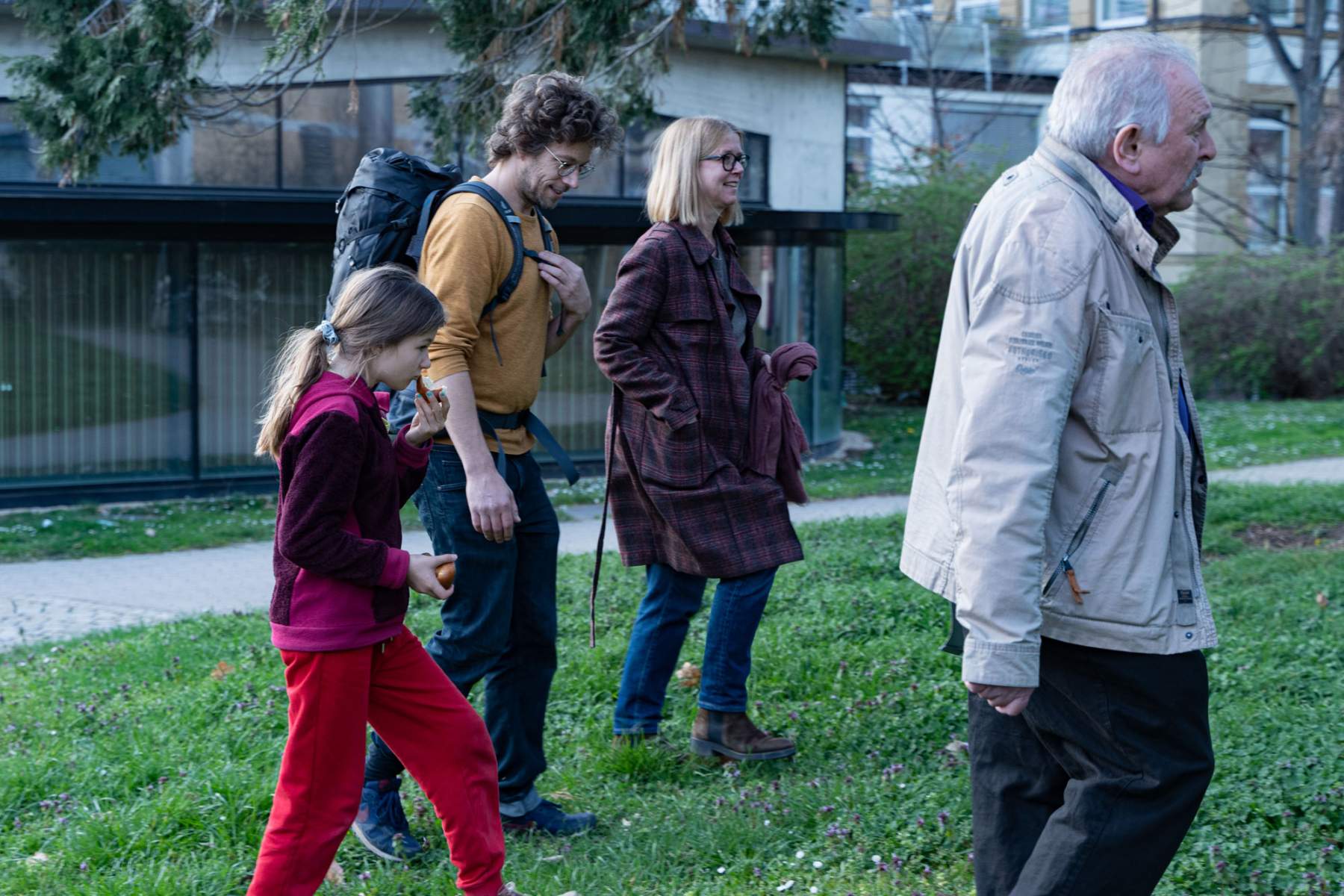

Photo: Sévérine Kpoti, © Biennale für Freiburg 2
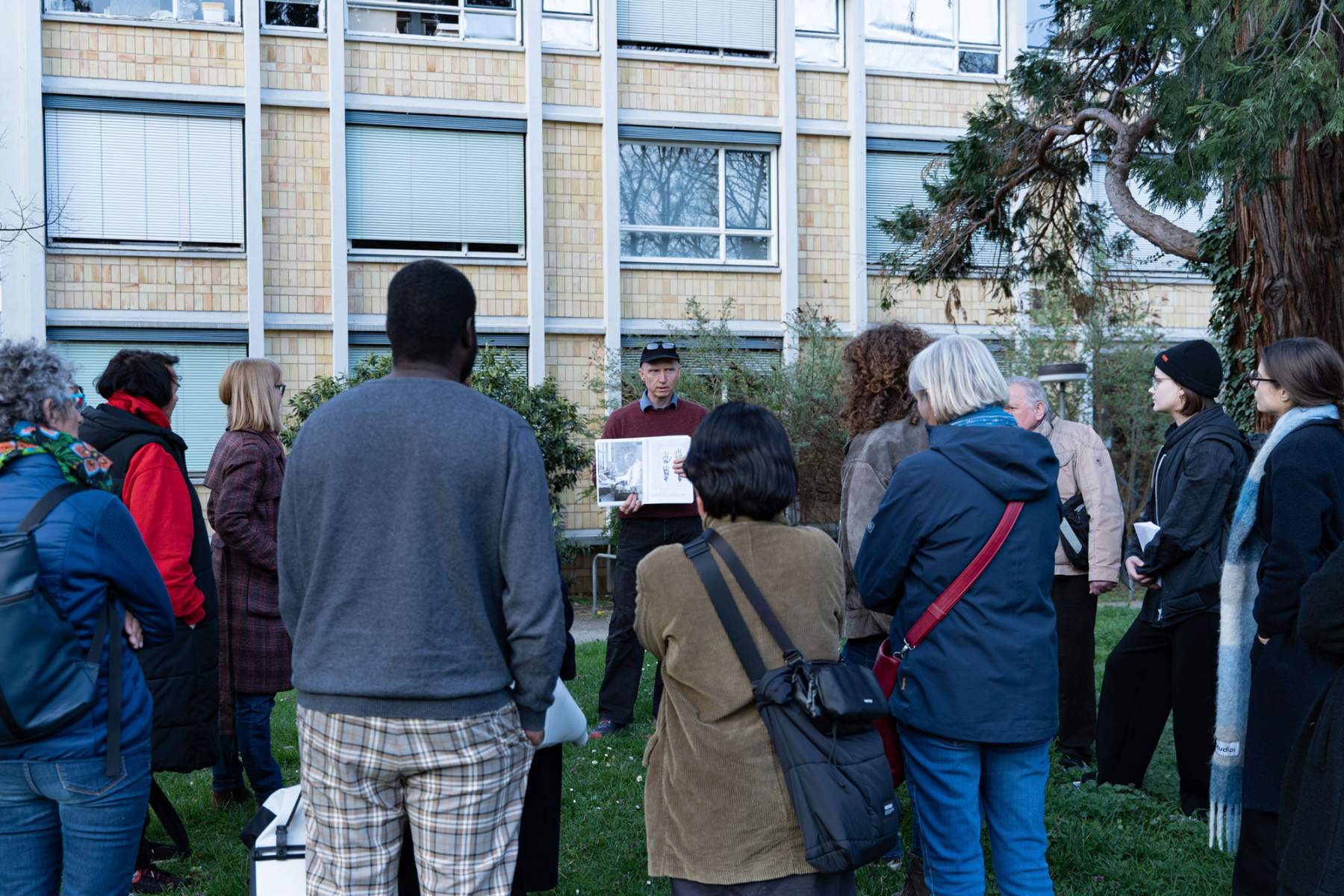

Photo: Sévérine Kpoti, © Biennale für Freiburg 2
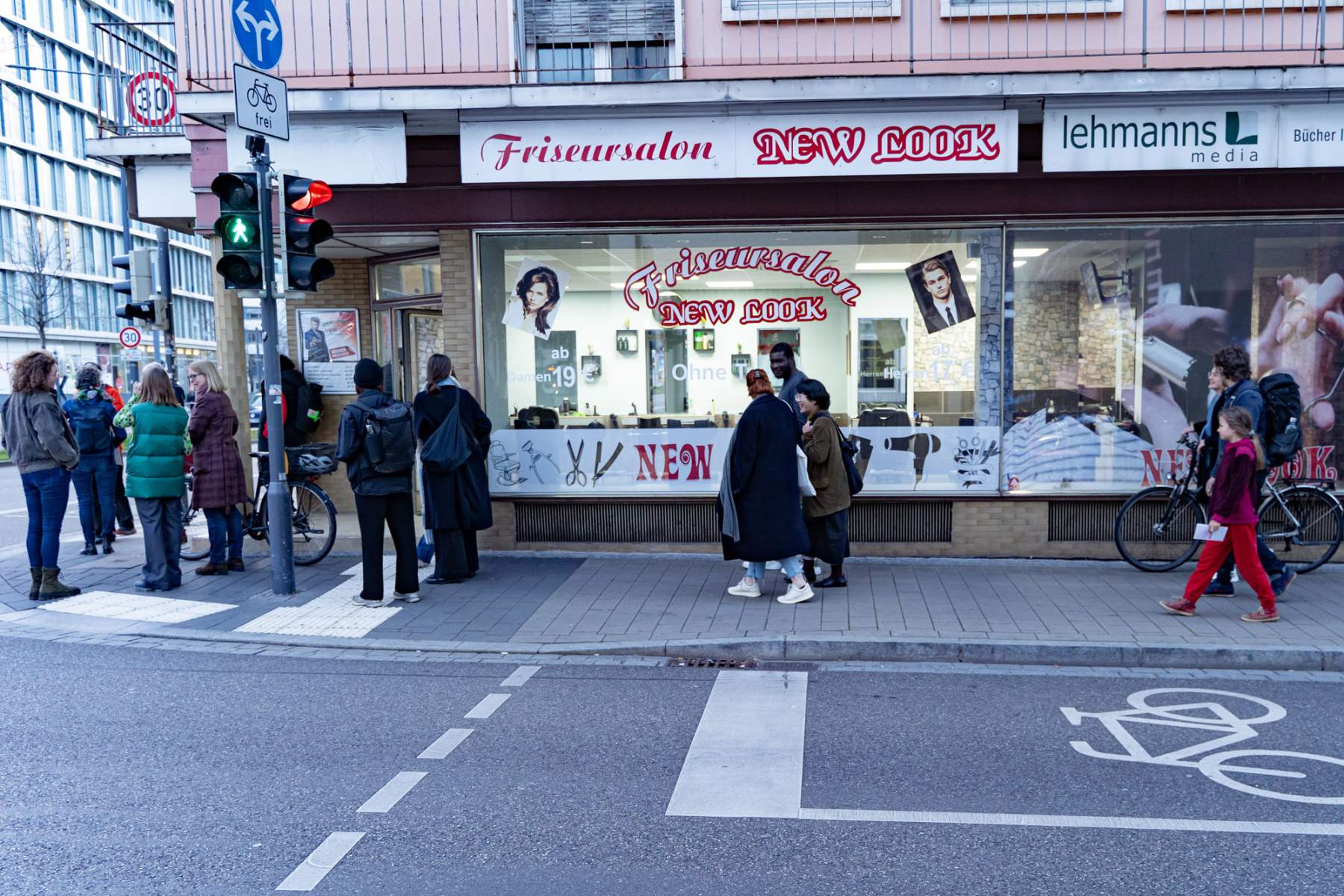

Photo: Sévérine Kpoti, © Biennale für Freiburg 2
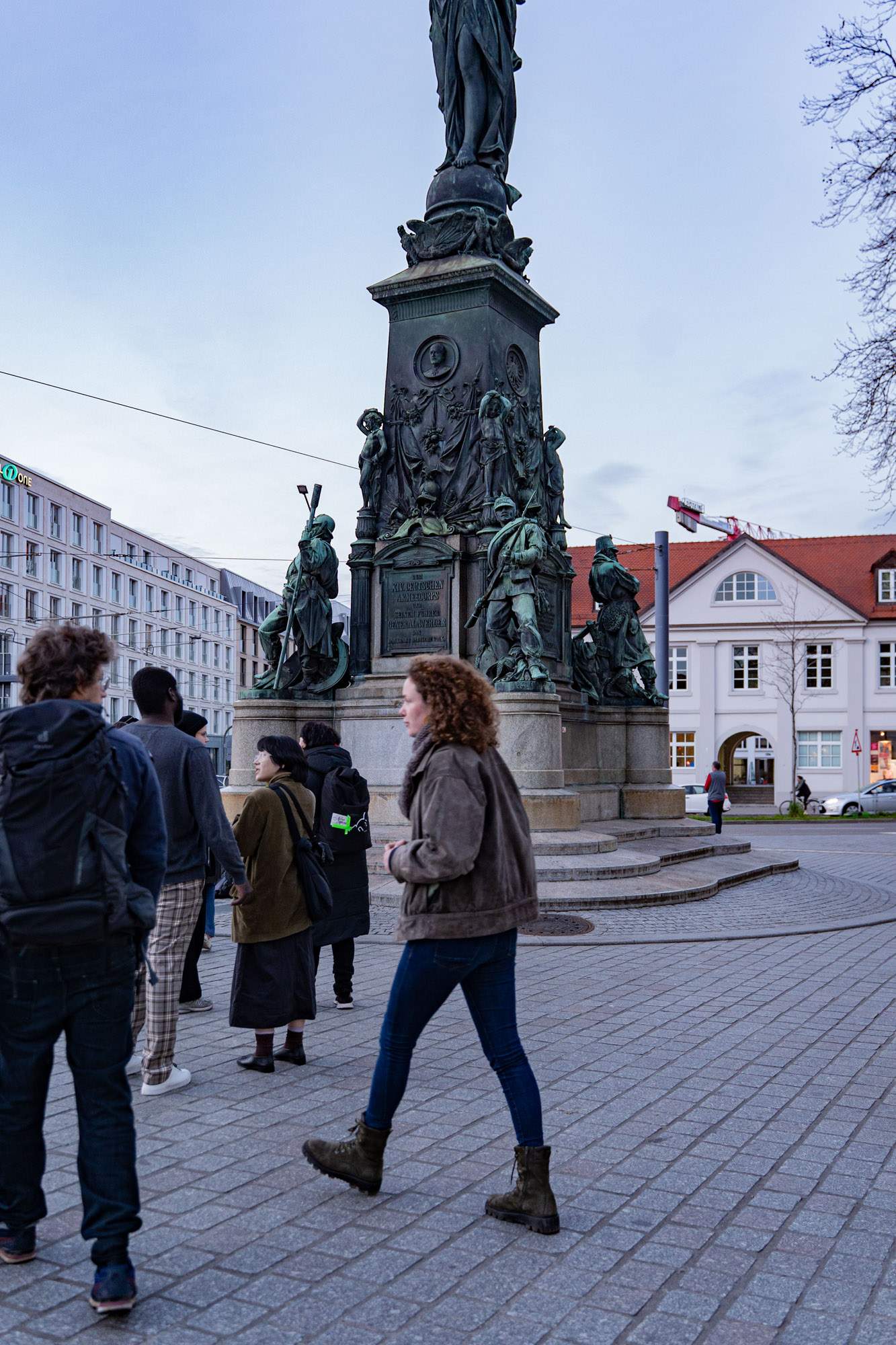

In front of the Victory Monument commemorating the Franco-Prussian War of 1870/71.
Photo: Sévérine Kpoti, © Biennale für Freiburg 2
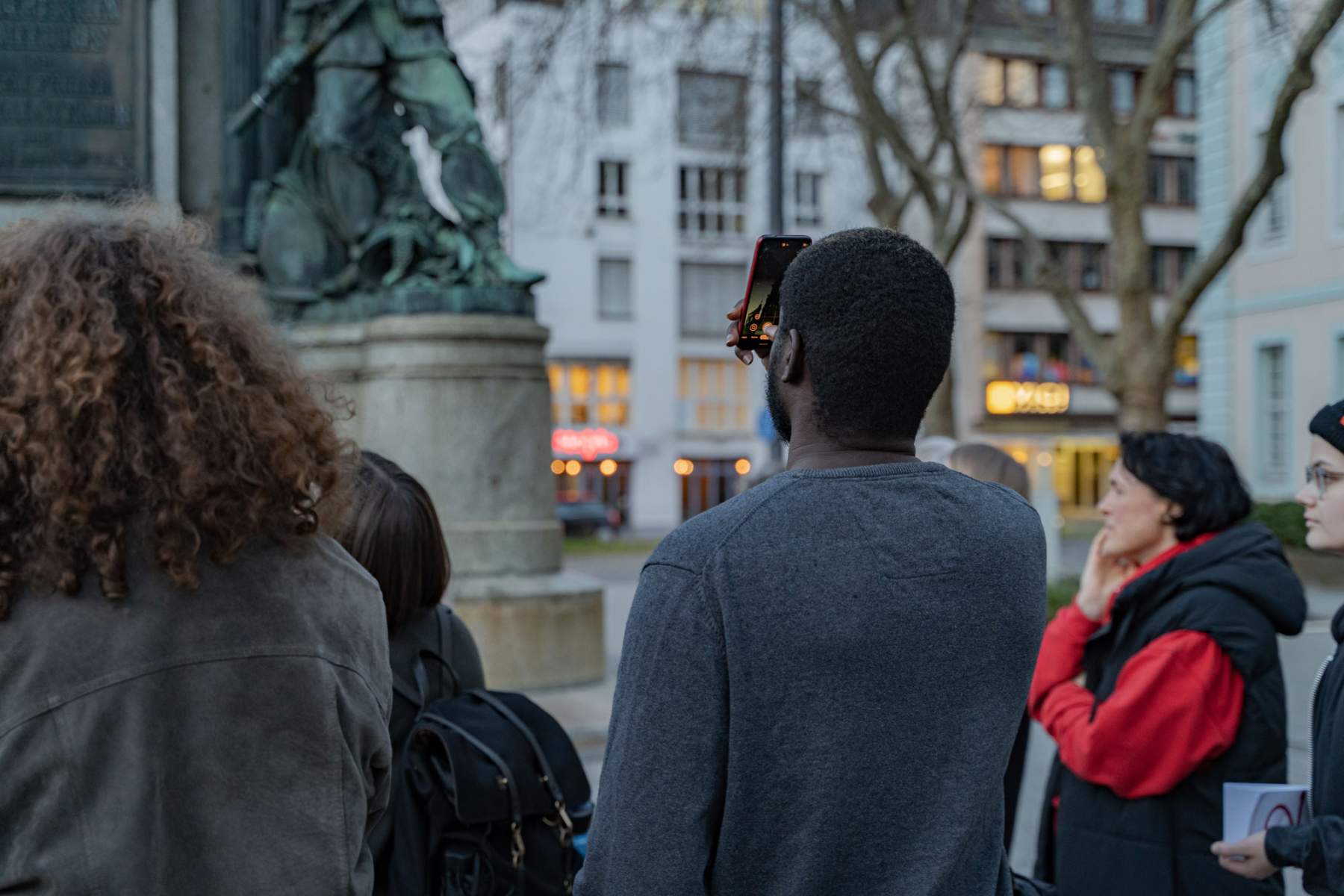

Photo: Sévérine Kpoti, © Biennale für Freiburg 2
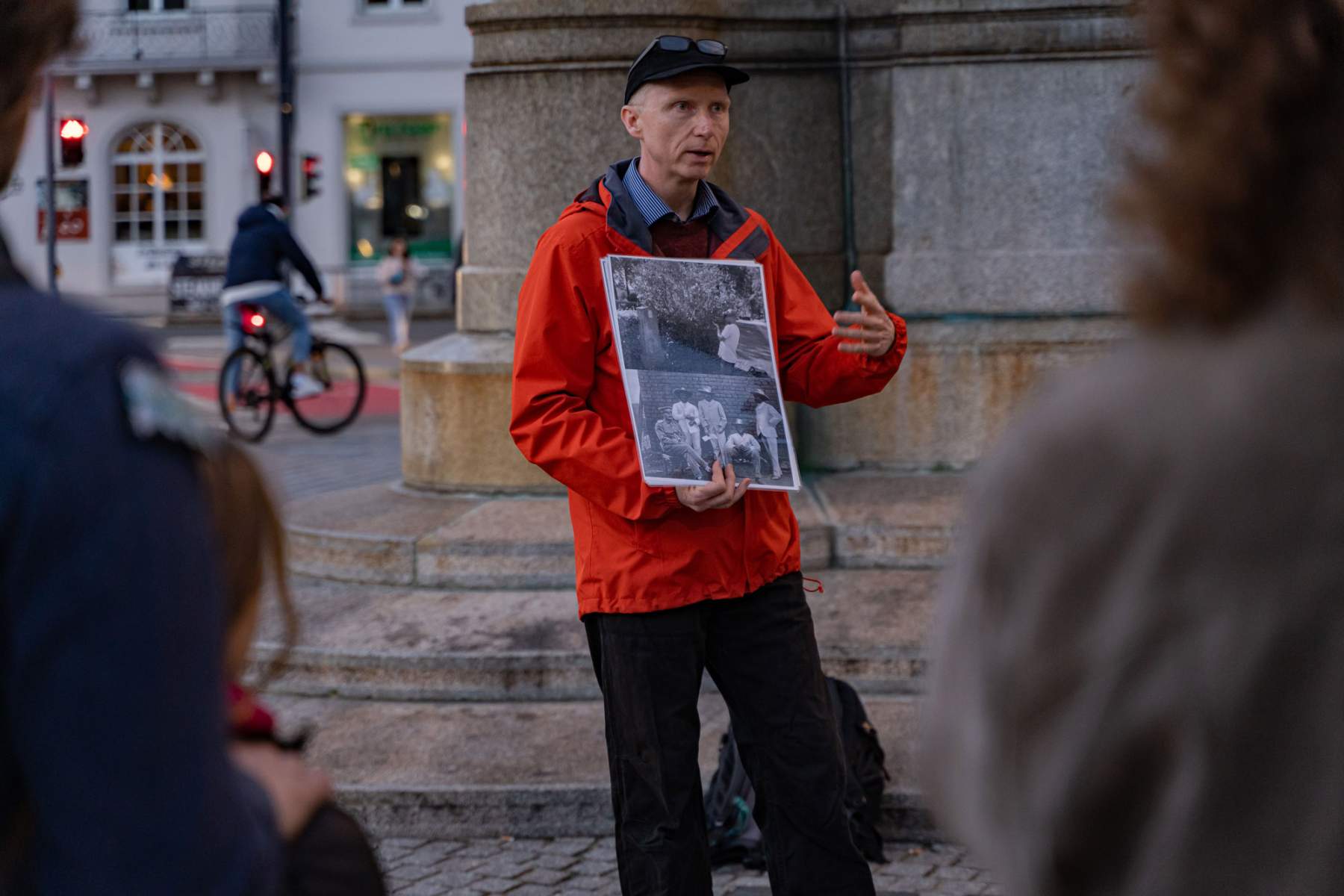

Photo: Sévérine Kpoti, © Biennale für Freiburg 2
Pflaster:
Feminist History in the Stühlinger
Forgotten Coat Memorial
16.03 / 18:00
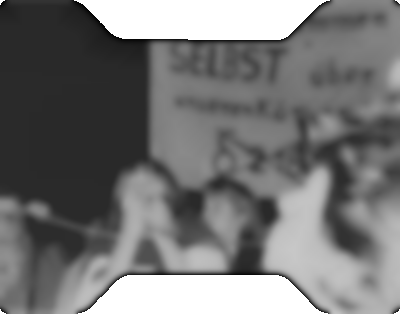
Birgit Heidtke and Hannah Kindler report on their research processes, the visualization of feminist history, and their activist work
… MorePflaster:
Feminist History in the Stühlinger
16.03.2023 / 18:00 / Forgotten Coat Memorial
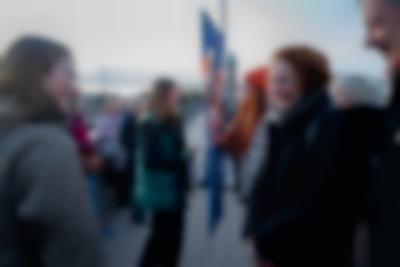
At the Forgotten Coat Memorial, Wiwilí-Brücke.
Photo: Sévérine Kpoti, © Biennale für Freiburg 2
PFLASTER: STREET TALKS IN AND ABOUT FREIBURG
FEMINIST HISTORY IN THE STÜHLINGER WITH BIRGIT HEIDTKE (FEMINISTISCHE GESCHICHTSWERKSTATT) X HANNAH KINDLER (SOMEBODY*IES)
Thursday, March 16, 2023, 6 p.m.
Meeting point: Forgotten Coat Memorial, Wiwilí-Brücke / Konrad-Adenauer-Platz, bridge entrance city side, 79098 Freiburg
Stühlinger and the places that comprise it can reveal a lot from a queer-feminist perspective. Birgit Heidtke (freelance historian and part of the Feministische Geschichtswerkstatt Freiburg) and Hannah Kindler (artist and member of artist collectives somebody*ies and M.A.R.S Maternal Artistic Research Studio) track down these rarely told stories and little-known places in their research processes.
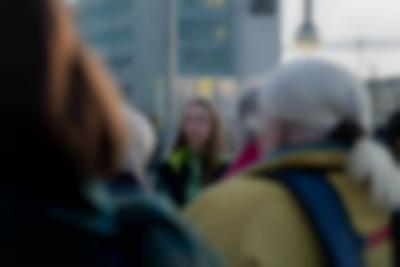
Paula Kommoss (Artistic Director, Biennale für Freiburg 2) welcomes the participants.
Photo: Sévérine Kpoti, © Biennale für Freiburg 2
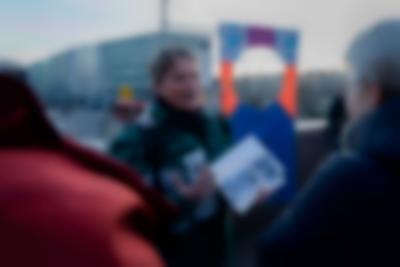
Birgit Heidtke of the Feministische Geschichtswerkstatt begins the Pflaster.
Photo: Sévérine Kpoti, © Biennale für Freiburg 2
On the street, sites of feminist memory can be found everywhere in the city. In Stühlinger, these sites primarily recall work done by women from all walks of life. In times of war and peace, they worked in the factories and on the railroads. They were out and about in the district as waitresses, postwomen, servants, artists. They lived in Freiburg or the surrounding valleys, some had migrated from further away. Some of them were abducted and disenfranchised forced laborers.
The walk stops at the Löwenkeller restaurant, demolished in 1990. For many generations of the workers’ movements, it was a popular meeting place. For Jewish citizens of Freiburg, it became a place of duress in 1940, before their deportation to Gurs.
At the former Löwenkeller, the street talk delves into the hub of facilities for children and families and leads on to the culturally diverse businesses of the present day. Stühlinger memorials in the form of street names, commemorative plaques, and memorial stones will be examined on the go.
Let’s do feminist history—on the streets and beneath them: with a warm bar at the end.
Text by Birgit Heidtke and Hannah Kindler
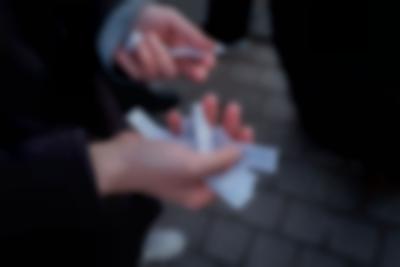
Photo: Sévérine Kpoti, © Biennale für Freiburg 2
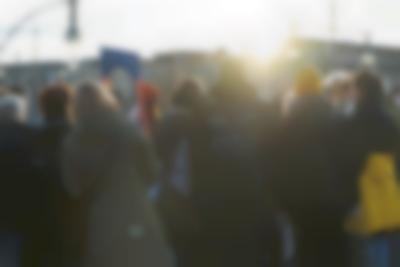
Photo: Sévérine Kpoti, © Biennale für Freiburg 2
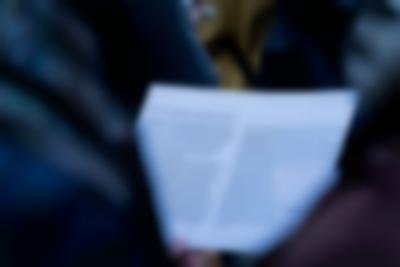
Photo: Sévérine Kpoti, © Biennale für Freiburg 2
In the PFLASTER series, the Biennale für Freiburg 2 invites experts from different fields to examine the circumstances and stories of specific urban contexts during guided walks. While walking through Freiburg, the street talks open up a space to reflect together on the potentials of social movements: how, for example, does feminist representation manifest itself in public space? Furthermore, the conversations will critically reflect upon aspects of Freiburg’s colonial urban history and examine the current realities of life on the street. Using existing resources and expert knowledge from within the city, PFLASTER aims to sharpen the focus on the historical and contemporary layers of meaning, (in)visibility and (in)accessibility of urban space. Participation in the street talks is free of charge.
The PFLASTER series is spart of the prologue of the Biennale für Freiburg 2, taking place from February to May 2023. The prologue events, including a film program, street talks, performative interventions, and workshops set impulses for the exhibition, which will be on view at various locations in Freiburg from June 16 to July 30, 2023.
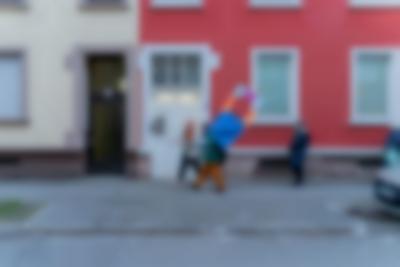
Photo: Sévérine Kpoti, © Biennale für Freiburg 2
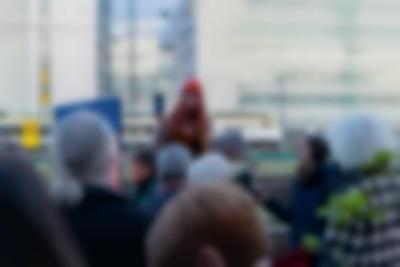
Hannah Kindler plays historical sound recordings of workers in Stühlinger.
Photo: Sévérine Kpoti, © Biennale für Freiburg 2
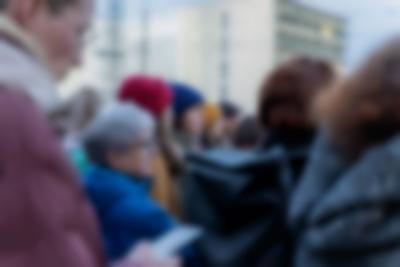
Photo: Sévérine Kpoti, © Biennale für Freiburg 2
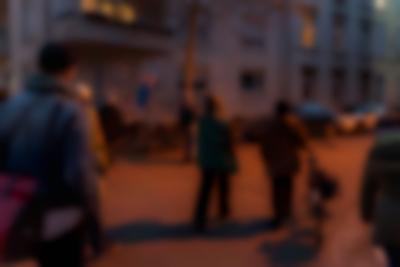
On the way to the former Löwenkeller.
Photo: Sévérine Kpoti, © Biennale für Freiburg 2
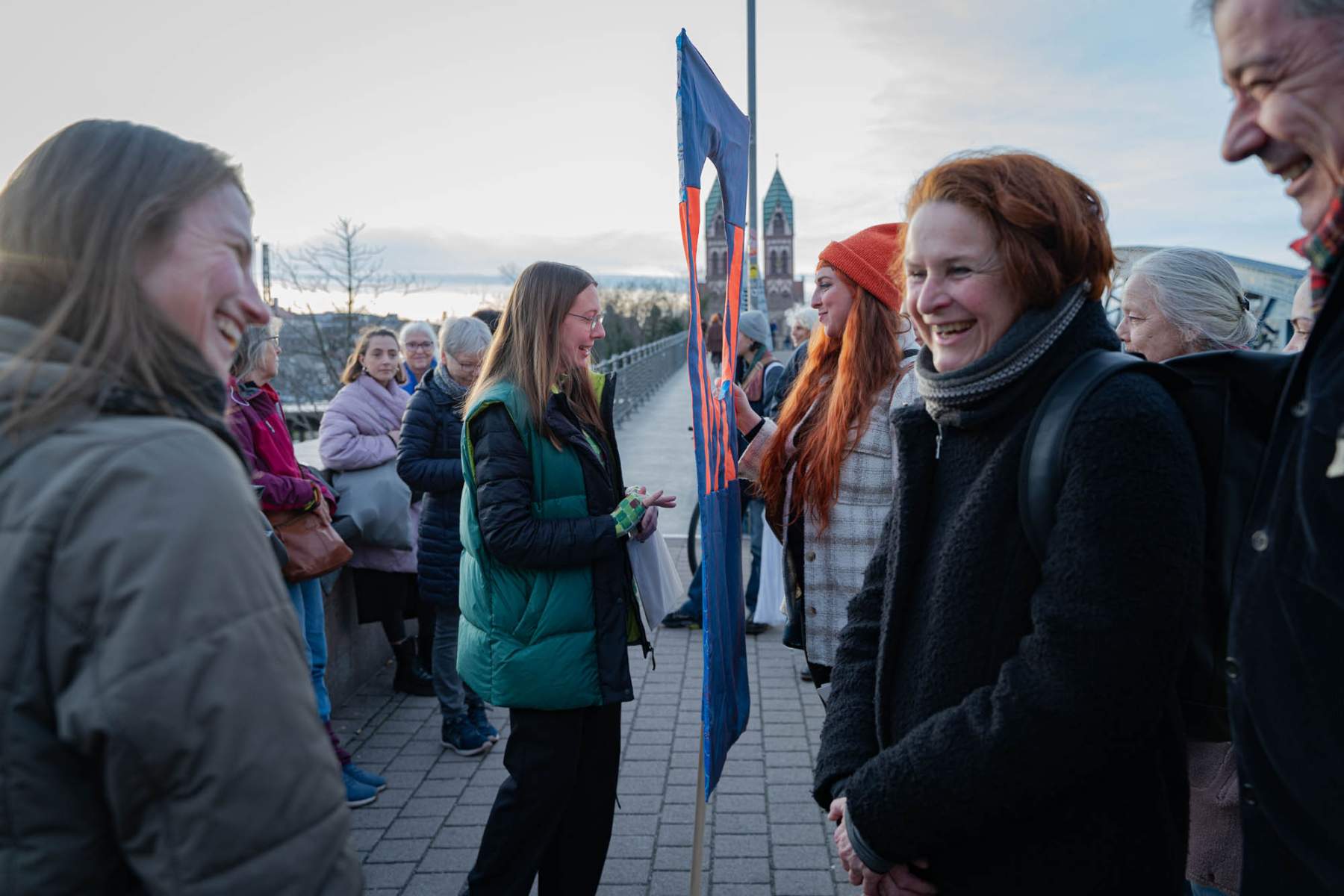

At the Forgotten Coat Memorial, Wiwilí-Brücke.
Photo: Sévérine Kpoti, © Biennale für Freiburg 2
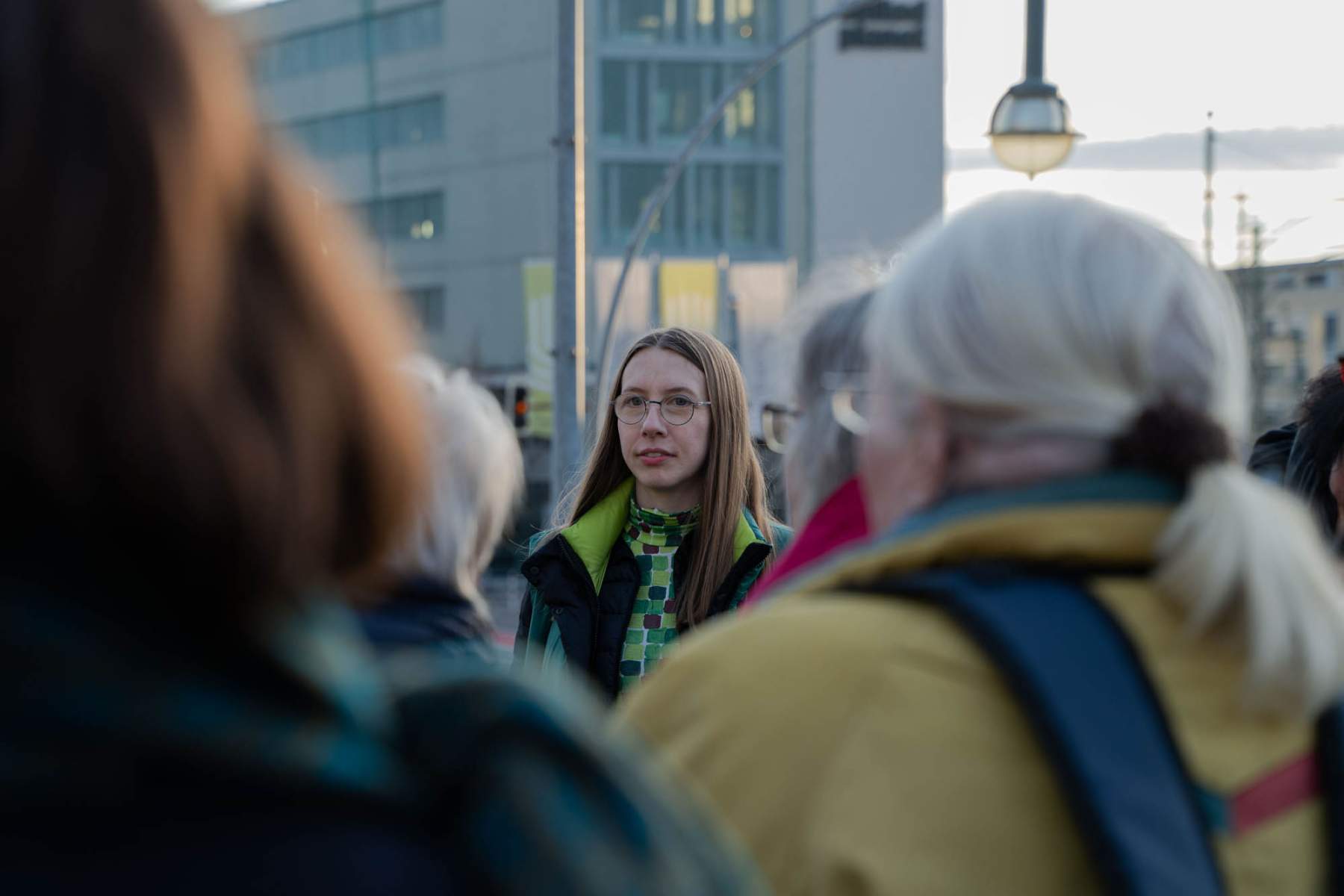

Paula Kommoss (Artistic Director, Biennale für Freiburg 2) welcomes the participants.
Photo: Sévérine Kpoti, © Biennale für Freiburg 2
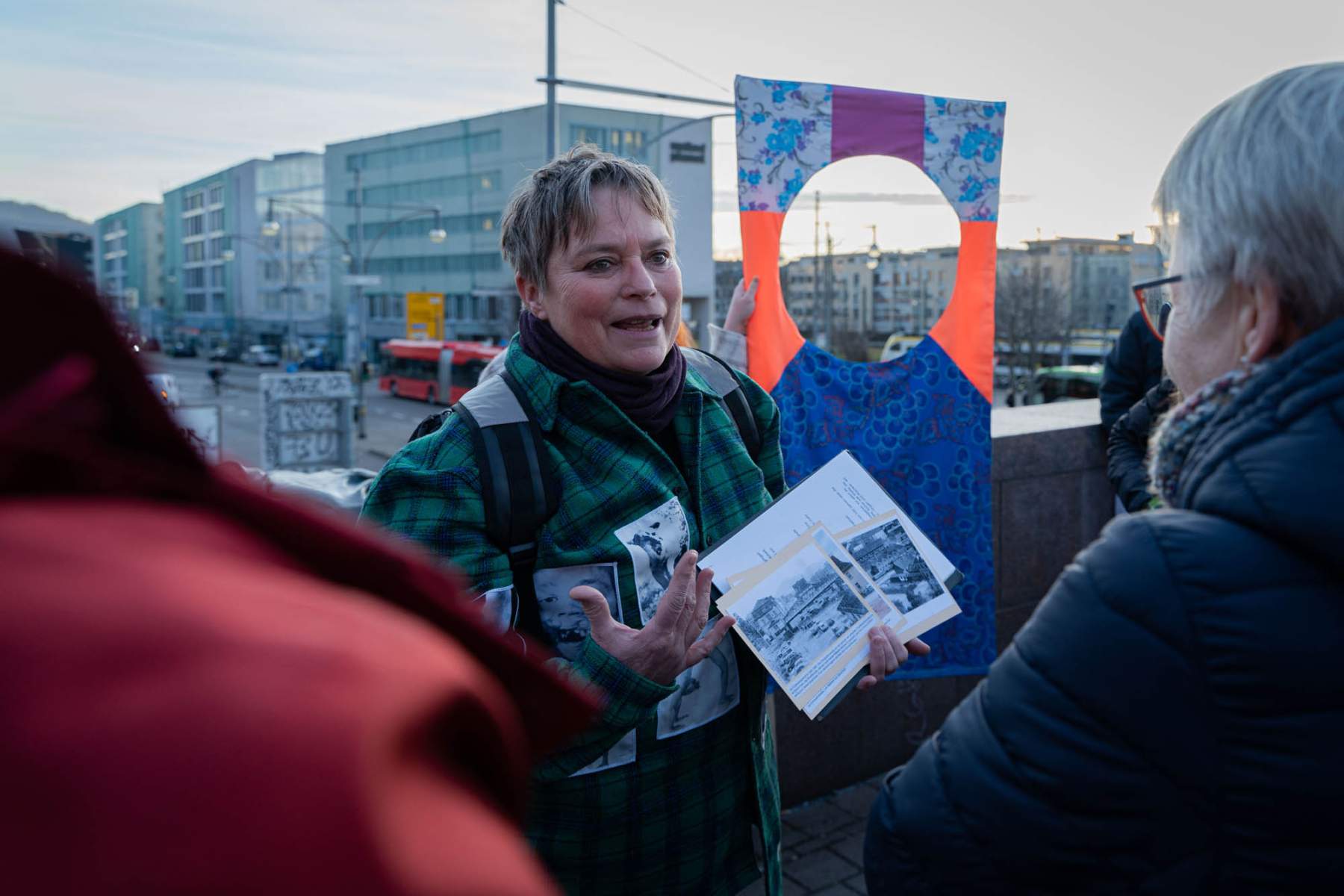

Birgit Heidtke of the Feministische Geschichtswerkstatt begins the Pflaster.
Photo: Sévérine Kpoti, © Biennale für Freiburg 2
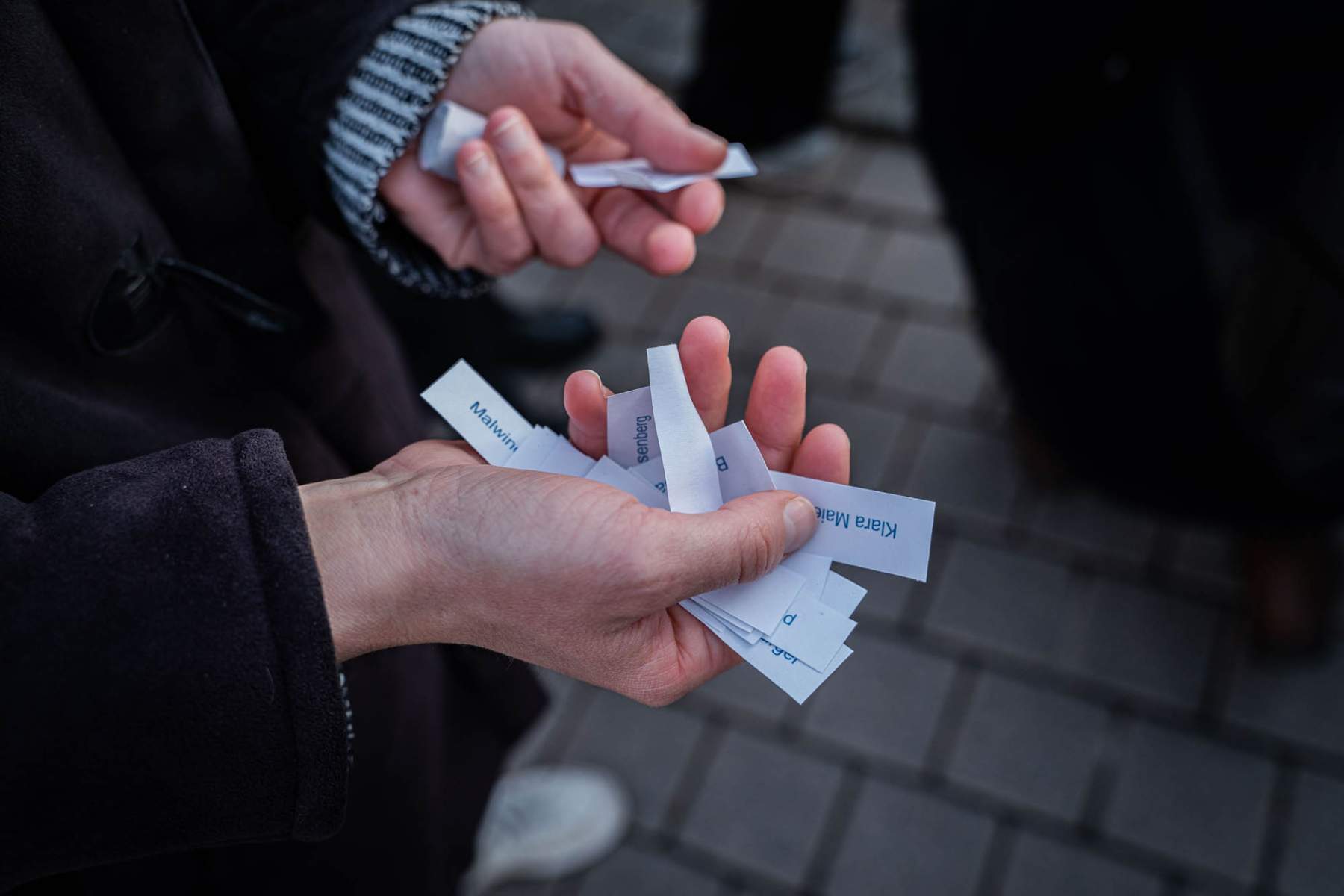

Photo: Sévérine Kpoti, © Biennale für Freiburg 2
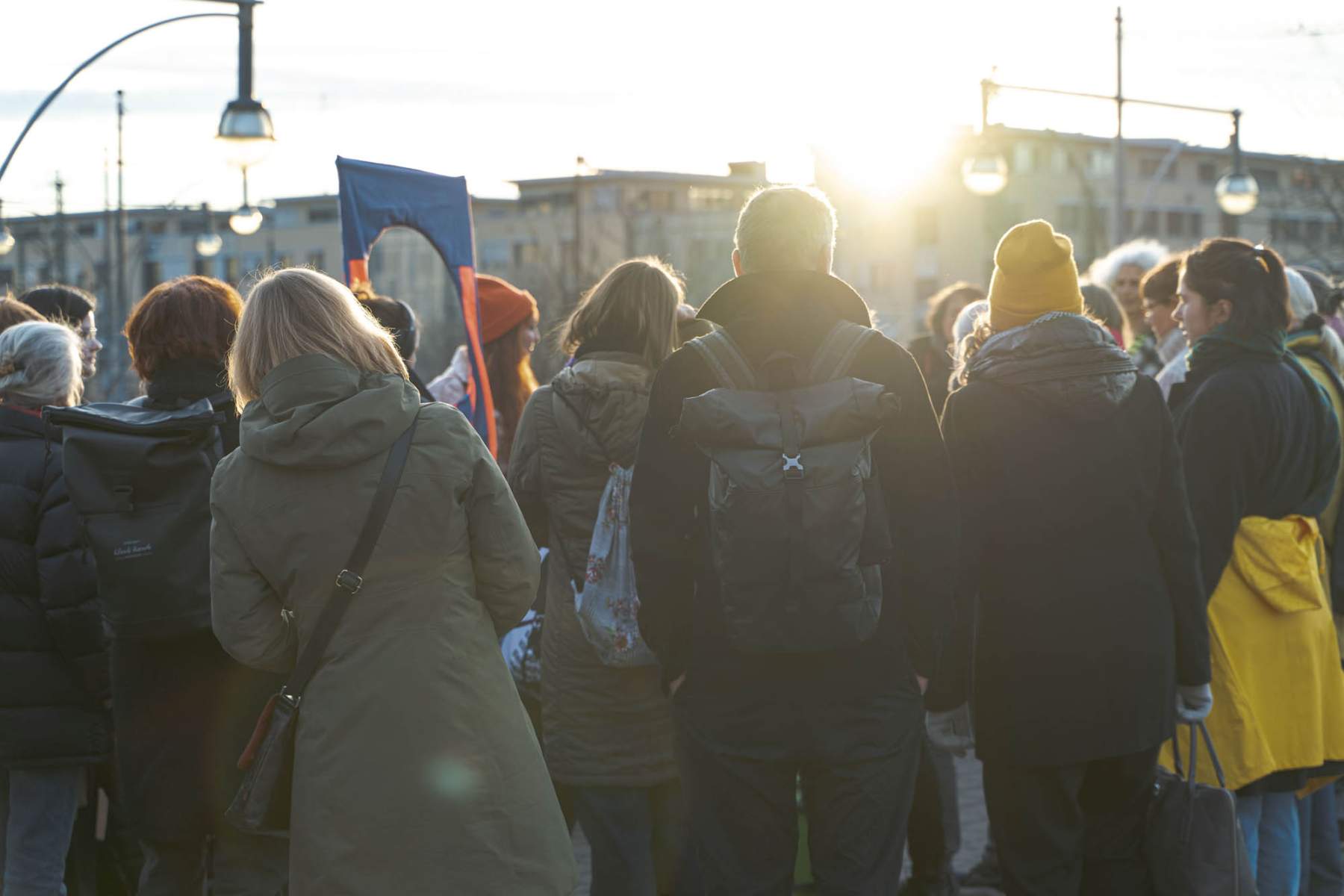

Photo: Sévérine Kpoti, © Biennale für Freiburg 2
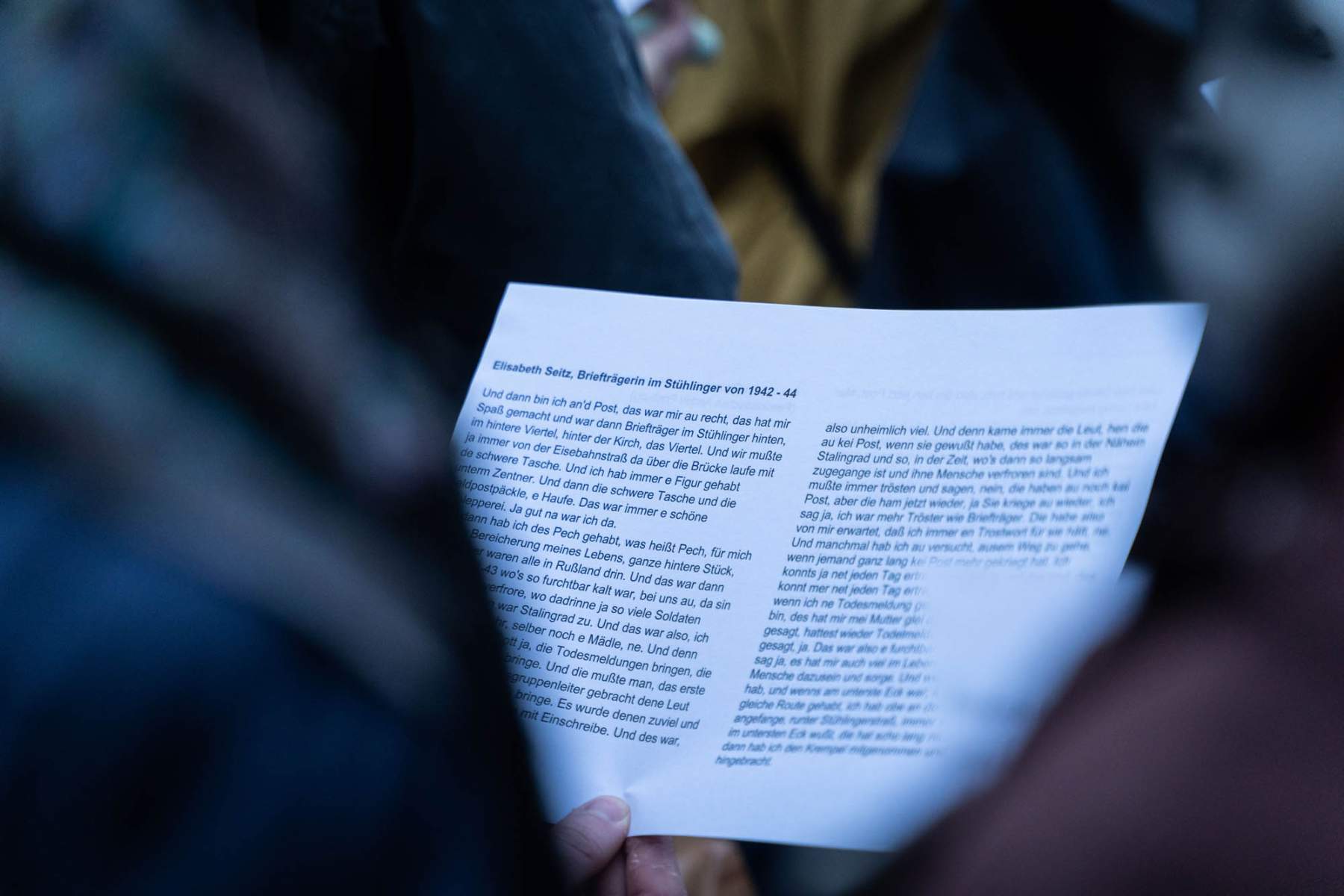

Photo: Sévérine Kpoti, © Biennale für Freiburg 2
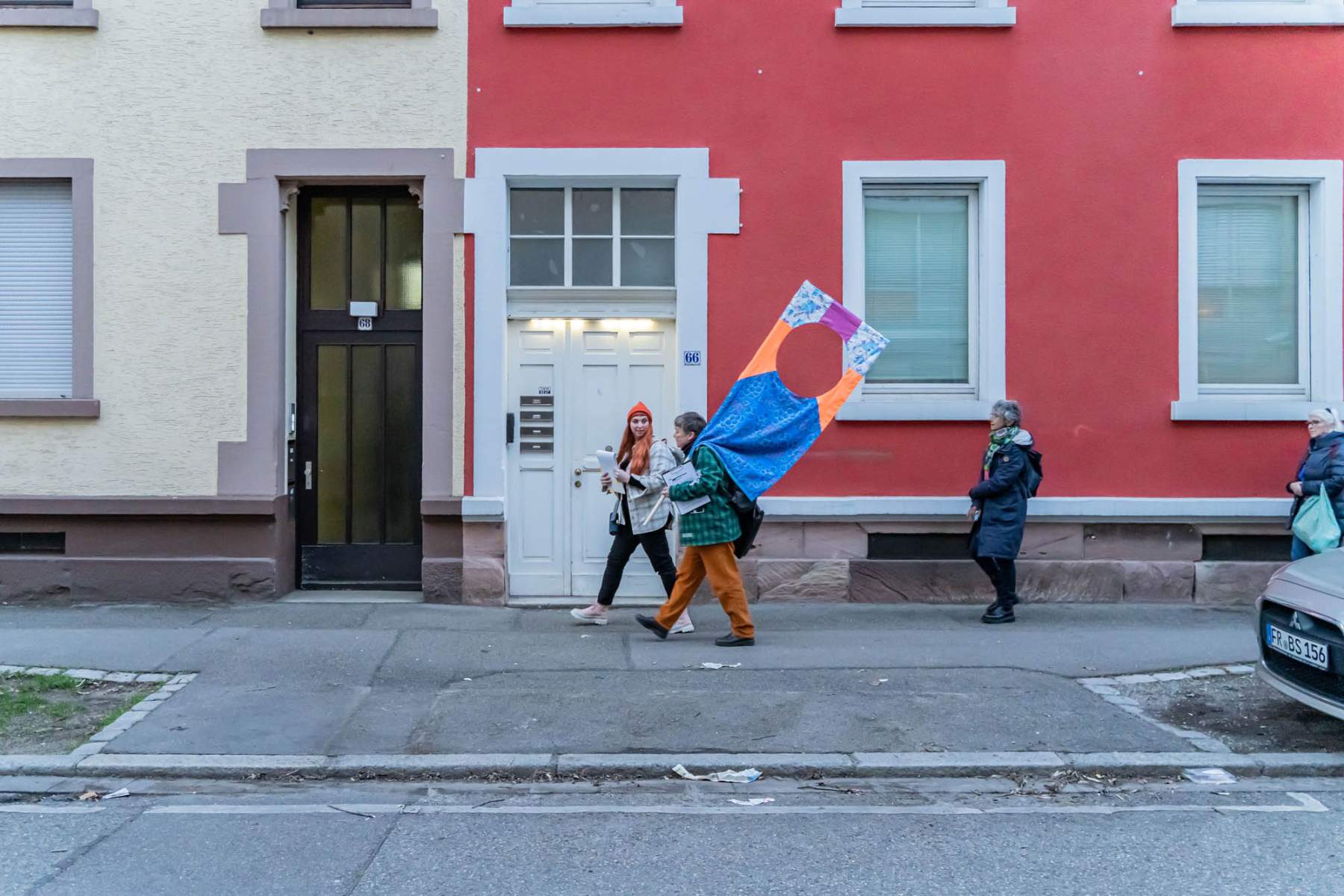

Photo: Sévérine Kpoti, © Biennale für Freiburg 2
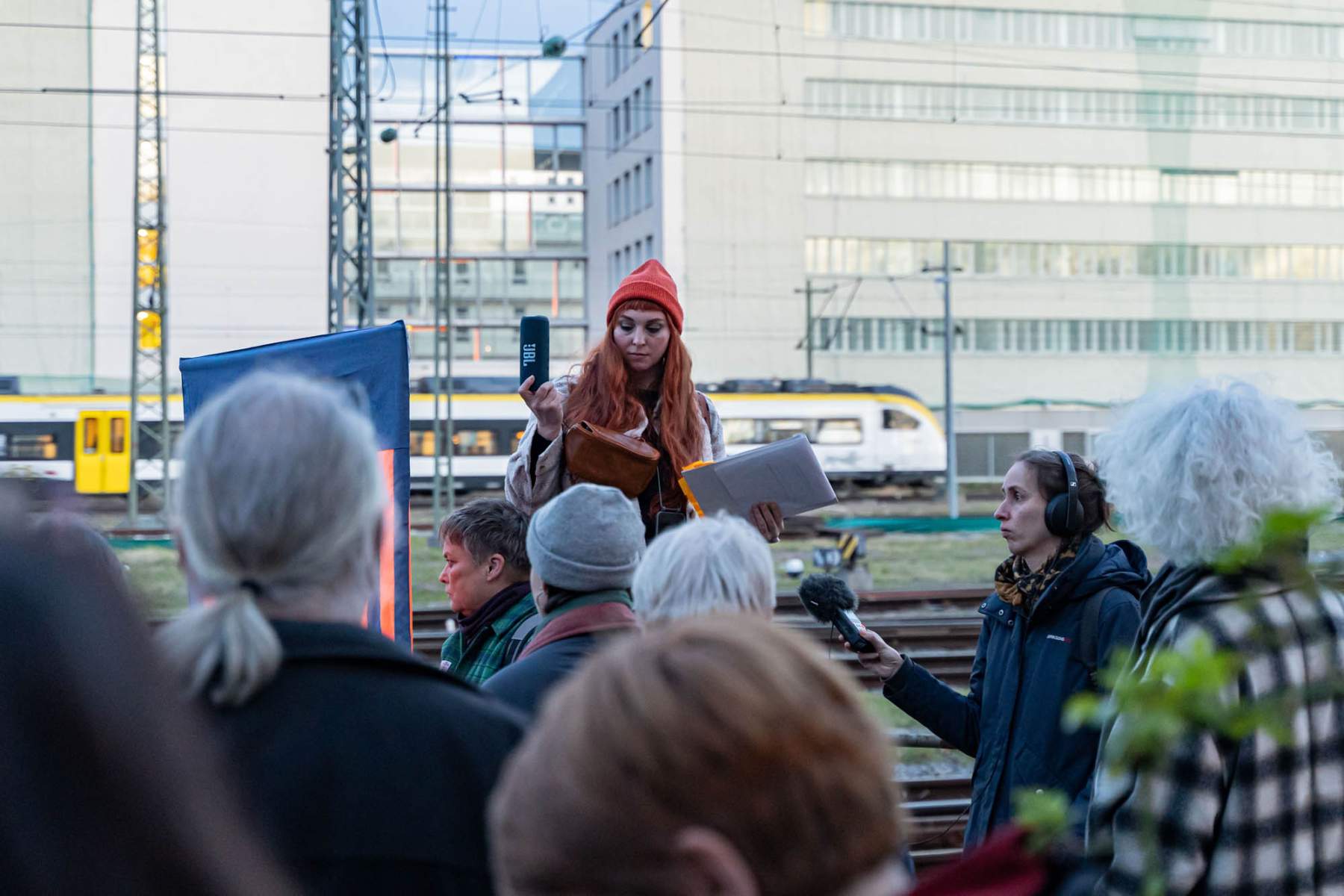

Hannah Kindler plays historical sound recordings of workers in Stühlinger.
Photo: Sévérine Kpoti, © Biennale für Freiburg 2
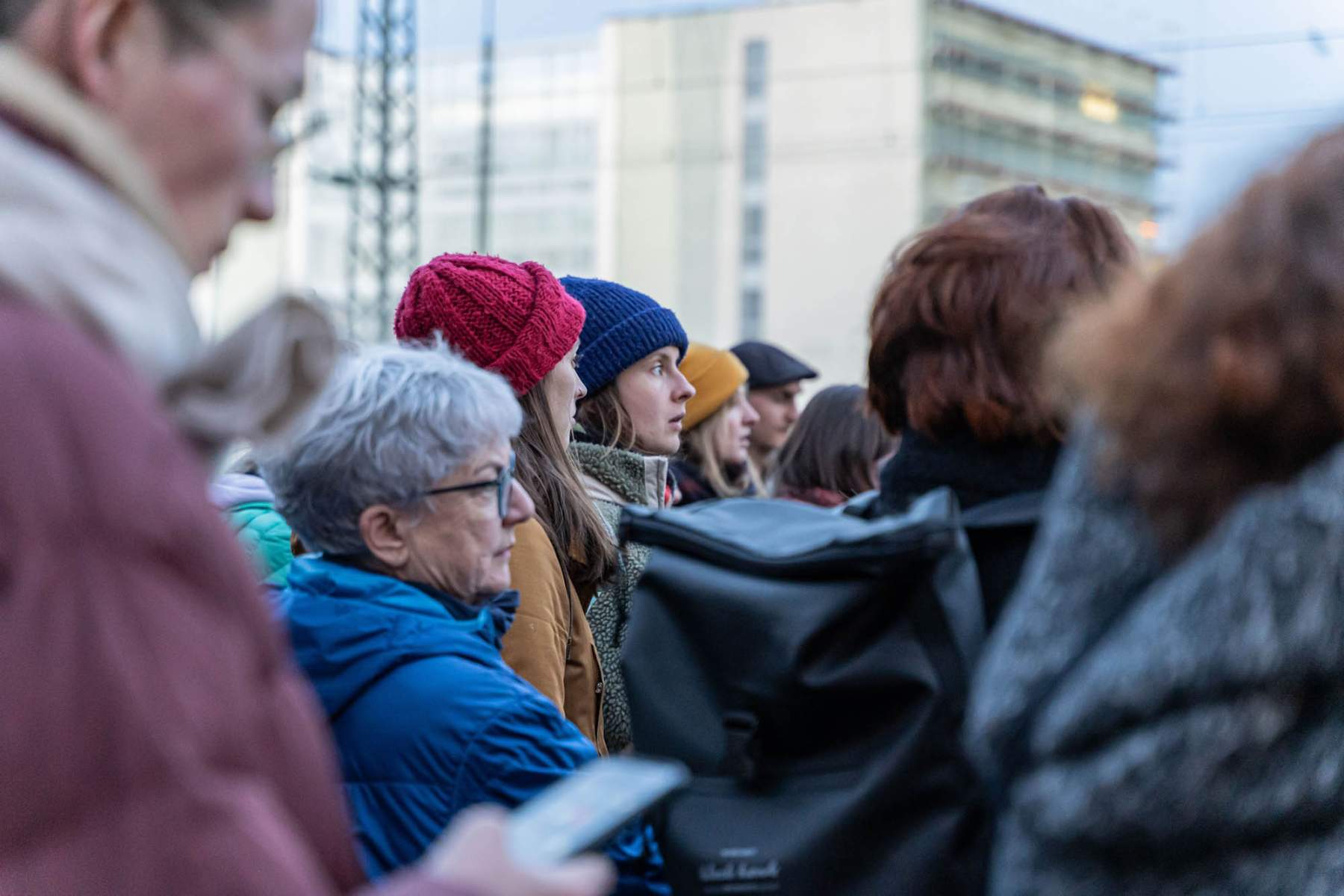

Photo: Sévérine Kpoti, © Biennale für Freiburg 2
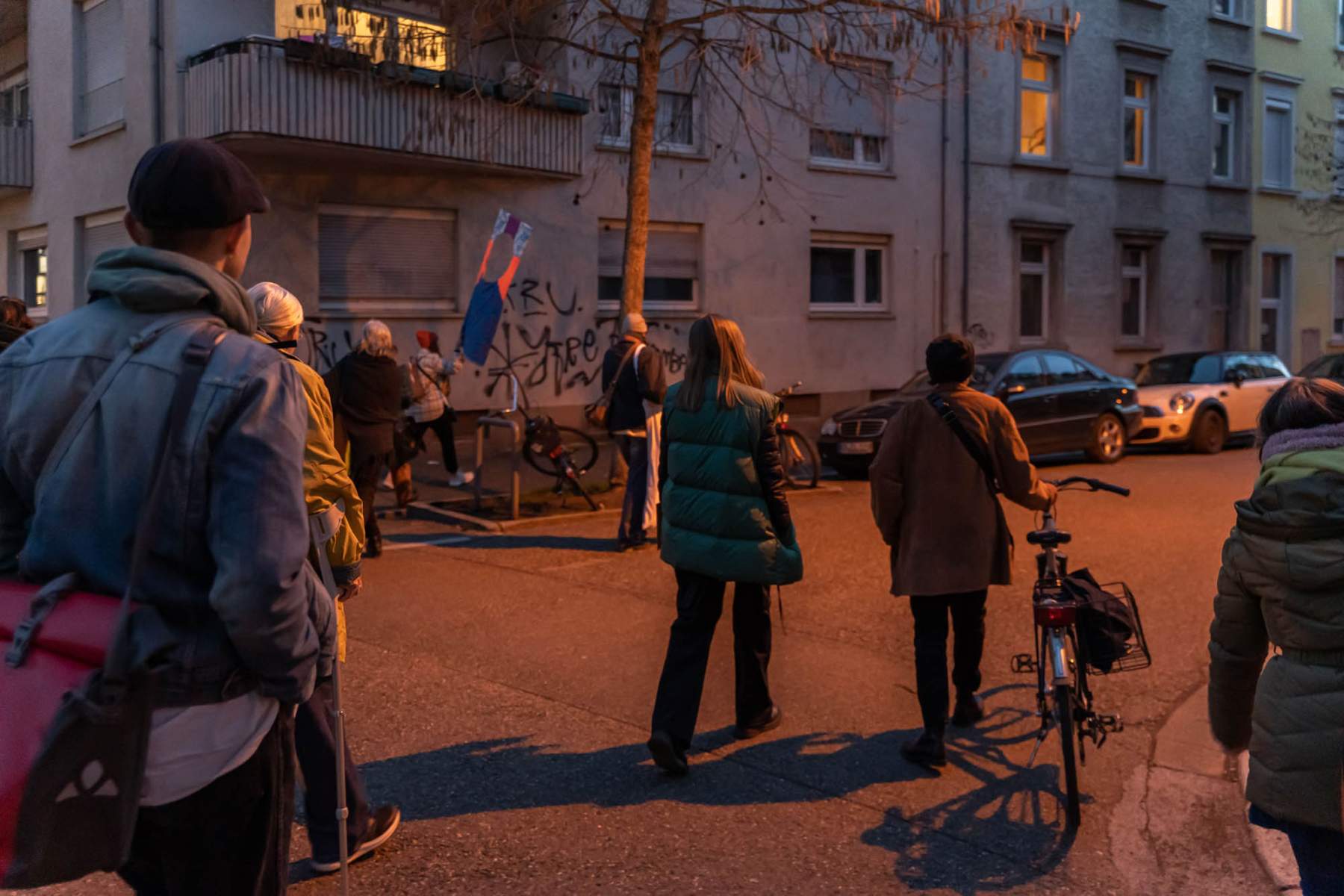

On the way to the former Löwenkeller.
Photo: Sévérine Kpoti, © Biennale für Freiburg 2
Pflaster:
From Schwarzwaldhof to Im Grün
Schwarzwaldstraße 18
02.03 / 18:00
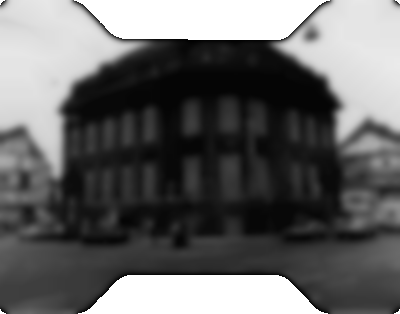
With the head of the archive, Michael Koltan, we make our way from the former Schwarzwaldhof through the city center to the neighborhood Im Grün
… MorePflaster:
From Schwarzwaldhof to Im Grün
02.03.2023 / 18:00 / Schwarzwaldstraße 18
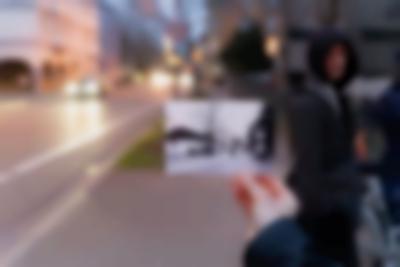
On Talstraße with a view on the former Schwarzwaldhof.
Photo: Sévérine Kpoti, © Biennale für Freiburg 2
PFLASTER: STREET TALKS IN AND ABOUT FREIBURG
FROM SCHWARZWALDHOF TO IM GRÜN WITH MICHAEL KOLTAN (ARCHIV SOZIALE BEWEGUNGEN)
Thursday, March 2, 2023, 6 p.m.
Meeting point: Forecourt, Schwarzwaldstraße 18, 79102 Freiburg
Housing shortages, rent speculation, perhaps urban development: these are the connotations brought to mind by talk of the squatter movement. These are certainly important aspects that run through the movement’s history, as seen in Freiburg itself. However, at its height, in the first half of the 1980s, the movement was about something completely different: public spaces, non-commercial public spaces, more precisely. The squats were used to create opportunities for people to meet and—crucially—creatively shape the spaces and their use. Cafés, practice rooms, concert spaces, and theatre stages came to be, where people could try things out and give free rein to their creativity. From the Dreisameck to the Schwarzwaldhof to the AZ (Autonomous Center), a colorful, diverse subculture unfolded between dilettantism and genius, which was exciting, incalculable, sometimes irritating, but never boring.
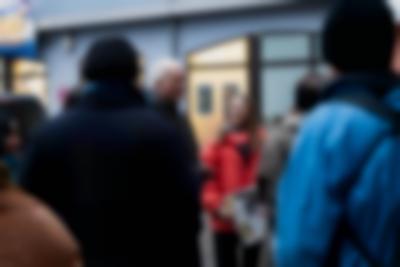
Michael Koltan (Archiv Soziale Bewegungen) and Paula Kommoss (Artistic Director, Biennale für Freiburg 2) welcome the participants.
Photo: Sévérine Kpoti, © Biennale für Freiburg 2
The PFLASTER on March 2 was dedicated to precisely this aspect of the squatters’ movement. What forms of public life and participation were created? What was their subversive potential? And how was it once again constrained?
Michael Koltan from the Archiv Soziale Bewegungen (Archive of Social Movements) talked about what emerged at that time, how it developed further and what remains of it today, stopping at locations important to the movement. Fittingly, the street talk began where the entrance to the Schwarzwaldhof used to be: at the forecourt in front of Schwarzwaldstraße 18. A two-kilometer trail will follow, featuring locations both well-known and little-known, as well as numerous stories and anecdotes. In all, it took about 2 hours to reach the tour’s destination: the Autonomous Center in the Im Grün neighborhood.
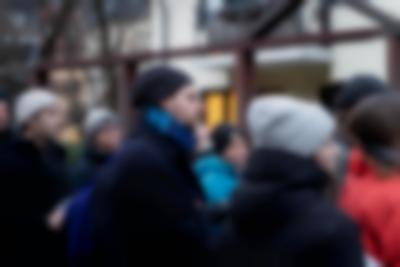
Photo: Sévérine Kpoti, © Biennale für Freiburg 2
In the PFLASTER series, the Biennale für Freiburg 2 invites experts from different fields to examine the circumstances and stories of specific urban contexts during guided walks. While walking through Freiburg, the street talks open up a space to reflect together on the potentials of social movements: how, for example, does feminist representation manifest itself in public space? Furthermore, the conversations will critically reflect upon aspects of Freiburg’s colonial urban history and examine the current realities of life on the street. Using existing resources and expert knowledge from within the city, PFLASTER aims to sharpen the focus on the historical and contemporary layers of meaning, (in)visibility and (in)accessibility of urban space. Participation in the street talks is free of charge.
The PFLASTER series is spart of the prologue of the Biennale für Freiburg 2, taking place from February to May 2023. The prologue events, including a film program, street talks, performative interventions, and workshops set impulses for the exhibition, which will be on view at various locations in Freiburg from June 16 to July 30, 2023.
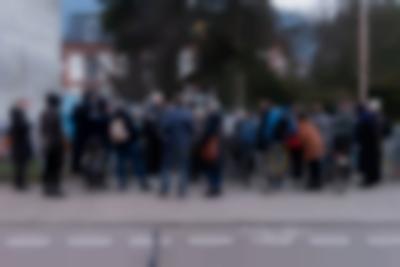
Photo: Sévérine Kpoti, © Biennale für Freiburg 2
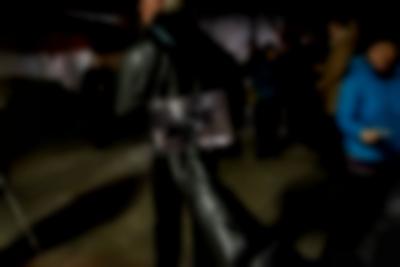
In front of the former Autonomous Center.
Photo: Sévérine Kpoti, © Biennale für Freiburg 2
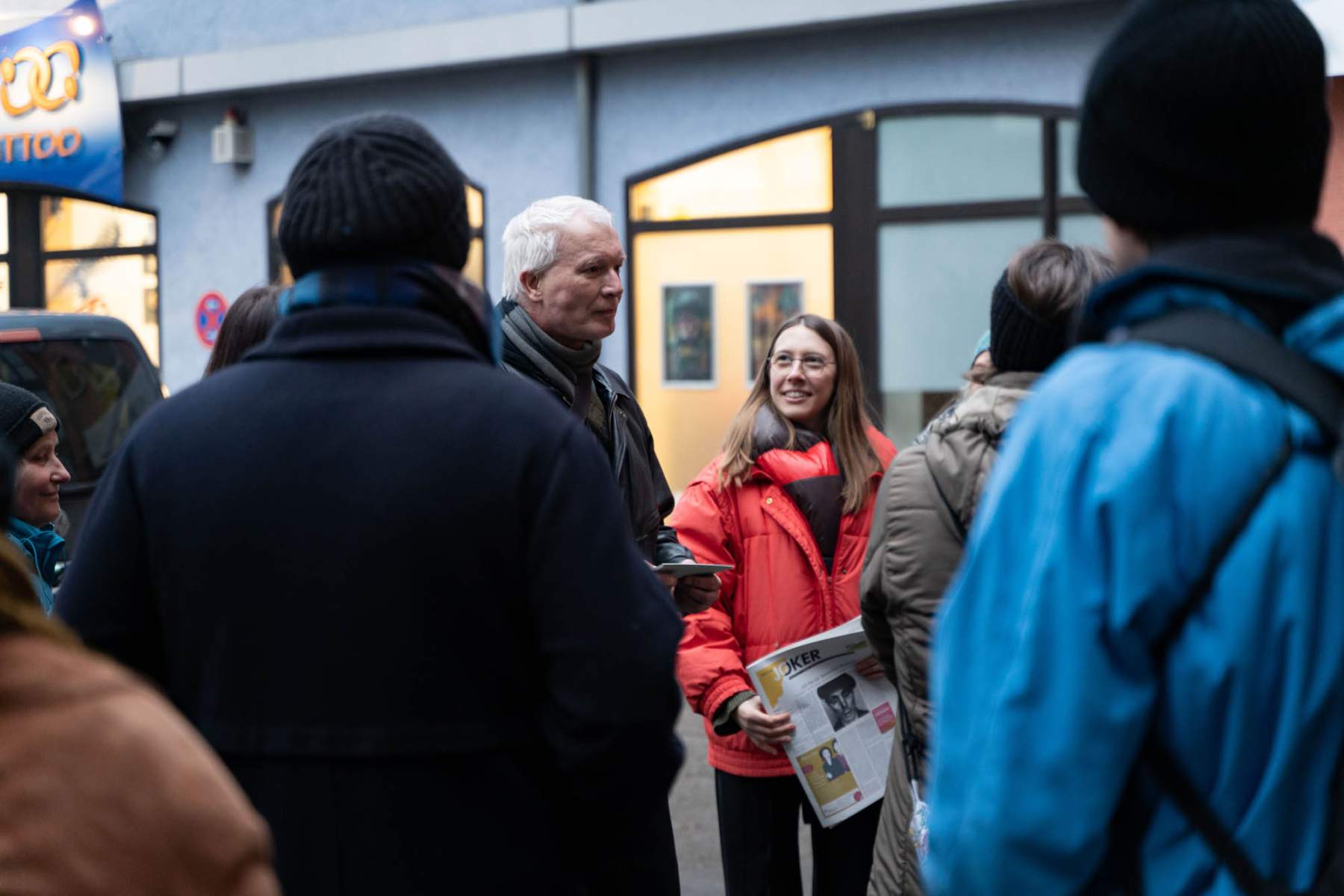

Michael Koltan (Archiv Soziale Bewegungen) and Paula Kommoss (Artistic Director, Biennale für Freiburg 2) welcome the participants.
Photo: Sévérine Kpoti, © Biennale für Freiburg 2
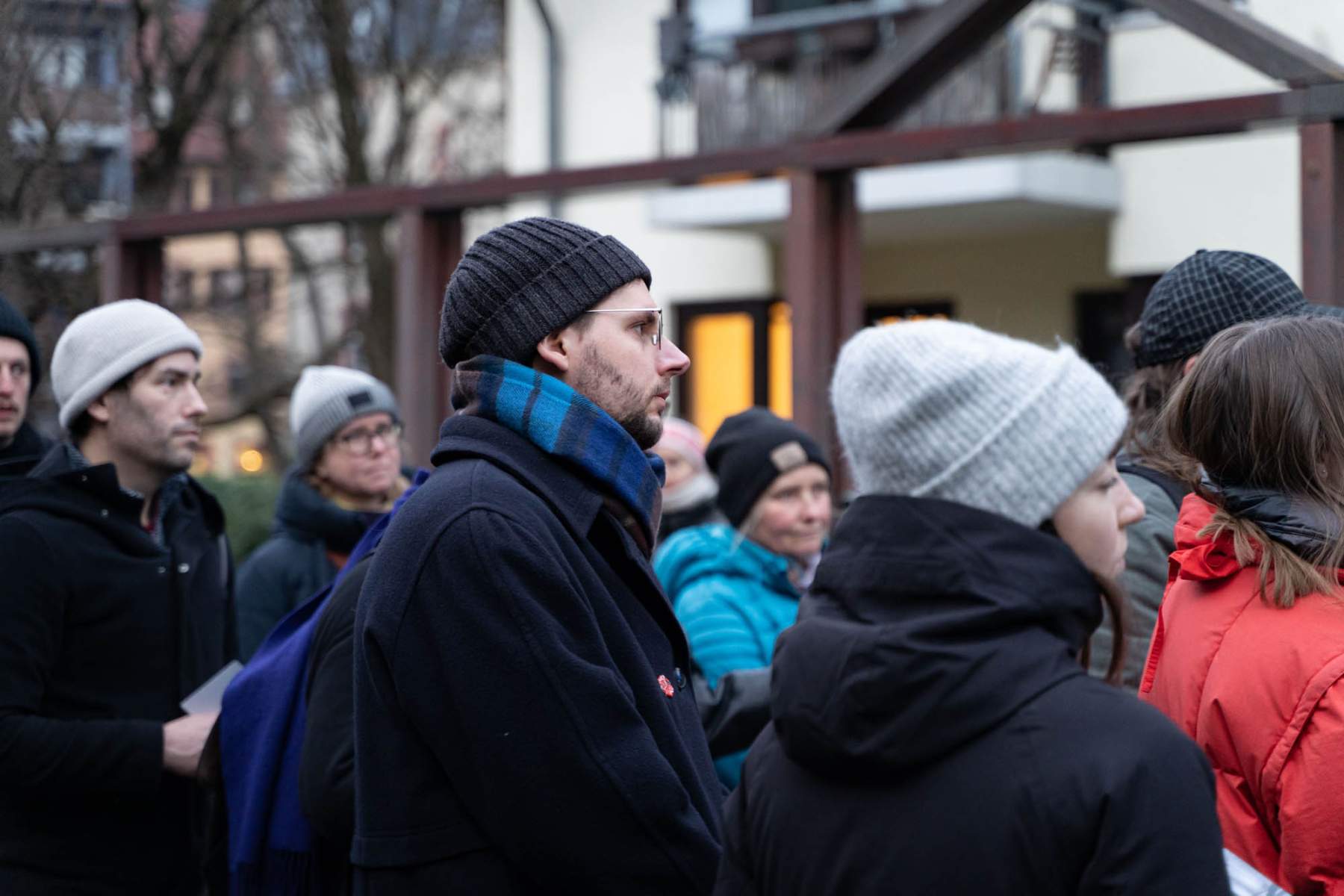

Photo: Sévérine Kpoti, © Biennale für Freiburg 2
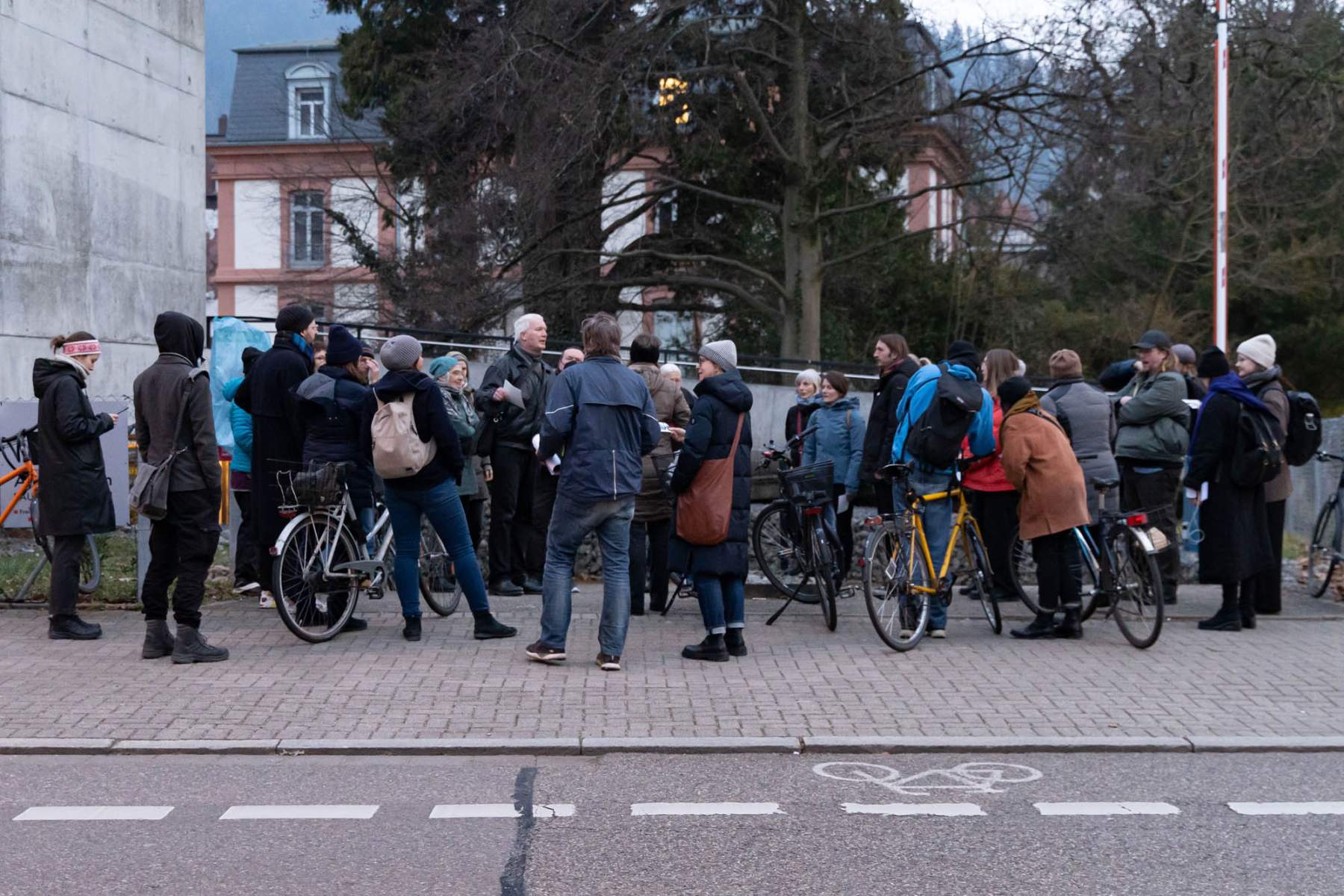

Photo: Sévérine Kpoti, © Biennale für Freiburg 2
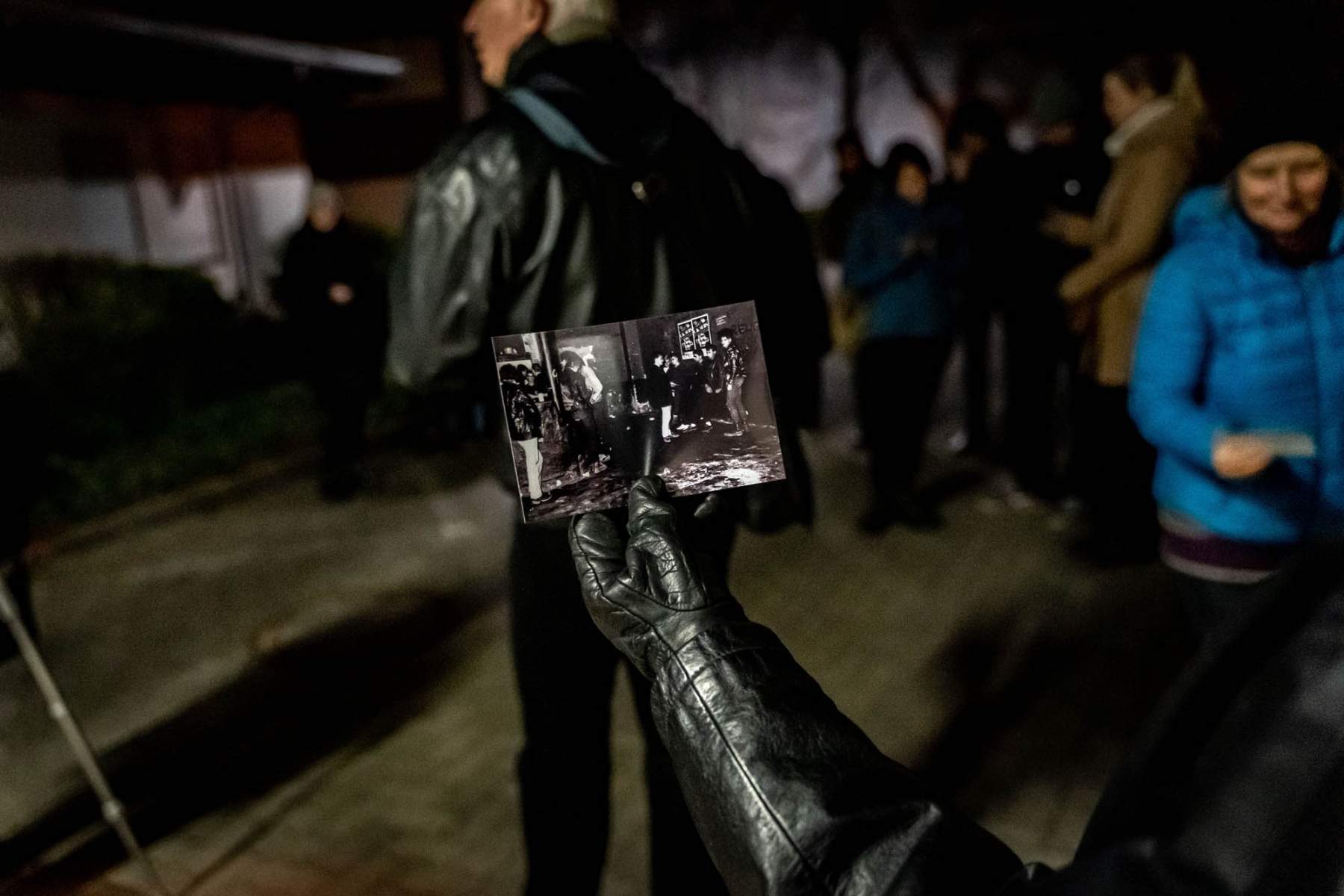

In front of the former Autonomous Center.
Photo: Sévérine Kpoti, © Biennale für Freiburg 2
Performative Intervention:
Maximiliane Baumgartner x Otto Hofmann
Former Studio of Eva Eisenlohr
25.02 / 14:00
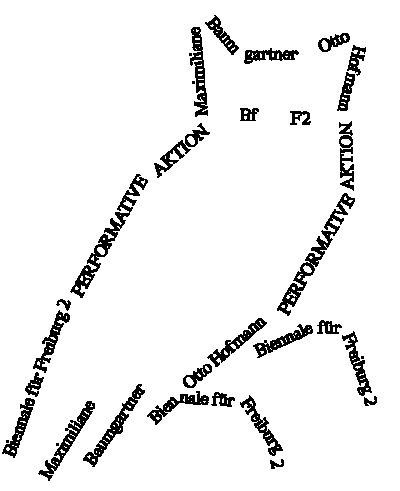
In her performative action WITH THE WHEELBARROW the artist Maximiliane Baumgartner together with Paula Kommoss activates the path from the former studio of the Freiburg artist to the Old Cemetery in memory of the work of Eva Eisenlohr
… MorePerformative Intervention:
Maximiliane Baumgartner x Otto Hofmann
25.02.2023 / 14:00 / Former Studio of Eva Eisenlohr
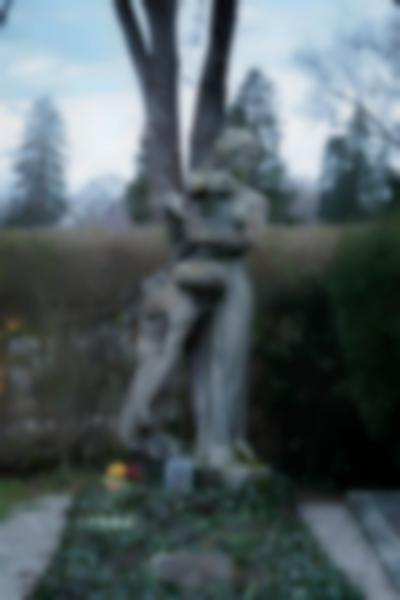
Eva Eisenlohr, “Wenn die Eine fällt, muss die Andere nach vorne blicken”, 1919, Main Cemetery, Freiburg
Photo: Sévérine Kpoti, © Biennale für Freiburg 2
PERFORMATIVE INTERVENTION:
WITH THE WHEELBARROW: MAXIMILIANE BAUMGARTNER X OTTO HOFMANN
Saturday, February 25, 2023, 2 p.m.
Meeting point: Former studio of Eva Eisenlohr, Elsässer Straße 17, 79110 Freiburg
1957: From her studio, artist Eva Eisenlohr sets off eastward. Eisenlohr walks on for 2.8 kilometers, just over half an hour. In her hands, a wheelbarrow loaded with her sculpture—a memorial stone for Joseph von Auffenberg. For his 100th birthday, Eisenlohr wants to install a monument to the poet and playwright at the site of his grave. The artist’s mission was one she assigned herself. Nothing and no one could stop her. Her sculpture stands there to this day.
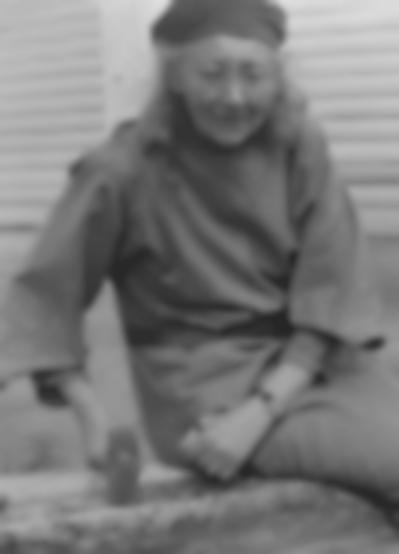
Eva Eisenlohr
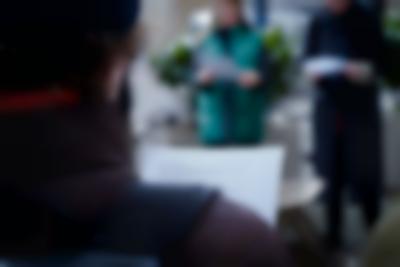
Script “Mit der Schubkarre” by Maximiliane Baumgartner
Photo: Sévérine Kpoti, © Biennale für Freiburg 2
In her performative intervention WITH THE WHEELBARROW, artist Maximiliane Baumgartner, joined by Paula Kommoss, commemorates the work of Eva Eisenlohr (1891–1977) by activating the path from the Freiburg artist’s studio to the Old Cemetery. A closer look at Eisenlohr’s works in various public places provided insights into her working methods. A focus is placed on artistic work in the contradictory space between commission and self-commissioning as a self-empowering gesture, which also informs Maximiliane Baumgartner’s practice. Otto Hofmann, whose research has provided a foundational insight into Eisenlohr’s work, expanded on the intervention with a reading.
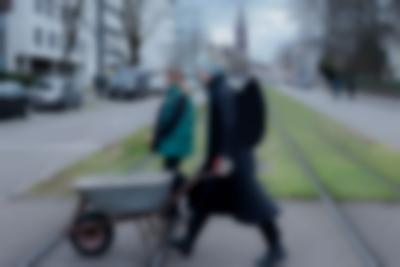
Maximiliane Baumgartner and Paula Kommoss activating the path of Eva Eisenlohr
Photo: Sévérine Kpoti, © Biennale für Freiburg 2
In her work, Maximiliane Baumgartner (born 1986, Lindenberg) engages broadly with the fields of painting and site-specificity in outdoor spaces, realized within free pedagogical action-settings, installation paintings, and publication projects. The negotiation of social and public space and accesses to it are important concerns for Baumgartner. Across varying collaborations and action spaces, she conceived and directed Fahrender Raum from 2015 to 2019. The project encouraged art mediation and artistic action in the urban context of Munich. She will equally employ her concept of action spaces for the Biennale für Freiburg 2: Taking Freiburg artist and art educator Eva Eisenlohr as a starting point, Baumgartner will develop an action space consisting of multi-part, painterly interventions in Freiburg’s urban space, in which the boundaries between the production, presentation, and mediation of art dissolve and new perspectives become possible.
The PERFORMATIVE INTERVENTION series is part of the prologue of the Biennale für Freiburg 2, which will take place from February to May 2023. The events comprise a film program, street talks, and workshops, intended to set impulses for the exhibition, which will be on view at various locations in Freiburg from June 16 to July 30, 2023.
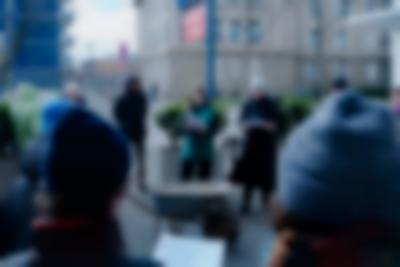
Photo: Sévérine Kpoti, © Biennale für Freiburg 2
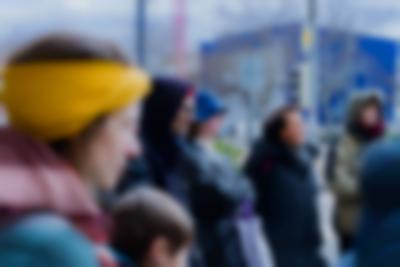
Photo: Sévérine Kpoti, © Biennale für Freiburg 2
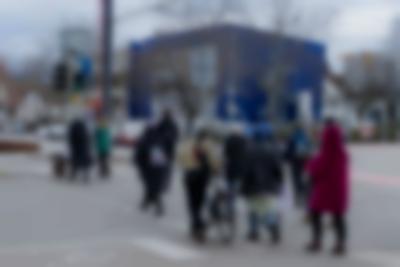
Photo: Sévérine Kpoti, © Biennale für Freiburg 2
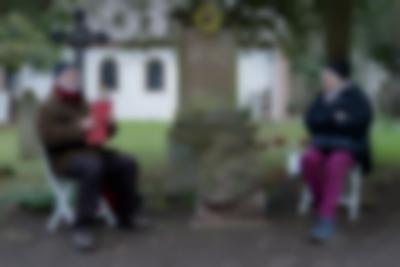
Otto and Renate Hofmann, Sculpture: Eva Eisenlohr, “Monument for Joseph von Auffernberg”, 1957, Old Cemetery, Freiburg
Photo: Sévérine Kpoti, © Biennale für Freiburg 2
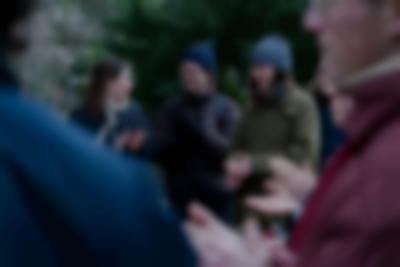
Photo: Sévérine Kpoti, © Biennale für Freiburg 2
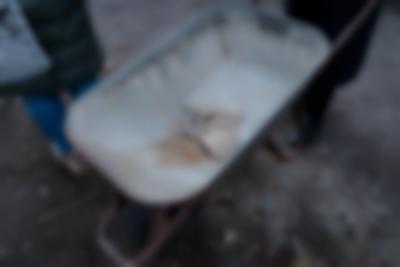
Photo: Sévérine Kpoti, © Biennale für Freiburg 2
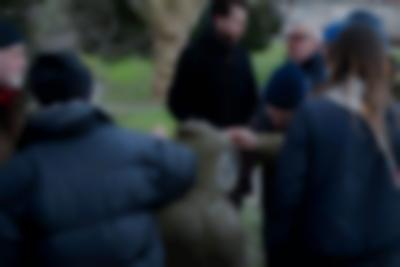
Eva Eisenlohr, “Owl”, around 1960, Stadtgarten Freiburg
Photo: Sévérine Kpoti, © Biennale für Freiburg 2
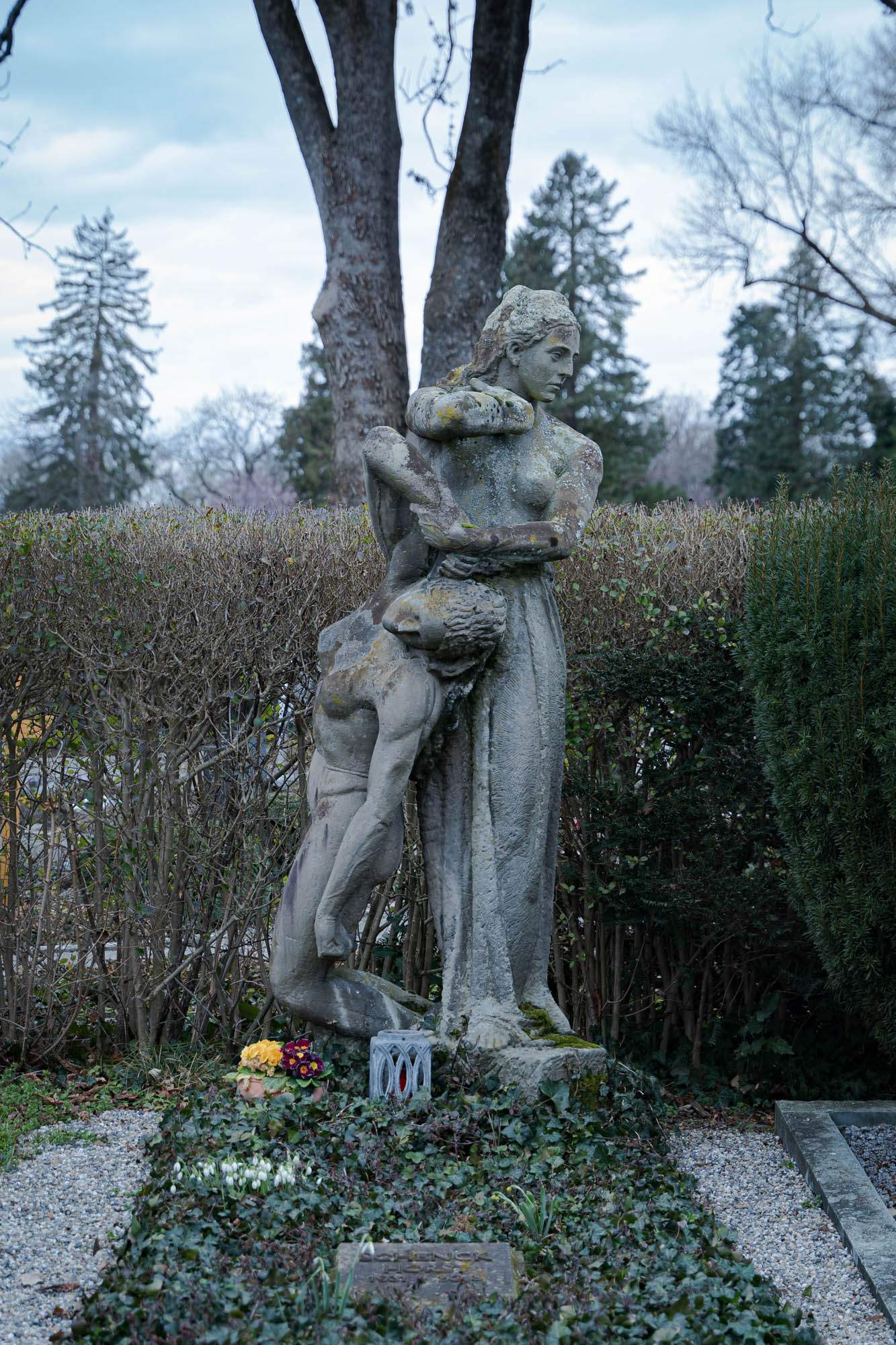

Eva Eisenlohr, “Wenn die Eine fällt, muss die Andere nach vorne blicken”, 1919, Main Cemetery, Freiburg
Photo: Sévérine Kpoti, © Biennale für Freiburg 2
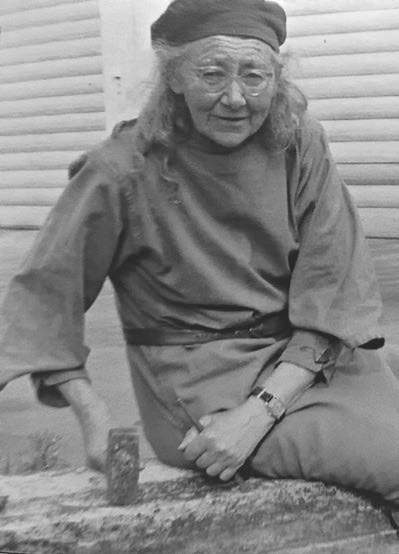

Eva Eisenlohr
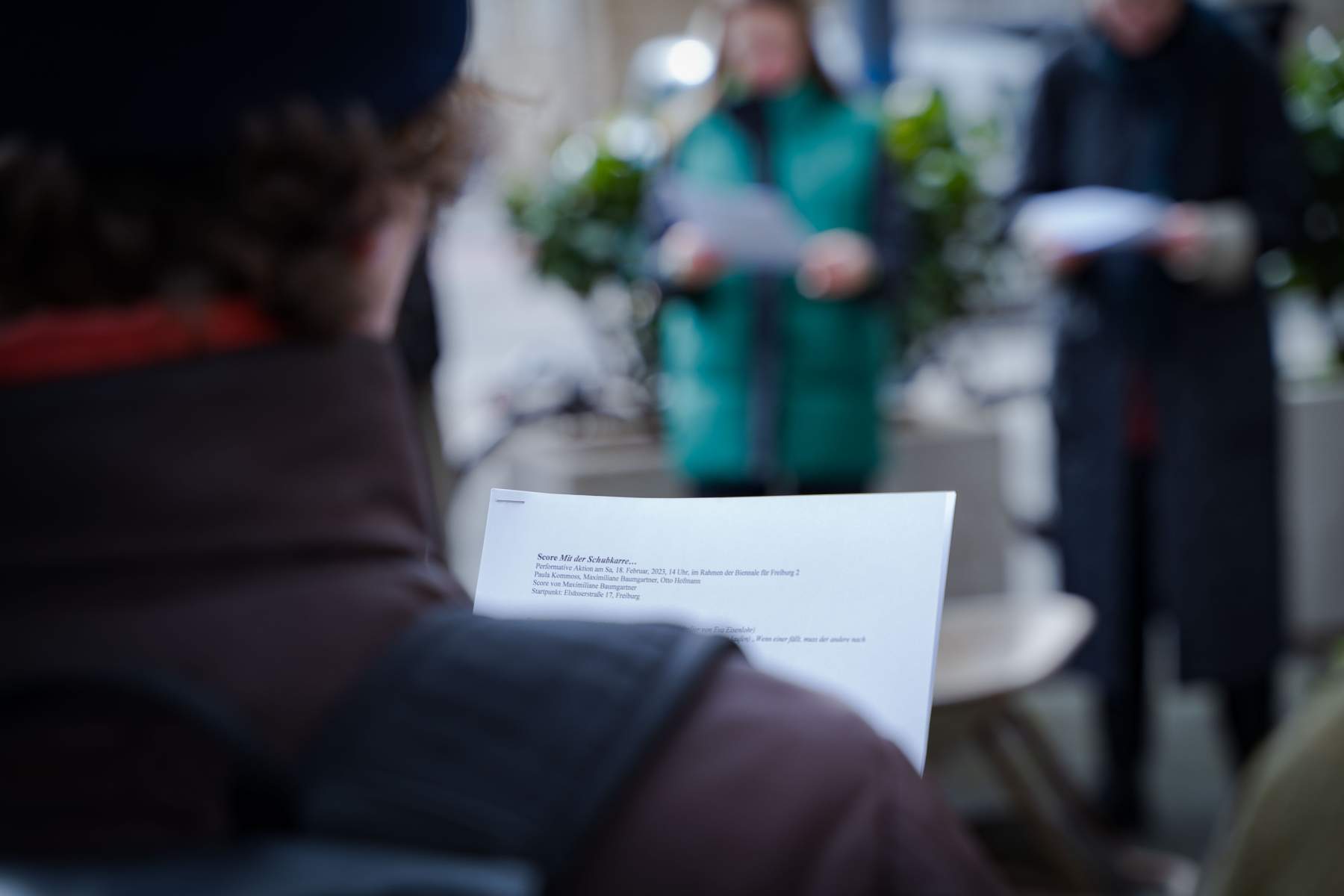

Script “Mit der Schubkarre” by Maximiliane Baumgartner
Photo: Sévérine Kpoti, © Biennale für Freiburg 2
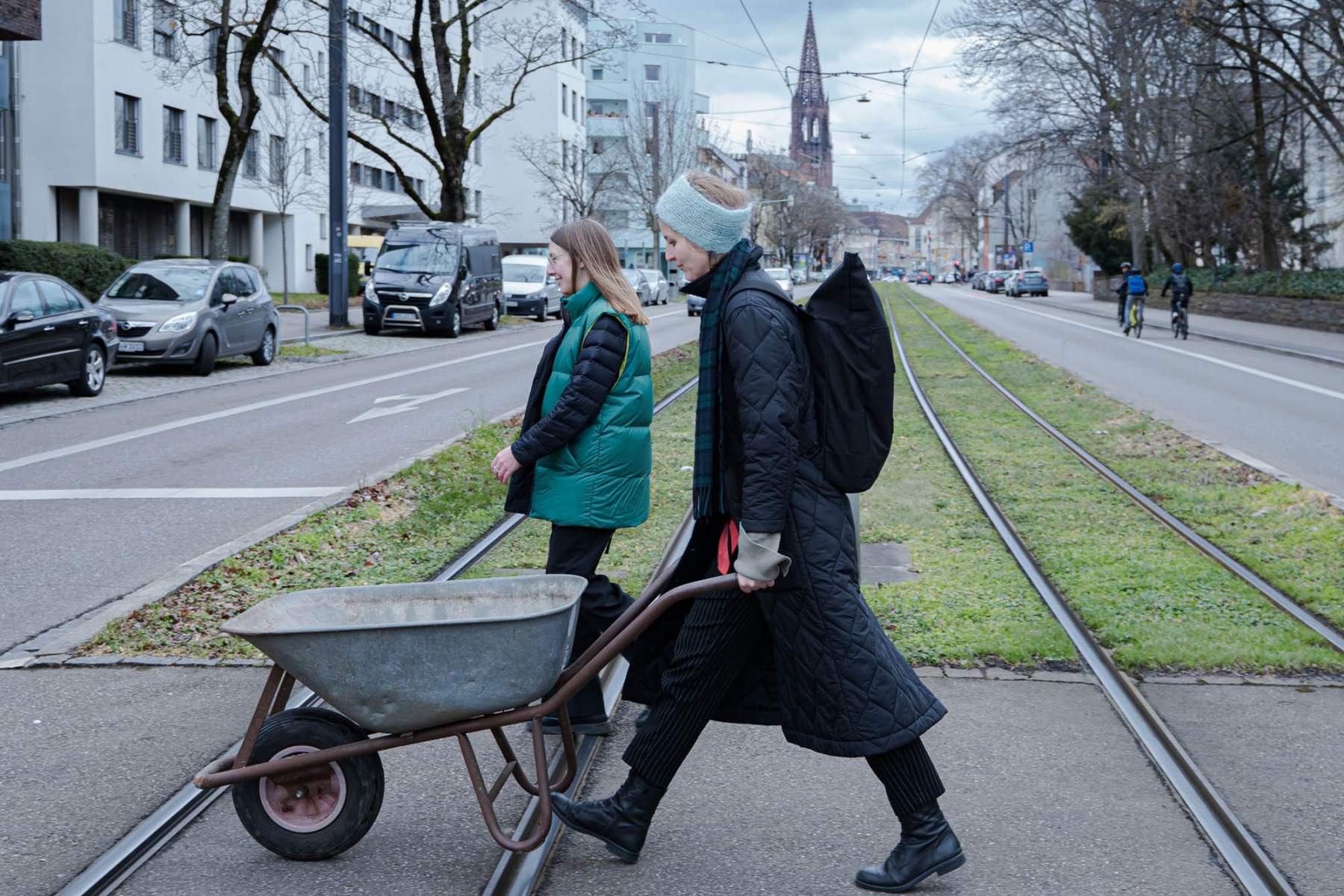

Maximiliane Baumgartner and Paula Kommoss activating the path of Eva Eisenlohr
Photo: Sévérine Kpoti, © Biennale für Freiburg 2
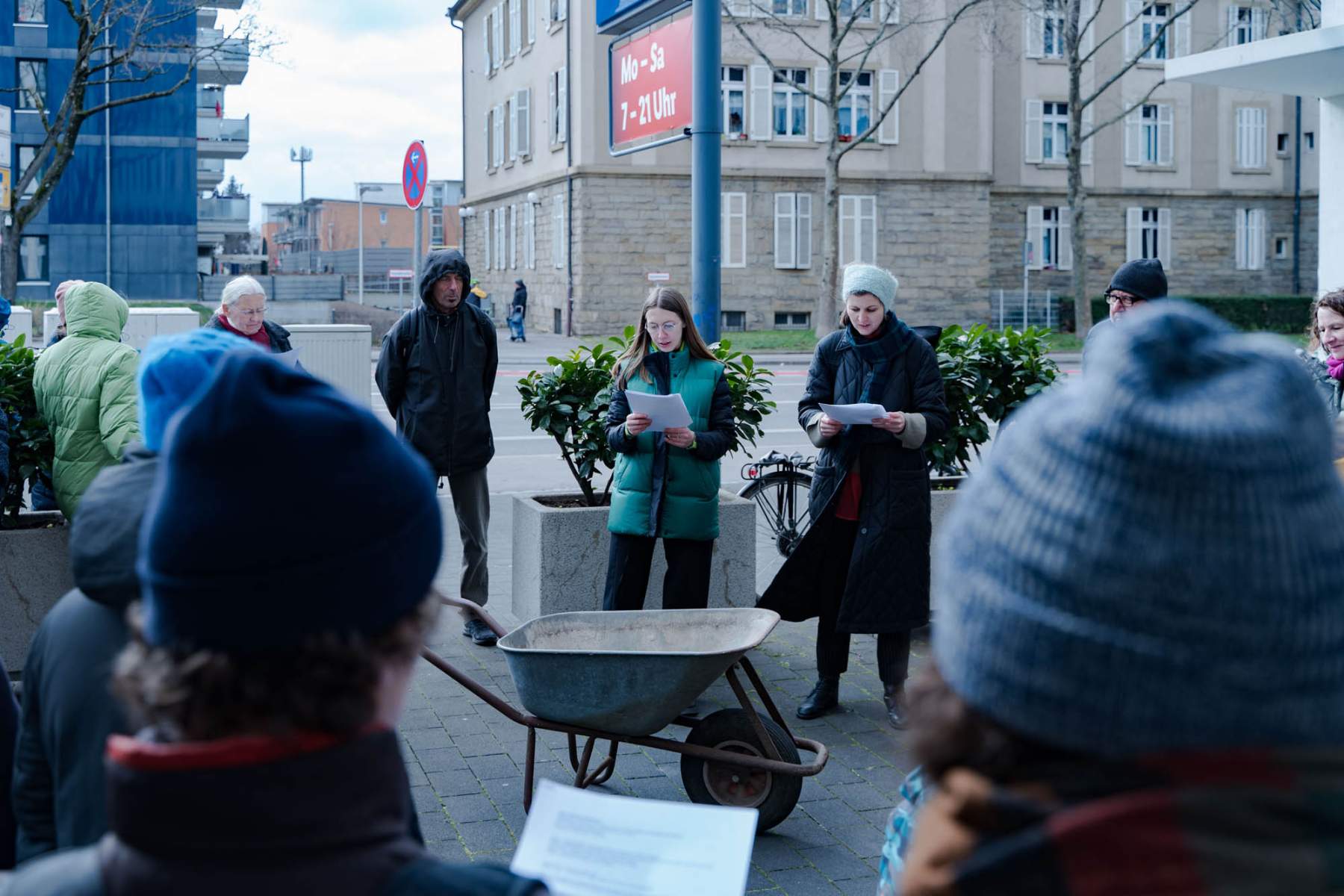

Photo: Sévérine Kpoti, © Biennale für Freiburg 2
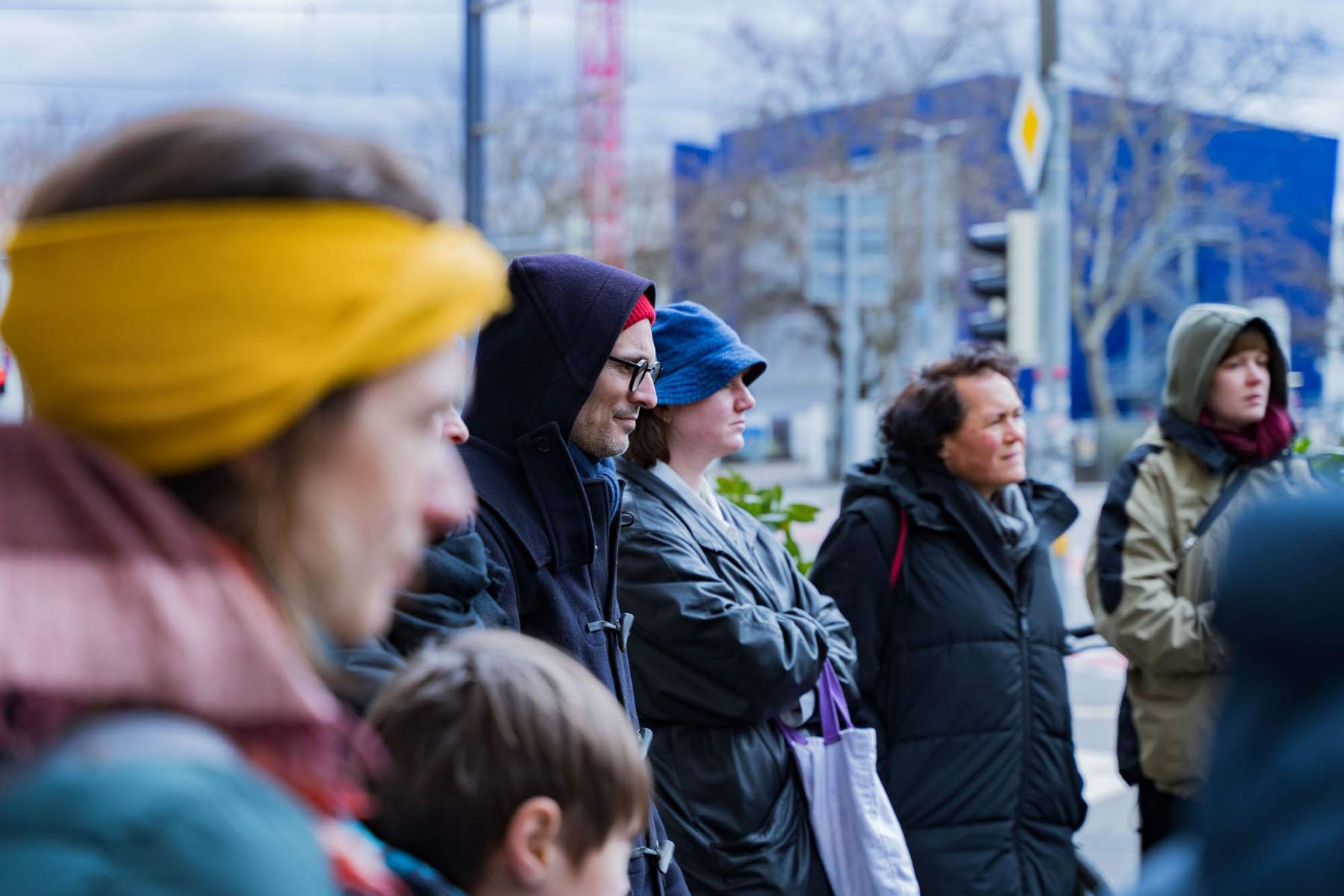

Photo: Sévérine Kpoti, © Biennale für Freiburg 2
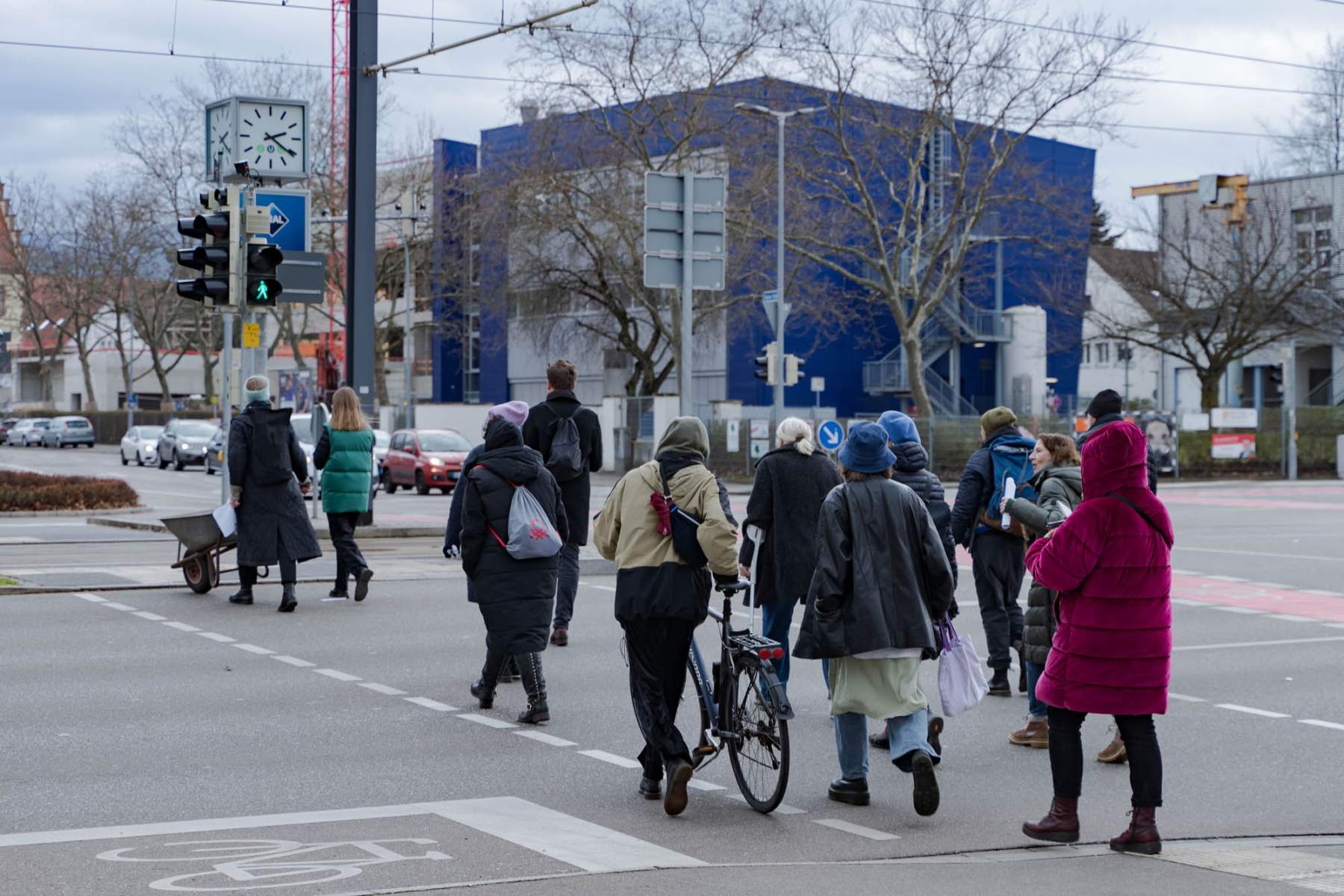

Photo: Sévérine Kpoti, © Biennale für Freiburg 2
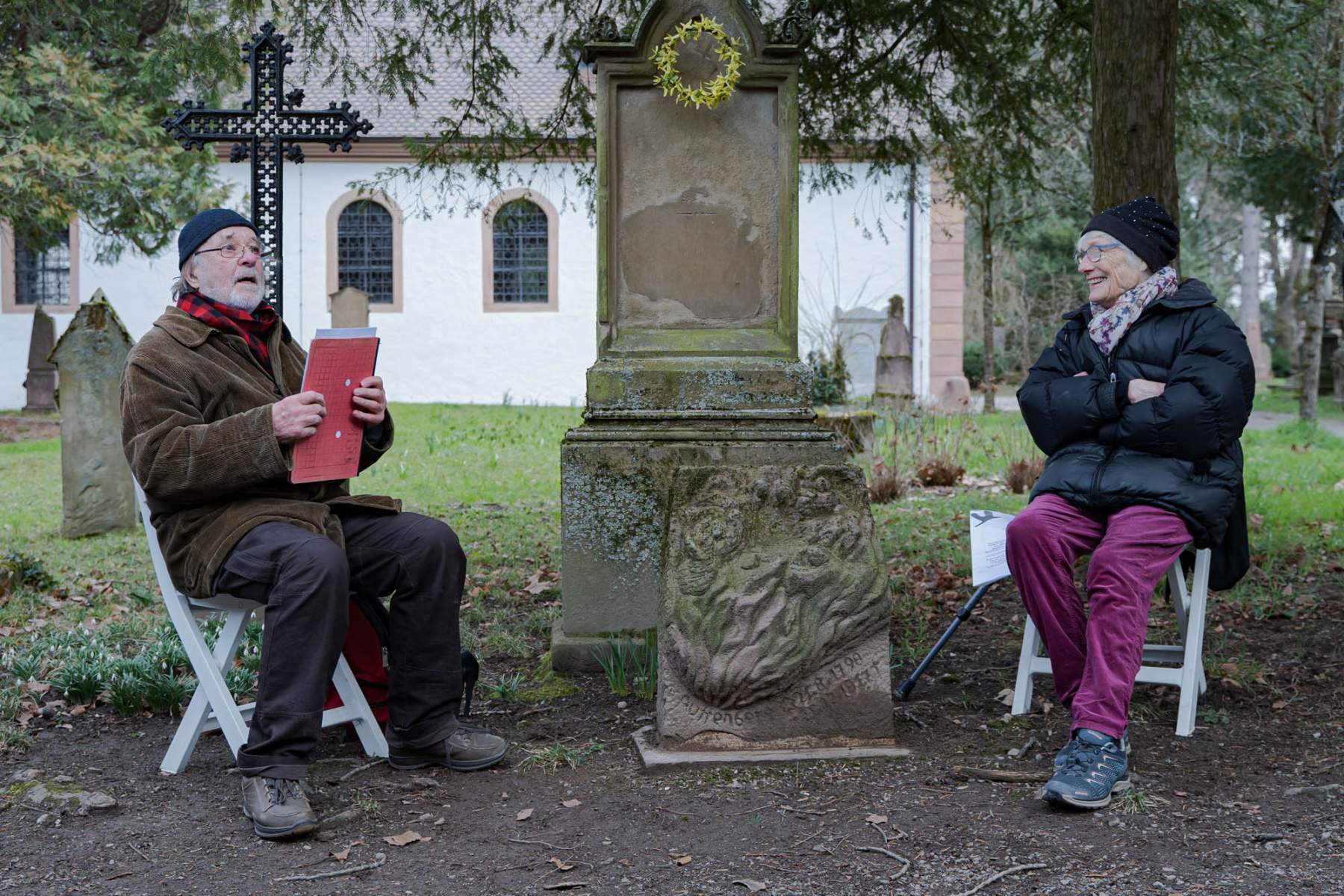

Otto and Renate Hofmann, Sculpture: Eva Eisenlohr, “Monument for Joseph von Auffernberg”, 1957, Old Cemetery, Freiburg
Photo: Sévérine Kpoti, © Biennale für Freiburg 2
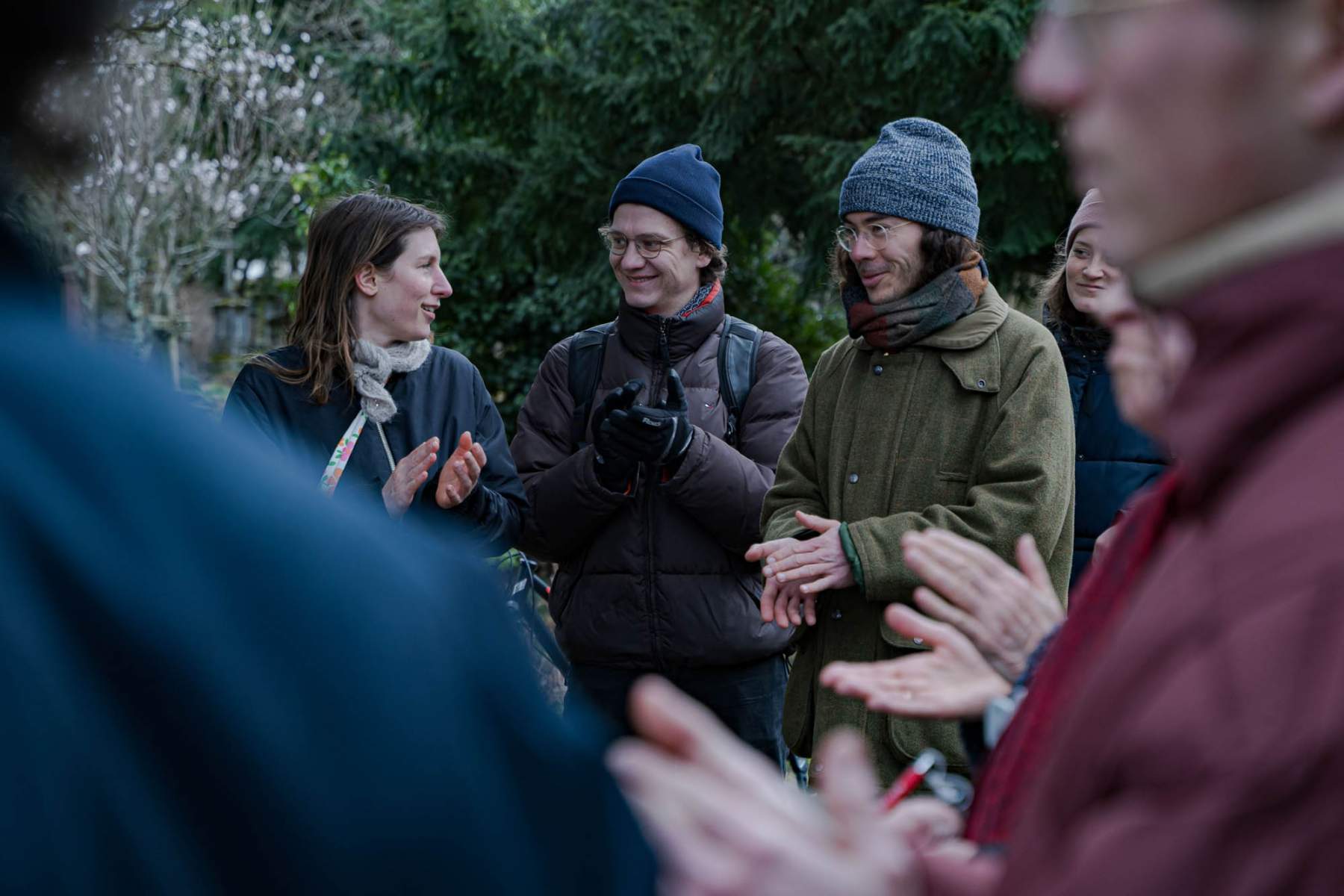

Photo: Sévérine Kpoti, © Biennale für Freiburg 2
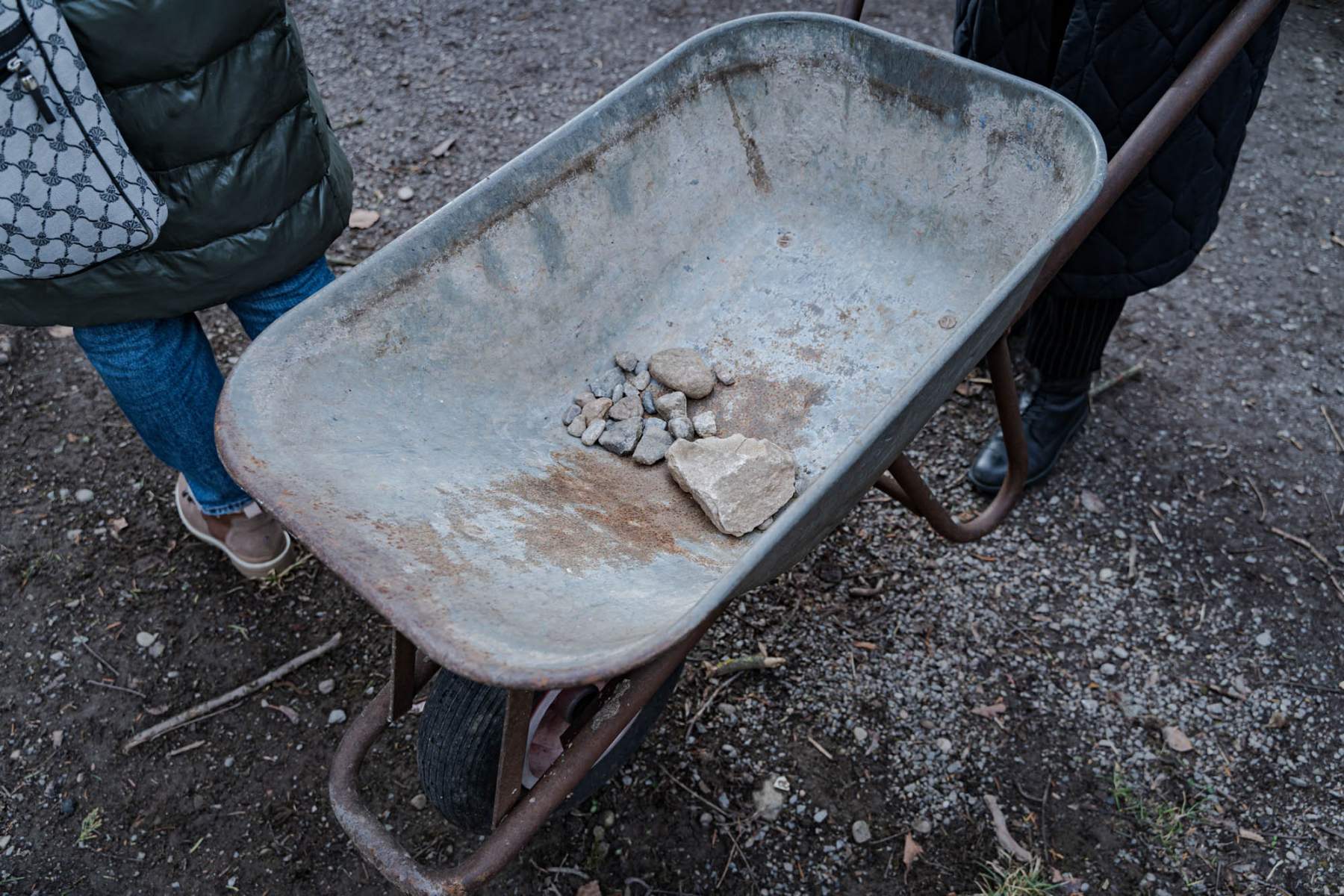

Photo: Sévérine Kpoti, © Biennale für Freiburg 2
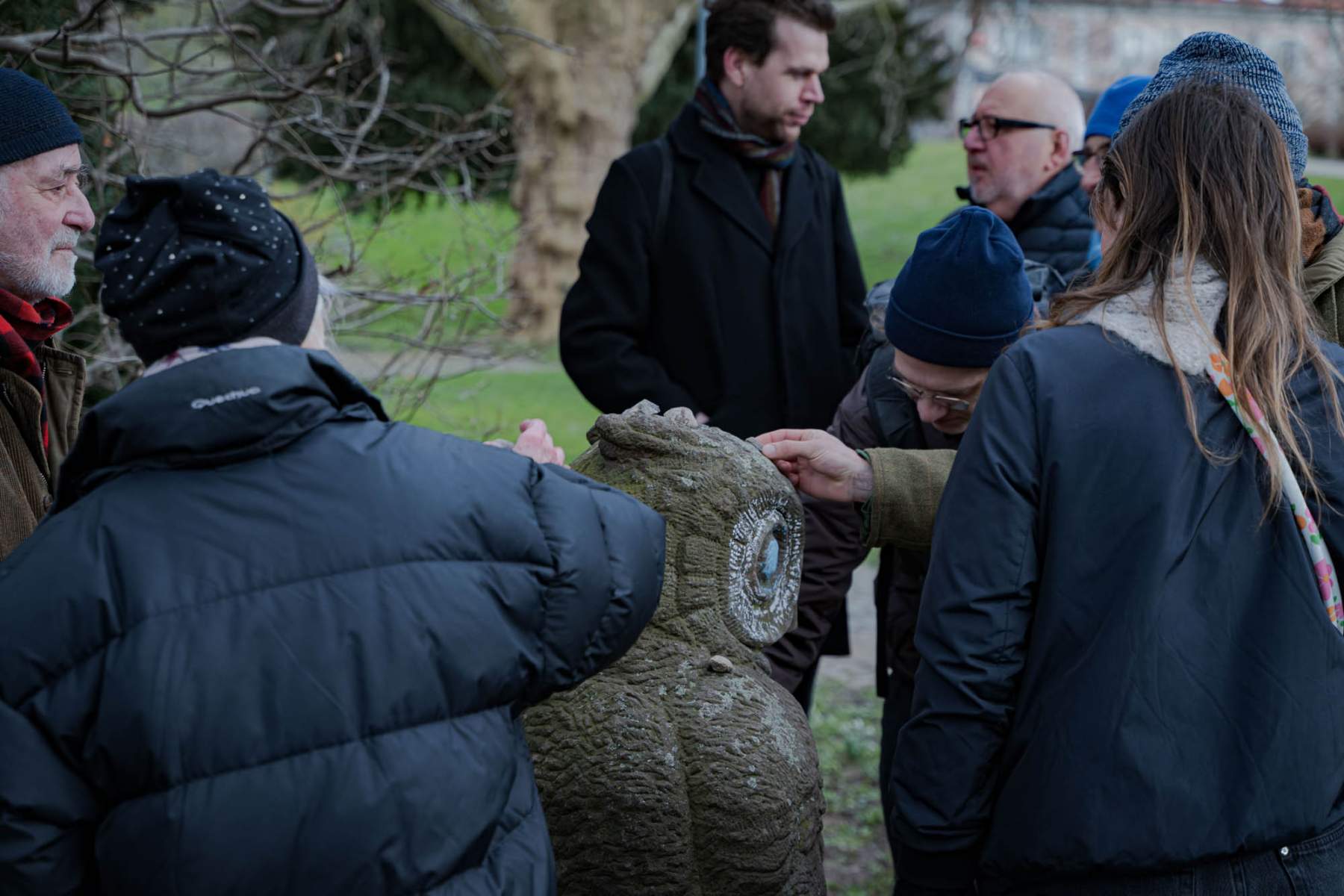

Eva Eisenlohr, “Owl”, around 1960, Stadtgarten Freiburg
Photo: Sévérine Kpoti, © Biennale für Freiburg 2
Feature Film:
La Strada
GHS Biologie
02.02 / 20:00
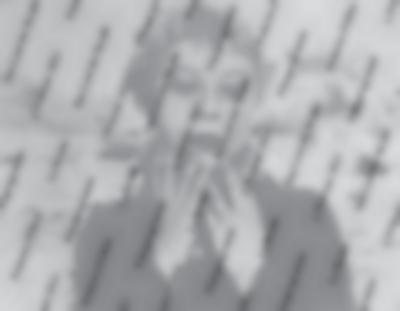
The FILM PROGRAM of the Biennale für Freiburg 2 begins with Federico Fellini’s LA STRADA
… MoreFeature Film:
La Strada
02.02.2023 / 20:00 / GHS Biologie

BFF 2 X AKA-FILMCLUB PRESENT: FEDERICO FELLINI
Thursday, February 2, 2023, 8 p.m.
Location: Faculty of Biology large lecture hall, Institute for Biology II/III, Schänzlestraße 1, 79104 Freiburg
LA STRADA
Director: Federico Fellini, 1954, 108 min., Italian with German subtitles
The Biennale für Freiburg 2 film program opens with Federico Fellini’s LA STRADA (1954). In this classic, the street provides the characters’ lived environment. Moreover, it becomes the story’s central setting as well as a symbol of the path to finding one’s self. The film follows strongman Zampano on his journey through Italy. He seeks an assistant for his performances and buys a poor widow’s daughter, Gelsomina. Zampano’s brutal ways come to face Gelsomina’s Chaplinesque innocence. Together, the mismatched duo endure the reality of a life on Italy’s country roads. While briefly guest-performing with a circus, the pair meet the acrobat Matto. In Fellini’s characteristic style, this encounter leads to a rupture in the delicate balance between the characters, who are forced once again to fend for themselves.
Introduction by Paula Kommoss, Artistic Director of the Biennale für Freiburg 2
The collaboration between the Biennale für Freiburg 2 and the aka-Filmclub forms the cinematic prologue to the Biennale exhibition taking place in summer 2023. Across five dates, the curated series comprises screenings of selected films surrounding the thematic focus of the Biennale, accompanied by introductory lectures. The films will be shown in chronological order, providing insight into the history of cinematic explorations of the street as motif, backdrop, and metaphor from the 1950s to the present day.
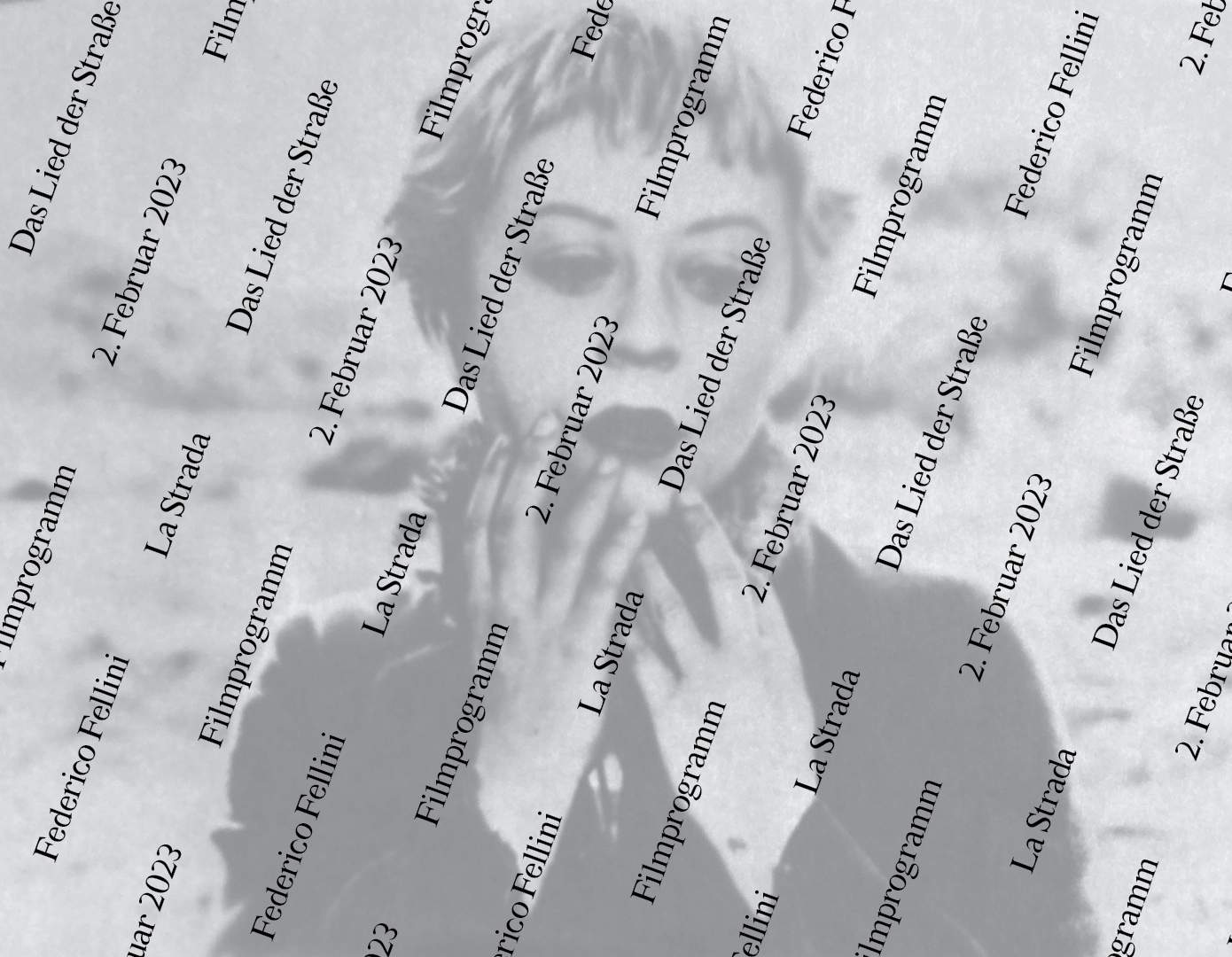

The Night
Bertoldsbrunnen / DELPHI_space/gvbk
26.01 / 19:00
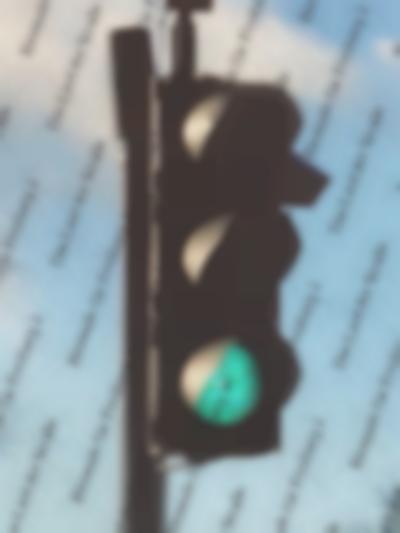
The Biennale für Freiburg 2 together with DELPHI_space/gvbk invites to an informal kick-off and BFF 2-Friends event.
… MoreThe Night
26.01.2023 / 19:00 / Bertoldsbrunnen / DELPHI_space/gvbk
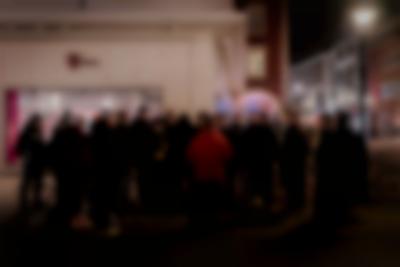
Paula Kommoss (Artistic Director, Biennale für Freiburg 2) welcomes the participants to the walk Gleich wirds Grün!
Photo: Sévérine Kpoti, © Biennale für Freiburg 2
THE NIGHT: KICK-OFF AND BFF 2-FRIENDS EVENT
Thursday, January 26, 2023, 7 p.m.
Meeting point: Bertoldsbrunnen, 79098 Freiburg
From 7:30 p.m. at DELPHI_space/gvbk, Bismarckallee 20, 79098 Freiburg
The Biennale für Freiburg 2 invites you to an informal kick-off and BFF 2-Friends event, co-hosted by DELPHI_space/gvbk. you’re. All BFF participants, supporters, and the public are invited to get together and set the mood for the upcoming Biennial. The event will begin with a walk from Bertoldsbrunnen to DELPHI_space/gvbk, followed by a screening of films that give an insight into the themes and perspectives of the Biennale: the aka-Filmclub production DEMONSTRATION AM BERTOLDSBRUNNEN (1968), Ulrike Ottinger’s COUNTDOWN (1990) and Tsai Ming-liang’s THE NIGHT (2021).
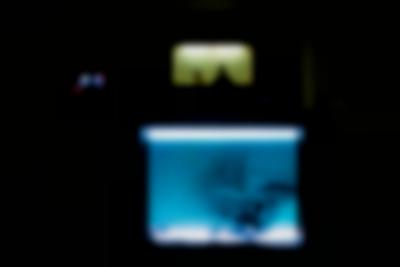
Photo: Sévérine Kpoti, © Biennale für Freiburg 2
DEMONSTRATION AM BERTOLDSBRUNNEN
Production: aka-Filmclub, 1968, 3 min., silent
Freiburg has a rich history of negotiating societal designs and utopias, which often resulted in an occupation of the street by means of resistant bodies and practices. In February 1968, for example, in response to a drastic increase in public transport fares, Freiburg students occupied the central transportation interchange at Bertoldsbrunnen with the slogan “Gleich wird’s grün” (“It’s turning green”). They sat on the ground—a radical and punishable action at the time, which was met with the first use of a water cannon in Baden-Württemberg.
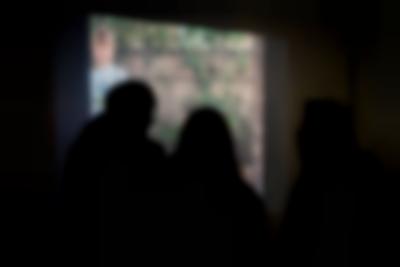
Photo: Sévérine Kpoti, © Biennale für Freiburg 2
COUNTDOWN
Director: Ulrike Ottinger, 1990, 188 min., German
The film COUNTDOWN documents the chronological sequence of the last ten days leading up to the Economic and Monetary Union on July 1, 1990, which initiated the first stage of German reunification. Starting from Potsdam, the film approaches Berlin, capturing important places and sections of streets, such as the former Berlin Wall and “death strips,” being repurposed already by cyclists and pedestrians. Construction sites can be seen everywhere—Berlin is in upheaval. The markets tell the same story, spreading across different parts of the city over the course of the day. People of different backgrounds gesticulate and communicate with each other at the stalls. Homeless people wander through the city in search of a place to stay or a little money. Day by day, the money traders at Bahnhof Zoo become increasingly nervous. The lines at the ATMs grow longer and longer.
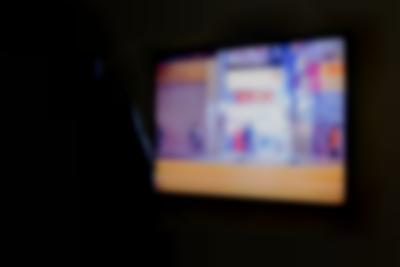
Photo: Sévérine Kpoti, © Biennale für Freiburg 2
LIANG YE BU NENG LIU (THE NIGHT)
Director: Tsai Ming-liang, 2021, 19 min., Taiwanese with English subtitles
The title of the film is inspired by an old Chinese lullaby from the 1940s (in English “The beautiful night is slipping away”). Towards the end of 2019, Tsai Ming-liang was invited to Hong Kong to share and perform a selection of popular songs. As the director describes, it was a turbulent time, when the landscape of the city’s day to day life was changing unexpectedly. In THE NIGHT, he roams the nighttime streets of Hong Kong, documenting their rhythm and atmosphere.
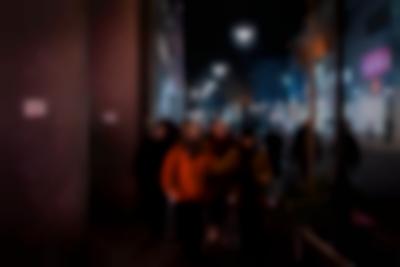
The group makes their way from Bertoldsbrunnen to DELPHI_space/gvbk.
Photo: Sévérine Kpoti, © Biennale für Freiburg 2
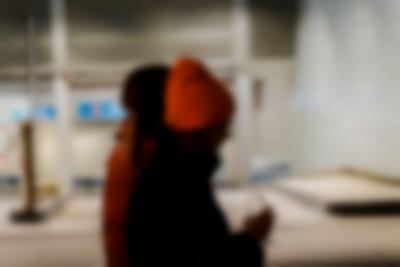
Photo: Sévérine Kpoti, © Biennale für Freiburg 2
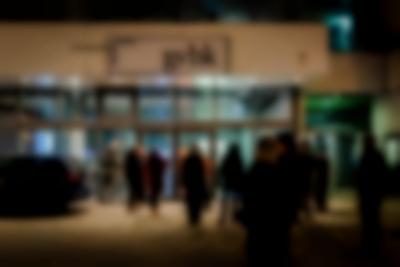
Photo: Sévérine Kpoti, © Biennale für Freiburg 2
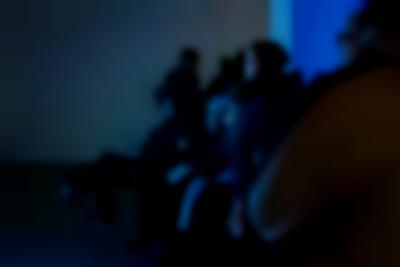
Photo: Sévérine Kpoti, © Biennale für Freiburg 2
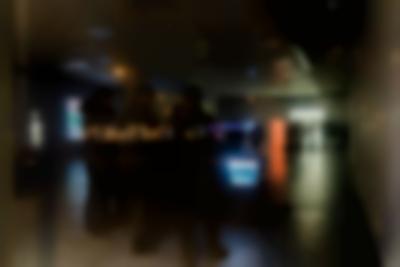
Photo: Sévérine Kpoti, © Biennale für Freiburg 2
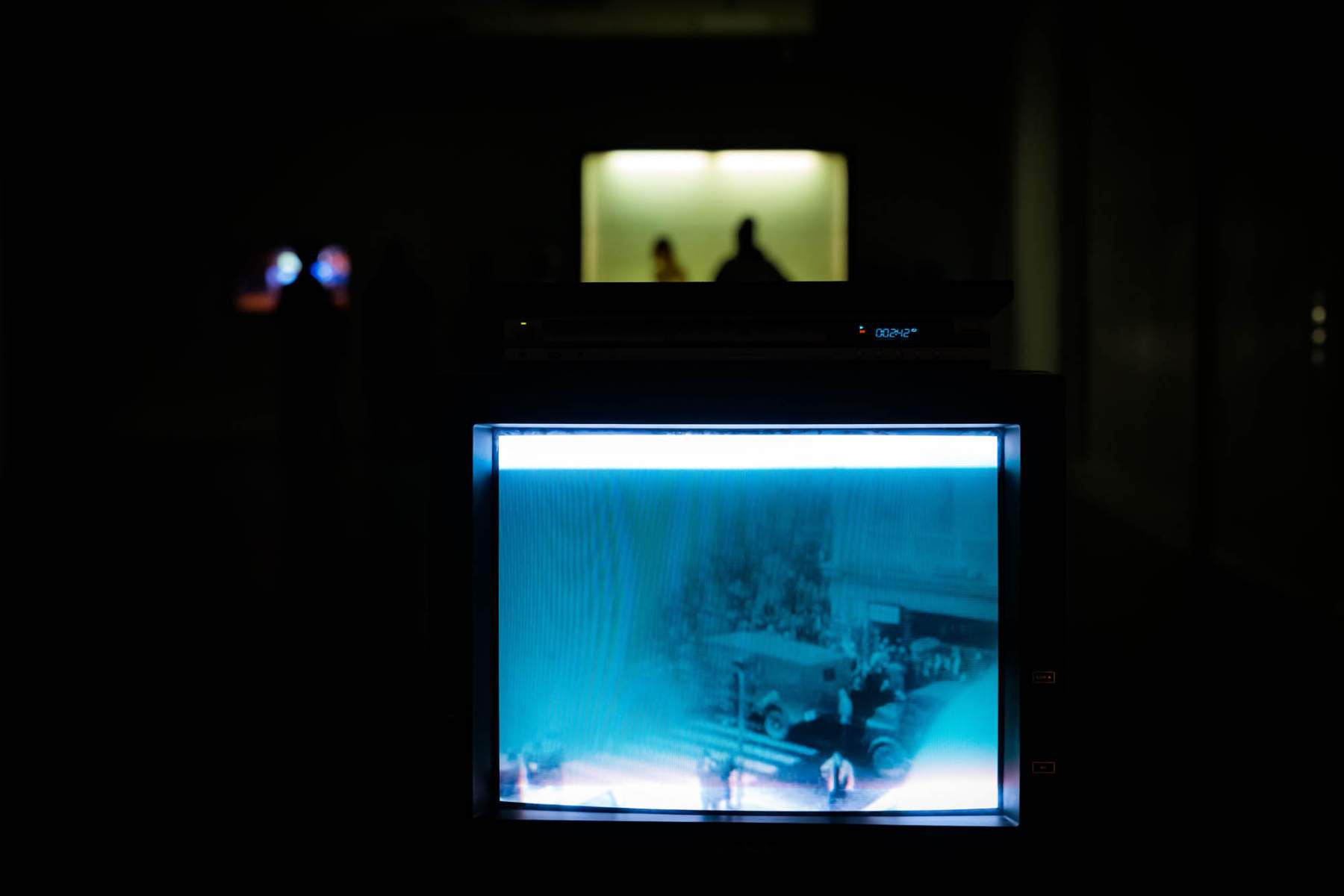

Photo: Sévérine Kpoti, © Biennale für Freiburg 2
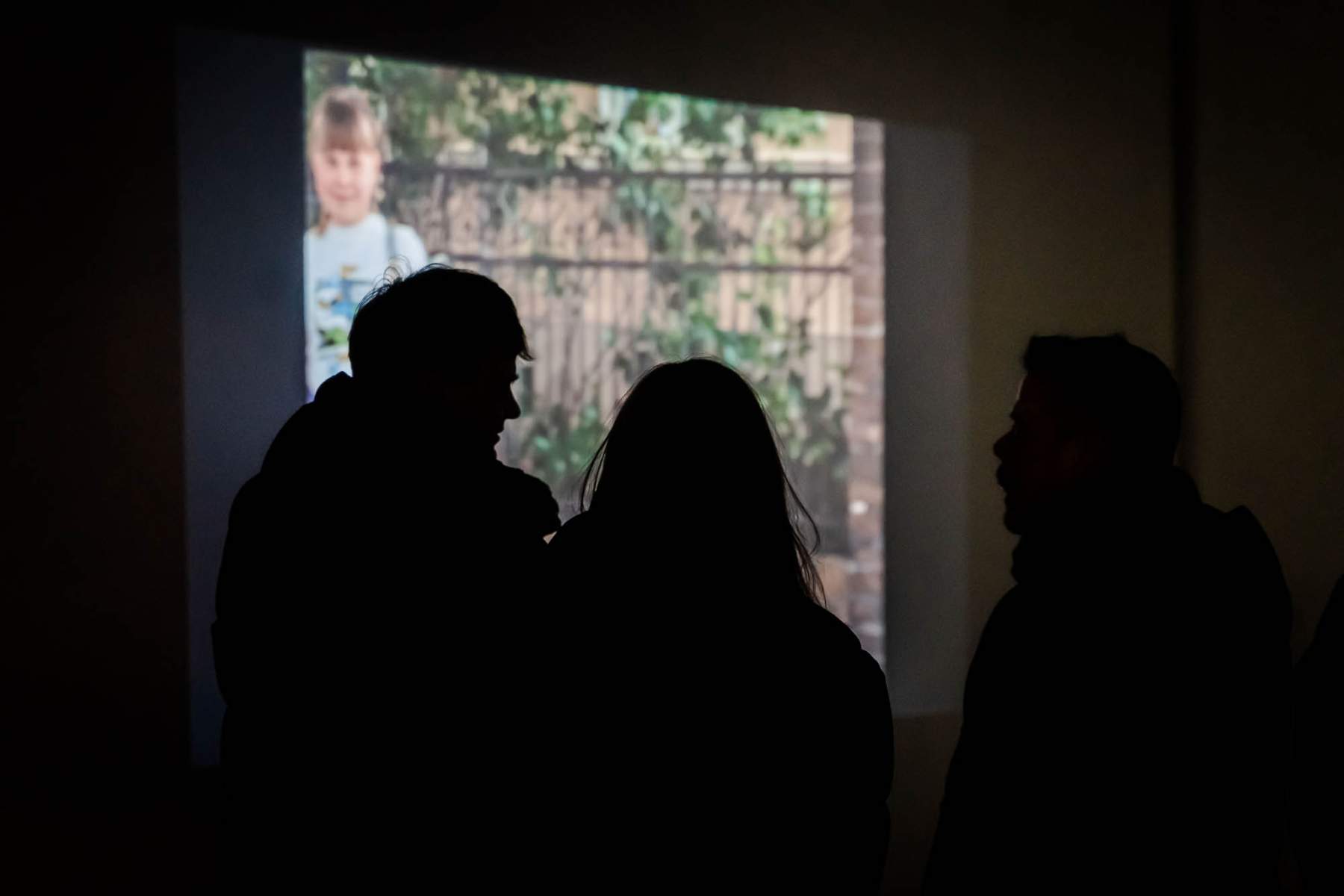

Photo: Sévérine Kpoti, © Biennale für Freiburg 2
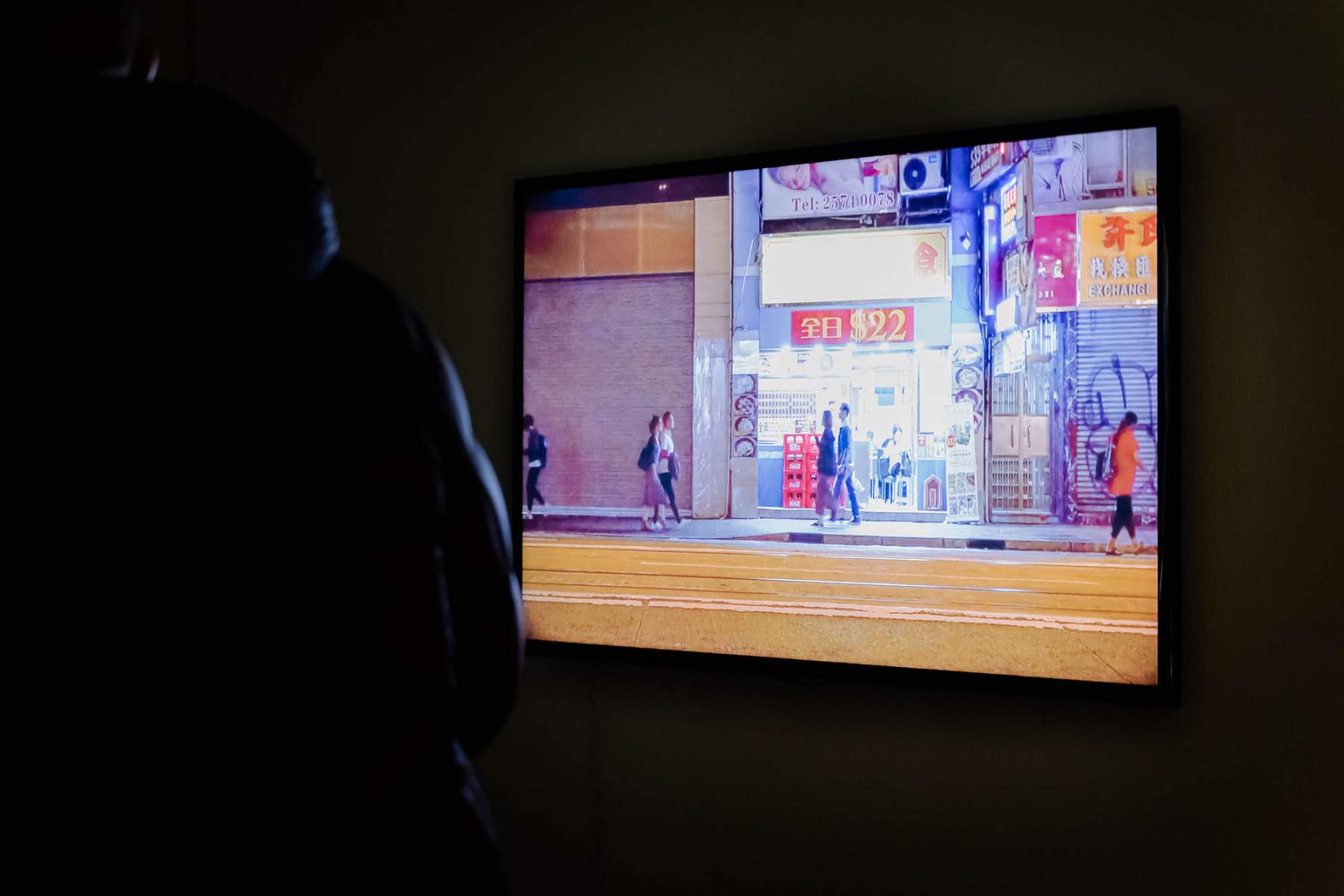

Photo: Sévérine Kpoti, © Biennale für Freiburg 2
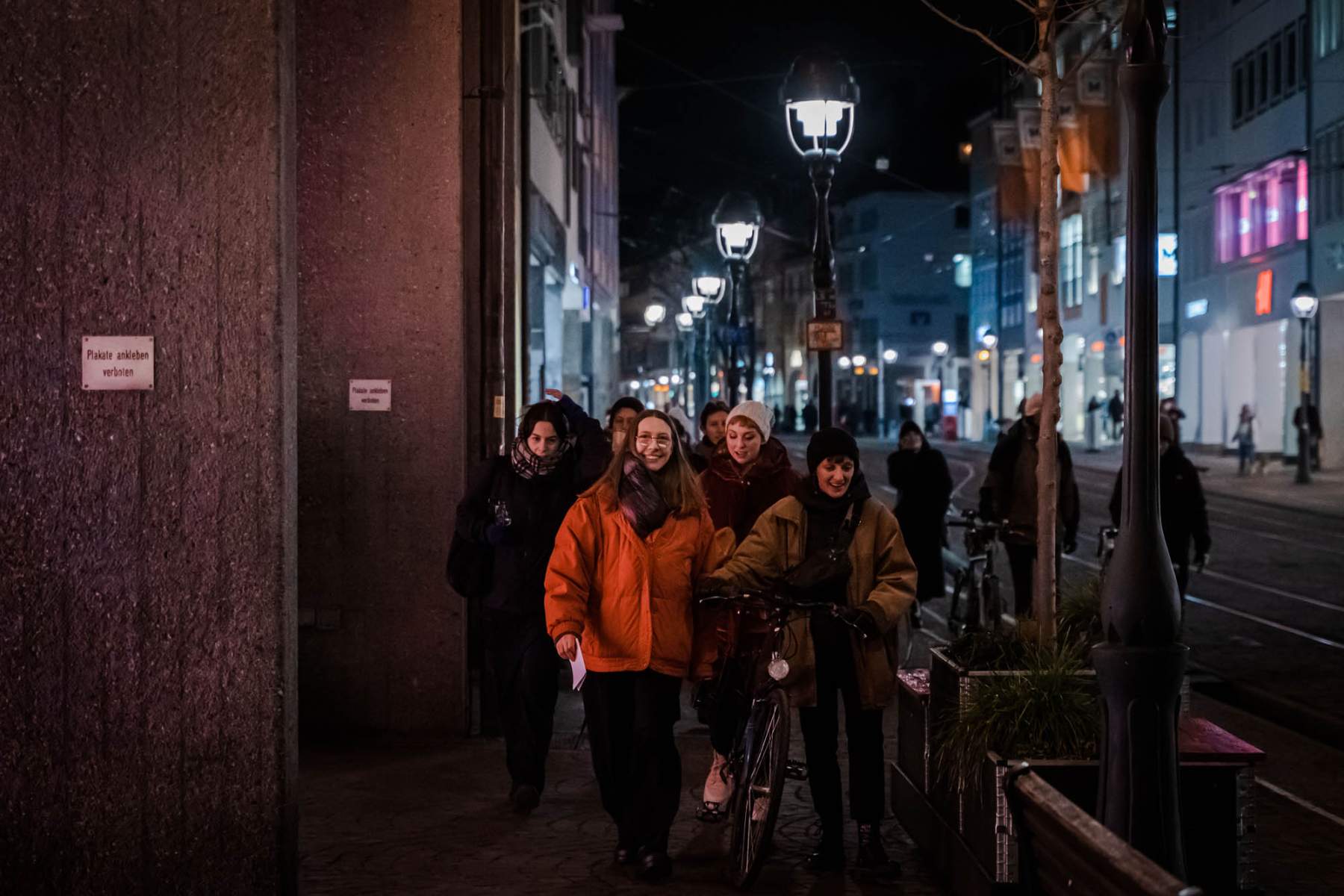

The group makes their way from Bertoldsbrunnen to DELPHI_space/gvbk.
Photo: Sévérine Kpoti, © Biennale für Freiburg 2
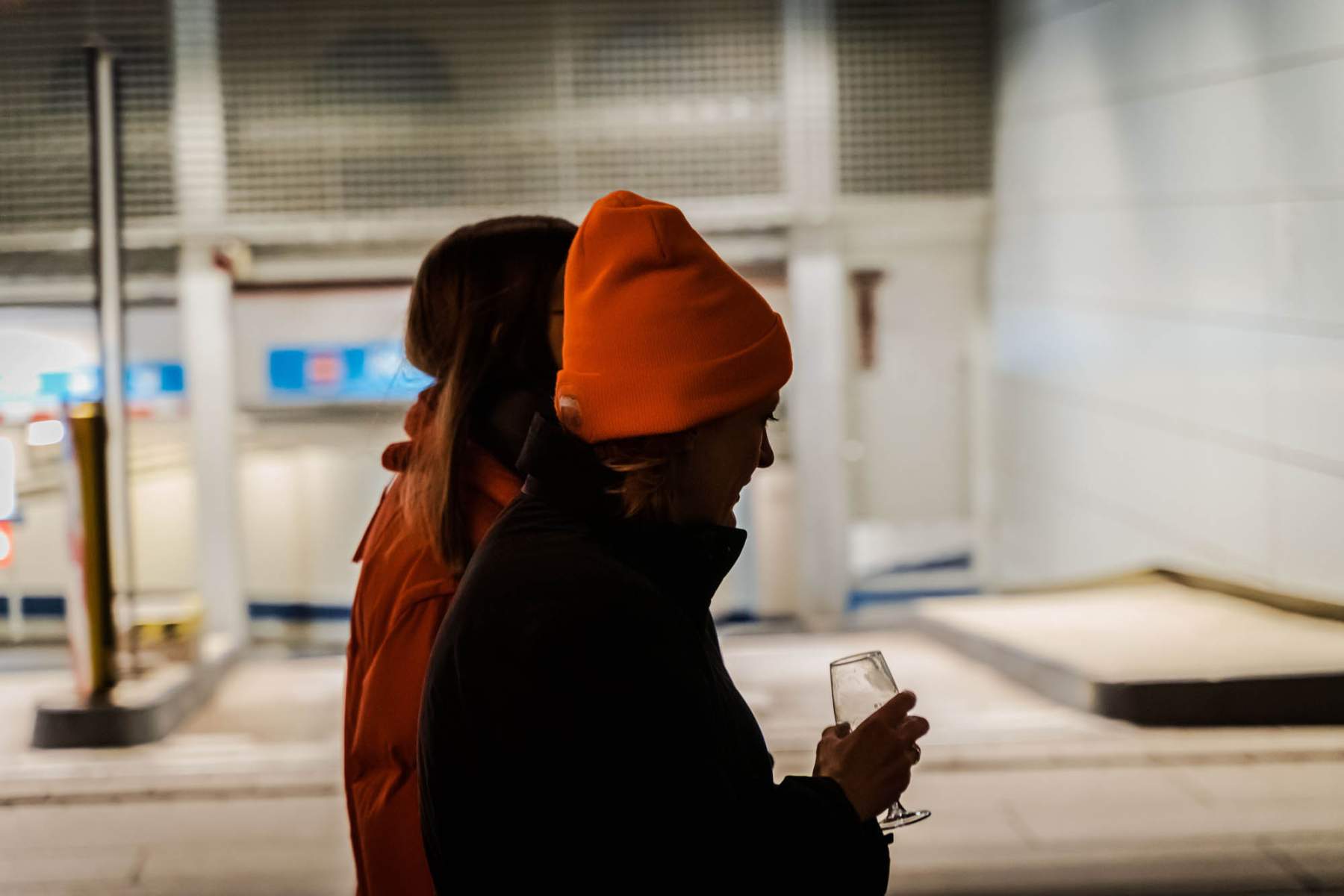

Photo: Sévérine Kpoti, © Biennale für Freiburg 2
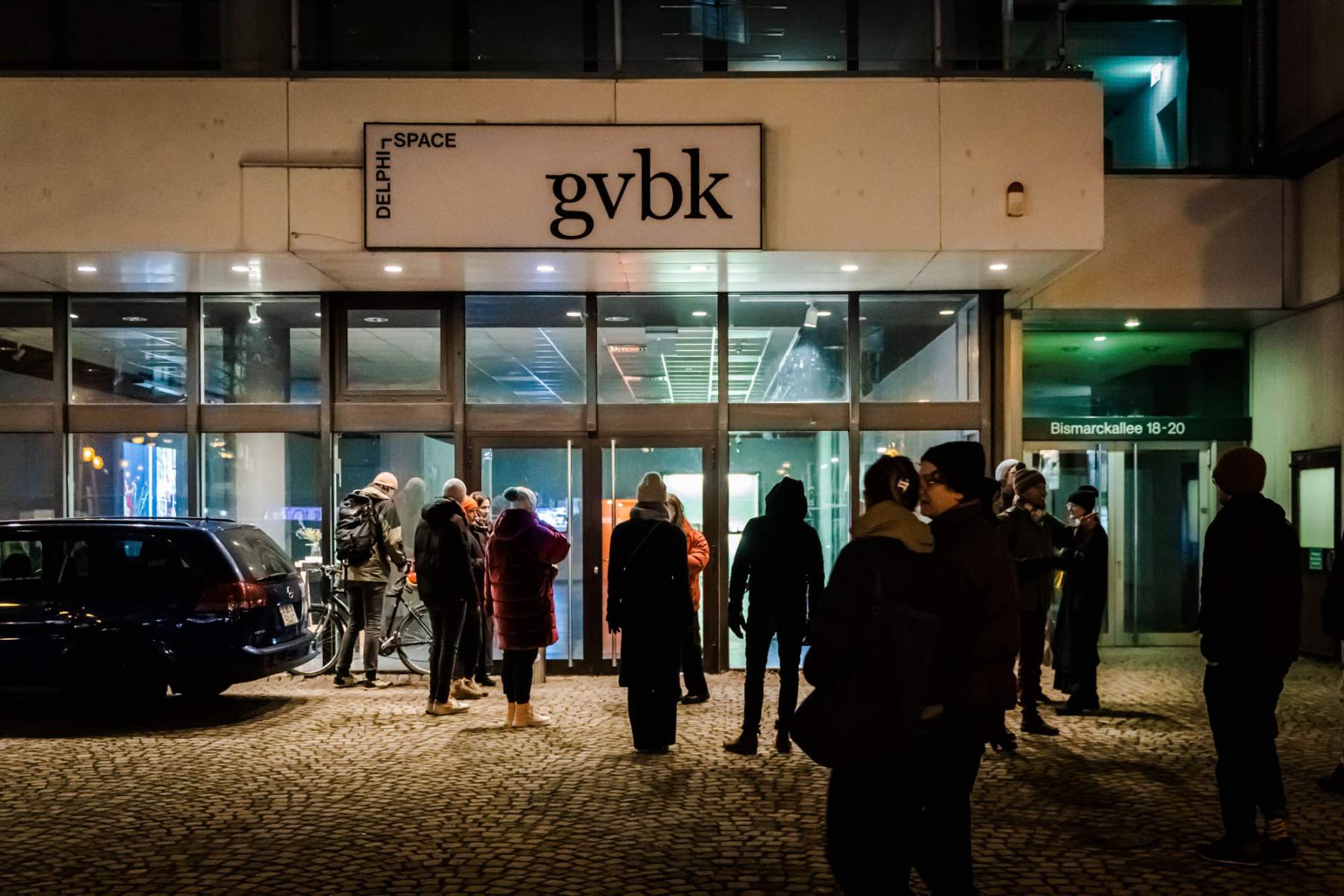

Photo: Sévérine Kpoti, © Biennale für Freiburg 2
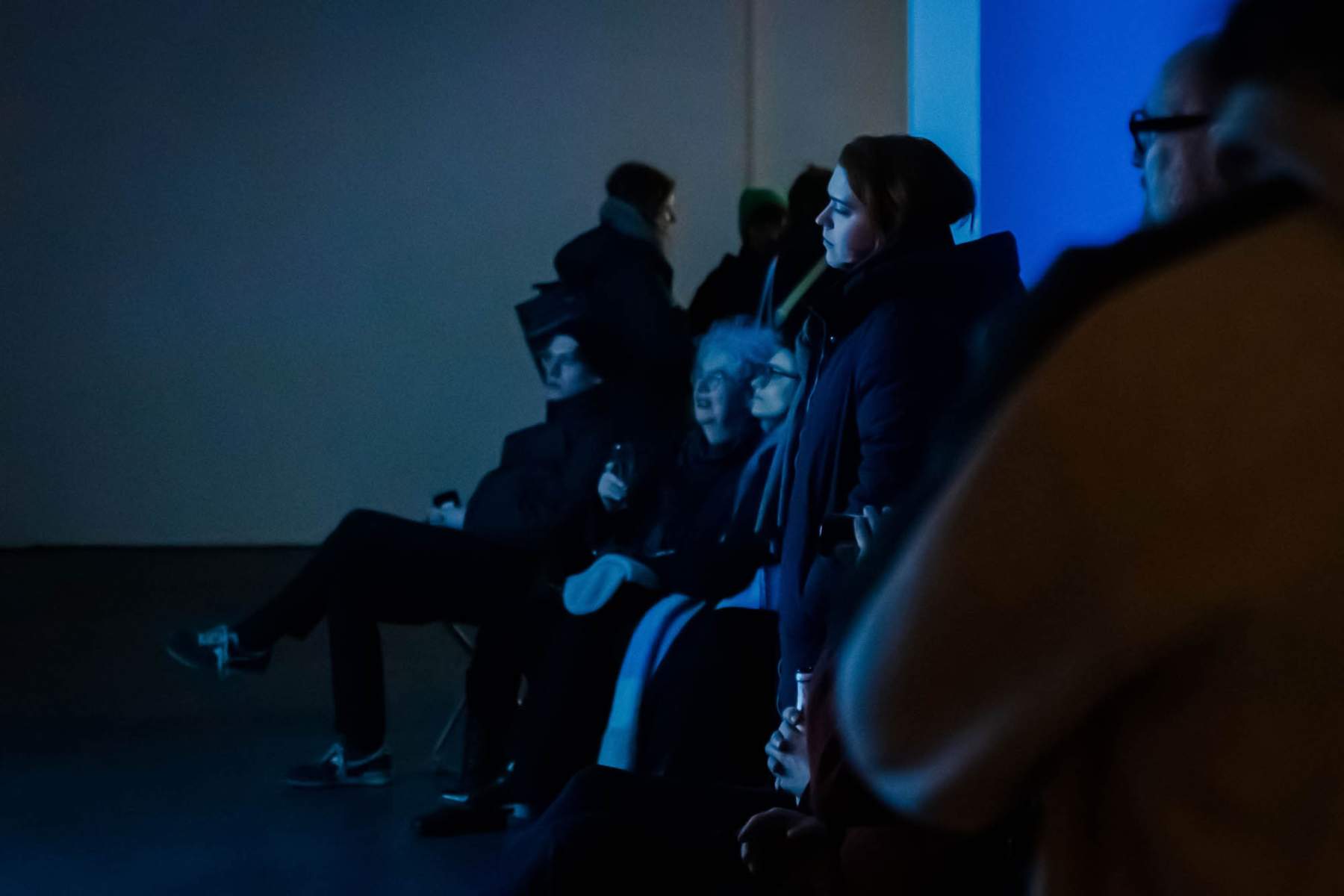

Photo: Sévérine Kpoti, © Biennale für Freiburg 2
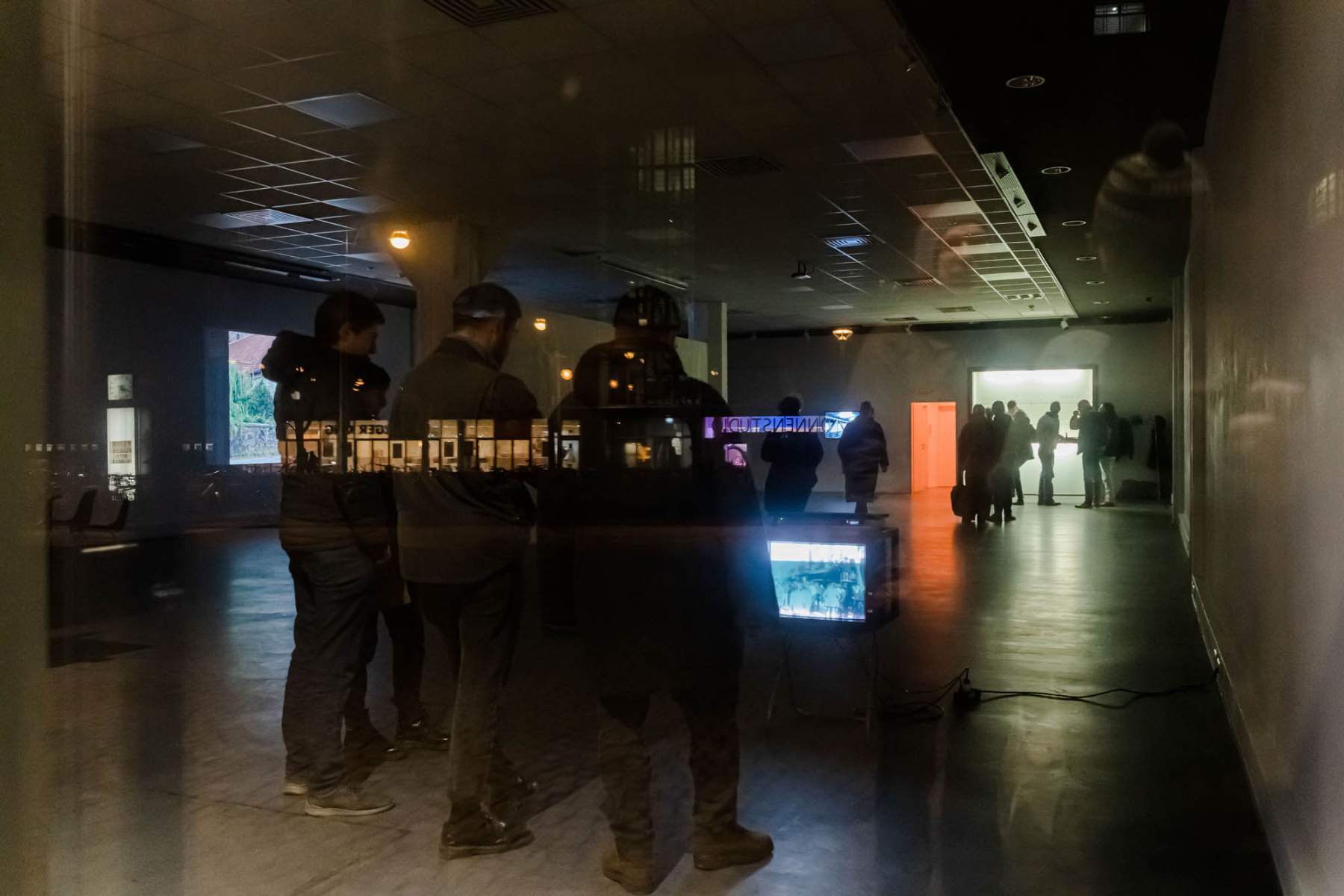

Photo: Sévérine Kpoti, © Biennale für Freiburg 2
Ayo Akingbade
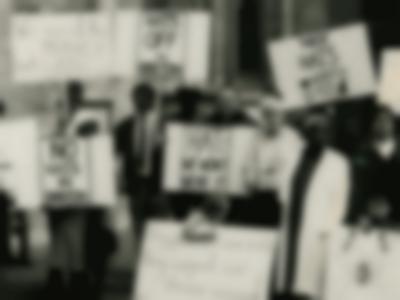
Ayo Akingbade

Ayo Akingbade, STREET 66, 2018, courtesy the artist and LUX, London
The works of Ayo Akingbade (1994, London, UK) deal with (post)colonial power dynamics and their legacies. The focus is on examining certain spatial-economic relations—such as land ownership or the regulations of space and time—and the influence they have on the individuals who live or work within them.
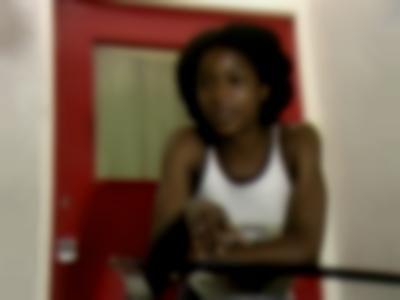
Ayo Akingbade, STREET 66, 2018, courtesy the artist and LUX, London
Akingbade has exhibited at numerous institutions including: Chisenhale Gallery, London, UK (2022, solo), Towner Eastbourne, UK (2022–2023, solo), Halle für Kunst Steiermark, Graz, AT (2021), Whitechapel Gallery, London, UK (2021), Instituto Tomie Ohtake, São Paulo, BR (2020), Towner International Biennial, Towner Eastbourne, UK (2019), the Institute of Contemporary Arts, London, UK (2019) and at the Film Society of Lincoln Center, New York, US (2017). Akingbade’s films have been screened at Cannes Film Festival, FR (2022), MoMA Doc Fortnight, New York, US (2021), Berwick Film & Media Arts Festival, US (2020), and Internationale Kurzfilmtage Oberhausen (2017). Akingbade was a finalist for the Visual Art for Arts Foundation Futures Award and received the Kleinwort Hambros Emerging Artist Prize, the Brewers Award, and the Loewe Foundation X Studio Voltaire Award.

Ayo Akingbade, STREET 66, 2018, courtesy the artist and LUX, London
Ayo Akingbade’s Film STREET 66 (2018) was screened at the Schau_Raum of the Museum für Neue Kunst.
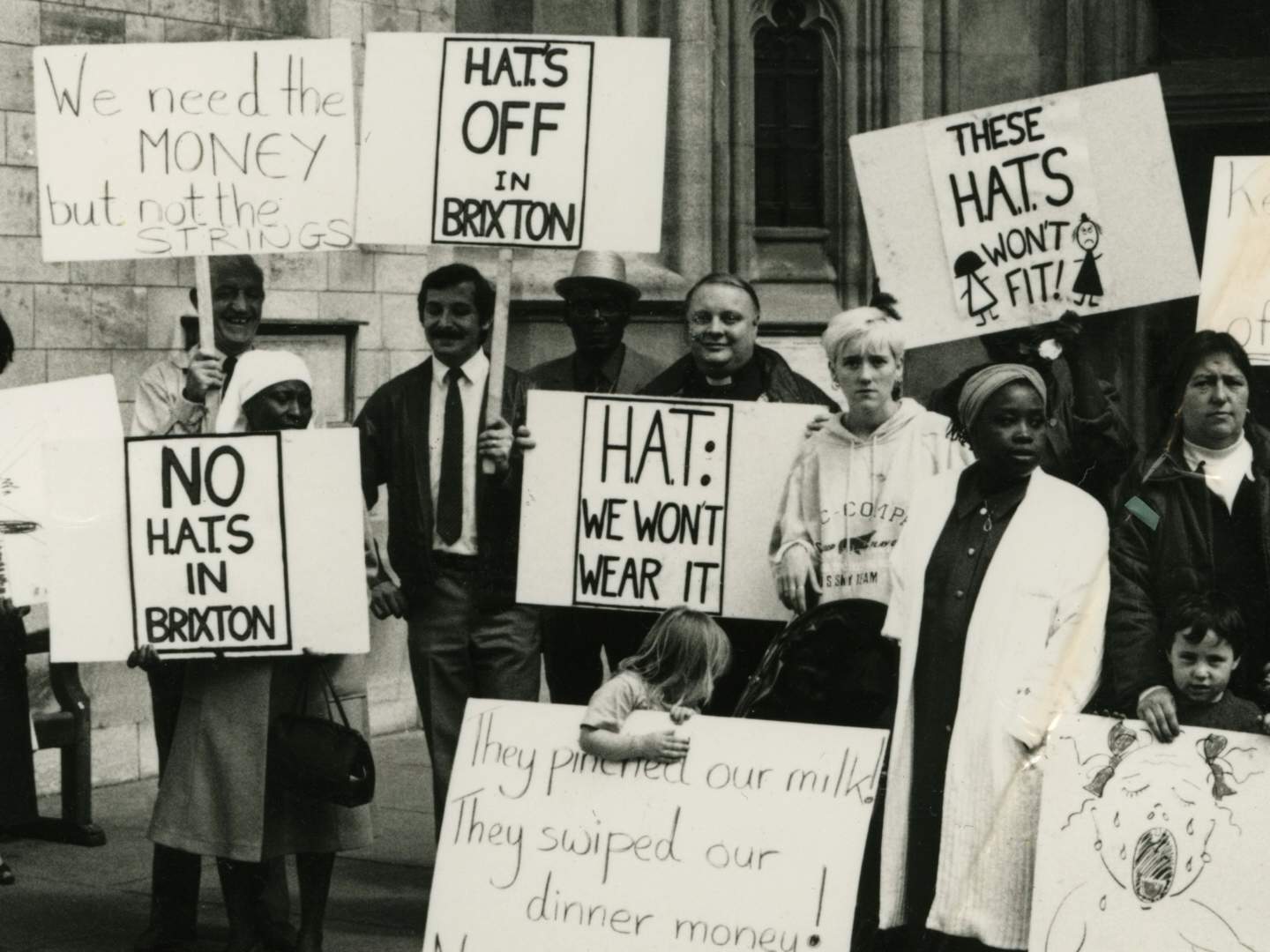

Ayo Akingbade, STREET 66, 2018, courtesy the artist and LUX, London
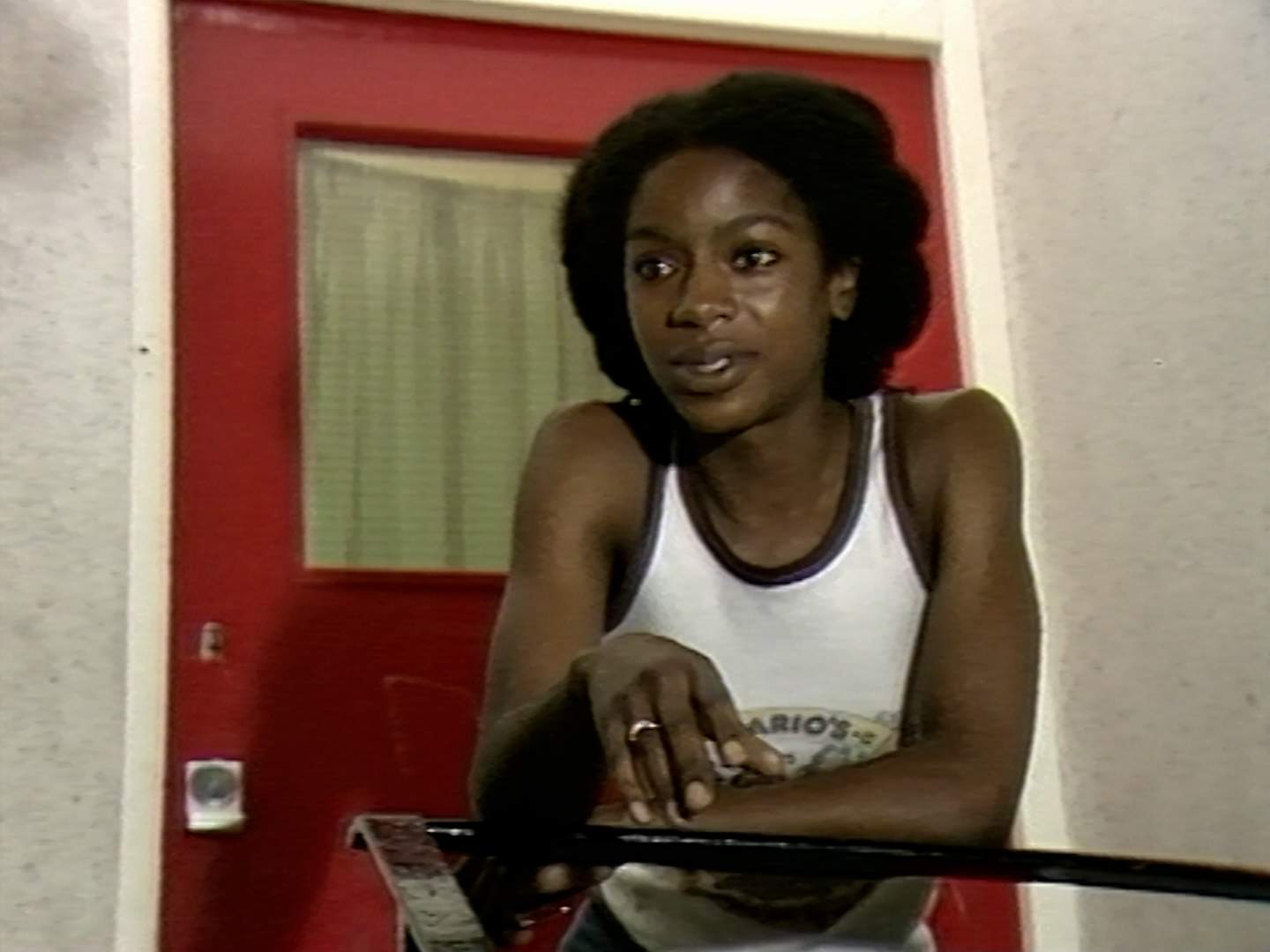

Ayo Akingbade, STREET 66, 2018, courtesy the artist and LUX, London
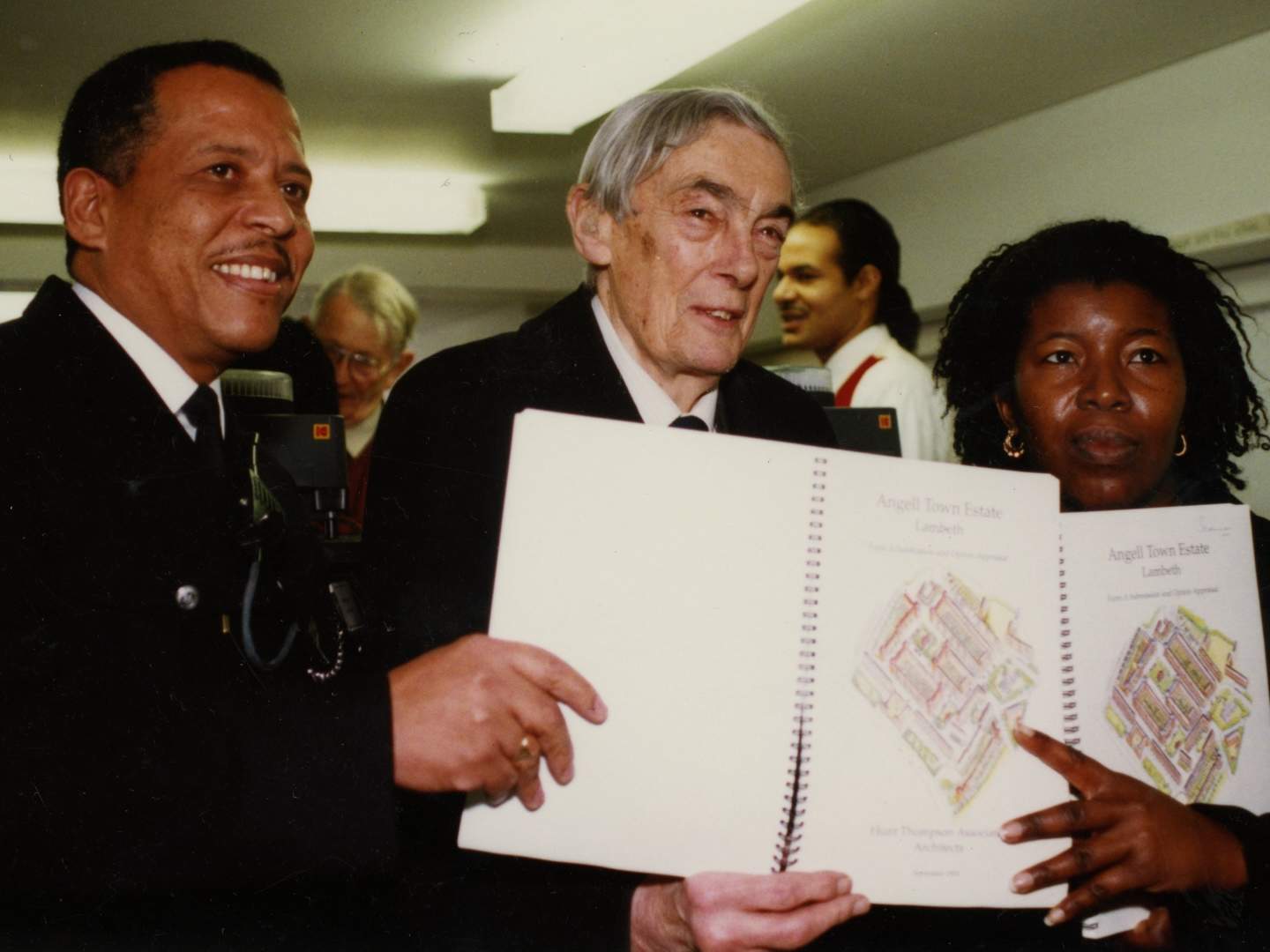

Ayo Akingbade, STREET 66, 2018, courtesy the artist and LUX, London
Samar Al Summary
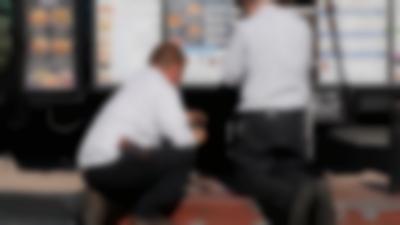
Samar Al Summary

Samar Al Summary, video still, MAKE IT A COMBO, 2021, courtesy the artist and Harlesden High Street, London
Samar Al Summary (1988, Jeddah, SA) is a Saudi- American artist and writer working in video, sculpture, installation, and photography. In her work, she layers and collages everyday objects to uncover their historical, economic, and material substructures, bringing mechanisms and fantasies of power to light.
Al Summary studied at the Skowhegan School of Painting and Sculpture, Madison, US and at the University of Arizona, Tucson, US. Her work has most recently been exhibited and screened at: JULIO Artist-run space, Paris, FR (2022), Harlesden High Street Gallery, London, UK (2021, solo), Organ Vida International Photography Festival, Zagreb, HR (2020), Internationale Kurzfilmtage Oberhausen (2020), Rencontres de la Photographie in Marrakesh, MA (2019), and Voies Off Awards Screening, Arles, FR (2019). From 2019 to 2020, she was part of the Ashkal Alwan Home Workspace Educational Fellowship.
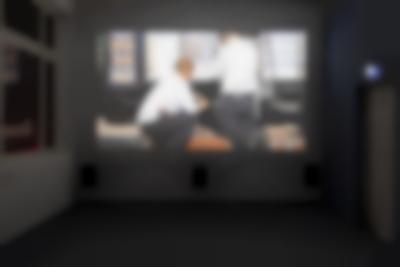
Samar Al Summary, MAKE IT A COMBO, 2021
Photo: Gina Folly, © Biennale für Freiburg 2
Samar Al Summary’s video MAKE IT A COMBO (2021) was screened at the Schau_Raum of the Museum für Neue Kunst.
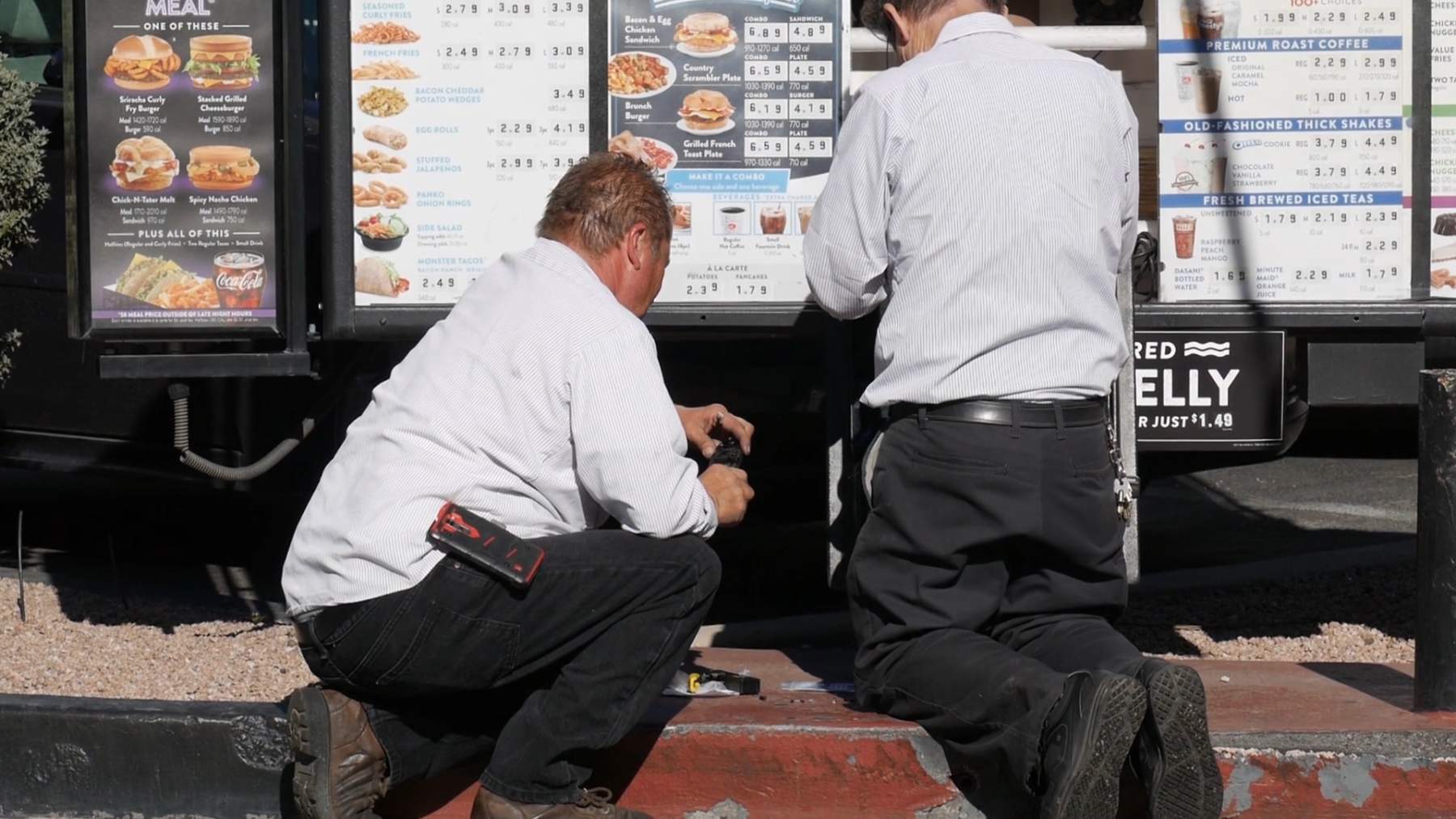

Samar Al Summary, video still, MAKE IT A COMBO, 2021, courtesy the artist and Harlesden High Street, London
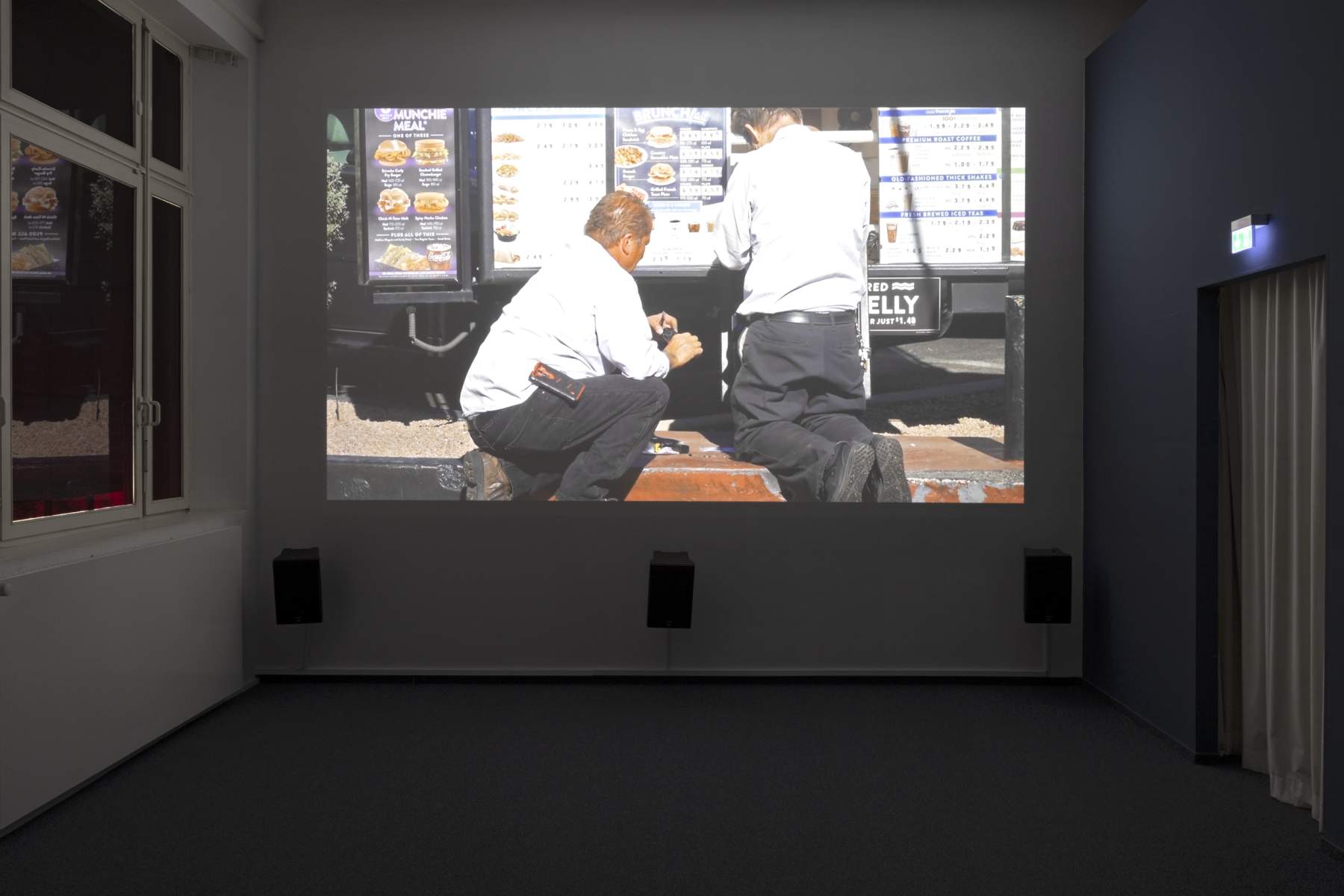

Samar Al Summary, MAKE IT A COMBO, 2021
Photo: Gina Folly, © Biennale für Freiburg 2
Halil Altındere
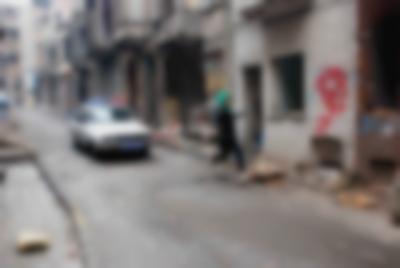
Halil Altındere

Halil Altındere, video still, WONDERLAND, 2013, courtesy the artist and Pilot Gallery Istanbul
Halil Altındere’s (1971, Mardin, TR) work deals with the political, social, and cultural codes of nation-states and repressive regimes, focusing especially on Turkey. To this end, he works across different media and in cooperative constellations, using symbols of state power to trouble representation and identification with the authoritarian system. Humor and irony are important modes of resisting everyday repression.
Altındere’s work has been shown in the following institutions and galleries, among others: Yapı Kredi Culture & Arts, Istanbul, TR (2019, solo), the 58th Biennale di Venezia, IT (2019), MAXXI, Rome, IT (2018), Gwangju Biennale, KR (2018), Andrew Kreps Gallery, New York, US (2017, solo), Neuer Berliner Kunstverein (2016, solo), the 9th Berlin Biennale (2016), MoMA PS1, New York, US (2014, solo), Pilot Gallery, Istanbul, TR (2014, solo), Manifesta 10, St. Petersburg, RU (2014), ICA Sofia, BG (2014), the 31st Biennale São Paulo, BR (2014), Centre Georges Pompidou, Paris, FR (2008), and documenta 12, Kassel (2007). In 2015 Altındere was the editor of the publication “User’s Manual 2.0: Contemporary Art in Turkey, 1975–2015.”
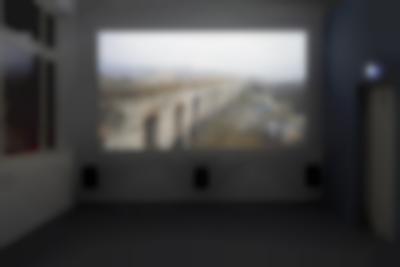
Halil Altındere, WONDERLAND, 2013
Photo: Gina Folly, © Biennale für Freiburg 2
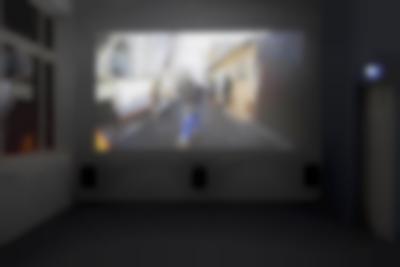
Halil Altındere, WONDERLAND, 2013
Photo: Gina Folly, © Biennale für Freiburg 2
Halil Altındere’s WONDERLAND (2013) was screened at the Schau_Raum of the Museum für Neue Kunst.
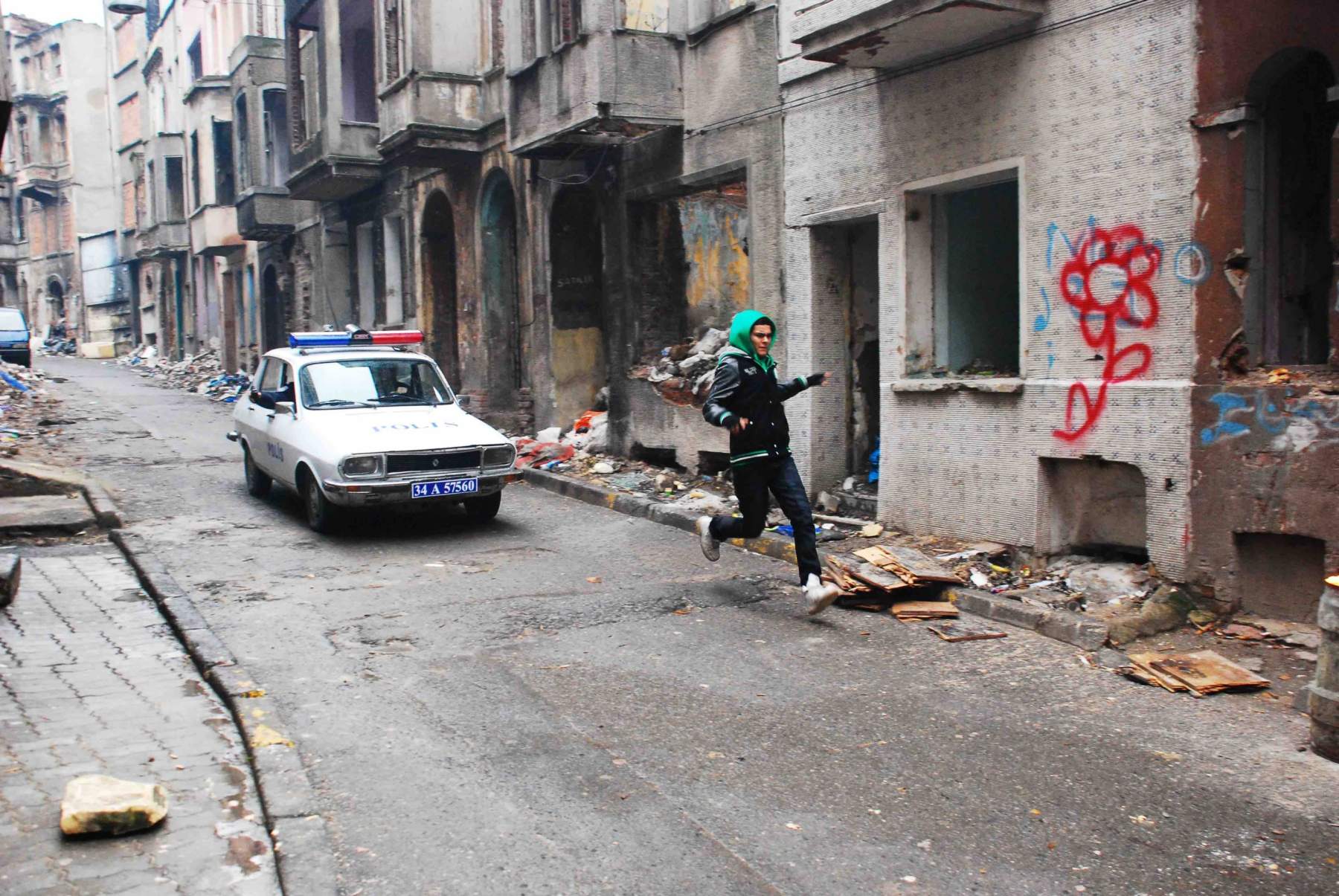

Halil Altındere, video still, WONDERLAND, 2013, courtesy the artist and Pilot Gallery Istanbul
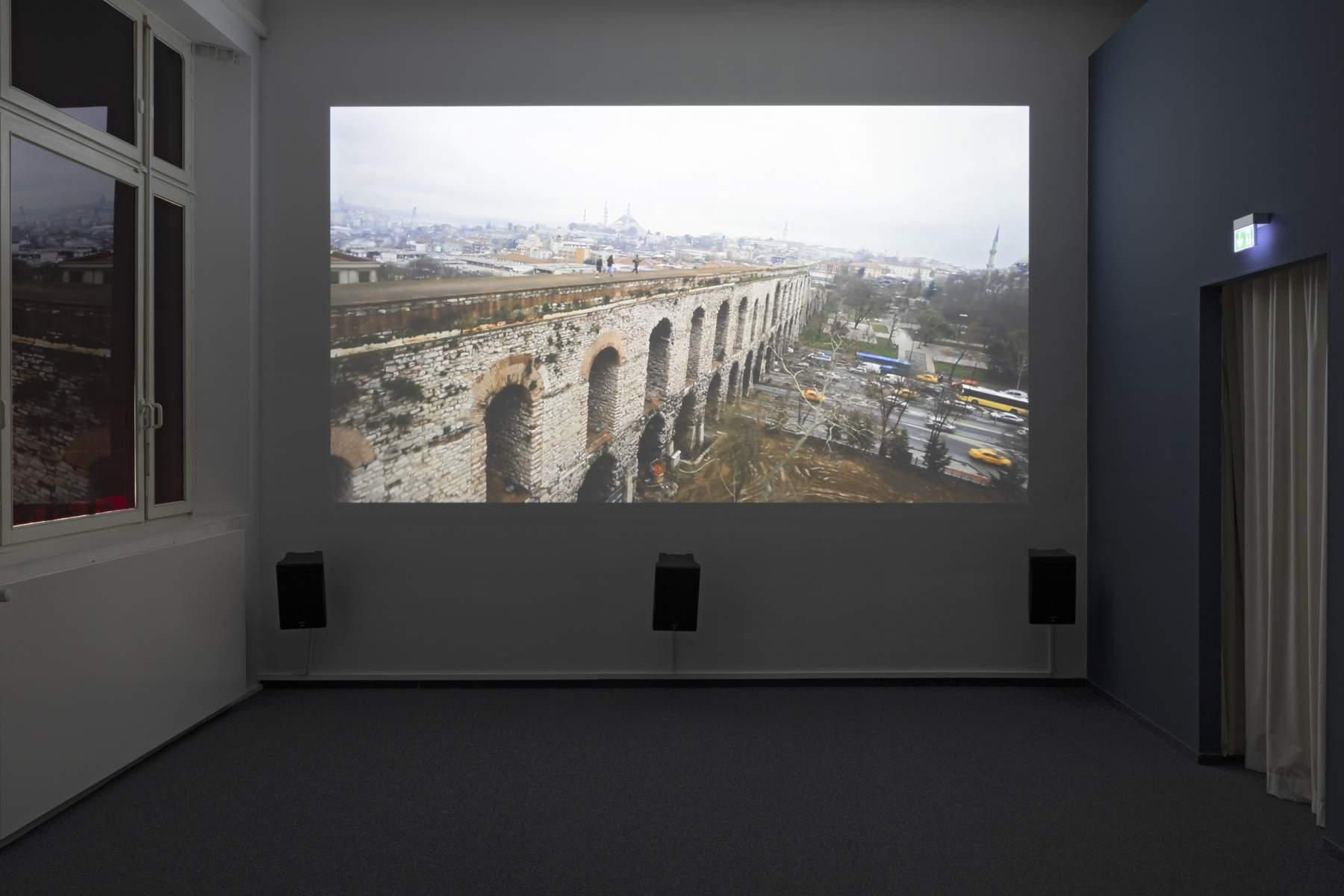

Halil Altındere, WONDERLAND, 2013
Photo: Gina Folly, © Biennale für Freiburg 2
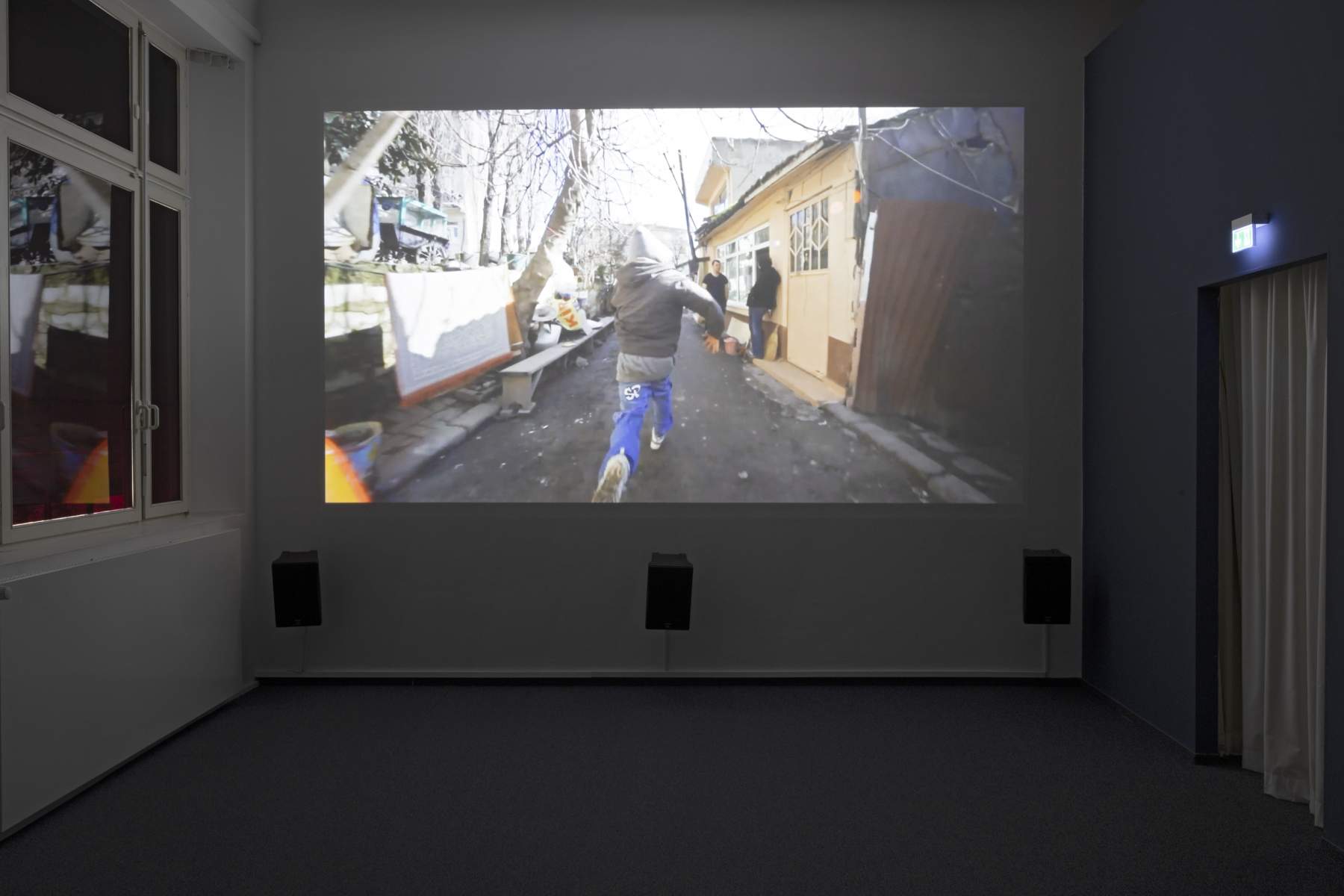

Halil Altındere, WONDERLAND, 2013
Photo: Gina Folly, © Biennale für Freiburg 2
Danielle Arbid
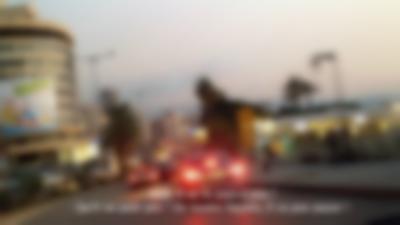
Danielle Arbid

Danielle Arbid, video still, ÂLLO CHÉRIE, 2016, courtesy the artist
The work of Danielle Arbid (1970, Beirut, LB) is the result of deep engagement with the lived realities of people in the streets, complex political conditions, and her own history. Arbid fled Lebanon during the civil war in 1987 and studied literature at the Sorbonne Université in Paris, FR. Themes of freedom, self-realization, and equality during times of war are central to her film works, alongside social and socio-economic conflicts.
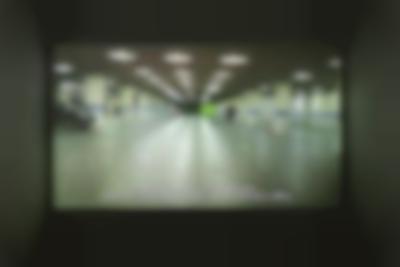
Danielle Arbid, ÂLLO CHÉRIE, 2016
Photo: Gina Folly, © Biennale für Freiburg 2
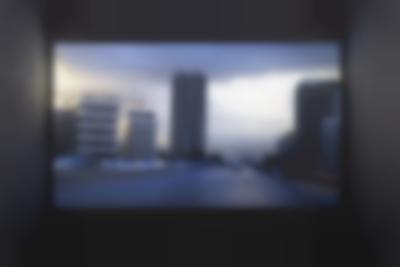
Danielle Arbid, ÂLLO CHÉRIE, 2016
Photo: Gina Folly, © Biennale für Freiburg 2
As a director and screenwriter, Arbid has been making short and feature-length films, video essays, and documentaries since 1997. Most recently, her work has been exhibited and screened at the following institutions: Fondation Boghossian, Brussels, BE (2023), Centre Georges Pompidou, Paris, FR (2022), Musée des Beaux-Arts de Rennes, FR (2020), and Musée d’Art contemporain du Val-de-Marne, Vitry-sur-Seine, FR (2019). In addition, her works have been part of numerous film festivals, including Festival de Cannes, FR, Toronto International Film Festival, CA, Zurich Film Festival, CH, Busan International Film Festival, KR, and Festival Lumière in Lyon, FR. In 2022, Arbid represented the Lebanese pavilion together with artist Ayman Baalbaki at the 59th Biennale di Venezia, IT.
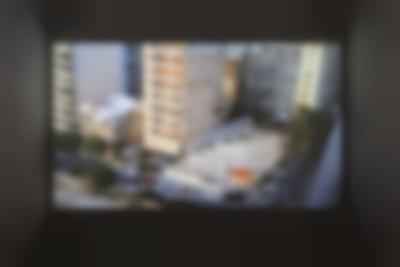
Danielle Arbid, ÂLLO CHÉRIE, 2016
Photo: Gina Folly, © Biennale für Freiburg 2
The filmic work ÂLLO CHÉRIE (2016) by Danielle Arbid was on view at Kaiserwache.
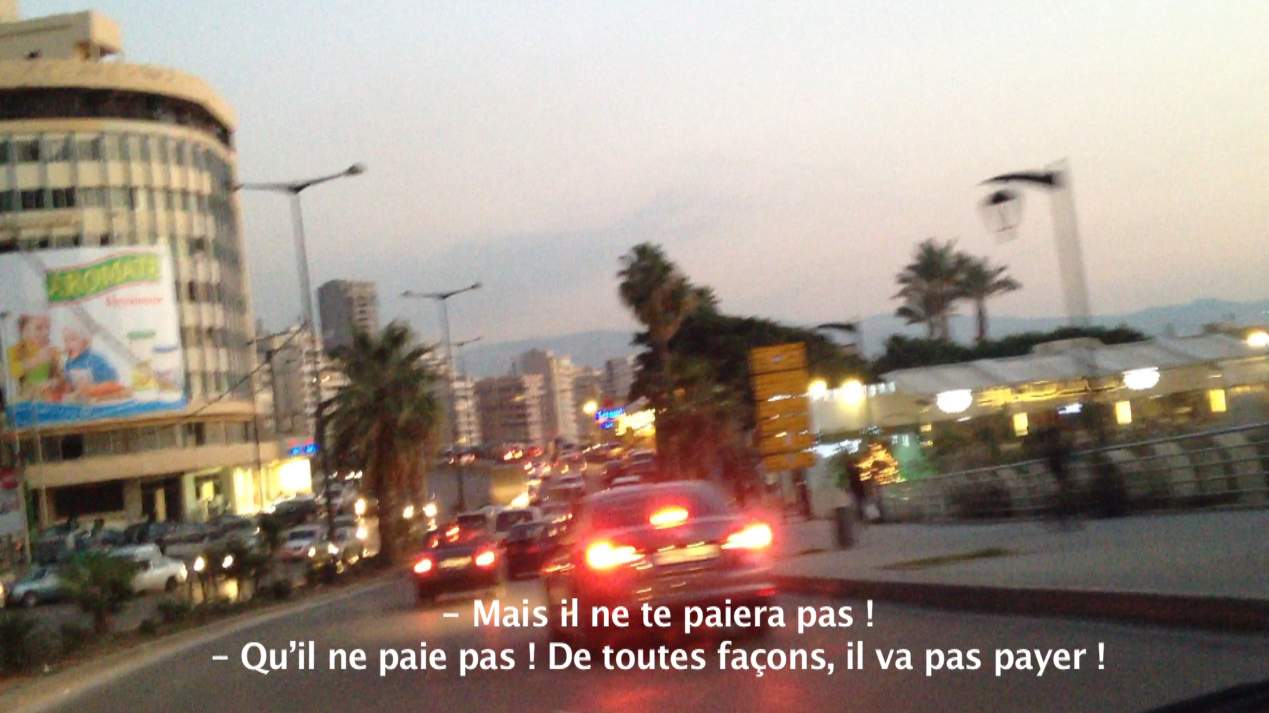

Danielle Arbid, video still, ÂLLO CHÉRIE, 2016, courtesy the artist
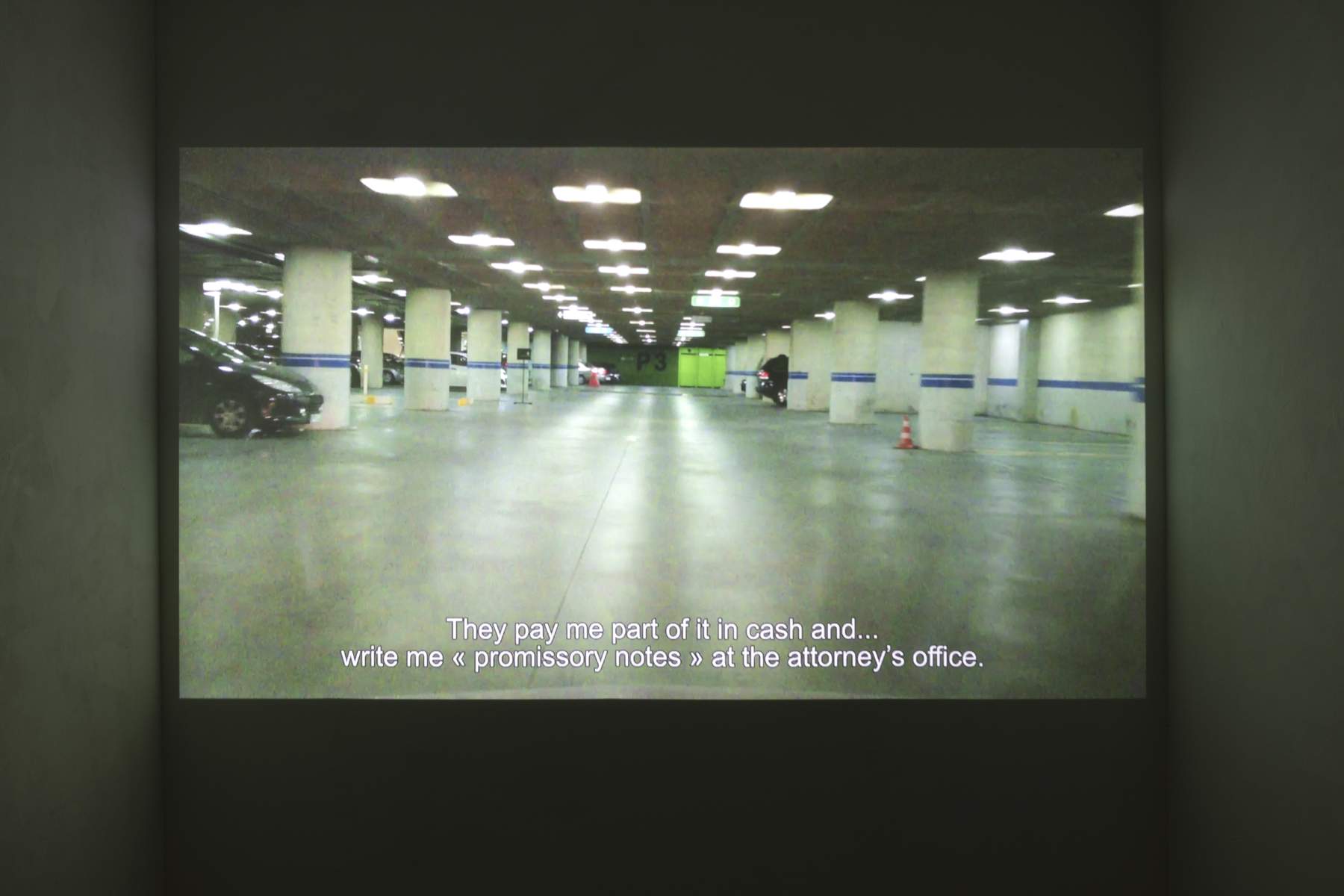

Danielle Arbid, ÂLLO CHÉRIE, 2016
Photo: Gina Folly, © Biennale für Freiburg 2
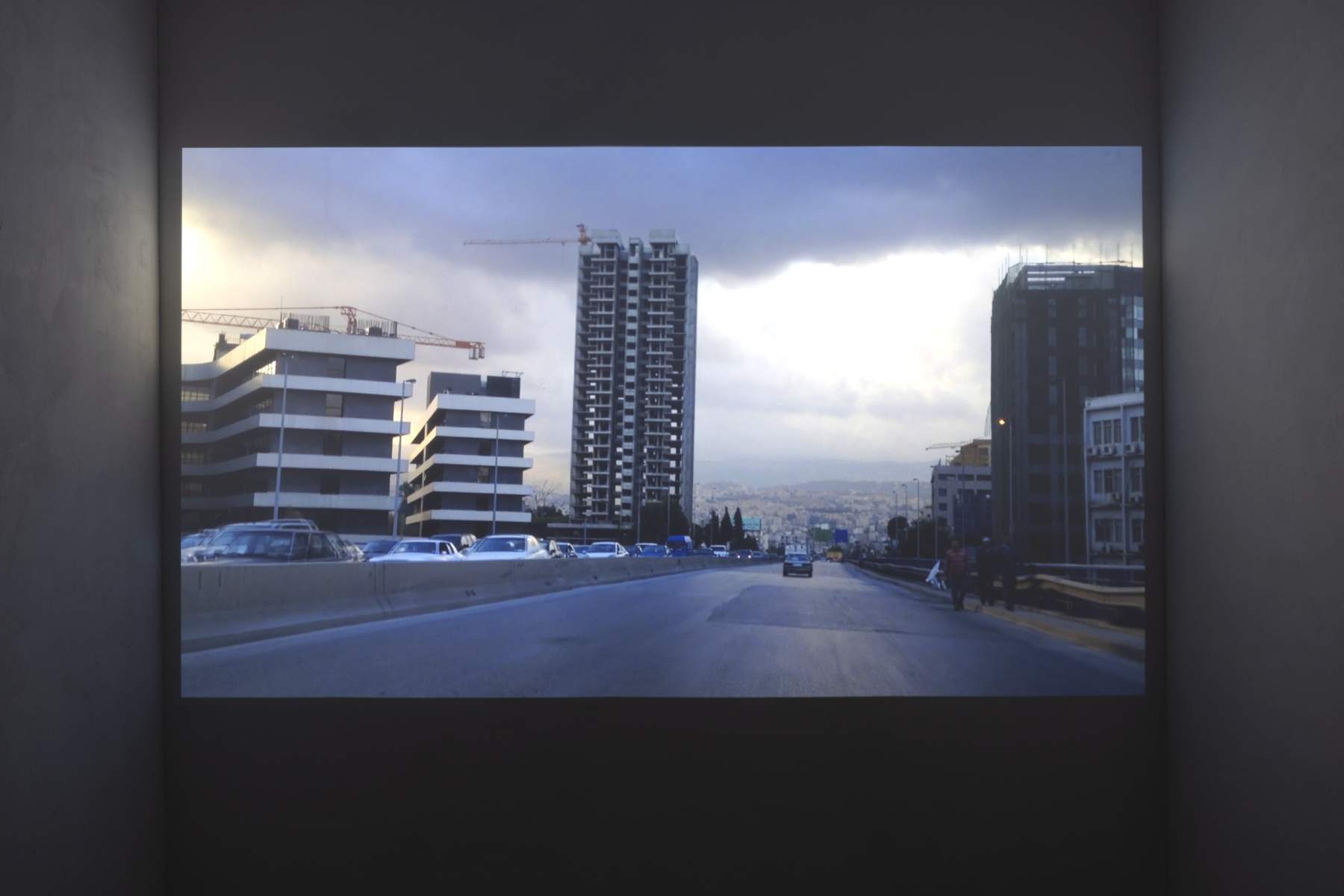

Danielle Arbid, ÂLLO CHÉRIE, 2016
Photo: Gina Folly, © Biennale für Freiburg 2
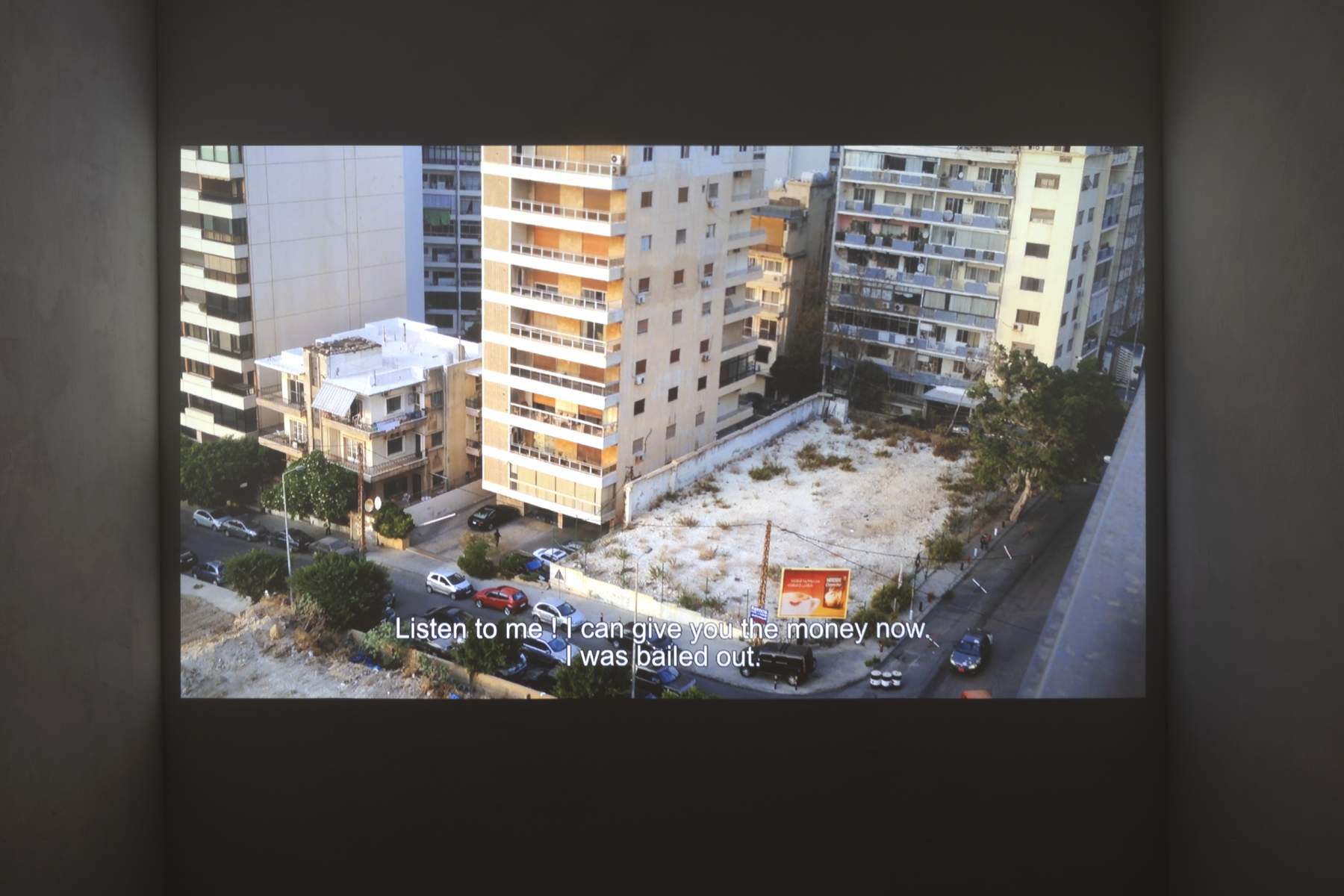

Danielle Arbid, ÂLLO CHÉRIE, 2016
Photo: Gina Folly, © Biennale für Freiburg 2
James Gregory Atkinson
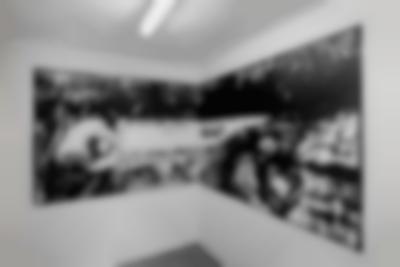
James Gregory Atkinson

James Gregory Atkinson, FRIEDRICHSTR. 24, 2023, installation view Pförtnerhaus
Photo: Gina Folly, © Biennale für Freiburg 2
In his research-based exhibition projects, German- American artist James Gregory Atkinson combines autobiographical elements with political histories to address the absence of Afro-German experiences within established histographies. In doing so, Atkinson draws on transnational Black and queer narratives, recasting these and bringing them into a dialogue with the present. Atkinson expanded conception not only archives but also places, bodies and oral as well as performative practices as historical carriers. In Atkinsons practices not only archives, but also places, bodies and oral as well as performative practices function as historical carriers. Through documenta- tion of Black life, Atkinson creates alternative ways of confronting the past.
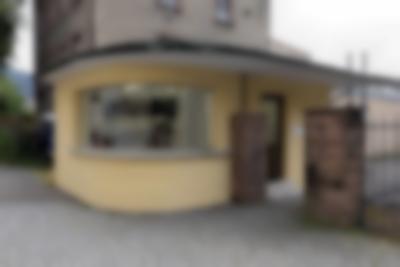
James Gregory Atkinson, FRIEDRICHSTR. 24, 2023, installation view Pförtnerhaus (exterior view)
Photo: Gina Folly, © Biennale für Freiburg 2
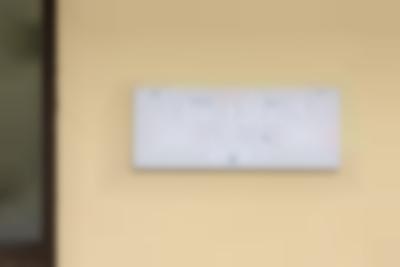
James Gregory Atkinson, FRIEDRICHSTR. 24, 2023, installation view Pförtnerhaus
Photo: Gina Folly, © Biennale für Freiburg 2
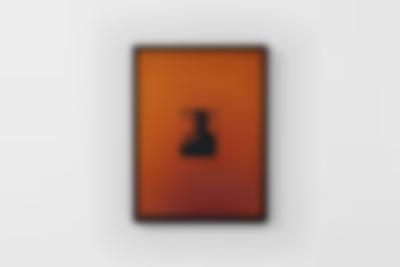
James Gregory Atkinson, FRIEDRICHSTR. 24, 2023, installation view Pförtnerhaus
Photo: Sévérine Kpoti, © Biennale für Freiburg 2
Atkinson has received international scholarships and artist residencies at Villa Aurora, Los Angeles, US (2016), Jan van Eyck Academie, Maastricht, NL (2017), and a studio fellowship from the Hessische Kulturstiftung in New York, US (2018). He has had solo exhibitions at the Goethe-Institut Seattle, US (2021), Dortmunder Kunstverein (2021–2022), and Frankfurt Studiengalerie 1.357 (2023). Additionally, Atkinson has participated in the 72nd Berlinale, Berlin (2022) and numerous group exhibitions, including at Portikus, Frankfurt am Main (2023) and Galerie Capitain Petzel, Berlin (2022). His works can be found in Germany’s Federal Collection of Contemporary Art, Bonn, as well as in the Museum für Moderne Kunst collection, Frankfurt am Main. In the winter semester of 2022, he undertook a lecture series with Dr. Antje Krause-Wahl at Goethe-Universität Frankfurt.
Project Assistance: Aaliyah Lauterkranz
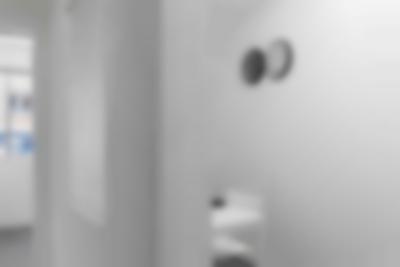
James Gregory Atkinson, FRIEDRICHSTR. 24, 2023, installation view Pförtnerhaus
Photo: Sévérine Kpoti, © Biennale für Freiburg 2
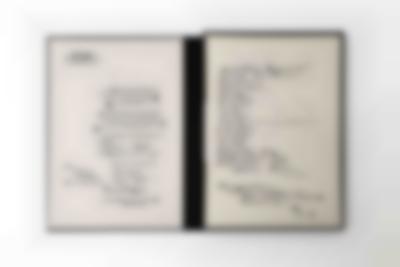
James Gregory Atkinson, FRIEDRICHSTR. 24, 2023, installation view Pförtnerhaus
Photo: Sévérine Kpoti, © Biennale für Freiburg 2
James Gregory Atkinson’s FRIEDRICHSTR. 24 (2023) was exhibited at Pförtnerhaus.
Credit materials exhibited: Courtesy of the artist, Bundesarchiv, Staatsarchiv der Freien und Hansestadt Hamburg, Landesarchiv Berlin, Staatsbibliothek zu Berlin – Preußischer Kulturbesitz, Adolf Rüger, DOMiD e.v., Landesarchiv Baden-Württemberg
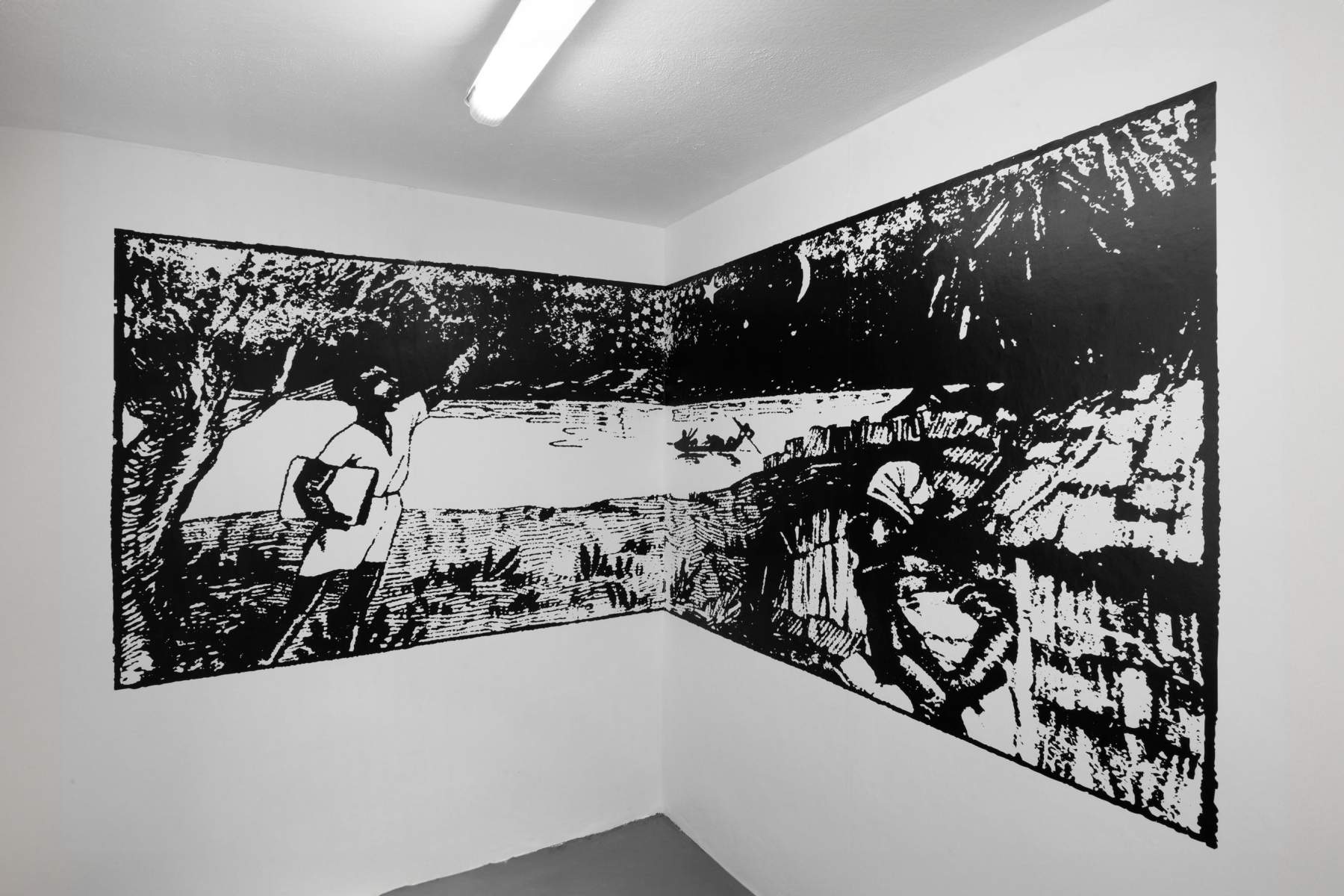

James Gregory Atkinson, FRIEDRICHSTR. 24, 2023, installation view Pförtnerhaus
Photo: Gina Folly, © Biennale für Freiburg 2
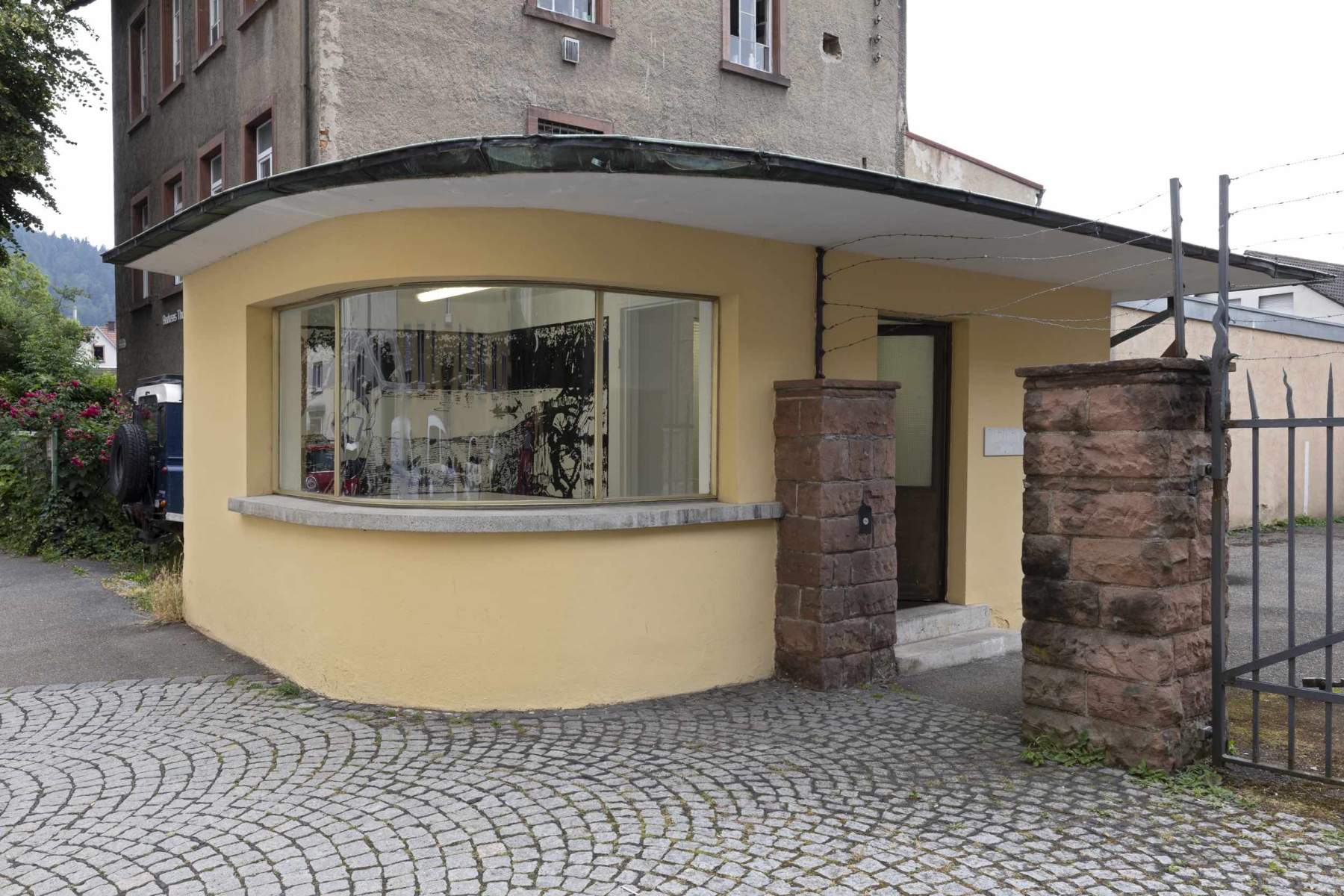

James Gregory Atkinson, FRIEDRICHSTR. 24, 2023, installation view Pförtnerhaus (exterior view)
Photo: Gina Folly, © Biennale für Freiburg 2
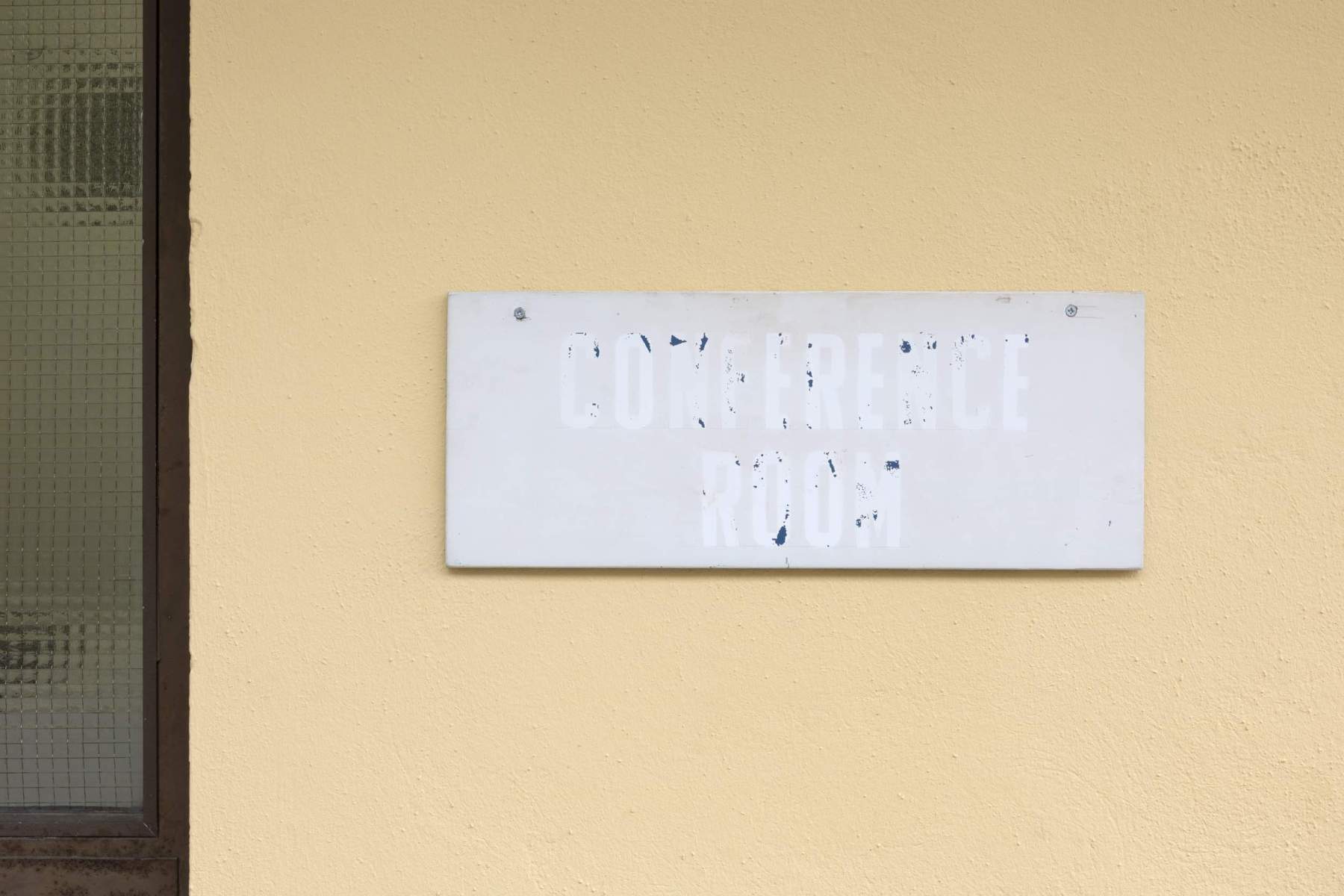

James Gregory Atkinson, FRIEDRICHSTR. 24, 2023, installation view Pförtnerhaus
Photo: Gina Folly, © Biennale für Freiburg 2
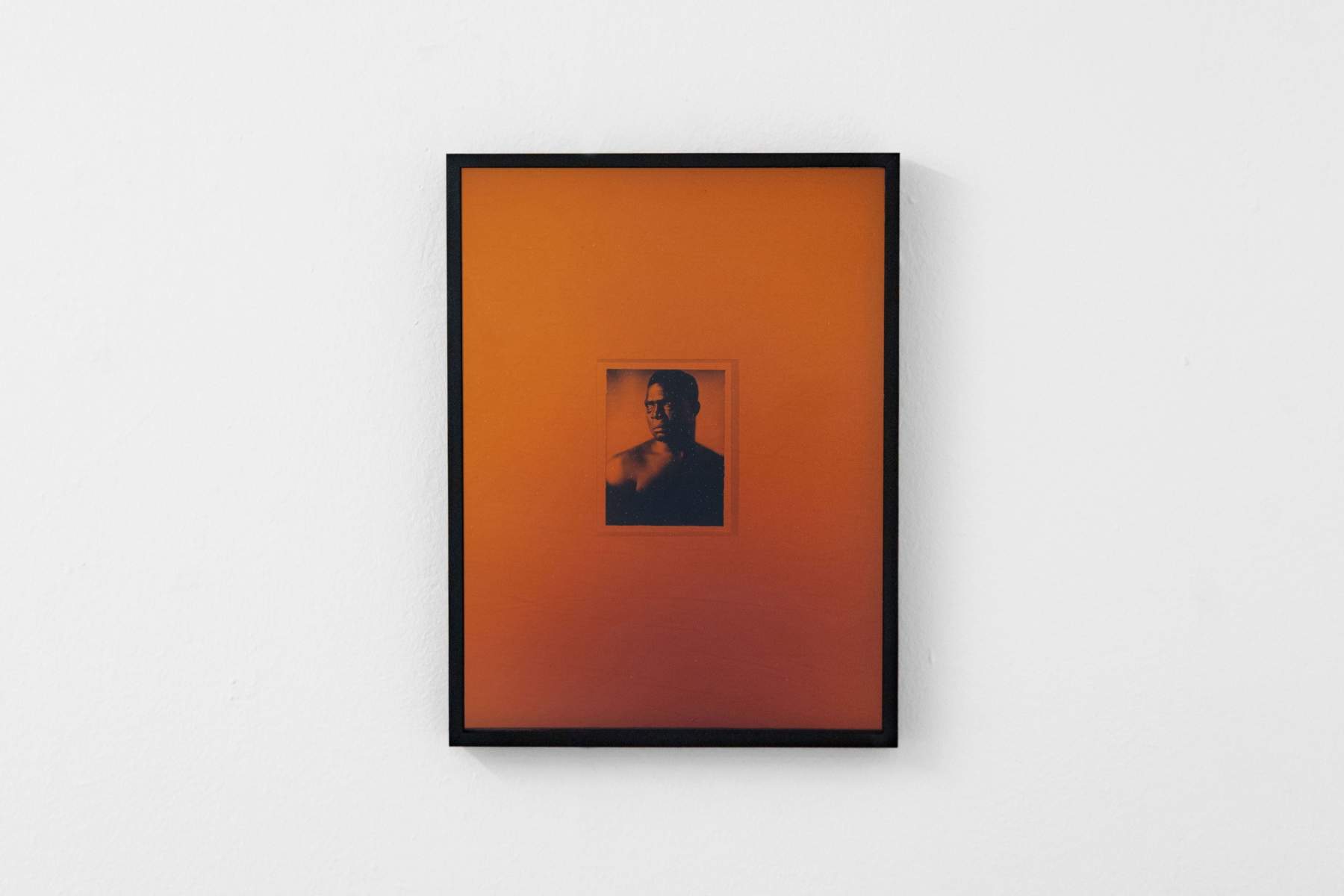

James Gregory Atkinson, FRIEDRICHSTR. 24, 2023, installation view Pförtnerhaus
Photo: Sévérine Kpoti, © Biennale für Freiburg 2
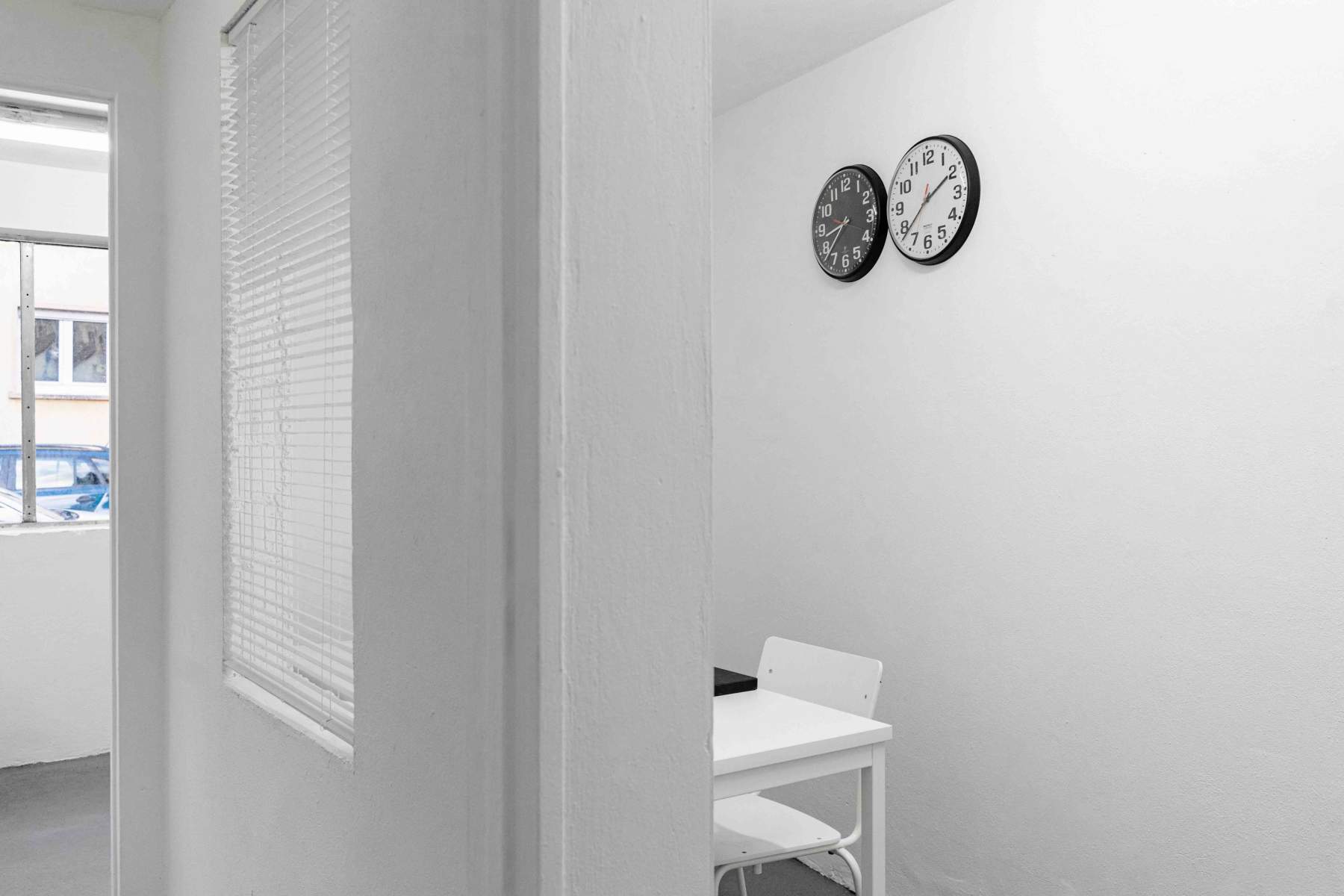

James Gregory Atkinson, FRIEDRICHSTR. 24, 2023, installation view Pförtnerhaus
Photo: Sévérine Kpoti, © Biennale für Freiburg 2
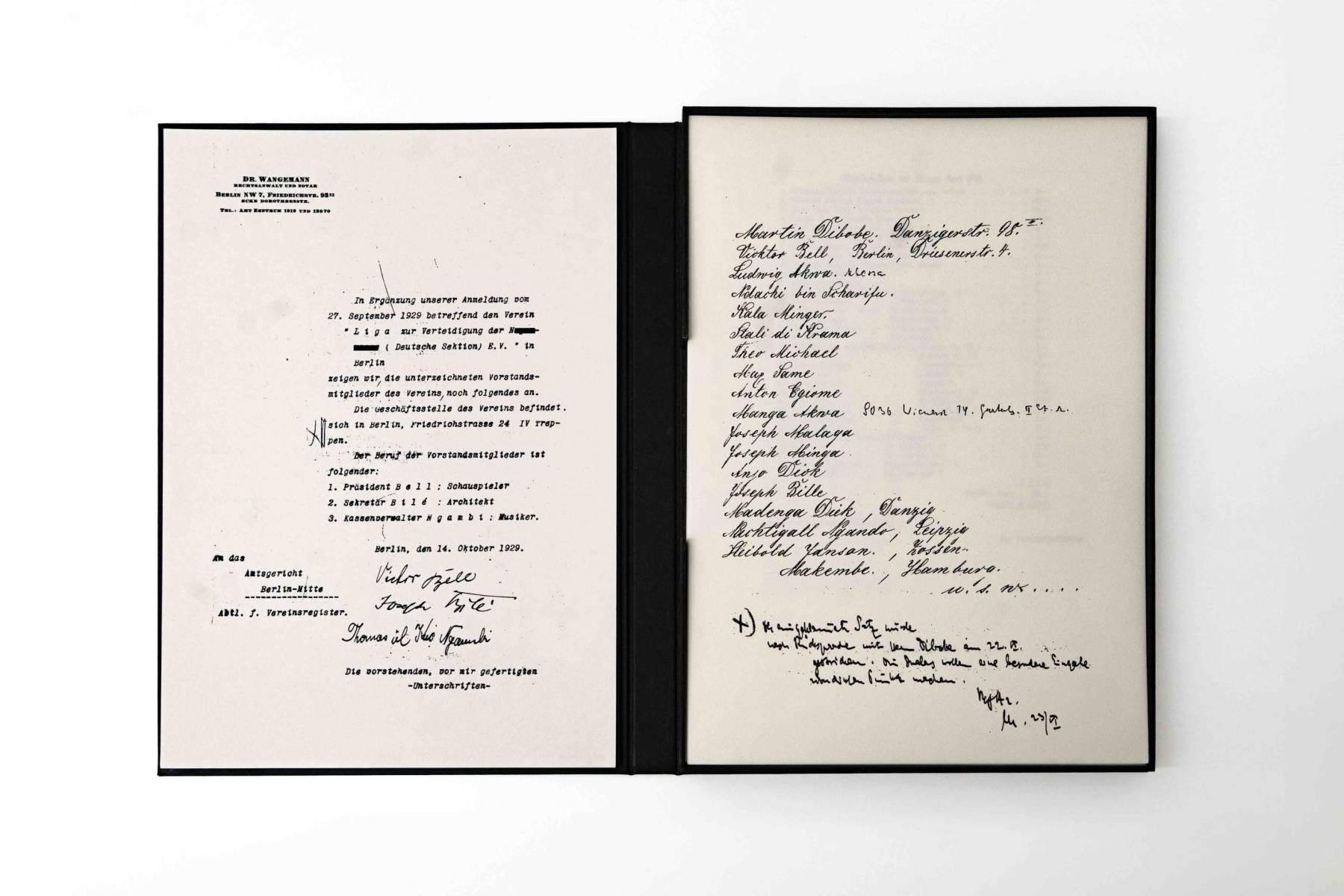

James Gregory Atkinson, FRIEDRICHSTR. 24, 2023, installation view Pförtnerhaus
Photo: Sévérine Kpoti, © Biennale für Freiburg 2
Maximiliane Baumgartner
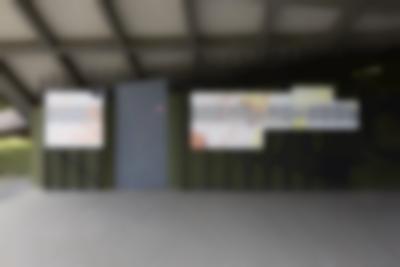
Maximiliane Baumgartner

Maximiliane Baumgartner, RE-PAINTING THE THREADS OF THE PAST, 2023, installation view Stadtgarten
Photo: Gina Folly, © Biennale für Freiburg 2
Maximiliane Baumgartner (1986, Lindenberg) develops research-based projects in the medium of painting and works across changing collaborations in artistic action spaces and mobile architectures. Grounded in situational knowledge-based approaches, these aim to create a framework for collaborative knowledge production and artistic, inquiring forms of action. Considering pedagogical models and urban contexts that reflect educational and urban planning concepts, Baumgartner negotiates public space in a way that holds image and power in a critical light. In this way, she works with pedagogical play settings and archives, implementing an artistic process to research their historical precursors and explore the emancipatory possibilities of critical and feminist pedagogy and performative forms of learning. This is underpinned by an interest in the use of painting as an expanded field of social action.
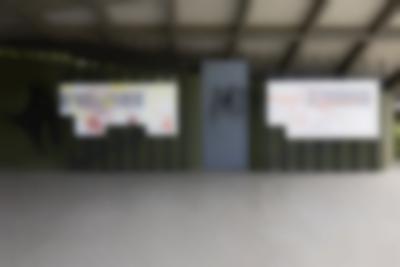
Maximiliane Baumgartner, RE-PAINTING THE THREADS OF THE PAST, 2023, installation view Stadtgarten
Photo: Gina Folly, © Biennale für Freiburg 2
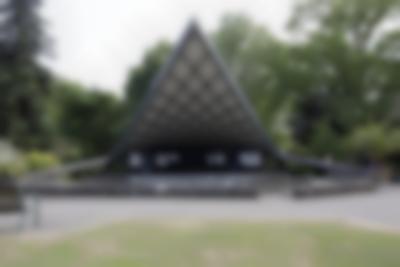
Maximiliane Baumgartner, RE-PAINTING THE THREADS OF THE PAST, 2023, installation view Stadtgarten
Photo: Gina Folly, © Biennale für Freiburg 2
Baumgartner studied at the Akademie der Bildenden Künste in Munich. From 2015 to 2019, across changing collaborations and action spaces, Baumgartner conceived and led on “Fahrender Raum,” an art project dedicated to art mediation and artistic action in an urban context in Munich. Baumgartner has most recently exhibited at Urbane Künste Ruhr, Nordrhein-Westfalen (2023), Galerie Max Mayer, Düsseldorf (2022, solo), Kunstverein München (2021, solo), Stadtgalerie Bern, CH (2019, solo) as well as at the Neuer Essener Kunstverein (2019, solo).
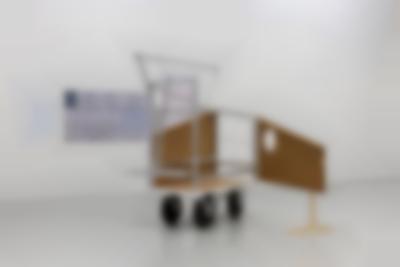
Maximiliane Baumgartner, installation view Kunstverein Freiburg
Photo: Gina Folly, © Biennale für Freiburg 2
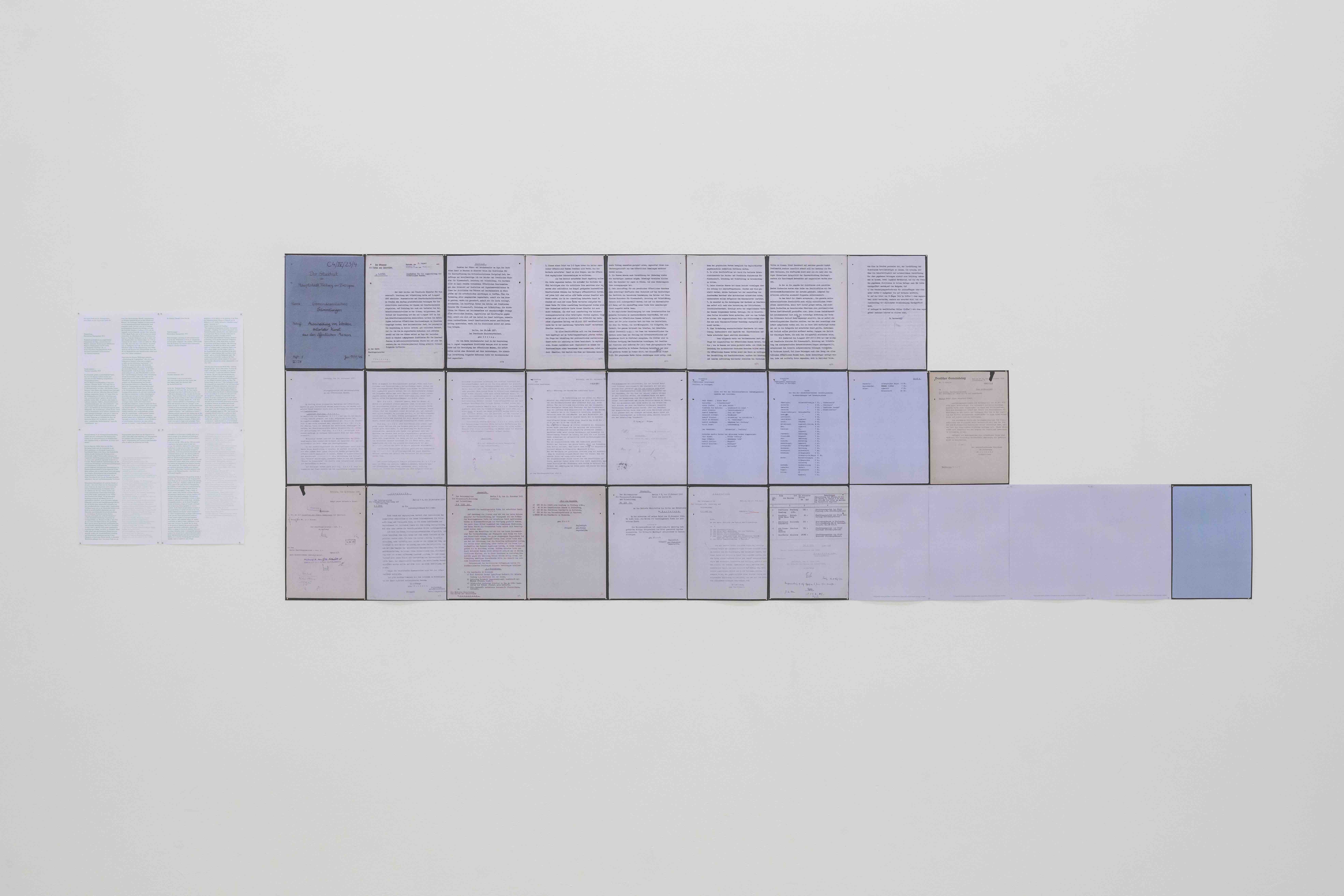
Maximiliane Baumgartner, RE-PAINTING THREADS OF THE PAST, 2023, WALL NEWSPAPER, installation shot Kunstverein Freiburg
Photo: Marc Doradzillo, © Biennale für Freiburg 2
Maximiliane Baumgartner’s RE-PAINTING THE THREADS OF THE PAST (2023) is an action space comprised of multi-part painterly interventions which was on view in Freiburg’s urban space –at the Musikpavillon in the Stadtgarten as well as at the Kunstverein Freiburg, ground floor.
The project by Maximiliane Baumgartner is funded by the Kunststiftung NRW.
Exhibition Graphics: Ibrahim Öztaş
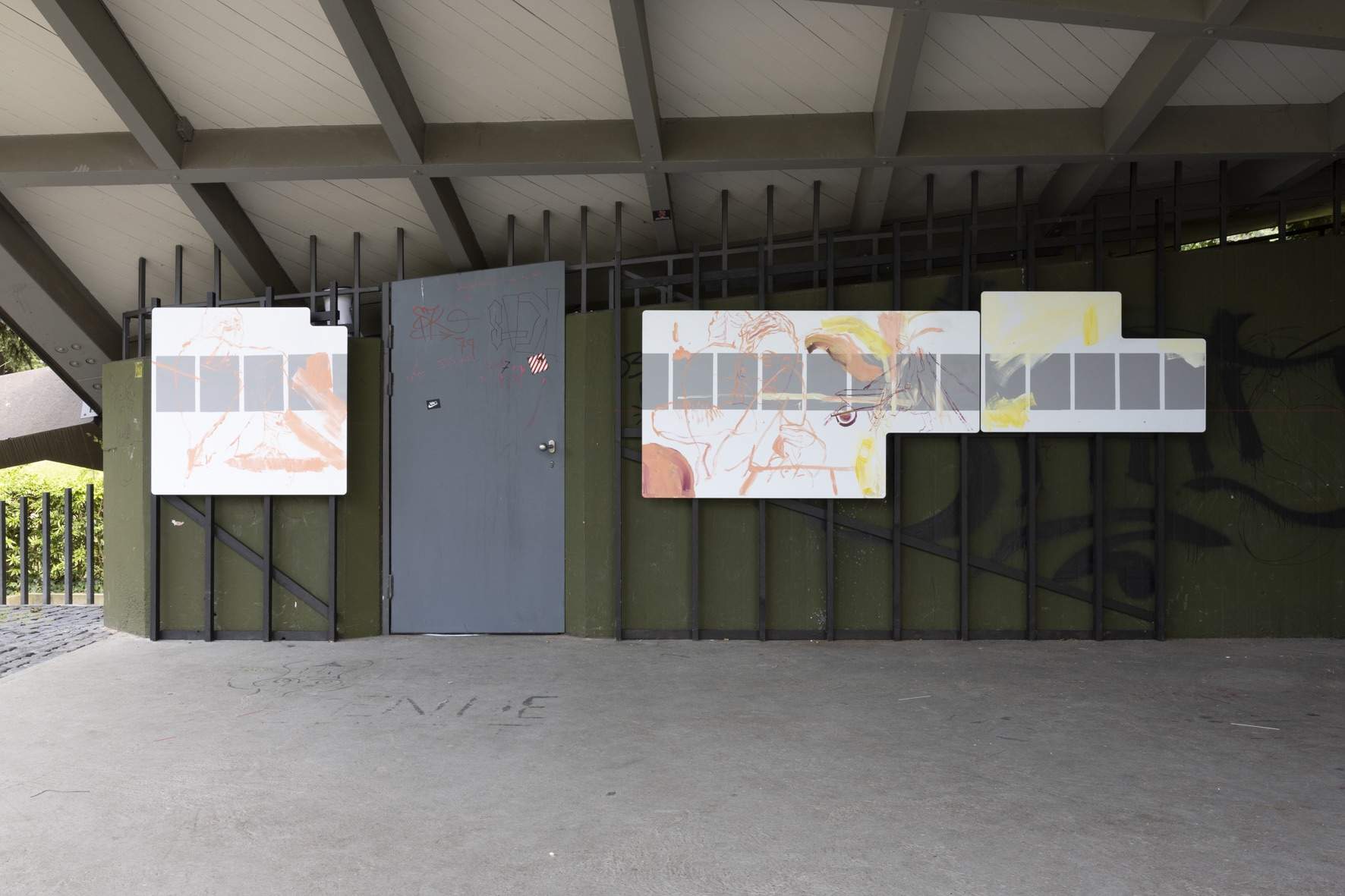

Maximiliane Baumgartner, RE-PAINTING THE THREADS OF THE PAST, 2023, installation view Stadtgarten
Photo: Gina Folly, © Biennale für Freiburg 2
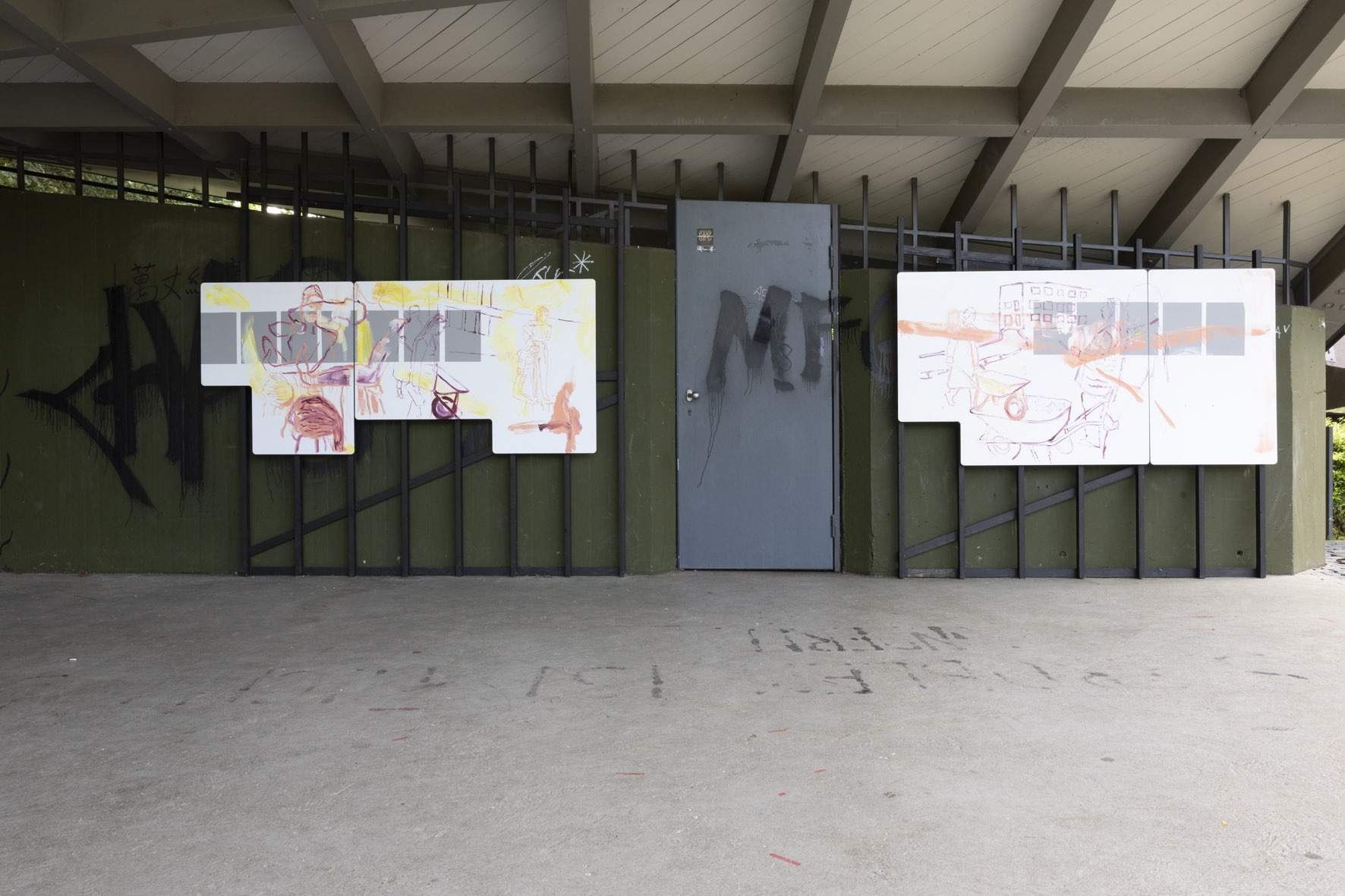

Maximiliane Baumgartner, RE-PAINTING THE THREADS OF THE PAST, 2023, installation view Stadtgarten
Photo: Gina Folly, © Biennale für Freiburg 2
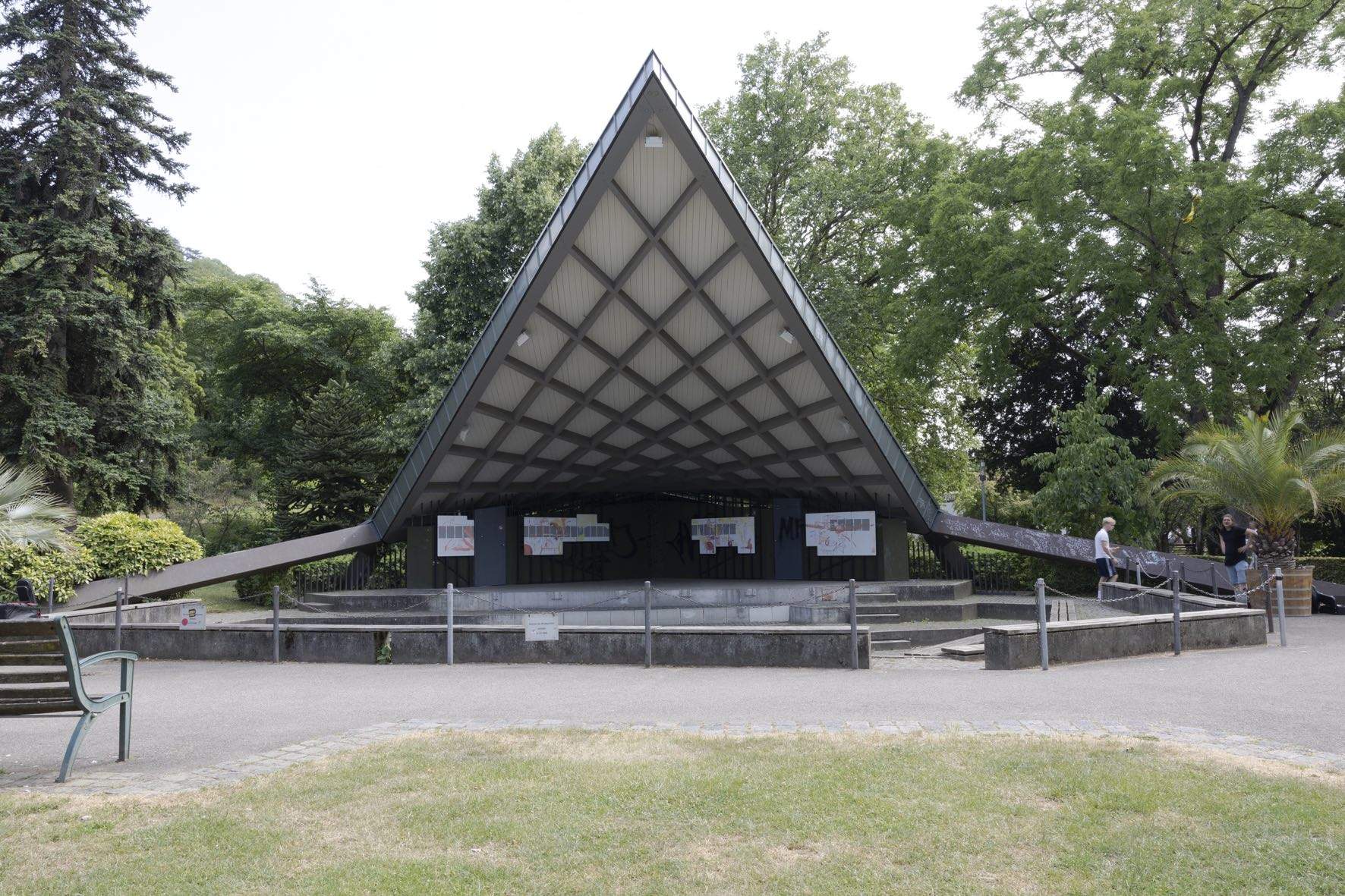

Maximiliane Baumgartner, RE-PAINTING THE THREADS OF THE PAST, 2023, installation view Stadtgarten
Photo: Gina Folly, © Biennale für Freiburg 2
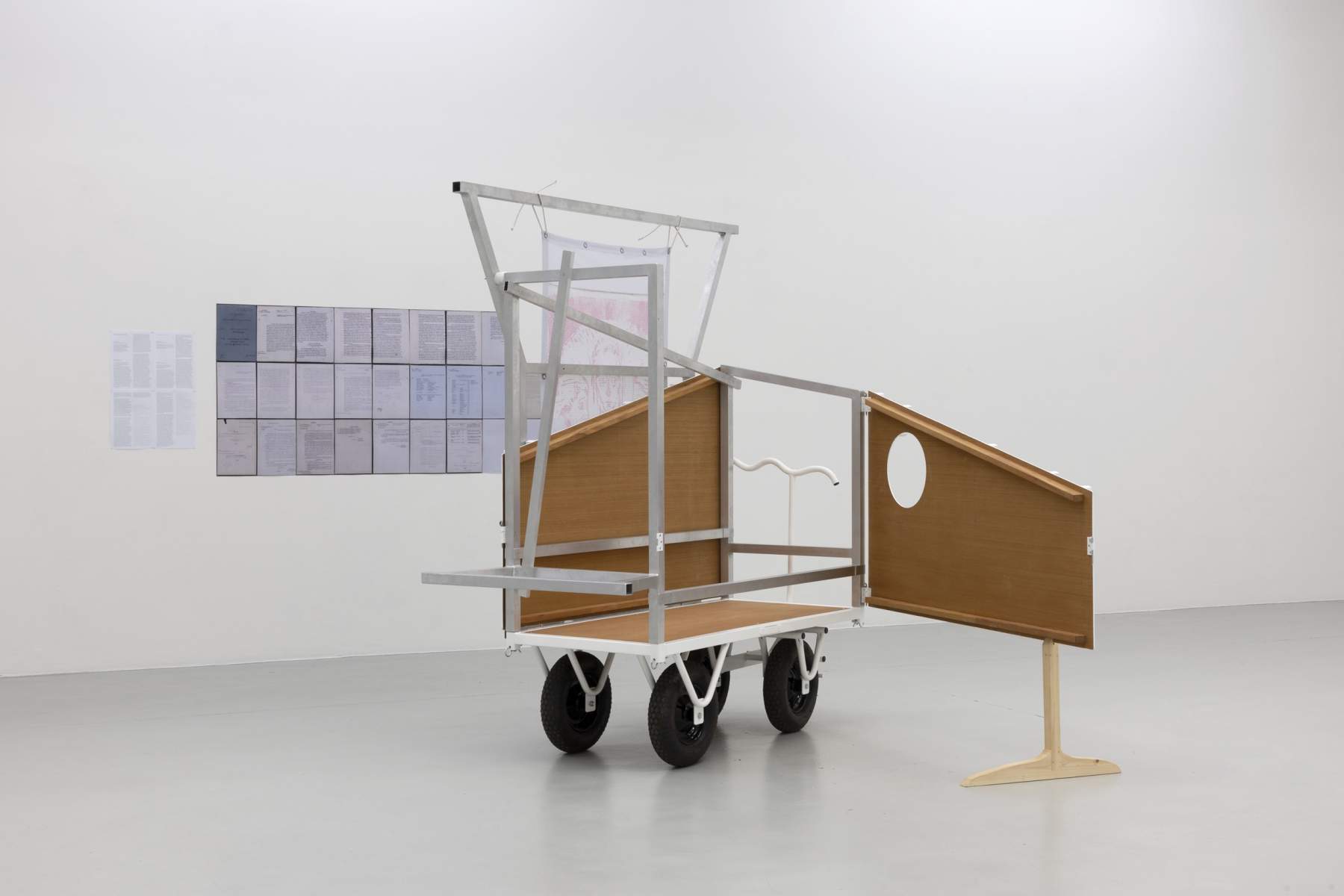

Maximiliane Baumgartner, installation view Kunstverein Freiburg
Photo: Gina Folly, © Biennale für Freiburg 2
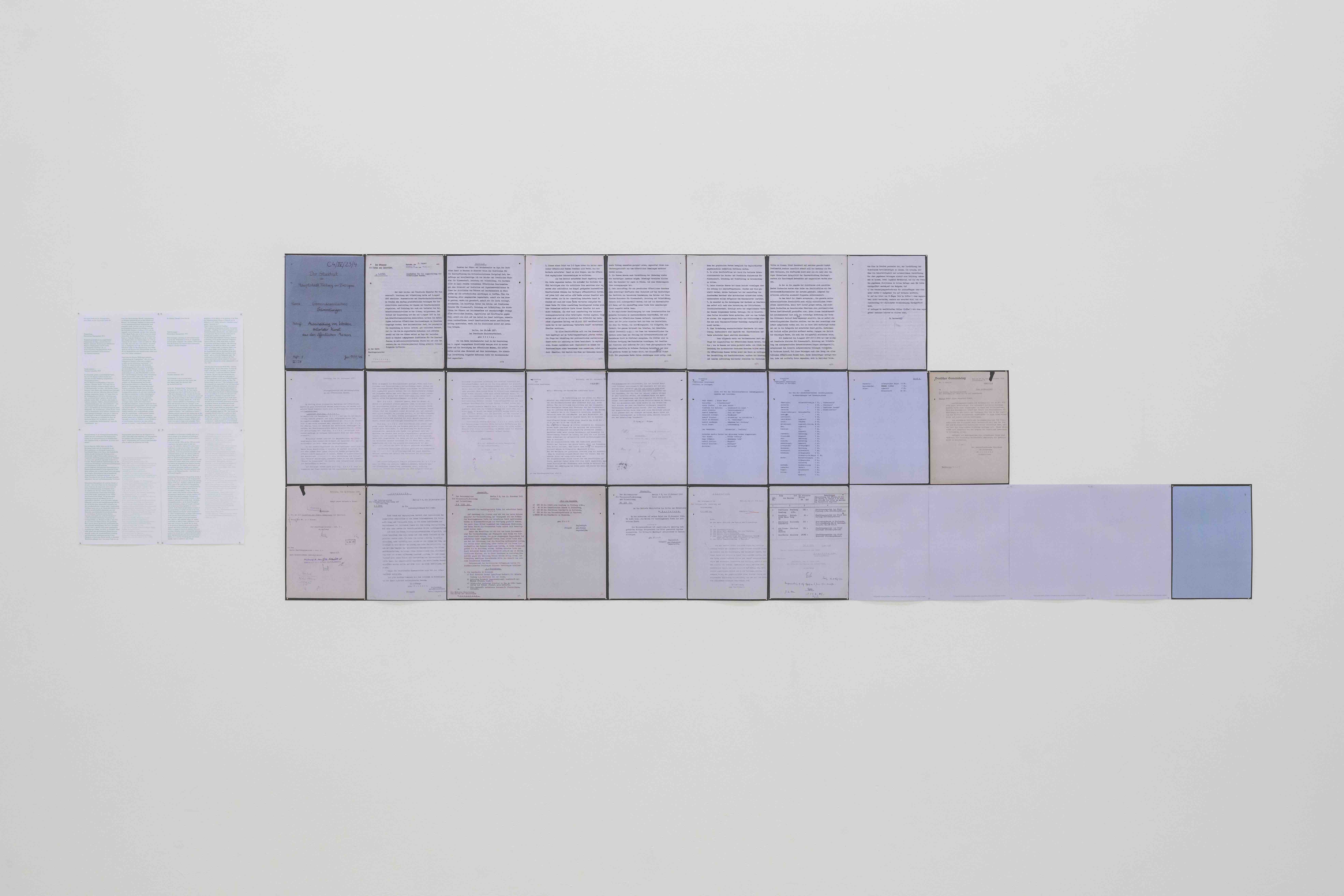

Maximiliane Baumgartner, RE-PAINTING THREADS OF THE PAST, 2023, WALL NEWSPAPER, installation shot Kunstverein Freiburg
Photo: Marc Doradzillo, © Biennale für Freiburg 2
Dara Birnbaum
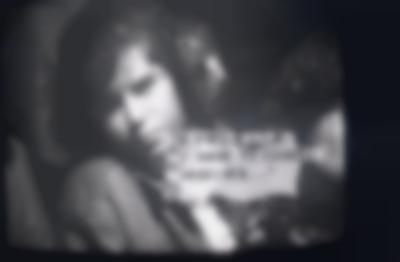
Dara Birnbaum

Dara Birnbaum, video still, CANON: TAKING TO THE STREETS, 1990, courtesy the artist
In her work, Dara Birnbaum (1946, New York, US) investigates the ways ideology and aesthetics combine in mass media images and questions the gender stereotypes contained within them. A pioneer of video art, Birnbaum has been experimenting with the possibilities of the medium since the 1970s. Music is often the starting point for her work or comes to form the content. In Birnbaum’s work, the technical characteristics of video making—such as fragmentation, repetition, and montage—become strategies of deconstruction: The artist not only unmasks the moving image as a medium for manipulating attention and desire but takes on that power to determine images and shape their meanings.
Birnbaum studied architecture at Carnegie Mellon University, Pittsburgh, US and painting at the San Francisco Art Institute, US. Her work has been presented numerous times at Documenta in Kassel (1992, 1987, 1982) and at the Biennale di Venezia, IT (2015, 2003, 2001, 1995, 1984). After her first solo exhibition at Artists Space, New York, US (1977), her work has been shown in numerous other solo presentations, including: Osservatorio Fondazione Prada, Milan, IT (2023), Hessel Museum of Art, Bard College, New York, US (2022), Neuer Berliner Kunstverein (2021), Tartu Kunstimuuseum, EE (2018), Serralves Foundation, Porto, PT (2010), S.M.A.K., Ghent, BE (2009), Museum of Modern Art (MoMA), New York, US (2008), and The Jewish Museum, New York, US (2003). Birnbaum is a teaching professor at the School of Visual Arts in New York, US and has been the recipient of numerous international awards and fellowships throughout her career.
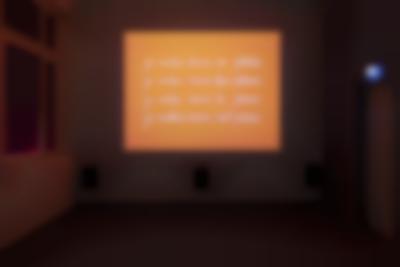
Dara Birnbaum, CANON: TAKING TO THE STREETS, 1990
Photo: Gina Folly, © Biennale für Freiburg 2
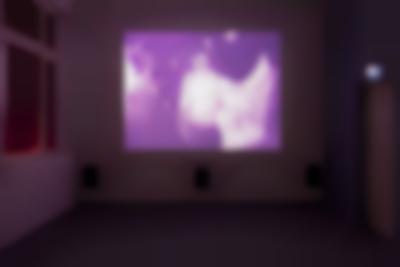
Dara Birnbaum, CANON: TAKING TO THE STREETS, 1990
Photo: Gina Folly, © Biennale für Freiburg 2
Dara Birnbaum’s video CANON: TAKING TO THE STREETS (1990) was screened at the Schau_Raum of the Museum für Neue Kunst.
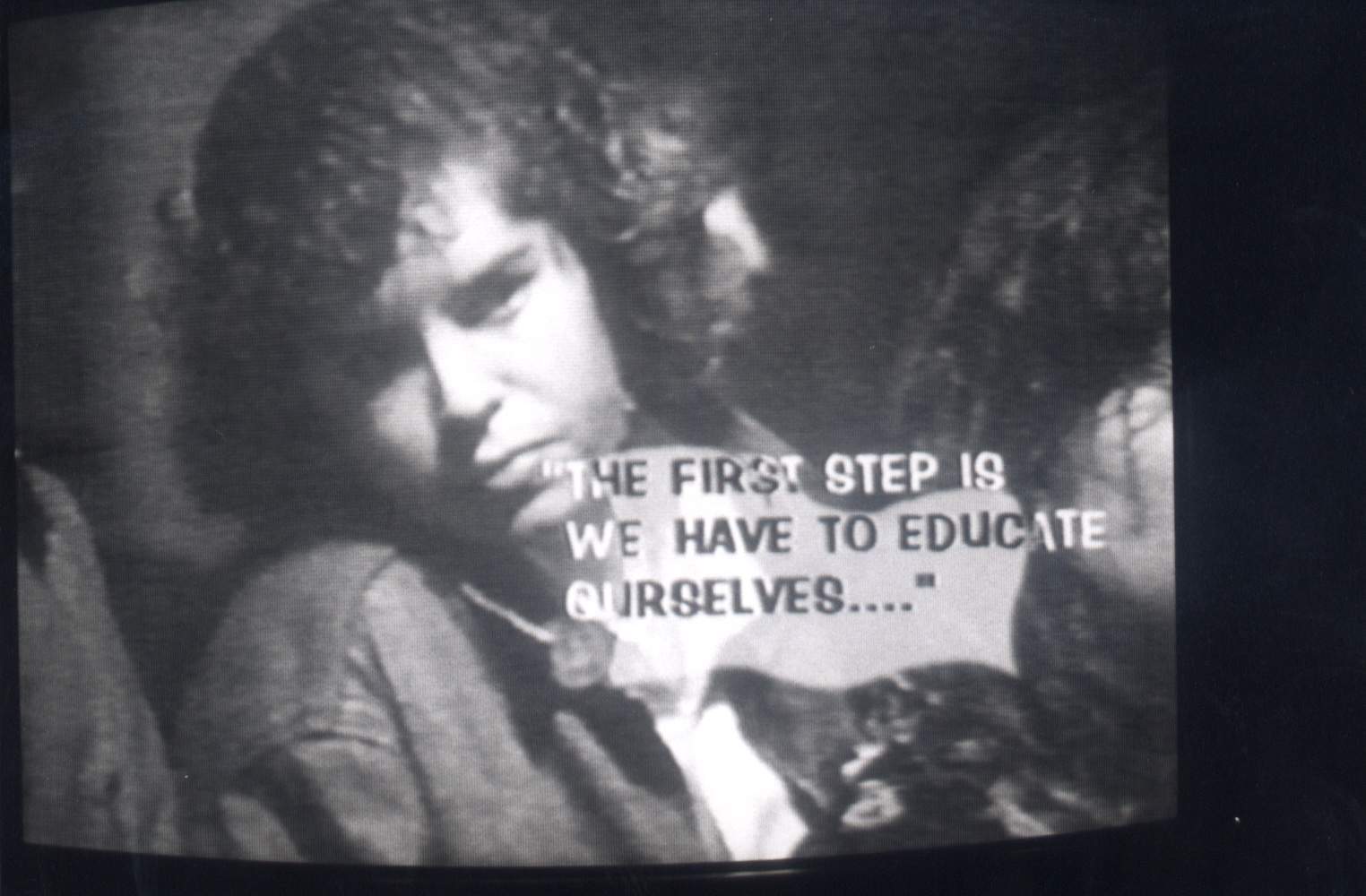

Dara Birnbaum, video still, CANON: TAKING TO THE STREETS, 1990, courtesy the artist
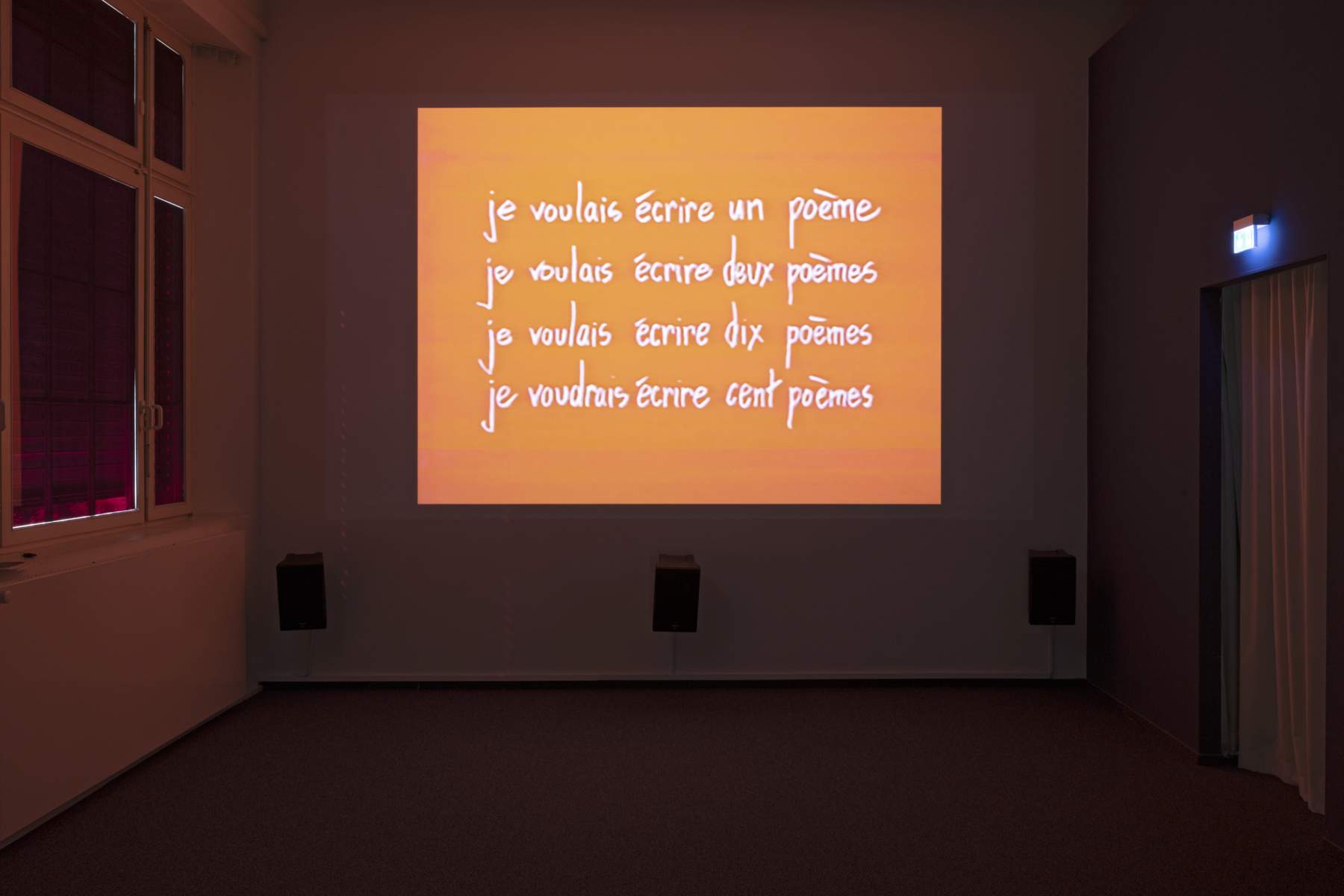

Dara Birnbaum, CANON: TAKING TO THE STREETS, 1990
Photo: Gina Folly, © Biennale für Freiburg 2
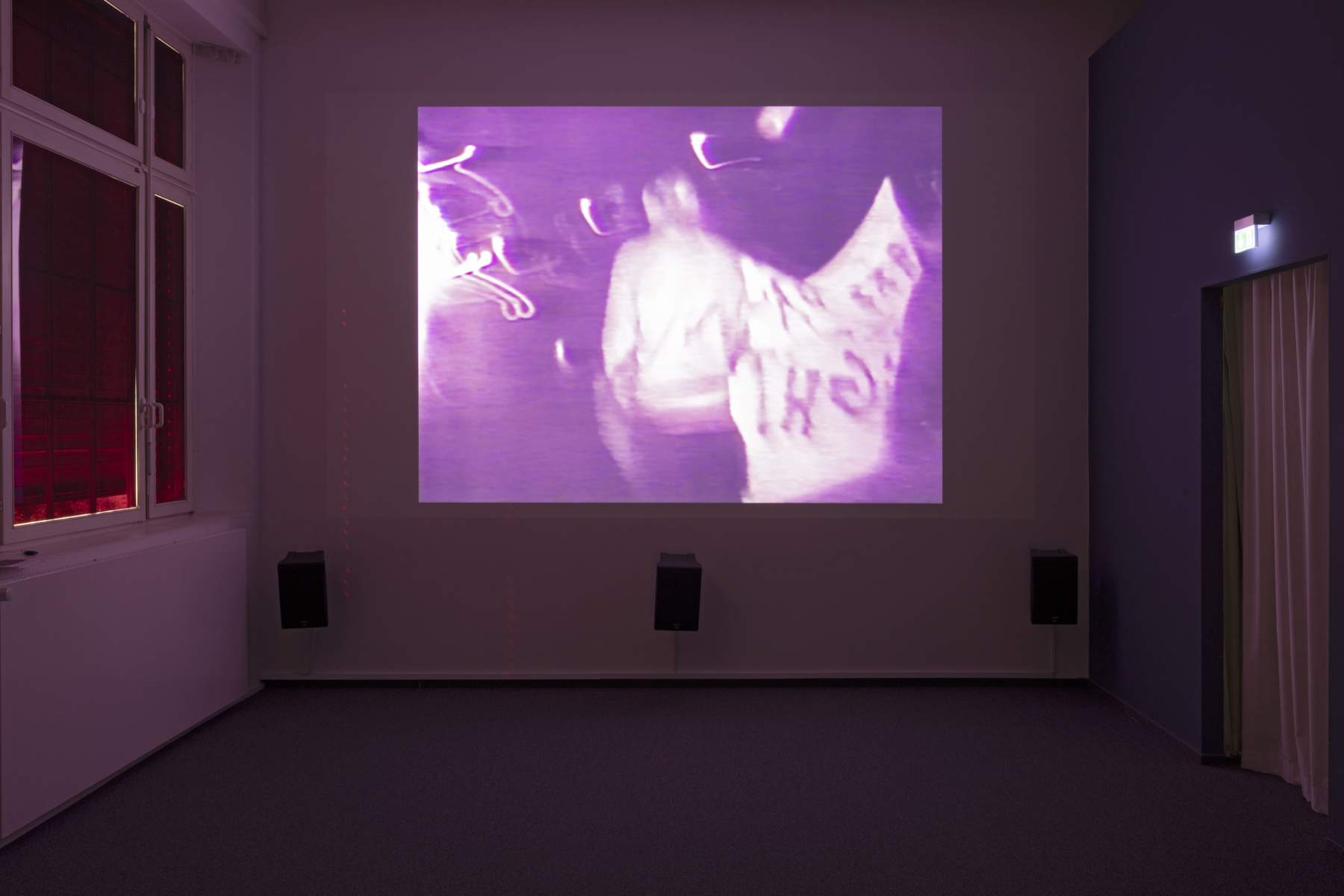

Dara Birnbaum, CANON: TAKING TO THE STREETS, 1990
Photo: Gina Folly, © Biennale für Freiburg 2
Cudelice Brazelton IV
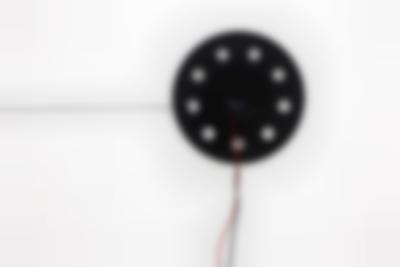
Cudelice Brazelton IV

Cudelice Brazelton IV, APART-PLAYING, 2022
Photo: Gina Folly, © Biennale für Freiburg 2
Cudelice Brazelton IV (1991, Dallas, US) creates work exploring the relationships between images and hardware, and the intersectional power relations embodied in them. Brazelton IV makes the repressive power of the White gaze visible, he transgresses and alters surfaces, makes marks, and—through these interventions—creates new pictorial planes and assemblages, using found footage, among other things. In expansive installations, he creates immersive spaces of image, sound, and text.
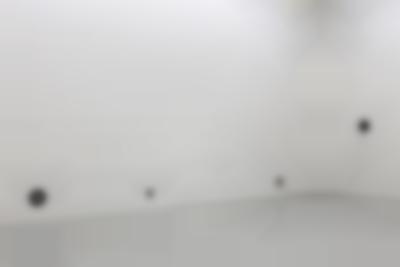
Cudelice Brazelton IV, APART-PLAYING, 2022
Photo: Gina Folly, © Biennale für Freiburg 2
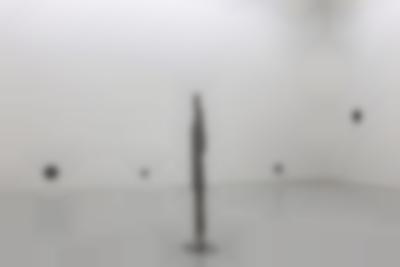
Cudelice Brazelton IV, installation view Kunstverein Freiburg
Photo: Gina Folly, © Biennale für Freiburg 2
Brazelton IV attended the Skowhegan School of Painting and Sculpture, Madison, US and studied at the Städelschule in Frankfurt am Main. His work has been shown in numerous group and solo exhibitions at galleries and institutions including: Cell Project Space, London, UK (2022, solo), Galeria Wschód, Warsaw, PL (2022, solo), Swiss Institute, New York, US (2022), Kunstverein Bielefeld (2022), Galerie Barbara Weiss, Berlin (2021, solo), Galerie sans titre, Paris, FR (2021, solo), Lodos Gallery, Mexico City, MX (2020), International Waters, New York, US (2020), Murmurs, Los Angeles, US (2020), Shoot the Lobster Gallery, New York, US (2019), SculptureCenter, New York, US (2018), the Museum of Contemporary Photography, Chicago, US (2018) and Jeffrey Stark Gallery, New York, US (2017).
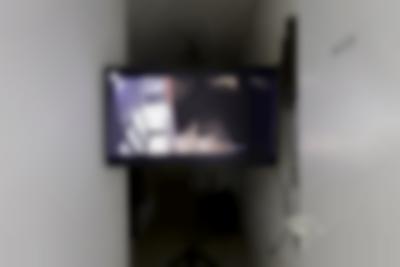
Cudelice Brazelton IV, OVERBITE III, 2023, installation view Kunstverein Freiburg
Photo: Gina Folly, © Biennale für Freiburg 2
The works APART-PLAYING (2022) and OVERBITE III (2023) by Cudelice Brazelton IV were exhibited at Kunstverein Freiburg, ground floor.
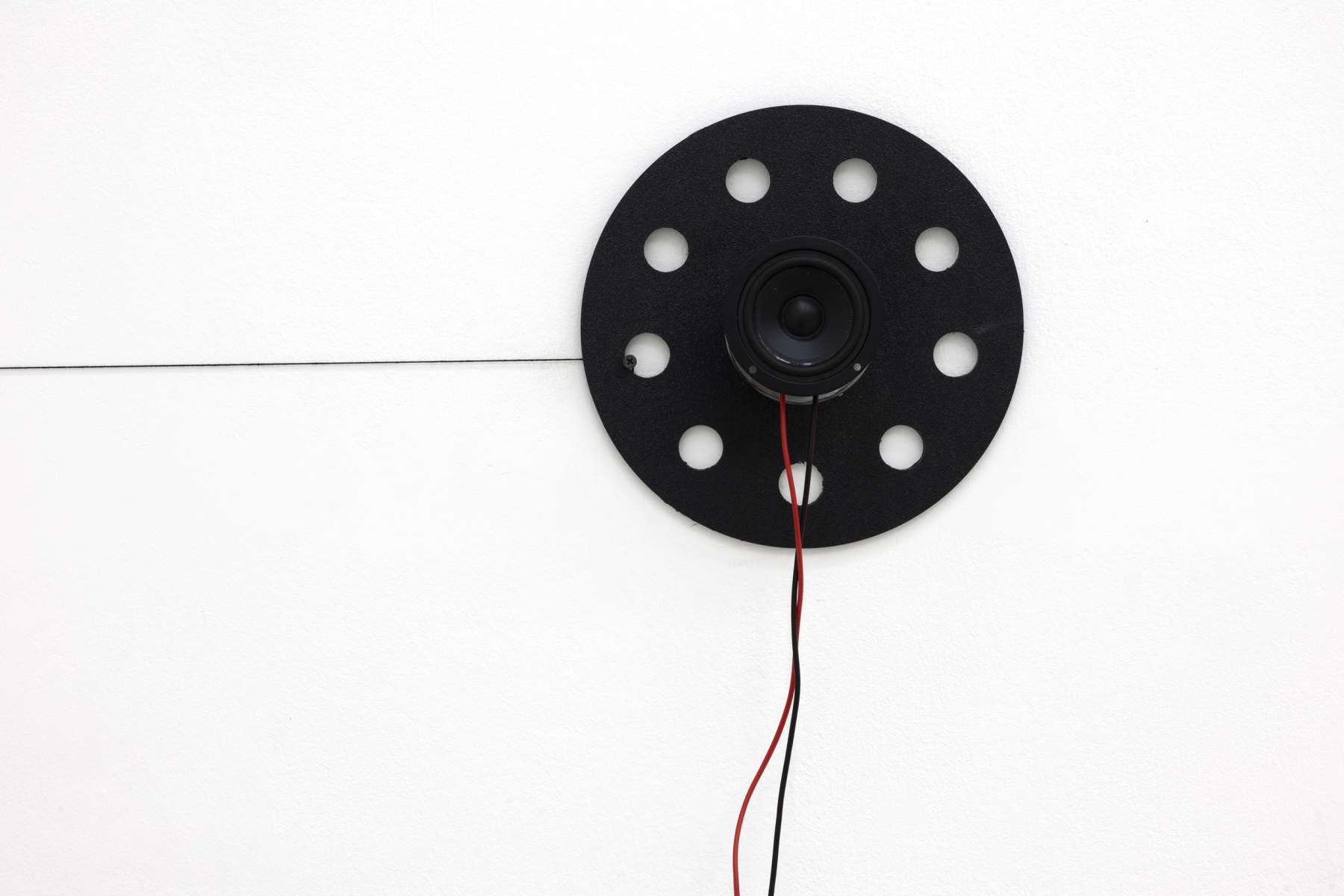

Cudelice Brazelton IV, APART-PLAYING, 2022
Photo: Gina Folly, © Biennale für Freiburg 2
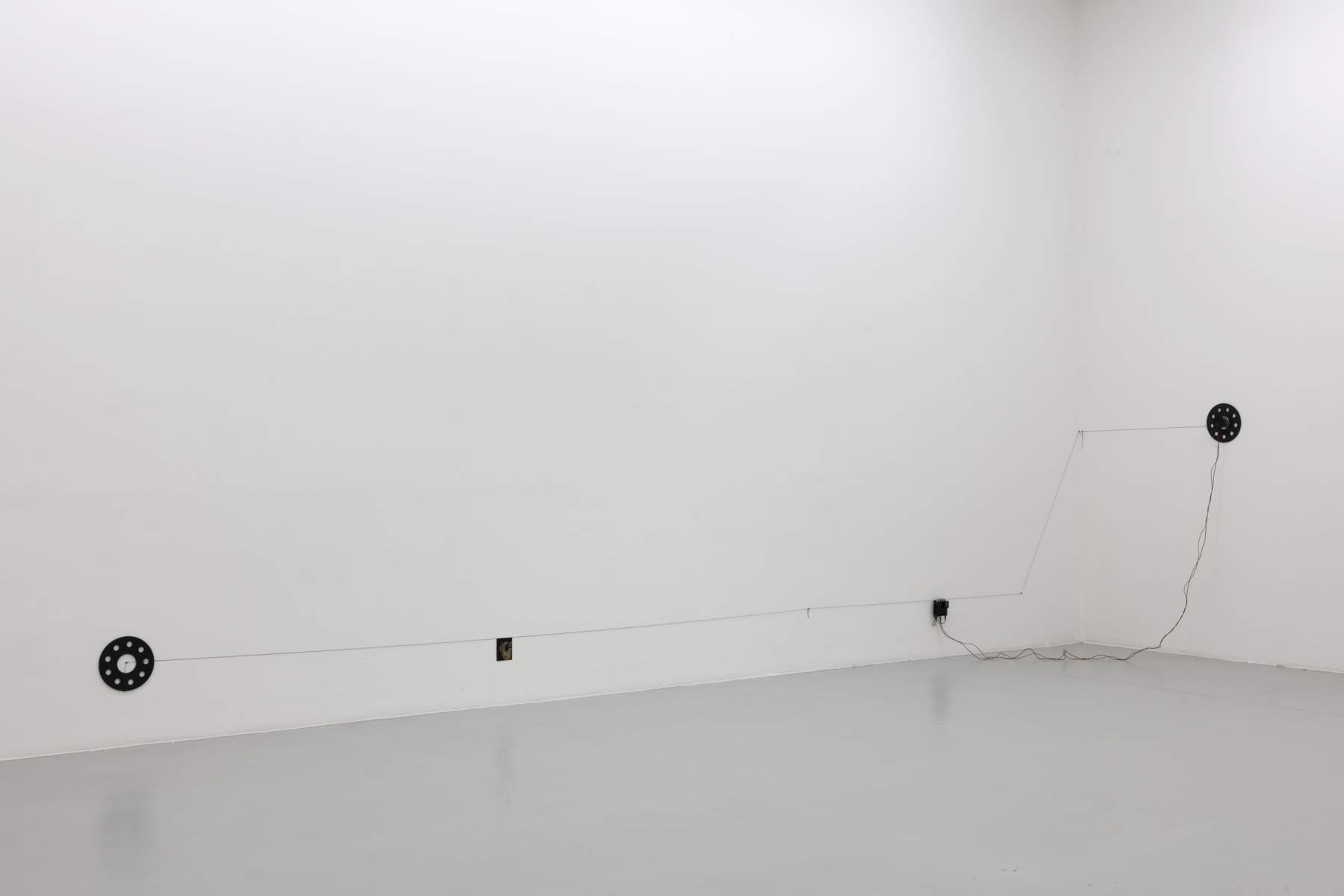

Cudelice Brazelton IV, APART-PLAYING, 2022
Photo: Gina Folly, © Biennale für Freiburg 2
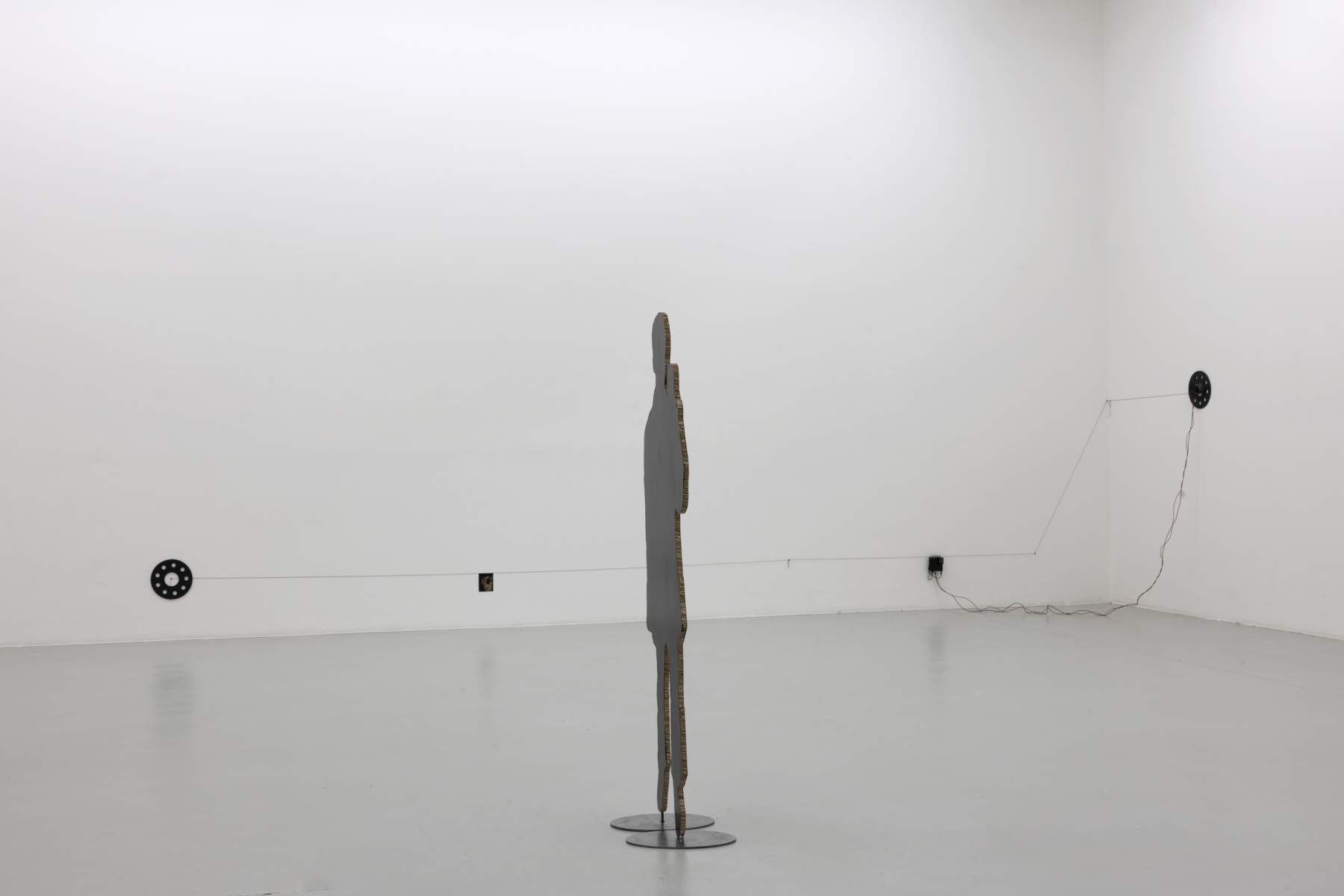

Cudelice Brazelton IV, installation view Kunstverein Freiburg
Photo: Gina Folly, © Biennale für Freiburg 2
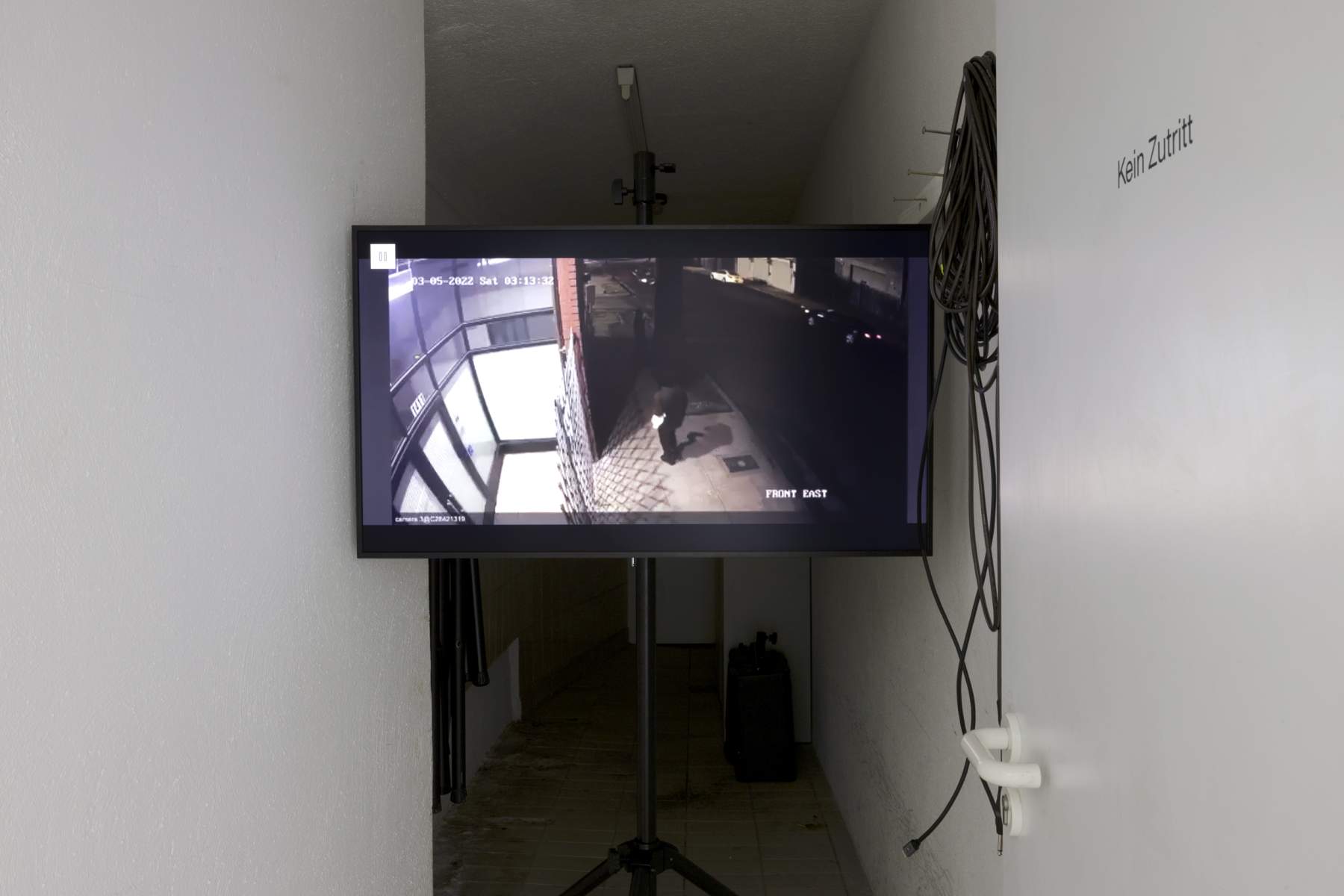

Cudelice Brazelton IV, OVERBITE III, 2023, installation view Kunstverein Freiburg
Photo: Gina Folly, © Biennale für Freiburg 2
Eva Eisenlohr
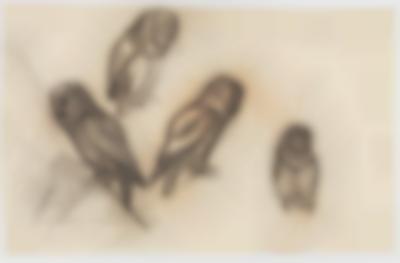
Eva Eisenlohr

Eva Eisenlohr, OWL STUDIES, n.d.
Photo: Axel Killian
Eva Eisenlohr (1891–1977, Freiburg im Breisgau) was a painter, sculptor, educator, inventor, and animal rights activist. From 1908 to 1909, she studied at Malerinnenschule Karlsruhe, a women’s painting school. From 1910 to 1913 the artist studied with Prof. Julius Exter in Munich, followed by a one-year stay abroad in Rome. At the end of the 1920s, Eisenlohr returned to Freiburg, where she then worked for a sculptors’ studio. In the following years, she worked as an independent sculptor and artist. In 1927, she received her first municipal commissions, including designing the city coat of arms for the new tram depot and producing a church statue of St. Elisabeth for the St. Josefkirche. In 1930, Eisenlohr took part in an exhibition in Lörrach, followed by exhibitions in Freiburg and Karlsruhe. In 1937, the watercolor AIR SPIRITS (1930) and the wood relief PICTURE OF FREIBURG (1933) were confiscated from Freiburg’s municipal collection and defamed as “degenerate.” Both are listed as destroyed in the Nazi inventory.
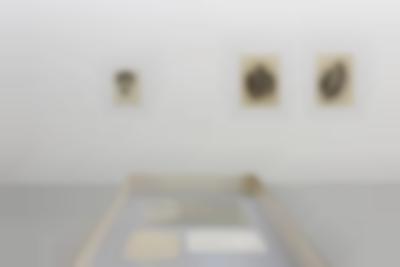
Eva Eisenlohr, installation view Kunstverein Freiburg
Photo: Gina Folly, © Biennale für Freiburg 2
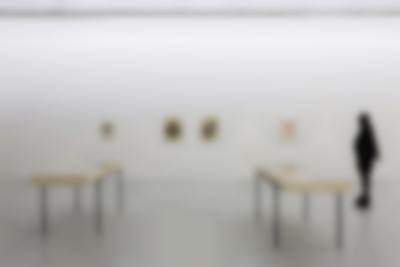
Eva Eisenlohr, installation view Kunstverein Freiburg
Photo: Gina Folly, © Biennale für Freiburg 2
After the war, Eisenlohr continued her work as an artist. She created a number of sculptures, including a monument to the poet Joseph von Auffenberg (1957) in the Old Cemetery, the OWL (circa 1960) in the Freiburg Stadtgarten, and a stone (1960) for the Waldorf School playground. Eisenlohr continued realizing a large number of woodcuts, watercolors, and oil paintings as well as wood reliefs, and sandstone sculptures until the 1970s. She lived and worked in Freiburg until her death in 1977. To this day, Eisenlohr’s work continues to have an effect in Freiburg: Many of her sculptures can be found in public spaces. The artist acted on her own behalf and championed her interests. In addition to her artistic practice, Eisenlohr taught many students at various institutions.
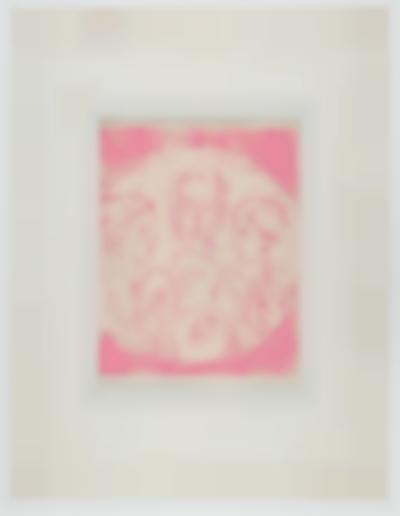
Eva Eisenlohr, FRIENDS, n.d.
Photo: Axel Killian
Multiple works by Eva Eisenlohr were on view at Kunstverein Freiburg, ground floor.
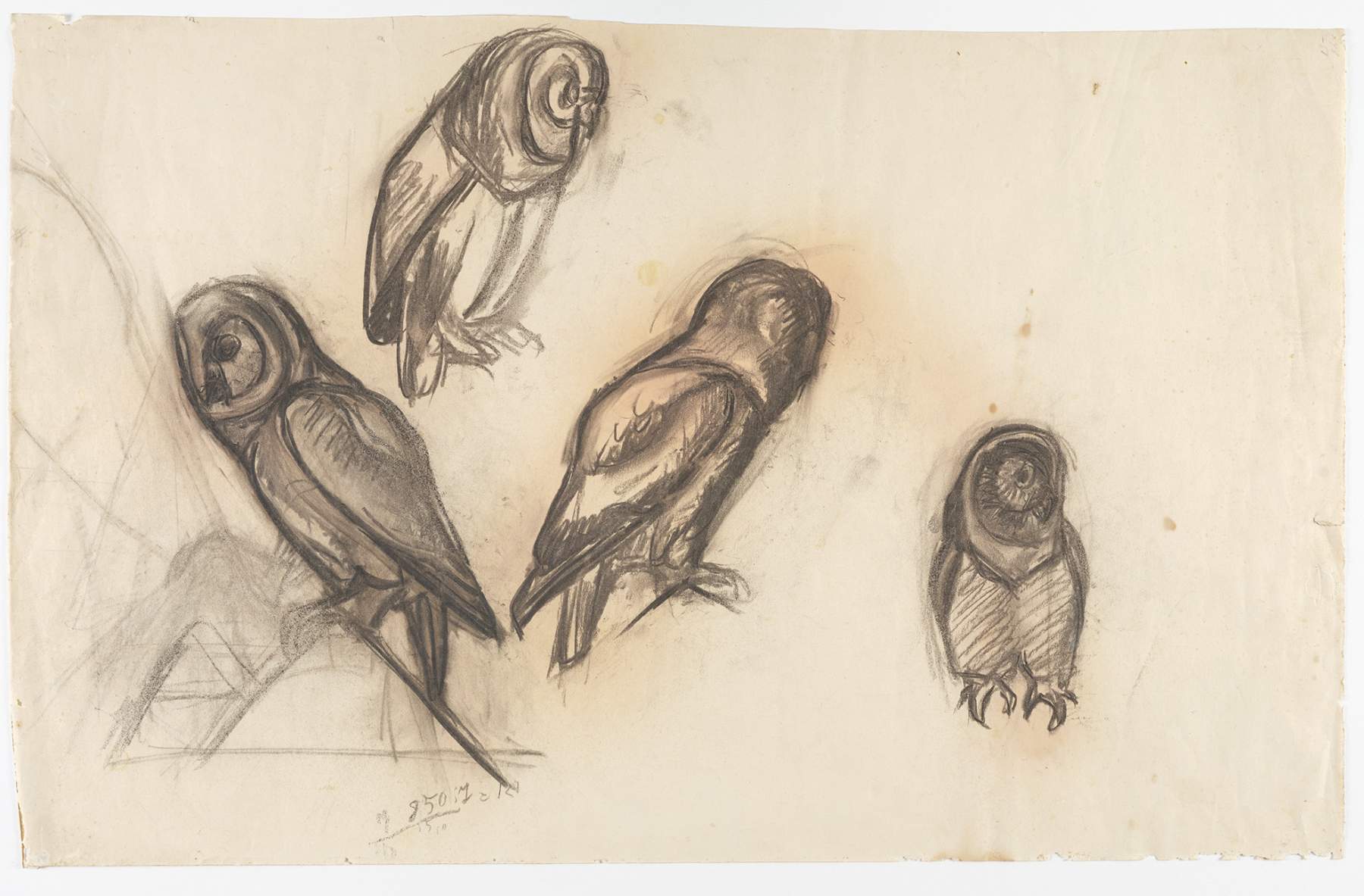

Eva Eisenlohr, OWL STUDIES, n.d.
Photo: Axel Killian
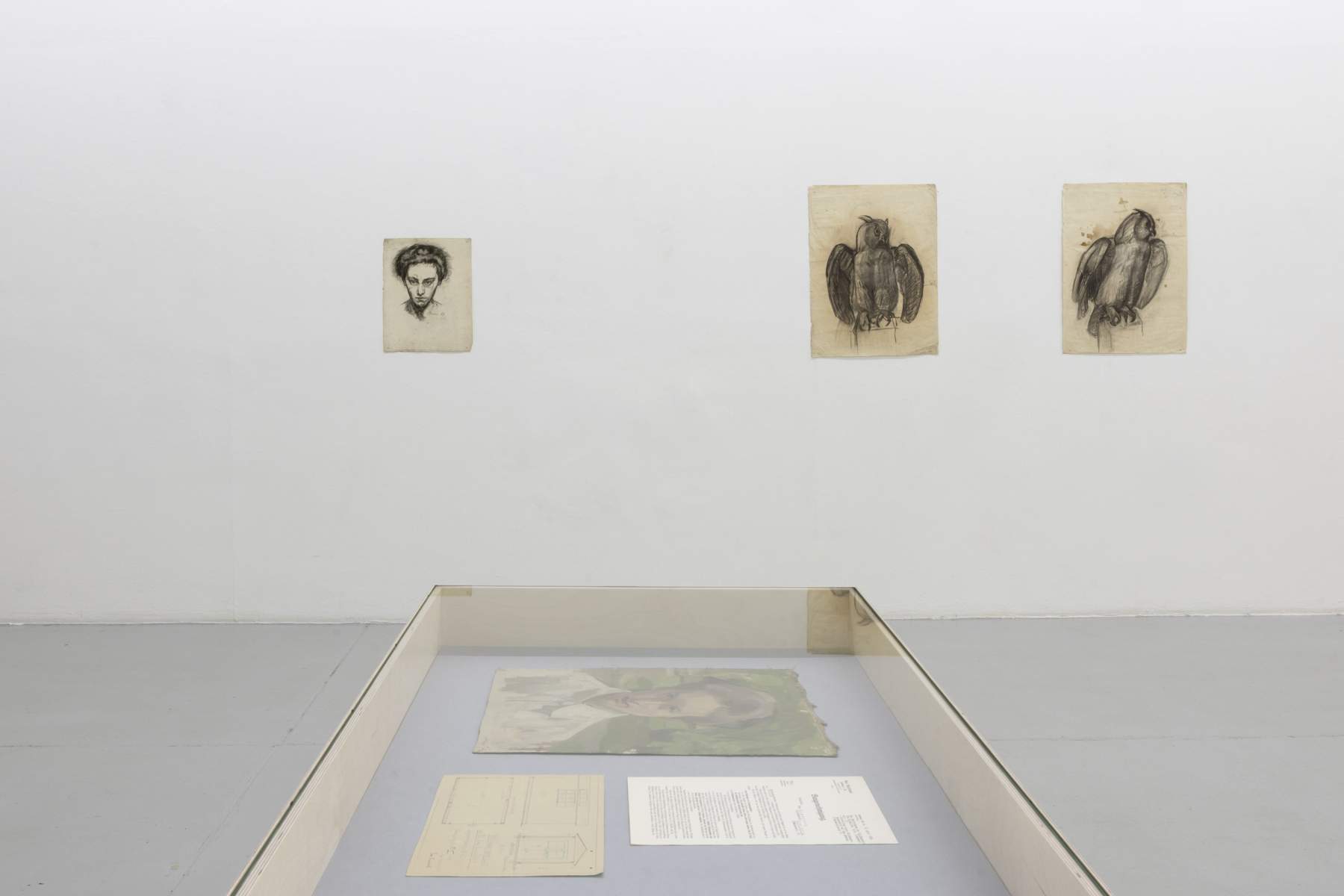

Eva Eisenlohr, installation view Kunstverein Freiburg
Photo: Gina Folly, © Biennale für Freiburg 2
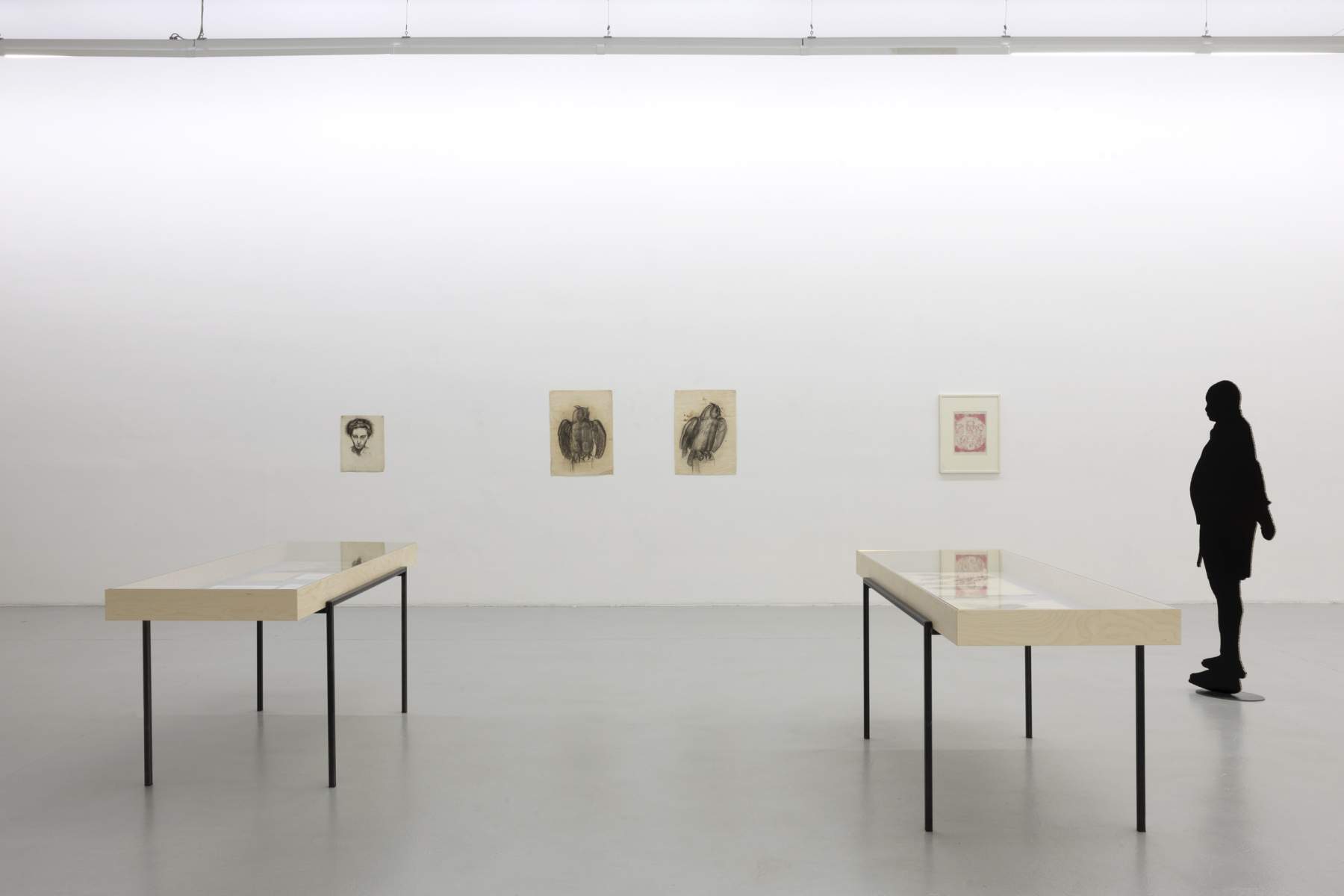

Eva Eisenlohr, installation view Kunstverein Freiburg
Photo: Gina Folly, © Biennale für Freiburg 2
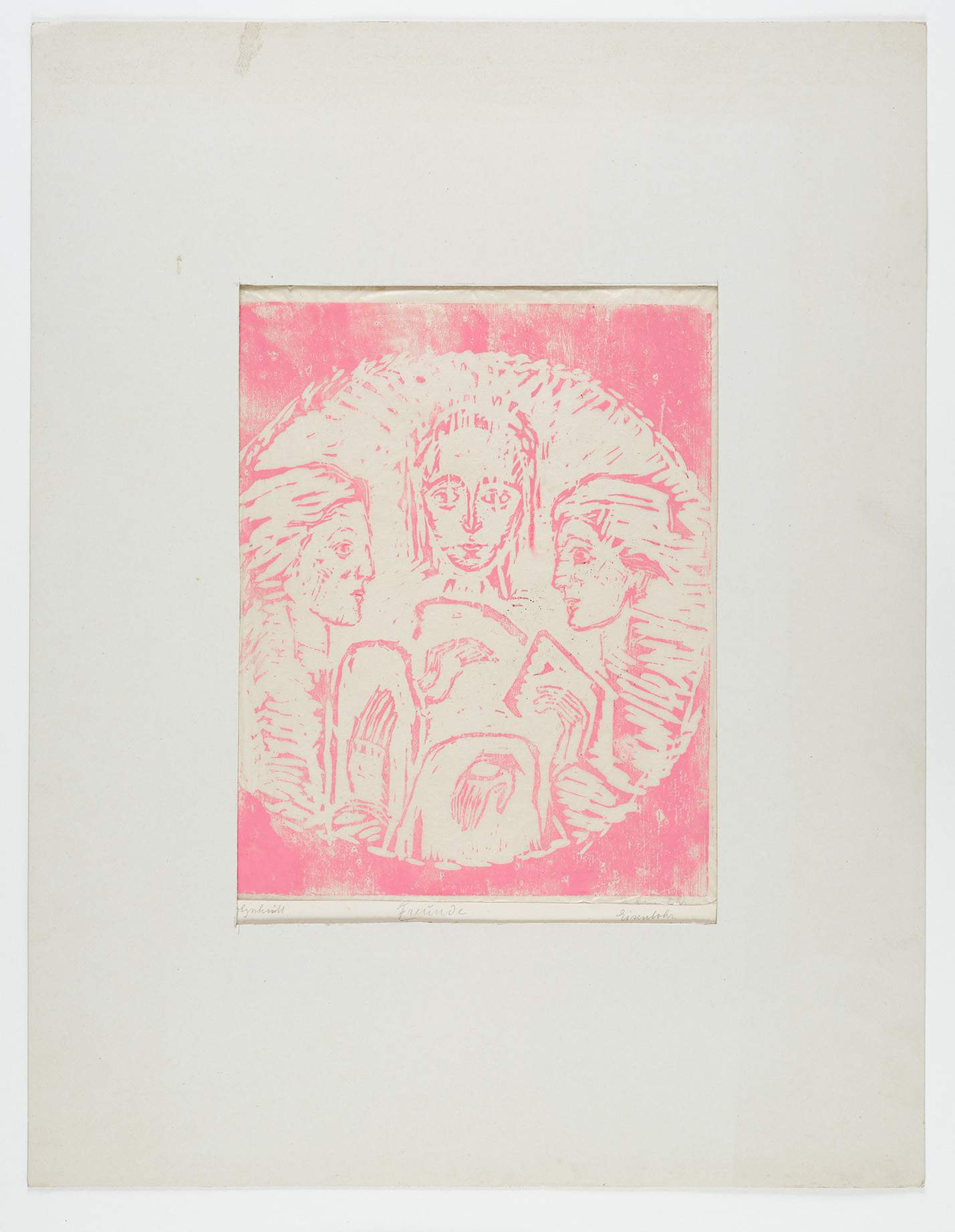

Eva Eisenlohr, FRIENDS, n.d.
Photo: Axel Killian
Alia Farid
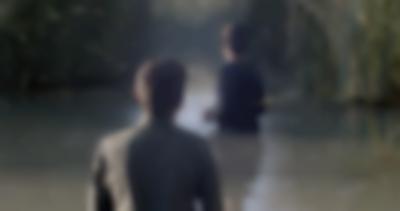
Alia Farid

Alia Farid, video still, CHIBAYISH, 2022, courtesy the artist
In her installations, films, and sculptures, Alia Farid (1985, Kuwait, KW) works on the complex ecological and social contexts of her countries of origin, Kuwait and Puerto Rico. Using specific objects, narratives, and cultural rituals as starting points, she makes visible the geopolitical dynamics and histories of colonization that are continuously inscribed in them.
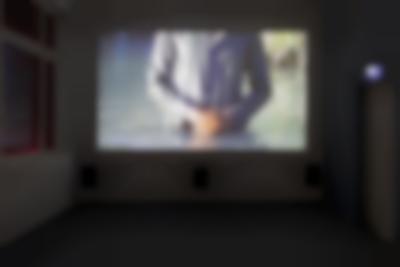
Alia Farid, CHIBAYISH, 2022
Photo: Gina Folly, © Biennale für Freiburg 2
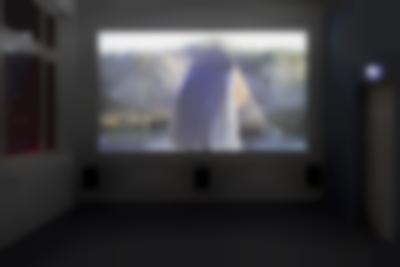
Alia Farid, CHIBAYISH, 2022
Photo: Gina Folly, © Biennale für Freiburg 2
Farid studied at the Escuela de Artes Plásticas de Puerto Rico, San Juan, PR, in the Visual Arts Program at MIT, Cambridge, US, and in the Programa d’Estudis Independents at MACBA, Barcelona, ES. Her works have already been shown in the following institutions and exhibitions: Chisenhale Gallery, London, UK (2023, solo), Whitney Biennial, New York, US (2022), Contemporary Art Museum St. Louis, US (2022, solo), Kunsthalle Basel, CH (2022, solo), the10th Asia Pacific Triennial of Contemporary Art, Brisbane, AU (2021), Galerie Imane Farès, Paris, FR (2020, solo), Witte de With Center for Contemporary Art, Rotterdam, NL (2020, solo), Yokohama Triennale, JP (2020), Lahore Biennale, PK (2020), Portikus, Frankfurt am Main (2019, solo) and MoMA PS1, New York, US (2019).
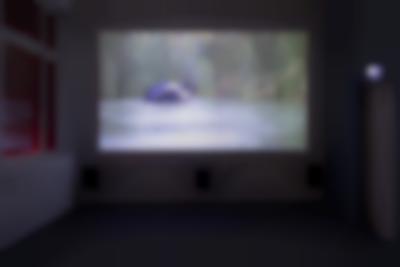
Alia Farid, CHIBAYISH, 2022
Photo: Gina Folly, © Biennale für Freiburg 2
Alia Farid’s film CHIBAYISH (2022) was on view in the Schau_Raum of the Museum für Neue Kunst.
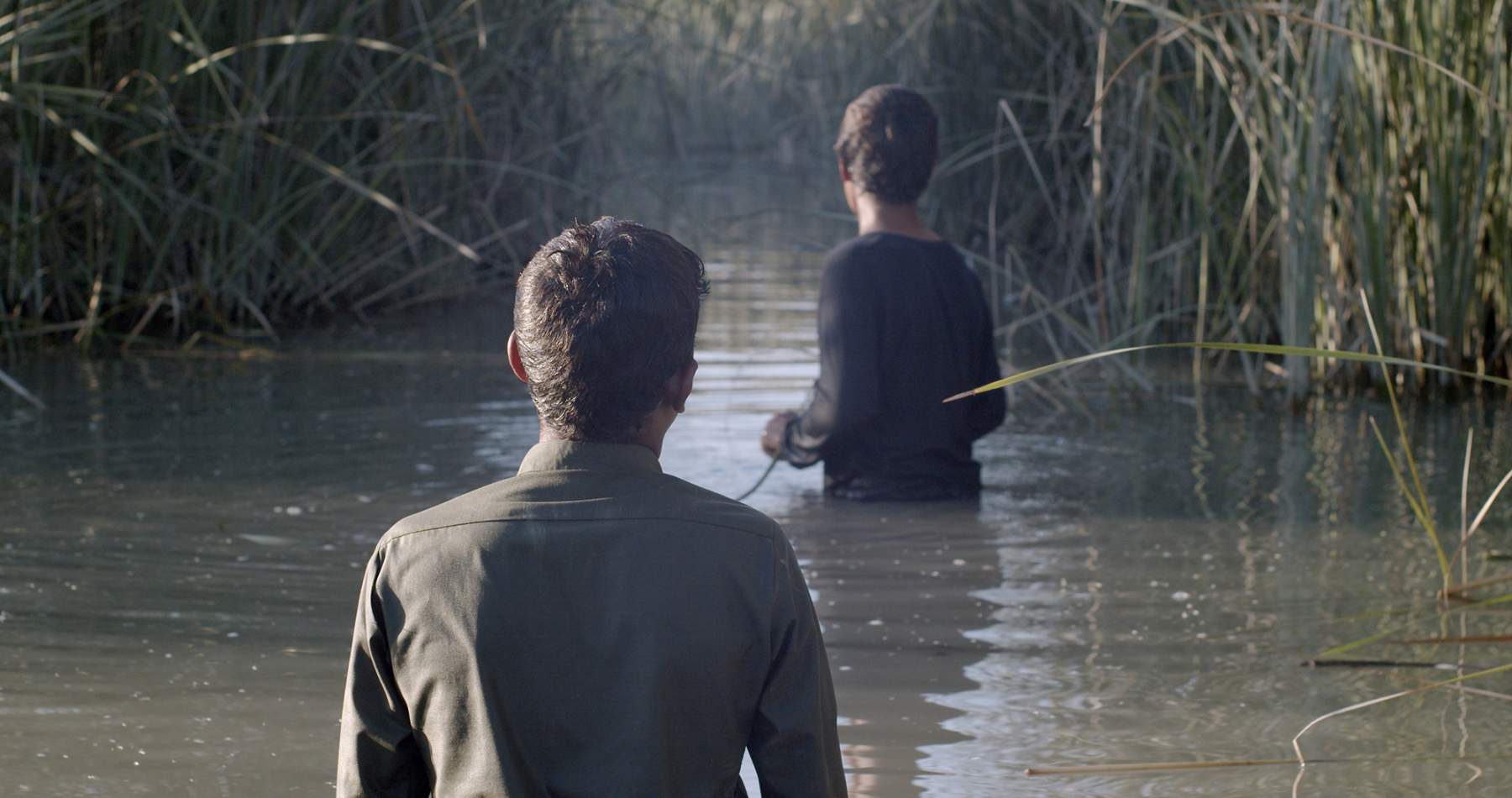

Alia Farid, video still, CHIBAYISH, 2022, courtesy the artist
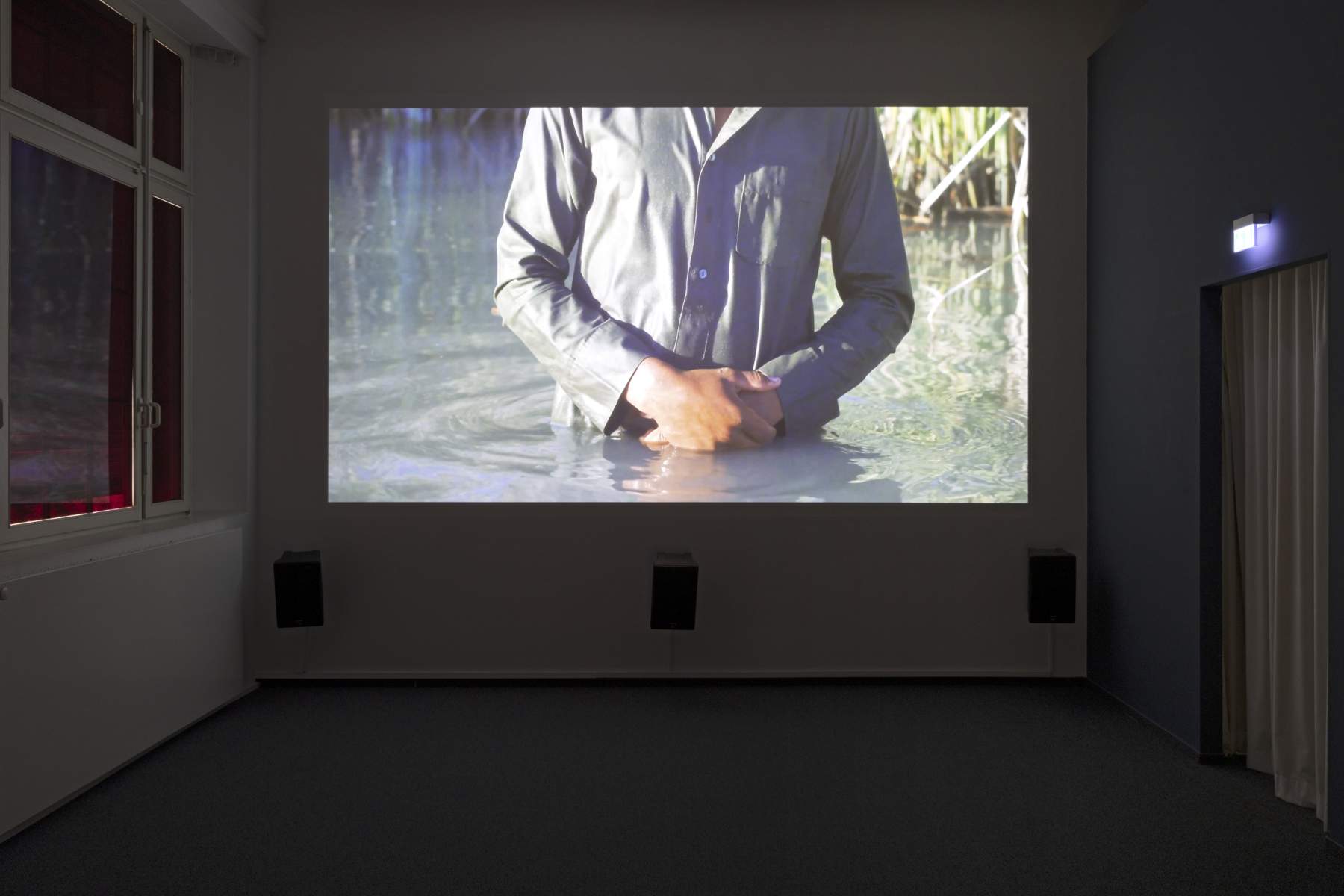

Alia Farid, CHIBAYISH, 2022
Photo: Gina Folly, © Biennale für Freiburg 2
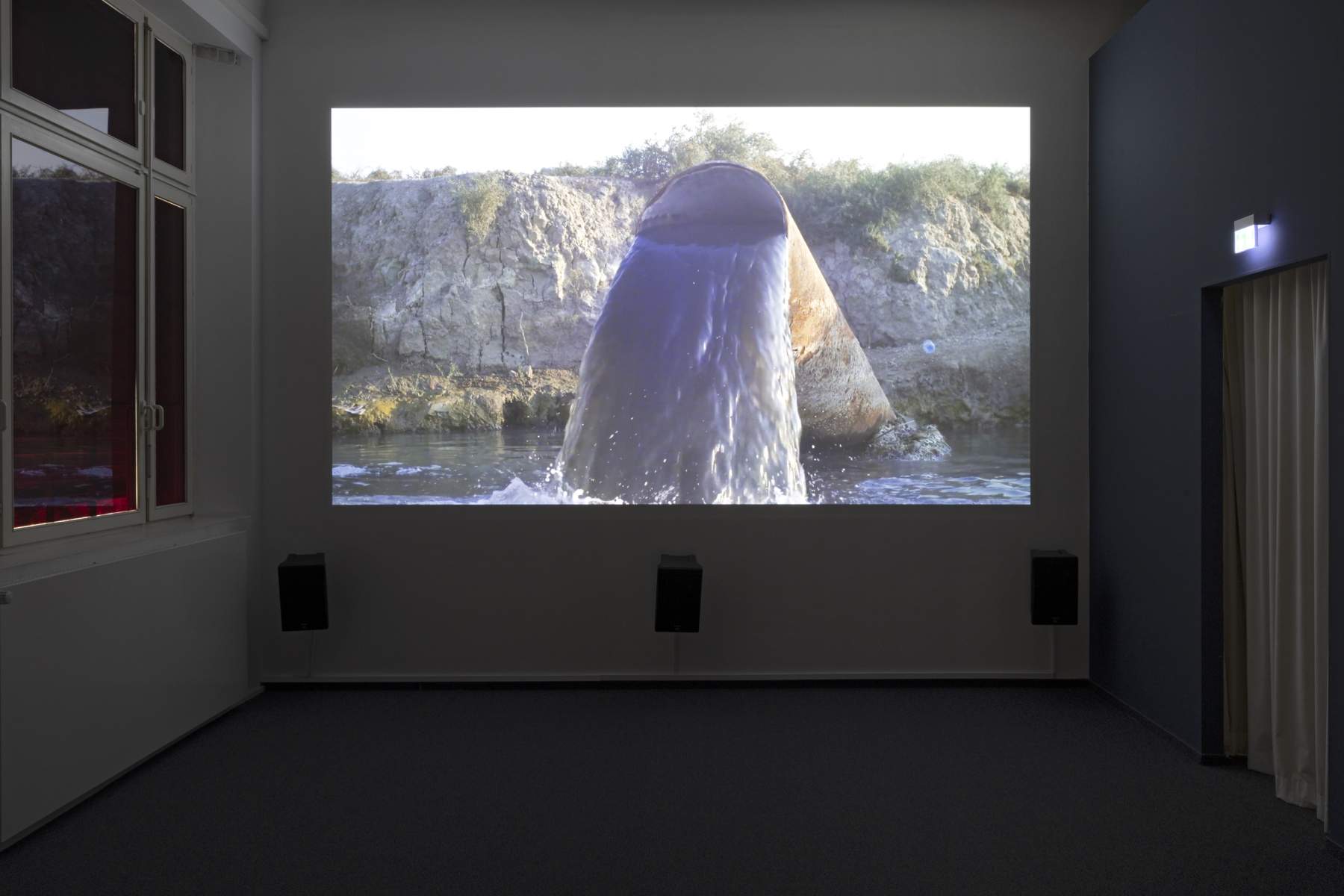

Alia Farid, CHIBAYISH, 2022
Photo: Gina Folly, © Biennale für Freiburg 2
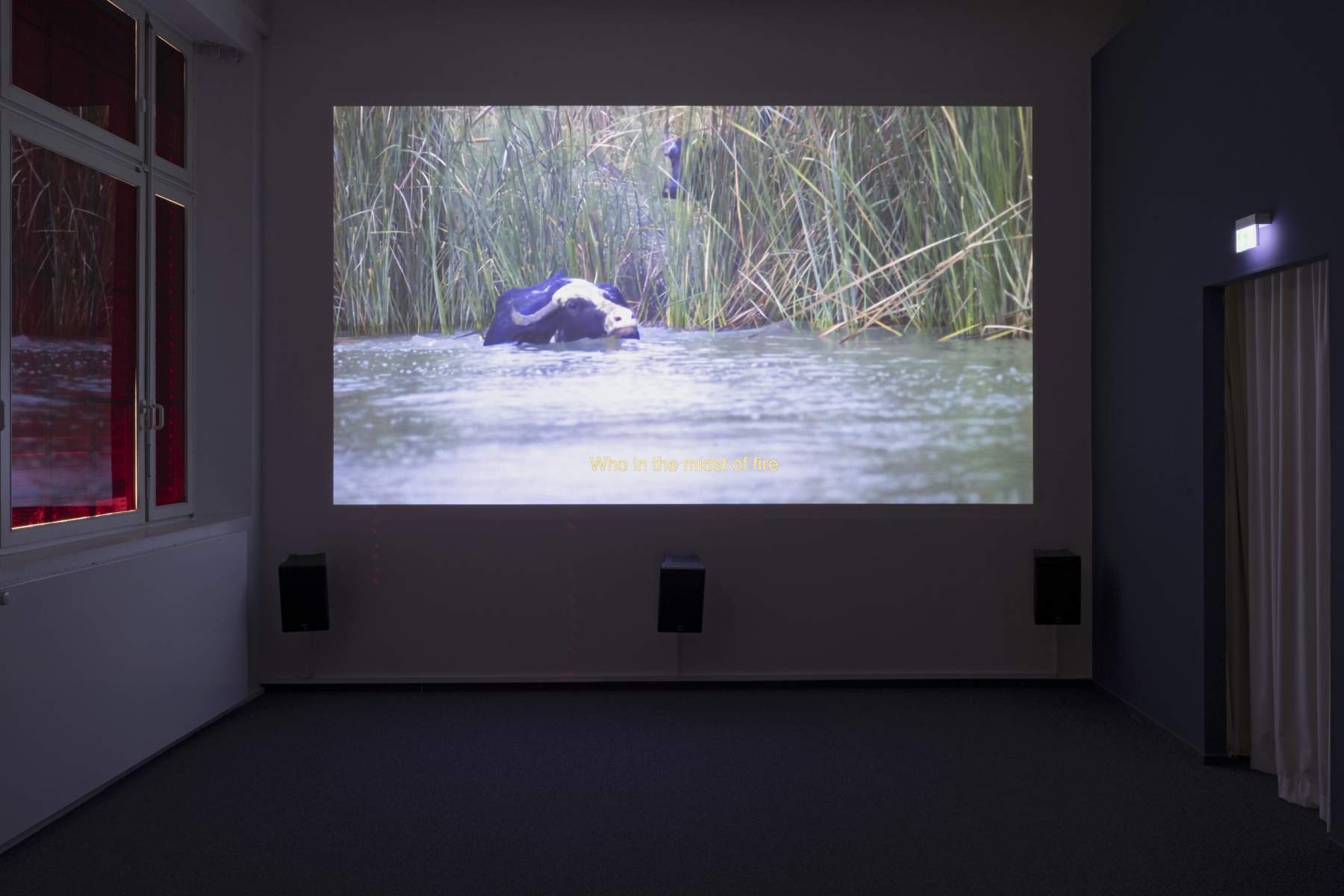

Alia Farid, CHIBAYISH, 2022
Photo: Gina Folly, © Biennale für Freiburg 2
Maryam Ghasemi
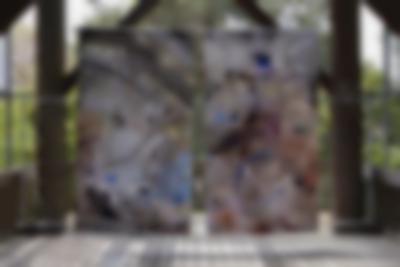
Maryam Ghasemi

Maryam Ghasemi, I AM T/HERE, 2023
Photo: Gina Folly, © Biennale für Freiburg 2
Maryam Ghasemi (1992, Nouschahr, IR) devotes her work to the relation between personal and social memory cultures. In Ghasemi’s large-scale photo collages, which deliberately explore the boundaries between photography and painting, layers of memory, private living spaces, and (semi-)public places are condensed into virtuosic assemblages. In doing so, the artist uses the moments of disruption that come with digital mediation and image processing as an artistic means to simultaneously deconstruct and reshape notions of space, home, history, and location.
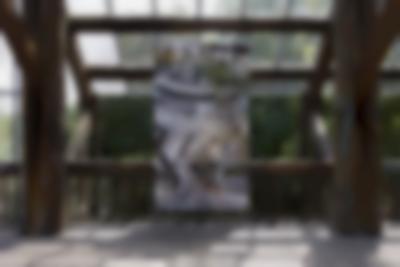
Maryam Ghasemi, I AM T/HERE, 2023
Photo: Gina Folly, © Biennale für Freiburg 2
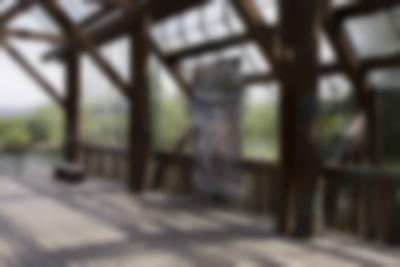
Maryam Ghasemi, I AM T/HERE, 2023, installation view Forsthaus, Seepark
Photo: Gina Folly, © Biennale für Freiburg 2
Ghasemi studied painting at Tehran University, IR and completed her master’s degree at ECAL, École cantonale d’art de Lausanne, CH in 2022. She has shown her work at the 6th Damonfar Visual Arts Biennial in Tehran, IR (2017), in group exhibitions at Tehran University Gallery, IR (2014), and at ELAC Gallery of ECAL, École cantonale d’art de Lausanne, CH (2020/2022), among others.
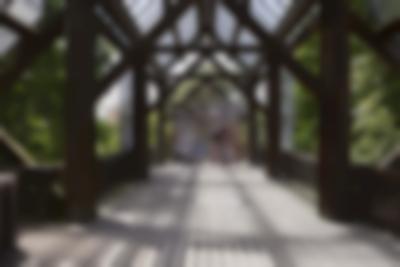
Maryam Ghasemi, I AM T/HERE, 2023, installation view Forsthaus, Seepark
Photo: Gina Folly, © Biennale für Freiburg 2
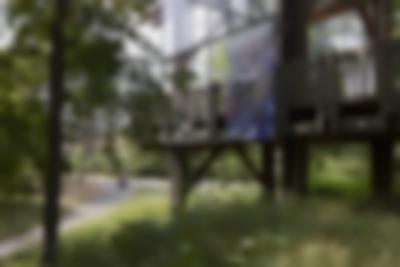
Maryam Ghasemi, I AM T/HERE, 2023, installation view Forsthaus, Seepark
Photo: Gina Folly, © Biennale für Freiburg 2
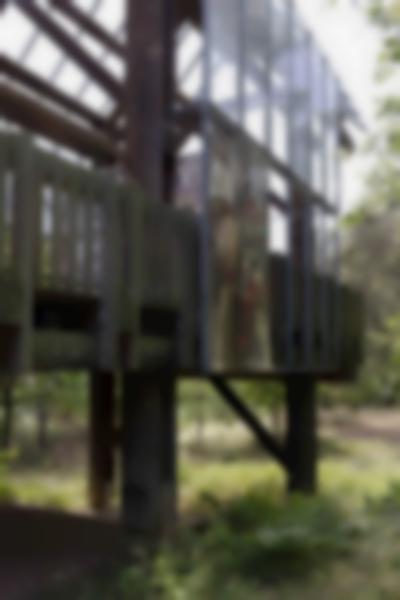
Maryam Ghasemi, I AM T/HERE, 2023, installation view Forsthaus, Seepark
Photo: Gina Folly, © Biennale für Freiburg 2
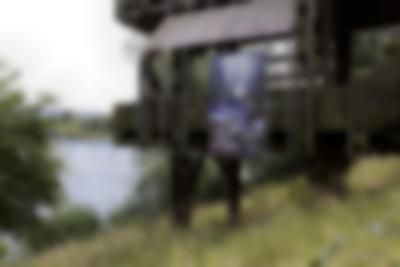
Maryam Ghasemi, I AM T/HERE, 2023, installation view Forsthaus, Seepark
Photo: Gina Folly, © Biennale für Freiburg 2
The work I AM T/HERE (2023) by Maryam Ghasemi was on view at Seepark (Forrester’s Lodge).
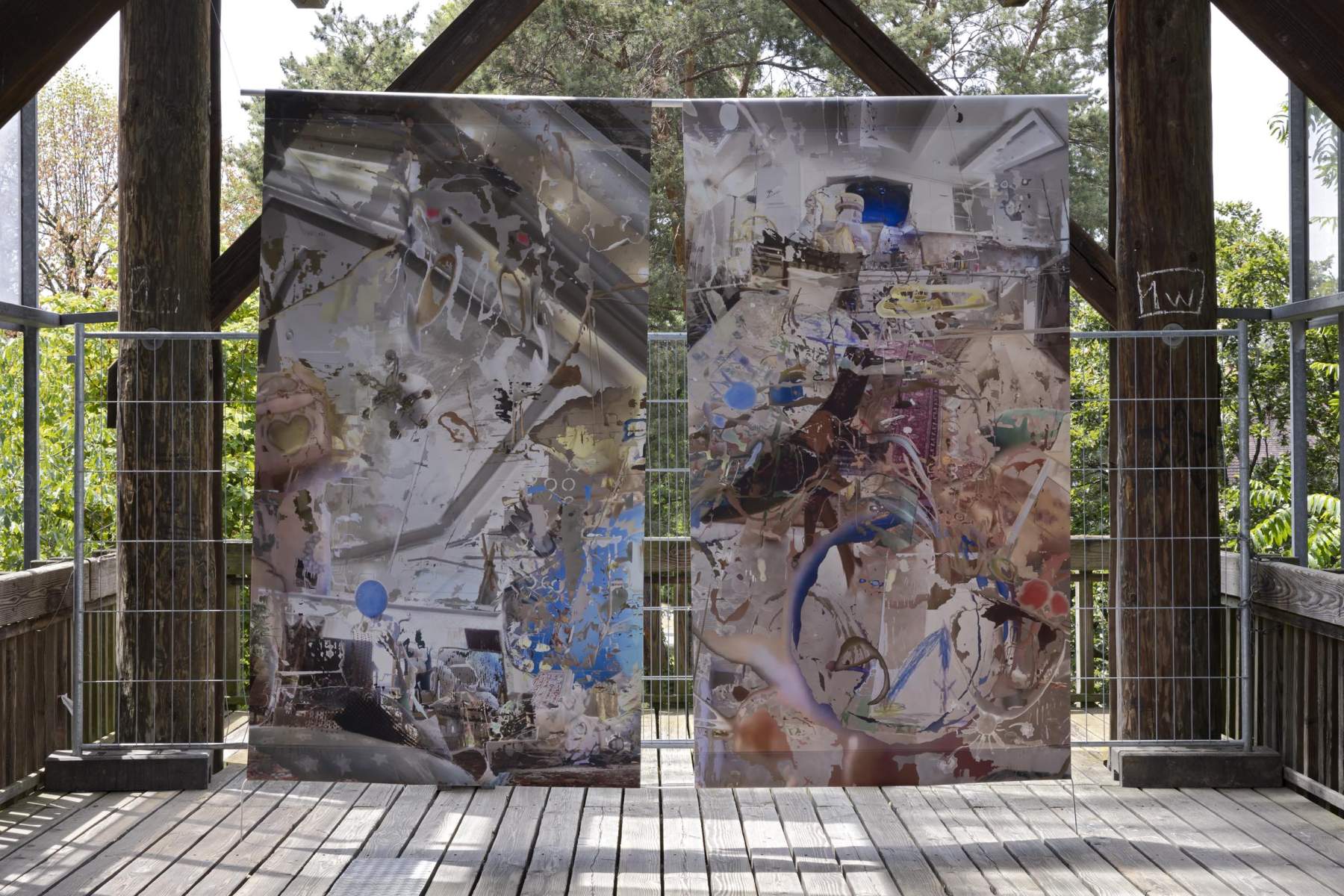

Maryam Ghasemi, I AM T/HERE, 2023
Photo: Gina Folly, © Biennale für Freiburg 2
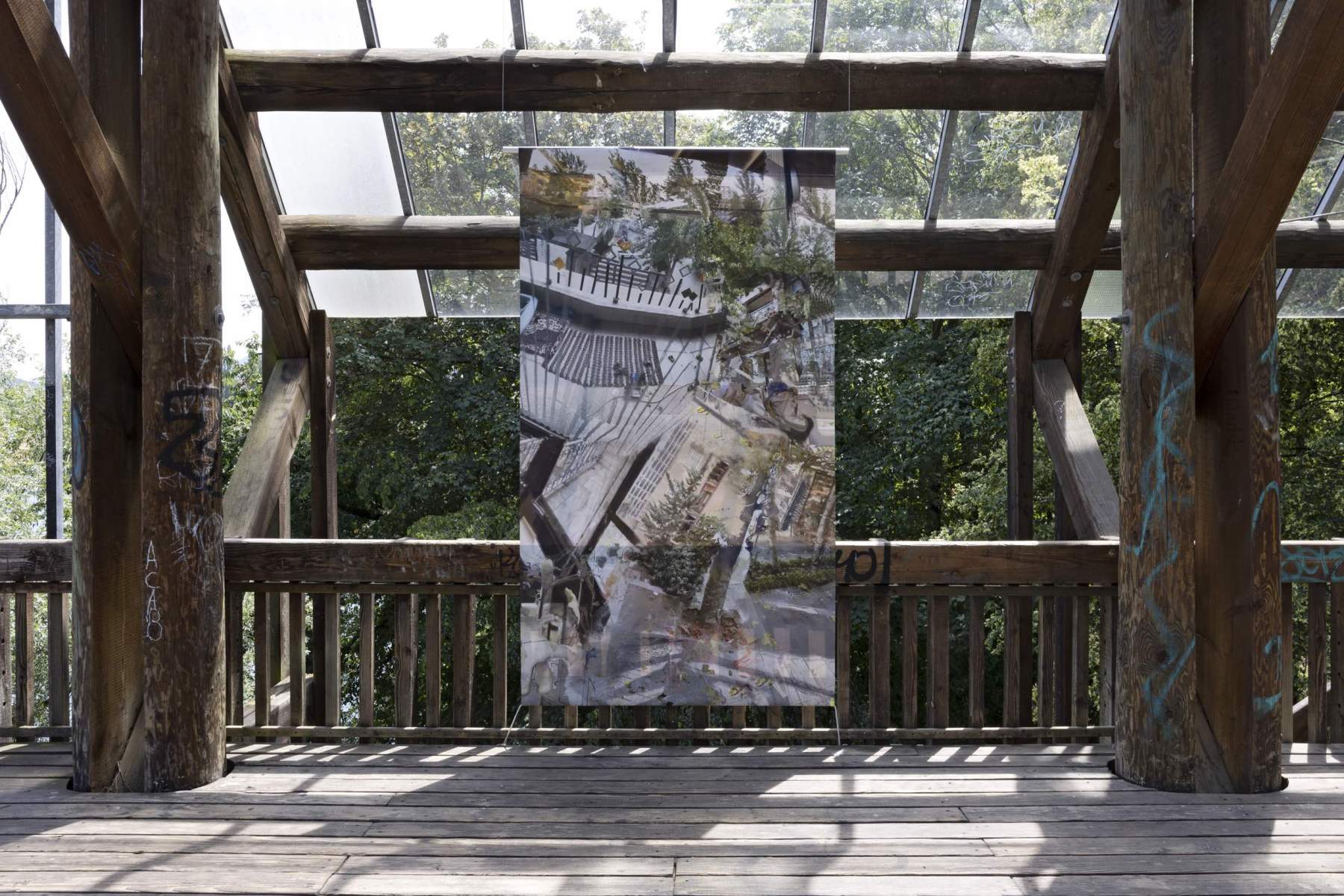

Maryam Ghasemi, I AM T/HERE, 2023
Photo: Gina Folly, © Biennale für Freiburg 2
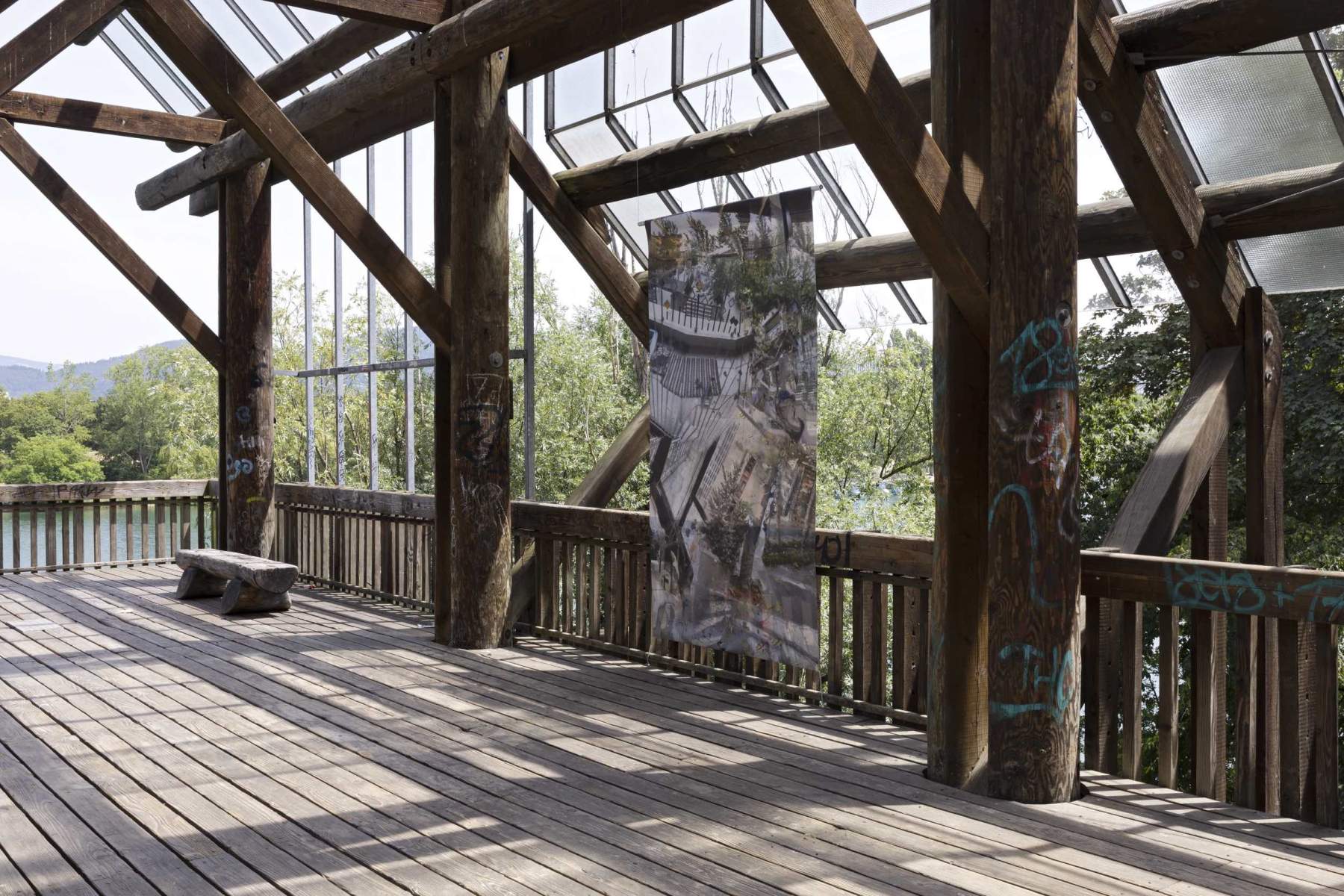

Maryam Ghasemi, I AM T/HERE, 2023, installation view Forsthaus, Seepark
Photo: Gina Folly, © Biennale für Freiburg 2
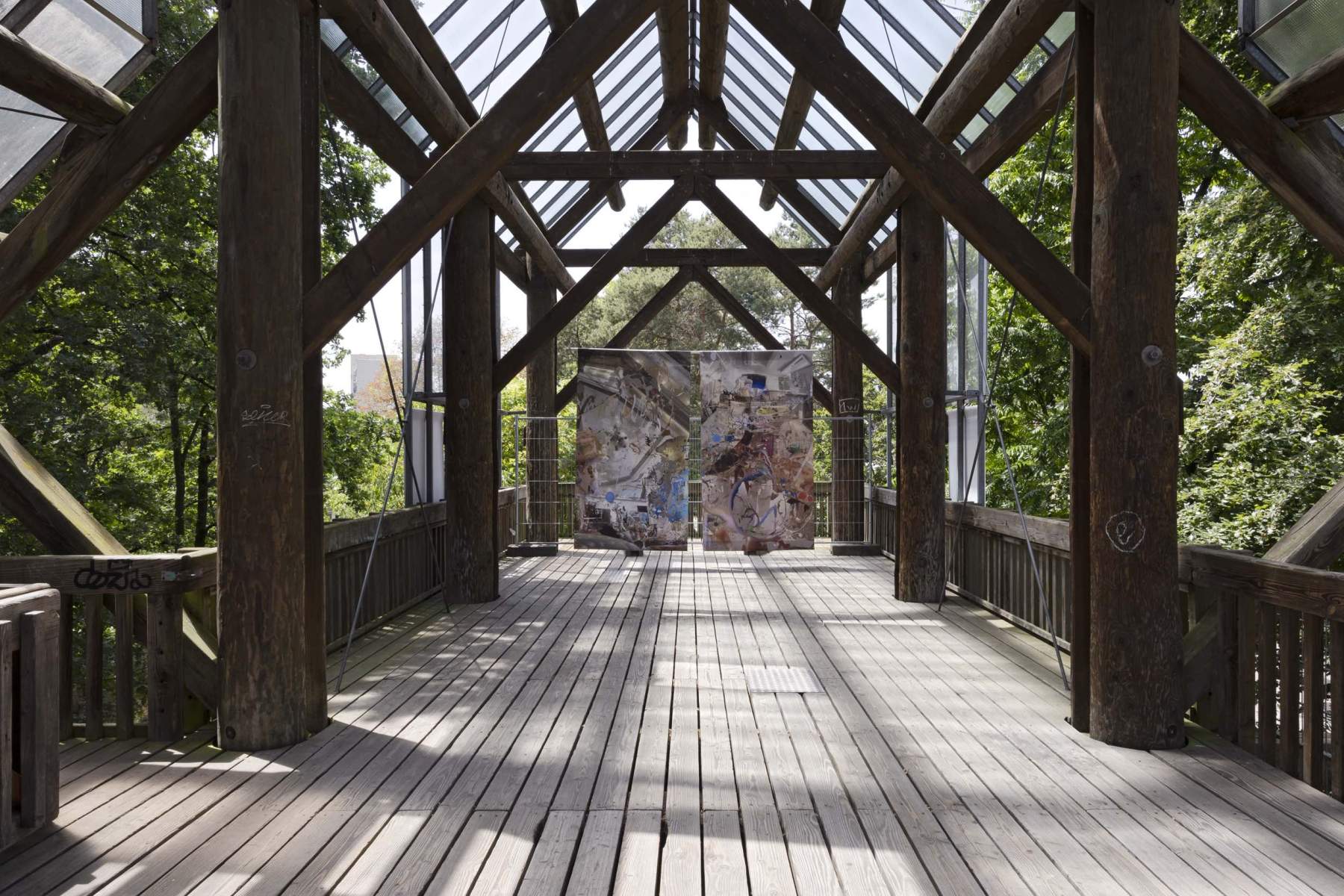

Maryam Ghasemi, I AM T/HERE, 2023, installation view Forsthaus, Seepark
Photo: Gina Folly, © Biennale für Freiburg 2
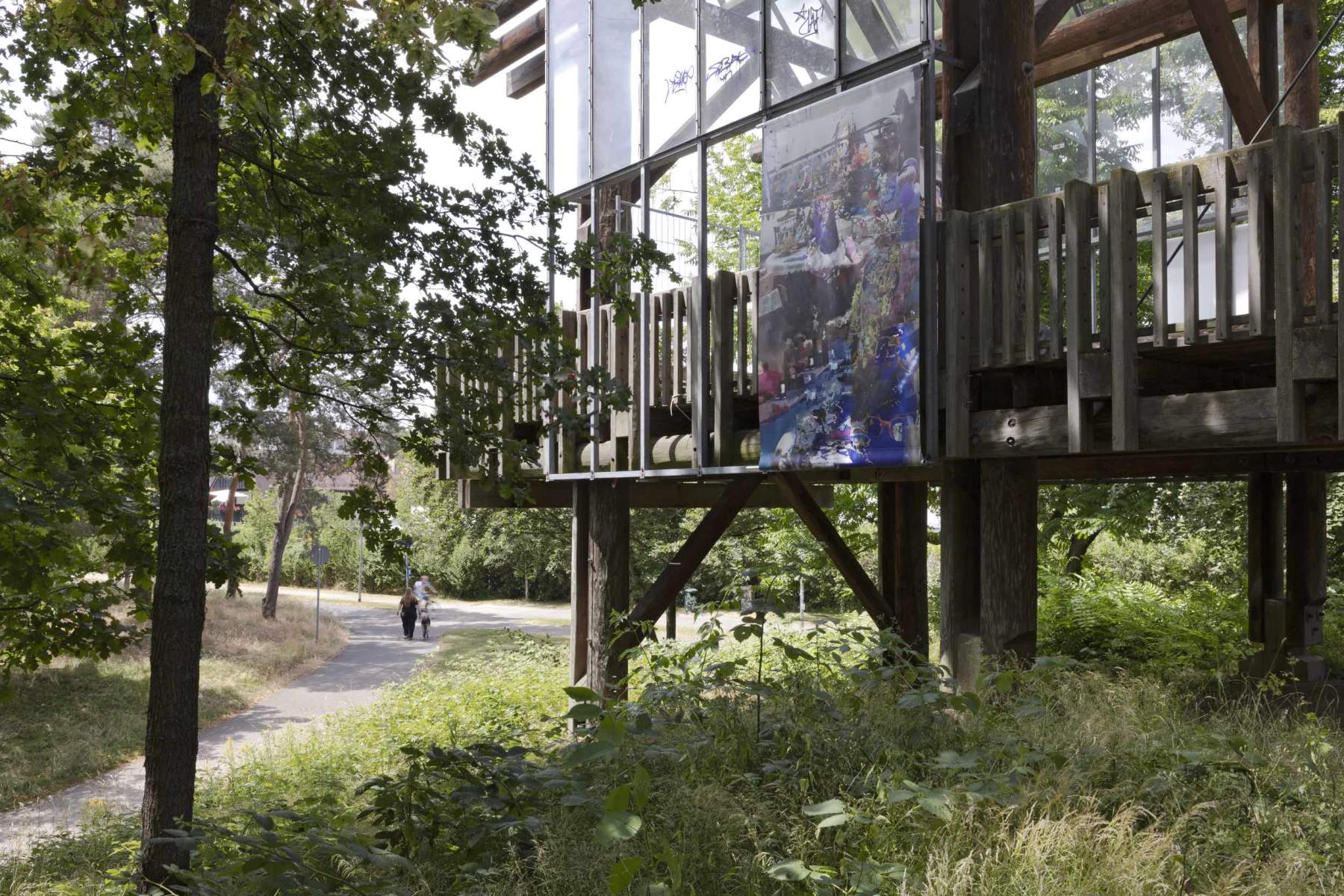

Maryam Ghasemi, I AM T/HERE, 2023, installation view Forsthaus, Seepark
Photo: Gina Folly, © Biennale für Freiburg 2
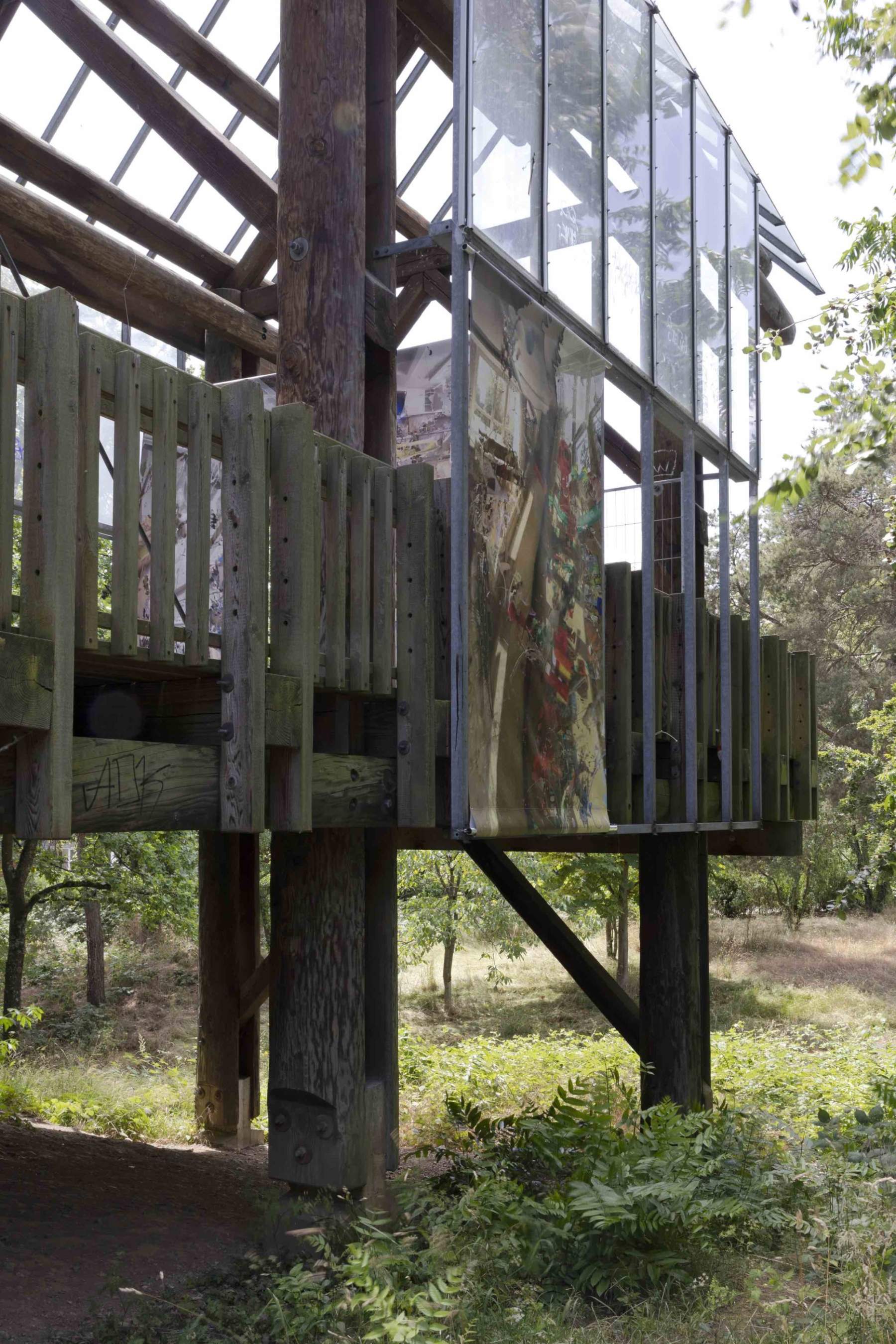

Maryam Ghasemi, I AM T/HERE, 2023, installation view Forsthaus, Seepark
Photo: Gina Folly, © Biennale für Freiburg 2
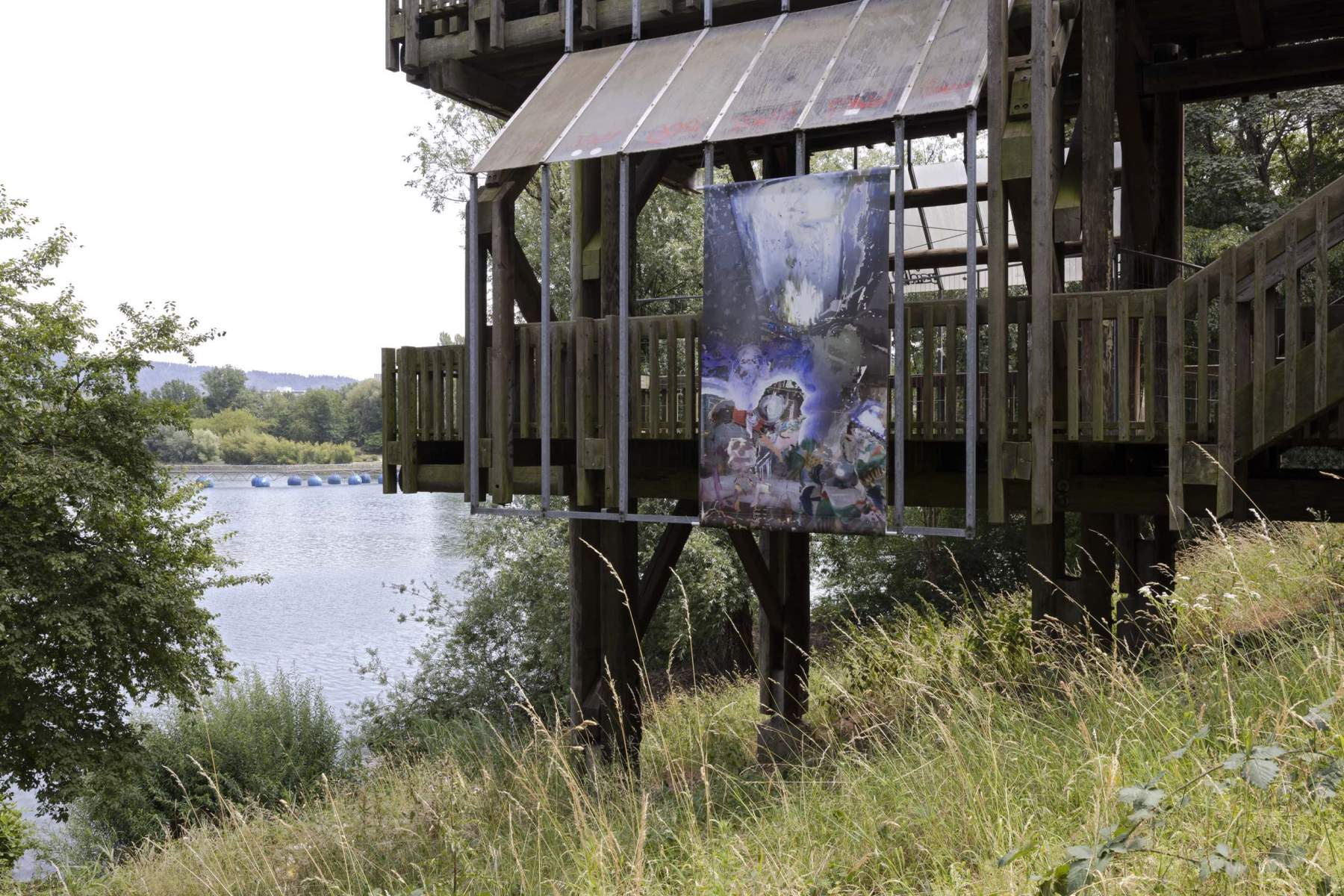

Maryam Ghasemi, I AM T/HERE, 2023, installation view Forsthaus, Seepark
Photo: Gina Folly, © Biennale für Freiburg 2
Rebecca Grundmann
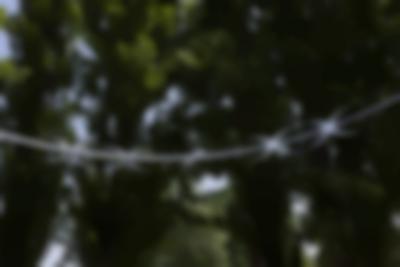
Rebecca Grundmann

Rebecca Grundmann, EXES, 2023
Photo: Gina Folly, © Biennale für Freiburg 2
In her artistic practice, Rebecca Grundmann (1995, Cologne) confronts personal truths and seemingly unchangeable circumstances that shape our everyday lives. In these ongoing dialogues and confrontations, Grundmann exposes these rigid structures and reveals their artificiality and absurdity. Red herrings and masquerades not only play a role within many media and objects charged with specific meanings—in Grundmann’s work, these are artistic strategies that render the well-known and familiar in a new light.
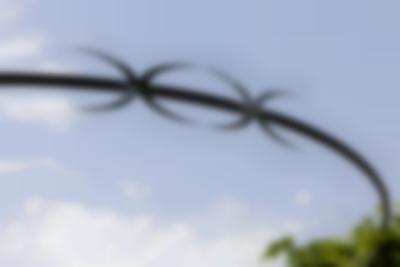
Rebecca Grundmann, EXES, 2023
Photo: Gina Folly, © Biennale für Freiburg 2
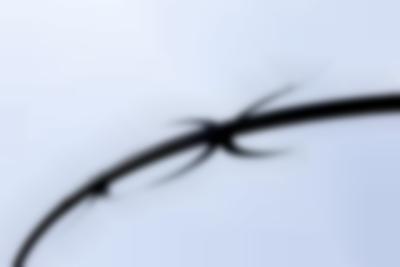
Rebecca Grundmann, EXES, 2023
Photo: Gina Folly, © Biennale für Freiburg 2
Grundmann studied at Kunstakademie Düsseldorf, where she received the Deutschland Scholarship in 2020, as well as the “Friends and Sponsors” Graduate Scholarship. Her work has been part of exhibitions and publications such as: Werft77, Düsseldorf (2022), Salat Magazin (2020), Düsseldorf Photo+ (2020), Wormhole Newspaper (2019) and the Biennale Architettura, Venice, IT (2018), as part of the group project, Île Flottante.
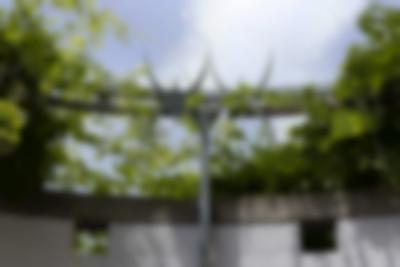
Rebecca Grundmann, EXES, 2023
Photo: Gina Folly, © Biennale für Freiburg 2
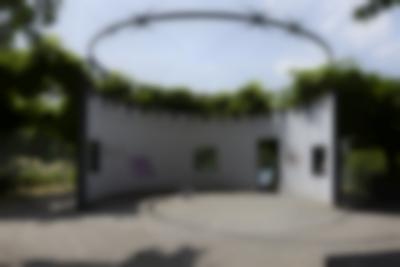
Rebecca Grundmann, EXES, 2023, installation view Peninsula, Seepark
Poto: Gina Folly, © Biennale für Freiburg 2
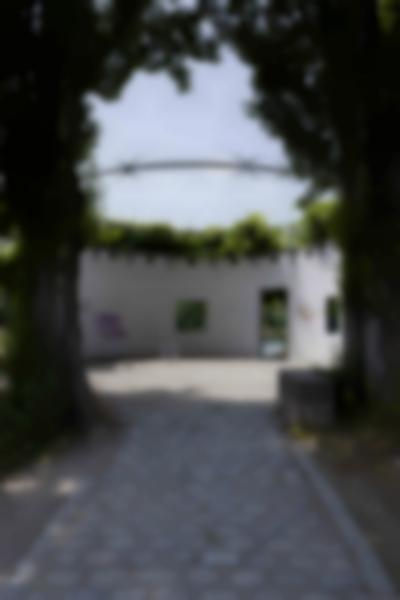
Rebecca Grundmann, EXES, 2023, installation view Peninsula, Seepark
Photo: Gina Folly, © Biennale für Freiburg 2
The work EXES (2023) by Rebecca Grundmann was on view at Seepark (Peninsula), together with a work by Phung-Tien Phan.
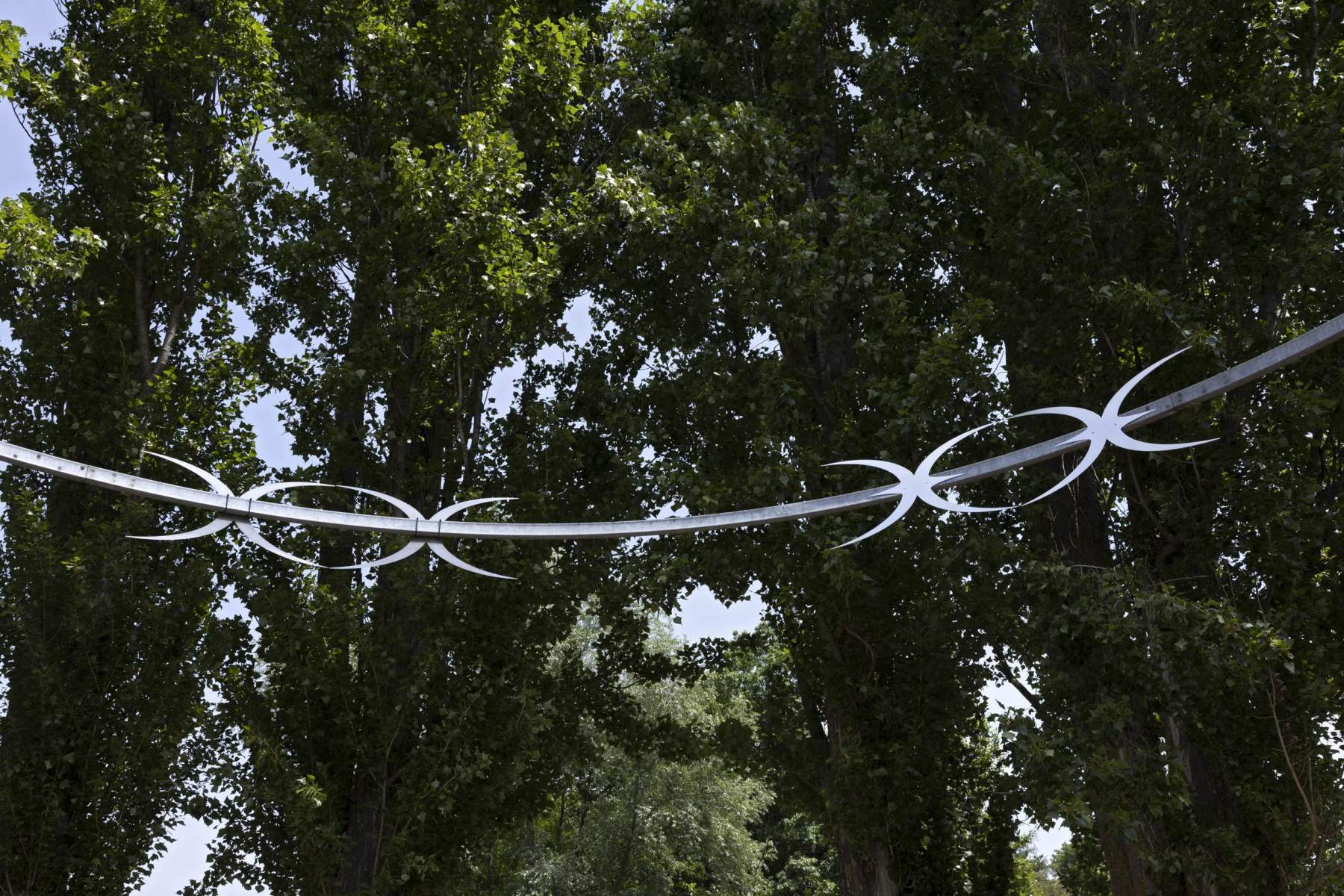

Rebecca Grundmann, EXES, 2023
Photo: Gina Folly, © Biennale für Freiburg 2
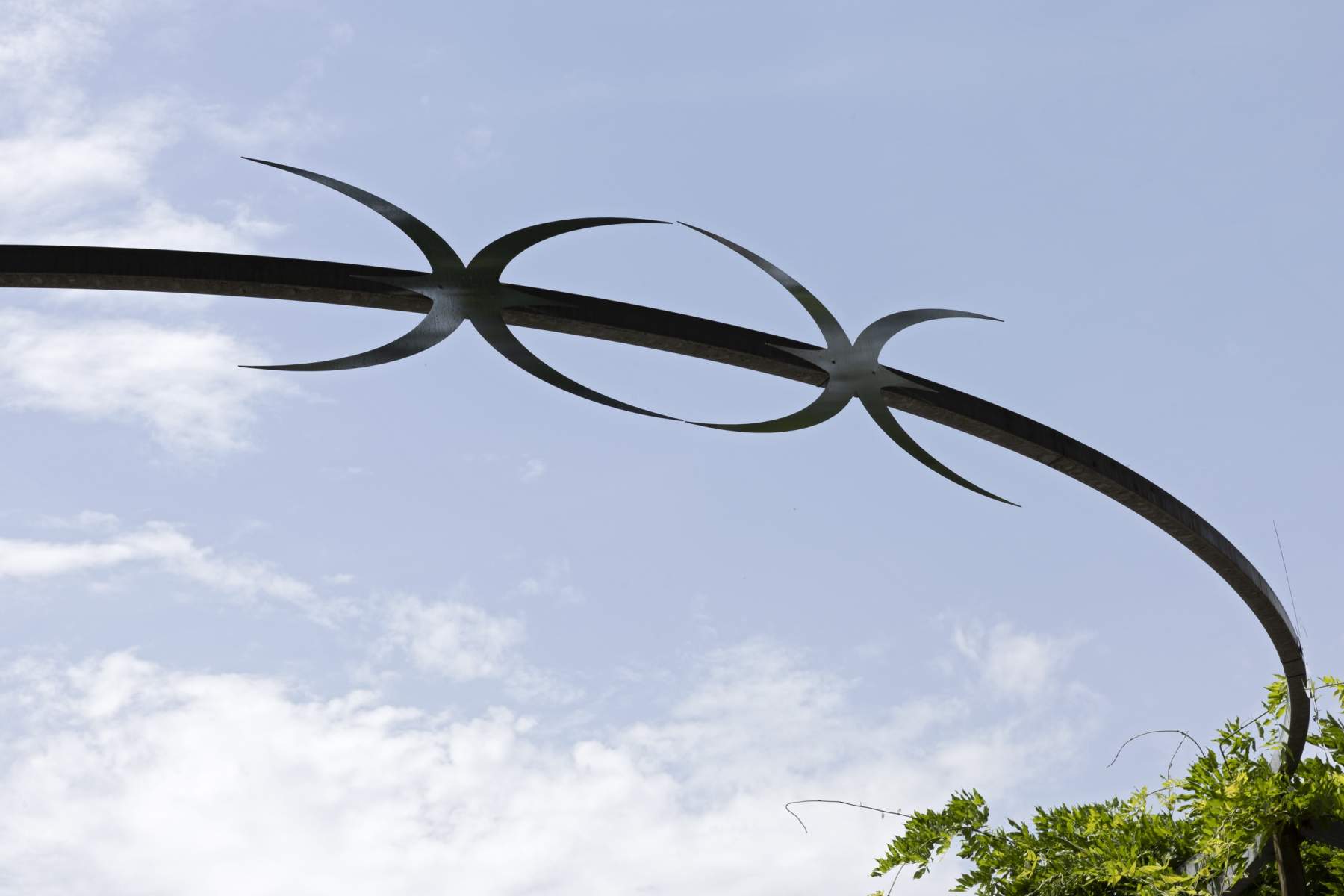

Rebecca Grundmann, EXES, 2023
Photo: Gina Folly, © Biennale für Freiburg 2
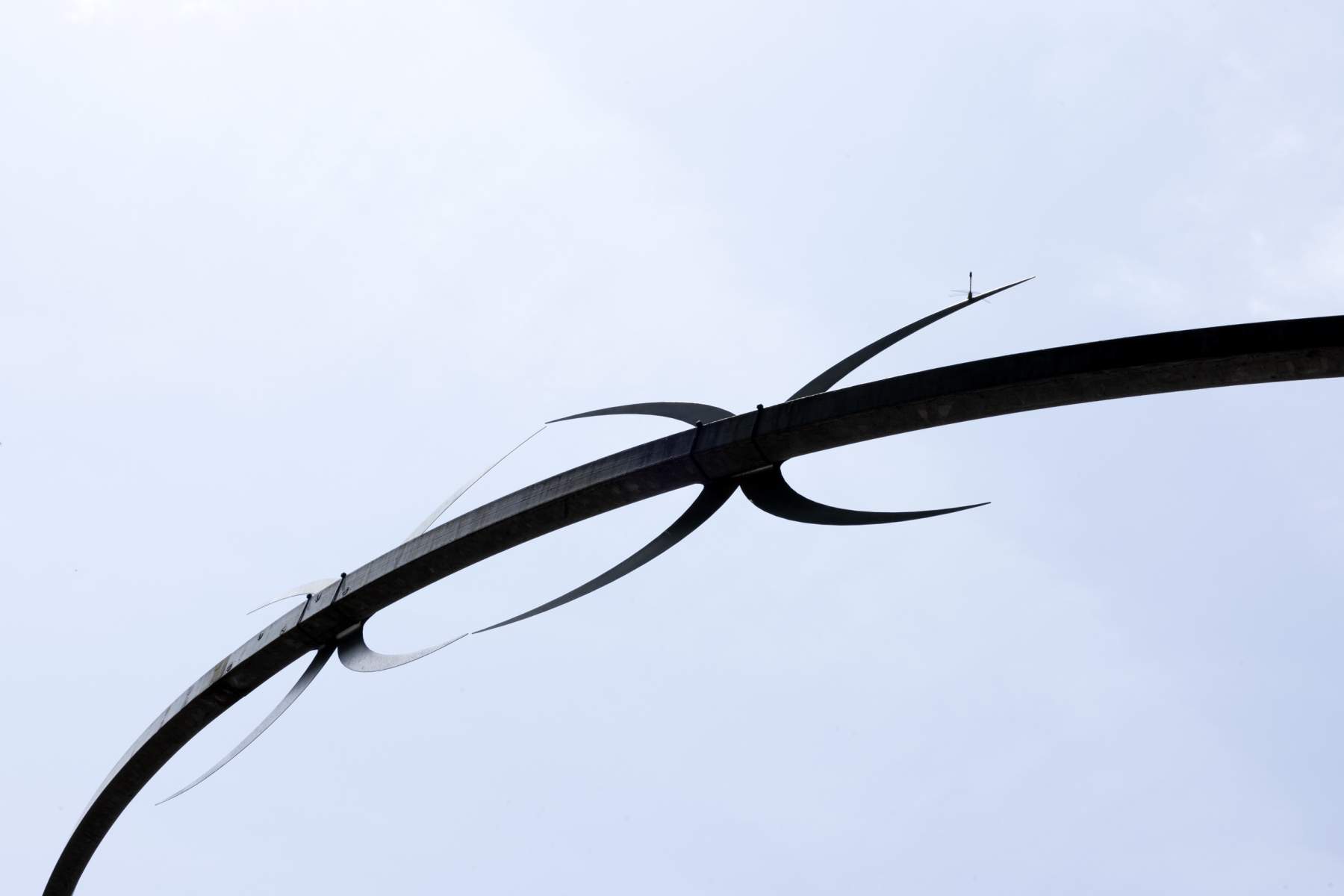

Rebecca Grundmann, EXES, 2023
Photo: Gina Folly, © Biennale für Freiburg 2
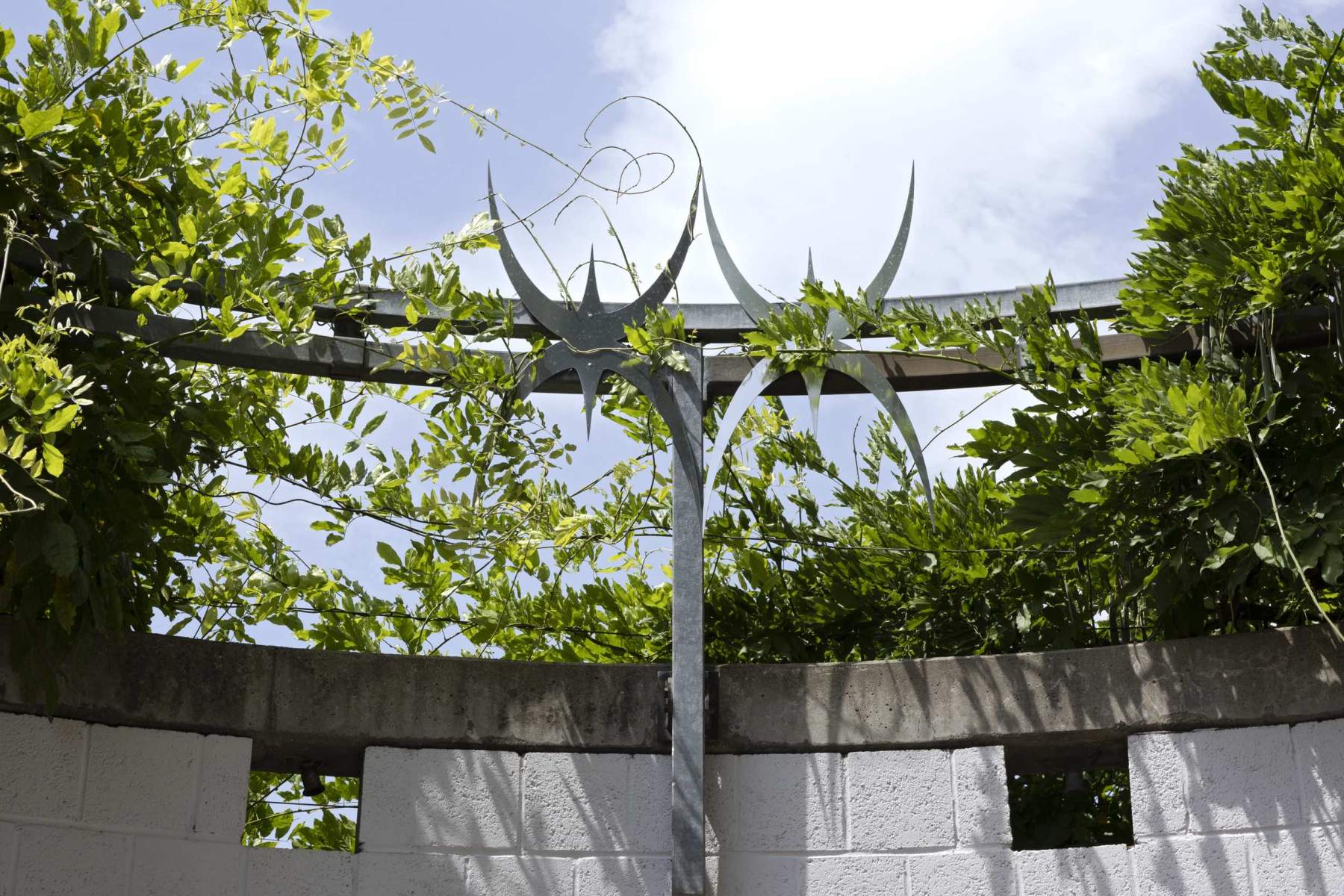

Rebecca Grundmann, EXES, 2023
Photo: Gina Folly, © Biennale für Freiburg 2
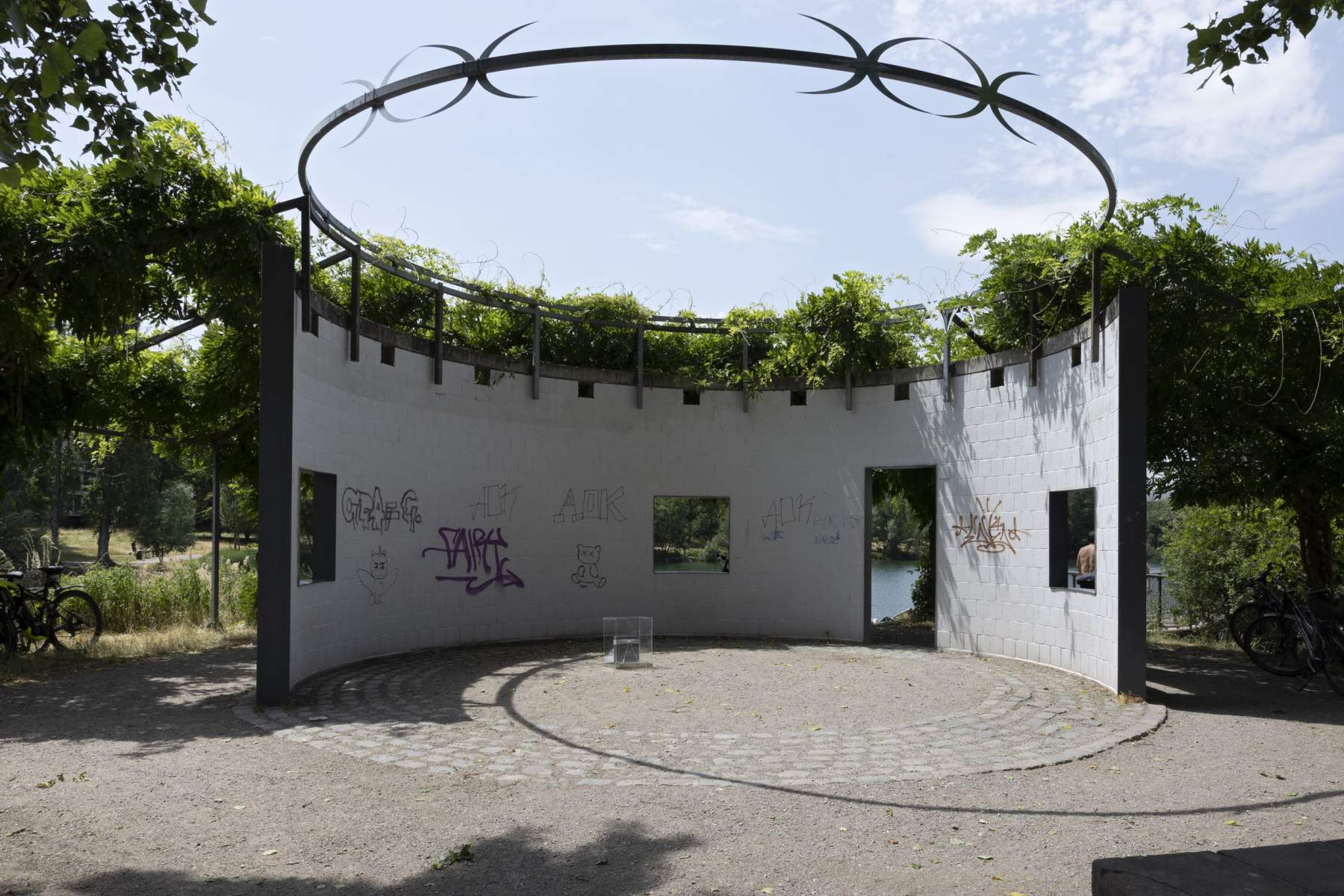

Rebecca Grundmann, EXES, 2023, installation view Peninsula, Seepark
Poto: Gina Folly, © Biennale für Freiburg 2
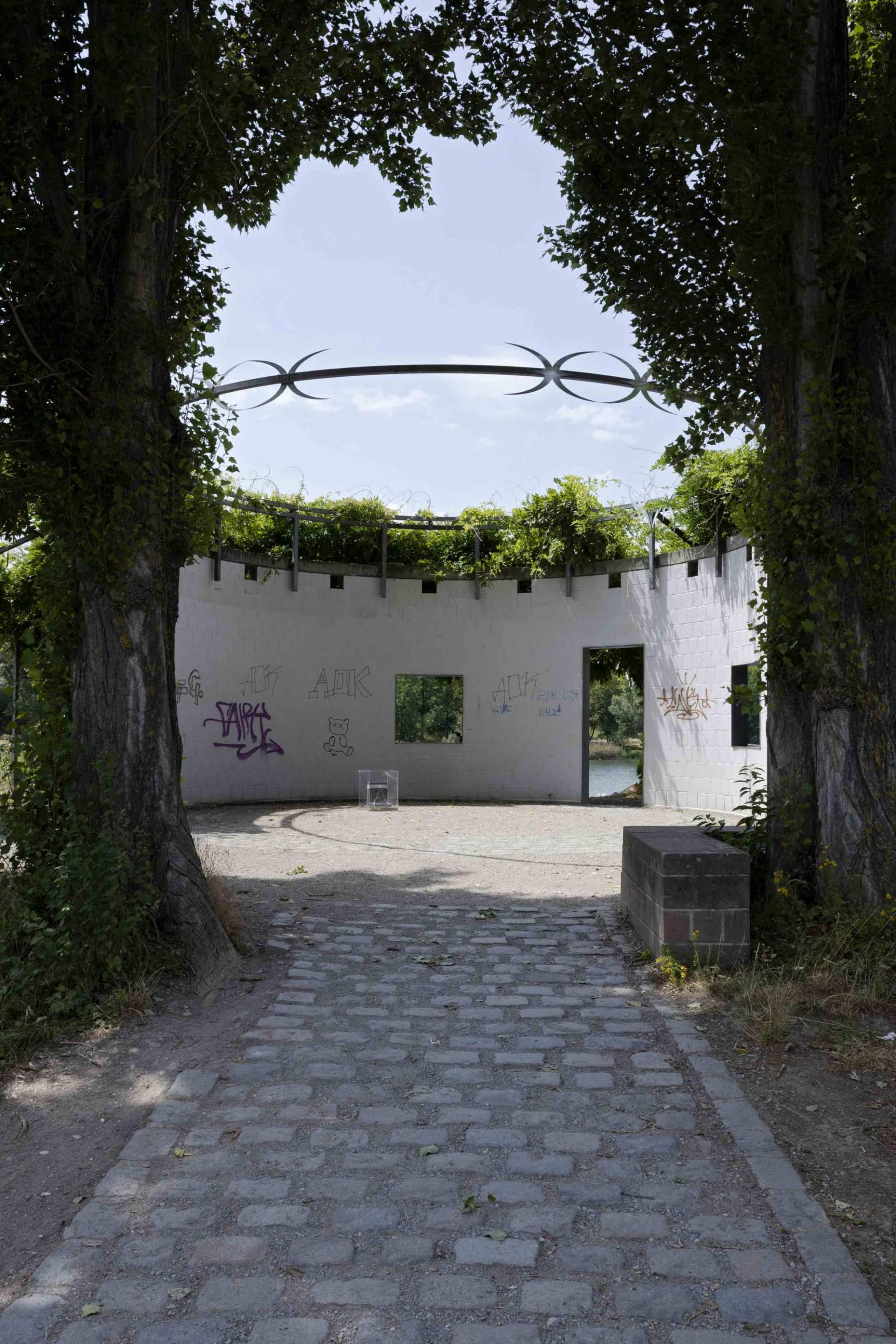

Rebecca Grundmann, EXES, 2023, installation view Peninsula, Seepark
Photo: Gina Folly, © Biennale für Freiburg 2
Deborah Joyce Holman
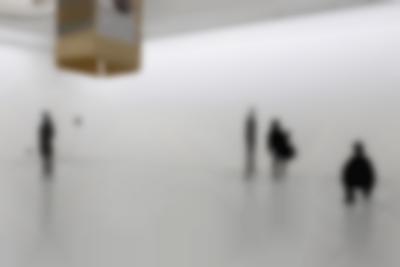
Deborah Joyce Holman

Deborah Joyce Holman, UNTITLED (FOR SCALE), 2021–ongoing
Photo: Gina Folly, © Biennale für Freiburg 2
The works of Deborah Joyce Holman deal with the value and dangers of visibility and representation, especially with regard to Black people. Strategies of refusal form an important part of this, including opacity, illegibility, and absence, which Holman explores through a variety of media, spanning text, image production, moving image, sculpture, and installation. An ongoing research process forms the essential basis of Holman’s working methods, exploring the archival layers and contemporary phenomena of visual-popular cultures.
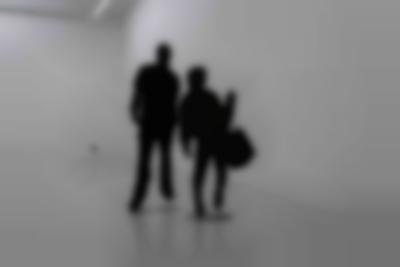
Deborah Joyce Holman, UNTITLED (FOR SCALE), 2021–ongoing
Photo: Sévérine Kpoti, © Biennale für Freiburg 2
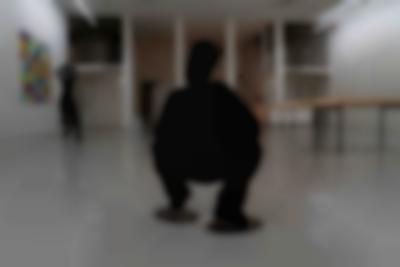
Deborah Joyce Holman, UNTITLED (FOR SCALE), 2021–ongoing
Photo: Sévérine Kpoti, © Biennale für Freiburg 2
While studying art at the Haute école d’art et de design (HEAD) in Geneva, CH, Holman founded Platform 1.1 in Basel, CH, in 2015 and has since pursued a curatorial practice—most recently as deputy director and curator of the arts organization Auto Italia in London, UK. Holman’s work has been exhibited internationally in galleries and institutions; recent presentations include those at the EACC in Valencia, ES (2023), Istituto Svizzero in Palermo, IT (2022, solo), schwarzescafé, Luma Westbau in Zurich, CH (2022, solo), and the Institute of Contemporary Arts in London, UK (2022). Holman is the winner of the Swiss Emerging Artist Prize 2022. Holman lives and works in London and Basel.
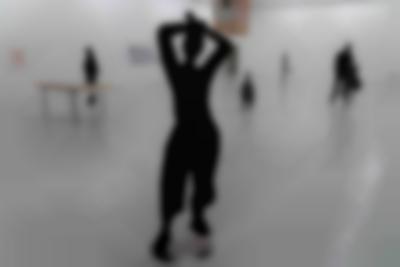
Deborah Joyce Holman, UNTITLED (FOR SCALE), 2021–ongoing
Photo: Sévérine Kpoti, © Biennale für Freiburg 2
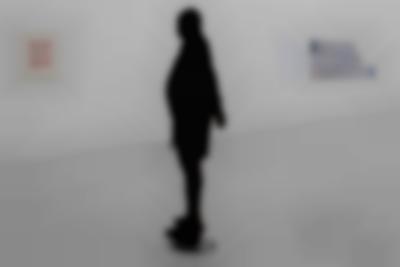
Deborah Joyce Holman, UNTITLED (FOR SCALE), 2021–ongoing
Photo: Sévérine Kpoti, © Biennale für Freiburg 2
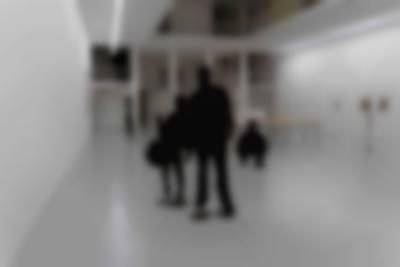
Deborah Joyce Holman, UNTITLED (FOR SCALE), 2021–ongoing
Photo: Sévérine Kpoti, © Biennale für Freiburg 2
Deborah Joyce Holman’s UNTITLED (FOR SCALE), a series begun in 2021, was exhibited at Kunstverein Freiburg, ground floor.
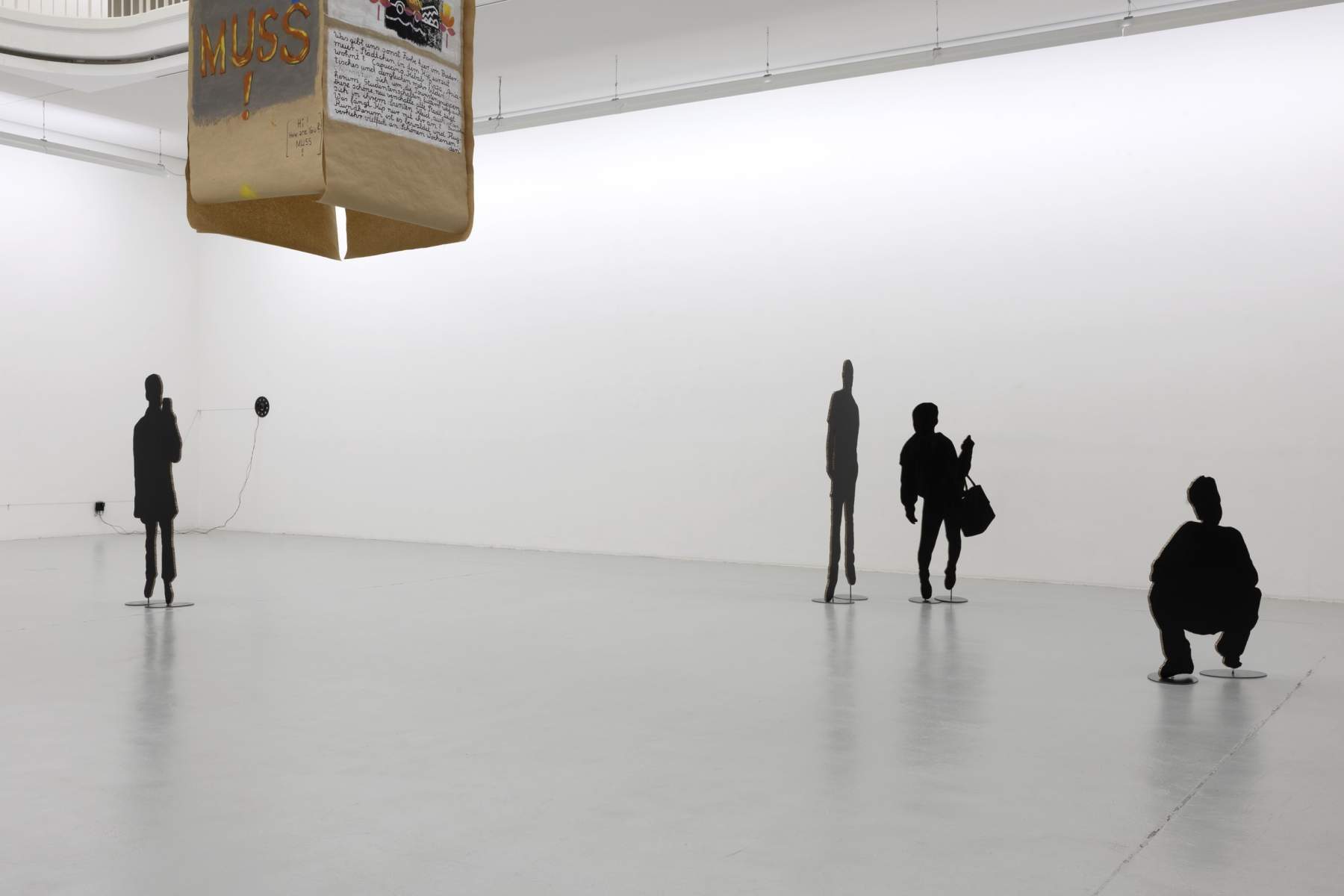

Deborah Joyce Holman, UNTITLED (FOR SCALE), 2021–ongoing
Photo: Gina Folly, © Biennale für Freiburg 2
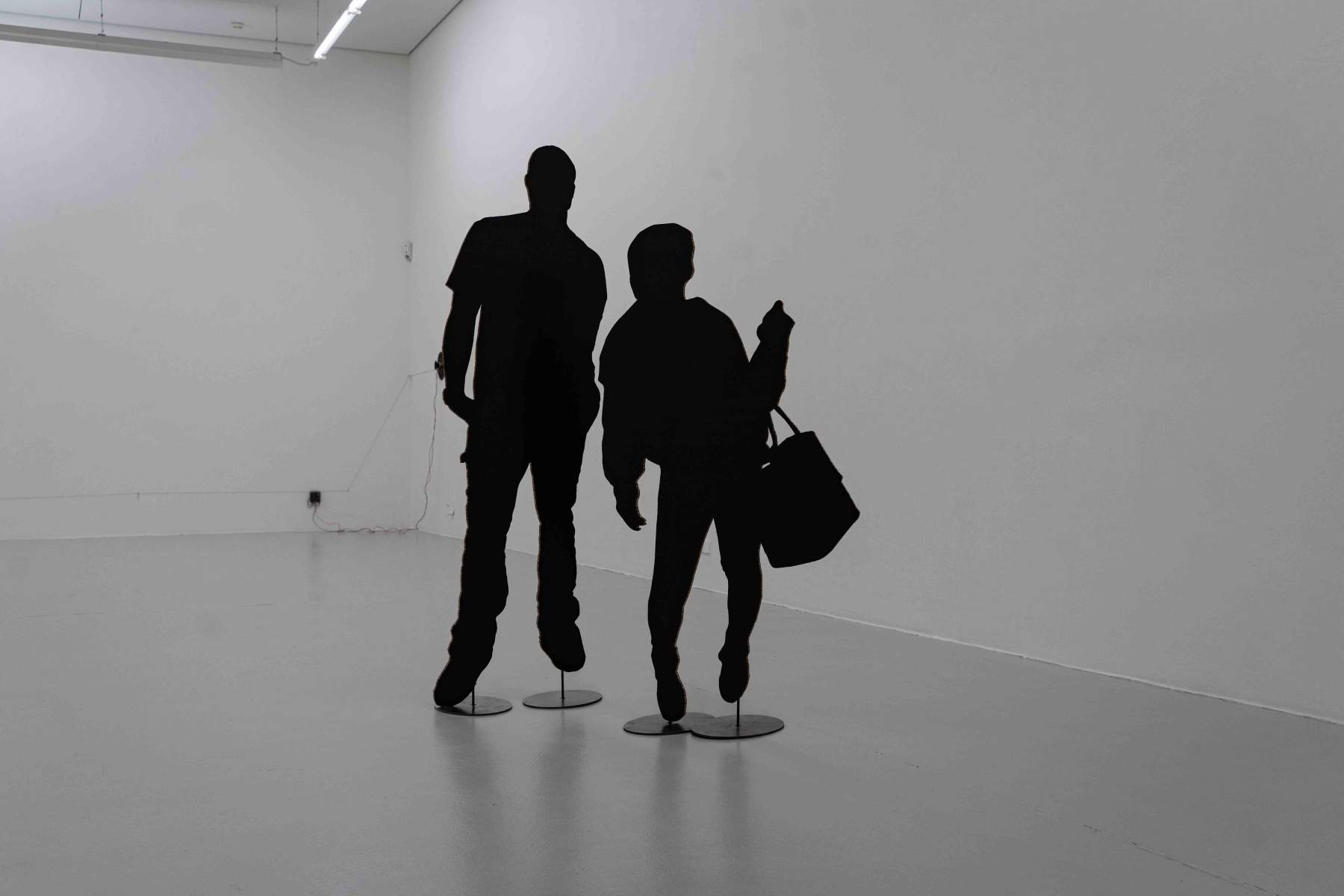

Deborah Joyce Holman, UNTITLED (FOR SCALE), 2021–ongoing
Photo: Sévérine Kpoti, © Biennale für Freiburg 2
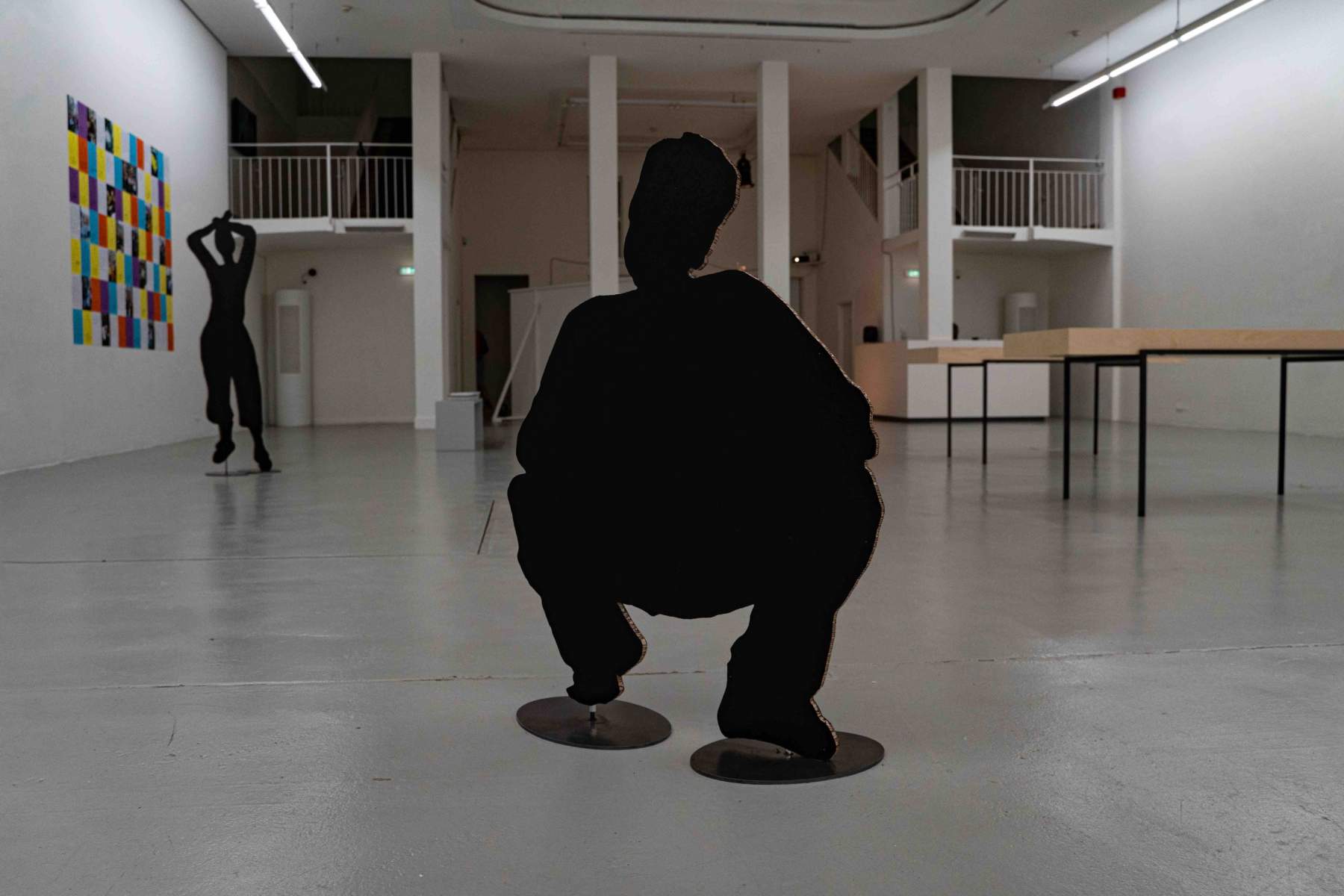

Deborah Joyce Holman, UNTITLED (FOR SCALE), 2021–ongoing
Photo: Sévérine Kpoti, © Biennale für Freiburg 2
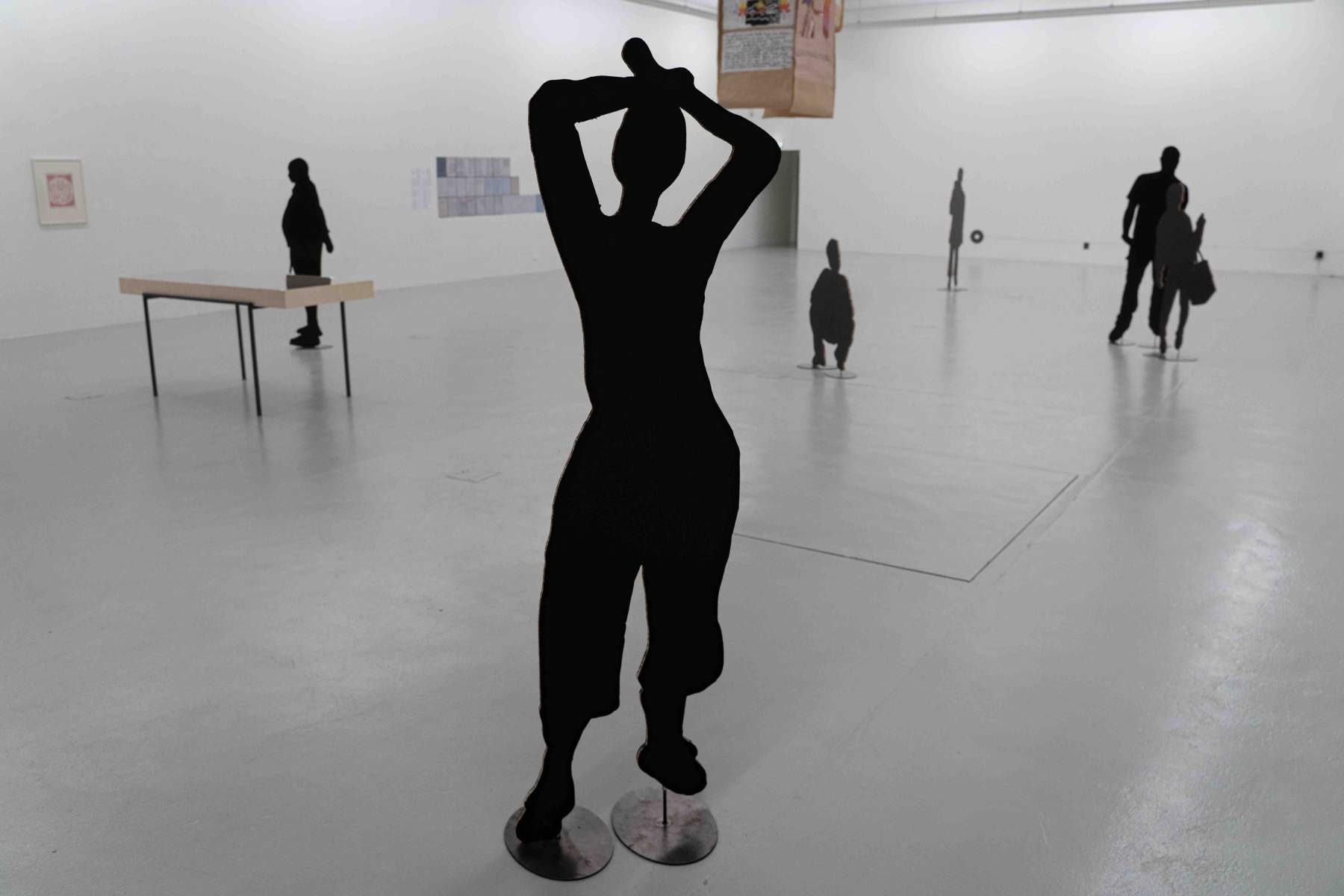

Deborah Joyce Holman, UNTITLED (FOR SCALE), 2021–ongoing
Photo: Sévérine Kpoti, © Biennale für Freiburg 2
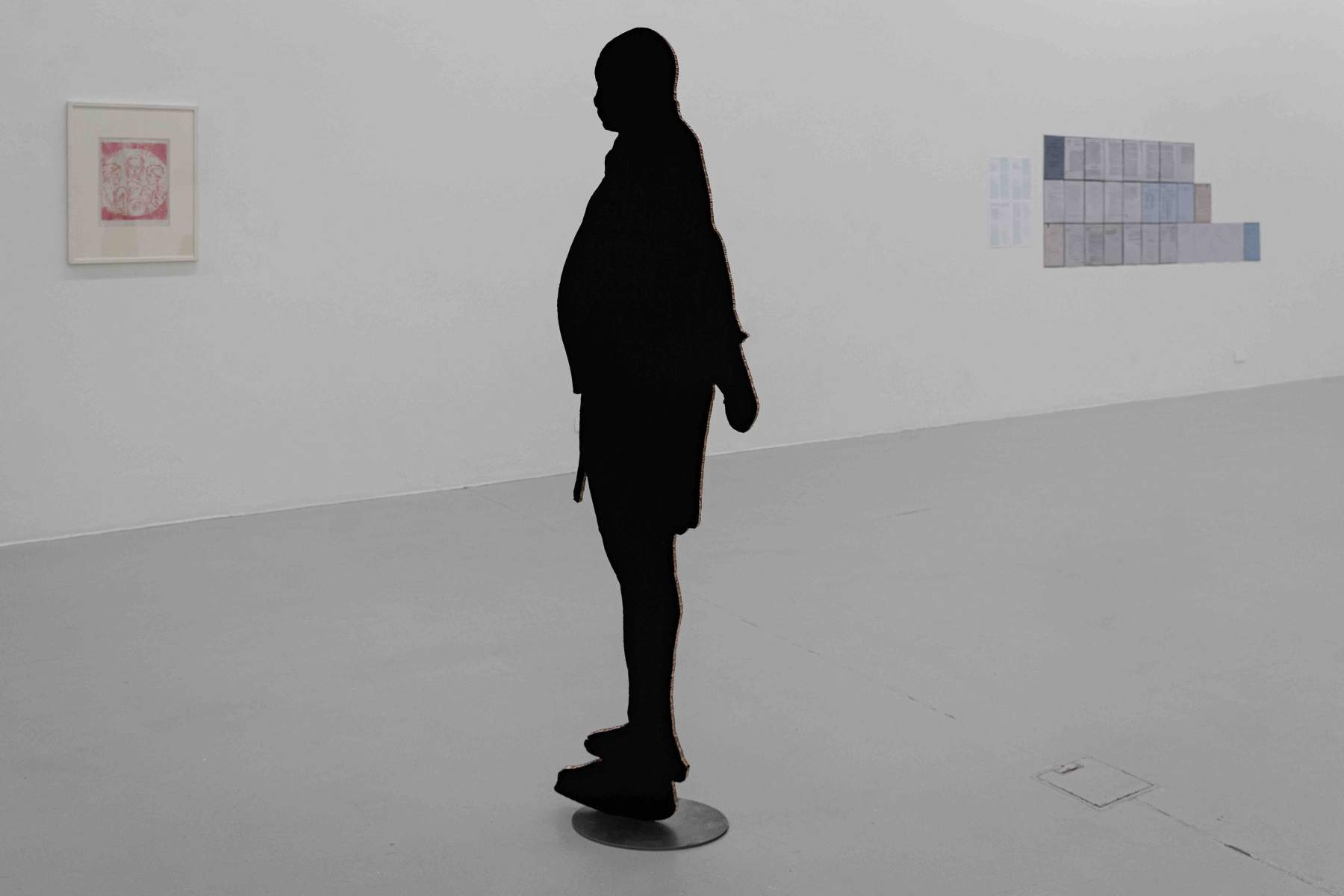

Deborah Joyce Holman, UNTITLED (FOR SCALE), 2021–ongoing
Photo: Sévérine Kpoti, © Biennale für Freiburg 2
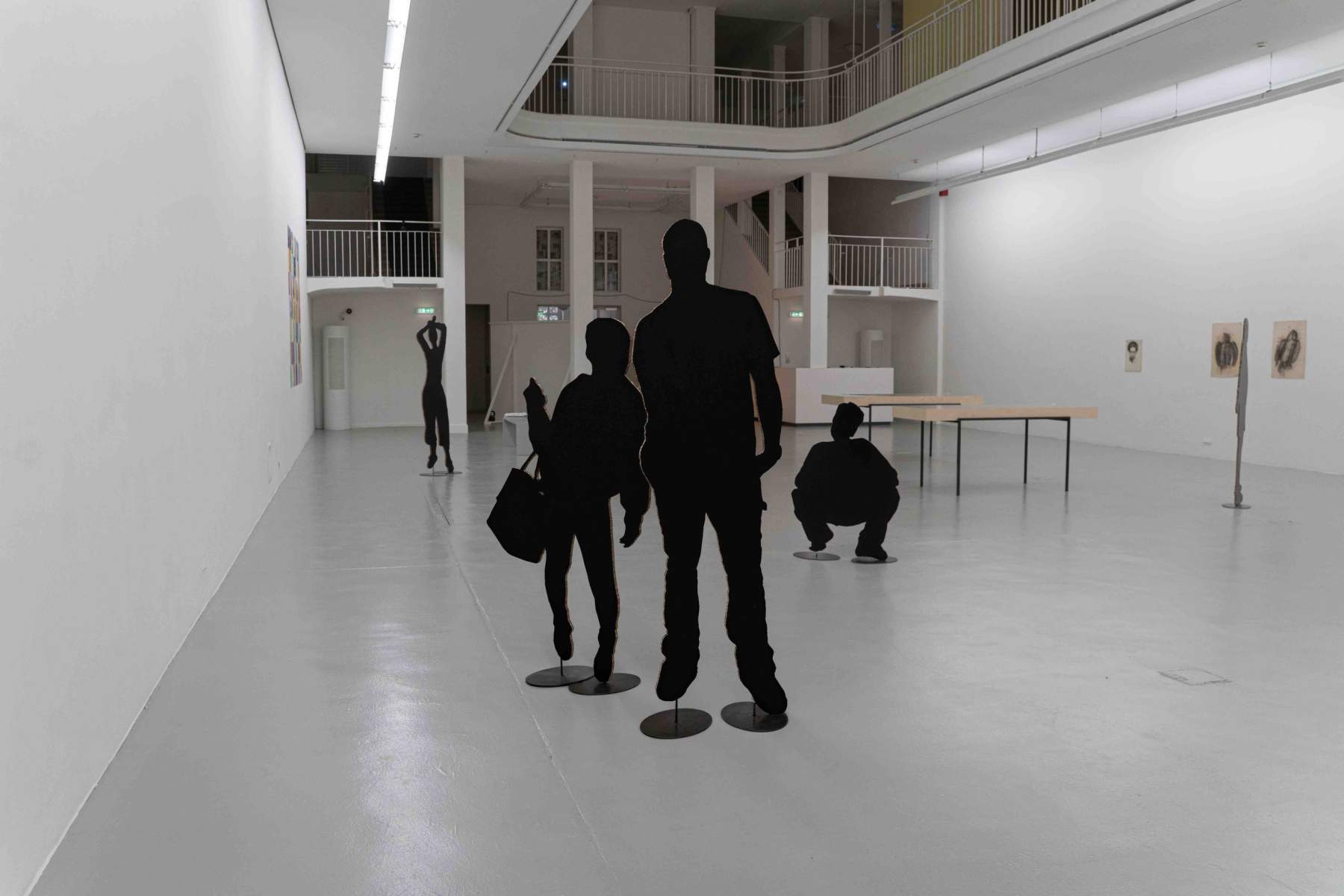

Deborah Joyce Holman, UNTITLED (FOR SCALE), 2021–ongoing
Photo: Sévérine Kpoti, © Biennale für Freiburg 2
Kirti Ingerfurth
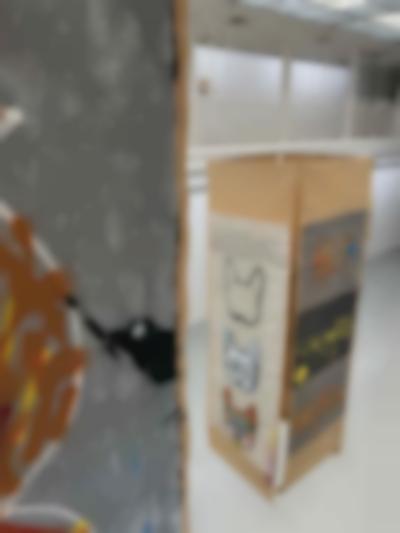
Kirti Ingerfurth

Kirti Ingerfurth, BANNERS, 2020–ongoing
Photo: © Biennale für Freiburg 2
Kirti Ingerfurth’s works are about public space, appropriating its signs and codes and simultaneously infiltrating urban space with them. As his alter ego “Art,” he goes out into the streets, performs, and listens—the scenes he experiences become a pool for the poetic component of works, emerging in text fragments. Ingerfurth is a painter, graphic artist, sculptor, screenwriter, student, lecturer, and, last but not least, a traveler.
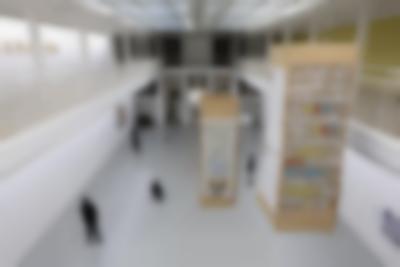
Kirti Ingerfurth, BANNERS, 2020–ongoing, installation view Kunstverein
Photo: Gina Folly, © Biennale für Freiburg 2
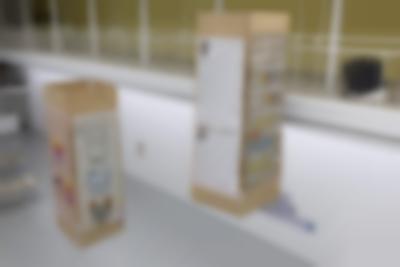
Kirti Ingerfurth, BANNERS, 2020–ongoing, installation view Kunstverein
Photo: Gina Folly, © Biennale für Freiburg 2
Initially studying theater arts at the Fachhochschule für Gestaltung in Cologne, Ingerfurth transferred to Berlin to attend the Universität der Künste.
Most recently, his work was shown at the Freiburg exhibition space L6 (2022, solo), at depot.K e.V., Freiburg (2019), Kunsthalle Basel, CH (2018), and Galerie Marek Kralewski, Freiburg (2017–2018, solo), among others. Ingerfurth received the Käthe Dorsch Scholarship, Berlin, the Berlinische Galerie’s Screen- play Prize, and the Leonardo da Vinci Scholarship. Ingerfurth has lived and worked in Freiburg since 1988.
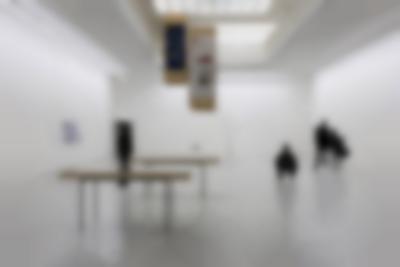
Kirti Ingerfurth, BANNERS, 2020–ongoing, installation view Kunstverein
Photo: Gina Folly, © Biennale für Freiburg 2
Kirti Ingerfurth’s BANNERS (2020–ongoing) were exhibited at Kunstverein Freiburg, ground floor / 1st floor.
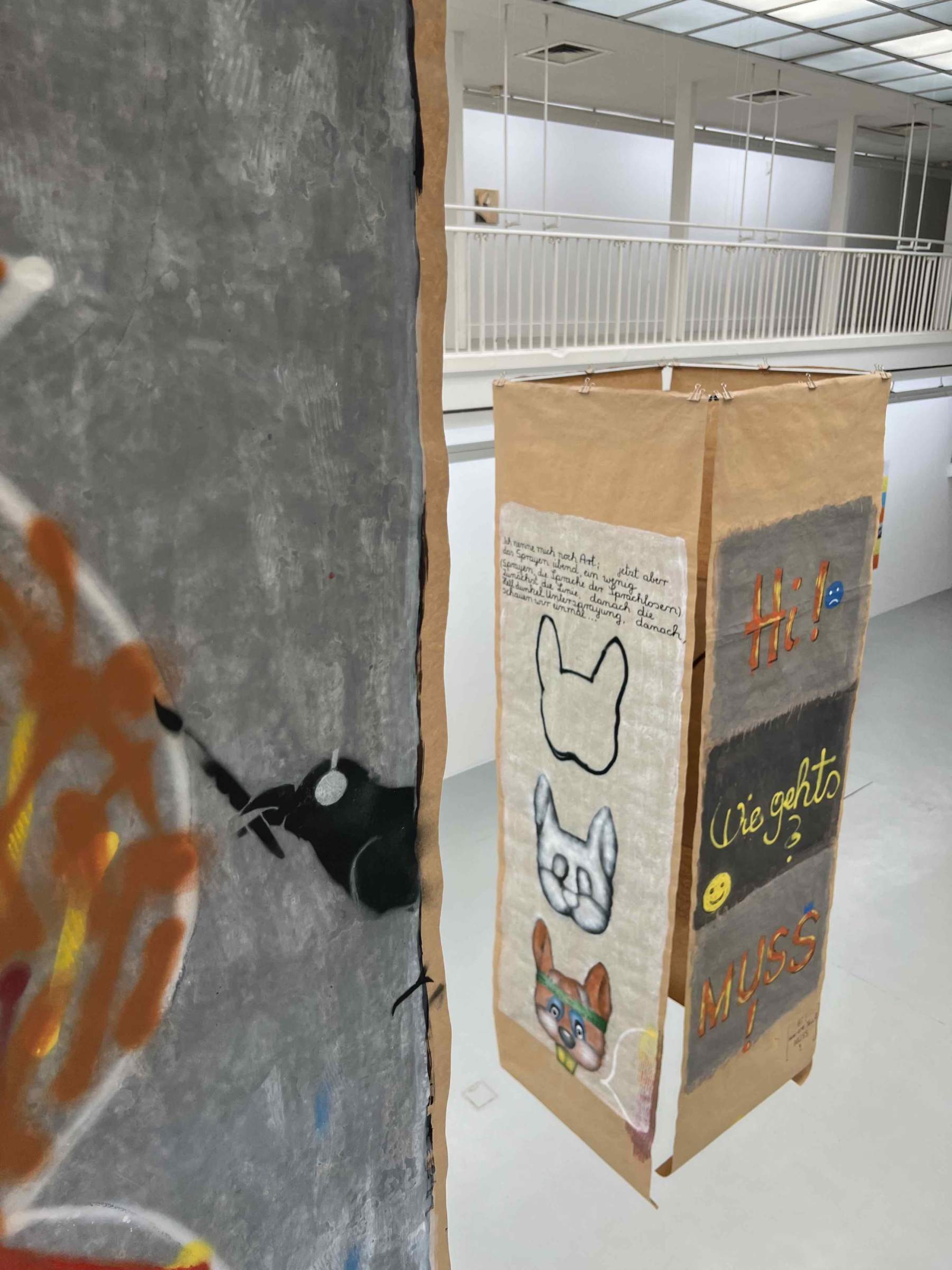

Kirti Ingerfurth, BANNERS, 2020–ongoing
Photo: © Biennale für Freiburg 2
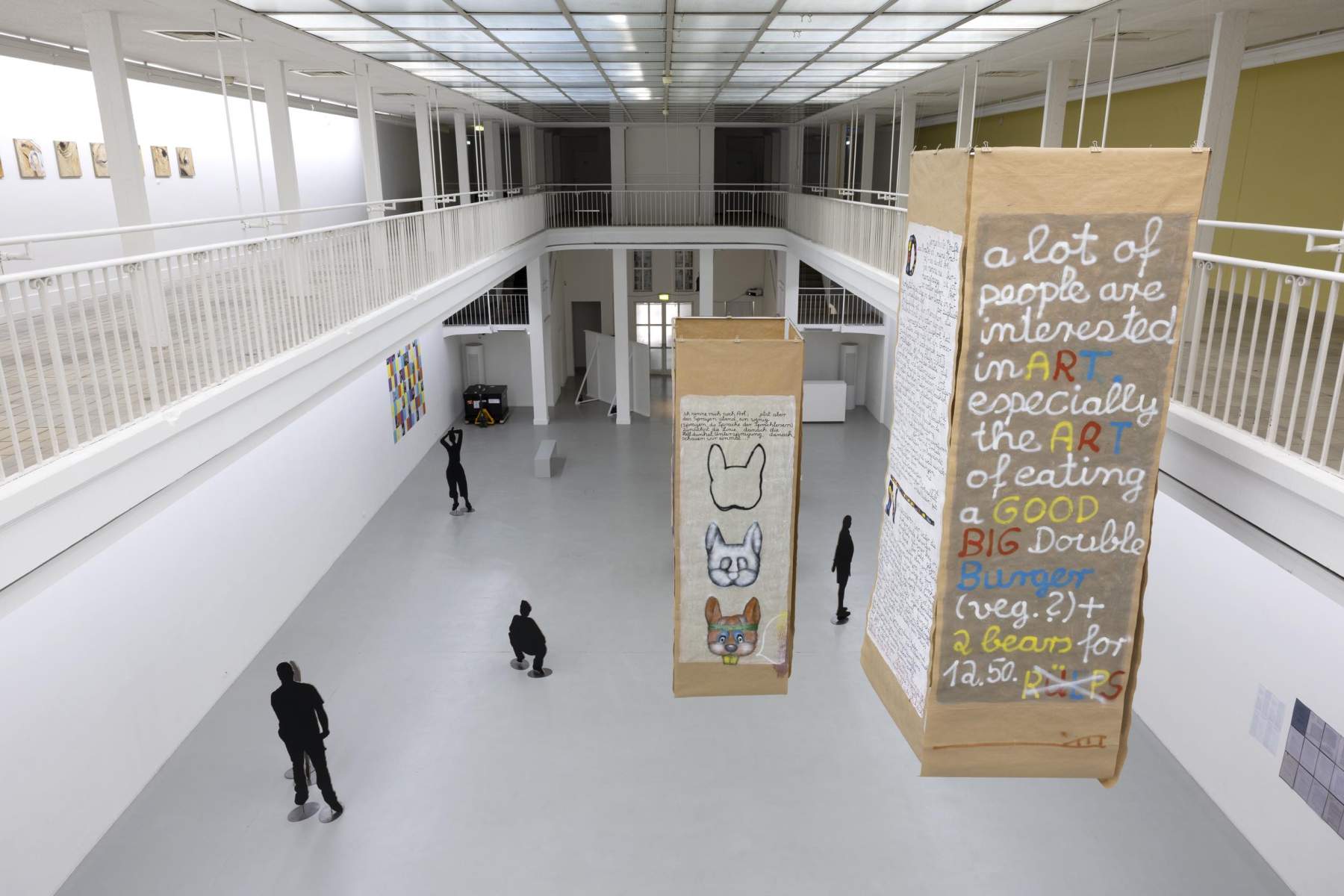

Kirti Ingerfurth, BANNERS, 2020–ongoing, installation view Kunstverein
Photo: Gina Folly, © Biennale für Freiburg 2
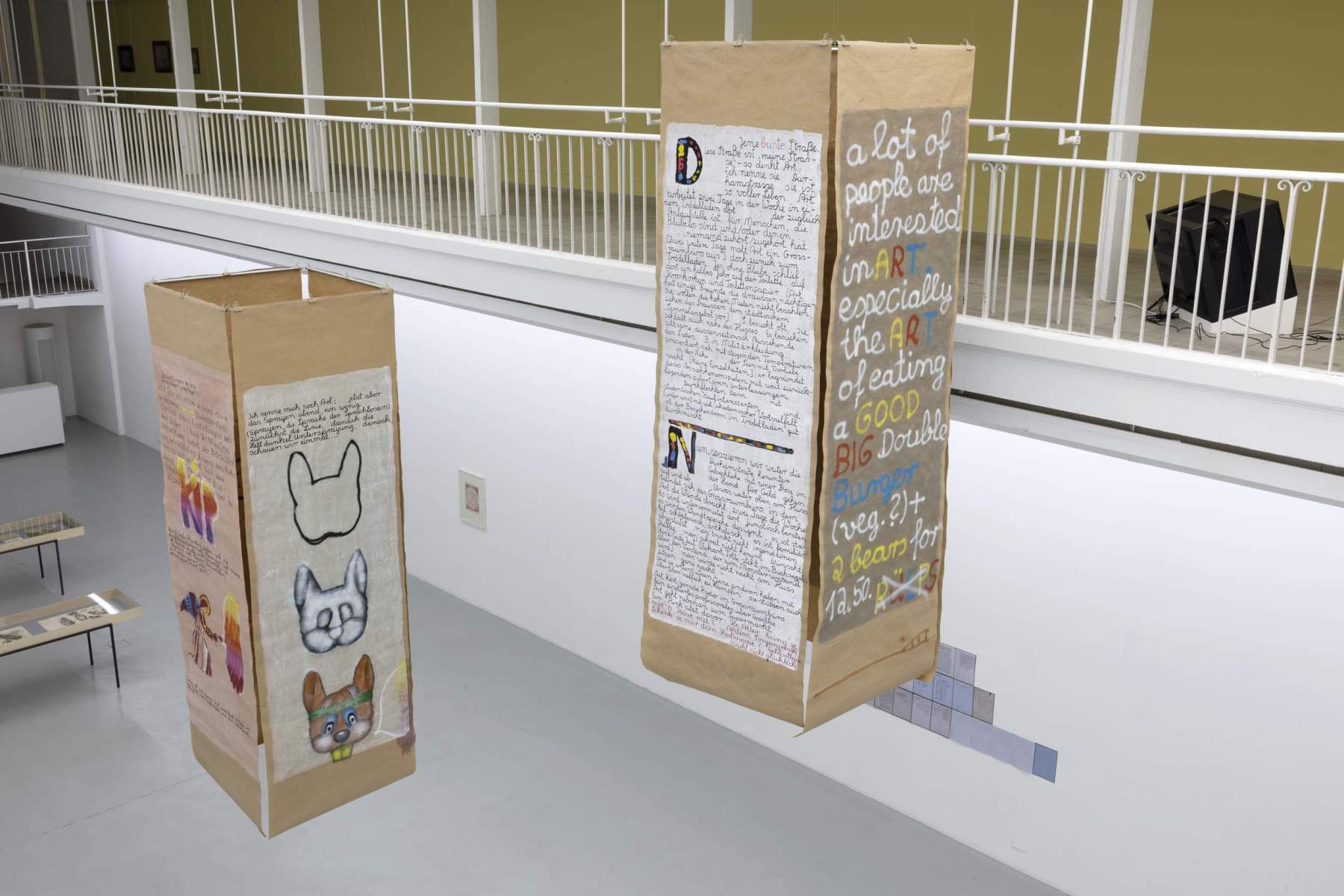

Kirti Ingerfurth, BANNERS, 2020–ongoing, installation view Kunstverein
Photo: Gina Folly, © Biennale für Freiburg 2
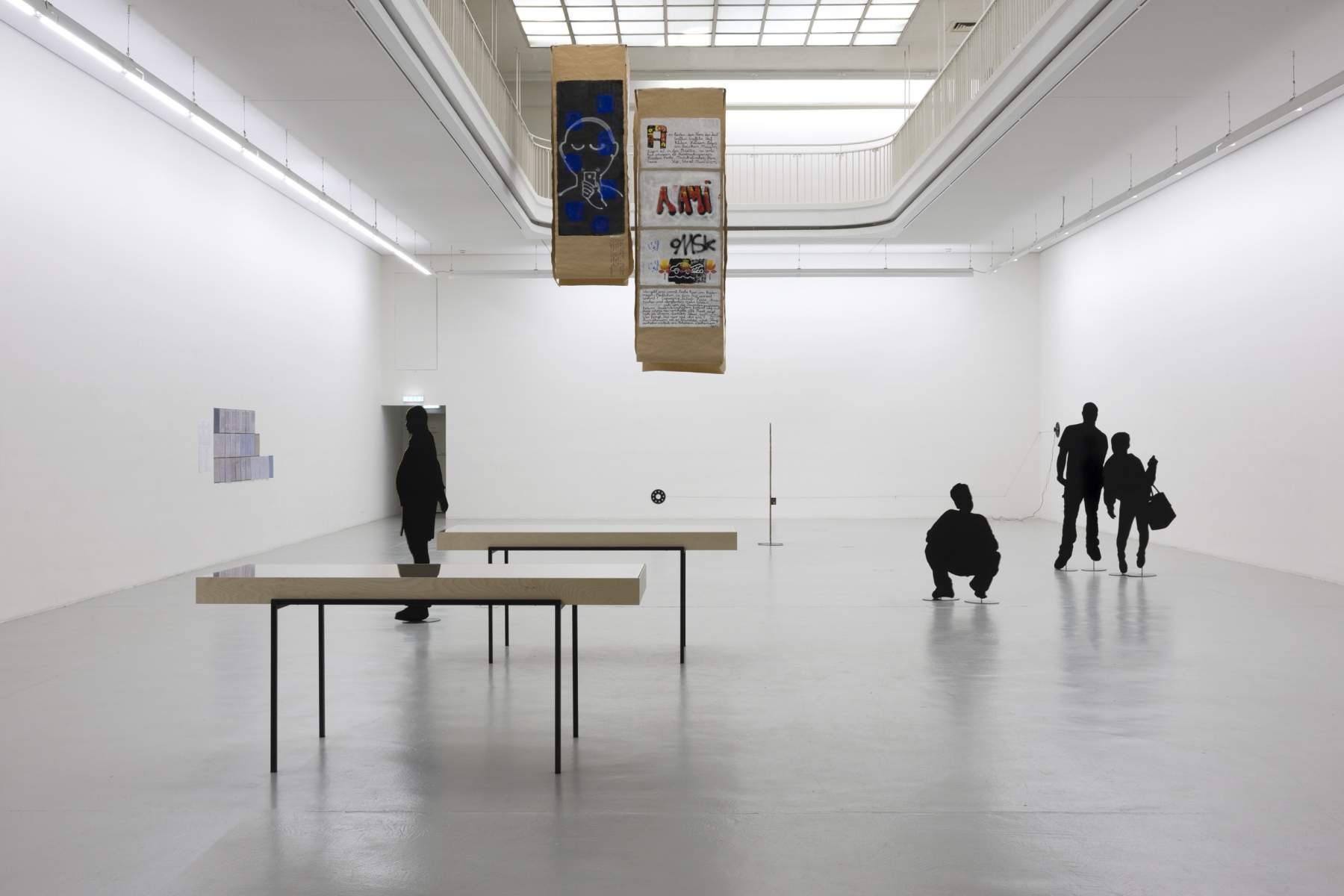

Kirti Ingerfurth, BANNERS, 2020–ongoing, installation view Kunstverein
Photo: Gina Folly, © Biennale für Freiburg 2
Anas Kahal
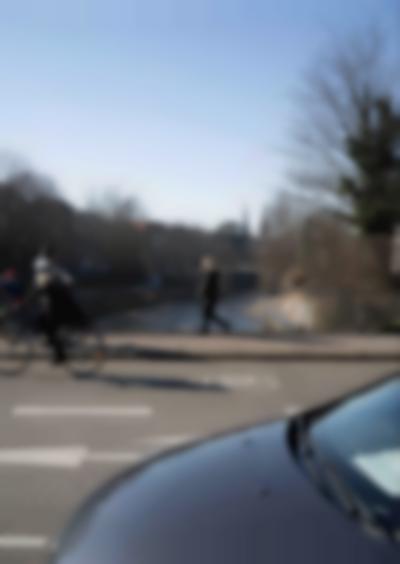
Anas Kahal

Anas Kahal, AUF DER SCHWABENTORBRÜCKE, 2023, courtesy the artist
The works of Anas Kahal (1985, Damascus, SY) revolve around the brutality and absurdity, but also beauty, of the everyday. For his videos, photographs, and installations, Kahal collects images, collaging perspectives. In doing so, he reflects on the relationship between seeing and showing, between experienced reality and documentary impulse. The detailed close-ups he finds or records are, for the most part, radically selective and perspectival. Kahal seems to suggest that in their divisibility, there lies a collective and emancipatory potential.
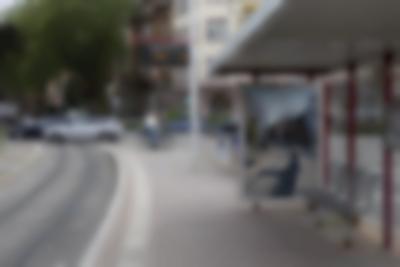
Anas Kahal, AUF DER SCHWABENTORBRÜCKE, 2023, installation view Schwabentorbrücke
Photo: Gina Folly, © Biennale für Freiburg 2

Anas Kahal, AUF DER SCHWABENTORBRÜCKE, 2023, installation view Schwabentorbrücke
Photo: Gina Folly, © Biennale für Freiburg 2
Kahal completed his bachelor’s degree at art academy in Damascus, SY between 2004 and 2009 and graduated with a master’s degree from the Staatliche Akademie der Bildenden Künste in Karlsruhe in 2017. His work has been shown in solo and group exhibitions, most recently at Fleischmarkthalle, Karlsruhe (2023), Institut français, Stuttgart (2022, solo), Kunsthalle Basel, CH, (2022), Galerie für Gegenwartskunst, E-Werk, Freiburg (2021, solo), and After 1920, San Diego, US (2019). Kahal is the recipient of several scholarships and awards, including the Reinhold Schneider Scholarship (2022).
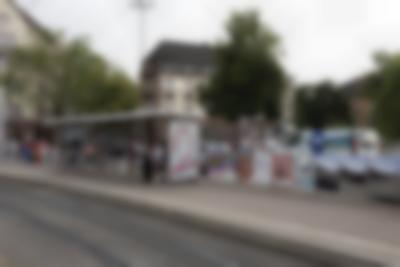
Anas Kahal, AUF DER SCHWABENTORBRÜCKE, 2023, installation view Schwabentorbrücke
Photo: Gina Folly, © Biennale für Freiburg 2
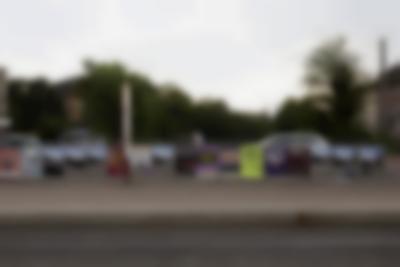
Anas Kahal, AUF DER SCHWABENTORBRÜCKE, 2023, installation view Schwabentorbrücke
Photo: Gina Folly, © Biennale für Freiburg 2
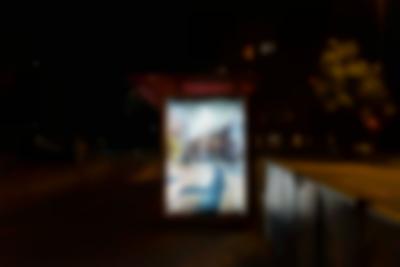
Anas Kahal, AUF DER SCHWABENTORBRÜCKE, 2023, installation view Schwabentorbrücke
Photo: Sévérine Kpoti, © Biennale für Freiburg 2
Anas Kahal’s work AUF DER SCHWABENTORBRÜCKE (2023) was on view at the tram stop Schwabentorbrücke (tram line no. 1, direction: Littenweiler).
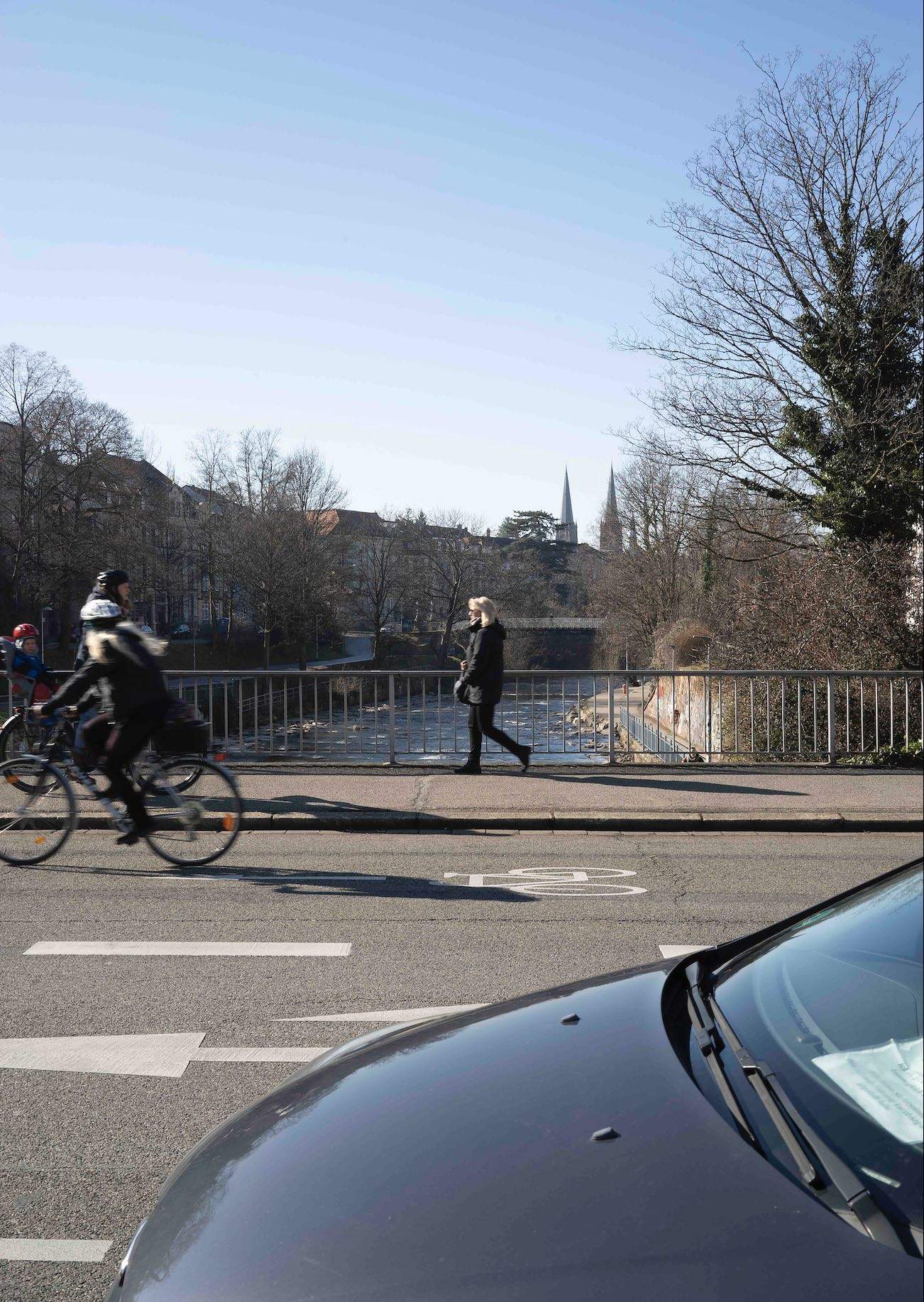

Anas Kahal, AUF DER SCHWABENTORBRÜCKE, 2023, courtesy the artist
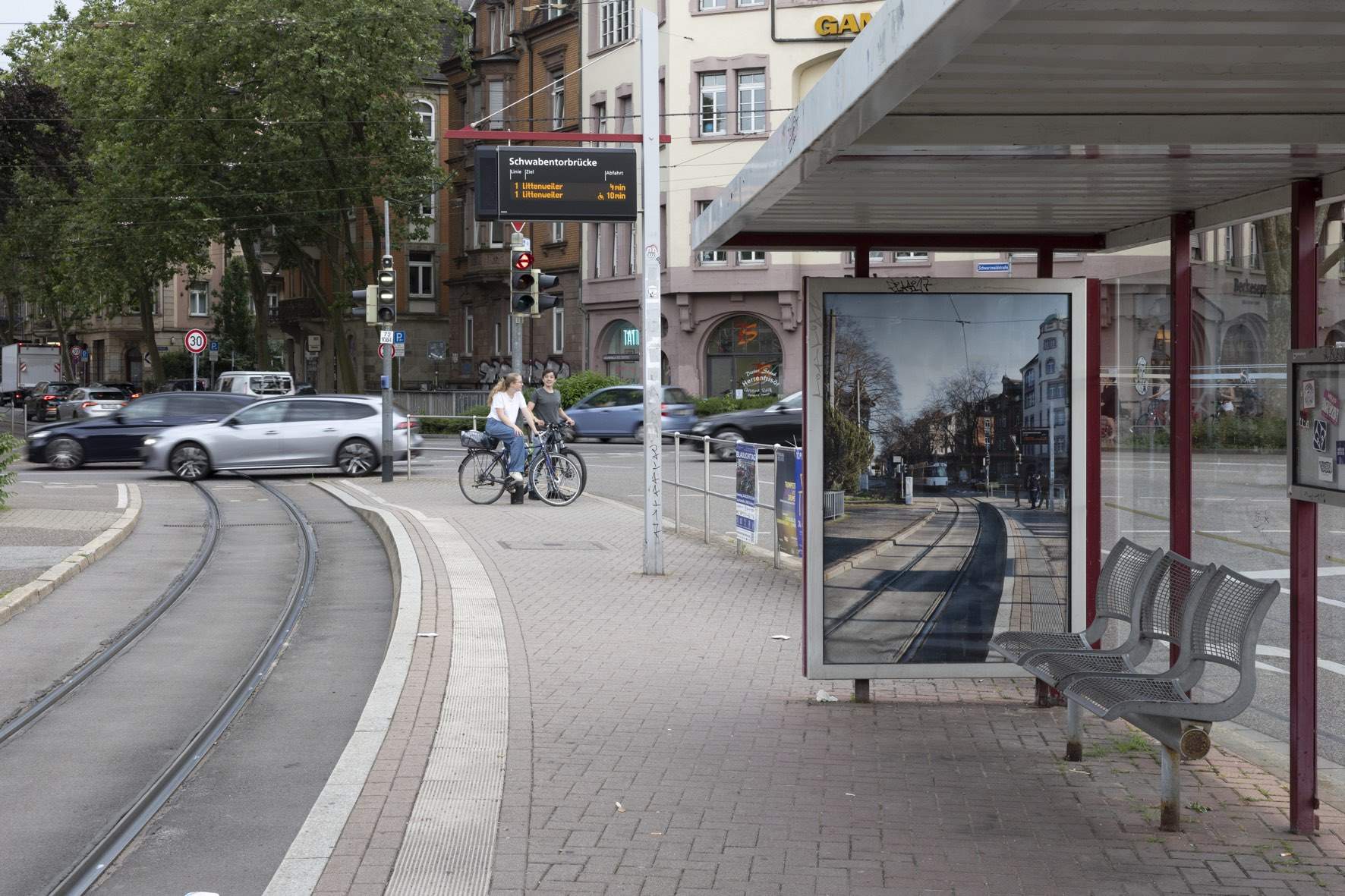

Anas Kahal, AUF DER SCHWABENTORBRÜCKE, 2023, installation view Schwabentorbrücke
Photo: Gina Folly, © Biennale für Freiburg 2


Anas Kahal, AUF DER SCHWABENTORBRÜCKE, 2023, installation view Schwabentorbrücke
Photo: Gina Folly, © Biennale für Freiburg 2
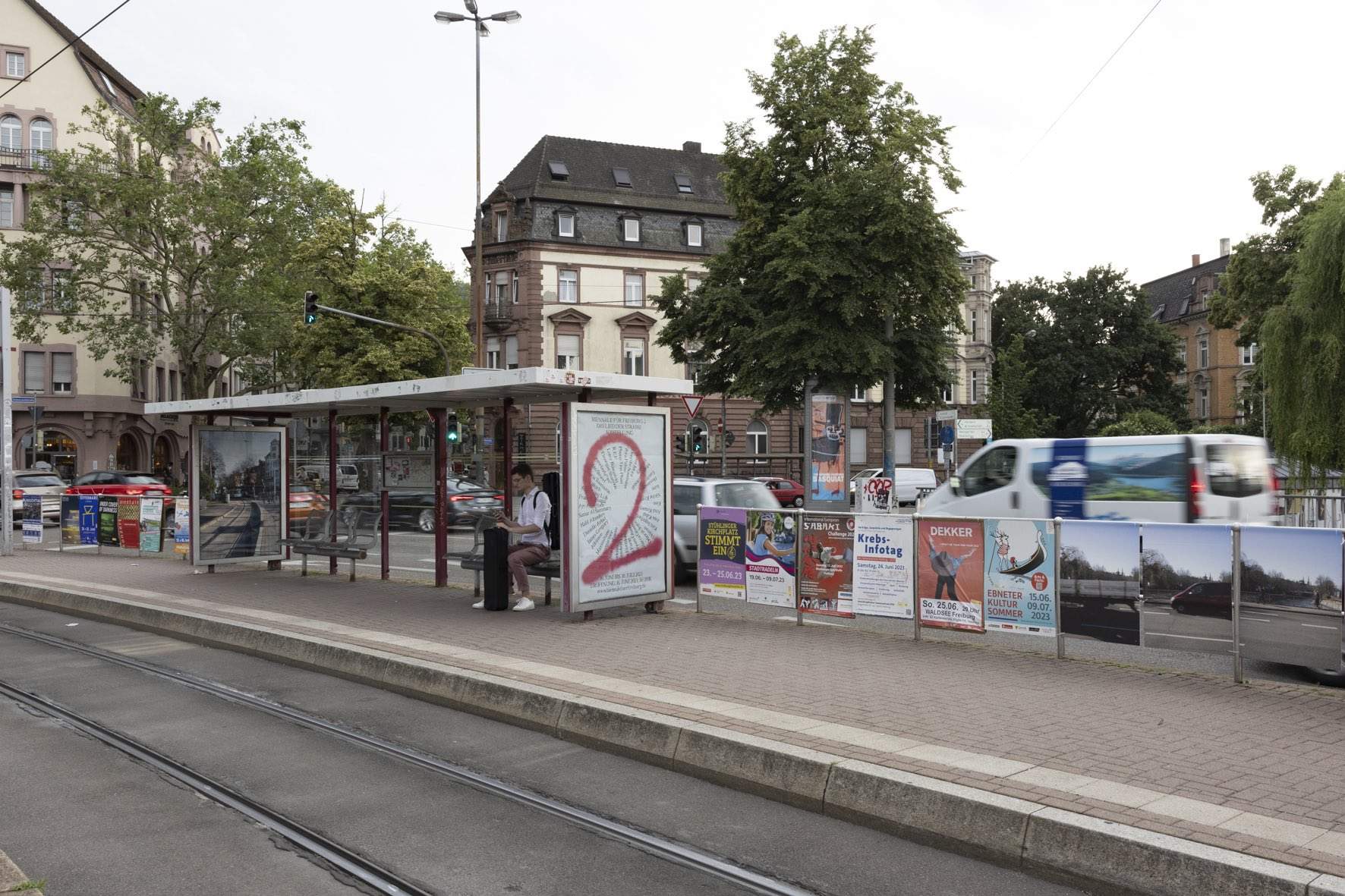

Anas Kahal, AUF DER SCHWABENTORBRÜCKE, 2023, installation view Schwabentorbrücke
Photo: Gina Folly, © Biennale für Freiburg 2
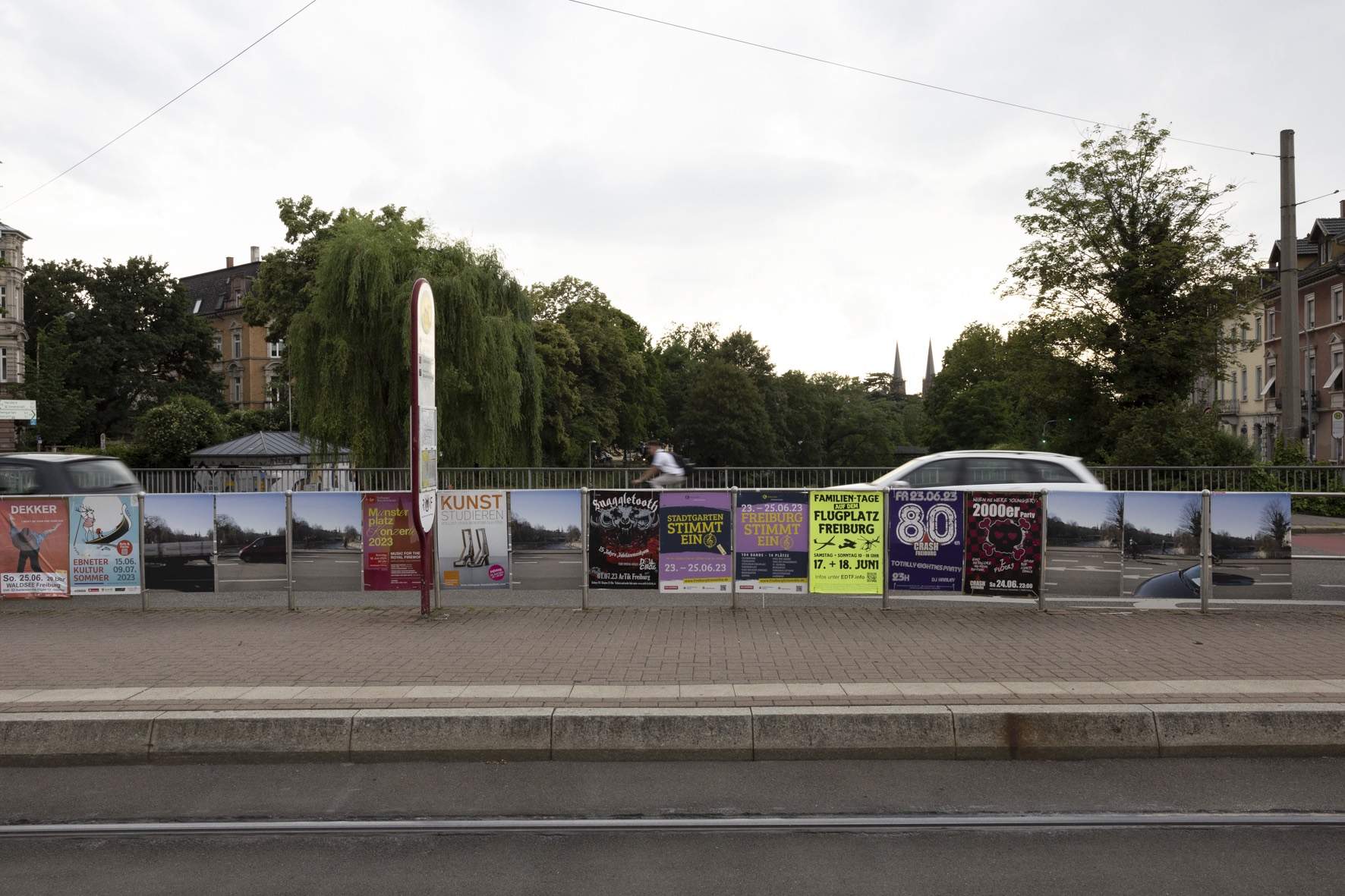

Anas Kahal, AUF DER SCHWABENTORBRÜCKE, 2023, installation view Schwabentorbrücke
Photo: Gina Folly, © Biennale für Freiburg 2
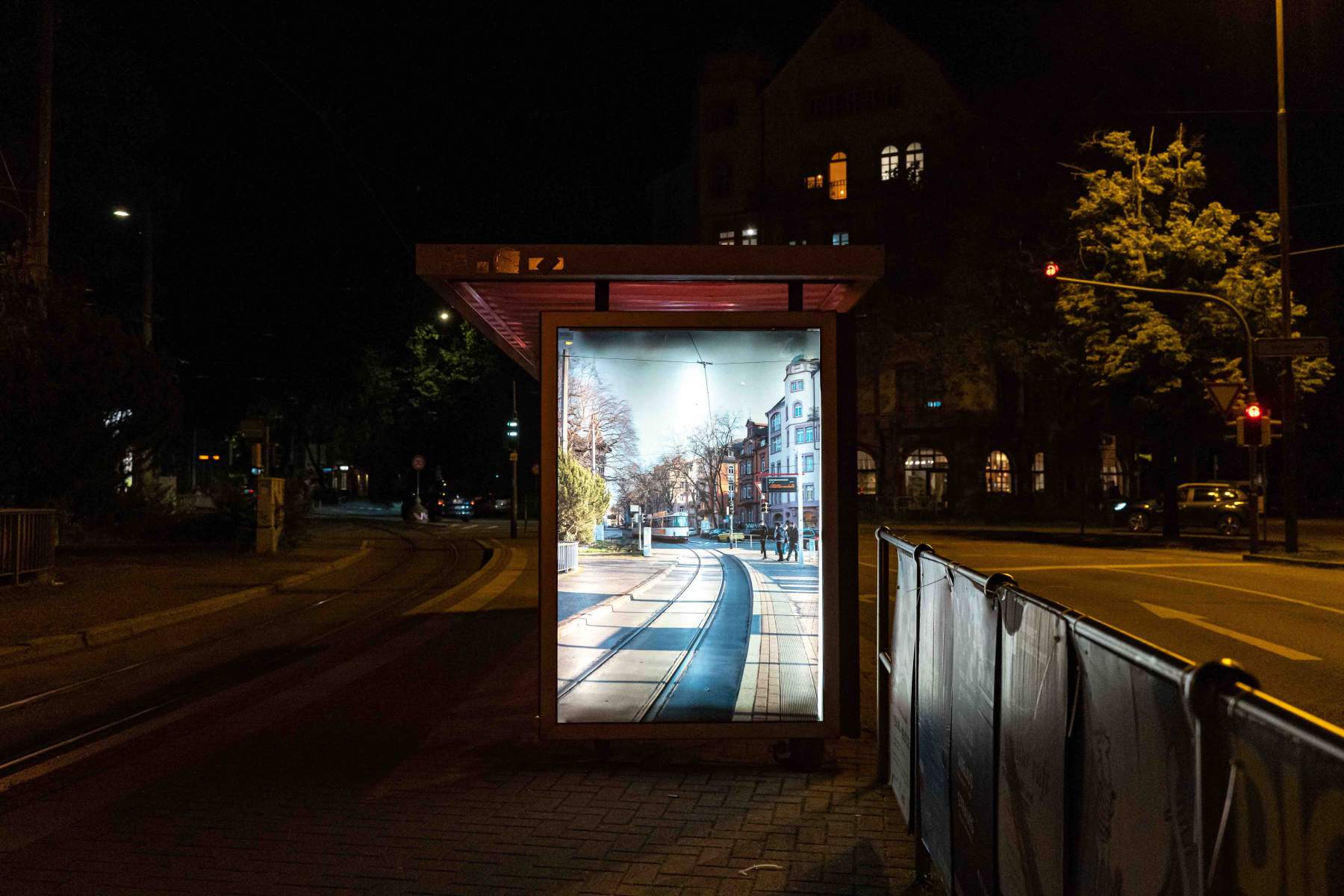

Anas Kahal, AUF DER SCHWABENTORBRÜCKE, 2023, installation view Schwabentorbrücke
Photo: Sévérine Kpoti, © Biennale für Freiburg 2
Amal Kenway
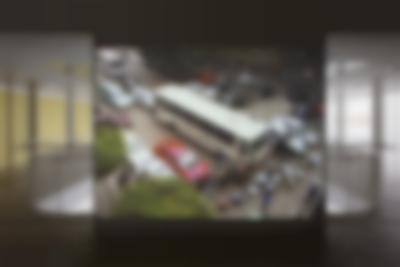
Amal Kenway

Amal Kenawy, SILENCE OF THE SHEEP, 2009
Photo: Gina Folly, @ Biennale für Freiburg 2
Amal Kenawy (1974–2012, Cairo, EG) lived and worked in Cairo. Her resistant practice was dedicated to the persistent feeling of fear and experiences of violence in a society marked by repression. In her performances, installations, video works, drawings, and paintings, she used her body, along with symbolic objects, to work through lived experiences. From these processes, counter-narratives arose in the midst of an authoritarian power system that Kenawy fearlessly opposed.
Kenawy studied film and fashion design at the Cinema Institute within the Academy of Fine Arts from 1997 to 1999 and studied painting at the Faculty of Fine Arts at Helwan University, both in Cairo, EG. Her works have been shown in numerous international exhibitions and institutions, including: The 12th Berlin Biennale (2022), Palais de Tokyo, Paris, FR (2020), Institut Valencià d’Art Modern, ES (2017), ifa-Gallery Berlin (2008), La Galerie B.A.N.K, Paris, FR (2008, solo), the 8th Sharjah Biennial, AE (2007), Darat al Funun— The Khalid Shoman Foundation, JO (2007, solo), the 1st Singapore Biennial, SG (2006), Karim Francis Contemporary Art Gallery, Cairo, EG (2006, solo), Mashrabia Gallery, Cairo, EG (2006, solo), the 7th Dak’Art Biennial of Contemporary Art, Dakar, SN (2006), Kunsthalle Wien, AT (2005), Falaki Gallery, Cairo, EG (2005, solo), the 23rd Biennial of Alexandria, EG (2005) and Townhouse Gallery for Contemporary Art, Cairo, EG (2004). Kenawy has been awarded various prizes, including the Cairo Biennial Grand Prize (2010) and the Sharjah Biennial Prize (2007).
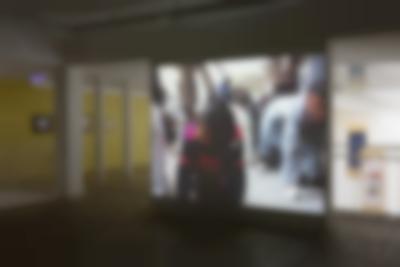
Amal Kenawy, SILENCE OF THE SHEEP, 2009, installation view Kunstverein Freiburg
Photo: Gina Folly, © Biennale für Freiburg 2
Amal Kenawy’s THE SILENCE OF THE SHEEP (2009) was exhibited at Kunstverein Freiburg, 1st floor.
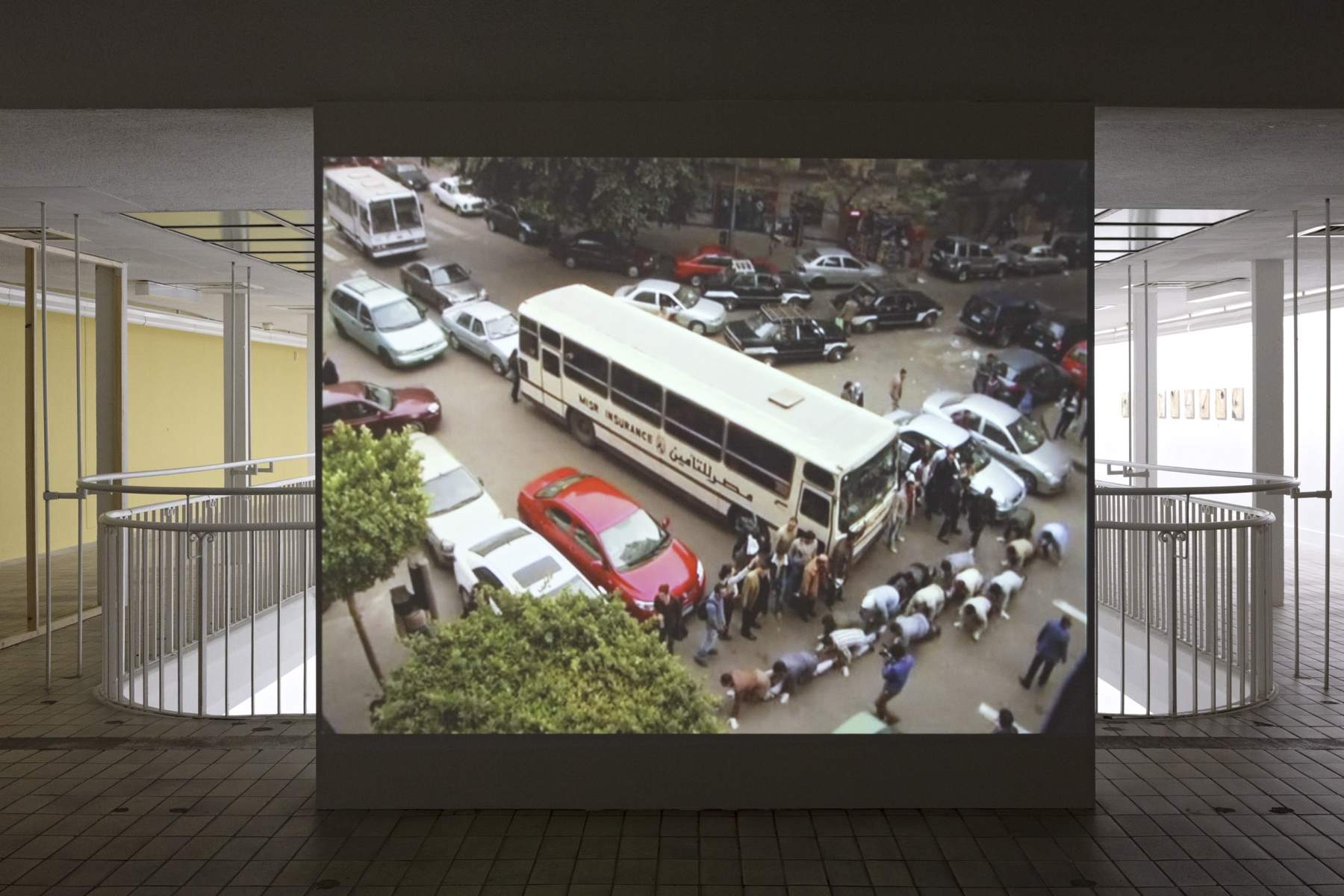

Amal Kenawy, SILENCE OF THE SHEEP, 2009
Photo: Gina Folly, @ Biennale für Freiburg 2
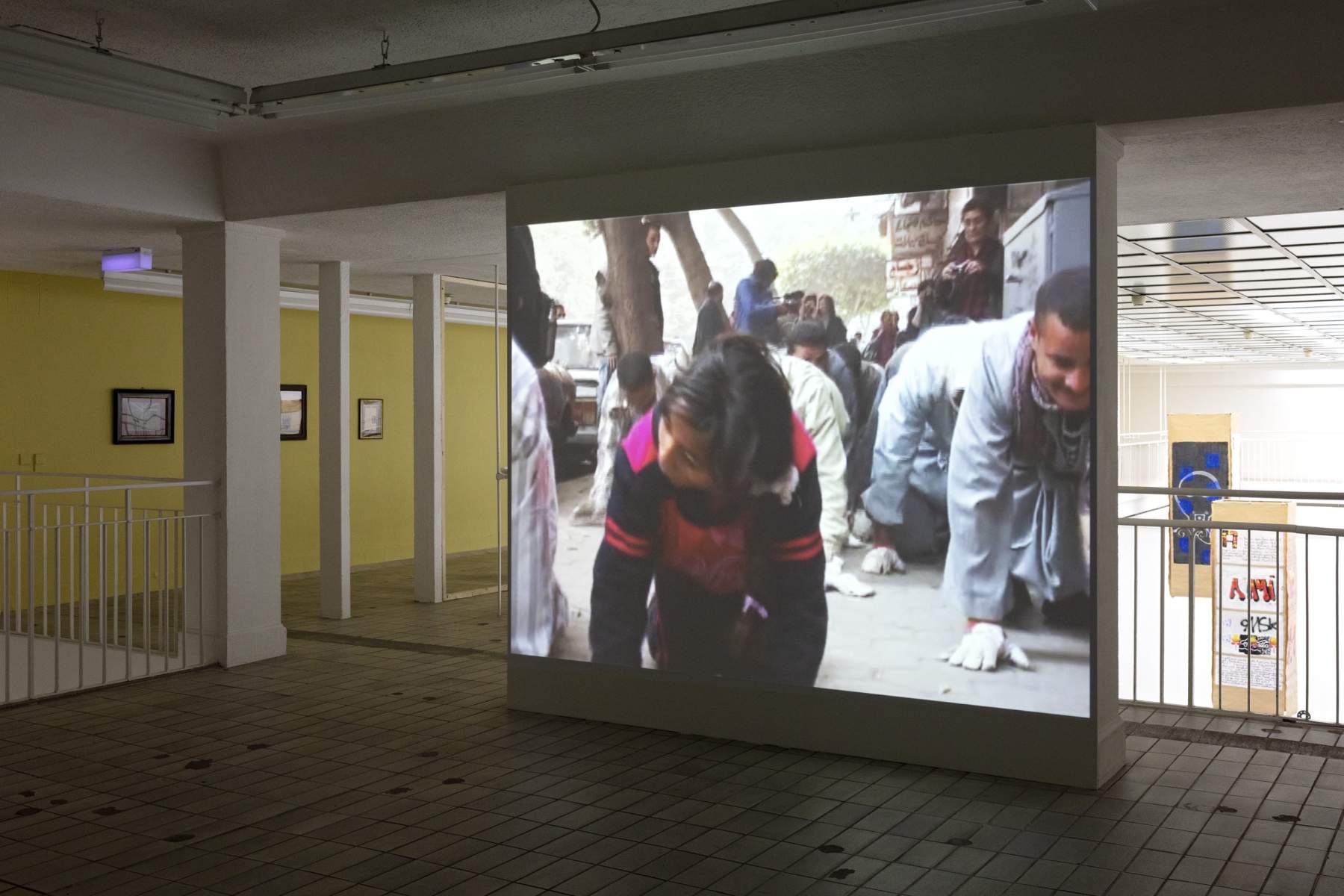

Amal Kenawy, SILENCE OF THE SHEEP, 2009, installation view Kunstverein Freiburg
Photo: Gina Folly, © Biennale für Freiburg 2
Klein
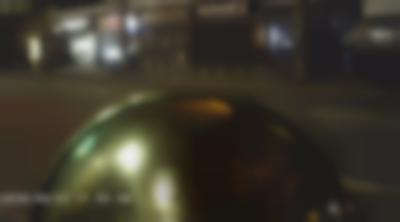
Klein

Klein, video still, ROC, 2021, courtesy the artist
Klein is an artist based in London. Her music releases, films, and performances have established her as a singular voice who uses disjunctive experimentalism to create a sensory world that melds popular reference points with personal associations. Klein uses the word “spiral” to describe the simultaneous complexity and reduction of the sound, which moves in a searching motion and does not shy away from radical breaks. Understood as both verb and adjective, “spiral” is both the form and process.
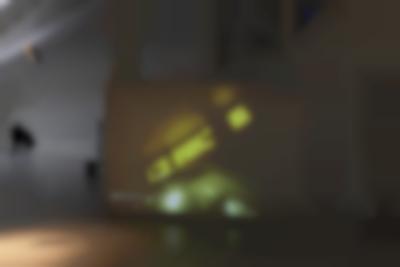
Klein, ROC, 2021, installation view Kunstverein Freiburg
Photo: Gina Folly, © Biennale für Freiburg 2
Since 2016, Klein has released several EPs and albums, such as “Tommy” (2017, Hyperdub), “Frozen” (2020, ijn inc.), and most recently “Star in the Hood” (2022, Parkwuud Entertainment). She has also presented sound performances, musicals, and films at numerous institutions, including: Galerie Buchholz, Cologne (2022), Cabinet Gallery, London, UK (2021, solo), Serpentine Parks Nights, London, UK (2019), MoMA PS1, New York, US (2019), the Institute of Contemporary Art ICA, London, UK (2018), Estonian Contemporary Art Development Center, Tallinn, EE (2017) and BOCA—Biennial of Contemporary Arts, Lisbon, PT (2017).
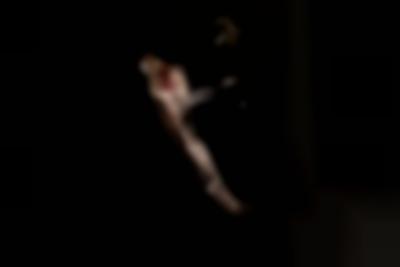
Klein, ROC, 2021
Photo: Sévérine Kpoti, © Biennale für Freiburg 2
Klein’s ROC (2021) was on view at Kunstverein Freiburg, ground floor.
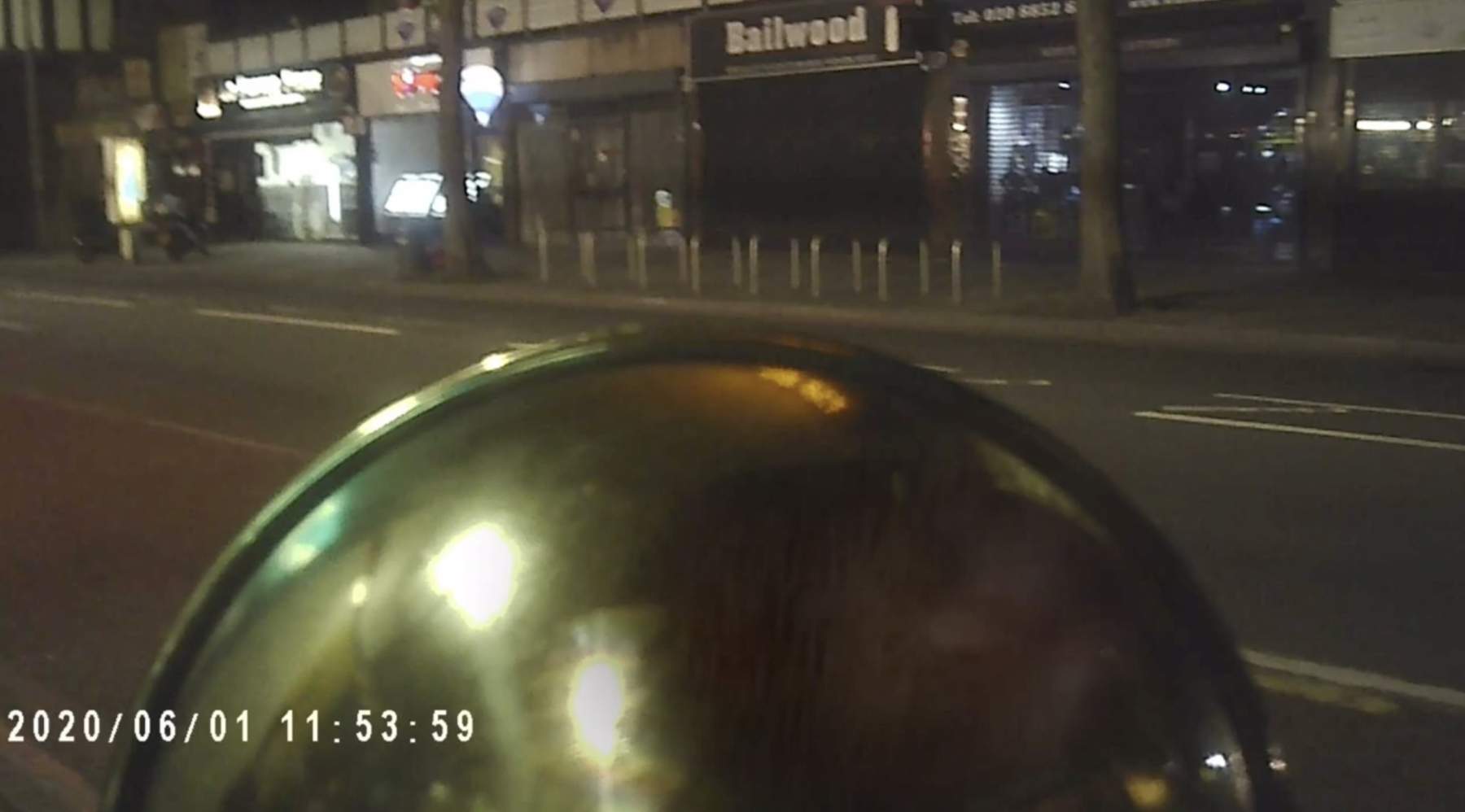

Klein, video still, ROC, 2021, courtesy the artist
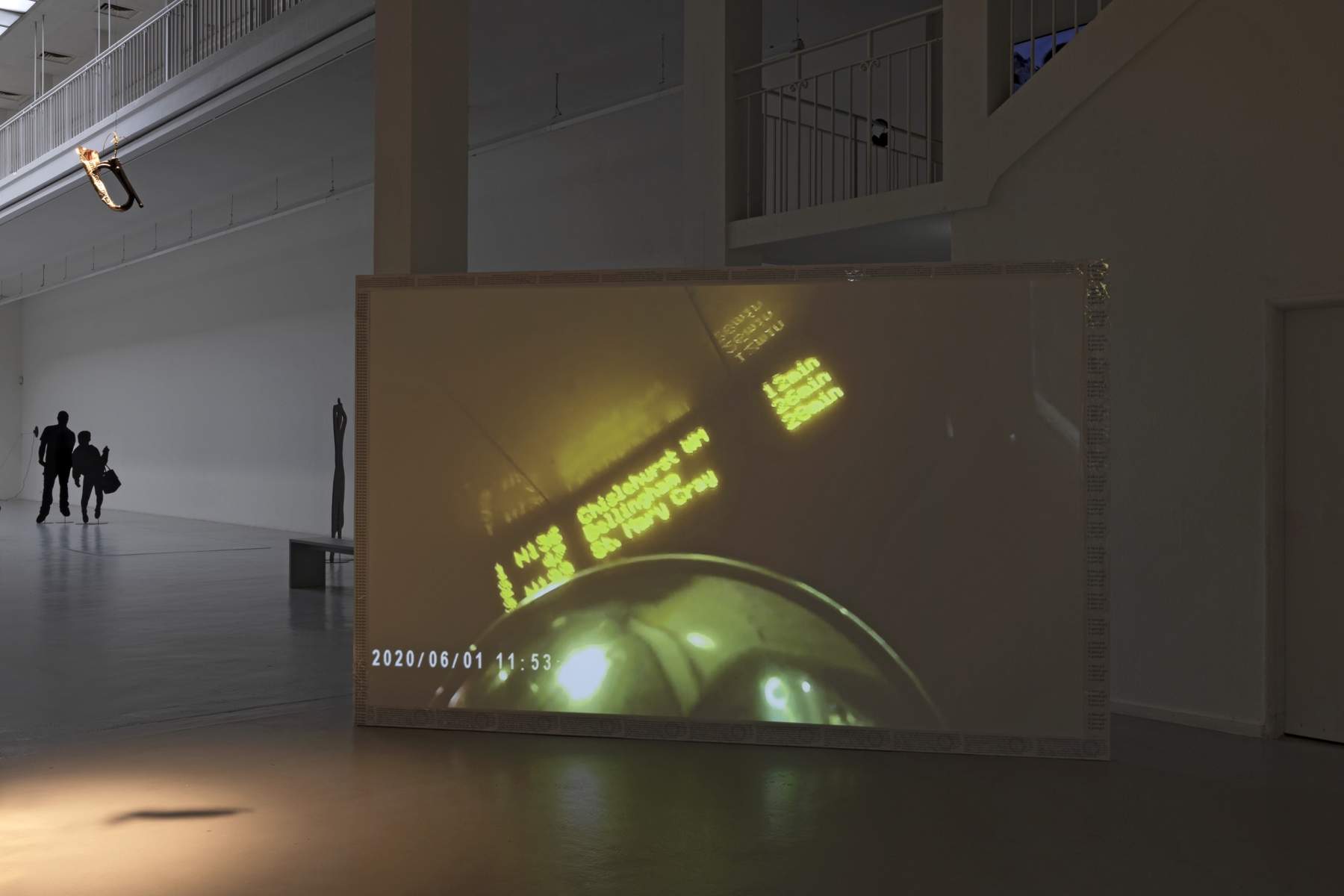

Klein, ROC, 2021, installation view Kunstverein Freiburg
Photo: Gina Folly, © Biennale für Freiburg 2
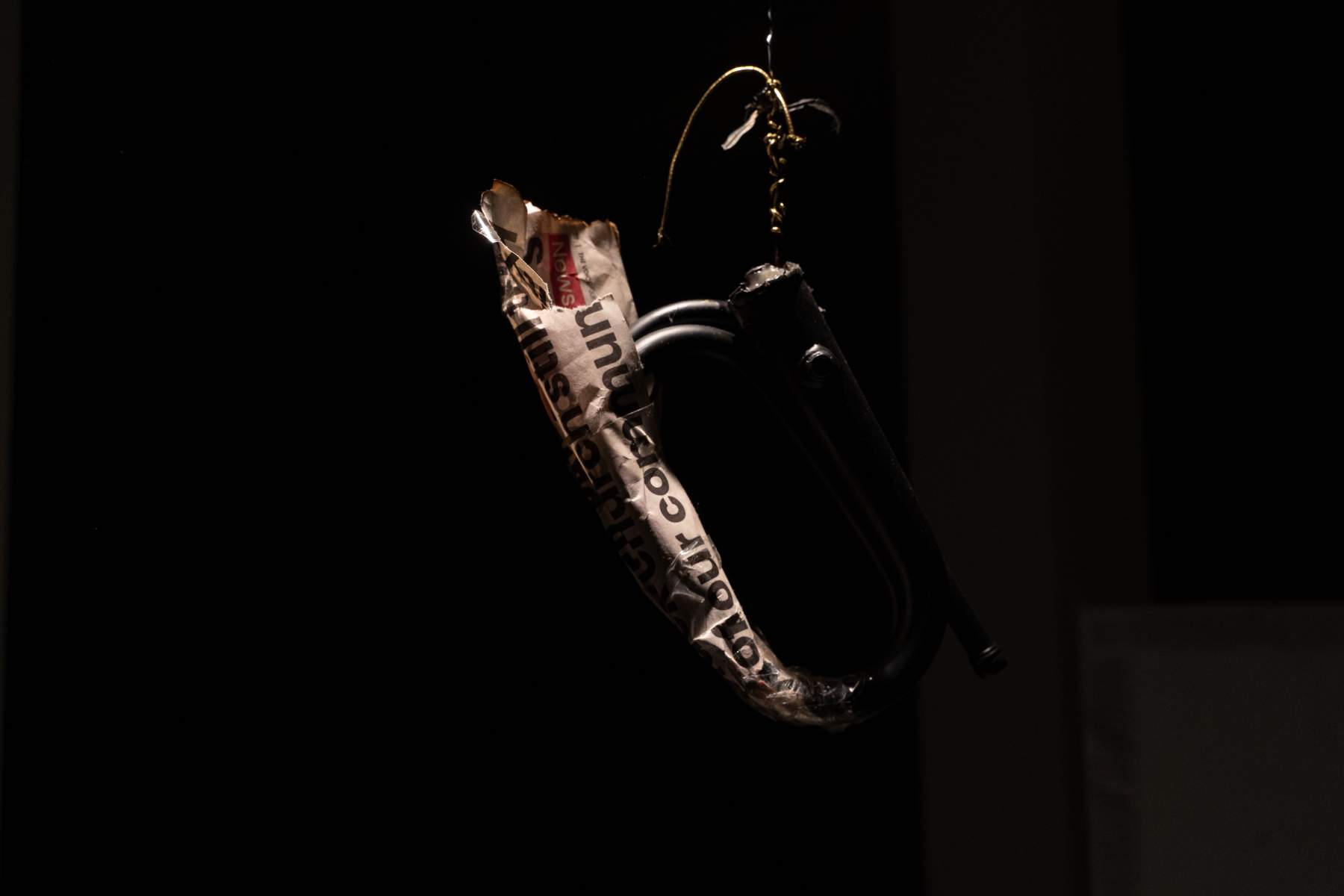

Klein, ROC, 2021
Photo: Sévérine Kpoti, © Biennale für Freiburg 2
Nikifor Krynicki
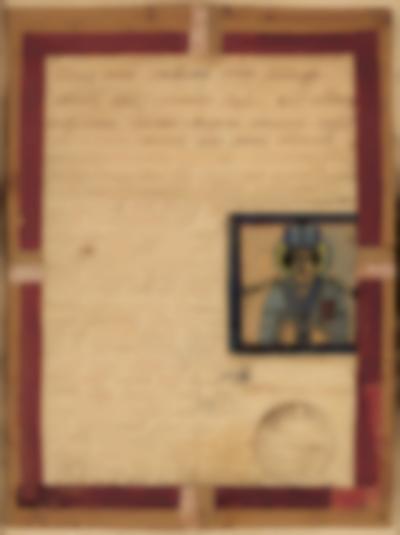
Nikifor Krynicki

Nikifor Krynicki, BEGGING LETTER, 1935
Photo: Alistair Overbruck
Nikifor Krynicki was a Polish painter (1895, Krynica-Zdrój, PL–1968, Folusz, PL). From 1920, the artist began to sell his paintings on the promenade in the center of the spa town Krynica. In the 1930s, he came to the attention of the Ukrainian painter Roman Turyn. He showed Nikifor Krynicki’s works in France, where he received great recognition among the Polish painter group, the Kapists. In 1947 Nikifor Krynicki—a member of the Lemkos ethnic group— was forcibly resettled in northern Poland as part of a mass deportation program implemented by the Polish People’s Republic administration. Over the course of his life, the artist returned again and again to his native town of Krynica, where he created the majority of his works: Mostly small-scale watercolors, stamped on the reverse, or gouaches and drawings in wax crayon on found materials, such as cardboard, wrapping paper, official forms, schoolbook pages, or even smaller objects. Their subjects encompassed his immediate surroundings, views of the town, interiors, and portraits.
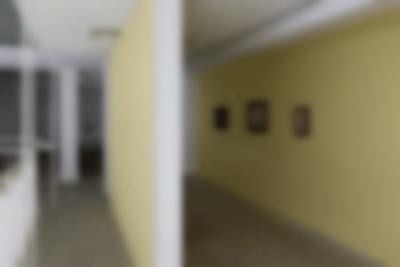
Installation view Kunstverein Freiburg
Photo: Gina Folly, © Biennale für Freiburg 2
After initial exhibitions at home and abroad, Nikifor Krynicki exhibited in 1959 at the Paris gallery Dina Vierny, FR and at the Stedelijk Museum in Amsterdam, NL. His works were shown in 1961 in the group exhibition “Das naive Bild der Welt” (“The Naive Picture of the World”) at the Staatliche Kunsthalle Baden-Baden, Frankfurt am Main and Hanover. Numerous exhibitions in international institutions followed, including at: Charlotte Galerie für Naive Kunst, Munich (1979, solo), Museum of American Visionary Art, Baltimore, US (1999–2000), Portikus, Frankfurt am Main (2000, solo), the 7th Triennial of Self-Taught Art, Bratislava, SK (2004), Museo Thyssen-Bornemisza, Madrid, ES (2014) and Museum Folkwang, Essen (2015–2016).
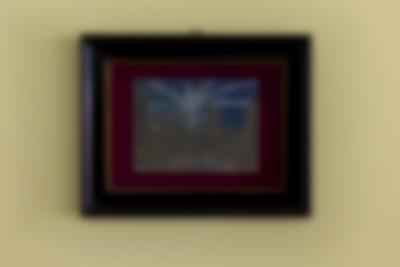
Nikifor Krynicki, SUN OVER THE CITY, n.d.
Photo: Gina Folly, © Biennale für Freiburg 2
A series of works by Nikifor Krynicki were exhibited at Kunstverein Freiburg, 1st floor.
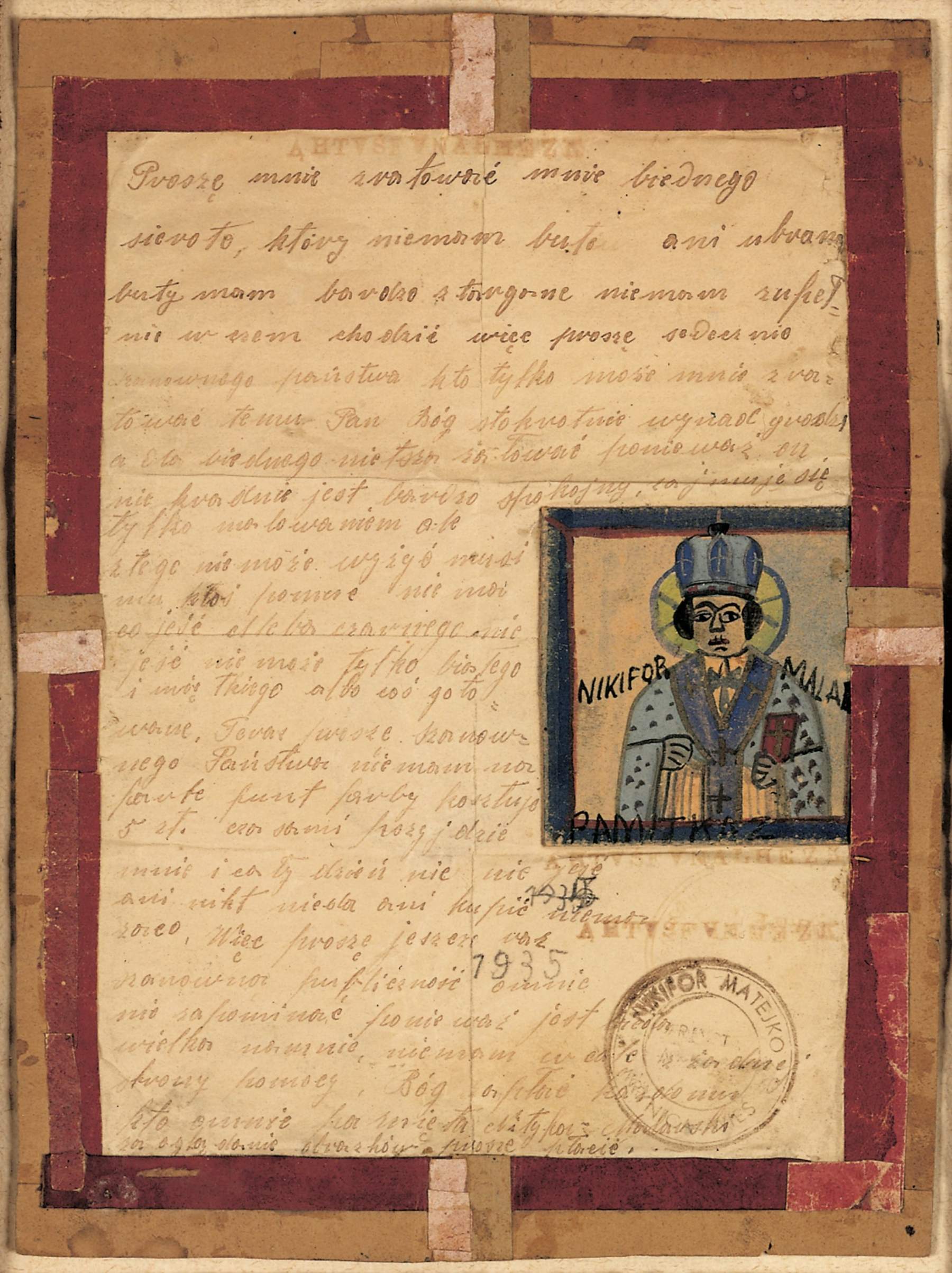

Nikifor Krynicki, BEGGING LETTER, 1935
Photo: Alistair Overbruck
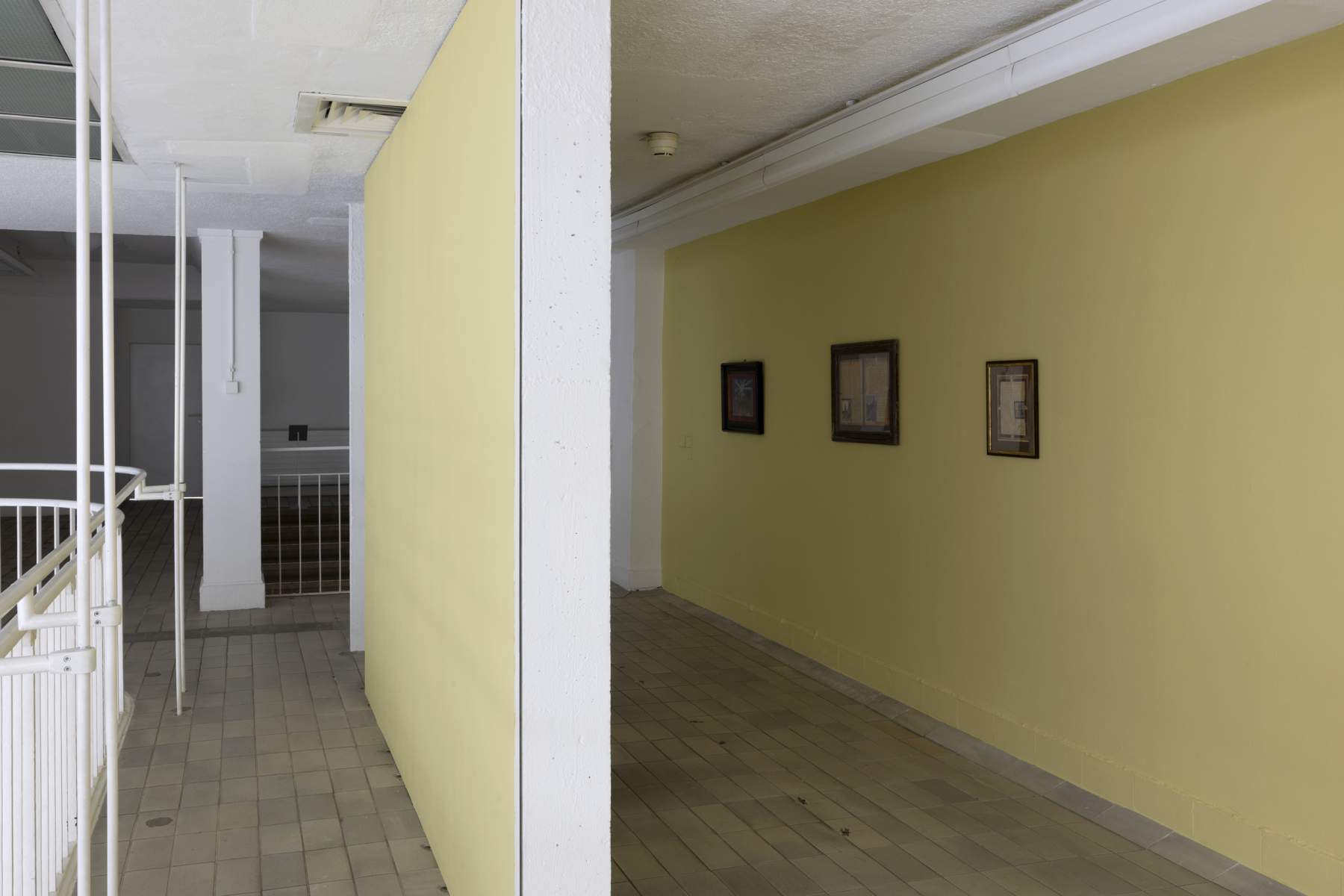

Installation view Kunstverein Freiburg
Photo: Gina Folly, © Biennale für Freiburg 2
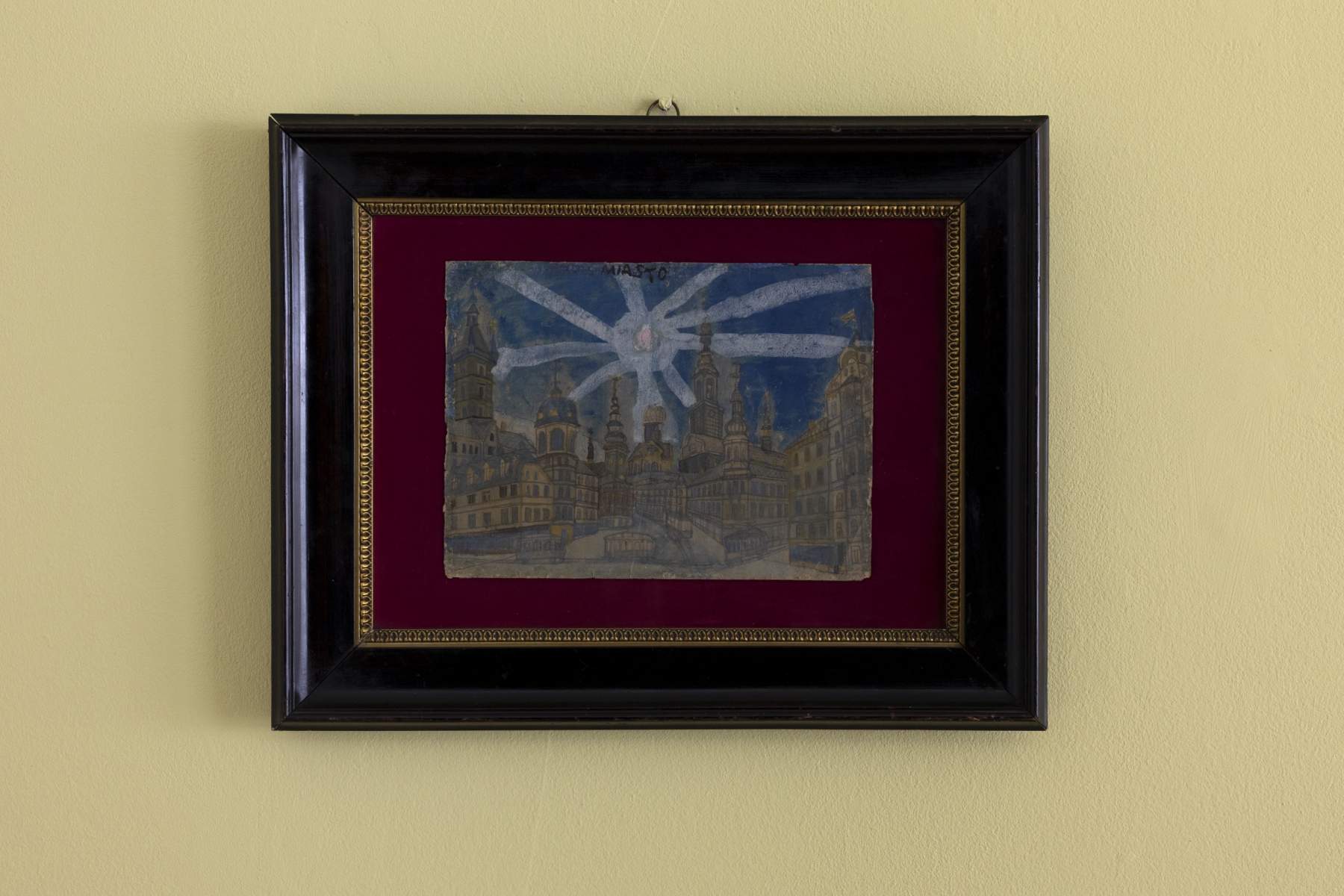

Nikifor Krynicki, SUN OVER THE CITY, n.d.
Photo: Gina Folly, © Biennale für Freiburg 2
lo.me

lo.me

lo.me, ULTRA, 2023
Photo: Sévérine Kpoti, © Biennale für Freiburg 2
Loren Tschannen (1996, Geneva, CH) and Mélissa Biondo (1994, Saint-Claude, GP) have been collaborating under the name lo.me since 2021. In their performances, built on an ongoing research process, they jointly explore the possibilities of image-making and disembodiment. Drawing on aesthetics from the Internet and video games, as well as principles of extension, amplification, and repetition, their bodies move within emphatically restrictive structures. Across time and their exhaustion, lo.me thereby play with the viewers’ expectations, ultimately destabilizing them.

lo.me, ULTRA, 2023
Photo: Sévérine Kpoti, © Biennale für Freiburg 2
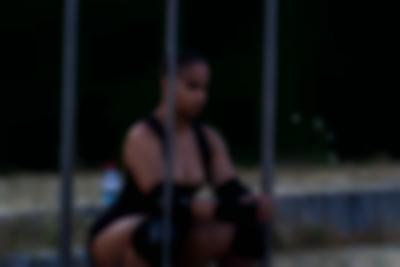
lo.me, ULTRA, 2023
Photo: Sévérine Kpoti, © Biennale für Freiburg 2
Tschannen and Biondo are studying at the Haute école d’art et de design (HEAD) in Geneva, CH. They have shown their works and performances in several institutions and art spaces in Switzerland, including: Wynx Club, Zurich, CH (2022), Rote Fabrik, Zurich, CH (2022), Théâtre de l’Usine, Geneva, CH (2022), Basel Social Club, CH (2022) and Alexandra Bachzetsis Studio, Zurich, CH (2022).
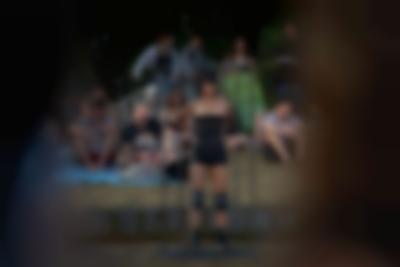
lo.me, ULTRA, 2023
Photo: Sévérine Kpoti, © Biennale für Freiburg 2

lo.me, ULTRA, 2023
Photo: Sévérine Kpoti, © Biennale für Freiburg 2
The performance by lo.me took place on June 16, 2023 at 7 p.m. at the Seepark. It was realized in cooperation with Perrrformat (Luca Büchler, Paula Thomaka, Martina Morger, and Carolina Misztela).


lo.me, ULTRA, 2023
Photo: Sévérine Kpoti, © Biennale für Freiburg 2


lo.me, ULTRA, 2023
Photo: Sévérine Kpoti, © Biennale für Freiburg 2
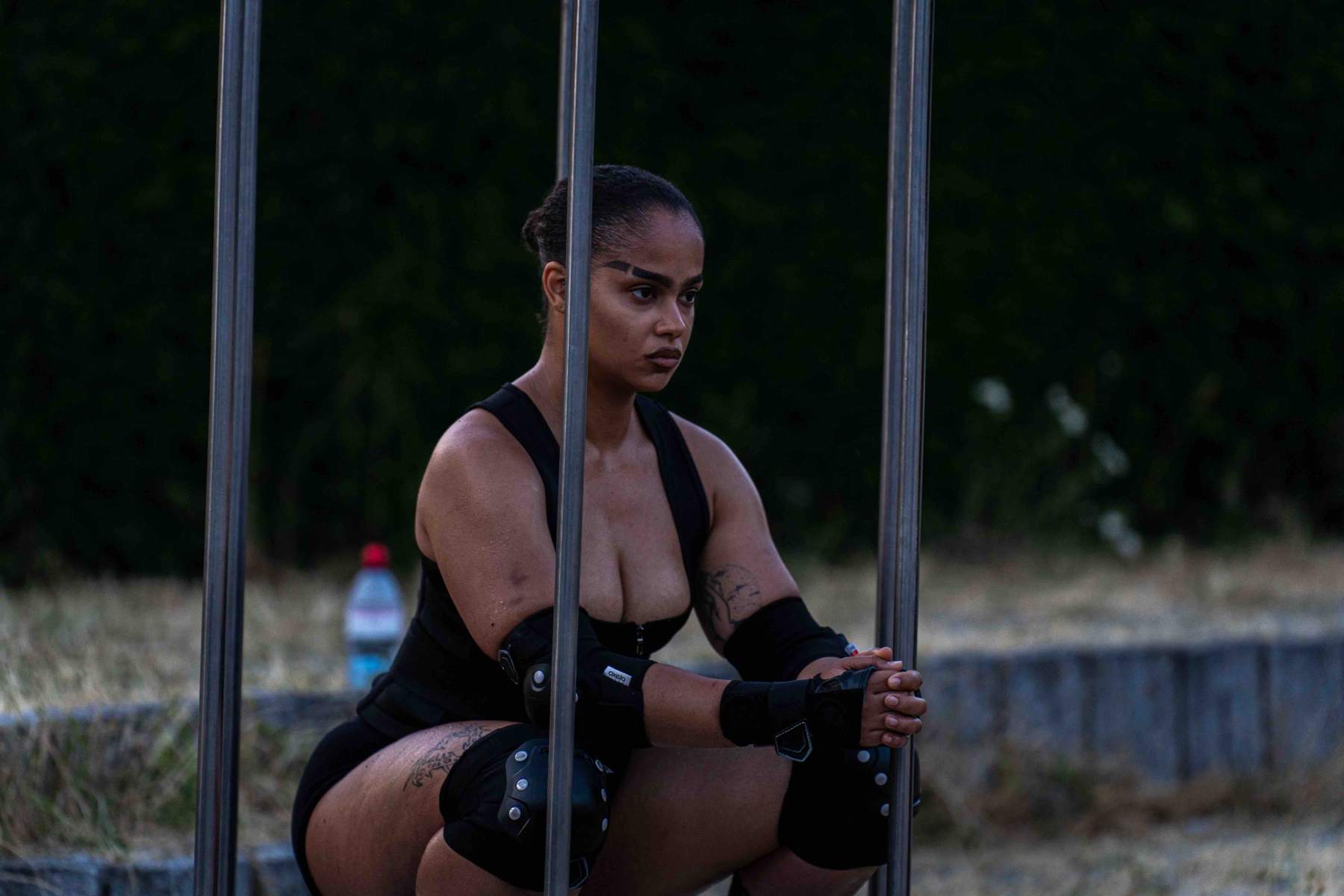

lo.me, ULTRA, 2023
Photo: Sévérine Kpoti, © Biennale für Freiburg 2
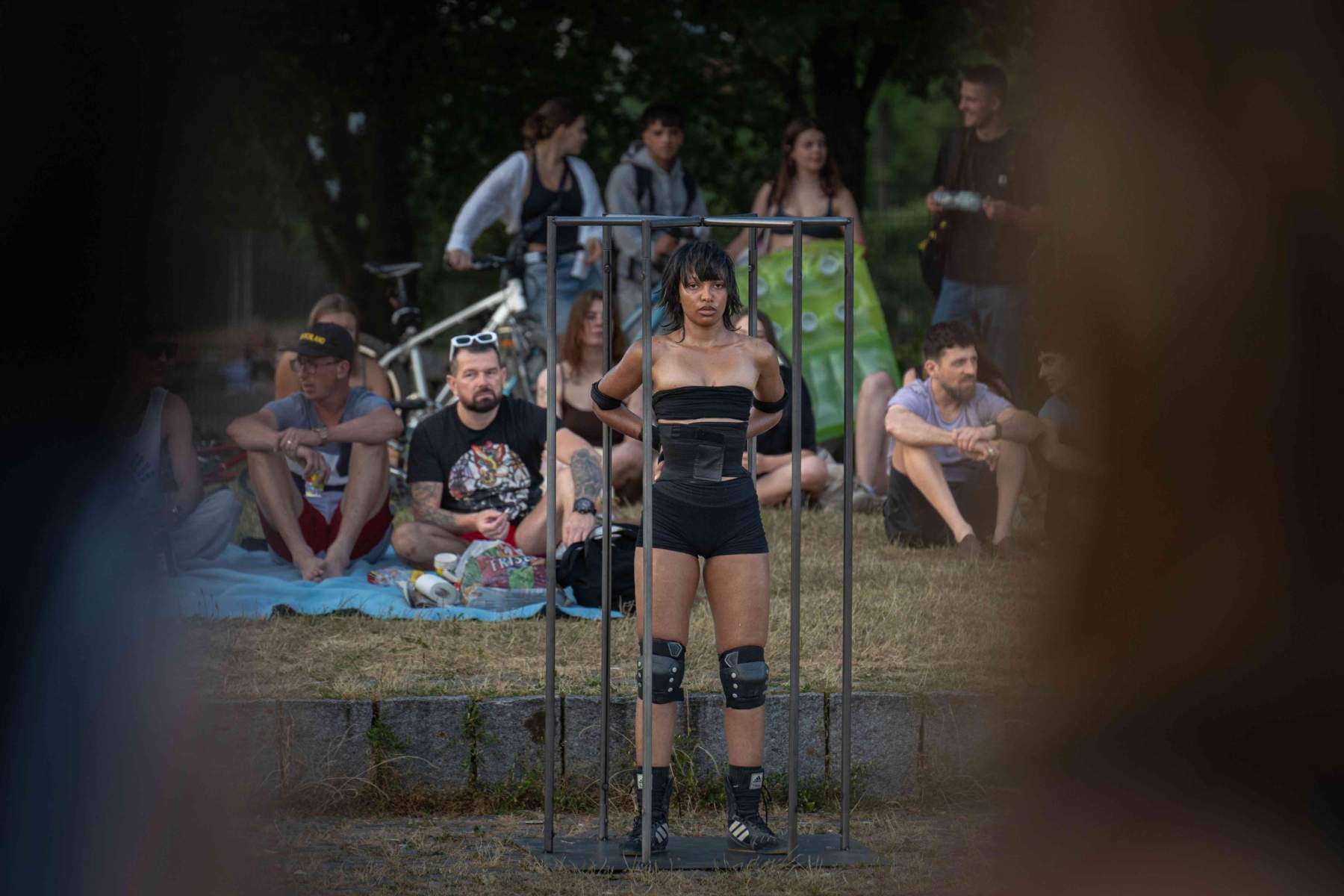

lo.me, ULTRA, 2023
Photo: Sévérine Kpoti, © Biennale für Freiburg 2


lo.me, ULTRA, 2023
Photo: Sévérine Kpoti, © Biennale für Freiburg 2
Hemansingh Lutchmun
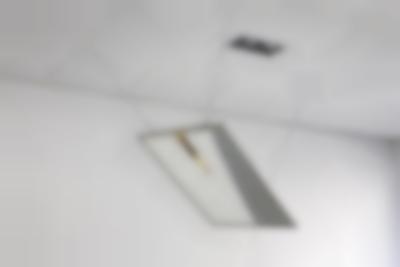
Hemansingh Lutchmun

Hemansingh Lutchmun, BIRD OF PREY, 2023
Photo: Gina Folly, © Biennale für Freiburg 2
Hemansingh Lutchmun’s (1995, Mauritius, MU) work delves into the complex interplay between power and imagery, drawing inspiration from the spaces he inhabits. Through photography, video, and sculpture Lutchmun analyzes the ways in which imagery is created and how it is used to reinforce existing power structures.
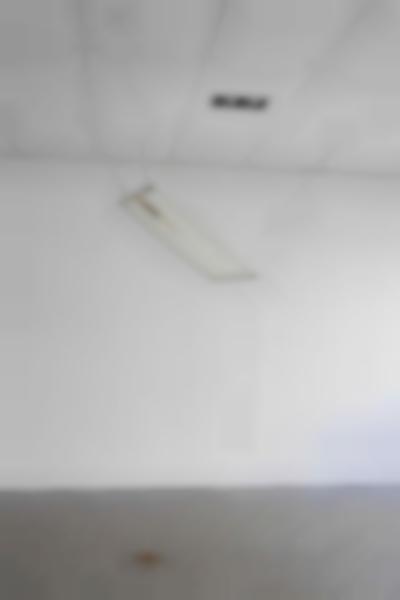
Hemansingh Lutchmun, BIRD OF PREY, 2023
Photo: Gina Folly, © Biennale für Freiburg 2
Lutchmun studies at the Städelschule in Frankfurt am Main (since 2017). His works have been shown at 1822-Forum, Frankfurt am Main (2022, solo), the Goethe-Institut, Dublin, IE (2021), and studio- NAXOS, Frankfurt am Main (2020). In 2019 he received the DAAD scholarship and in 2017 he was awarded the MFDC Short Film – Promising Director Award.
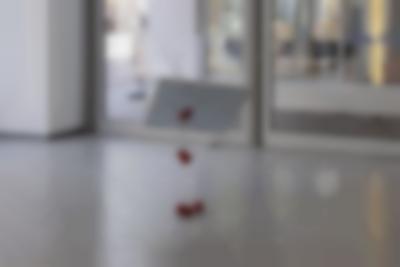
Hemansingh Lutchmun, BIRD OF PREY, 2023
Photo: Gina Folly, © Biennale für Freiburg 2
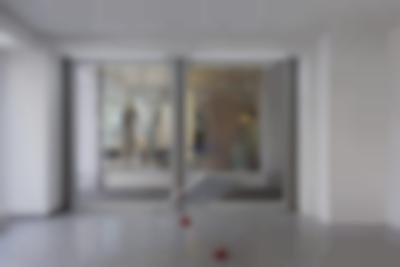
Hemansingh Lutchmun, BIRD OF PREY, 2023, installation view, DELPHI_space/außenstelle
Photo: Gina Folly, © Biennale für Freiburg 2
Hemansingh Lutchmun’s work BIRD OF PREY (2023) was on view at DELPHI_space/außenstelle.
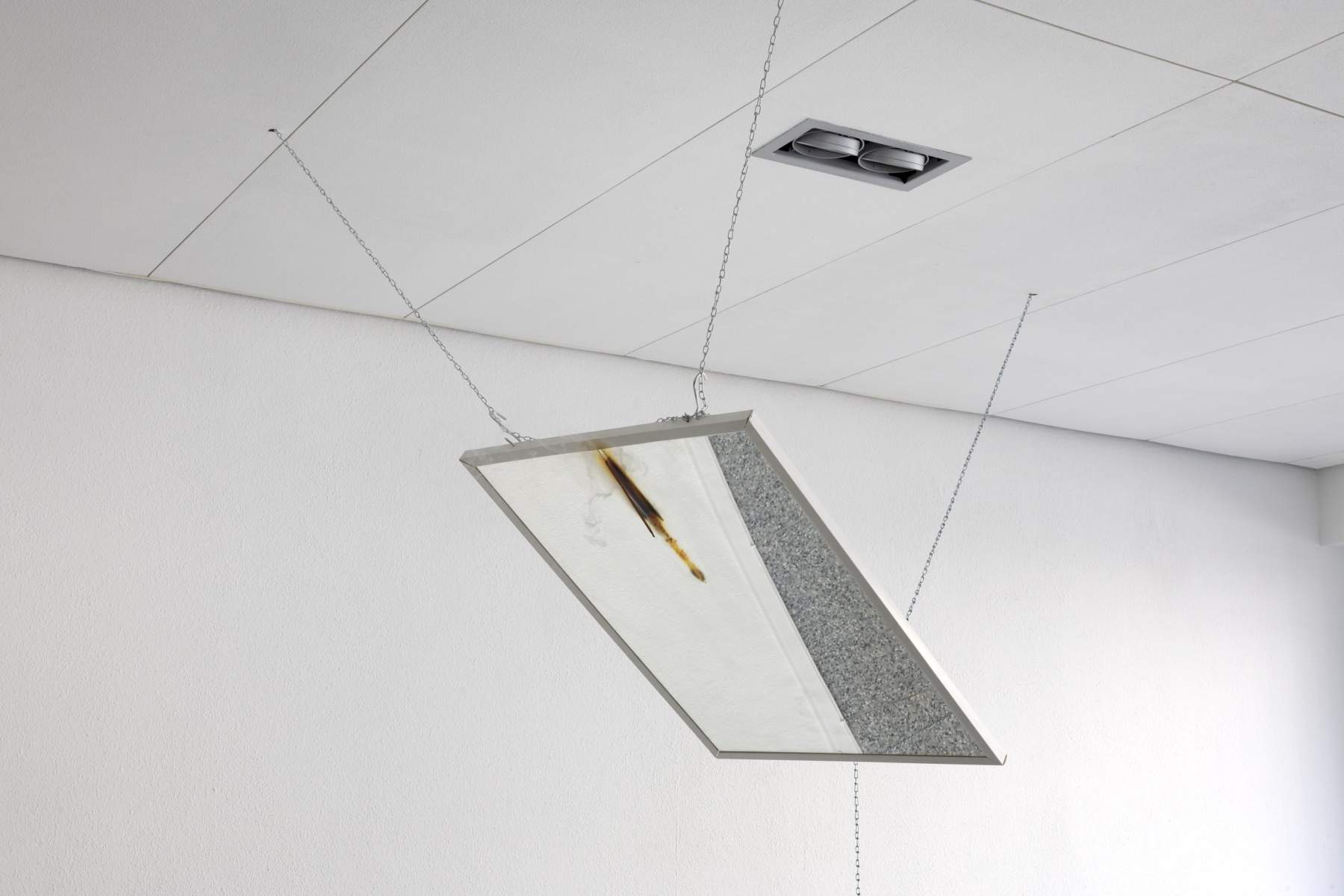

Hemansingh Lutchmun, BIRD OF PREY, 2023
Photo: Gina Folly, © Biennale für Freiburg 2
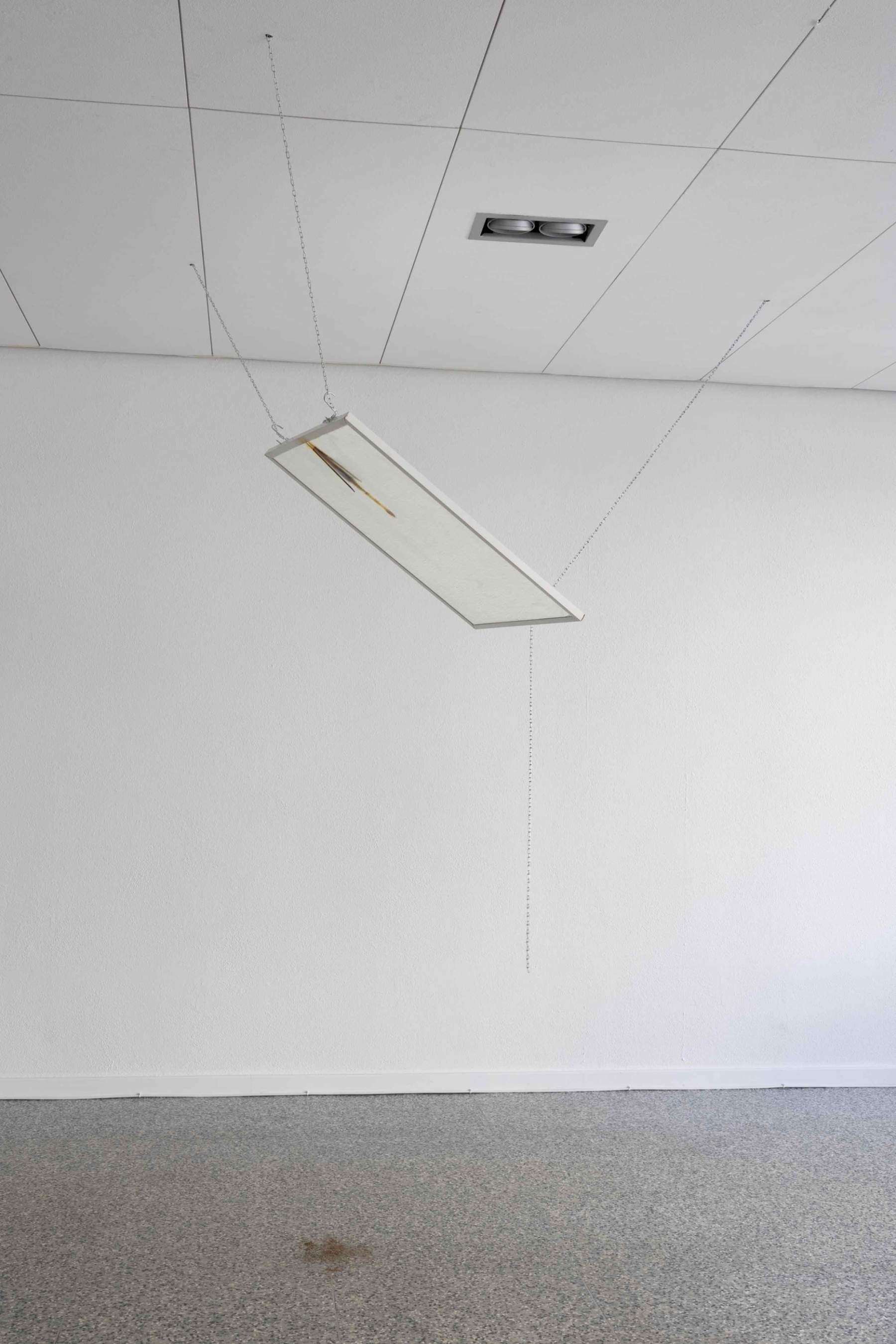

Hemansingh Lutchmun, BIRD OF PREY, 2023
Photo: Gina Folly, © Biennale für Freiburg 2
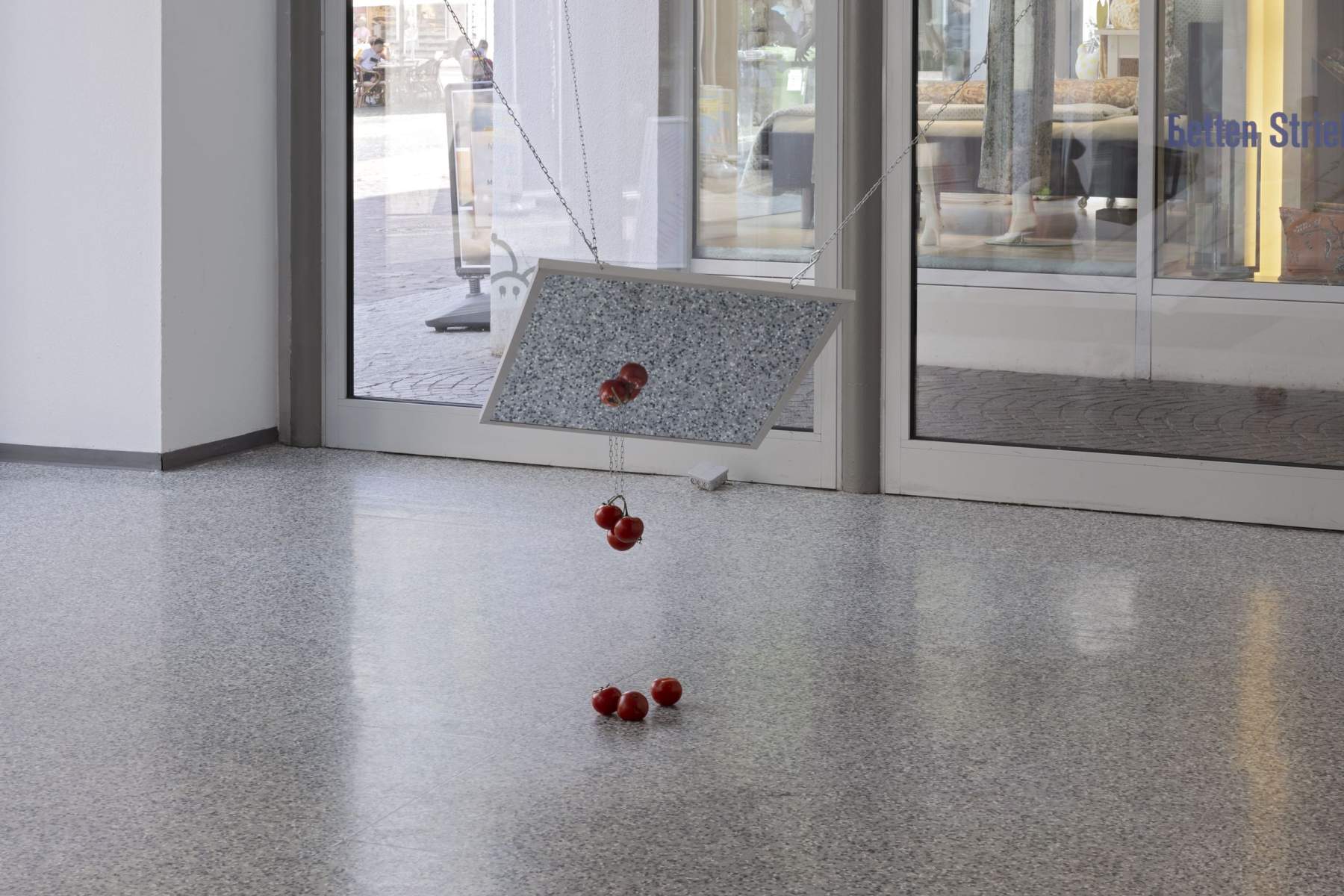

Hemansingh Lutchmun, BIRD OF PREY, 2023
Photo: Gina Folly, © Biennale für Freiburg 2
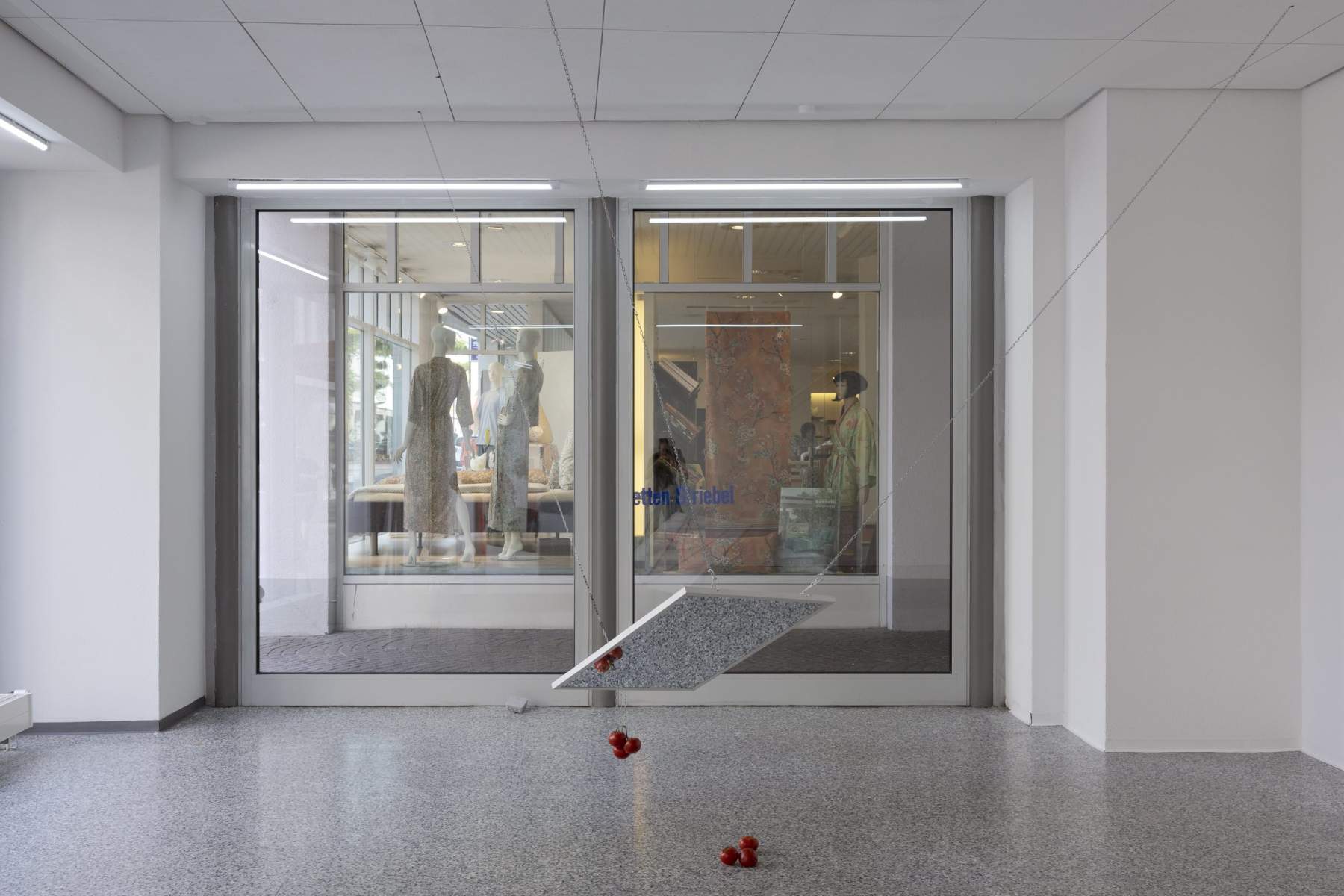

Hemansingh Lutchmun, BIRD OF PREY, 2023, installation view, DELPHI_space/außenstelle
Photo: Gina Folly, © Biennale für Freiburg 2
Medienwerkstatt Freiburg
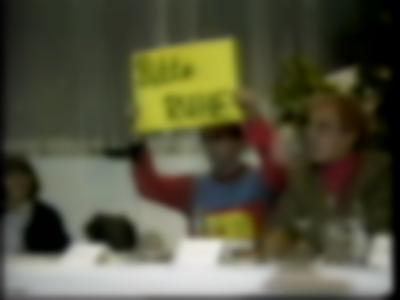
Medienwerkstatt Freiburg

Medienwerkstatt Freiburg, video still, EIN NEUER OBERBÜRGERMEISTER FÜR FREIBURG, 1982, courtesy Medienwerkstatt Freiburg e.V.
Enmeshed into the local political scene, the Medienwerkstatt Freiburg produced numerous recordings of protests, actions, and interviews in the 1970s and 1980s. The collective dealt with issues such as anarchism, housing shortages, and building policy, prosecution procedure and the role of mothers in the scene. Medienwerkstatt Freiburg was formed in 1978 as a collective and media center—its members were Didi Danquart, Pepe Danquart, Mirjam Quinte, Bertram Rotermund, Mike Schlömer, and Wolfgang Stickel.
To this day, Medienwerkstatt Freiburg e.V. exists as an association on Konradstraße and has been running the Freiburg SchülerFilmForum for more than twenty years under the direction of Wolfgang Stickel.
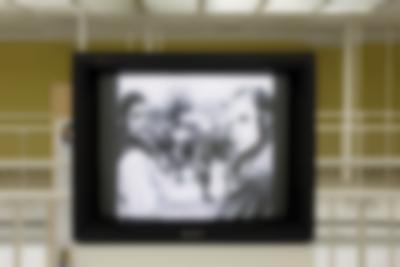
Medienwerkstatt Freiburg, NACHRICHTEN ÜBER EINE VERÄNDERUNG, 1981, installation view Kunstverein Freiburg
Photo: Gina Folly, © Biennale für Freiburg 2
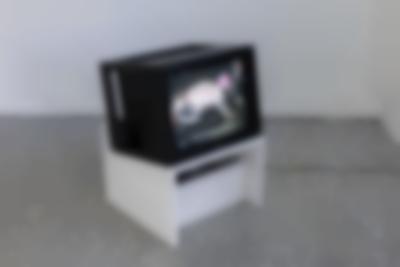
Medienwerkstatt Freiburg, WENN DAS DER HERGOTT WÜSSTE, 1984, installation view DELPHI_space/außenstelle
Photo: Gina Folly, © Biennale für Freiburg 2
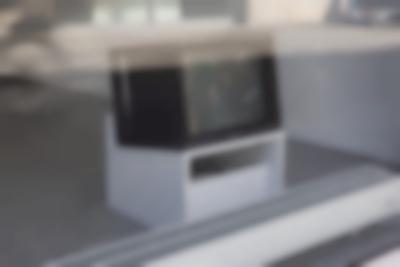
Medienwerkstatt Freiburg, WENN DAS DER HERGOTT WÜSSTE, 1984, installation view DELPHI_space/außenstelle
Photo: Gina Folly, © Biennale für Freiburg 2
The Biennale showed three films by the Medienwerkstatt Freiburg:
NACHRICHTEN ÜBER EINE VERÄNDERUNG (1981) at Kunstverein Freiburg, 1st floor, EIN NEUER OBERBÜRGERMEISTER FÜR FREIBURG (1982) at the Bürgerhaus in the Seepark, and WENN DAS DER HERRGOTT WÜSSTE (1984) at the DELPHI_space/außenstelle.
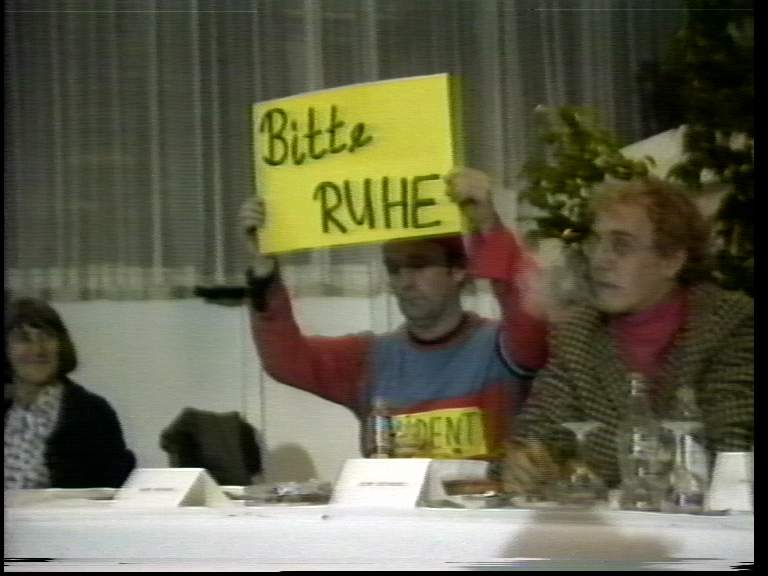

Medienwerkstatt Freiburg, video still, EIN NEUER OBERBÜRGERMEISTER FÜR FREIBURG, 1982, courtesy Medienwerkstatt Freiburg e.V.
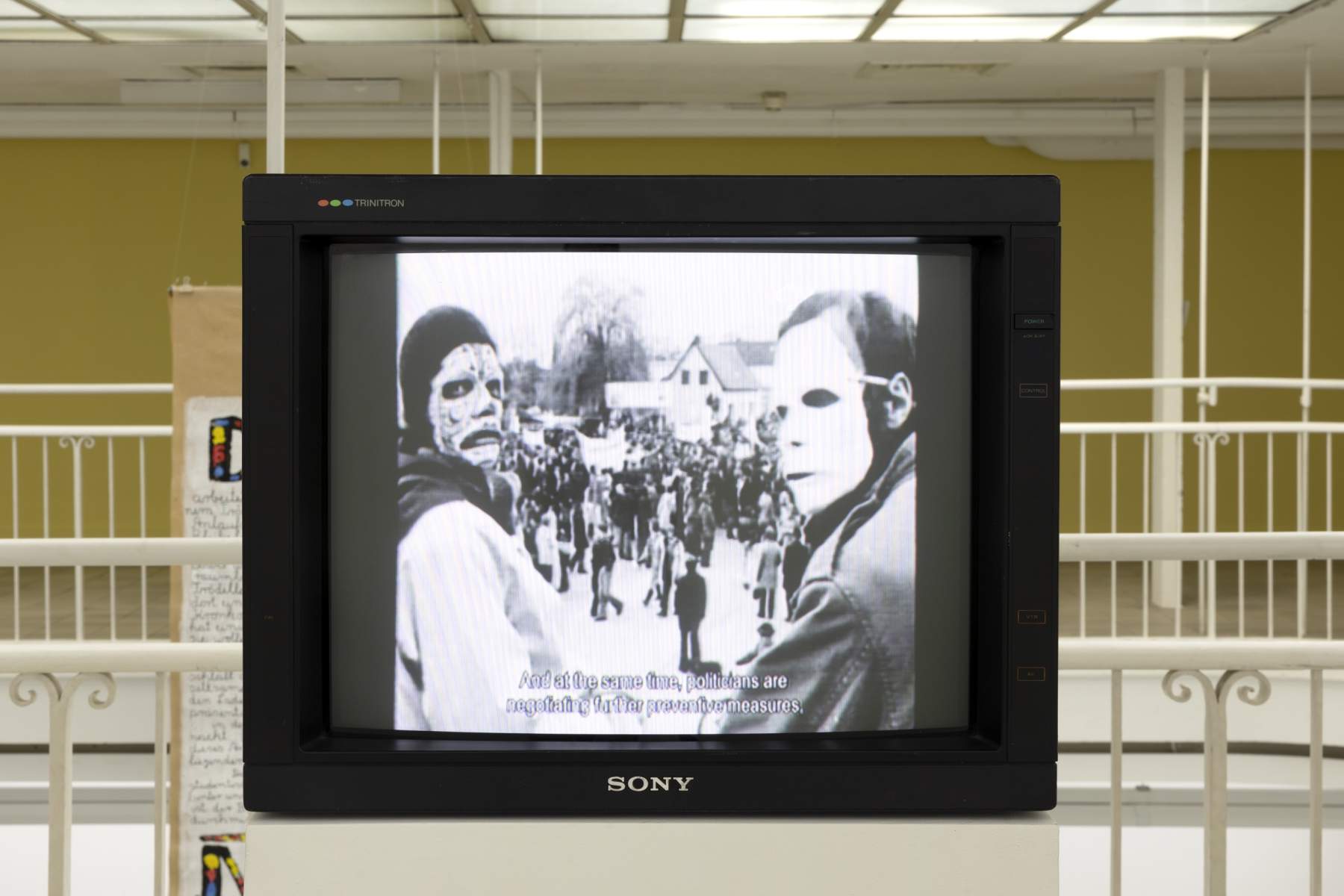

Medienwerkstatt Freiburg, NACHRICHTEN ÜBER EINE VERÄNDERUNG, 1981, installation view Kunstverein Freiburg
Photo: Gina Folly, © Biennale für Freiburg 2
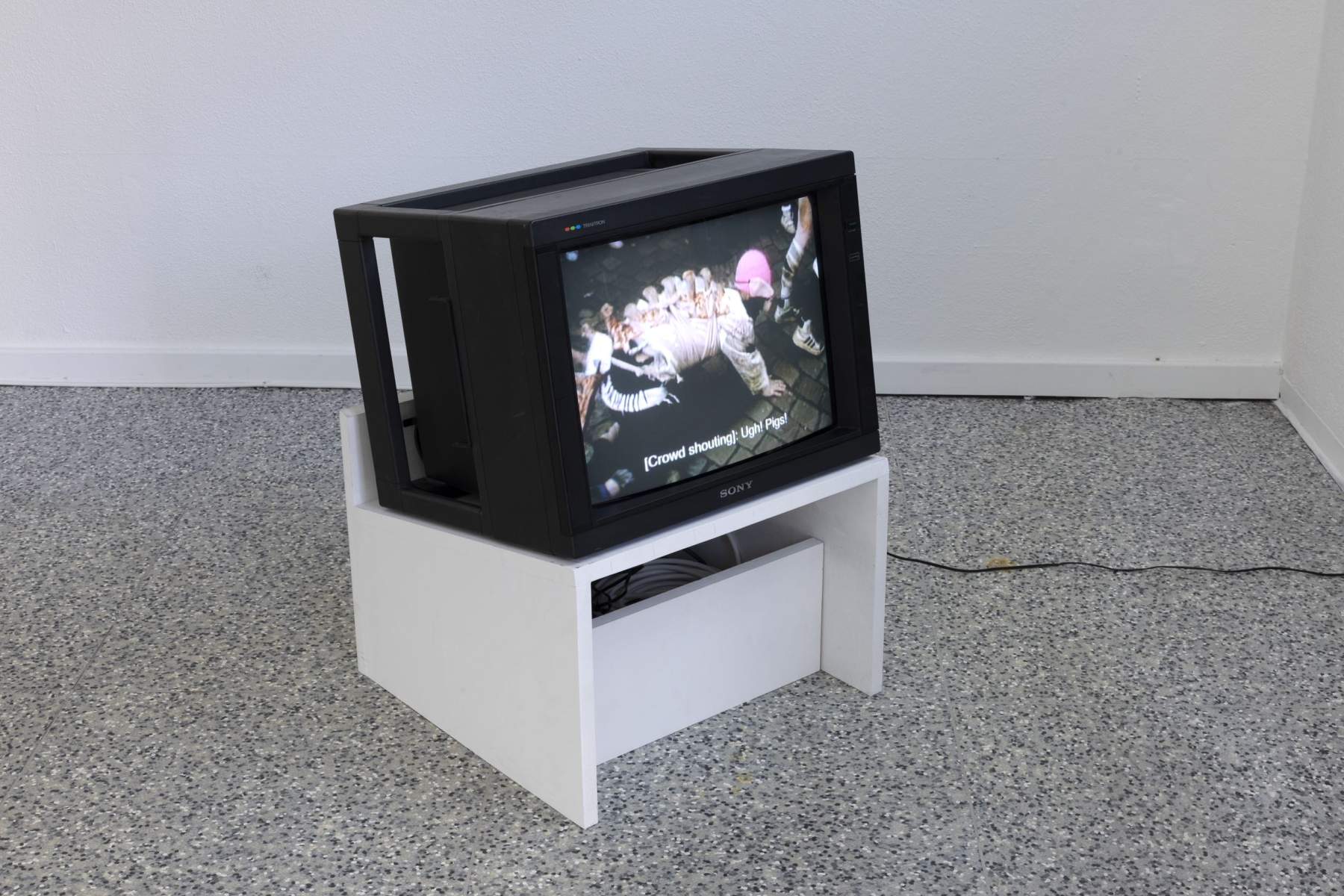

Medienwerkstatt Freiburg, WENN DAS DER HERGOTT WÜSSTE, 1984, installation view DELPHI_space/außenstelle
Photo: Gina Folly, © Biennale für Freiburg 2
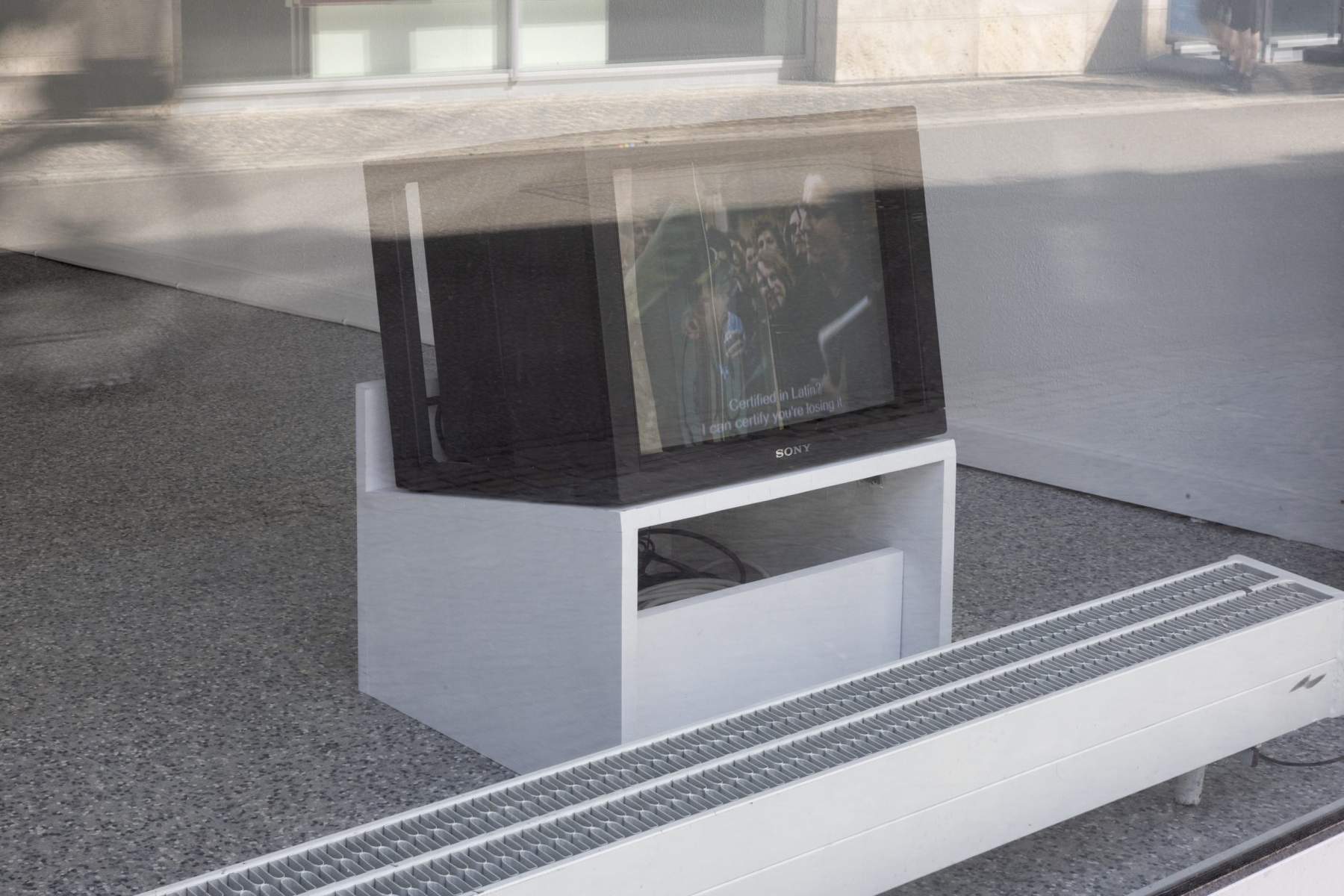

Medienwerkstatt Freiburg, WENN DAS DER HERGOTT WÜSSTE, 1984, installation view DELPHI_space/außenstelle
Photo: Gina Folly, © Biennale für Freiburg 2
Shaun Motsi
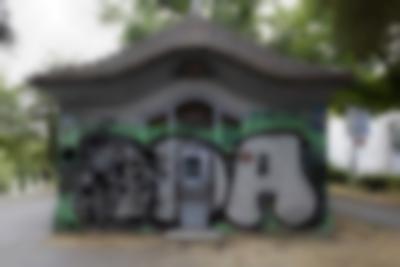
Shaun Motsi

Shaun Motsi, FREI, 2023, installation view Kaiserwache
Photo: Gina Folly, © Biennale für Freiburg 2
Shaun Motsi’s (1989, Harare, ZW) work explores visual codes and how they relate to cultural narratives, knowledge systems, and identities. Motsi is interested in the lines of continuity surrounding abstract power structures that are perpetuated over time and space; that are inherited, but also reappropriated and revalued; that materialize in concrete products, design, and art objects. Between use and signification, these objects are always more than they seem.
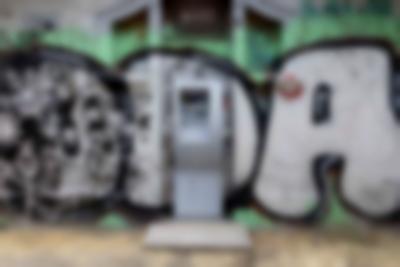
Shaun Motsi, FREI, 2023, installation view Kaiserwache
Photo: Gina Folly, © Biennale für Freiburg 2
Motsi studied at the Städelschule in Frankfurt am Main. His works have been shown in group and solo exhibitions, including shows at the following institutions: Elvira, Frankfurt am Main (2021), Shedhalle Zürich, CH (2020), Portikus, Frankfurt am Main (2020), Page NYC, New York, US (2019, solo), PSM, Berlin (2017, solo) and the 9th Berlin Biennale (2016). In 2022 he won the ars viva prize, and in 2023/24 Motsi was awarded the Hessische Kulturstiftung travel scholarship.
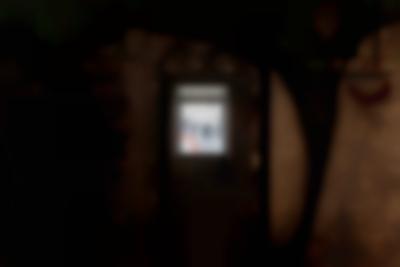
Shaun Motsi, FREI, 2023, installation view Kaiserwache
Photo: Sévérine Kpoti, © Biennale für Freiburg 2
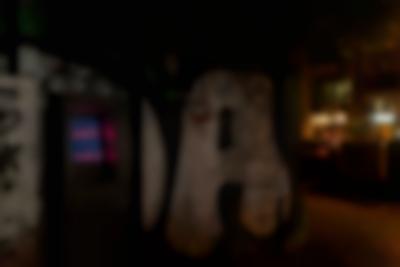
Shaun Motsi, FREI, 2023, installation view Kaiserwache
Photo: Sévérine Kpoti, © Biennale für Freiburg 2
The work FREI (2023) by Shaun Motsi was on view at Kaiserwache’s facade.
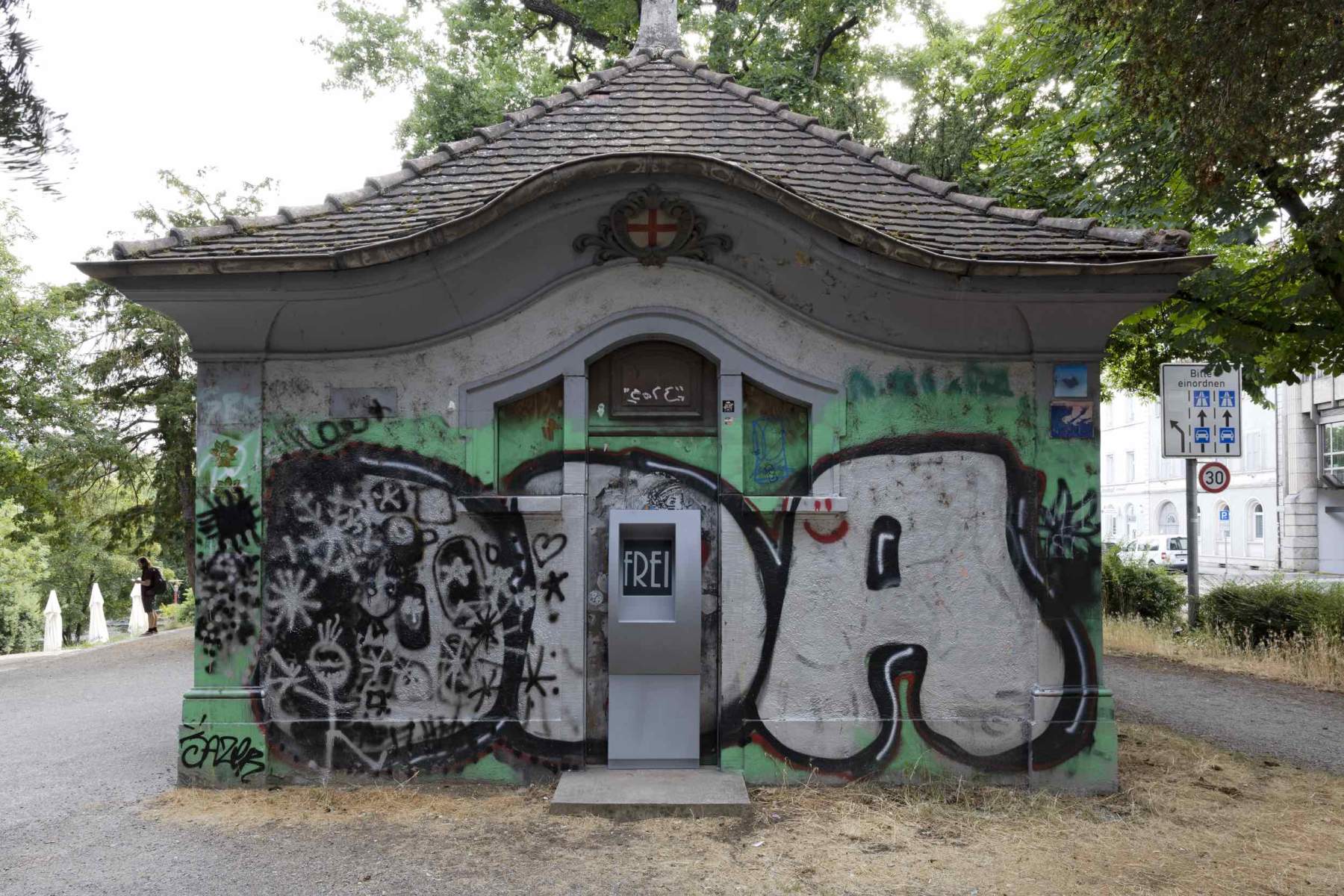

Shaun Motsi, FREI, 2023, installation view Kaiserwache
Photo: Gina Folly, © Biennale für Freiburg 2
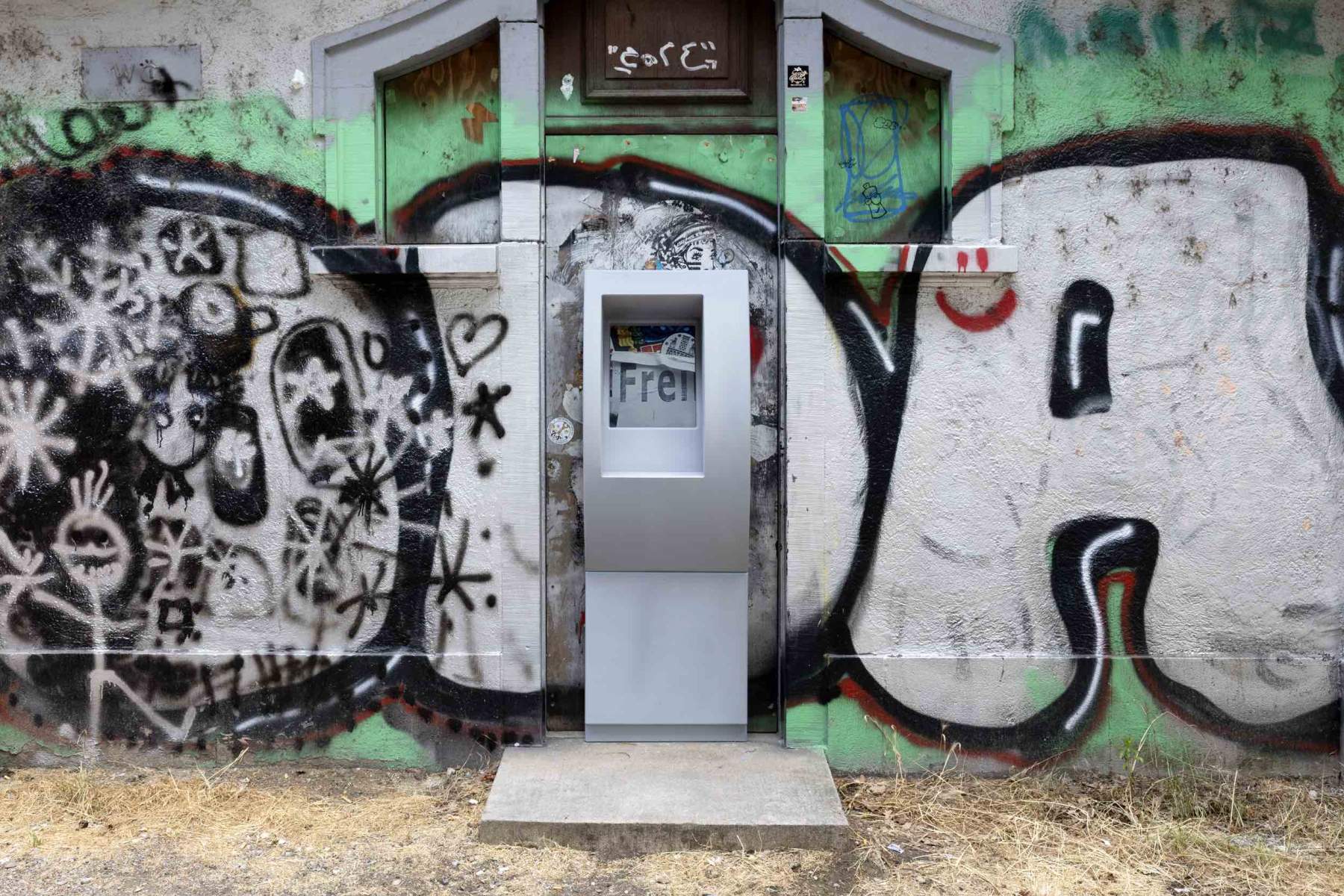

Shaun Motsi, FREI, 2023, installation view Kaiserwache
Photo: Gina Folly, © Biennale für Freiburg 2
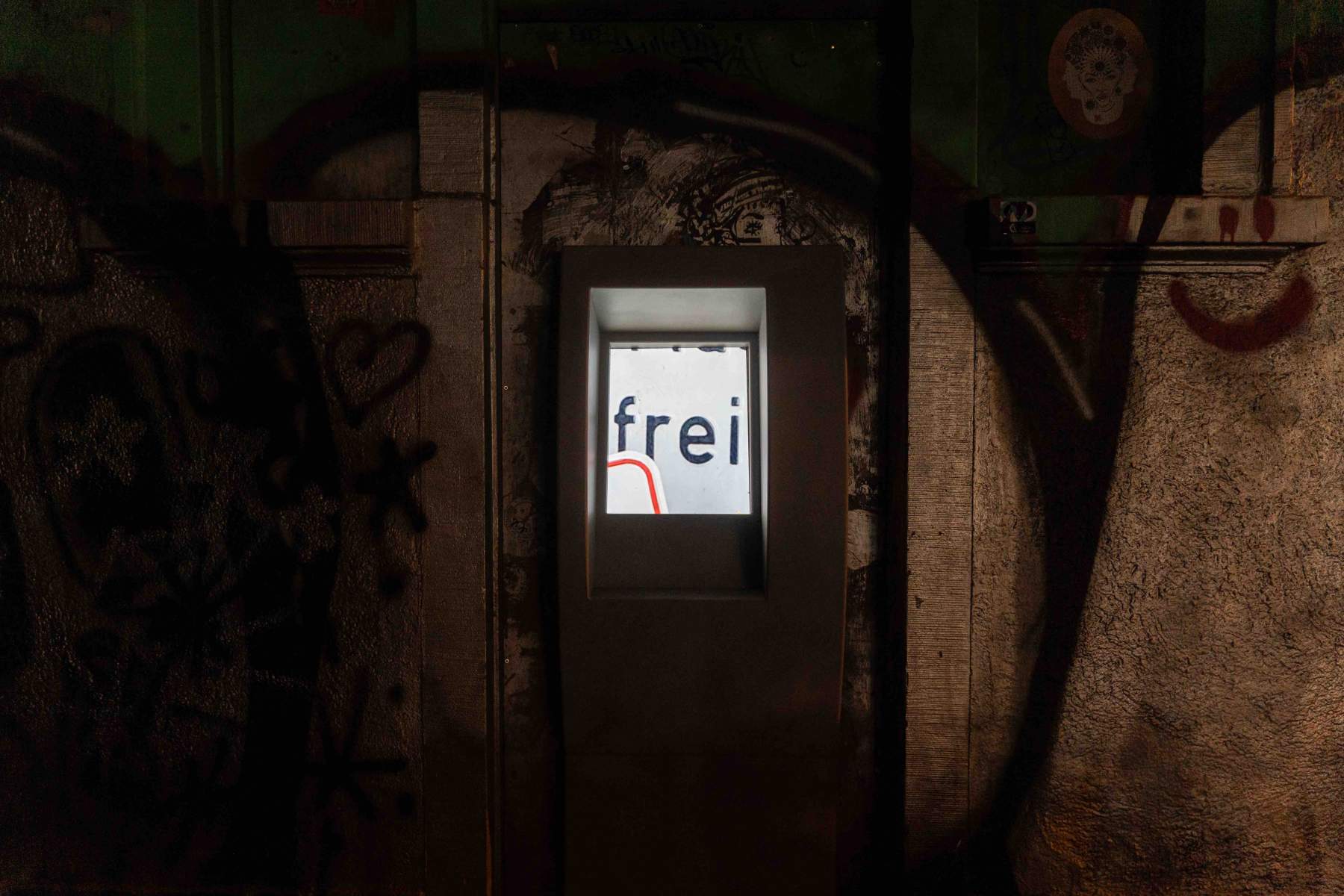

Shaun Motsi, FREI, 2023, installation view Kaiserwache
Photo: Sévérine Kpoti, © Biennale für Freiburg 2
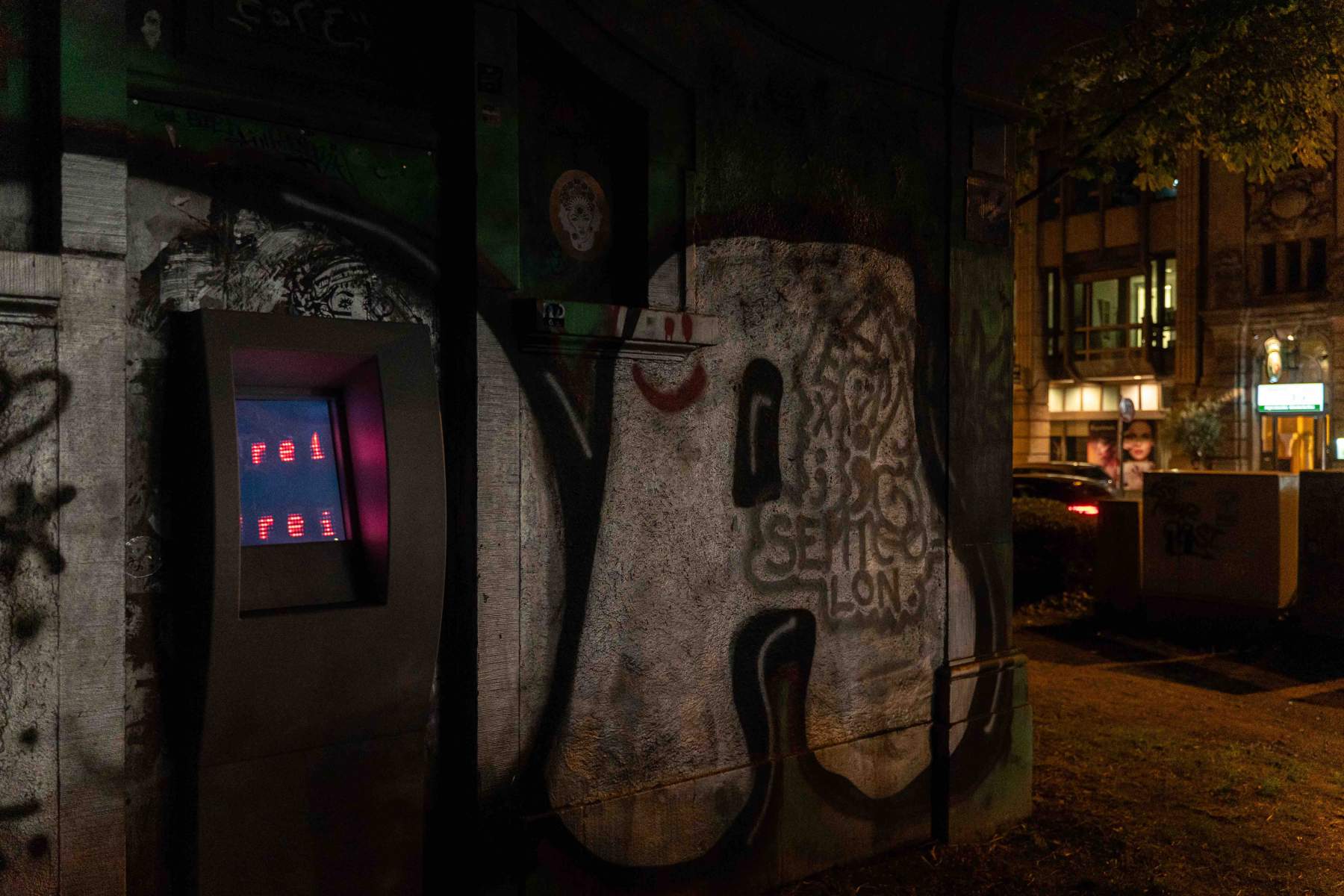

Shaun Motsi, FREI, 2023, installation view Kaiserwache
Photo: Sévérine Kpoti, © Biennale für Freiburg 2
Henrike Naumann
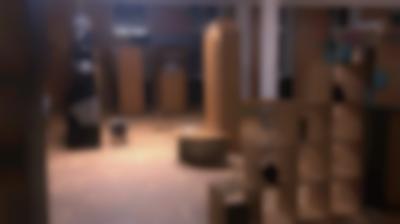
Henrike Naumann

Henrike Naumann, video still, AESTHETICS OF POWER, 2021, courtesy the artist
Henrike Naumann (1984, Zwickau, former GDR) creates work that reflects socio-political issues at the level of design and interior. In her scenographic installations, videos, and sound works, personal taste and everyday aesthetics meet political opinion and history. Naumann shows how certain socializations are reflected in the furnishing of private spaces. The objects and furniture become time capsules, in which their emotional charge and transferences remain stored.
Between 2006 and 2012, Naumann studied at the Hochschule für Bildende Künste Dresden and at Filmuniversität KONRAD WOLF in Potsdam-Babelsberg. Her work has been shown internationally in institutions and major exhibitions including: SculptureCenter, New York, US (2022, solo), Ghetto Biennale / documenta fifteen, Kassel (2022), Kunsthaus Dahlem, Berlin (2021, solo), Ural Biennale, Yekaterinburg, RU (2021), Belvedere 21, Vienna, AT (2019, solo), the 5th Ghetto Biennale, Port-au-Prince, HT (2017), Musée d’Art Contemporain, Kinshasa, CD (2016, solo) and Museum Abteiberg, Mönchengladbach (2016, solo). In 2019, Naumann received the LVZ- Kunstpreis and in 2018, the Karl Schmidt-Rottluff Scholarship.
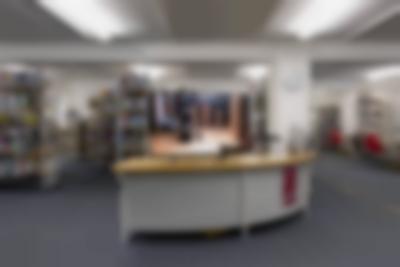
Henrike Naumann, AESTHETICS OF POWER, 2021, installation view Stadtbibliothek Freiburg
Photo: Gina Folly, © Biennale für Freiburg 2
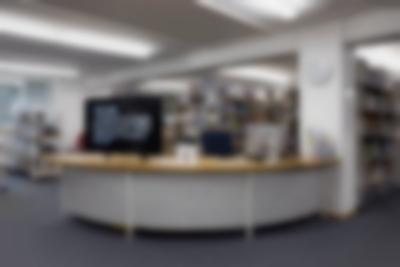
Henrike Naumann, AESTHETICS OF POWER, 2021, installation view Stadtbibliothek Freiburg
Photo: Gina Folly, © Biennale für Freiburg 2
The video work AESTHETICS OF POWER (2021) by Henrike Naumann was exhibited at the Stadtbibliothek Freiburg.
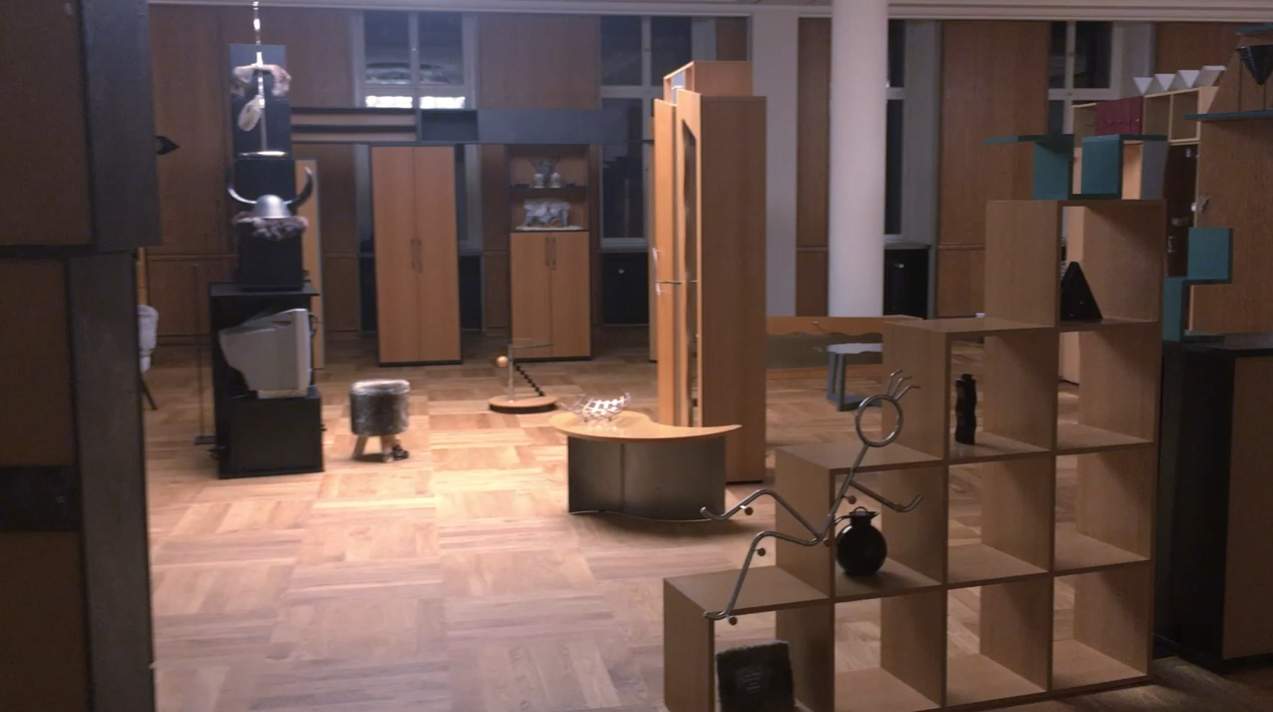

Henrike Naumann, video still, AESTHETICS OF POWER, 2021, courtesy the artist
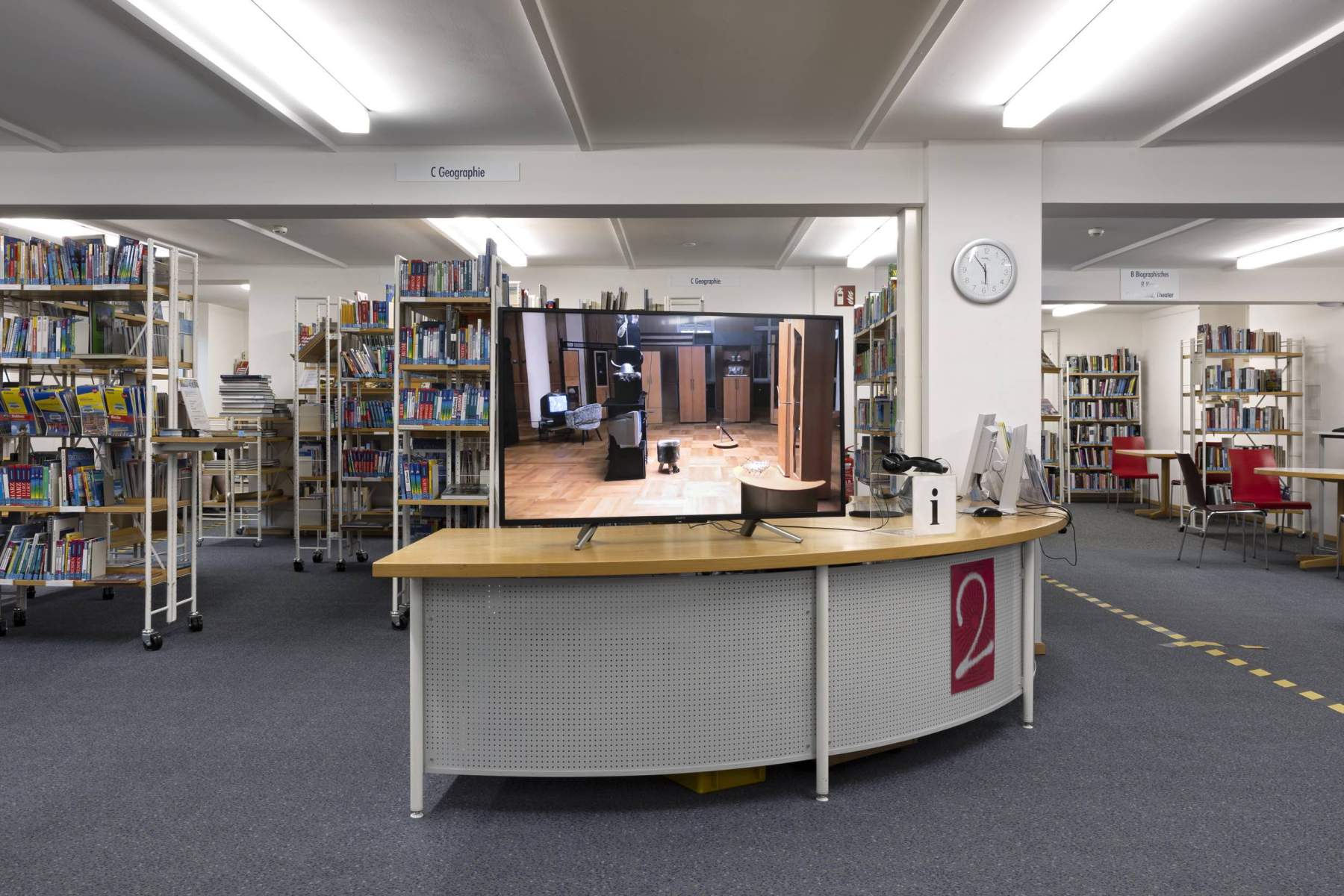

Henrike Naumann, AESTHETICS OF POWER, 2021, installation view Stadtbibliothek Freiburg
Photo: Gina Folly, © Biennale für Freiburg 2
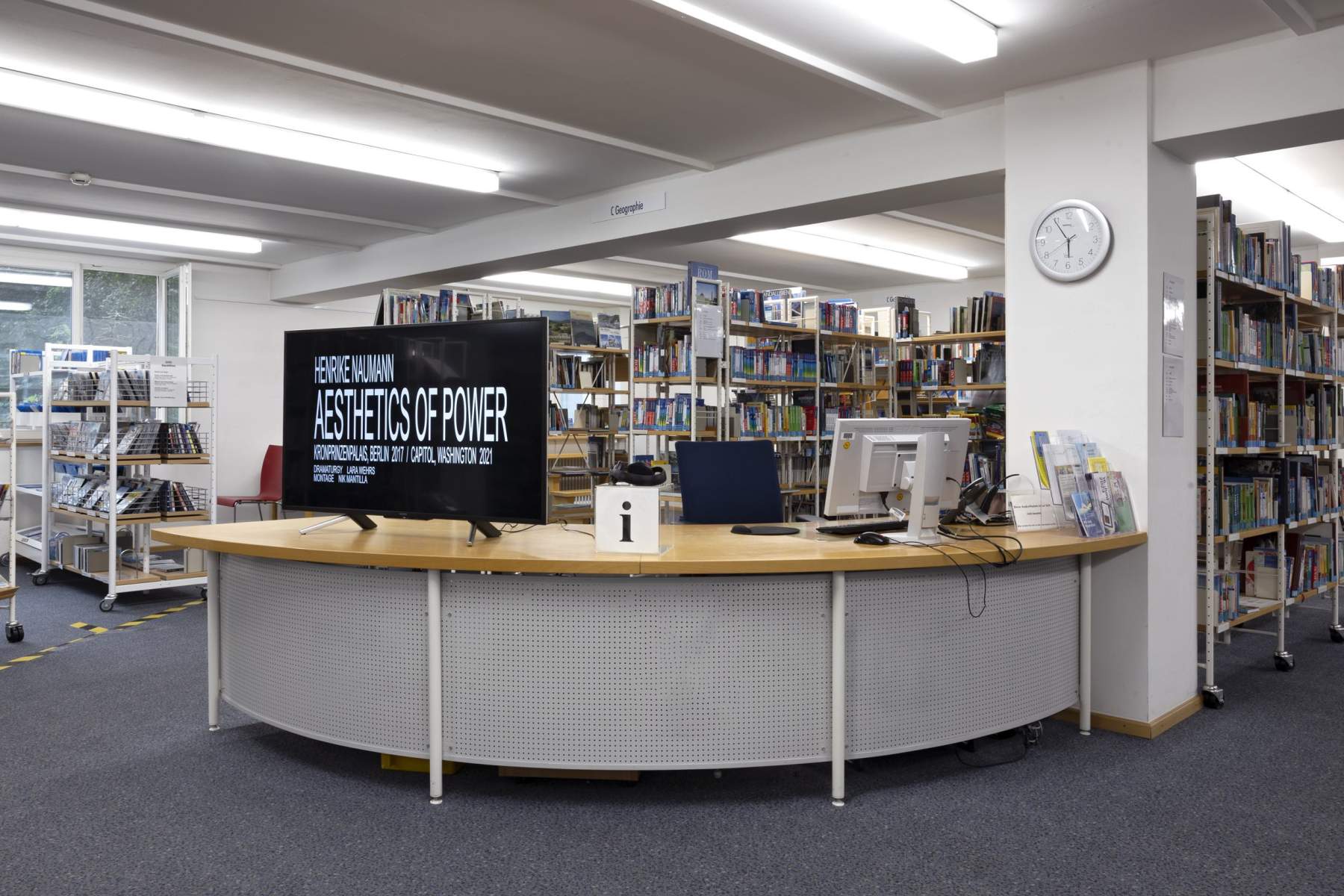

Henrike Naumann, AESTHETICS OF POWER, 2021, installation view Stadtbibliothek Freiburg
Photo: Gina Folly, © Biennale für Freiburg 2
Vera Palme
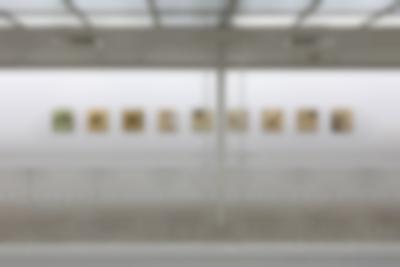
Vera Palme

Vera Palme, DIY, 2023, installation view Kunstverein Freiburg
Photo: Gina Folly, © Biennale für Freiburg 2
Vera Palme’s (1983, Frankfurt am Main) artistic work is concerned with the medium of painting and critical reflection on its parameters. The extent to which these matters relate to one another is an essential question of her practice, along with how they blend and flow into one another in layers, spread out over the edge of the canvas, and in turn touch on fundamental problems of perception. Another important component of her artistic work lies in the exploration of text. In 2018, she published the novel “Desecration of Descent” together with Elif Saydam (Broken Dimanche Press, Berlin).
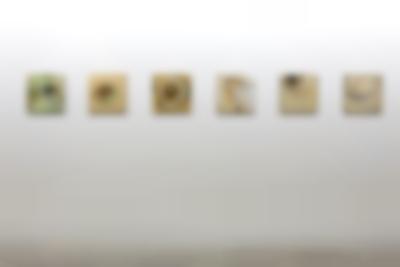
Vera Palme, DIY, 2023, installation view Kunstverein Freiburg
Photo: Gina Folly, © Biennale für Freiburg 2
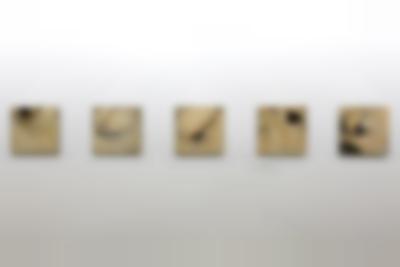
Vera Palme, DIY, 2023, installation view Kunstverein Freiburg
Photo: Gina Folly, © Biennale für Freiburg 2
Vera Palme studied at the Kunsthochschule Berlin-Weißensee and at the Städelschule in Frankfurt am Main. Her work has been shown in solo and group exhibitions, most recently at Galerie Buchholz, Cologne and New Toni, Berlin (both 2022), Art Hub Copenhagen, DK (2021), and Kunsthalle Bern, CH (2021), among others. Palme received the Karl Schmidt-Rottluff Scholarship from 2020 to 2022.
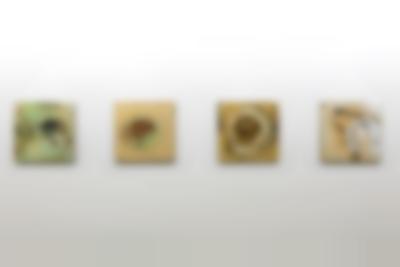
Vera Palme, DIY, 2023, installation view Kunstverein Freiburg
Photo: Gina Folly, © Biennale für Freiburg 2
DIY (2023) by Vera Palme was exhibited at Kunstverein Freiburg, 1st floor.
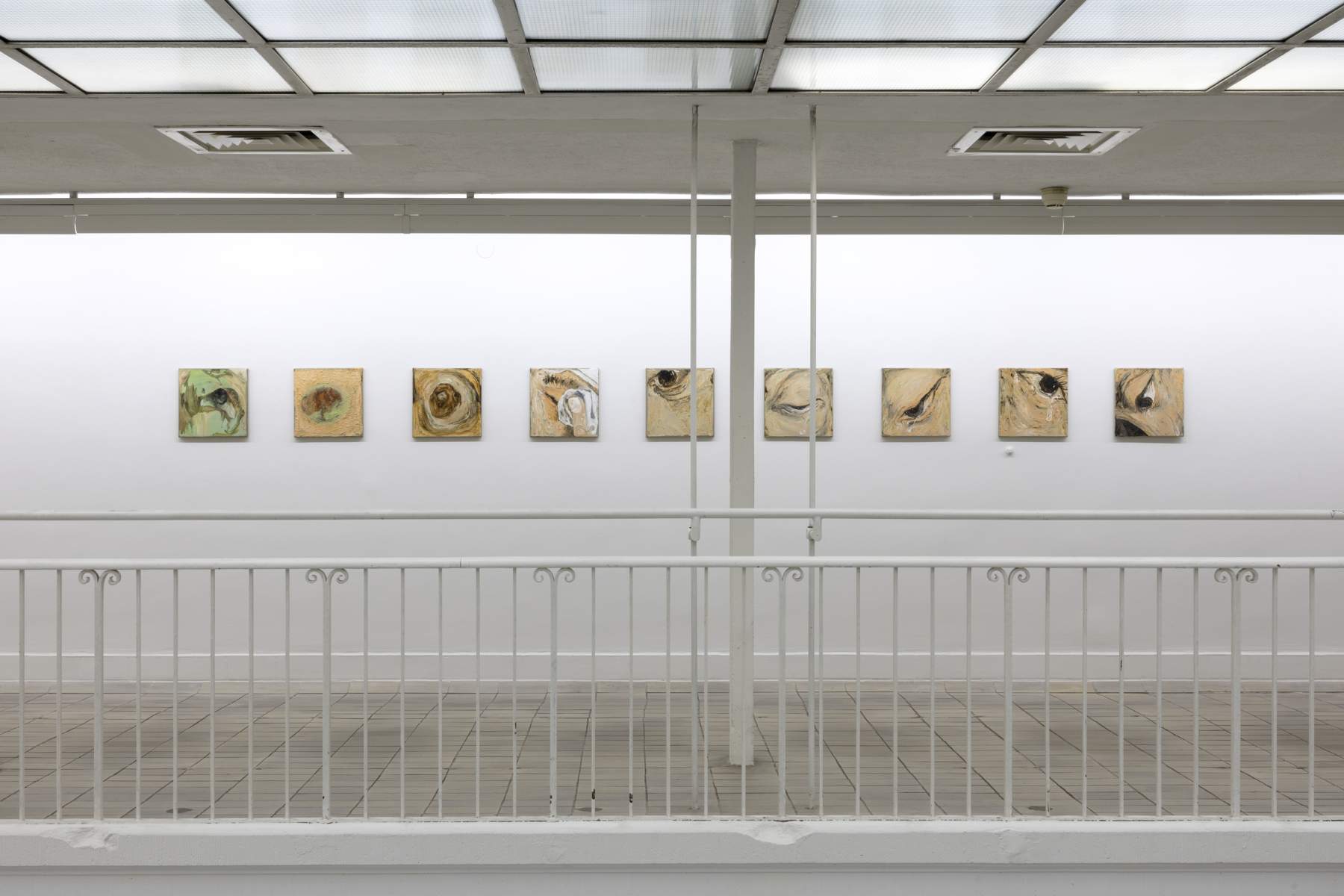

Vera Palme, DIY, 2023, installation view Kunstverein Freiburg
Photo: Gina Folly, © Biennale für Freiburg 2
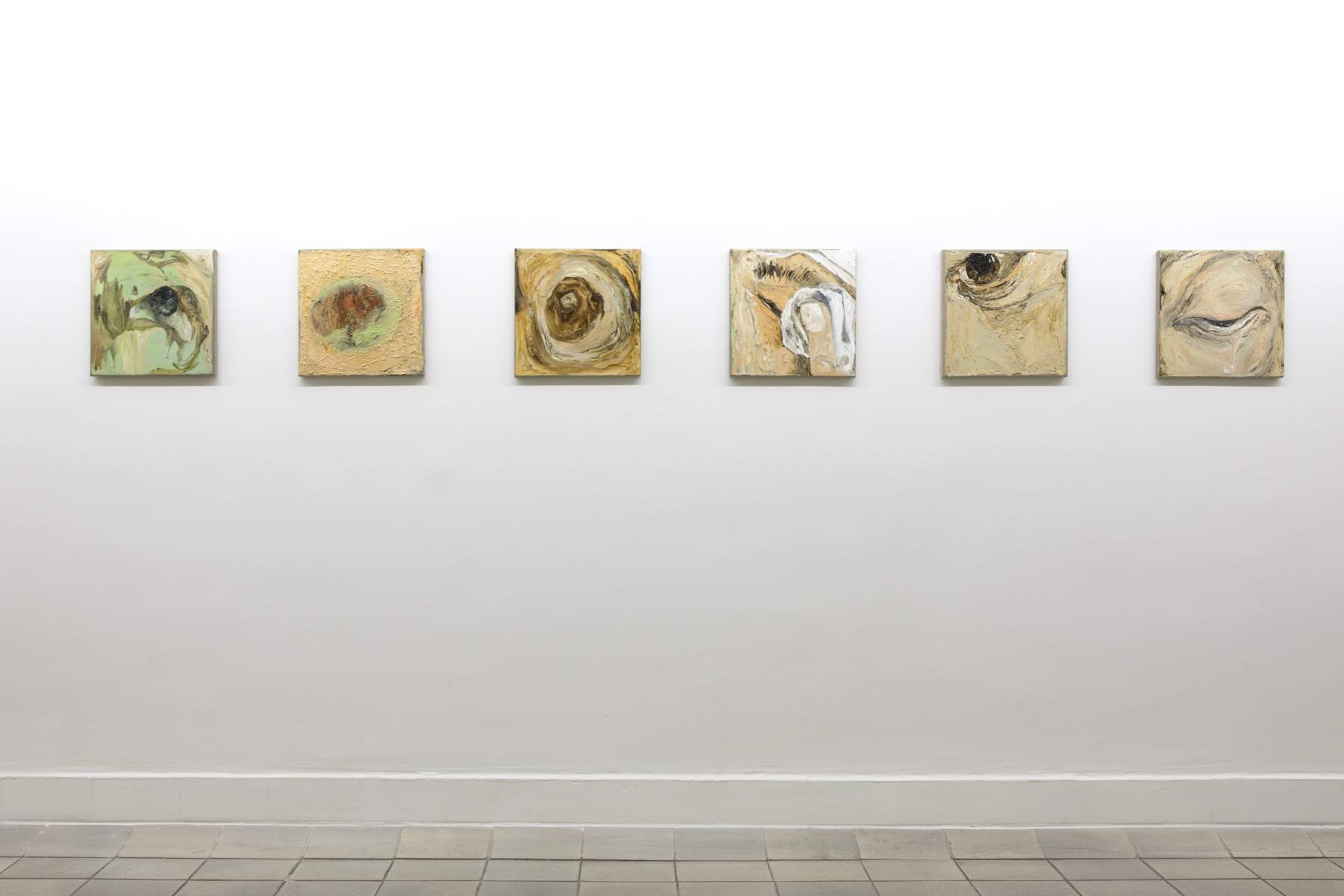

Vera Palme, DIY, 2023, installation view Kunstverein Freiburg
Photo: Gina Folly, © Biennale für Freiburg 2
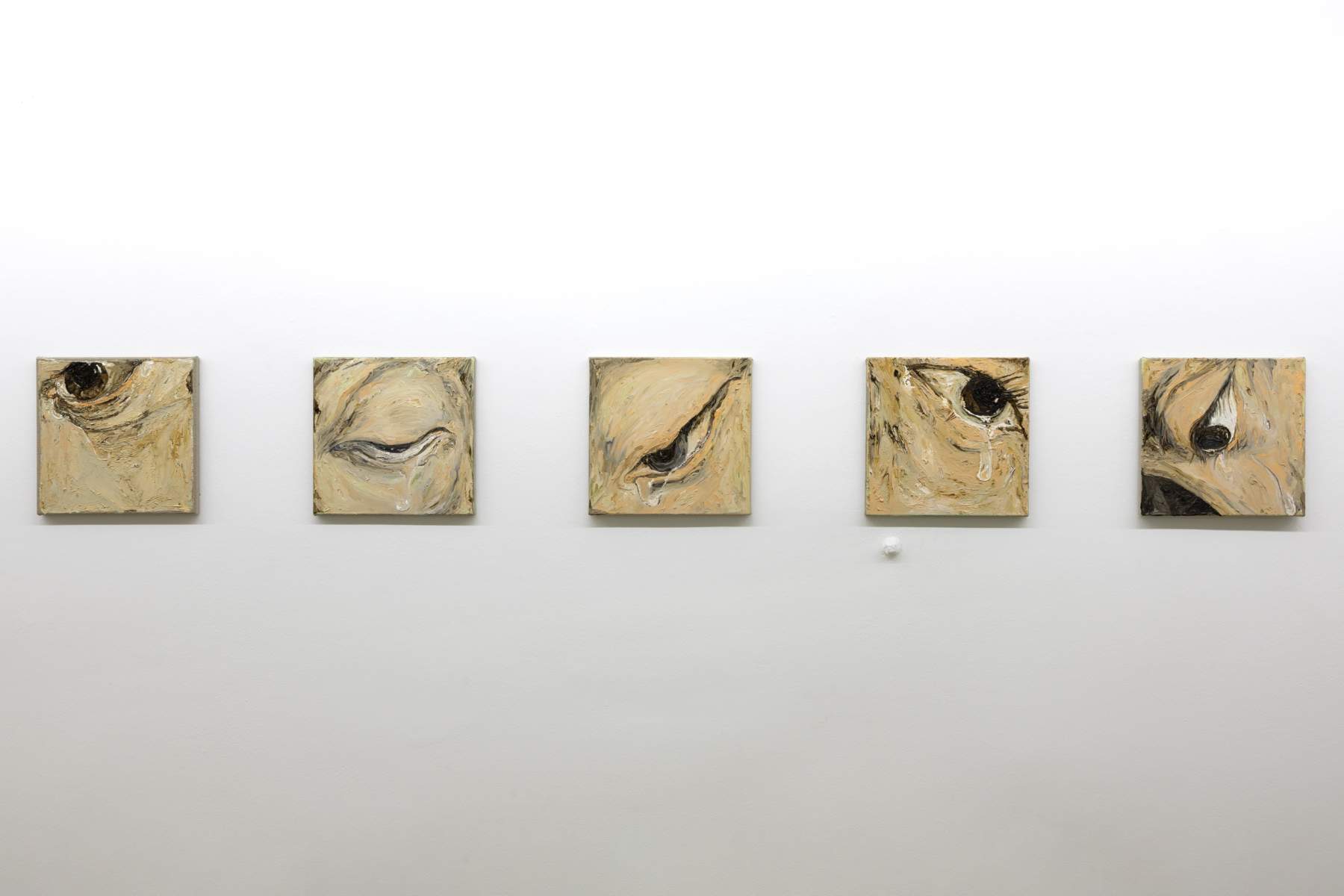

Vera Palme, DIY, 2023, installation view Kunstverein Freiburg
Photo: Gina Folly, © Biennale für Freiburg 2
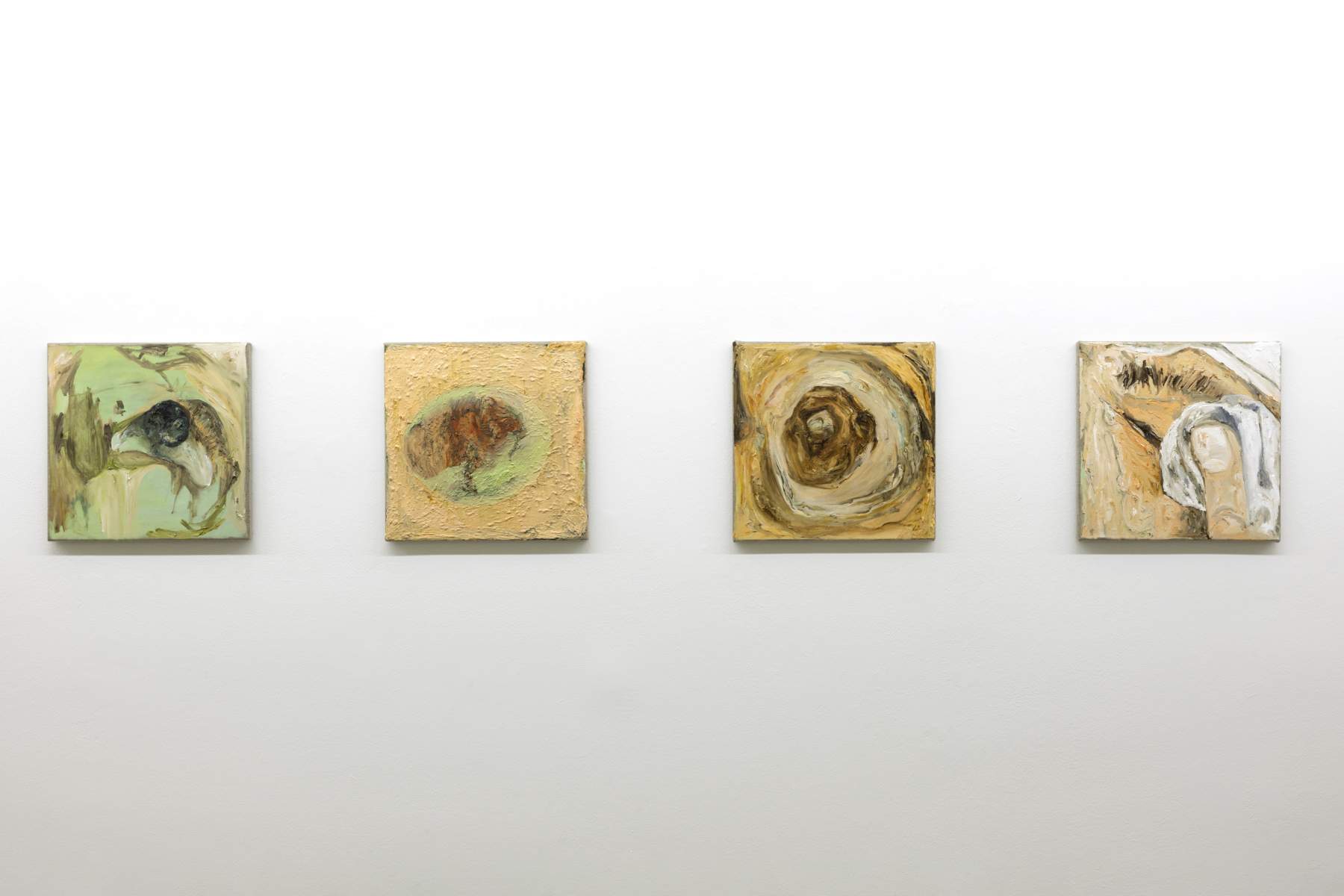

Vera Palme, DIY, 2023, installation view Kunstverein Freiburg
Photo: Gina Folly, © Biennale für Freiburg 2
Phung-Tien Phan
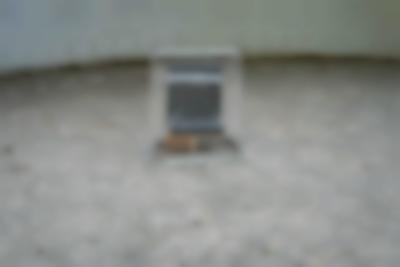
Phung-Tien Phan

Phung-Tien Phan, MODEL 2 (MAYBE FAKE IS WHAT I LIKE), 2023
Photo: Sévérine Kpoti, © Biennale für Freiburg 2
In her works, Phung-Tien Phan (1983, Essen) combines aesthetics of private domesticity with questions surrounding the relationship between inner desires and external self-representation. In a space between the intimate and the staged, Phan produces objects and scenes in the form of small stages, displays, vitrines, and films. At the center of this is a reflection on the roles we take on every day, which solidify over time into a biography, as well as the ways they are mediated through particular objects we use and consume.
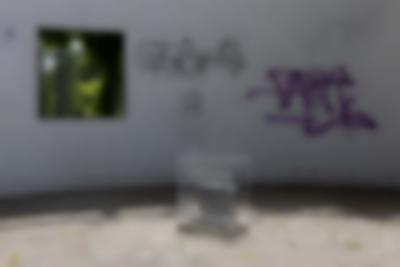
Phung-Tien Phan, MODEL 2 (MAYBE FAKE IS WHAT I LIKE), 2023
Photo: Gina Folly, © Biennale für Freiburg 2
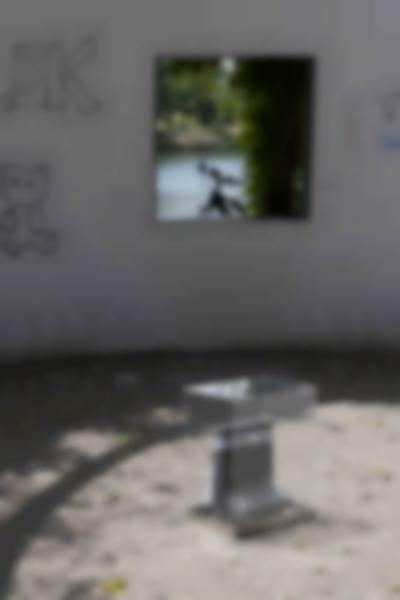
Phung-Tien Phan, MODEL 2 (MAYBE FAKE IS WHAT I LIKE), 2023
Photo: Gina Folly, © Biennale für Freiburg 2
Phan studied at Folkwang Universität der Künste in Essen and Kunstakademie Düsseldorf. Her work has been presented in solo and group exhibitions at the following institutions, among others: Édouard Montassut, Paris (2023, solo), CAPC Musée d’art contemporain de Bordeaux, FR (2022), Bundeskunsthalle Bonn (2022), Schiefe Zähne, Berlin (2021, solo), Kunsthaus Glarus, CH (2021), Arcadia Missa, London, UK (2021) and Kunstverein Harburger Bahnhof (2020, solo). She received the Peter Mertes Scholarship in 2015 and the Marianne Ingenwerth Scholarship in 2012.
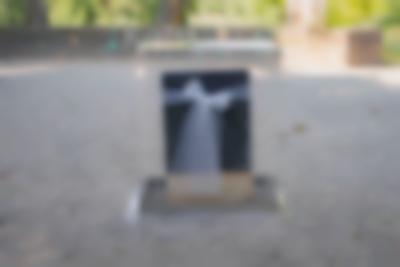
Phung-Tien Phan, MODEL 2 (MAYBE FAKE IS WHAT I LIKE), 2023
Photo: Sévérine Kpoti, © Biennale für Freiburg 2
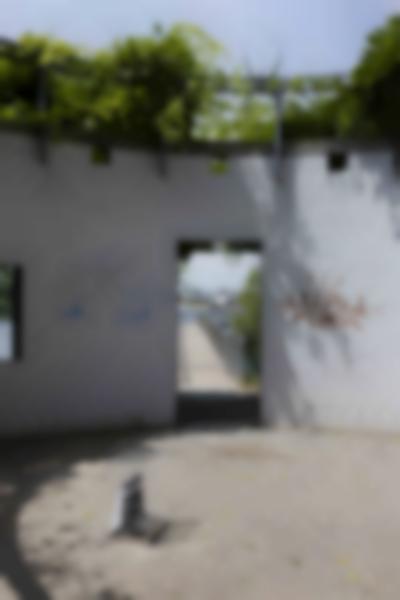
Phung-Tien Phan, MODEL 2 (MAYBE FAKE IS WHAT I LIKE), 2023, installation view Peninsula, Seepark
Photo: Gina Folly © Biennale für Freiburg 2
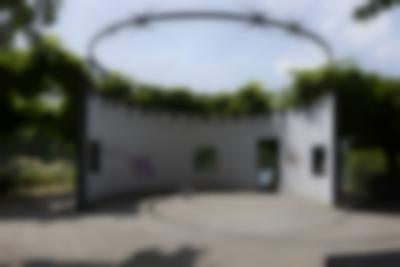
Phung-Tien Phan, MODEL 2 (MAYBE FAKE IS WHAT I LIKE), 2023, installation view Peninsula, Seepark
Photo: Gina Folly, © Biennale für Freiburg 2
The work MODEL 2 (MAYBE FAKE IS WHAT I LIKE) (2023) by Phung-Tien Phan was on view at Seepark (Peninsula), together with a work by Rebecca Grundmann.
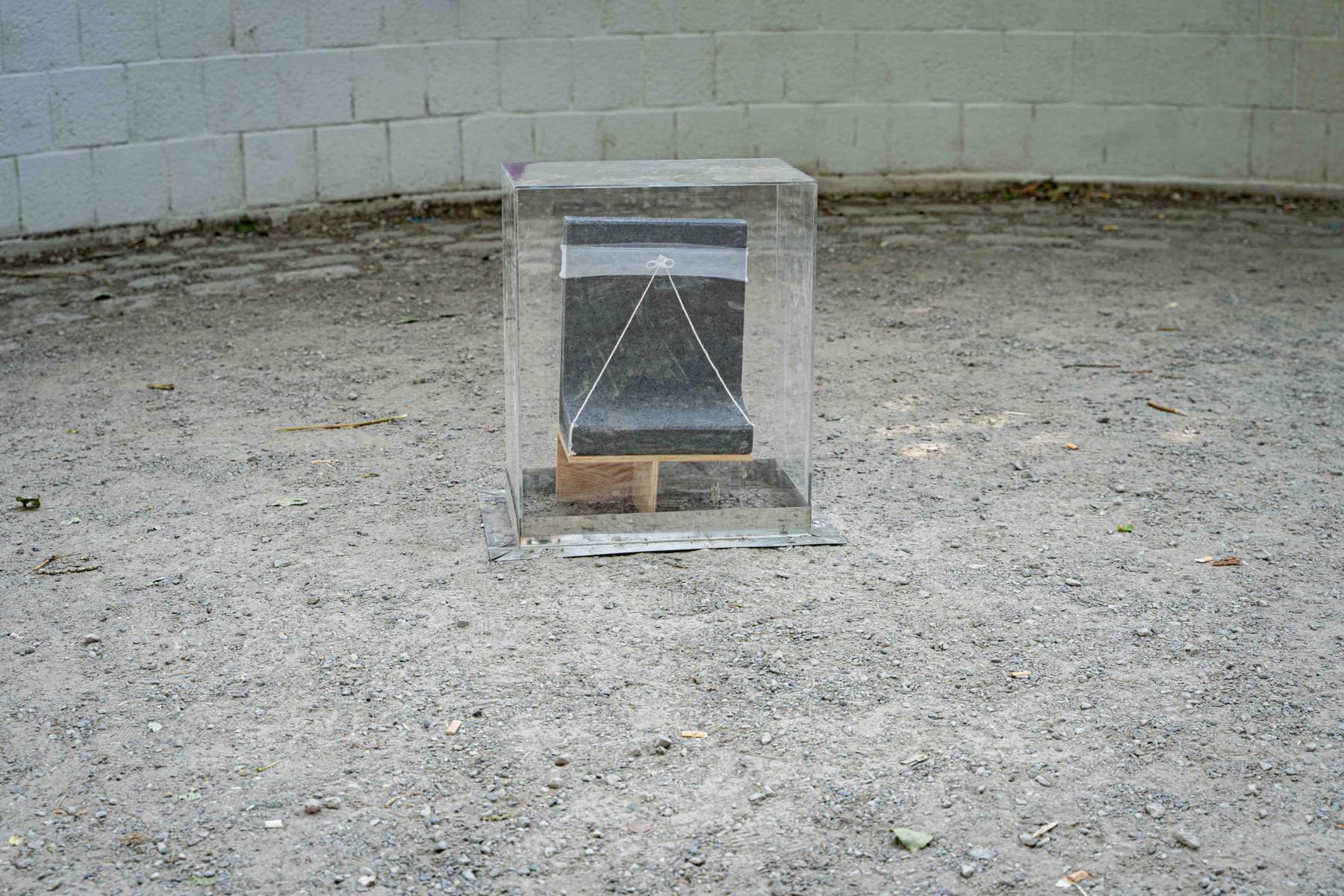

Phung-Tien Phan, MODEL 2 (MAYBE FAKE IS WHAT I LIKE), 2023
Photo: Sévérine Kpoti, © Biennale für Freiburg 2
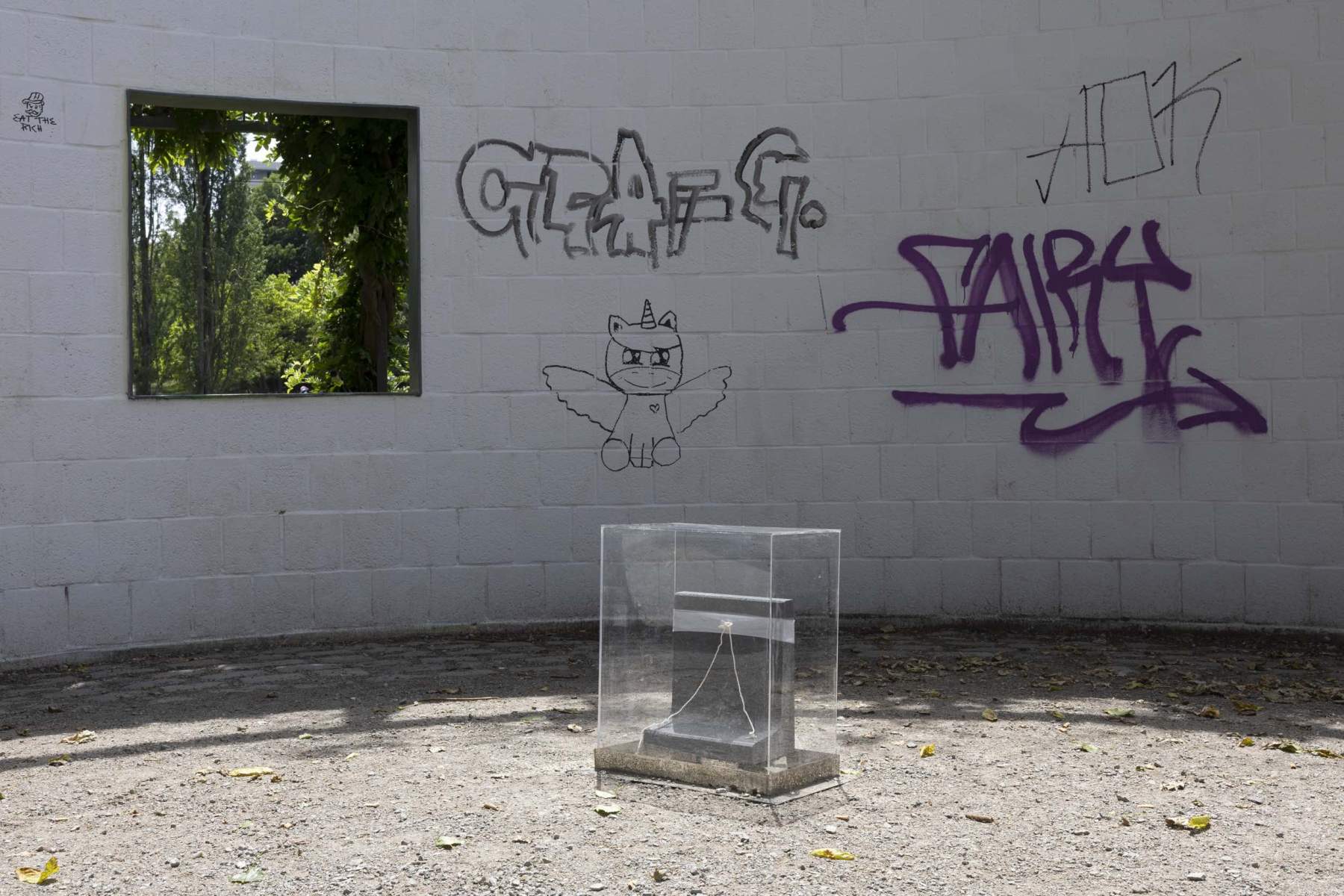

Phung-Tien Phan, MODEL 2 (MAYBE FAKE IS WHAT I LIKE), 2023
Photo: Gina Folly, © Biennale für Freiburg 2
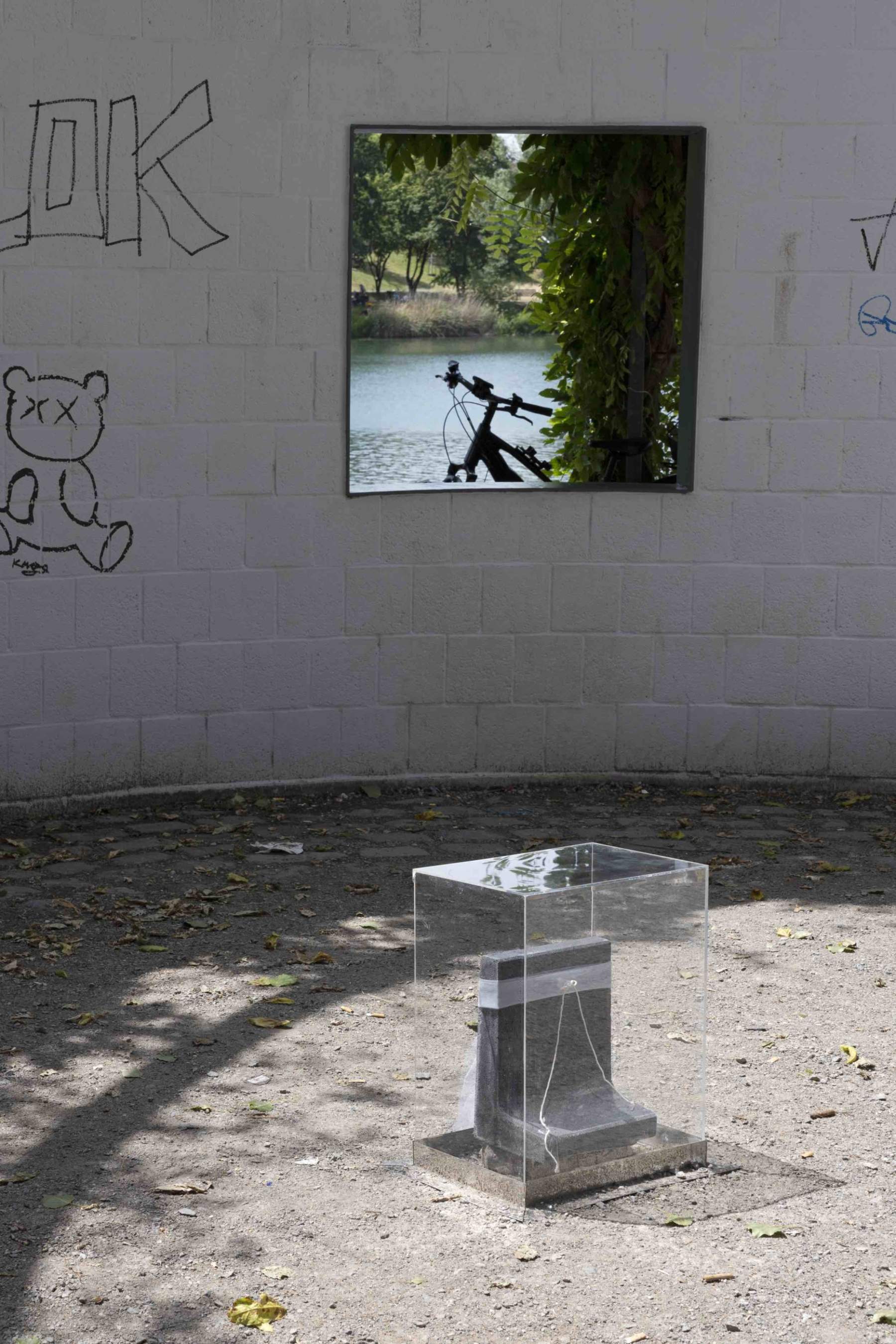

Phung-Tien Phan, MODEL 2 (MAYBE FAKE IS WHAT I LIKE), 2023
Photo: Gina Folly, © Biennale für Freiburg 2
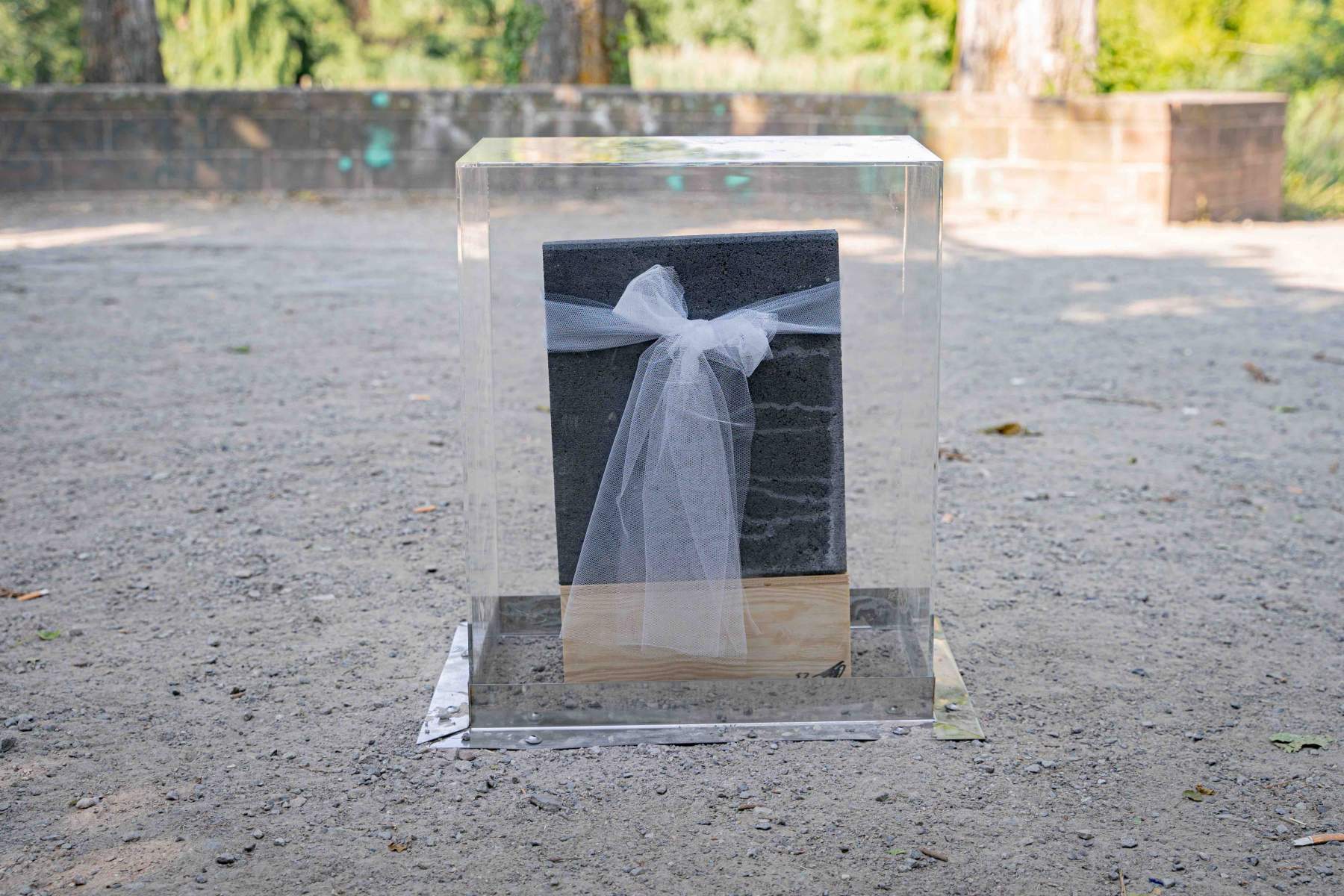

Phung-Tien Phan, MODEL 2 (MAYBE FAKE IS WHAT I LIKE), 2023
Photo: Sévérine Kpoti, © Biennale für Freiburg 2
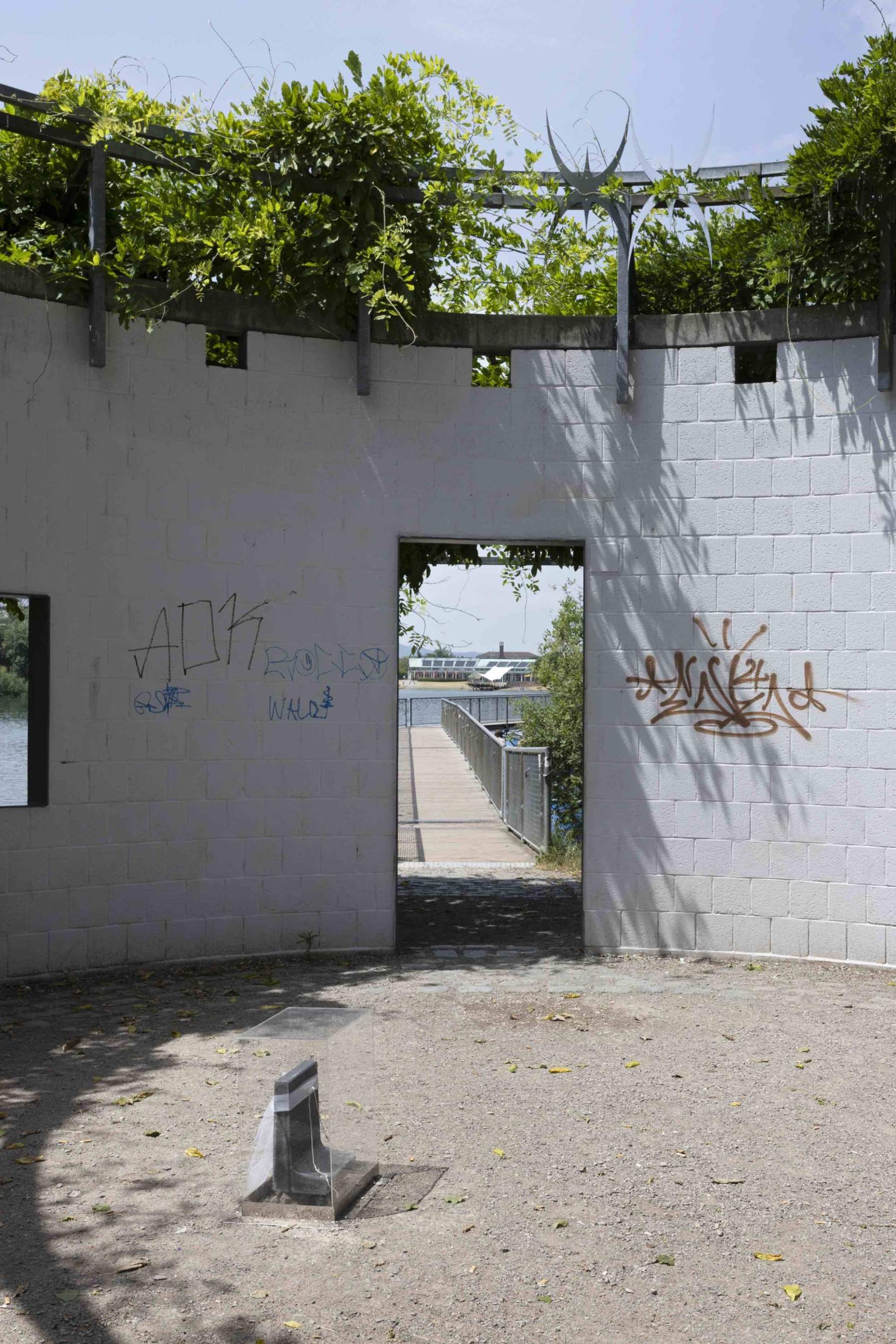

Phung-Tien Phan, MODEL 2 (MAYBE FAKE IS WHAT I LIKE), 2023, installation view Peninsula, Seepark
Photo: Gina Folly © Biennale für Freiburg 2
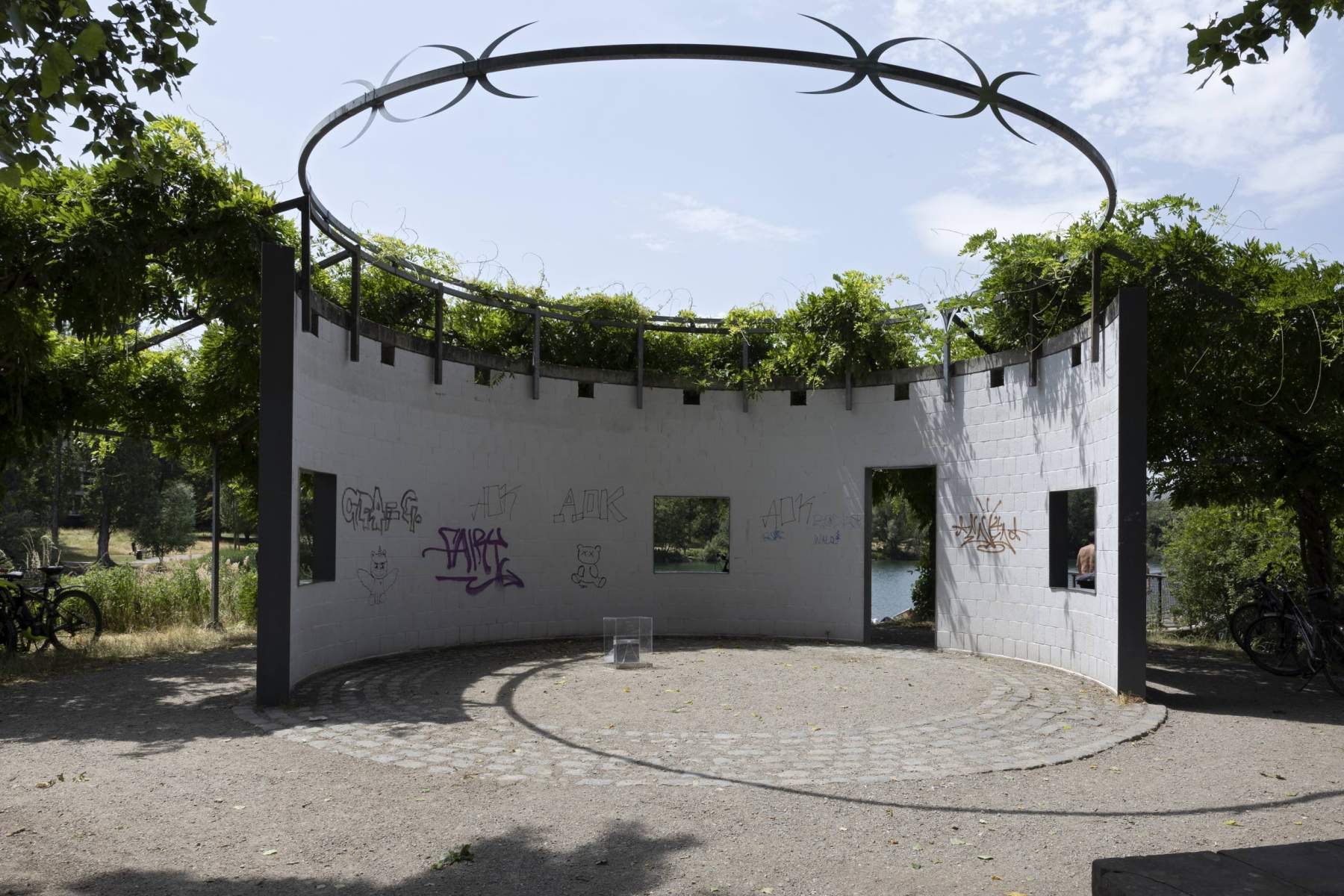

Phung-Tien Phan, MODEL 2 (MAYBE FAKE IS WHAT I LIKE), 2023, installation view Peninsula, Seepark
Photo: Gina Folly, © Biennale für Freiburg 2
R.E.P.
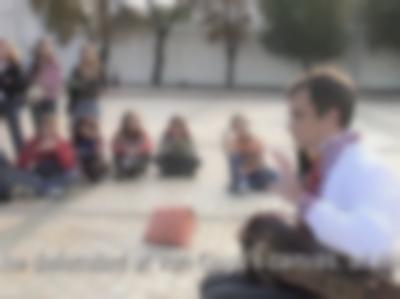
R.E.P.

R.E.P., video still, LIRNYK, 2006, courtesy the artists
R.E.P. (The Revolutionary Experimental Space) was founded in 2004 during the “Orange Revolution” in Ukraine. The members of the collective are Ksenia Hnylytska, Nikita Kadan, Zhanna Kadyrova, Lesia Khomenko, Volodymyr Kuznetsov, and Lada Nakonechna. Up until 2012, R.E.P. carried out various interventions in public spaces aimed at questioning the customs and laws of coexistence. In doing so, R.E.P. appropriated forms of expression and interaction in public space—such as protest actions, busking, or selling goods—and filled them with self-referential, often ironic content.
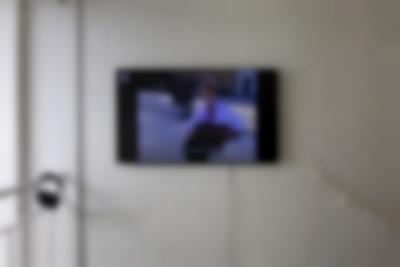
R.E.P., LIRNYK, 2006, installation view Kunstverein Freiburg
Photo: Gina Folly, © Biennale für Freiburg 2
The R.E.P. collective’s works and projects have been shown in several international institutions and exhibitions, including: Université de Bretagne Occidentale, Brest, FR (2018), Studio Gallery, Palace of Culture and Science, Warsaw, PL (2016), Museum of Contemporary Art Kiasma, Finnish National Gallery, Helsinki, FI (2015), ZKM | Zentrum für Kunst und Medien, Karlsruhe (2013), Castello di Rivoli Museo d’Arte Contemporanea, Turin, IT (2013), ARSENALE, The First Kyiv Biennial of Contemporary Art, UA (2012), the 54th Biennale di Venezia, IT (2011), the 3rd Moscow Biennial, RU (2009), Kunsthalle Wien, AT (2006) and the Ukrainian Institute of Modern Art, Chicago, US (2005). In 2005 R.E.P. received an artist residency at the Centre for Contemporary Art at Kyiv-Mohyla Academy, UA, as well as in 2008 as part of the LIA—Leipzig International Art Programme.
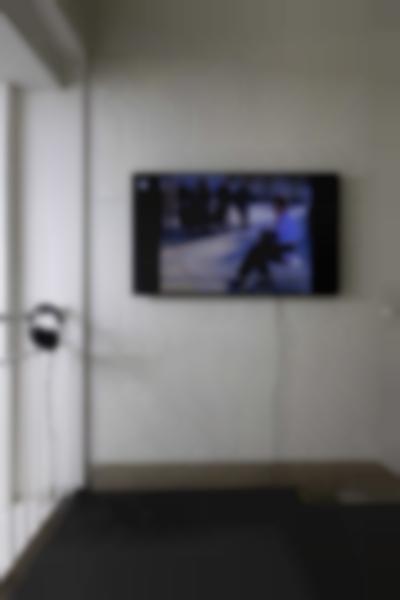
R.E.P., LIRNYK, 2006, installation view Kunstverein Freiburg
Photo: Gina Folly, © Biennale für Freiburg 2
LIRYNK (2006) by R.E.P. was exhibited at Kunstverein Freiburg, stairway.
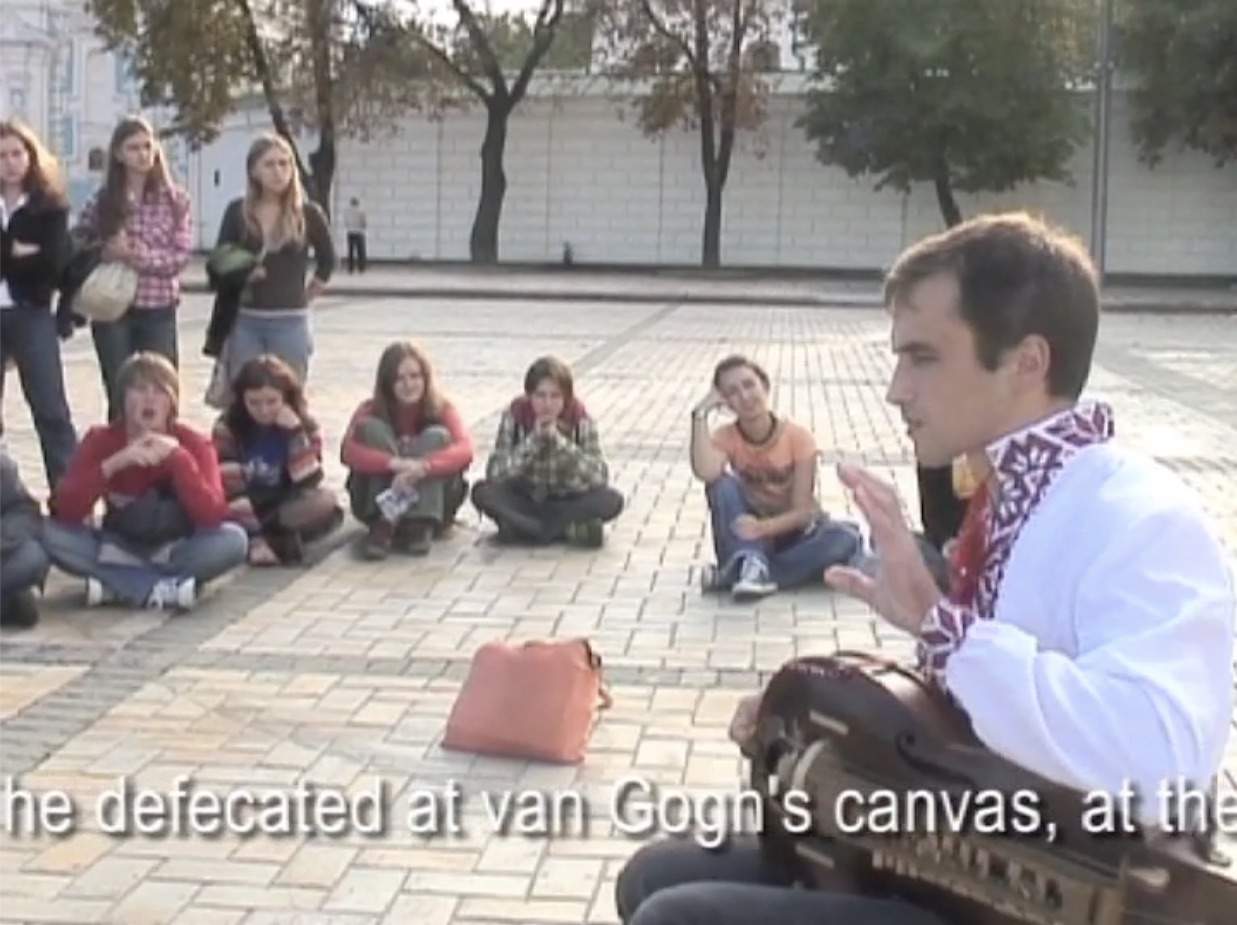

R.E.P., video still, LIRNYK, 2006, courtesy the artists
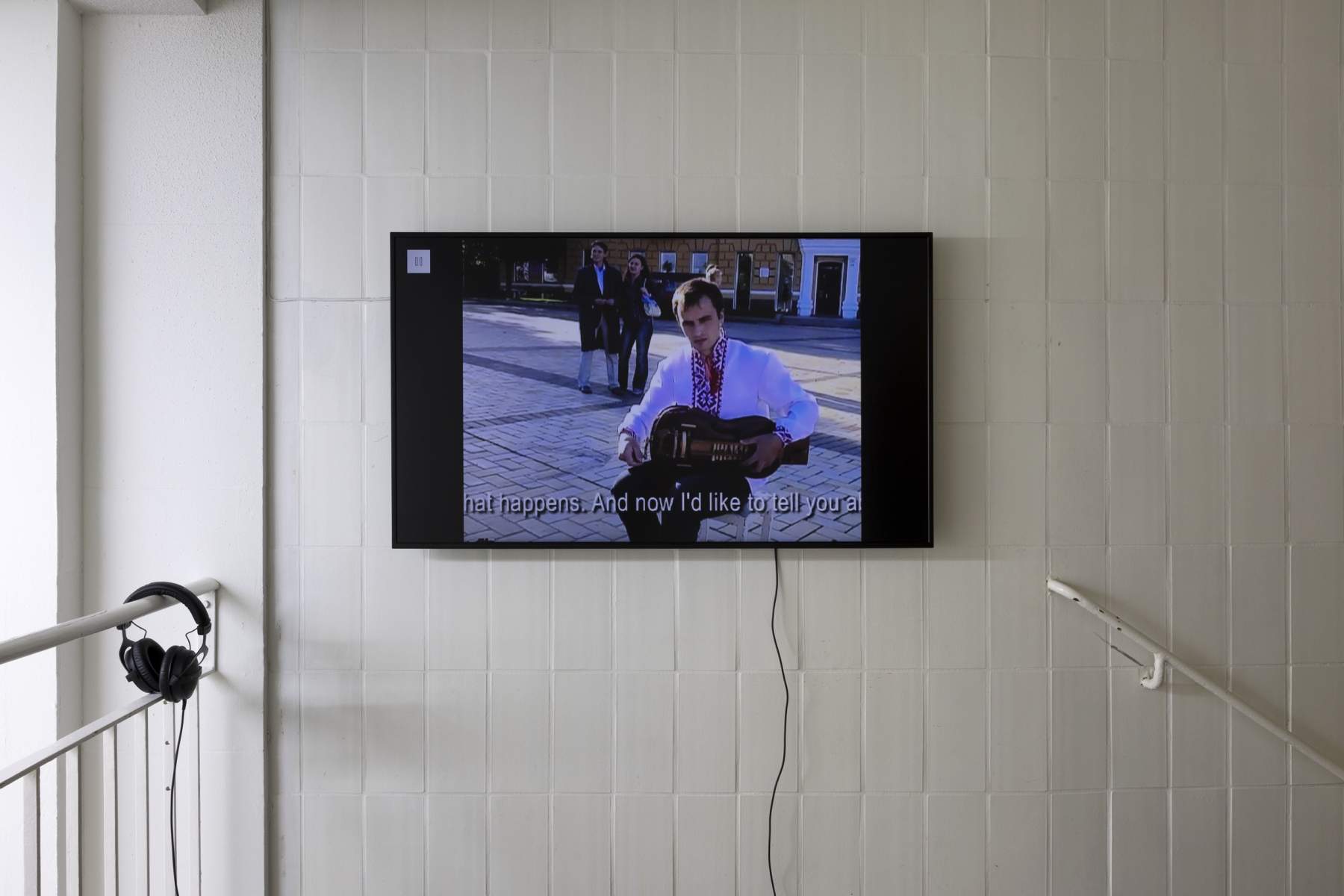

R.E.P., LIRNYK, 2006, installation view Kunstverein Freiburg
Photo: Gina Folly, © Biennale für Freiburg 2
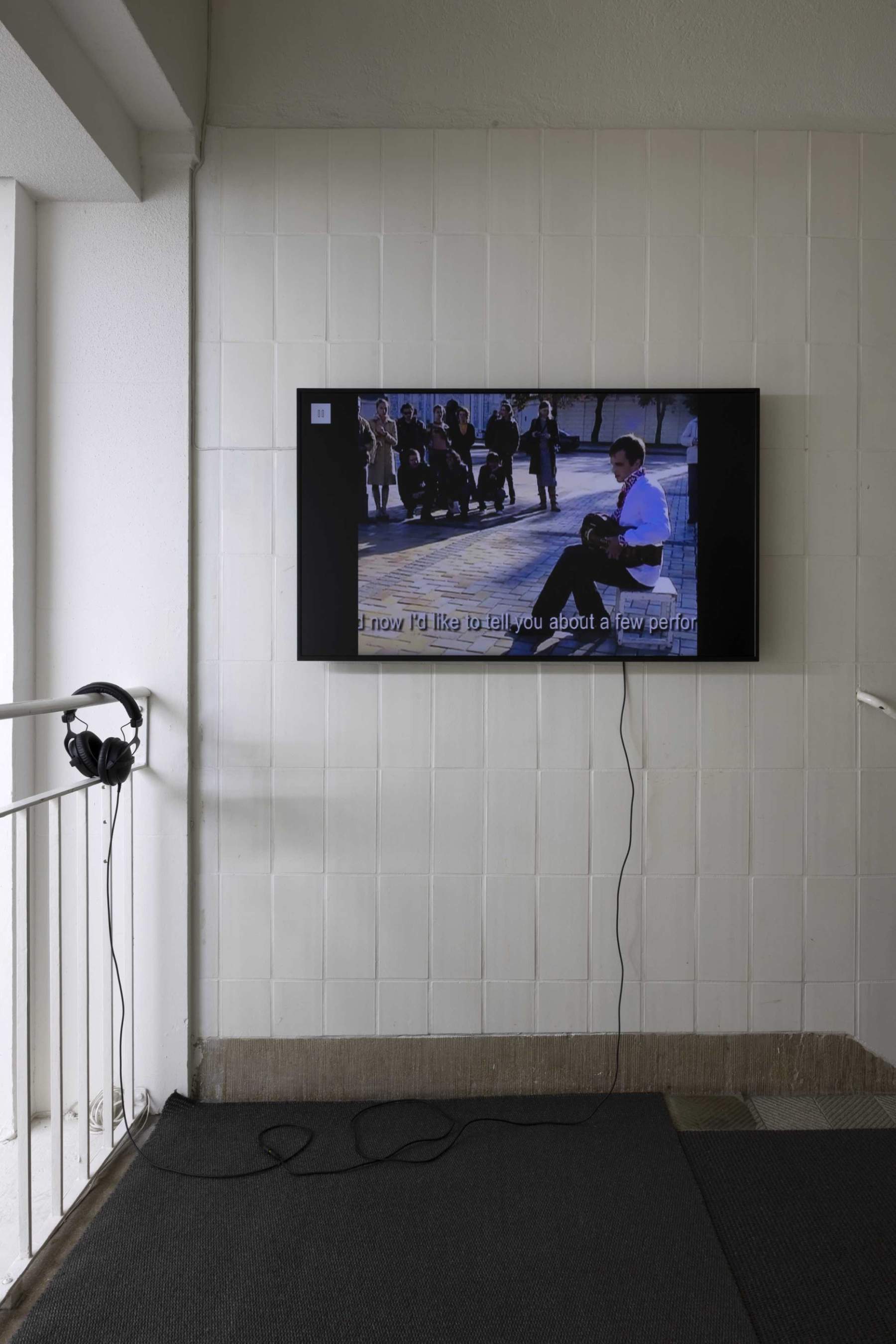

R.E.P., LIRNYK, 2006, installation view Kunstverein Freiburg
Photo: Gina Folly, © Biennale für Freiburg 2
Lotty Rosenfeld
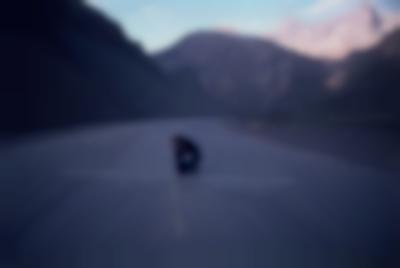
Lotty Rosenfeld

Lotty Rosenfeld, video still, UNA MILLA DE CRUCES SOBRE EL PAVIMENTO, 1979, © Fundación Lotty Rosenfeld
Lotty Rosenfeld (1943–2020, Santiago de Chile, CL) was a Chilean artist and pioneer of socially engaged art practices. In her work, Rosenfeld challenged public perceptions of symbols and social realities. Together with the artist Juan Castillo, sociologist Fernando Balcells, writer Diamela Eltit, and the poet Raúl Zurita, Rosenfeld founded the interdisciplinary political-artistic collective CADA (Colectivo de Acciones de Arte) in 1979, as a means to oppose the totalitarian regime in Chile. In Chile and elsewhere, CADA carried out actions in public spaces that involved the civilian population as well as activists and politicians, and that encouraged criticism of existing power structures and political injustices. The slogan ‘NO+,’ conceived by the collective, became established as a symbol of resistance during the Pinochet dictatorship and is still used today.
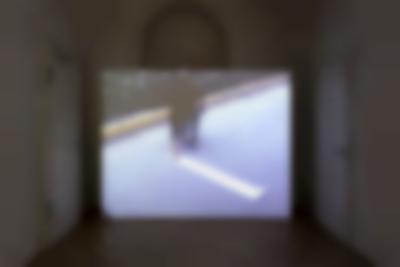
Lotty Rosenfeld, UNA MILLA CRUCES SOBRE EL PAVIMENTO, 1979, installation view Kommunales Kino
Photo: Gina Folly, © Biennale für Freiburg 2
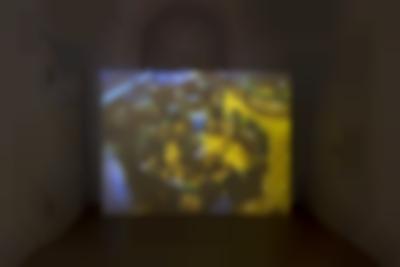
Lotty Rosenfeld, UNA HERIDA AMERICANA, 1982, installation view Kommunales Kino
Photo: Gina Folly, © Biennale für Freiburg 2
Rosenfeld studied at the Escuela de Artes Aplicadas, Universidad de Chile, CL from 1967 to 1969, specializing in printmaking. She exhibited at major museums including the Museum of Modern Art (MoMA), New York, the Hammer Museum, Los Angeles, and the Brooklyn Museum, New York (all US). Her work was featured at the Chilean Pavilion at the 56th Biennale die Venezia, IT (2015) and at documenta 12 in Kassel (2007). She received the Premio Altazor de las Artes Nacionales (2003), the Paoa Prize at the Viña del Mar International Film Festival, CL (2001), and the Premio a la Trayectoria Artística from the Círculo de Críticos de Arte de Chile (1995). Her works can be found in the Museo de Arte Contemporáneo, Santiago de Chile, CL, Museo Nacional Centro de Arte Reina Sofía, Madrid, ES, Tate Modern, London, UK and MoMA, New York, US.
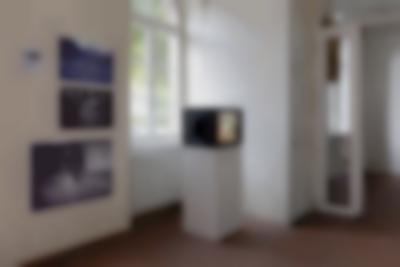
Lotty Rosenfeld / CADA, installation view Kommunales Kino
Photo: Gina Folly, © Biennale für Freiburg 2
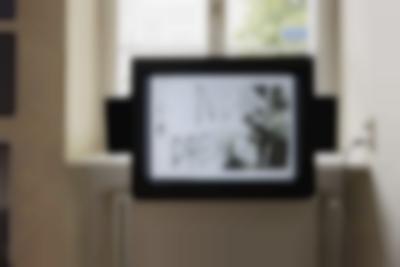
CADA, VIDEO-ACCIÓN: SOBRE ARTE Y POLITICA / NO+, ca. 1983
Photo: Gina Folly, © Biennale für Freiburg 2
Multiple video works and photographs by Lotty Rosenfeld were on view at Kommunales Kino.
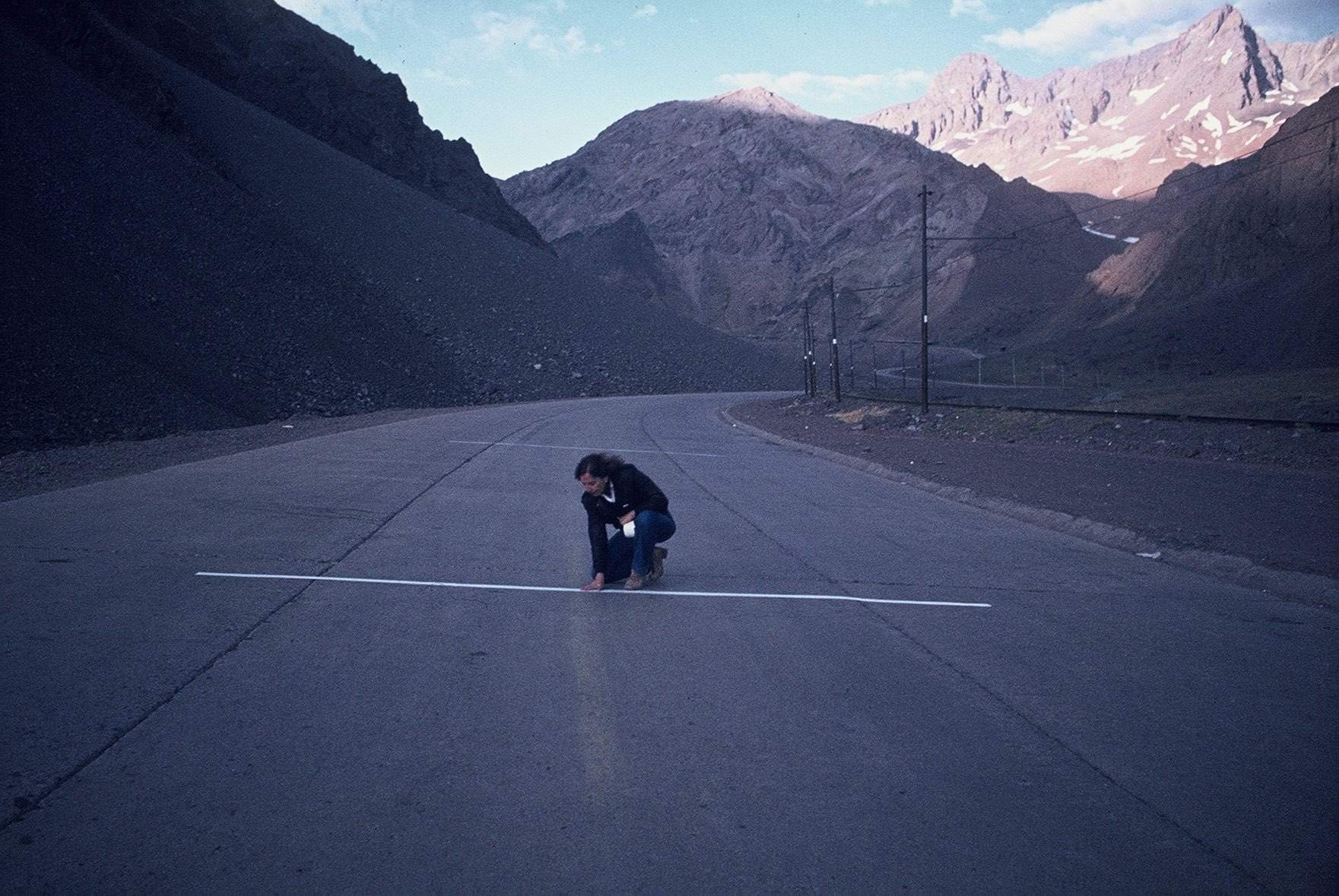

Lotty Rosenfeld, video still, UNA MILLA DE CRUCES SOBRE EL PAVIMENTO, 1979, © Fundación Lotty Rosenfeld
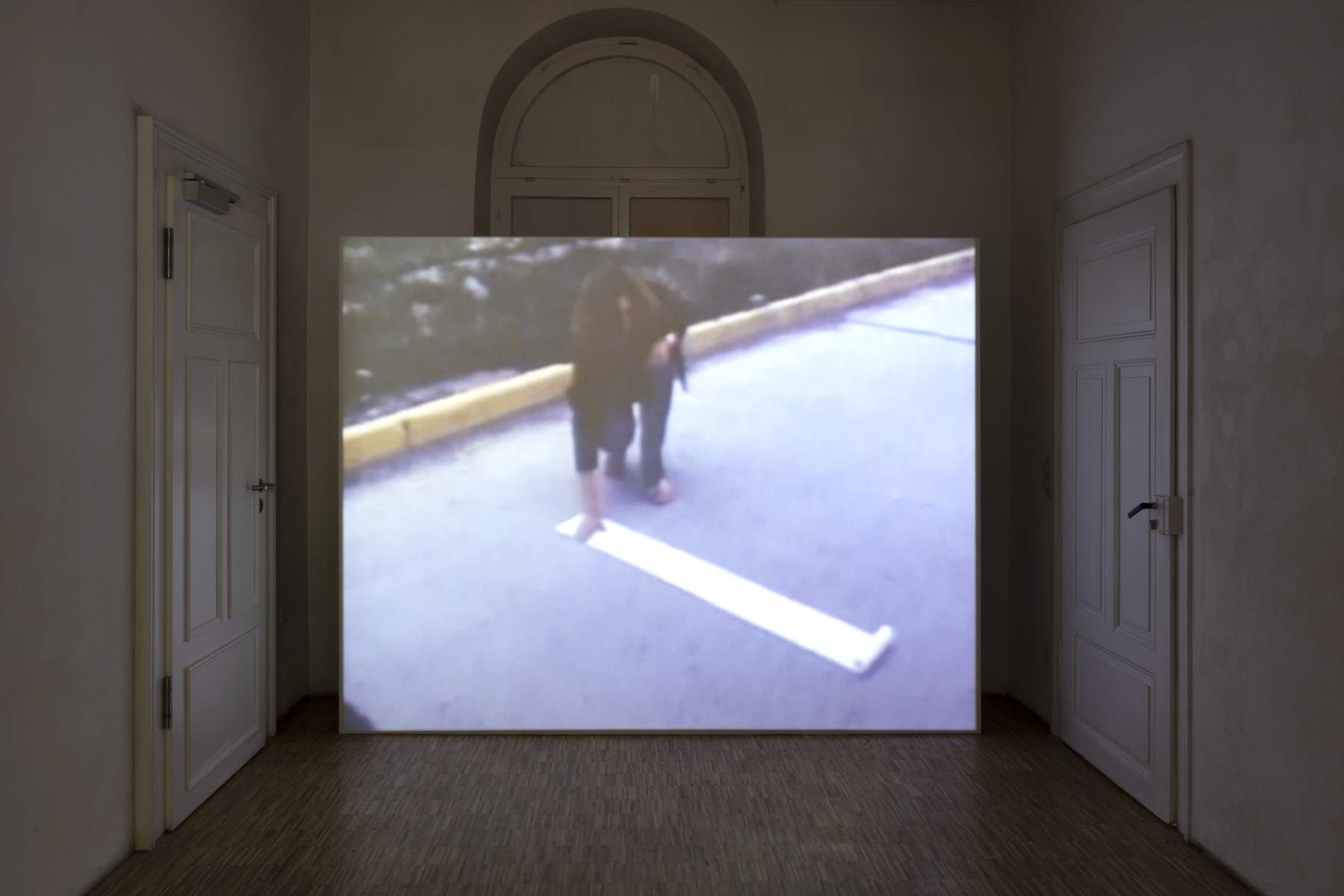

Lotty Rosenfeld, UNA MILLA CRUCES SOBRE EL PAVIMENTO, 1979, installation view Kommunales Kino
Photo: Gina Folly, © Biennale für Freiburg 2
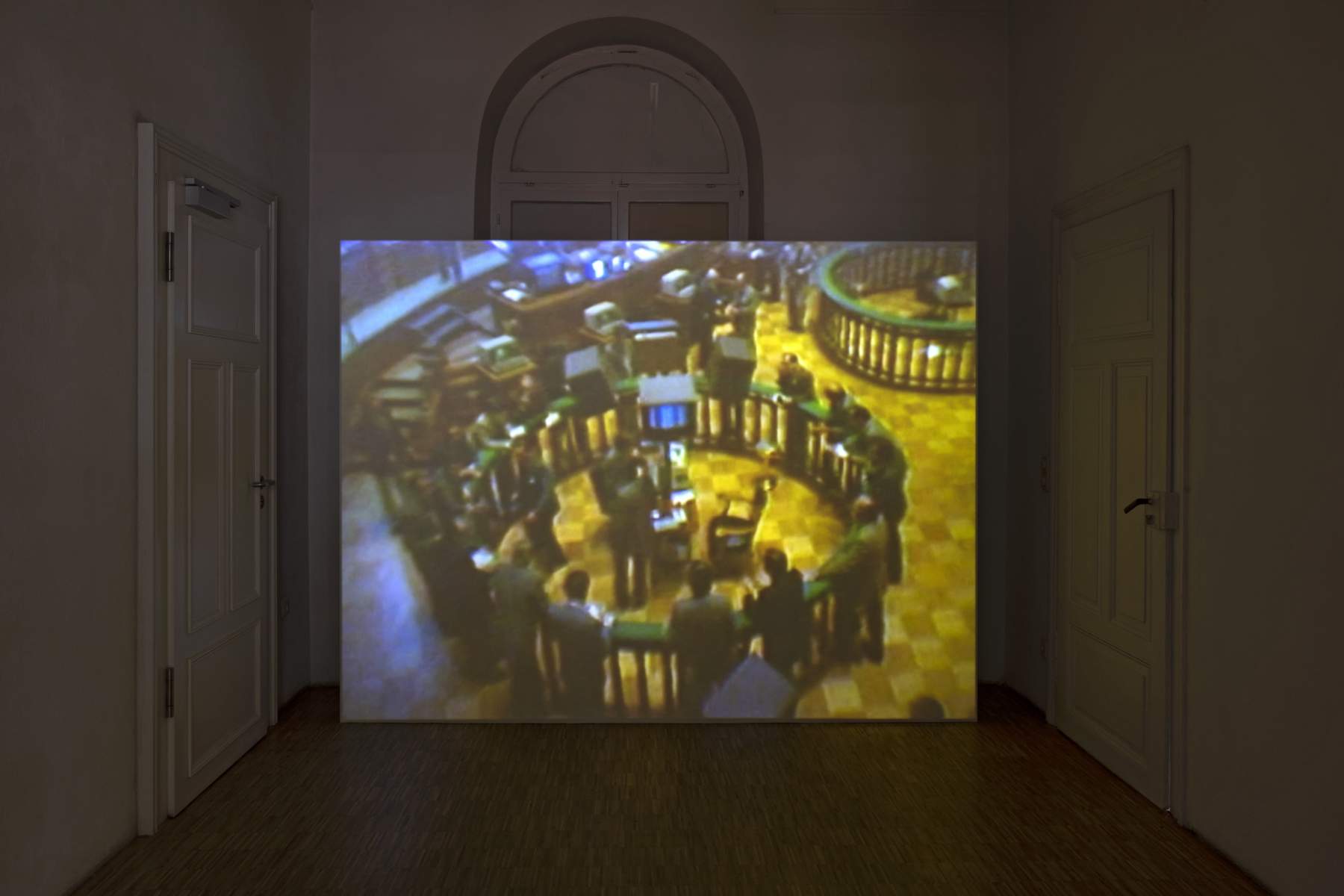

Lotty Rosenfeld, UNA HERIDA AMERICANA, 1982, installation view Kommunales Kino
Photo: Gina Folly, © Biennale für Freiburg 2
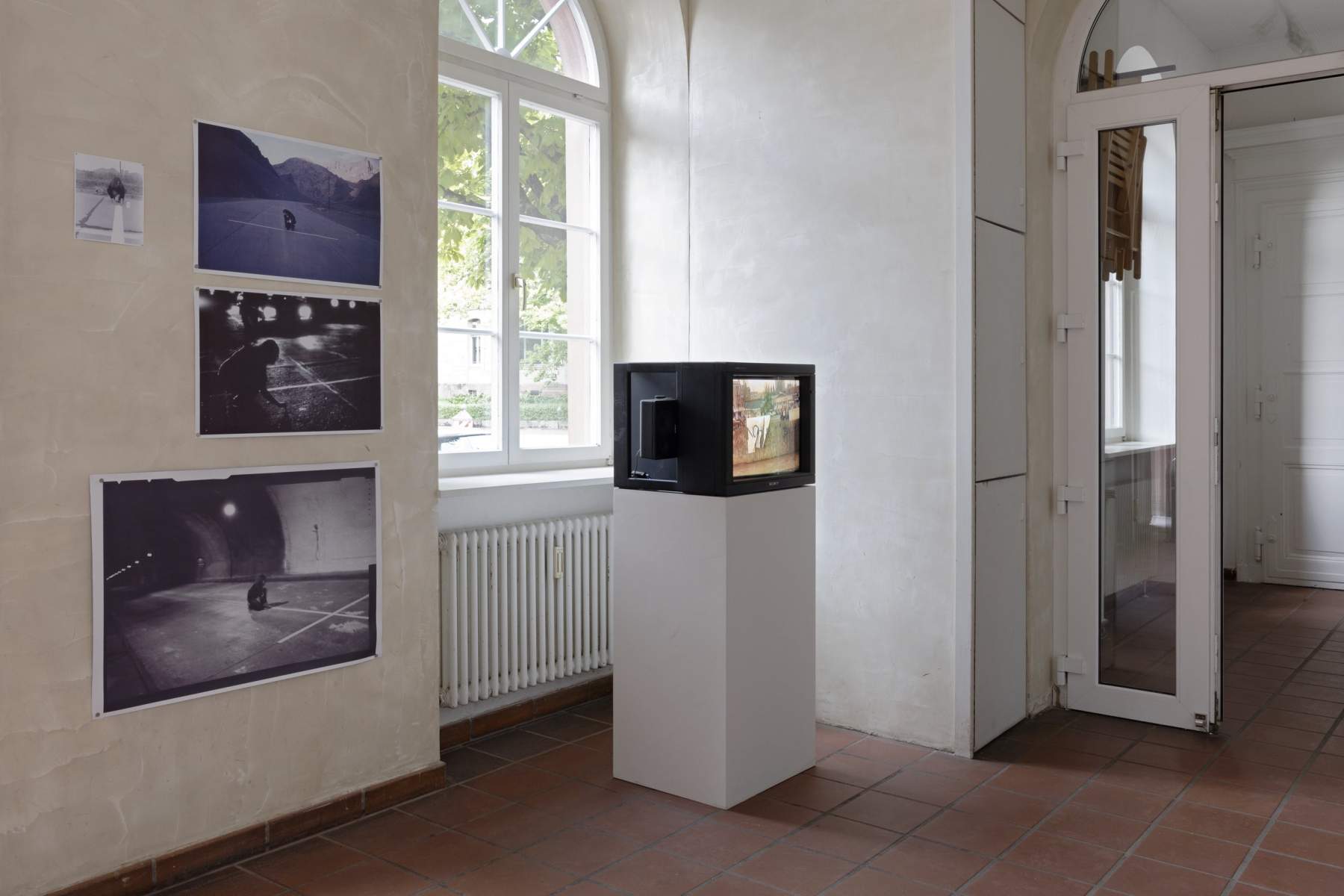

Lotty Rosenfeld / CADA, installation view Kommunales Kino
Photo: Gina Folly, © Biennale für Freiburg 2
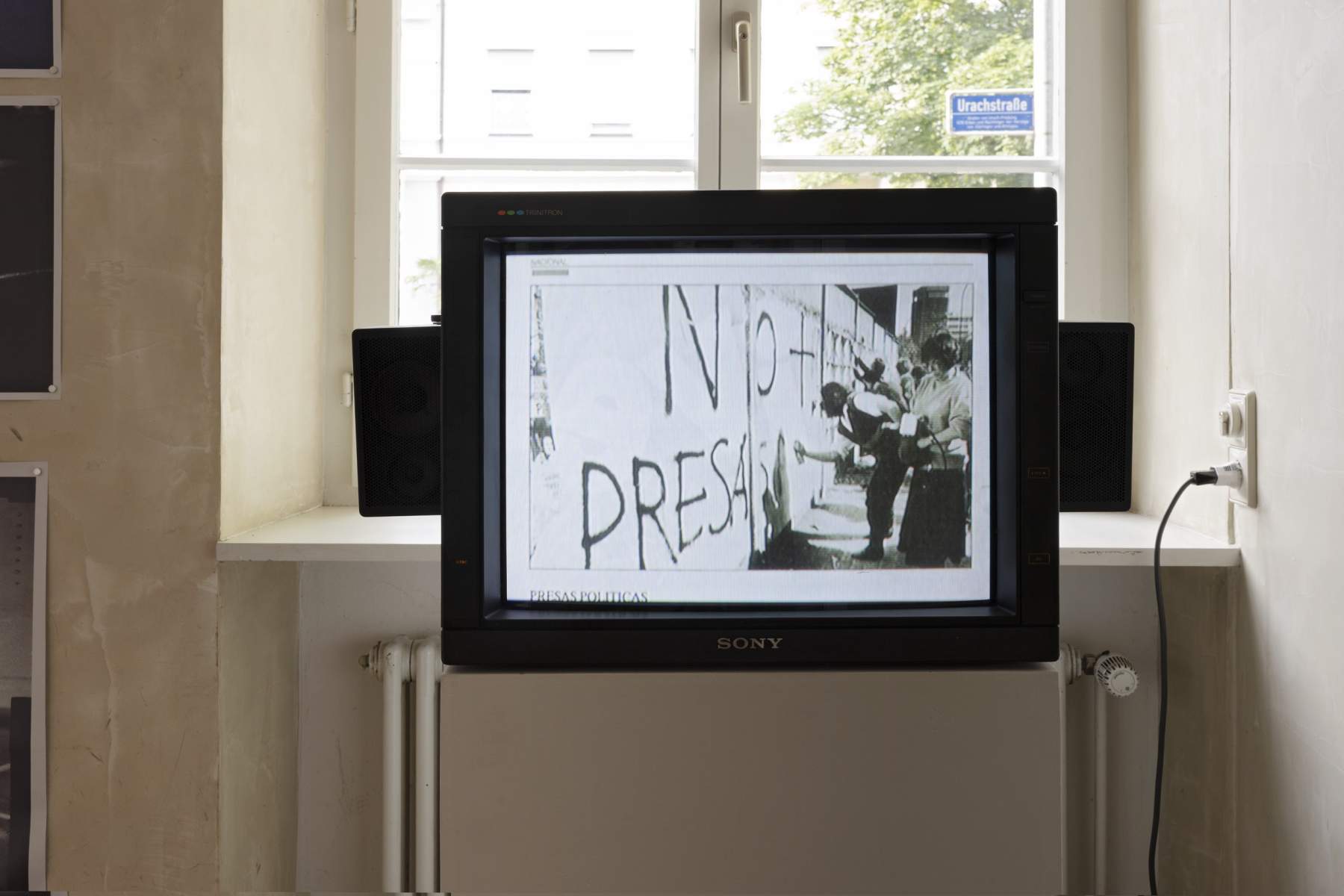

CADA, VIDEO-ACCIÓN: SOBRE ARTE Y POLITICA / NO+, ca. 1983
Photo: Gina Folly, © Biennale für Freiburg 2
Finnegan Shannon
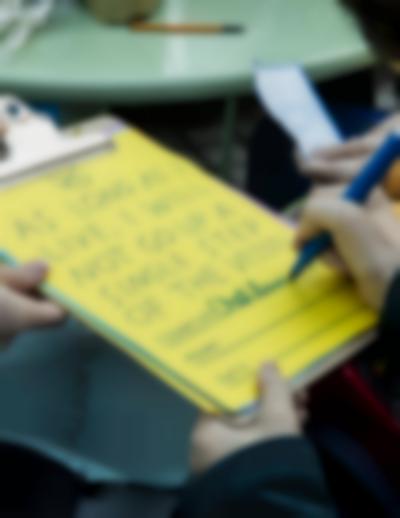
Finnegan Shannon

Finnegan Shannon, DOCUMENTATION OF ANTI-STAIRS CLUB LOUNGE AT THE VESSEL, 2020, courtesy the artist and Deborah Schamoni, Munich
Accessibility and the experiences of disabled people are central to Finnegan Shannon’s (1989, Berkeley, US) practice. Within multidisciplinary works, Finnegan Shannon uses text, architecture, and actions to call attention to inaccessibility.
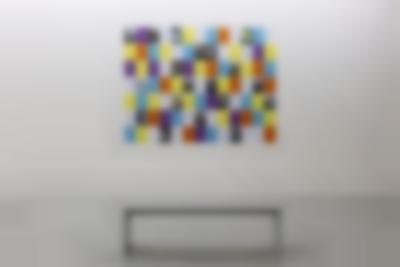
Finnegan Shannon, DOCUMENTATION OF ANTI-STAIRS CLUB LOUNGE AT THE VESSEL, 2020, installation view Kunstverein Freiburg
Photo: Gina Folly, © Biennale für Freiburg 2
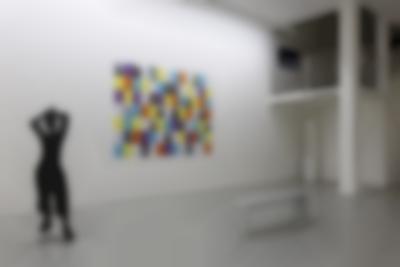
Finnegan Shannon, DOCUMENTATION OF ANTI-STAIRS CLUB LOUNGE AT THE VESSEL, 2020, installation view Kunstverein Freiburg
Foto: Gina Folly, © Biennale für Freiburg 2
After completing a Bachelor’s degree in Studio Art at Carleton College, Northfield, US in 2011, Finnegan Shannon exhibited internationally at institutions and galleries including: The Museum of Contemporary Art Cleveland, US (2023, solo), Galerie Deborah Schamoni, Munich (2022, solo), ARGOS centre for audiovisual arts, Brussels, BE (2021), Museum für Moderne Kunst, Frankfurt am Main (2021), Nook Gallery, Oakland, CA (2020, solo), the Museum of Contemporary Art Denver, US (2020), Banff Centre, Alberta, CA (2019) and High Line, New York, US (2019). Finnegan Shannon received the Wynn Newhouse Award In 2017 and undertook a residency at Eyebeam, New York, US, in 2019.
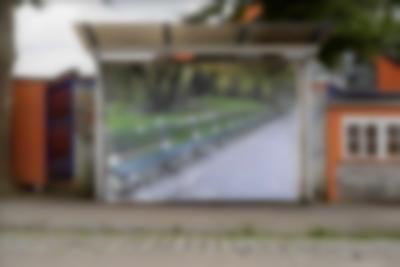
Finnegan Shannon, UNICORN, 2023, installation shot bus stop Ferdinand-Weiß-Str.
Photo: Marc Doradzillo, © Biennale für Freiburg 2
Finnegan Shannon’s DOCUMENTATION OF ANTI-STAIRS CLUB LOUNGE AT THE VESSEL (2020) was exhibited at the Kunstverein Freiburg, ground floor.
From July 21 to July 31, 2023, a billboard entitled UNICORN (2023) by Finnegan Shannon was on display at the Ferdinand-Weiß-Straße bus stop.
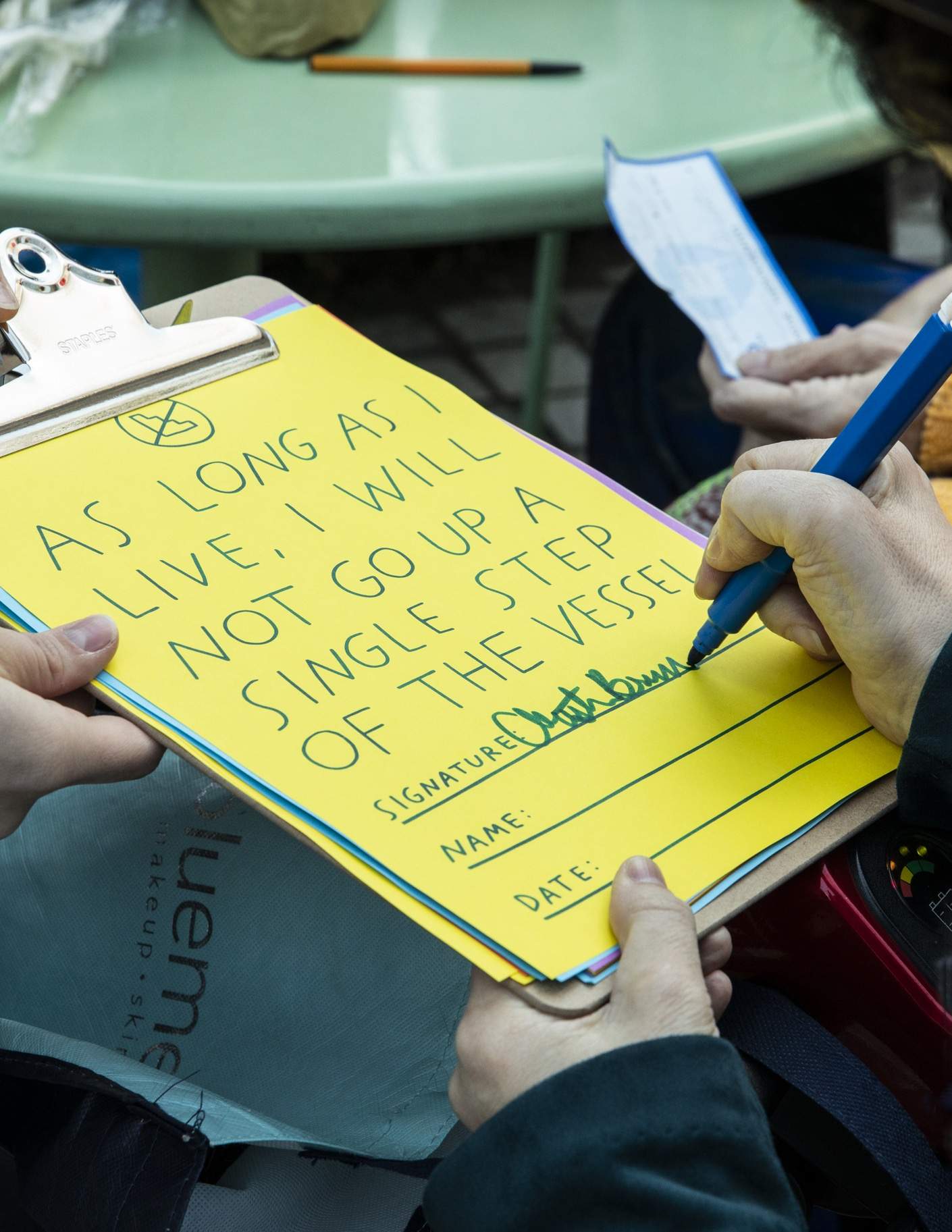

Finnegan Shannon, DOCUMENTATION OF ANTI-STAIRS CLUB LOUNGE AT THE VESSEL, 2020, courtesy the artist and Deborah Schamoni, Munich
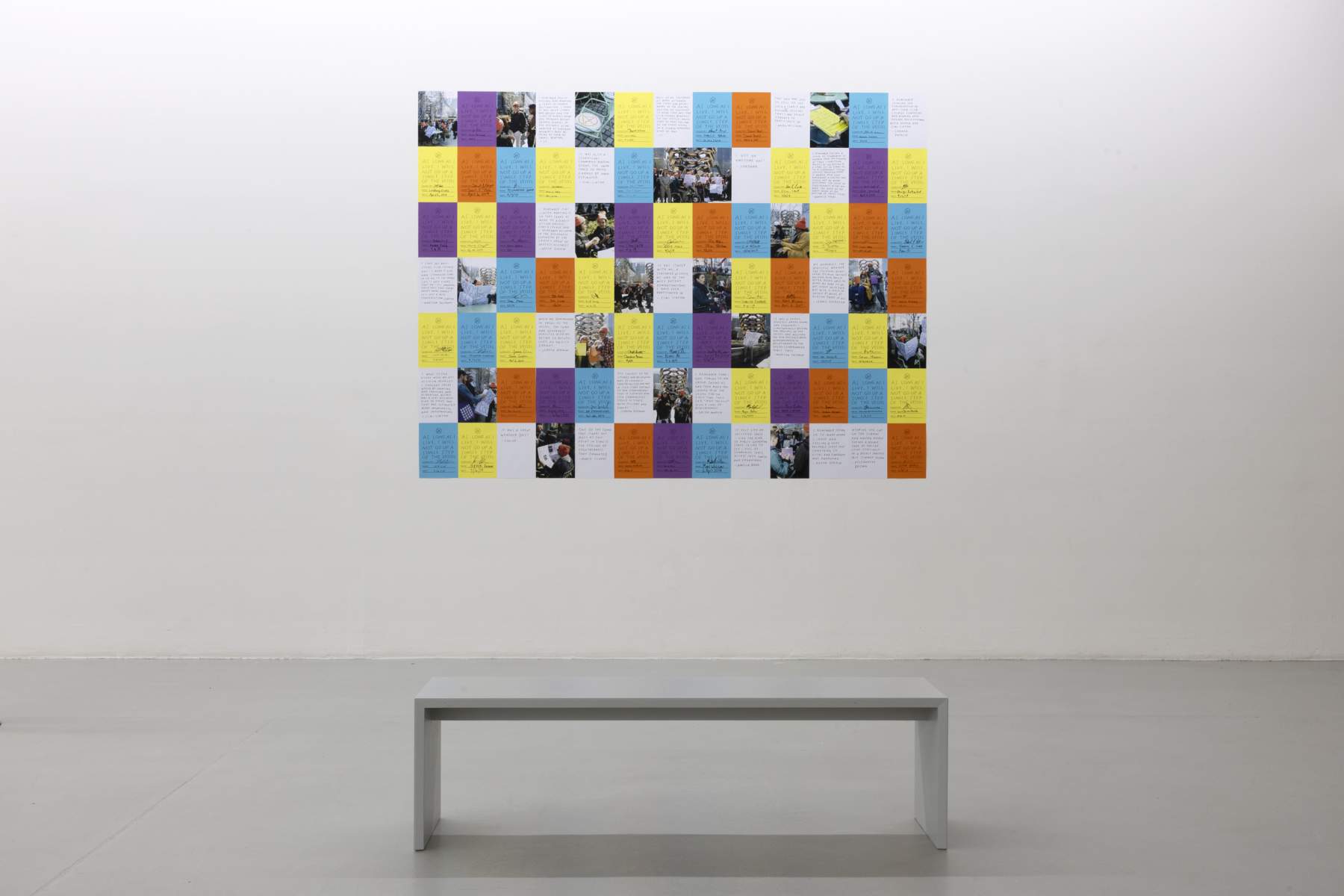

Finnegan Shannon, DOCUMENTATION OF ANTI-STAIRS CLUB LOUNGE AT THE VESSEL, 2020, installation view Kunstverein Freiburg
Photo: Gina Folly, © Biennale für Freiburg 2
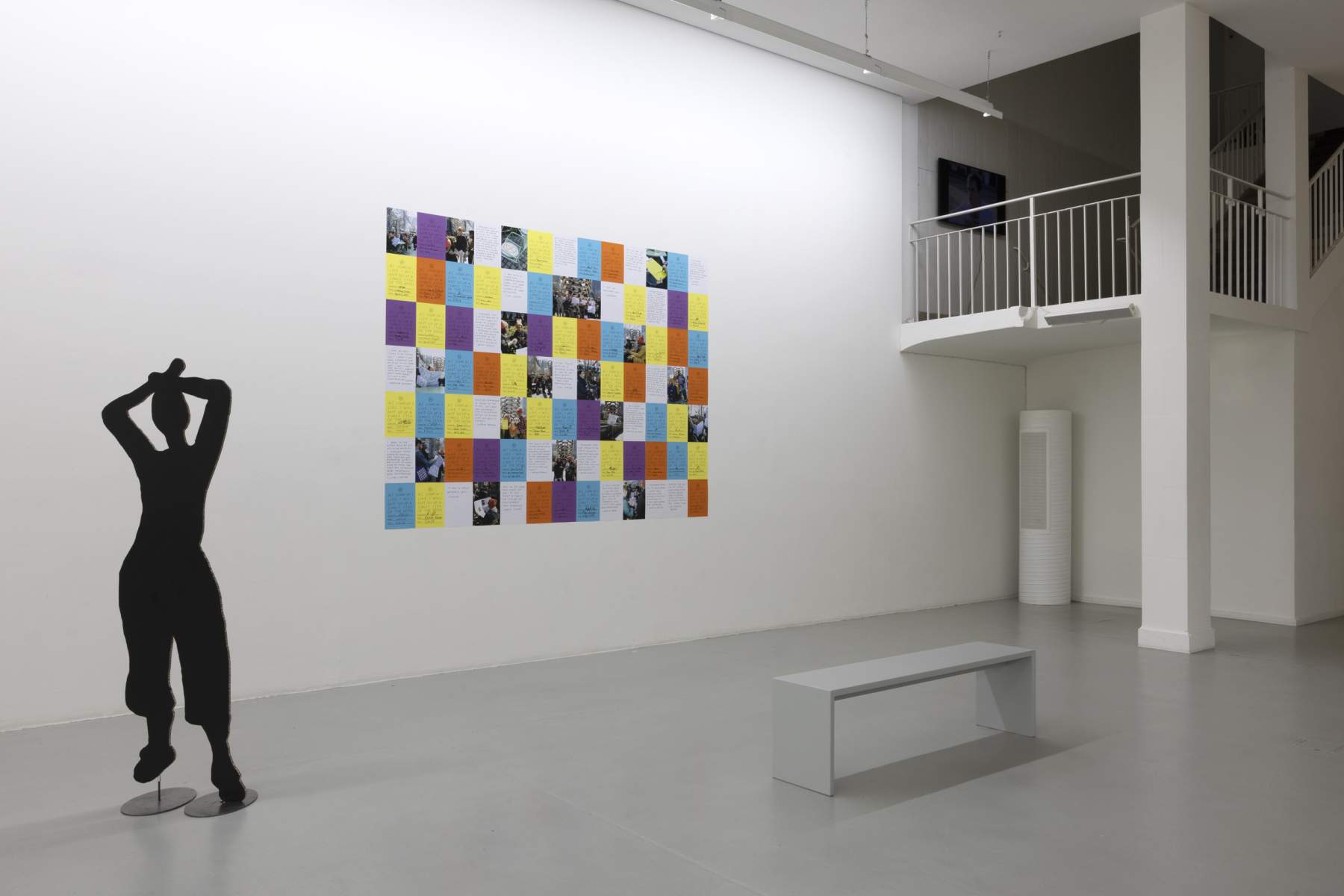

Finnegan Shannon, DOCUMENTATION OF ANTI-STAIRS CLUB LOUNGE AT THE VESSEL, 2020, installation view Kunstverein Freiburg
Foto: Gina Folly, © Biennale für Freiburg 2
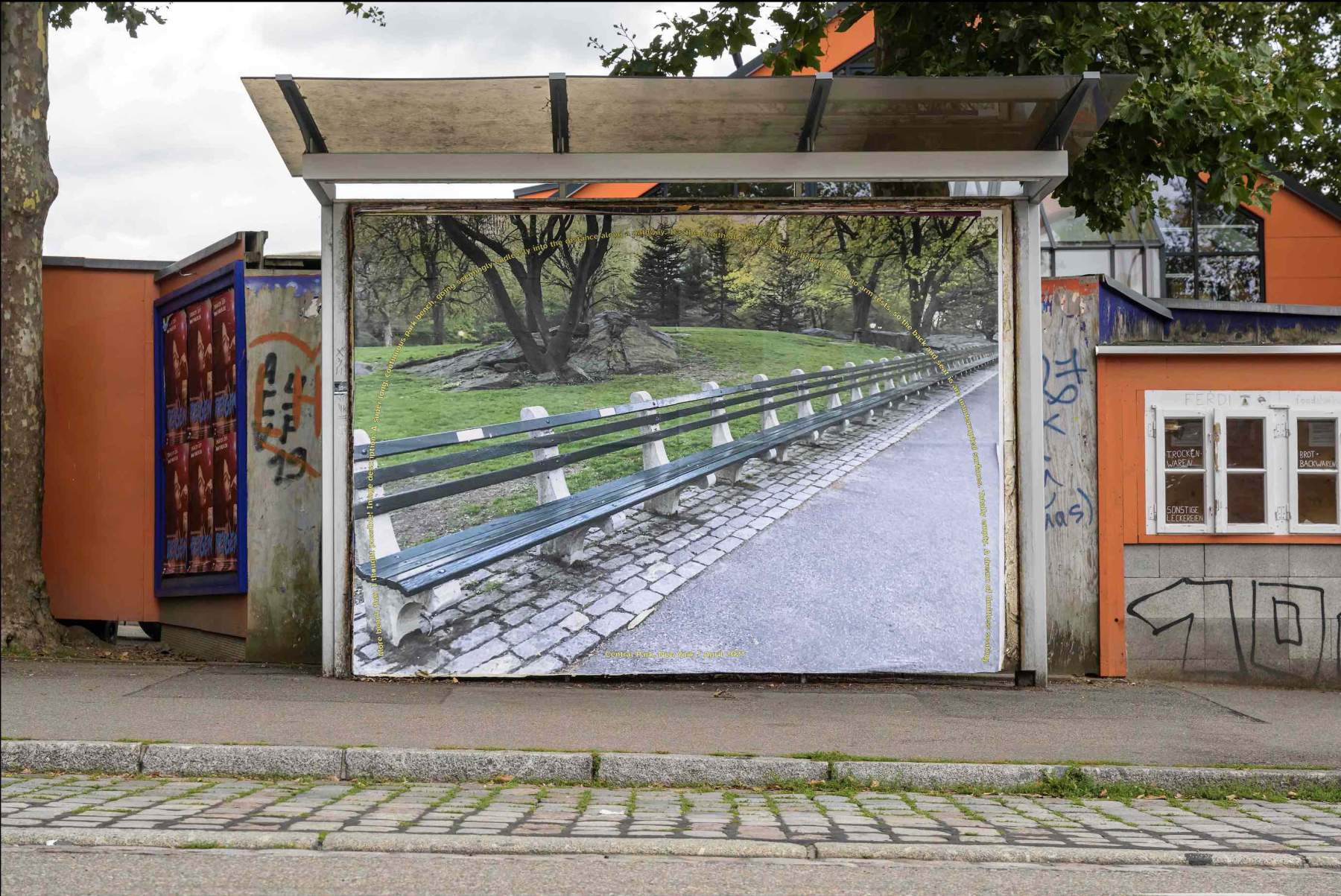

Finnegan Shannon, UNICORN, 2023, installation shot bus stop Ferdinand-Weiß-Str.
Photo: Marc Doradzillo, © Biennale für Freiburg 2
somebody*ies (Anna Byskov, Christina Krys Huber, Hannah Kindler, Stella Meris, and Nika Timashkova)
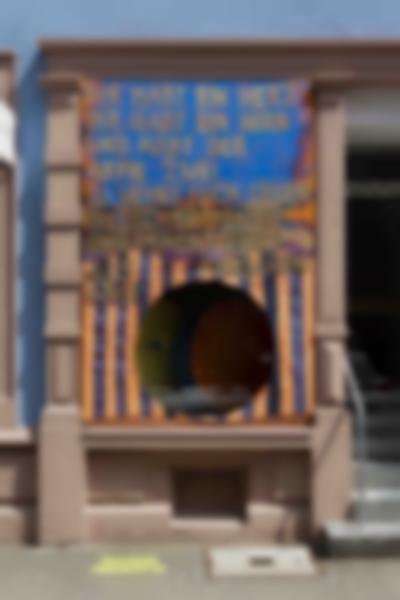
somebody*ies (Anna Byskov, Christina Krys Huber, Hannah Kindler, Stella Meris, and Nika Timashkova)

somebody*ies (Anna Byskov, Hannah Kindler), THIS IS WHAT WE CAME FOR, 2023, installation view Klarastraße
Photo: Gina Folly, © Biennale für Freiburg 2
somebody*ies (Anna Byskov, Christina Krys Huber, Hannah Kindler, Stella Meris, and Nika Timashkova) create work where the street serves as material, context, tool, and frame, which the collective approaches in both researching and performative ways. Based on queer-feminist discourses and approaches, the artists’ collective explores forms of non-hierarchical collaboration as well as processes of research, experimentation, and mediation. In their artistic practices—which include textile work, performative interventions, painting, workshops, and zines—the artists engage with contemporary discourses and histories of FLINTA* and queer people. In doing so, they explore the relationship between bodies and infrastructures, official historiography, and informal action, between individual and collective.
The artists’ collective somebody*ies, which operates in the tri-border area and in Berlin, was formed in 2020 and has since realized several exhibition projects, residencies, and performances. These collaborations have included Stapflehus in Weil am Rhein, Villa Renata in Basel, CH, and CRAC Alsace in Altkirch, FR (all 2022). In 2020, they began developing the project series WALK THEIR PATH. With several events and artistic interventions in Freiburg’s urban space, the project series was dedicated to the stories and contexts of streets named after FLINTA* and queer people.
FLINTA* is an acronym that stands for female, lesbian, intersex, non-binary, trans, and agender persons. The asterisk includes all non-binary identities not explicitly mentioned.
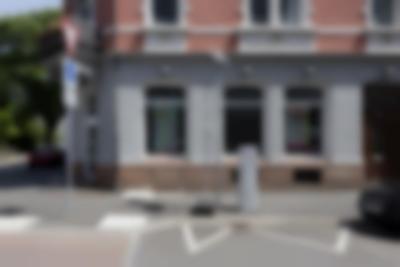
somebody*ies (Christina Krys Huber, Stella Meris, Nika Timashkova), THIS IS WHAT WE CAME FOR, 2023, installation view Klarastraße
Photo: Gina Folly, © Biennale für Freiburg 2
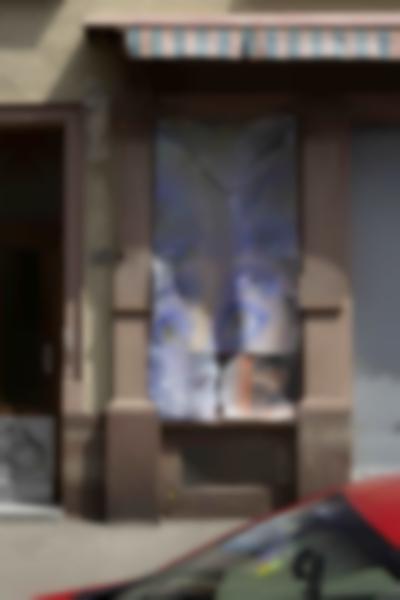
somebody*ies (Christina Krys Huber, Stella Meris, Nika Timashkova), THIS IS WHAT WE CAME FOR, 2023, installation view Klarastraße
Photo: Gina Folly, © Biennale für Freiburg 2
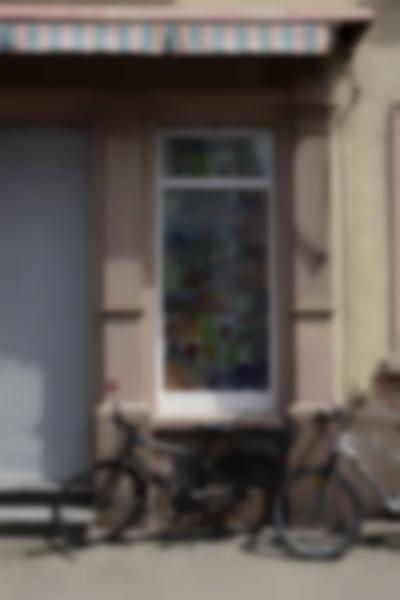
somebody*ies (Christina Krys Huber, Stella Meris, Nika Timashkova), THIS IS WHAT WE CAME FOR, 2023, installation view Klarastraße
Photo: Gina Folly, © Biennale für Freiburg 2
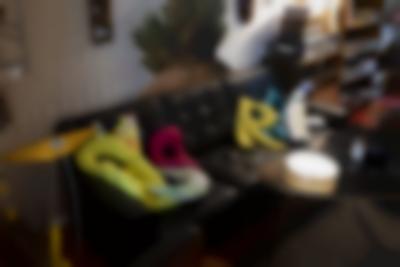
somebody*ies (Anna Byskov, Hannah Kindler), THIS IS WHAT WE CAME FOR, 2023, installation view Klarastraße
Photo: Gina Folly, © Biennale für Freiburg 2
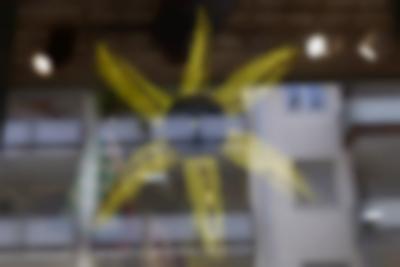
somebody*ies (Nika Timashkova), THIS IS WHAT WE CAME FOR, 2023, installation view Klarastraße
Photo: Gina Folly, © Biennale für Freiburg 2
The site-specific and multi-part work THIS IS WHAT WE CAME FOR (2023) by somebody*ies was on view at Klarastraße.
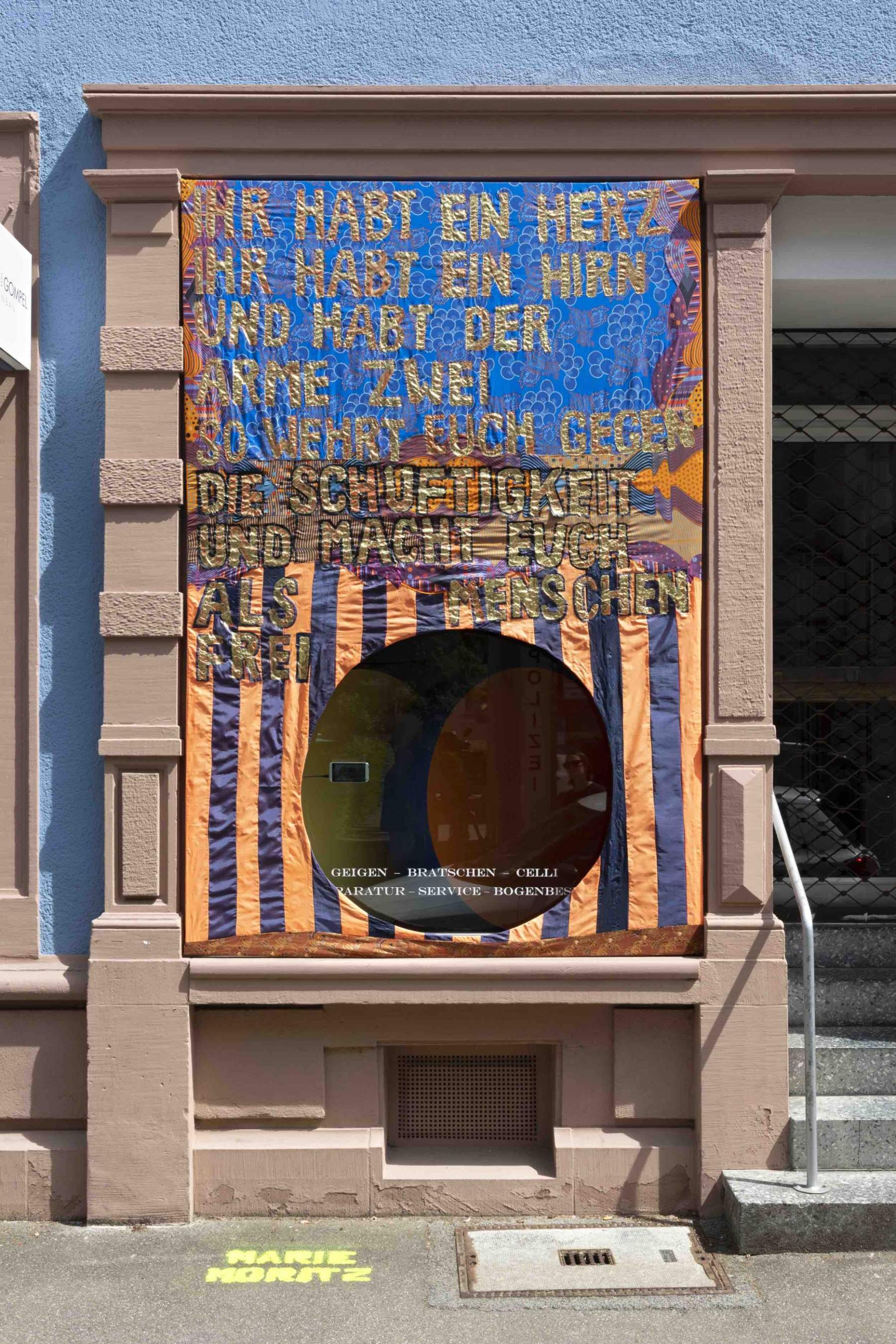

somebody*ies (Anna Byskov, Hannah Kindler), THIS IS WHAT WE CAME FOR, 2023, installation view Klarastraße
Photo: Gina Folly, © Biennale für Freiburg 2
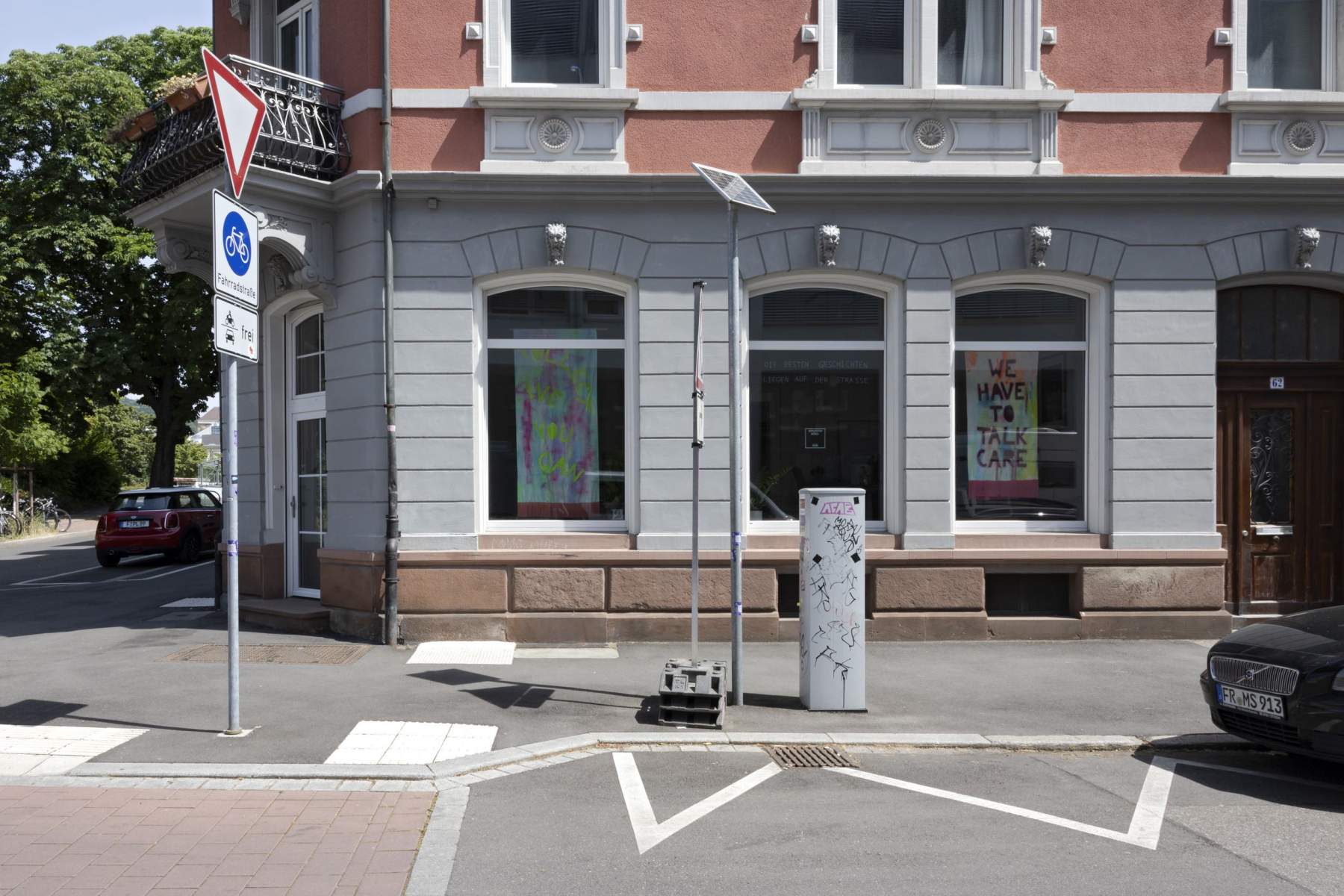

somebody*ies (Christina Krys Huber, Stella Meris, Nika Timashkova), THIS IS WHAT WE CAME FOR, 2023, installation view Klarastraße
Photo: Gina Folly, © Biennale für Freiburg 2
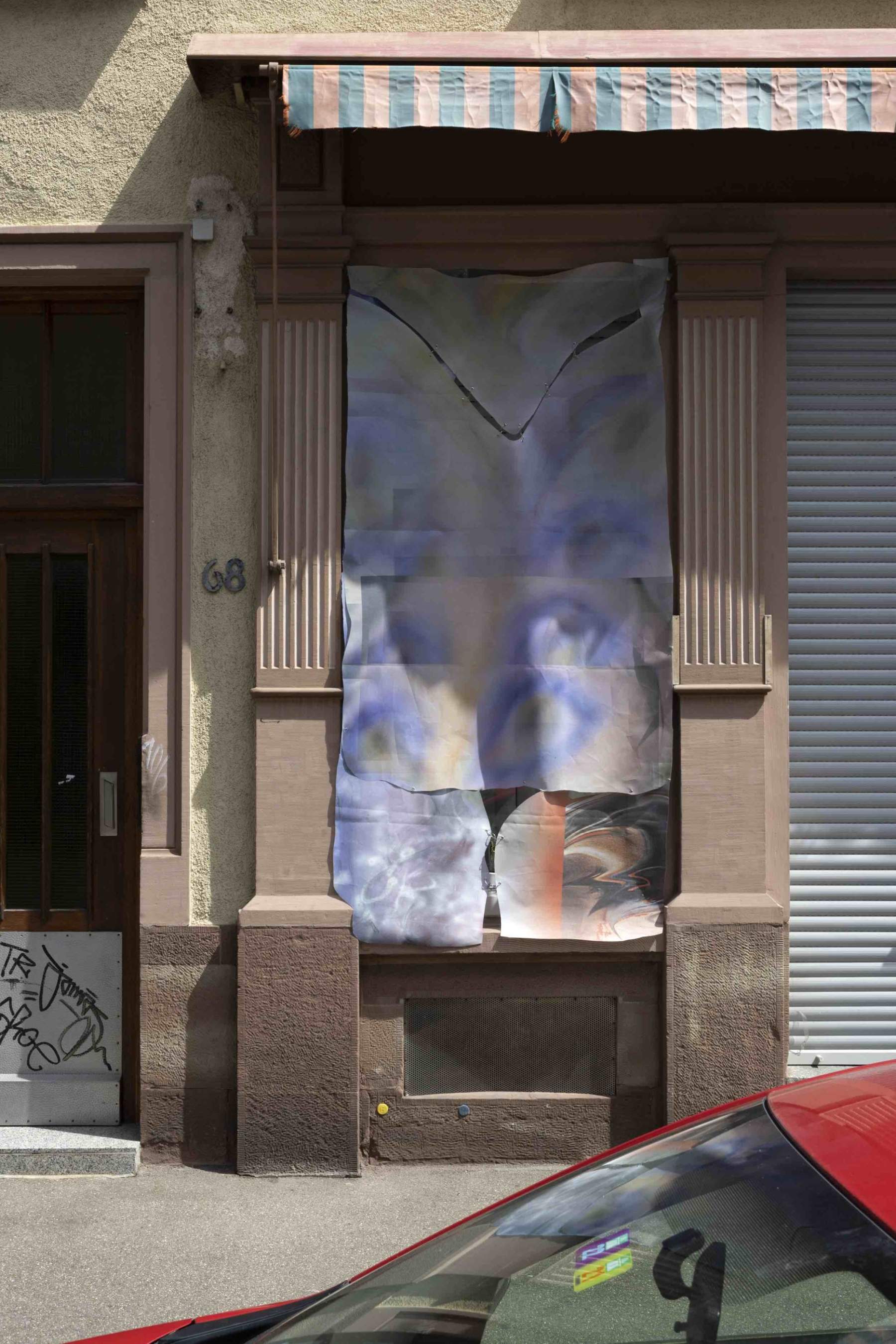

somebody*ies (Christina Krys Huber, Stella Meris, Nika Timashkova), THIS IS WHAT WE CAME FOR, 2023, installation view Klarastraße
Photo: Gina Folly, © Biennale für Freiburg 2
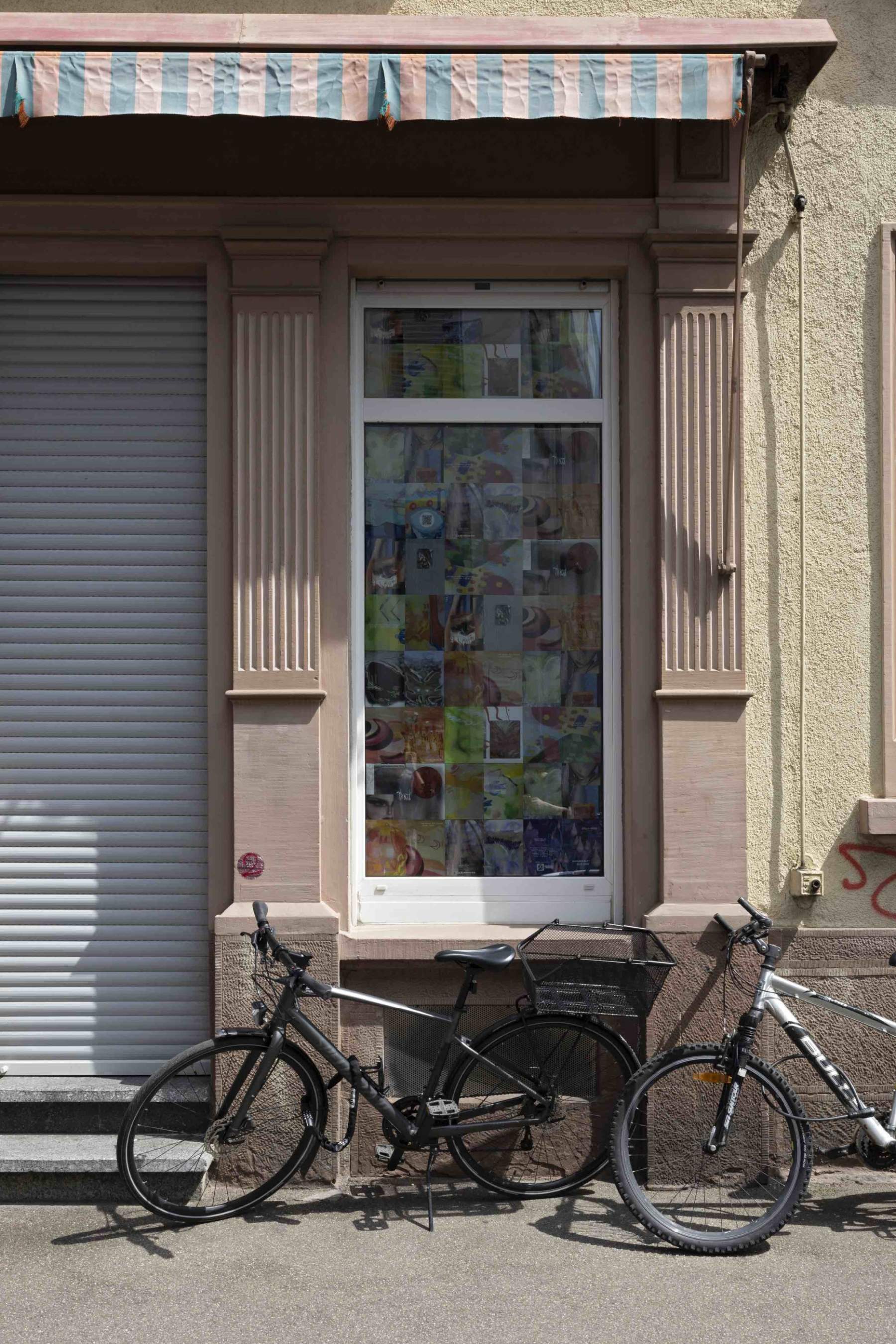

somebody*ies (Christina Krys Huber, Stella Meris, Nika Timashkova), THIS IS WHAT WE CAME FOR, 2023, installation view Klarastraße
Photo: Gina Folly, © Biennale für Freiburg 2
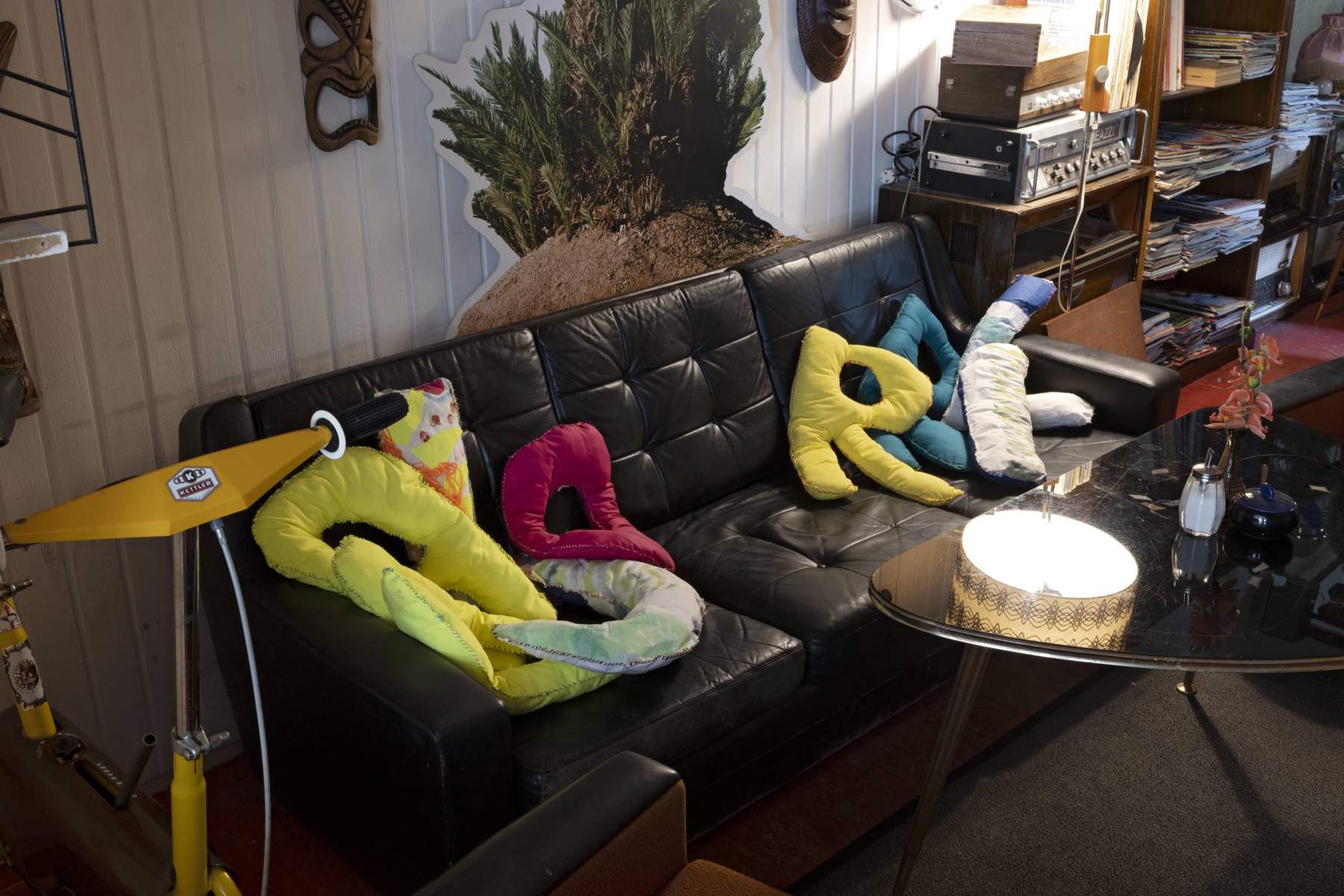

somebody*ies (Anna Byskov, Hannah Kindler), THIS IS WHAT WE CAME FOR, 2023, installation view Klarastraße
Photo: Gina Folly, © Biennale für Freiburg 2
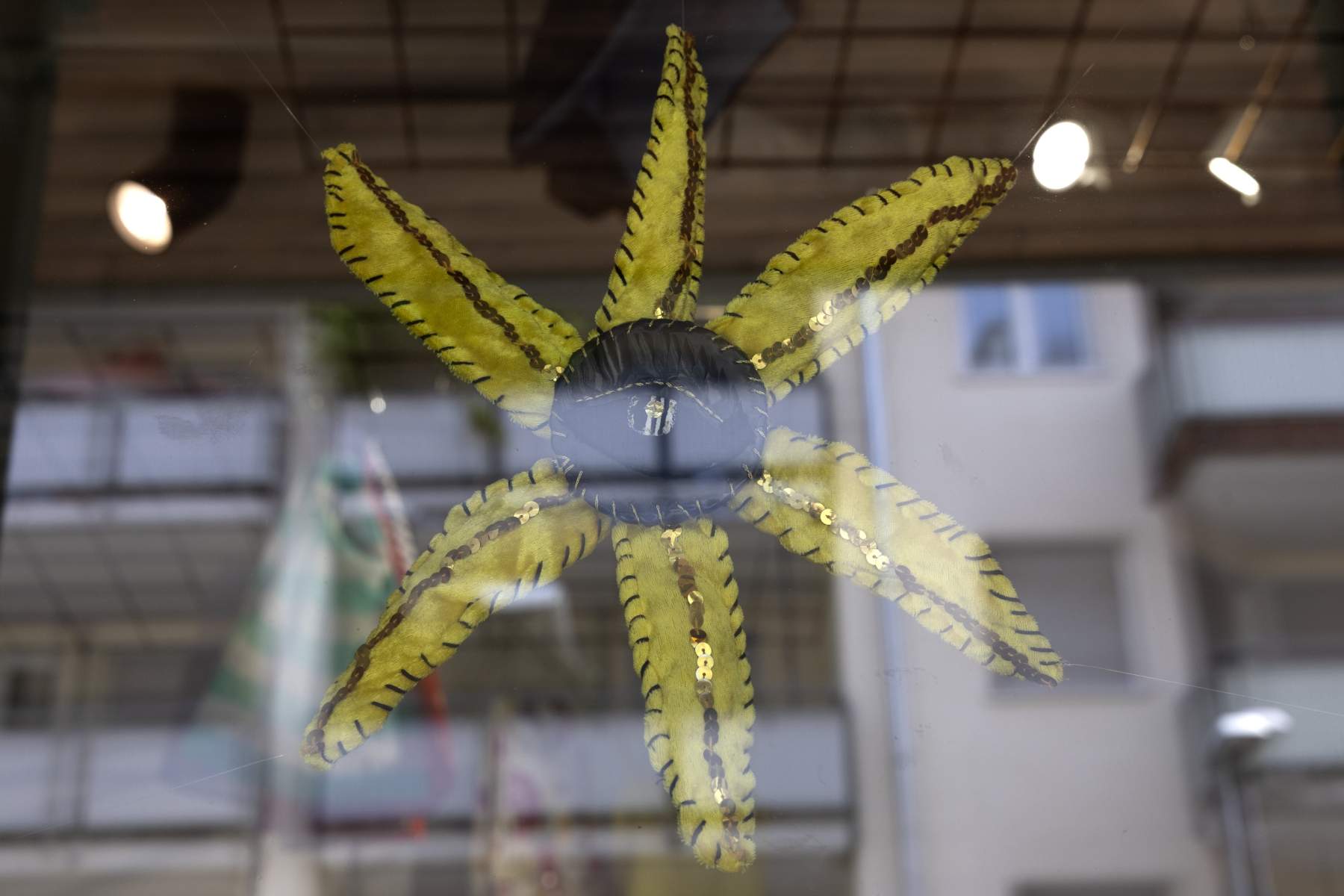

somebody*ies (Nika Timashkova), THIS IS WHAT WE CAME FOR, 2023, installation view Klarastraße
Photo: Gina Folly, © Biennale für Freiburg 2
Hito Steyerl
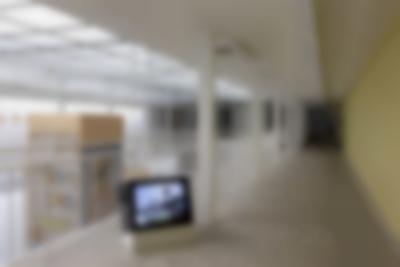
Hito Steyerl

Hito Steyerl, The Empty Center, 1998, Installation view Kunstverein Freiburg, Photo: Gina Folly, © VG Bild-Kunst, Bonn, 2023 / Biennale für Freiburg 2, Courtesy the artist, Andrew Kreps Gallery, New York, and Esther Schipper, Berlin/Paris/Seoul
In her artistic and academic work, Hito Steyerl (1966, Munich) explores the mechanics of media, their technologies, dissemination, and use within the structures of power and politics. In her essay films and documentaries, as well as in her texts and performances, Steyerl combines approaches from feminist representation critique and postcolonial theory with specific montage techniques and pop cultural references.
Steyerl studied at the Academy of Visual Arts in Tokyo, JP and at the Hochschule für Fernsehen und Film in Munich. She received her doctorate in philosophy from the Akademie der bildenden Künste in Vienna, AT. Steyerl has held numerous teaching posts as a visiting professor, including at KUVA Helsinki, FI, Universität der Künste Berlin, and at Goldsmiths, University of London, UK. Her most recent publications include “Proxy Politics. Power and Subversion in a Networked Age” (2017). Her work has been shown in numerous exhibitions, including at the following institutions: The National Museum of Modern and Contemporary Art, Seoul, KR (2022, solo), Stedelijk Museum, Amsterdam, NL (2022, solo), Tai Kwun Contemporary, Hong Kong, HK (2022), Arts Encounters Biennial, Timisoara, RO (2021), Kunstsammlung Nordrhein-Westfalen K21, Düsseldorf (2020–2021, solo), Centre Pompidou, Paris, FR (2020–2021, solo), Daejeon Biennale, KR (2020), Neuer Berliner Kunstverein (2019–2020, solo), Art Gallery of Ontario, Toronto, US (2019–2020, solo), and the Serpentine Galleries, London, UK (2019, solo).
Hito Steyerl’s film THE EMPTY CENTER (1998) was on view at the Kunstverein Freiburg, 1st floor
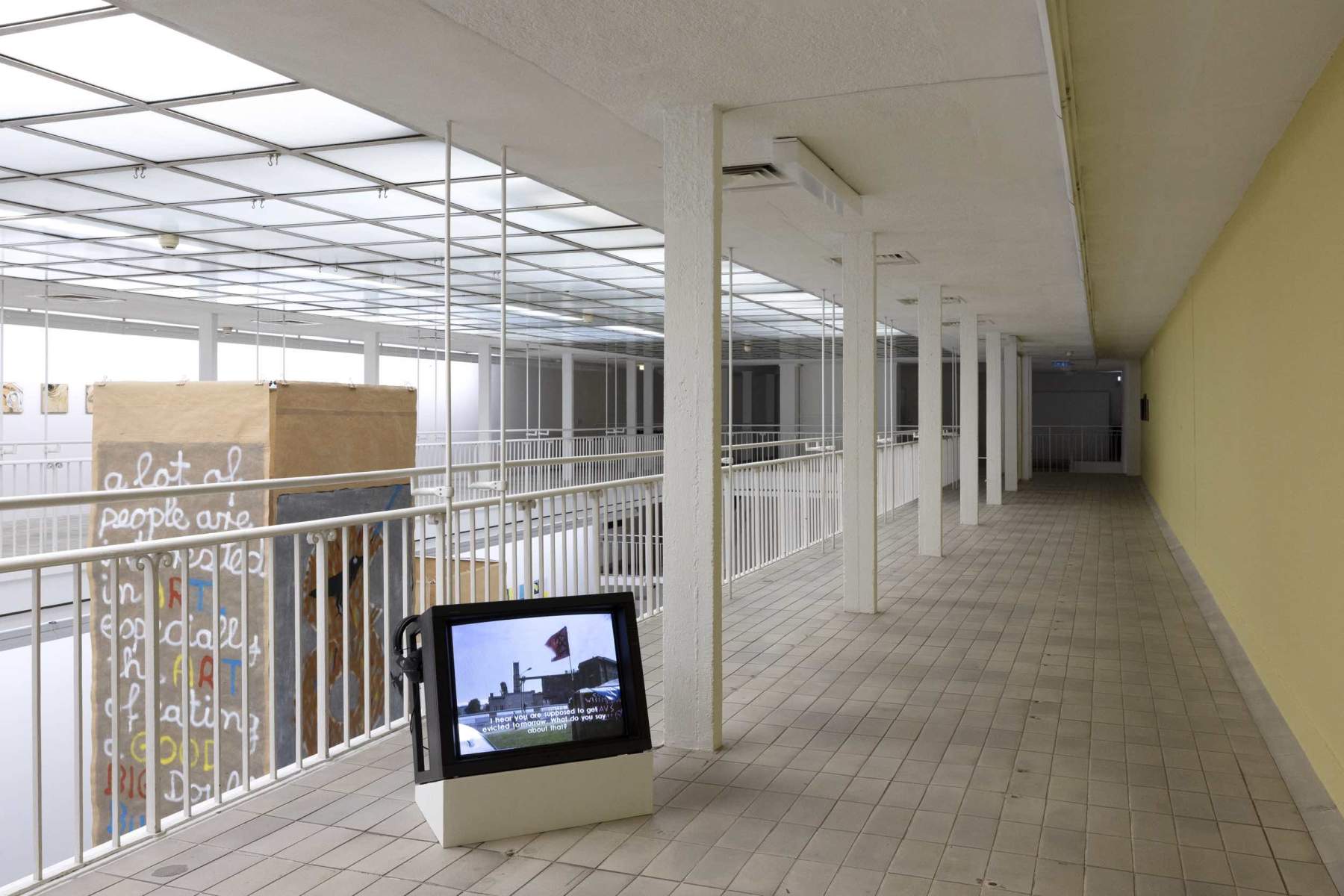

Hito Steyerl, The Empty Center, 1998, Installation view Kunstverein Freiburg, Photo: Gina Folly, © VG Bild-Kunst, Bonn, 2023 / Biennale für Freiburg 2, Courtesy the artist, Andrew Kreps Gallery, New York, and Esther Schipper, Berlin/Paris/Seoul
Maria Toumazou
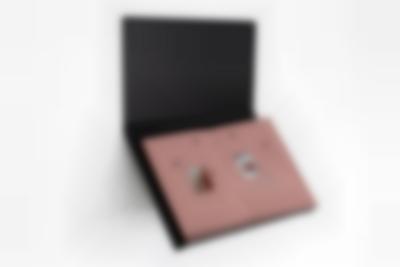
Maria Toumazou

Maria Toumazou, FUTURE EXPOSURE, 2023
Photo: Gina Folly, © Biennale für Freiburg 2
Maria Toumazou (1989, Nicosia, CY) makes work that deals with found objects and the possibilities of their alternative uses. To this end, she operates within different disciplines and from varying perspectives, which she utilizes in her art. Histories and cultures disclose their material nature, revealing tensions in chronology and circular references, often stemming from different design eras. Toumazou’s process-driven practice combines delicate narratives with industry, mechanics, and ad hoc inventions, employing subjective gestures to manifest resistance to prevailing economic structures.
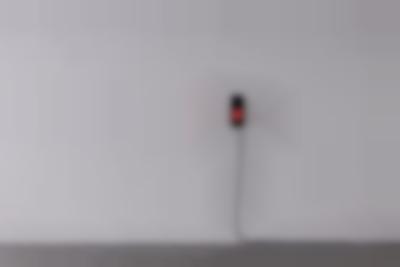
Maria Toumazou, FUTURE EXPOSURE, 2023, installation view DELPHI_space/außenstelle
Photo: Gina Folly, © Biennale für Freiburg 2
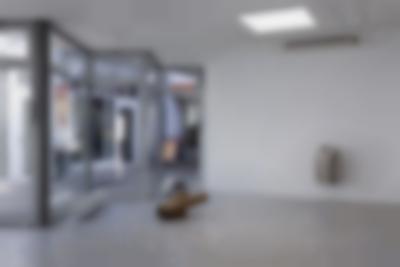
Maria Toumazou, FUTURE EXPOSURE, 2023, installation view DELPHI_space/außenstelle
Photo: Gina Folly, © Biennale für Freiburg 2
Toumazou studied at Goldsmiths, University of London, UK, Glasgow School of Art, UK and was a visiting student at Städelschule, Frankfurt am Main. She has worked on various collective projects, most recently including Neoterismoi Toumazou, a combined collective and project space that merged poetry, performance, music, fashion, and object art into one program. Most recently, Toumazou has exhibited at Grazer Kunstverein (2022, solo), Point Centre for Contemporary Art / Moufflon Bookshop, Nicosia, CY (2022, solo), the Hot Wheels Athens gallery, GR (2021, solo), Nassauischer Kunstverein Wiesbaden (2021), and Nicosia Municipal Arts Centre, CY (2019).
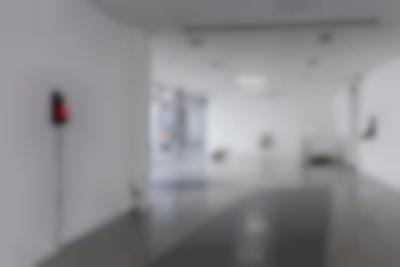
Maria Toumazou, FUTURE EXPOSURE, 2023, installation view DELPHI_space/außenstelle
Photo: Gina Folly, © Biennale für Freiburg 2
The work FUTURE EXPOSURE (2023) by Maria Toumazou was exhibited at DELPHI_space/außenstelle.
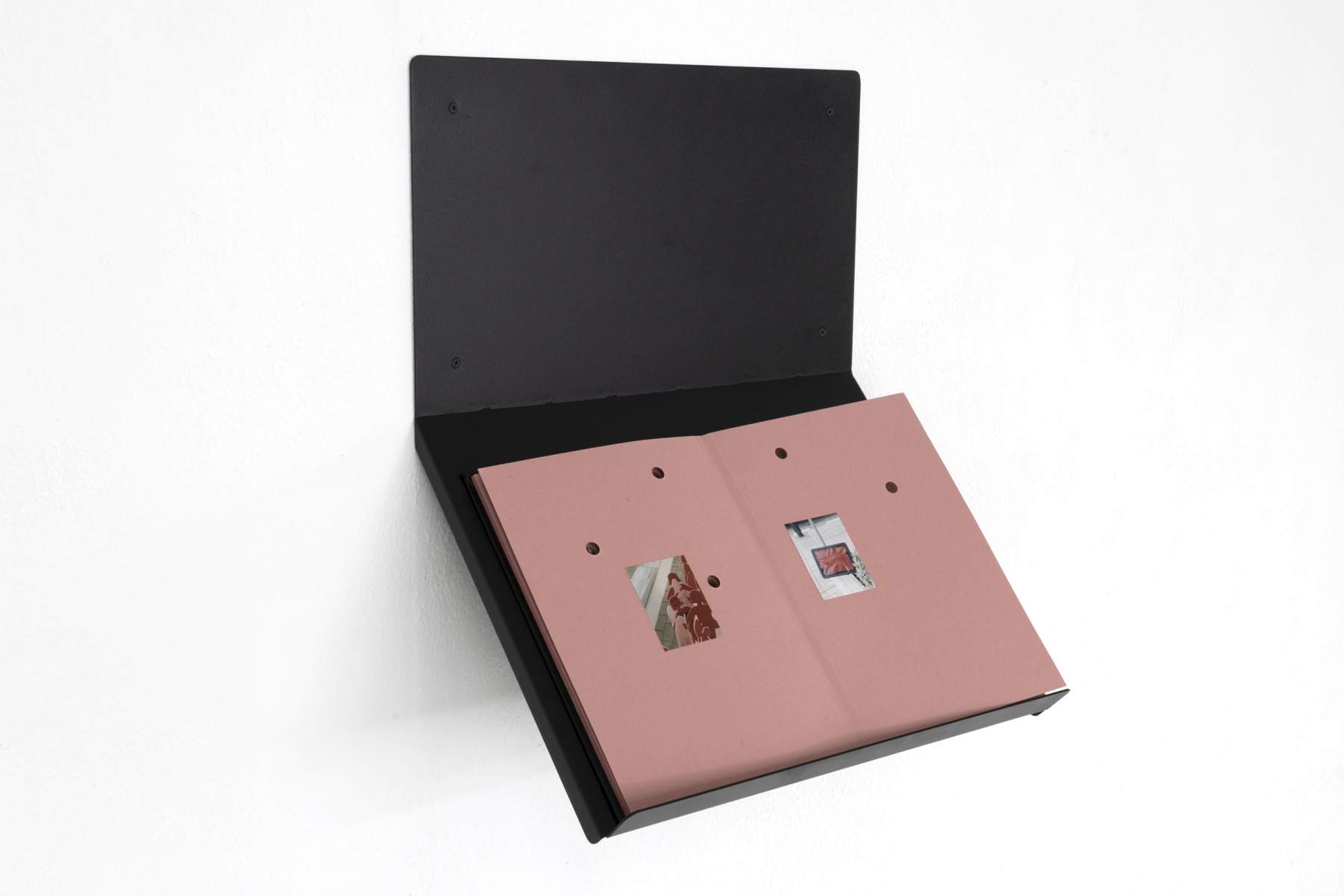

Maria Toumazou, FUTURE EXPOSURE, 2023
Photo: Gina Folly, © Biennale für Freiburg 2
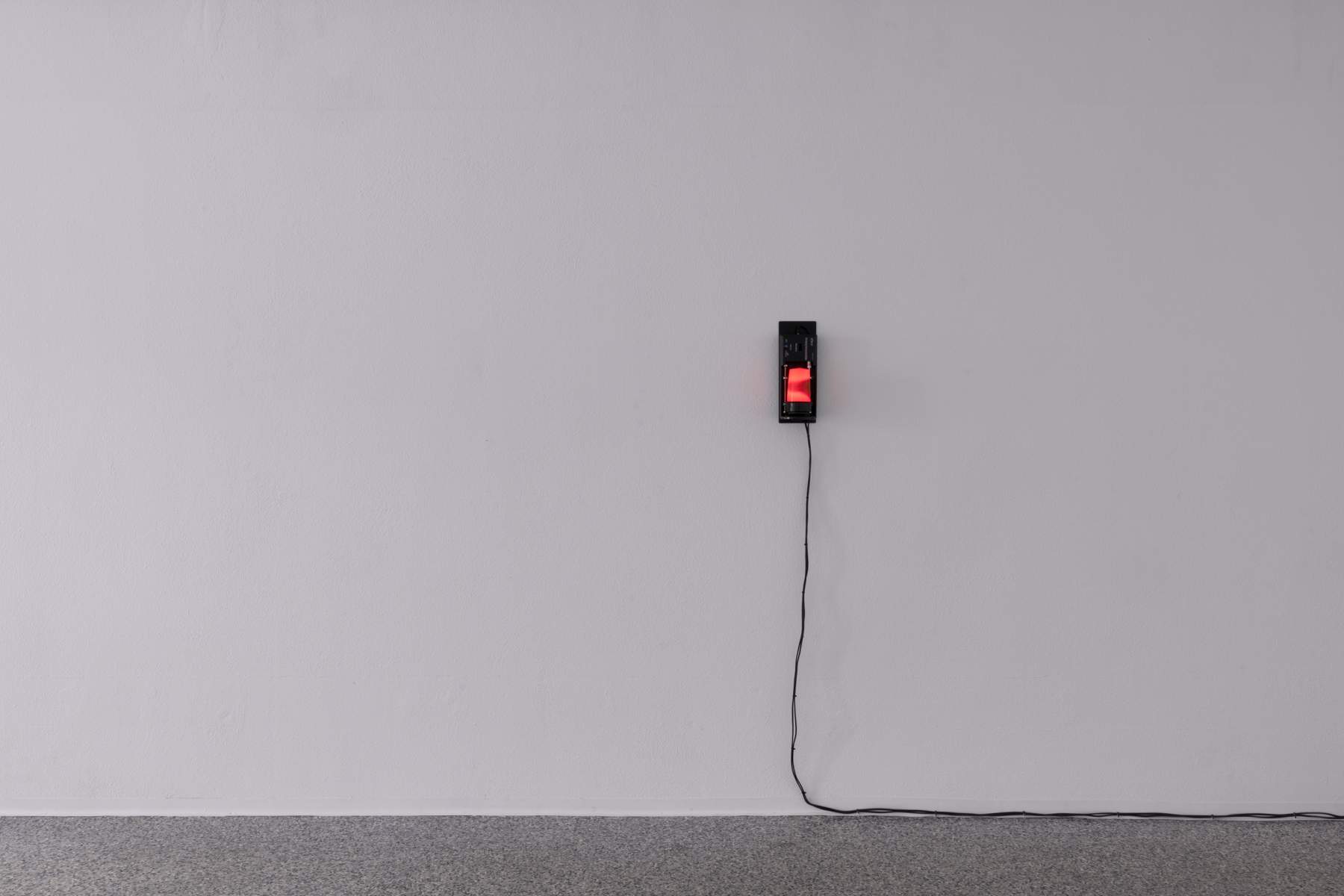

Maria Toumazou, FUTURE EXPOSURE, 2023, installation view DELPHI_space/außenstelle
Photo: Gina Folly, © Biennale für Freiburg 2
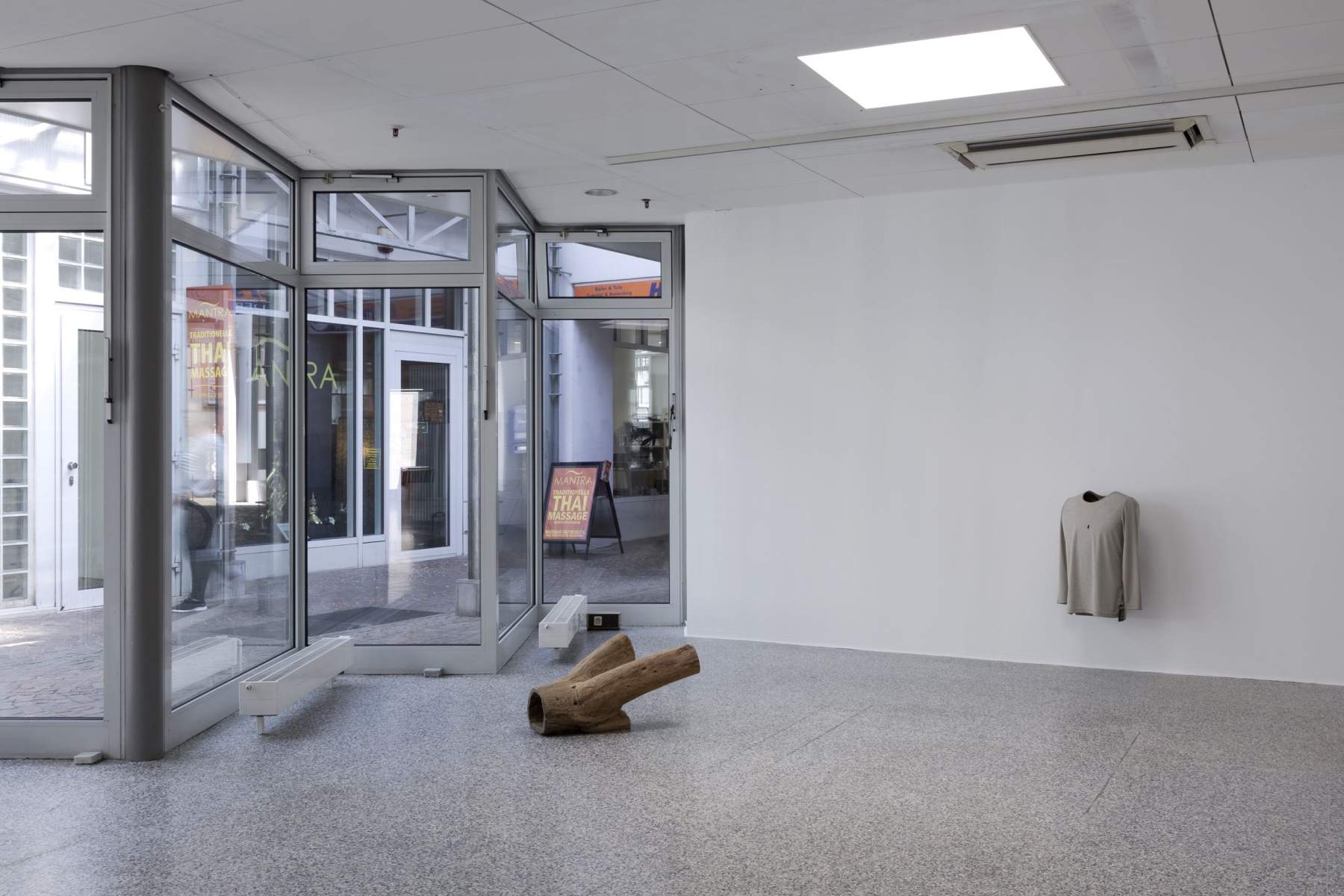

Maria Toumazou, FUTURE EXPOSURE, 2023, installation view DELPHI_space/außenstelle
Photo: Gina Folly, © Biennale für Freiburg 2
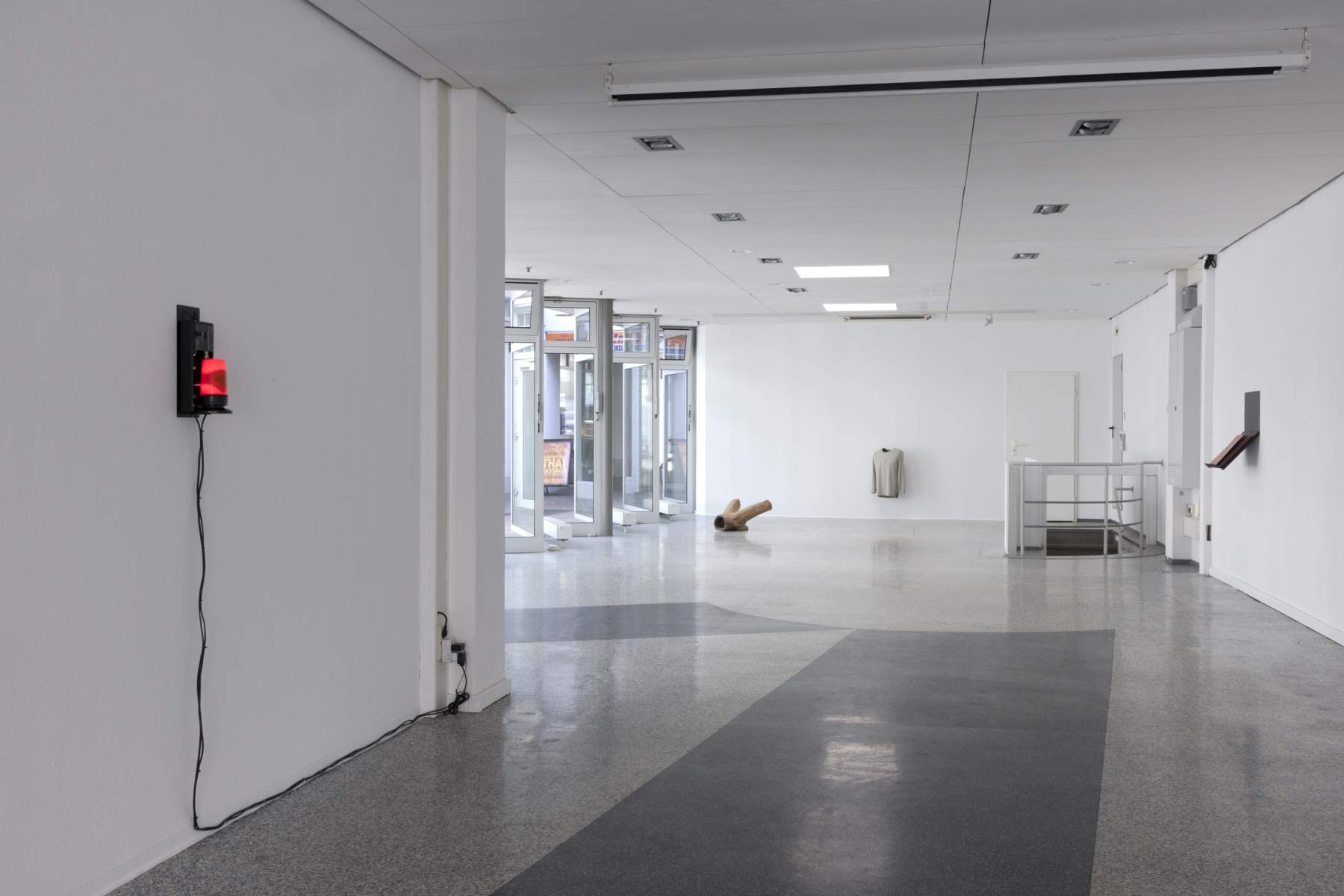

Maria Toumazou, FUTURE EXPOSURE, 2023, installation view DELPHI_space/außenstelle
Photo: Gina Folly, © Biennale für Freiburg 2
Matt Welch
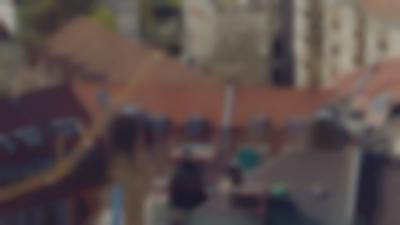
Matt Welch

Matt Welch, production still, UNTITLED (SCHWARZWALDHOF), 2023, courtesy the artist
Matt Welch (1988, Liverpool, UK) works primarily in the media of sculpture, video, and sound, which he combines to create immersive installations and environments. In his works, Welch explores the psychology, body, and environment of the human subject through the lens of urban infrastructures and the historical settings in which dissent and political activism take place. Organs—like the human stomach —and bodily processes—like breathing—are both important motifs and metaphors: Through them, Welch examines and clarifies the affective relationships that intersect in the body as symbolic, political, and biological terrain.
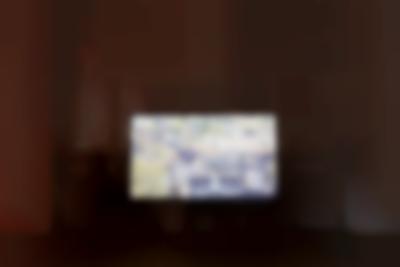
Matt Welch, UNTITLED (SCHWARZWALDHOF), 2023
Photo: Gina Folly, © Biennale für Freiburg 2
Welch studied painting at the Wimbledon College of Arts in London, UK, and graduated in October 2020 at the Städelschule, Frankfurt am Main. Most recently, Welch exhibited at the Neue Alte Brücke gallery, Frankfurt am Main (2022, solo), at Public Support, Vestfossen, NO (2021, solo), at the Kunsthalle Portikus, Frankfurt am Main (2020), at the Croy Nielsen gallery, Vienna, AT (2020) and at the Dortmunder Kunstverein (2019, solo).
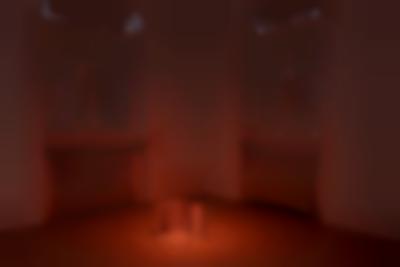
Matt Welch, UNTITLED (THE EATER), 2023, installation view Kommunales Kino
Photo: Gina Folly, © Biennale für Freiburg 2
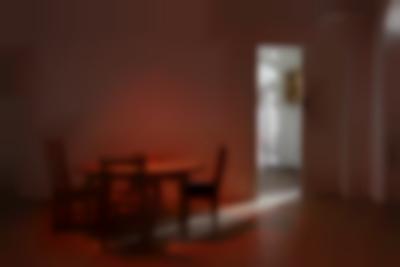
Matt Welch, installation view Kommunales Kino
Photo: Gina Folly, © Biennale für Freiburg 2
The works UNTITLED (SCHWARZWALDHOF) and UNTITLED (THE EATER), both 2023, by Matt Welch were exhibited at the Kommunales Kino.
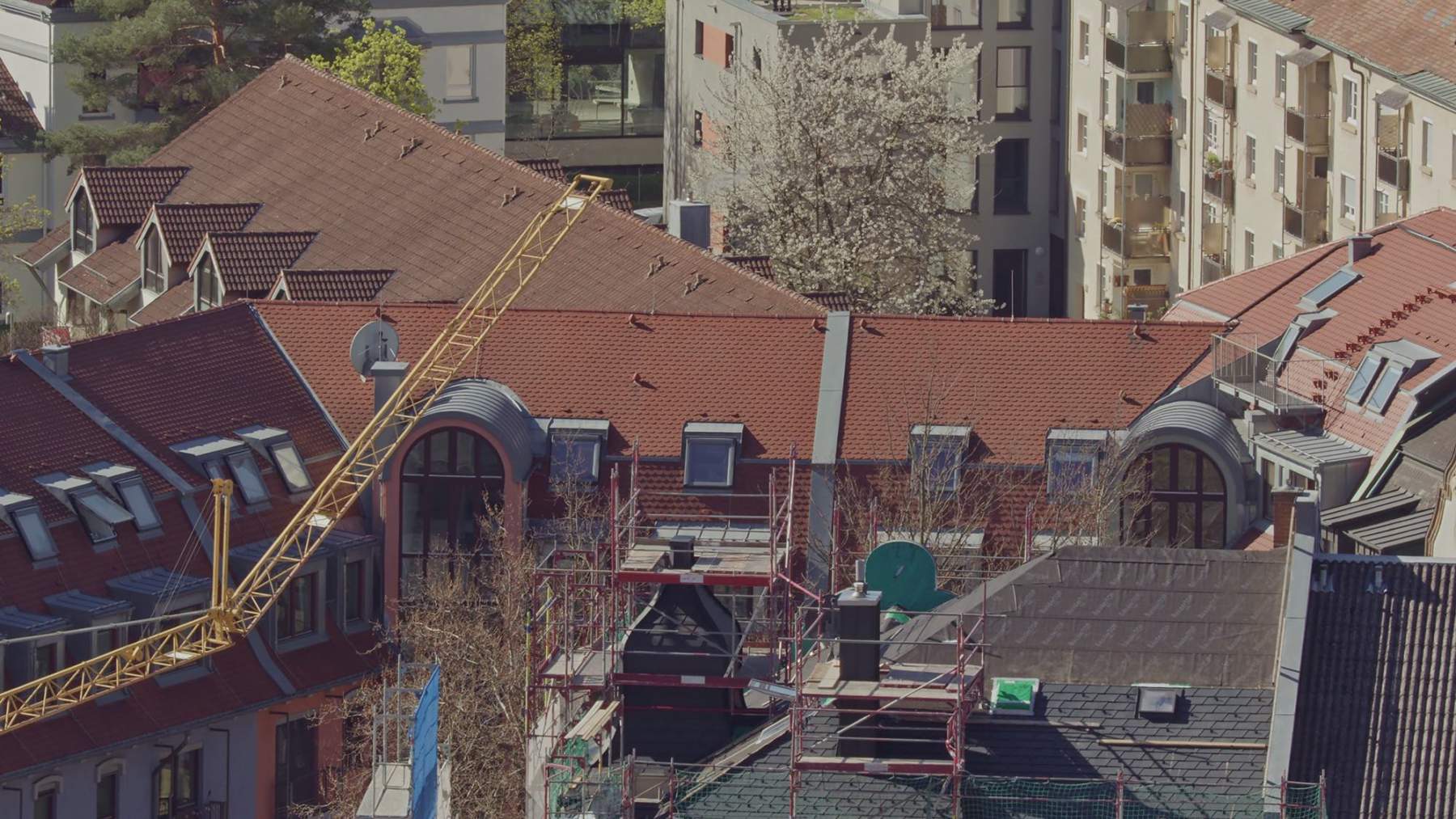

Matt Welch, production still, UNTITLED (SCHWARZWALDHOF), 2023, courtesy the artist
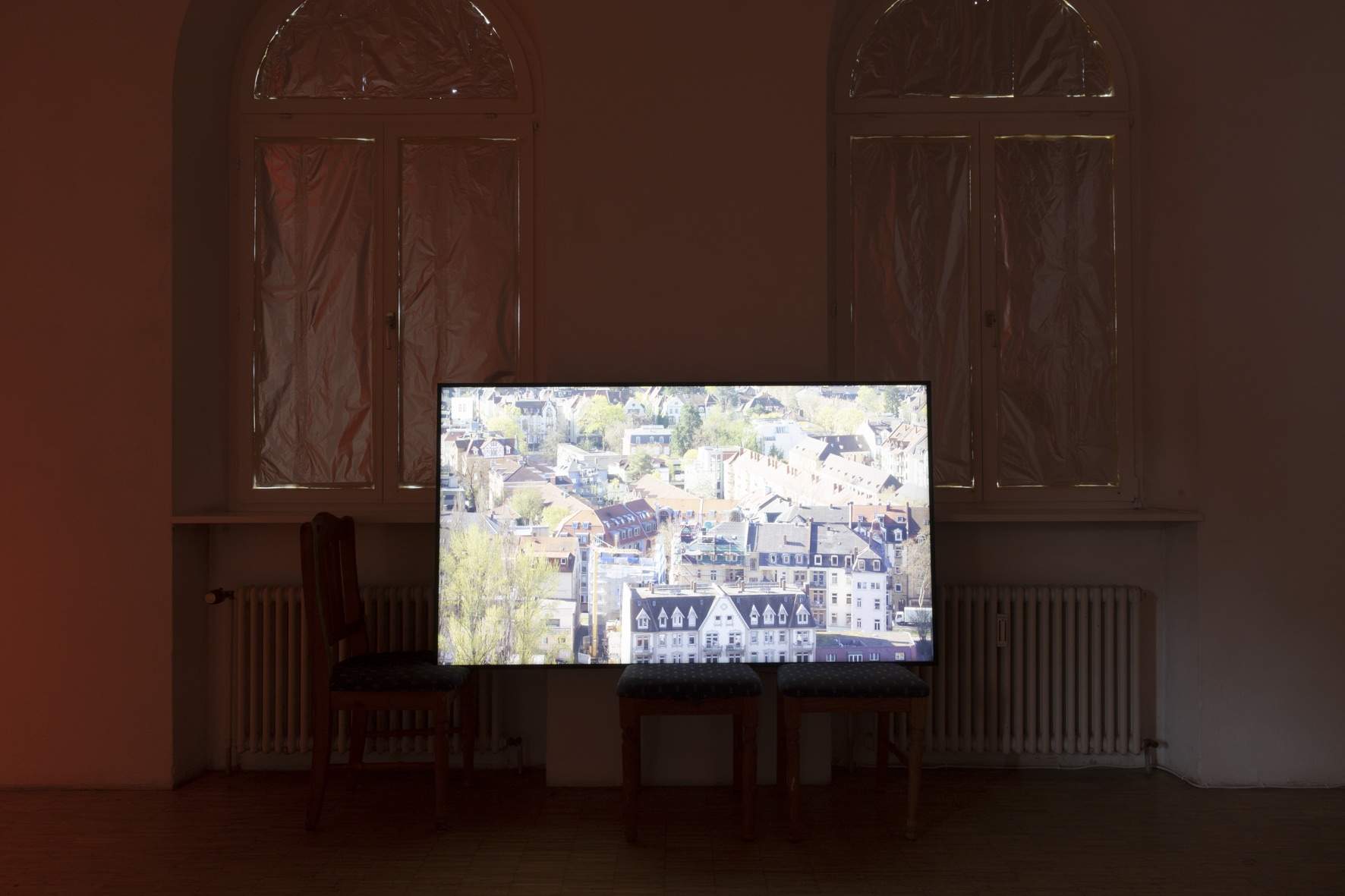

Matt Welch, UNTITLED (SCHWARZWALDHOF), 2023
Photo: Gina Folly, © Biennale für Freiburg 2
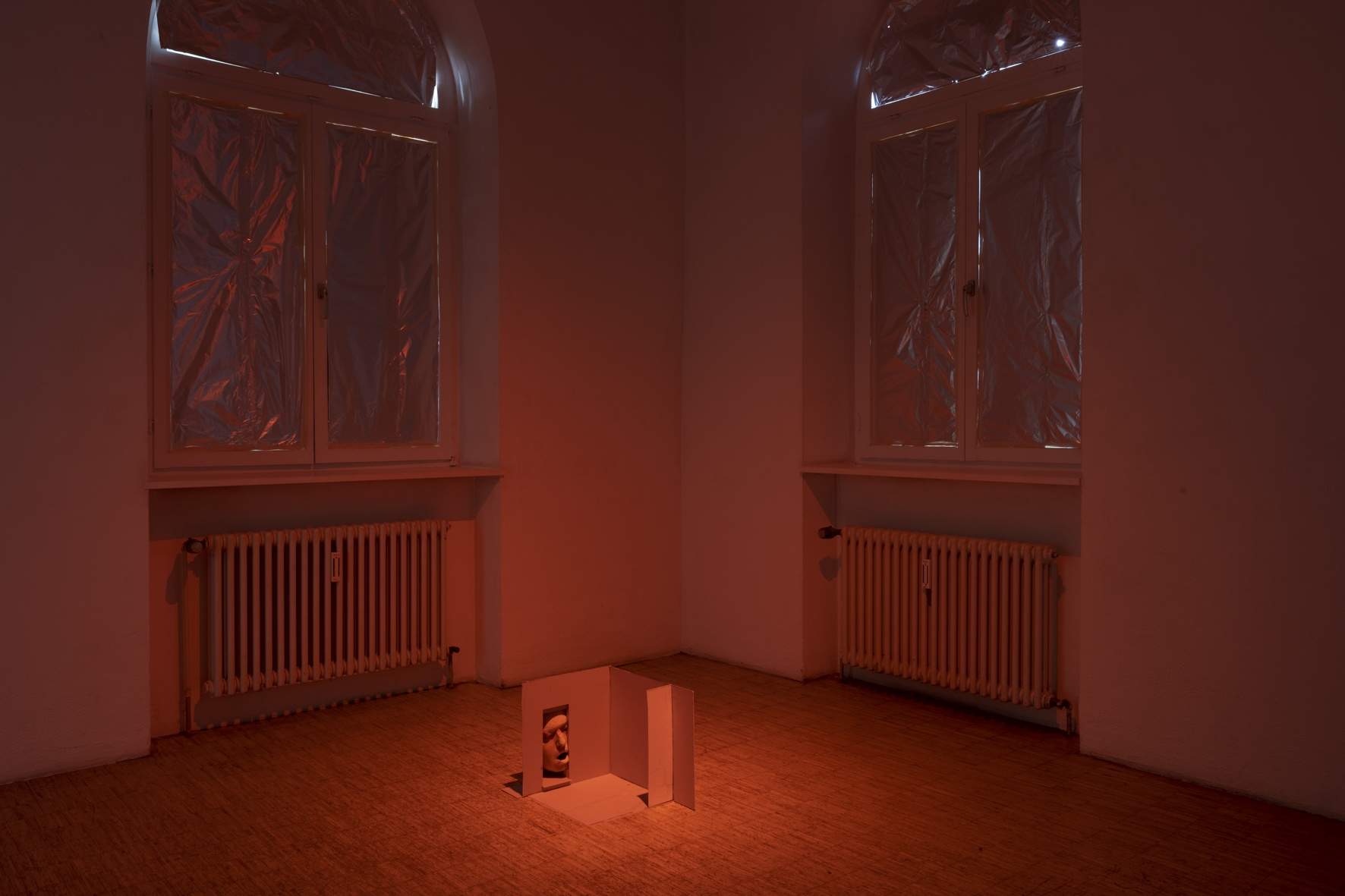

Matt Welch, UNTITLED (THE EATER), 2023, installation view Kommunales Kino
Photo: Gina Folly, © Biennale für Freiburg 2
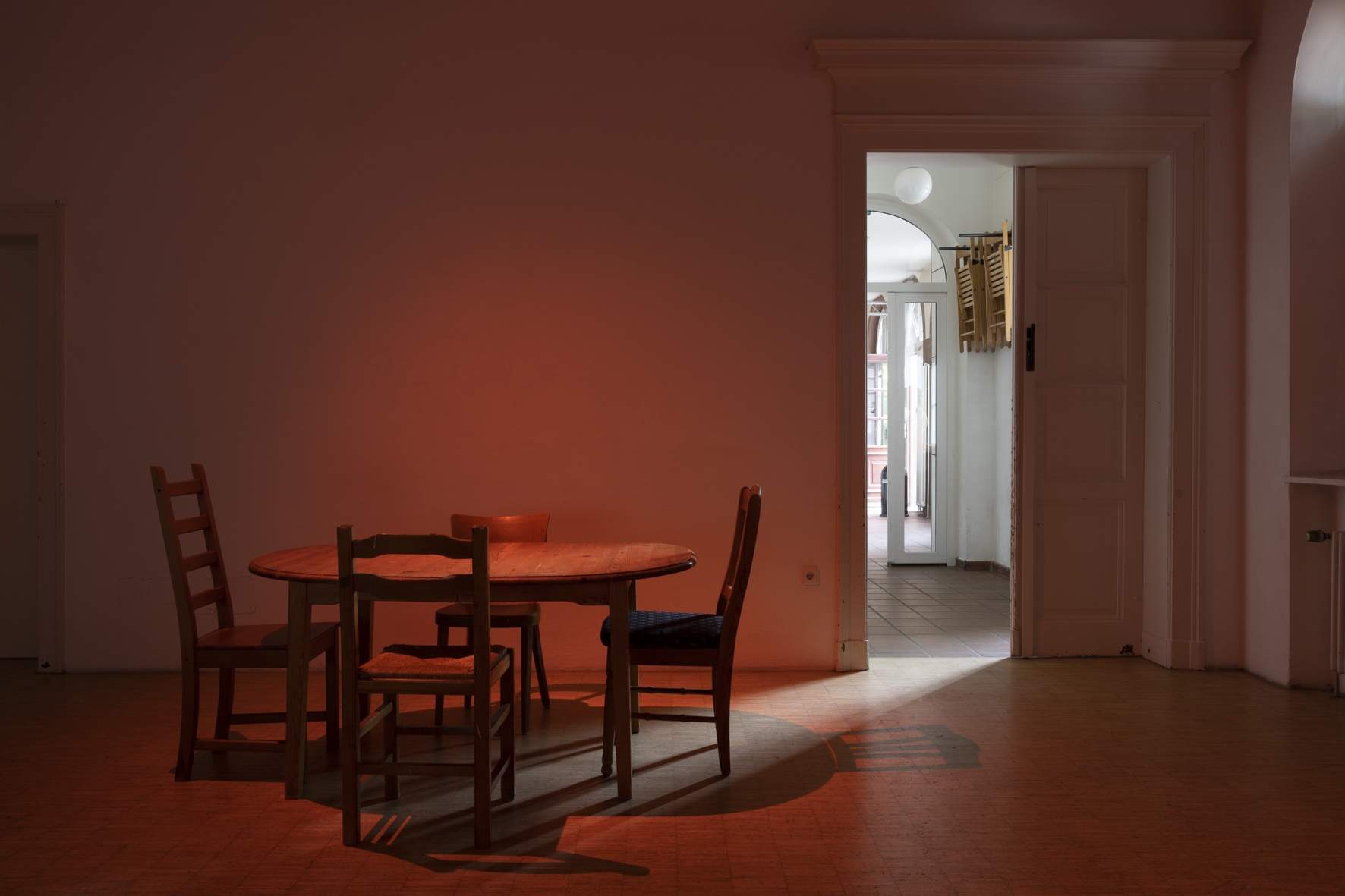

Matt Welch, installation view Kommunales Kino
Photo: Gina Folly, © Biennale für Freiburg 2
Yong Xiang Li & François Pisapia
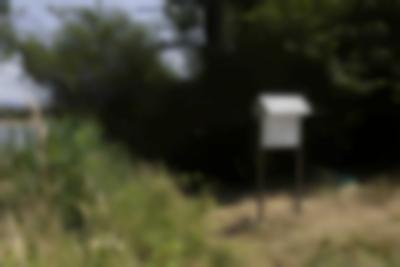
Yong Xiang Li & François Pisapia

Yong Xiang Li & François Pisapia UNTITLED (ESCORT), 2023
Photo: Gina Folly, © Biennale für Freiburg 2
Yong Xiang Li (1991, Changsha, CN) works with a variety of media. His main interest lies in the intersections between painting, sculpture, music, and video. Influenced by a mutual understanding of culture and diasporic experience, the artist challenges notions of sovereignty and existing power structures. He engages in contamination targeting the particularities of media, form, and culture.
Li graduated from the Städelschule, Frankfurt am Main, in 2020. His work has been shown internationally, including at the following institutions and galleries: UCCA Center for Contemporary Art, Shanghai, CN (2023), Kestner Gesellschaft, Hannover (2022), LC Queisser, Tbilisi, GE (2022, solo), Galerie FUTURA, Prague, CZ (2021–2022, solo), Sadie Coles, London, UK (2021), Galerie Layr, Vienna, AT (2021), Portikus, Frankfurt am Main (2020), Antenna Space, Shanghai, CN (2020–2021), and Galerie Deborah Schamoni, Munich (2020).
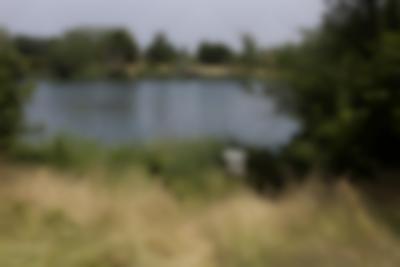
Yong Xiang Li & François Pisapia UNTITLED (ESCORT), 2023, installation view Seepark
Photo: Gina Folly, © Biennale für Freiburg 2
François Pisapia (1990, Montreal, CA) moves between installation, photography, performance, and video in his artistic practice. He negotiates ideas of home, infrastructural landscapes, domestication, and romance.
Pisapia completed a Bachelor’s degree in Design at Concordia University in Montreal, CA and graduated from Douglas Gordon’s film class at the Städelschule, Frankfurt am Main; he was also mentored by Laure Prouvost, Gerard Byrne, and Wu Tsang. Pisapia’s work has been screened and exhibited at the following institutions, among others: Kunsthalle Bratislava, SK (2022), the Städel Museum, Frankfurt am Main (2019), Palais de Tokyo, Paris, FR (2018), Centre for Contemporary Arts Glasgow, UK (2018), Centre CLARK, Montreal, CA (2017), and Czech Center, New York, US (2016).
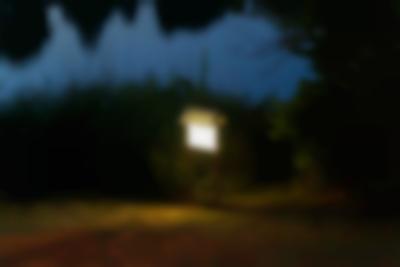
Yong Xiang Li & François Pisapia UNTITLED (ESCORT), 2023, installation view Seepark
Photo: Sévérine Kpoti, © Biennale für Freiburg 2

Yong Xiang Li & François Pisapia UNTITLED (ESCORT), 2023, installation view Seepark
Photo: Sévérine Kpoti, © Biennale für Freiburg 2
The work UNTITLED (ESCORT) (2023) by Yong Xiang Li & François Pisapia was on view at Seepark (Lawn/Viewing Platform)—also at night.
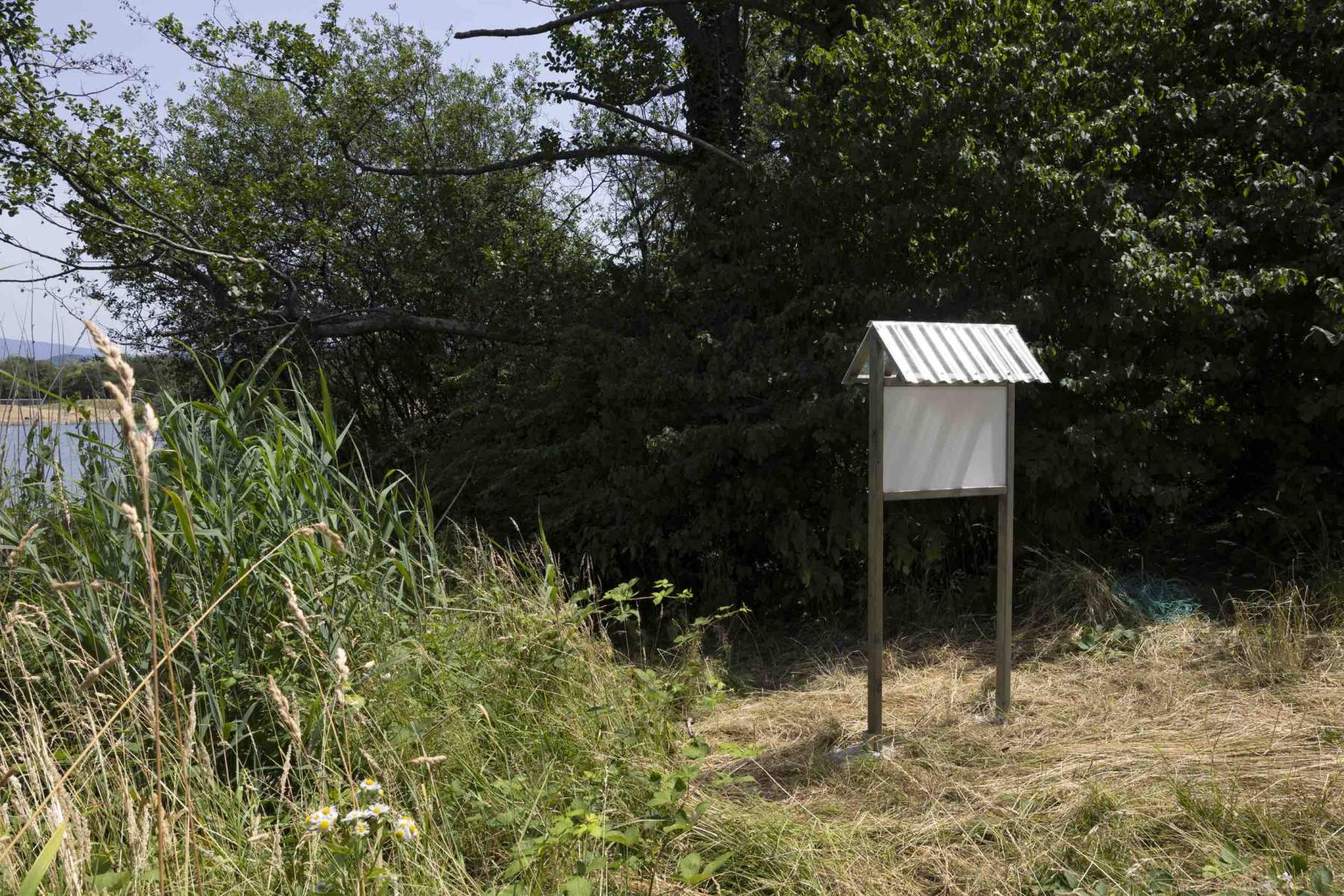

Yong Xiang Li & François Pisapia UNTITLED (ESCORT), 2023
Photo: Gina Folly, © Biennale für Freiburg 2
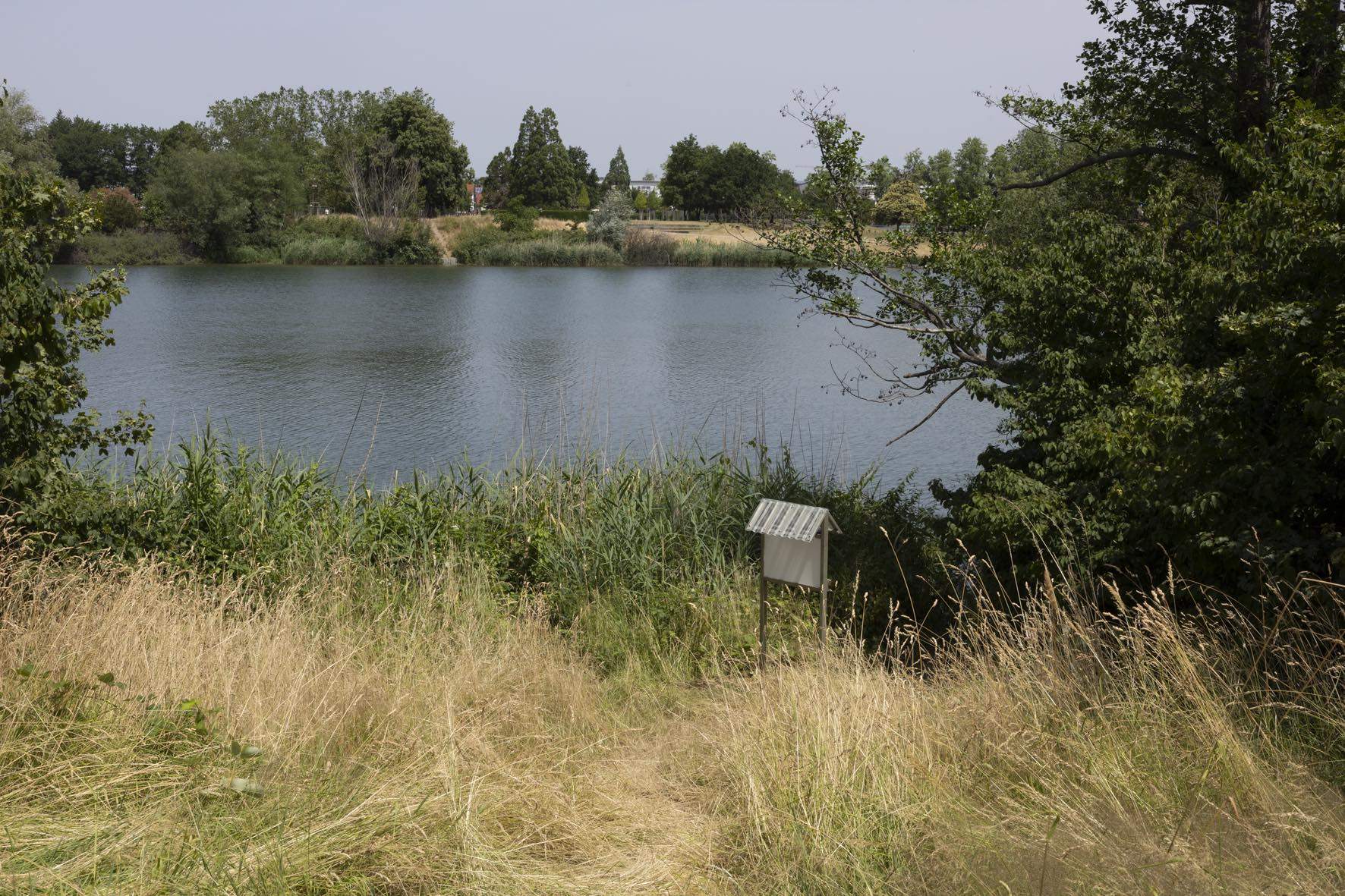

Yong Xiang Li & François Pisapia UNTITLED (ESCORT), 2023, installation view Seepark
Photo: Gina Folly, © Biennale für Freiburg 2
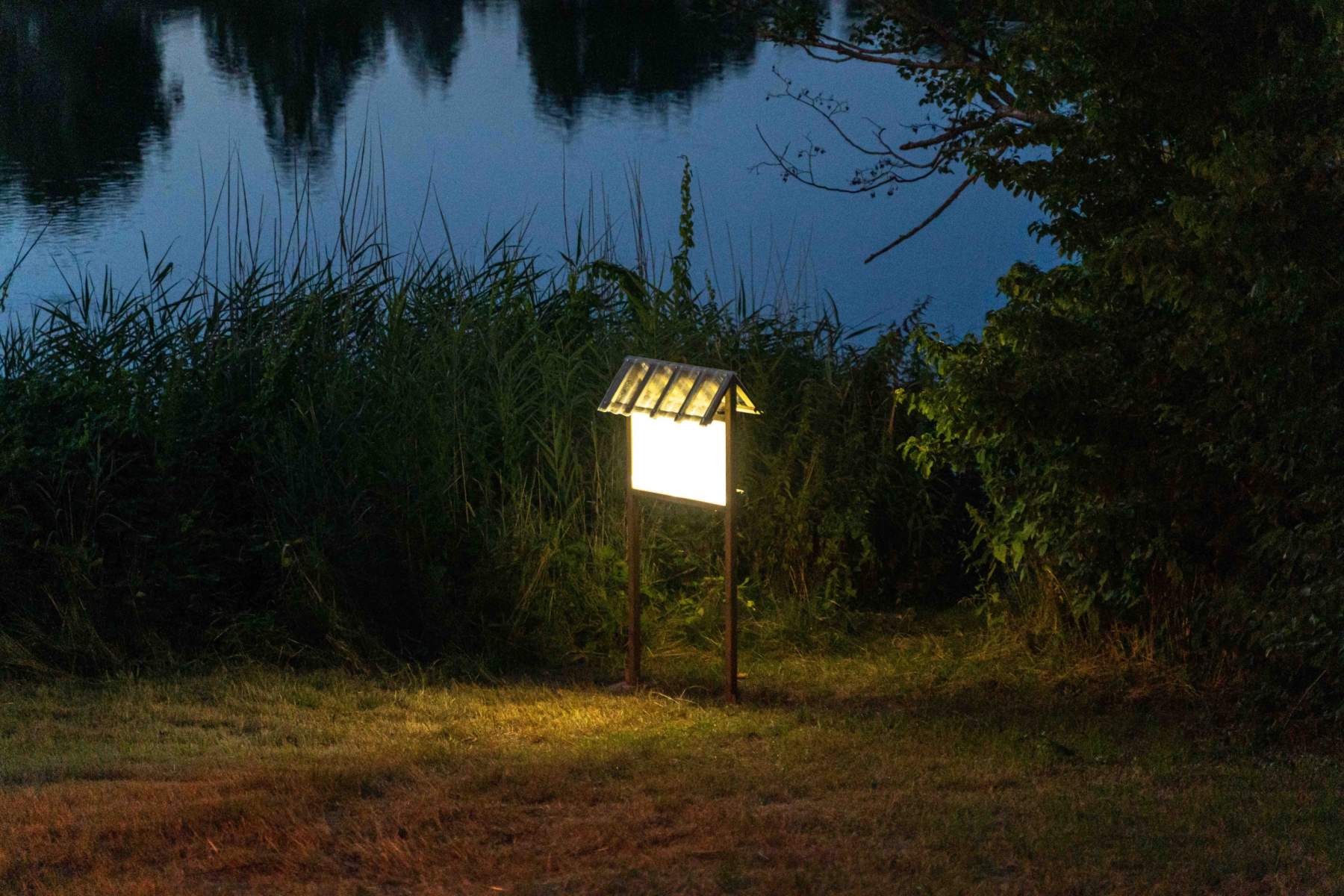

Yong Xiang Li & François Pisapia UNTITLED (ESCORT), 2023, installation view Seepark
Photo: Sévérine Kpoti, © Biennale für Freiburg 2


Yong Xiang Li & François Pisapia UNTITLED (ESCORT), 2023, installation view Seepark
Photo: Sévérine Kpoti, © Biennale für Freiburg 2
Kunstverein Freiburg
Maximiliane Baumgartner, Cudelice Brazelton IV, Eva Eisenlohr, Deborah Joyce Holman, Kirti Ingerfurth, Amal Kenawy, Klein, Medienwerkstatt Freiburg, Nikifor Krynicki, Vera Palme, R.E.P., Finnegan Shannon, Hito Steyerl
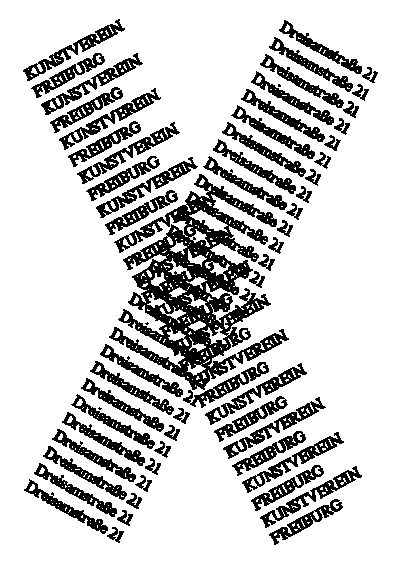
Dreisamstraße 21
Wed–Fri 3–7 p.m., Sat–Sun 12–6 p.m.
Map
Museum für Neue Kunst
Ayo Akingbade, Samar Al Summary, Halil Altındere, Dara Birnbaum, Alia Farid
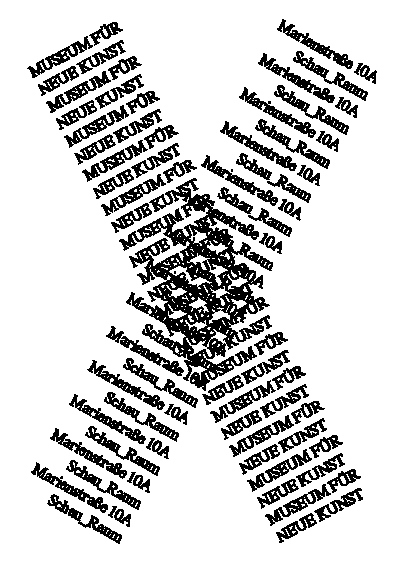
Marienstraße 10 A
Tue–Sun 10am–5pm, Thu 10am–7pm
Map
Kommunales Kino
Lotty Rosenfeld, Matt Welch
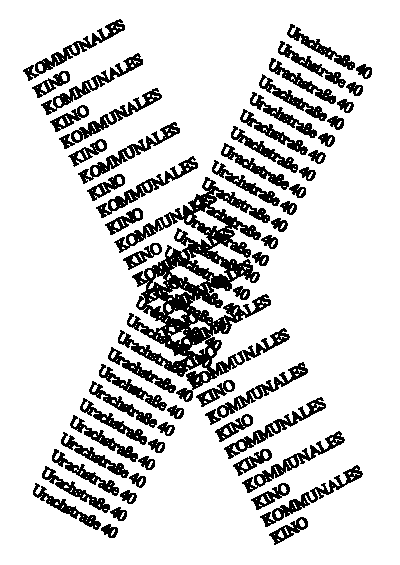
Urachstraße 40
Tue–Fri 12–8 p.m., Sat 9 a.m.–8 p.m., Sun 2–8 p.m.
Map
Musikpavillon at the Stadtgarten
Maximiliane Baumgartner
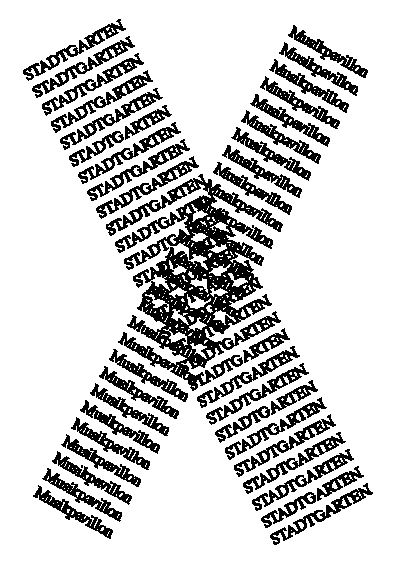
Jacob-Burckhardt-Straße/Leopoldring
Open all day
Map
DELPHI_space/außenstelle
Hemansingh Lutchmun, Medienwerkstatt Freiburg, Maria Toumazou
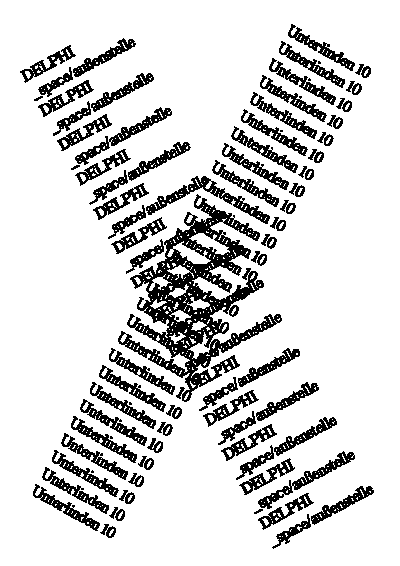
Unterlinden 10
Thu–Sun 2–8 p.m.
Map
Klarastraße
somebody*ies (Anna Byskov, Christina Krys Huber, Hannah Kindler, Stella Meris, Nika Timashkova)
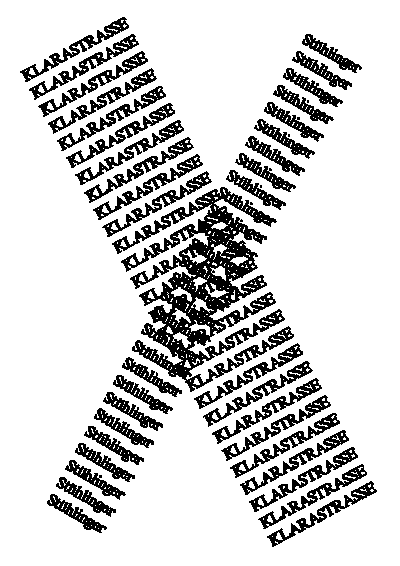
Klarastraße 62, 70, 76, 80
Open all day, indoor spaces with individual opening hours
Map
Seepark
Maryam Ghasemi, Rebecca Grundmann, lo.me, Medienwerkstatt Freiburg, Phung-Tien Phan, Yong Xiang Li & François Pisapia
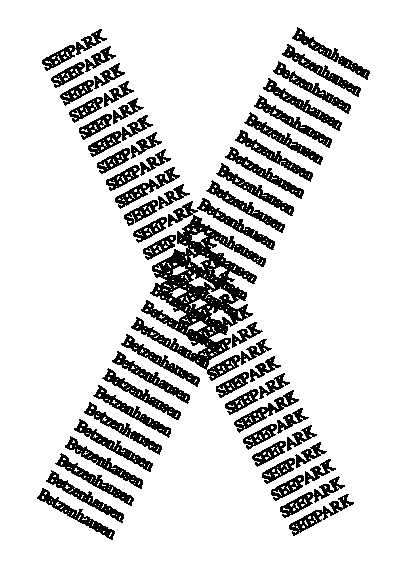
Townhouse, Lawn/Viewing Platform, Forrester’s Lodge, Peninsula
Open all day
Map
Ferdinand-Weiß-Straße
Finnegan Shannon
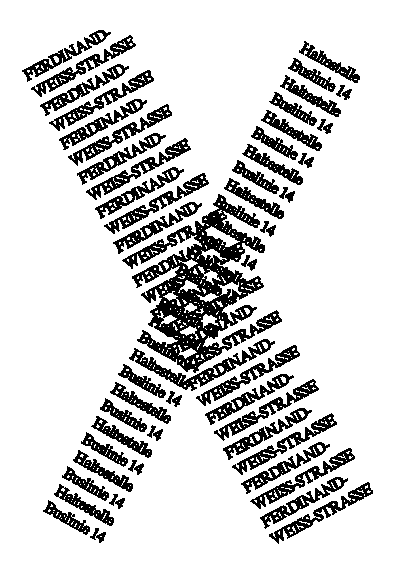
Bus station, bus no. 14, direction: Hauptbahnhof
On view July 21–31, 2023
Open throughout
Map
Nervous Infrastructures, Acts of Resistance
08.07.2023

With Alejandra Coz Rosenfeld, Paula Kommoss, Joe Namy, Dr. Kathrin Rottmann, Dr. des. José B. Segebre, Polina Stohnushko, and Prof. Dr. Stephan Trüby
… MoreNervous Infrastructures, Acts of Resistance
08.07.2023
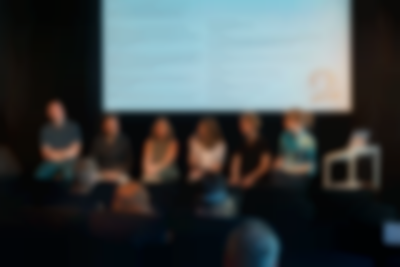
F.l.t.r.: Joe Namy, José B. Segebre, Alejandra Coz Rosenfeld, Paula Kommoss, Polina Stohnushko, and Kathrin Rottmann, Photo: Sévérine Kpoti, © Biennale für Freiburg 2
SYMPOSIUM:
NERVOUS INFRASTRUCTURES, ACTS OF RESISTANCE
Date: July 8, 2023, 10 a.m.–5 p.m.
Location: Kommunales Kino, Urachstraße 40, 79102 Freiburg
With Alejandra Coz Rosenfeld, Paula Kommoss, Joe Namy, Dr. Kathrin Rottmann, Dr. des. José B. Segebre, Polina Stohnushko, and Prof. Dr. Stephan Trüby.
Infrastructures are more than just the foundations of our day-to-day lives; they set the parameters for how daily life takes place. Within them, a dispositif materializes that is determined by principles such as efficiency, development, and growth. Written and unwritten rules shape our perception, regulate our behavior, and guide our movements. As the central nervous system of a society, infrastructures unite the flows of traffic and information, the circulation of goods, people, and data.
Social life takes place within and upon them—but not without irregularities, fluctuations, and frictions. In this way, infrastructures like the street also provide the framework for individual and collective actions. A minimal intervention can have a maximal impact: Bodies join together, stop, make a statement, and interrupt the smooth functioning of normativity. Spontaneous or planned, a counter-public is formed that gives rise to a new space: A space for acts of resistance and solidarity.
At the NERVOUS INFRASTRUCTURES, ACTS OF RESISTANCE symposium, the Biennale für Freiburg 2 invited to trace the different conditions and spaces of action within the street as infrastructure. The invited speakers focused on different layers of meaning spanning architecture, sociology, activism, and artistic appropriation.
Many thanks to the team of the Kommunale Kino, especially Neriman Bayram (Artistic Director, Kommunales Kino) and Bertram Karthäuser for hosting the symposium and their support!
To see this embedded content, you must accept the use
of content-related third party cookies.
Welcome by Neriman Bayram (Artistic Director, Kommunales Kino) (in German)
To see this embedded content, you must accept the use
of content-related third party cookies.
Introduction by Paula Kommoss (Artistic Director, Biennale für Freiburg 2)
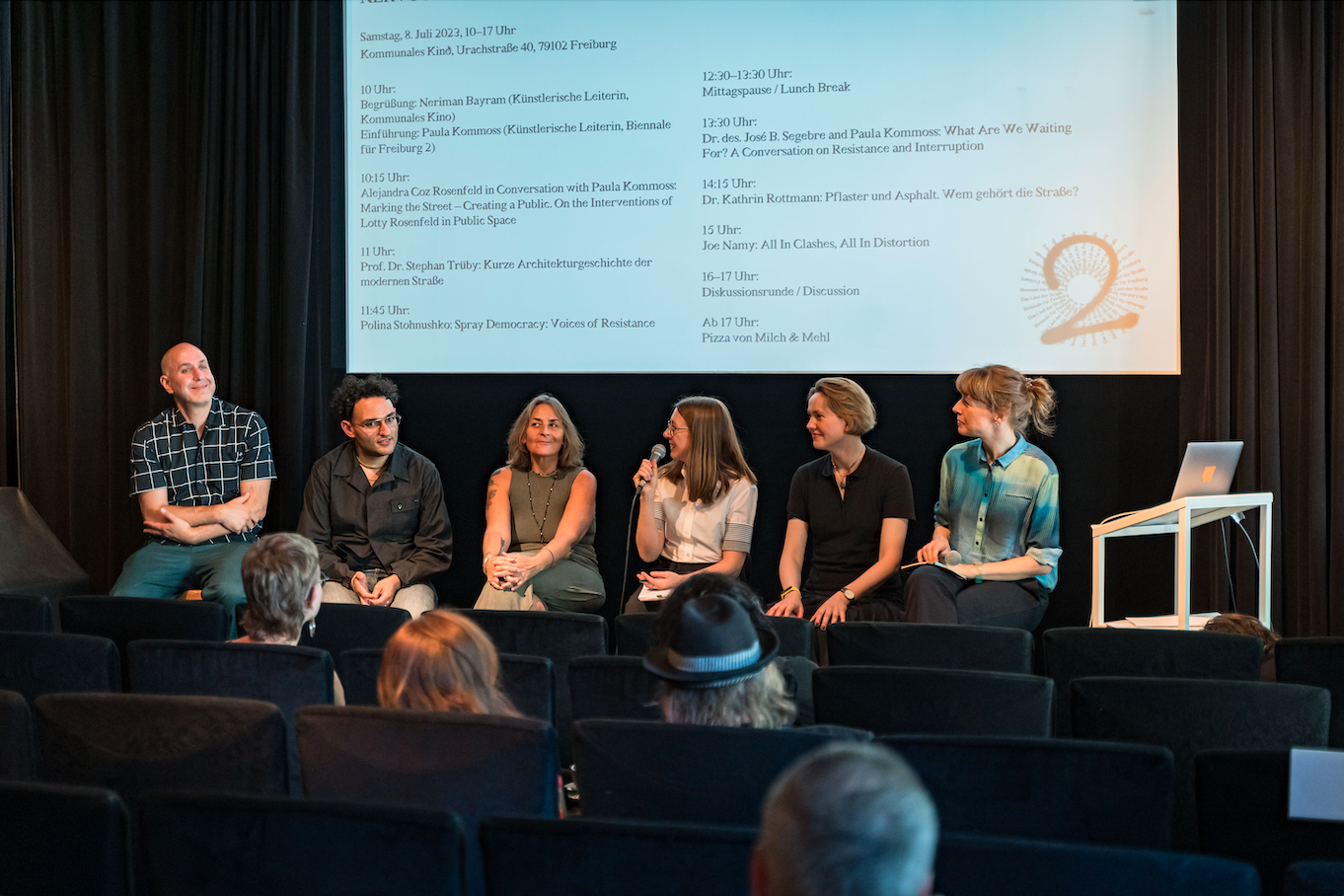

F.l.t.r.: Joe Namy, José B. Segebre, Alejandra Coz Rosenfeld, Paula Kommoss, Polina Stohnushko, and Kathrin Rottmann, Photo: Sévérine Kpoti, © Biennale für Freiburg 2
MARKING THE STREET—CREATING A PUBLIC. ON THE INTERVENTIONS OF LOTTY ROSENFELD IN PUBLIC SPACE
07.07.2023
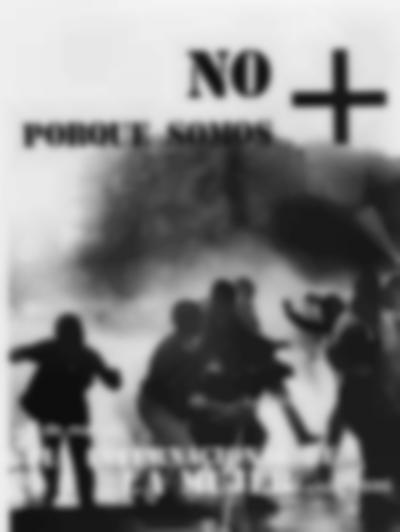
Alejandra Coz Rosenfeld in Conversation with Paula Kommoss
… MoreMARKING THE STREET—CREATING A PUBLIC. ON THE INTERVENTIONS OF LOTTY ROSENFELD IN PUBLIC SPACE
07.07.2023
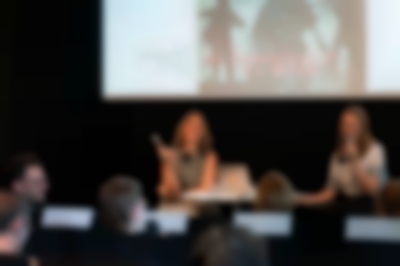
Paula Kommoss and Alejandra Coz Rosenfeld, Photo: Sévérine Kpoti, © Biennale für Freiburg 2
ALEJANDRA COZ ROSENFELD IN CONVERSATION WITH PAULA KOMMOSS:
MARKING THE STREET – CREATING A PUBLIC. ON THE INTERVENTIONS OF LOTTY ROSENFELD IN PUBLIC SPACE
With her actions, the Chilean artist Lotty Rosenfeld (1943–2020) intervened directly on the street. She placed markings that interrupted the flow of traffic and at the same time created a new, public place. As a founding member of the CADA collective, Rosenfeld expanded the field of intervention with the slogan NO+. Supplemented by individual words and signs, it spread throughout the urban fabric on banners and in demonstrations. Thus, in the midst of the political repression of Pinochet’s military regime, a counter-public was formed.
Alejandra Coz Rosenfeld (b. 1972, CL) is a poet, writer, artist, and astrologer in constant training. She studied Letters and Aesthetics at the Pontificia Universidad Católica de Chile and Art at Palazzo Spinelli, Florence. She has published two collections of poems “Marea baja” (2017) and “La jabalina” (2019) as well as a novel “La lava” (2021). From 1994 to 2020, she worked as a production assistant for her mother, the visual artist Lotty Rosenfeld, and now holds the position of director at the Fundación Lotty Rosenfeld.
To see this embedded content, you must accept the use
of content-related third party cookies.
Alejandra Coz Rosenfeld in Conversation with Paula Kommoss: Marking the Street – Creating a Public. On the Interventions of Lotty Rosenfeld in Public Space
SYMPOSIUM:
NERVOUS INFRASTRUCTURES, ACTS OF RESISTANCE
Date: July 8, 2023, 10 a.m.–5 p.m.
Location: Kommunales Kino, Urachstraße 40, 79102 Freiburg
With Alejandra Coz Rosenfeld, Paula Kommoss, Joe Namy, Dr. Kathrin Rottmann, Dr. des. José B. Segebre, Polina Stohnushko, and Prof. Dr. Stephan Trüby.
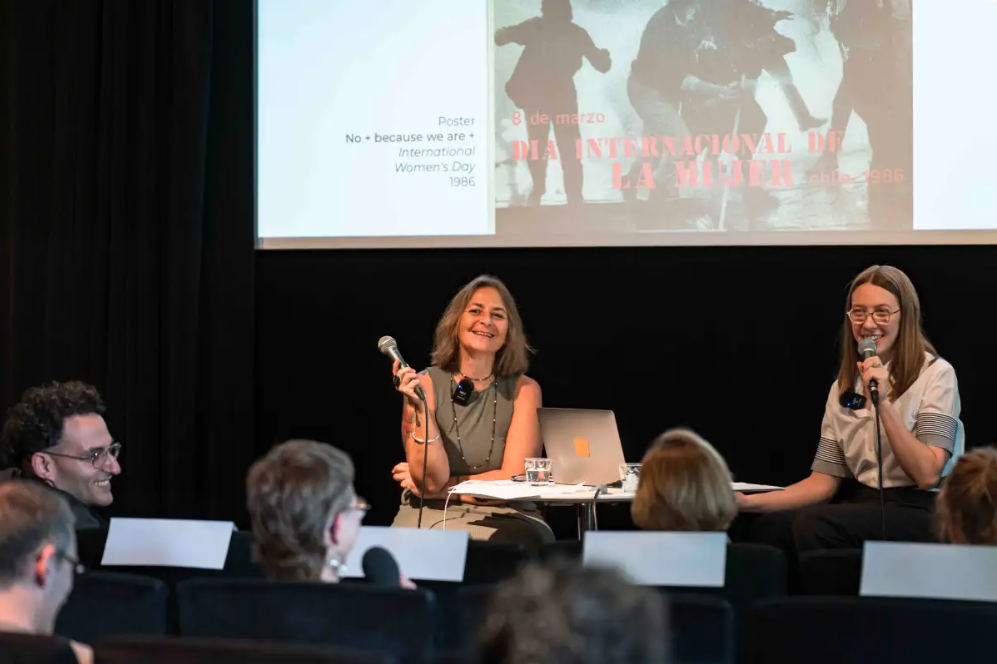

Paula Kommoss and Alejandra Coz Rosenfeld, Photo: Sévérine Kpoti, © Biennale für Freiburg 2
Spray Democracy: Voices of Resistance
06.07.2023
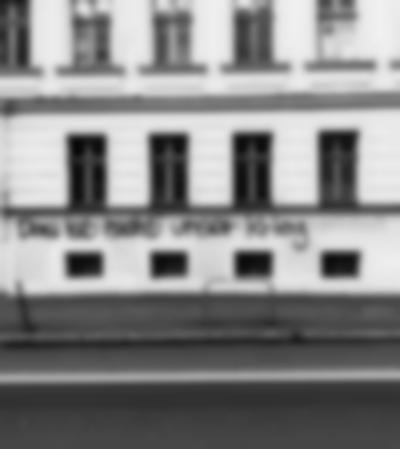
Polina Stohnushko
… MoreSpray Democracy: Voices of Resistance
06.07.2023
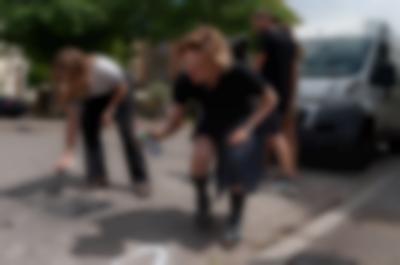
Action with chalk spray, Photo: Sévérine Kpoti, © Biennale für Freiburg 2
POLINA STOHNUSHKO:
SPRAY DEMOCRACY: VOICES OF RESISTANCE
Drawing upon analysis of socially and politically themed graffiti in Berlin, this talk will examine how graffiti can transform walls into platforms of communication, resistance, and solidarity. The discussion will delve into the emergence of the anti-solidarity graffiti campaign “DAS IST NICHT UNSER KRIEG” (English: “THIS IS NOT OUR WAR”) in Berlin—examining its impact on public opinion and group solidarity amidst the Russian invasion of Ukraine.
Polina Stohnushko (b. 1994, UA) is a graffiti researcher based in Berlin and Friedrich-Ebert-Stiftung PhD Scholar at the University of Passau. She was a DAAD scholarship holder at the University of Tübingen (2017–2019) and engages in politically and socially motivated urban interventions alongside her academic work. Stohnushko’s publications include “‘Das ist unser Krieg.’ Anti-Ukraine-Graffiti in Berlin” (2023) and “Dove of Peace – Pigeon of War” (2022).
To see this embedded content, you must accept the use
of content-related third party cookies.
Polina Stohnushko: Spray Democracy: Voices of Resistance
SYMPOSIUM:
NERVOUS INFRASTRUCTURES, ACTS OF RESISTANCE
Date: July 8, 2023, 10 a.m.–5 p.m.
Location: Kommunales Kino, Urachstraße 40, 79102 Freiburg
With Alejandra Coz Rosenfeld, Paula Kommoss, Joe Namy, Dr. Kathrin Rottmann, Dr. des. José B. Segebre, Polina Stohnushko, and Prof. Dr. Stephan Trüby.
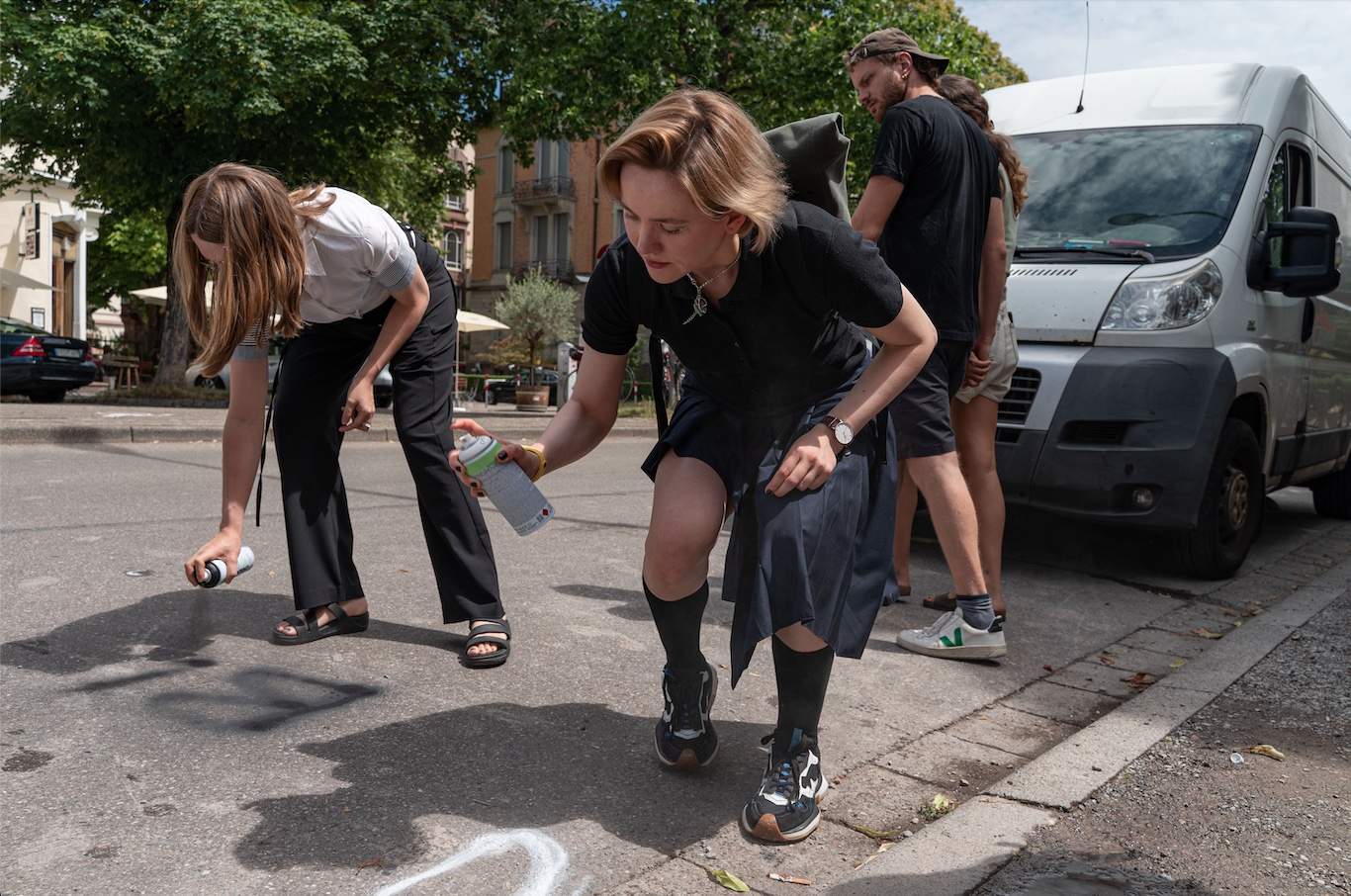

Action with chalk spray, Photo: Sévérine Kpoti, © Biennale für Freiburg 2
What Are We Waiting For? A Conversation on Resistance and Interruption
05.07.2023
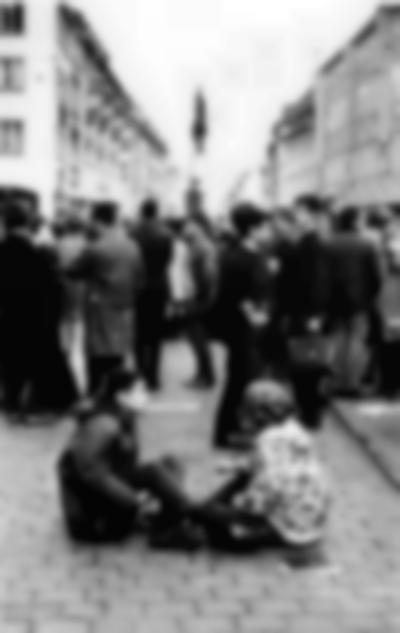
Dr. des. José B. Segebre and Paula Kommoss
… MoreWhat Are We Waiting For? A Conversation on Resistance and Interruption
05.07.2023
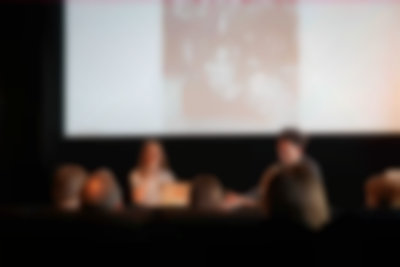
Paula Kommoss and José B. Segebre, in the background: Photo of the public action “Gleich wird’s Grün!”, Photo: Sévérine Kpoti, © Biennale für Freiburg 2
WHAT ARE WE WAITING FOR? A CONVERSATION ON RESISTANCE AND INTERRUPTION
DR. DES. JOSÉ B. SEGEBRE AND PAULA KOMMOSS
Interruptions make us wait. For the most part, interruptions in our daily lives and waiting are perceived as delays. But don’t these negatively connoted experiences also conceal the possibility that everything will be different? From this perspective, interruptions and the resulting waiting experiences exhibit a resilience. With a focus on contemporary art and based on the curatorial concept of the Biennale for Freiburg 2, José B. Segebre and Paula Kommoss talk about the implicit and explicit parameters of waiting and interruption, as well as their potential for resistance as aesthetic experiences and artistic strategies.
José Segebre (b. 1987, MX/HN) works in Berlin as a writer and theorist. His doctoral dissertation on “The Time of Waiting” explores aesthetic experience and unfreedom in contemporary art, with a focus on critical, queer, feminist, and decolonial theories. Since 2019, he has co-curated the film series “Full Moon Screenings” with artist François Pisapia. He also writes fiction, exhibition, and catalog texts that have been published in the journals of the Association of Historians of American Art (AHA) and the College Art Association (CAA), among others.
Paula Kommoss (b. 1989, DE) is a curator and artistic director of the Biennale for Freiburg 2. Her research focuses on theories of the public sphere and the visualization of power dispositives. She has realized numerous exhibitions, founded the exhibition space ELVIRA in 2021, and published the “Städelschule Lectures 1 / 2” (2019 / 2021). As an art historian, she most recently compiled the biographies and exhibition listings as part of the publication “26 Artists. Works from the Zander Collection” (2023). Previously, she worked as a research assistant at the Städelschule and as a curatorial assistant at the German Pavilion of the 57th Biennale di Venezia as well as at the Fridericianum in Kassel.
To see this embedded content, you must accept the use
of content-related third party cookies.
Dr. des. José B. Segebre and Paula Kommoss: What Are We Waiting For? A Conversation on Resistance and Interruption
SYMPOSIUM:
NERVOUS INFRASTRUCTURES, ACTS OF RESISTANCE
Date: July 8, 2023, 10 a.m.–5 p.m.
Location: Kommunales Kino, Urachstraße 40, 79102 Freiburg
With Alejandra Coz Rosenfeld, Paula Kommoss, Joe Namy, Dr. Kathrin Rottmann, Dr. des. José B. Segebre, Polina Stohnushko, and Prof. Dr. Stephan Trüby.
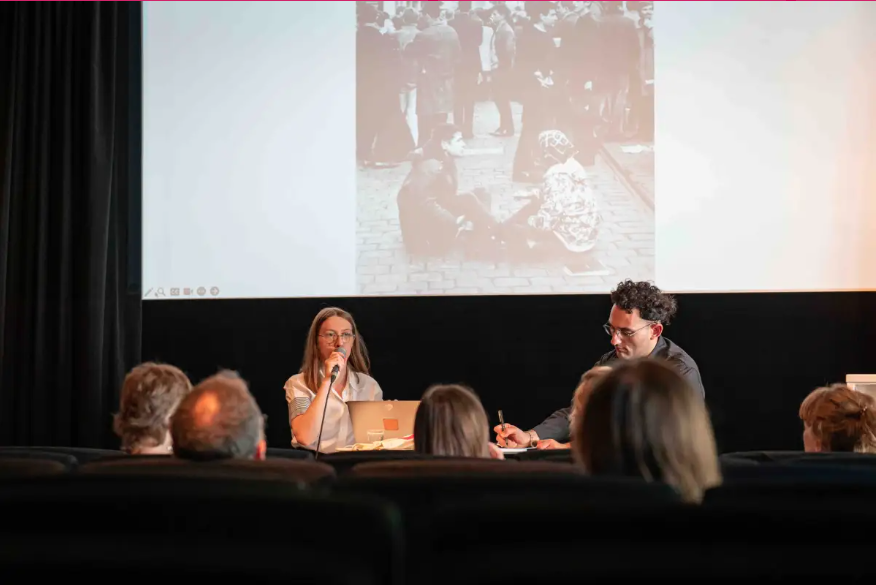

Paula Kommoss and José B. Segebre, in the background: Photo of the public action “Gleich wird’s Grün!”, Photo: Sévérine Kpoti, © Biennale für Freiburg 2
All In Clashes, All In Distortion
04.07.2023
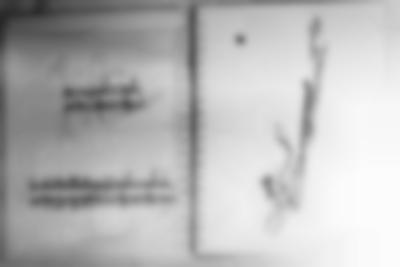
Joe Namy
… MoreAll In Clashes, All In Distortion
04.07.2023
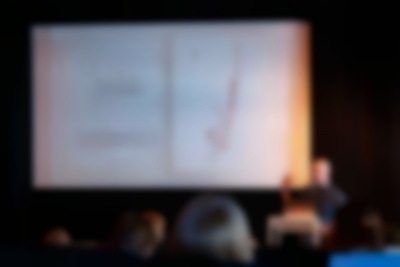
Joe Namy, Photo: Sévérine Kpoti, © Biennale für Freiburg 2
JOE NAMY:
ALL IN CLASHES, ALL IN DISTORTION
Joe Namy (b. 1978, US) is an artist, composer, and educator often working collaboratively through the intersections of sound, video, performance, and sculpture. Their projects focus on the politics of music and organized sound, such as the pageantry and power of opera, the noise laws and gender dynamics of bass, the colors and tones of militarization, the migration patterns of instruments and songs, and the complexities of translation in all this—from language to language, from score to sound, from drum to dance. Joe Namy holds a monthly DJ residency called Rhythm x Rhythm on Radio Alhara, is a Sundance Institute/Time Studios/Kendeda Funds fellow, the artist in residence for the London Borough of Barking & Dagenham, and a PhD researcher at the Ruskin School of Art at Oxford University.
To see this embedded content, you must accept the use
of content-related third party cookies.
Joe Namy: All In Clashes, All In Distortion
SYMPOSIUM:
NERVOUS INFRASTRUCTURES, ACTS OF RESISTANCE
Date: July 8, 2023, 10 a.m.–5 p.m.
Location: Kommunales Kino, Urachstraße 40, 79102 Freiburg
With Alejandra Coz Rosenfeld, Paula Kommoss, Joe Namy, Dr. Kathrin Rottmann, Dr. des. José B. Segebre, Polina Stohnushko, and Prof. Dr. Stephan Trüby.
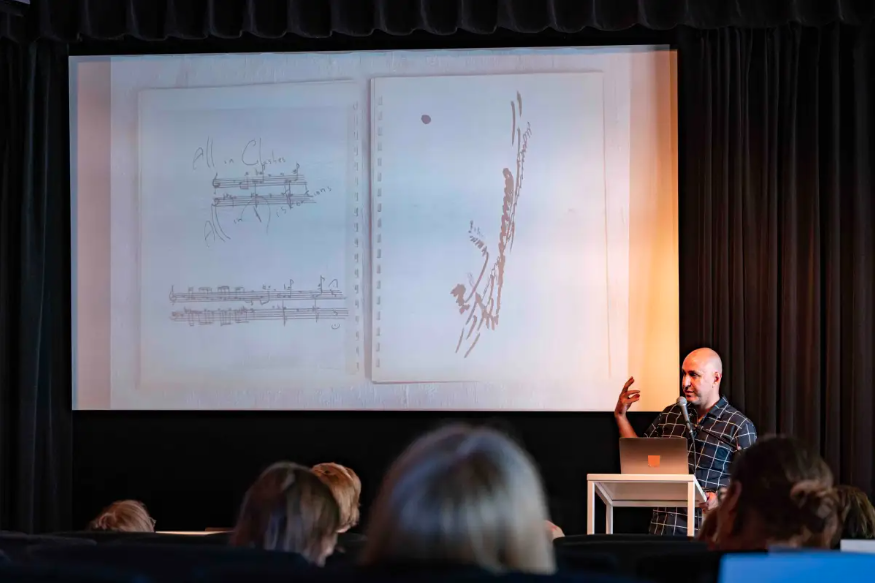

Joe Namy, Photo: Sévérine Kpoti, © Biennale für Freiburg 2

